October 27-29, 2022
Village Church in Beaverton, Oregon, USA
Pass through, pass through the gates!
Prepare the way for the people.
Build up, build up the highway!
Remove the stones.
Raise a banner for the nations.
~ Isaiah 62:10
Worldwide conflicts have forced more than 100 million persons to flee their homes. While more and more forcibly-displaced people seek safety, the COVID-19 pandemic, polarized politics, and the intentional dismantling of refugee and asylum protections have left the Refugee Highway in disrepair. Those who seek safety in North America and those who walk with them bear the emotional and spiritual weight of the past several years’ challenges. Where is hope?
The Christian narrative reminds us how God faithfully makes a way and journeys with the sojourner. For the 2022 RHP North America Roundtable, we took up the Scriptural call to: Build Up the Highway.
Over this three-day, in-person gathering, participants were invited into each of the five movements in Isaiah 62:10. Plenary sessions and table talks provides opportunities for inspiration and equipping. In prayer and worship, we were stretched beyond our comfort zone and strengthened in the hope of Christ. Through interactive sessions and networking, we found companions for the journey and created space to welcome more.
Plenary 1 content:
hosted by RHPNA Leadership Team members Sam Chaise & Shanna Doughty
Worship through Music & Prayer by Doug Holcomb and Adele Lipanda (International Prayer Gathering, Salem Alliance, Oregon)
Heri interviews John Jordan from Village Church about how their church is involved in refugee ministry in the community
Ray Aldred speaks via pre-recorded video
Shanna Doughty (IAFR) shares her story of moving to a rural meatpacking community in Colorado
Worship Leader Bios
-
Doug Holcomb is the Pastor of Refugee Ministries at Salem Alliance Church along with his wife, Anya. Doug and his wife have a deep love for other cultures, a passion for justice, and broad international experience. After working for a relief and development organization in Eastern Europe, the Holcomb's were compelled to respond to the global refugee crisis. They founded Salem For Refugees in 2016, which has now become a refugee resettlement agency through World Relief. Doug also helps lead an International Prayer Gathering that gathers every week with refugees, immigrants and friends from around the world to share a meal, worship and pray together in multiple languages.
-
Adela Lipanda is the Pastor of Multicultural Ministries at Salem Alliance Church. Adela is one sent by God to serve all nations. After living as a refugee in Mozambique for 16 years and serving God there, God sent Adela and her family to Salem, Oregon through the U.S. Refugee Resettlement Program. She has now become an American Citizen. Adela has a deep love and passion to tell people about the Goodness of God. She leads prayer sessions and is part of the Healing Prayer Team at Salem Alliance Church. She is also part of the International Prayer Gathering where she leads worship and prayer for people from many different countries and cultures. She is married to Lipanda and has 7 wonderful children.
Plenary Speaker 1: Ray Aldred
Reverend Doctor Ray Aldred is a husband, father, and grandfather. He was first ordained with the Christian and Missionary Alliance in Canada and now ordained with the Anglican Church of Canada. Ray is Cree from Treaty 8. Born in Northern Alberta, he now resides with his wife Elaine in Richmond, British Columbia. He is the director of the Indigenous Studies Program at the Vancouver School of Theology whose mission is to partner with the Indigenous Church around theological education. Formerly Ray served as the Assistant Professor of Theology at Ambrose Seminary in Calgary, Alberta. He is a former chairperson and board member for Indigenous Pathways. He is former Director for the First Nations Alliance Churches of Canada, now a committee member, where he works to encourage Indigenous churches. Ray also has had the privilege of addressing several college conferences and meetings. Ray’s passion is to help as many as possible hear the gospel in their heart language. Ray and his wife have partnered in ministry helping train people to facilitate support groups for people who have suffered abuse and coordinating Marriage Encounter. Ray and Elaine have four adult children, Jenny, Raymond, Catherine, and Rueben.
Worship & Plenary 1 Photos
Photo credits: James Metelak (Instagram @privetfotog)
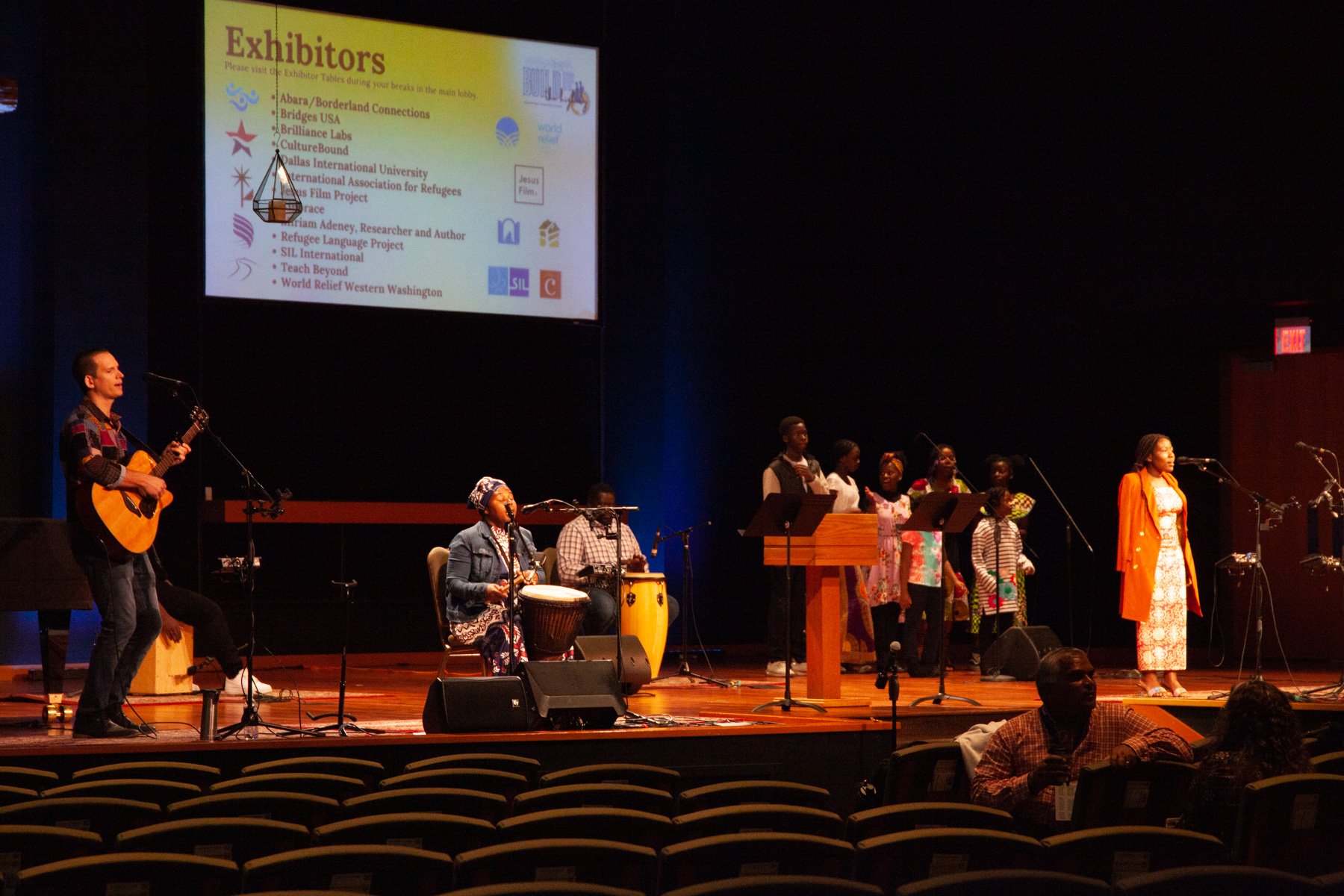
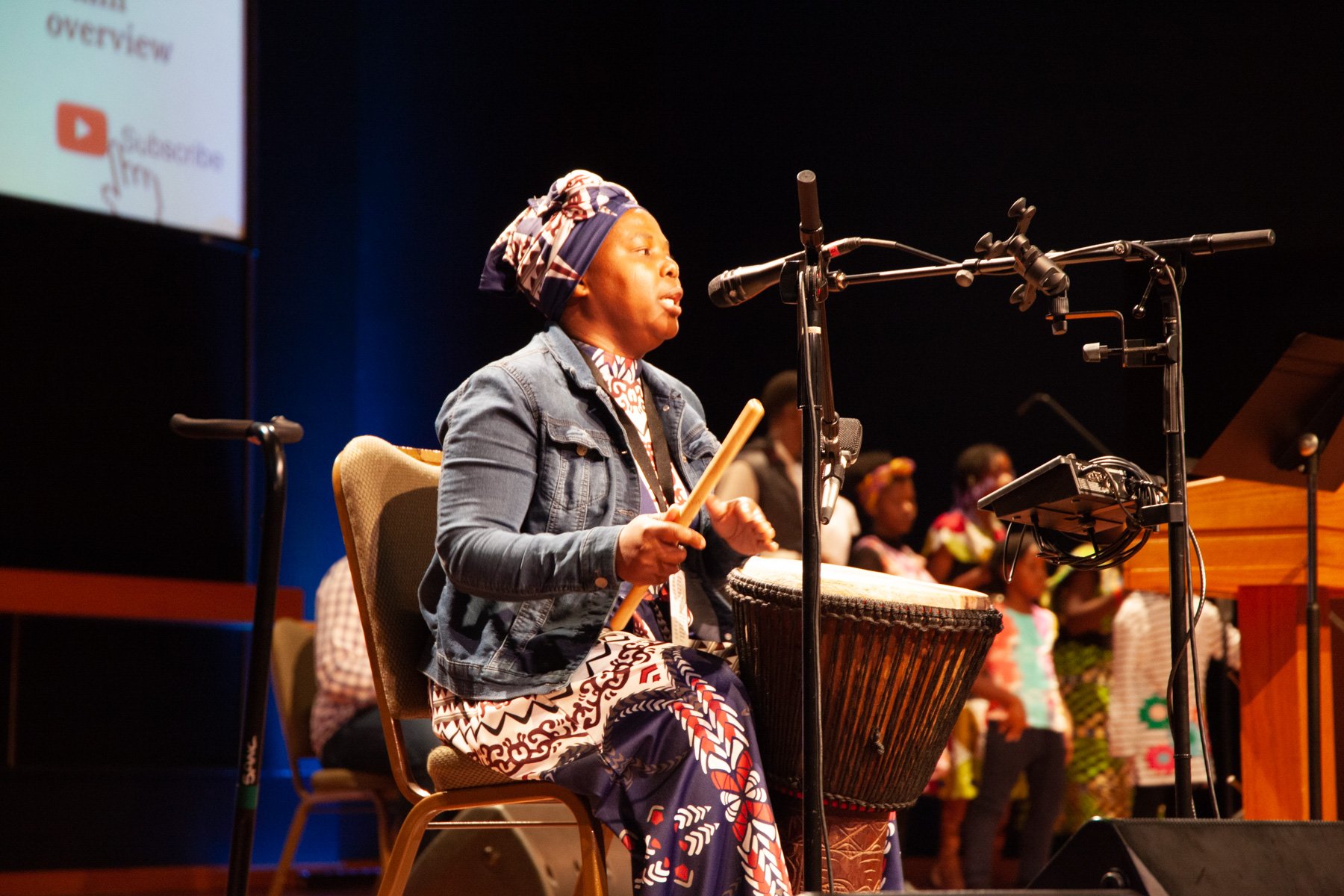
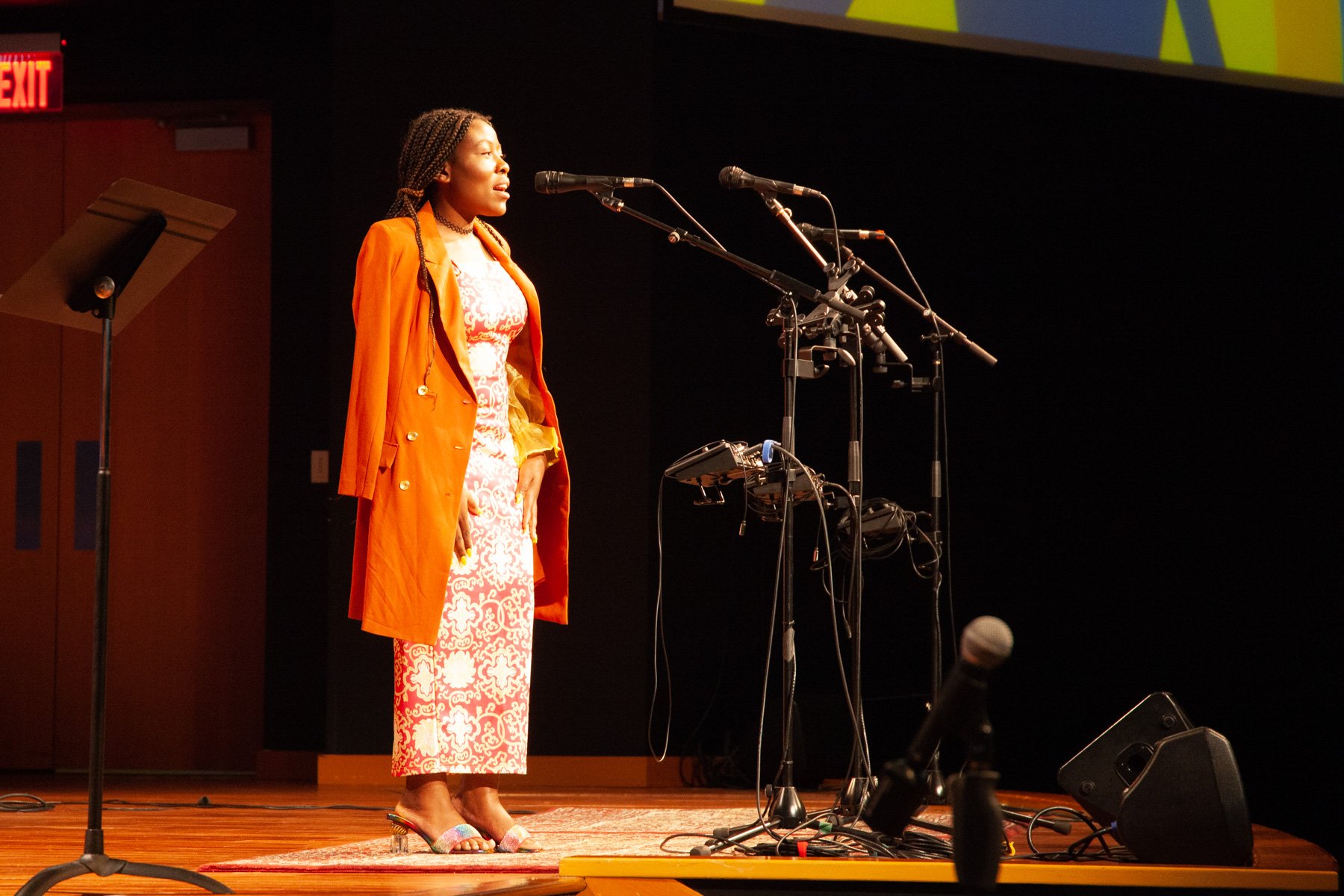
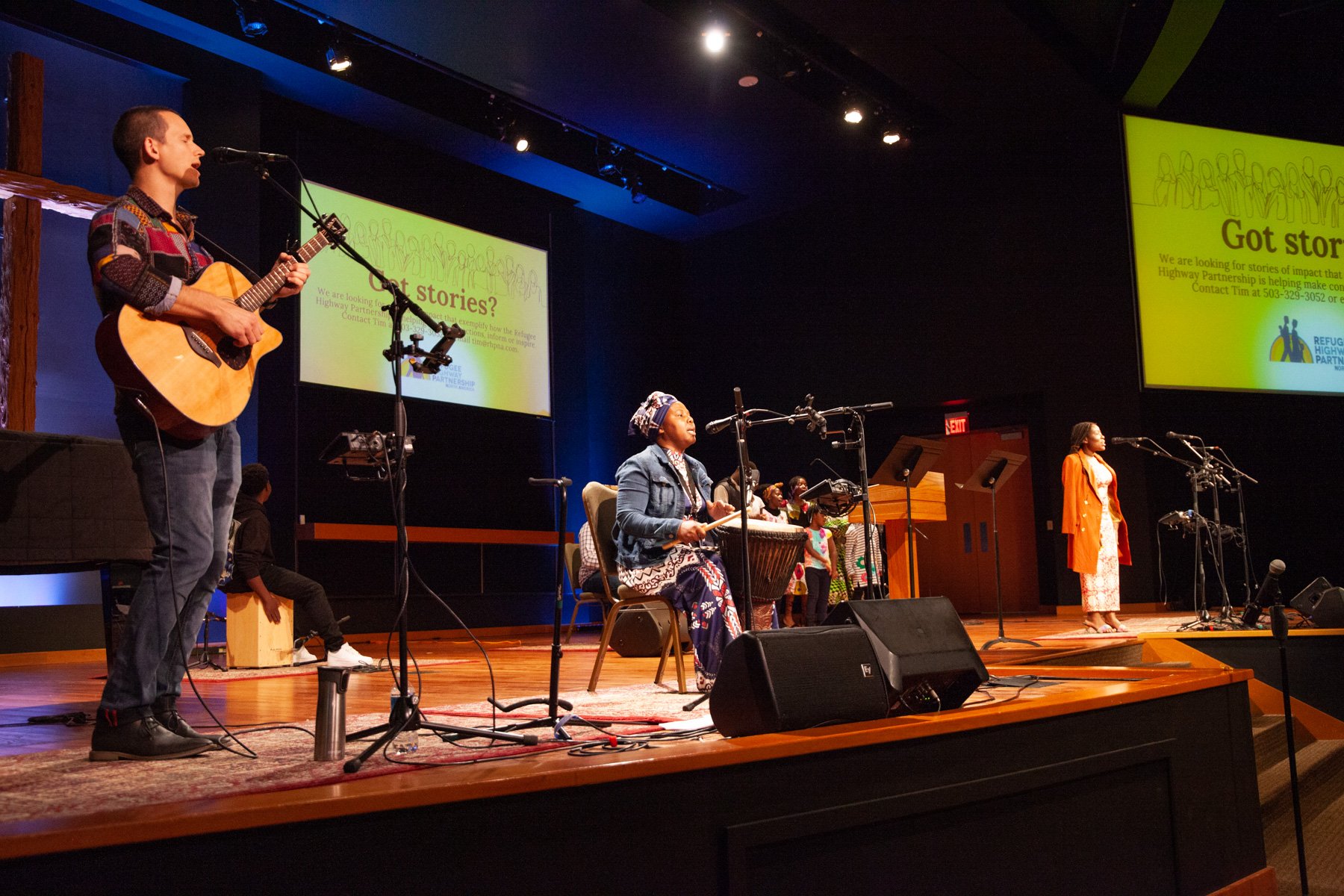
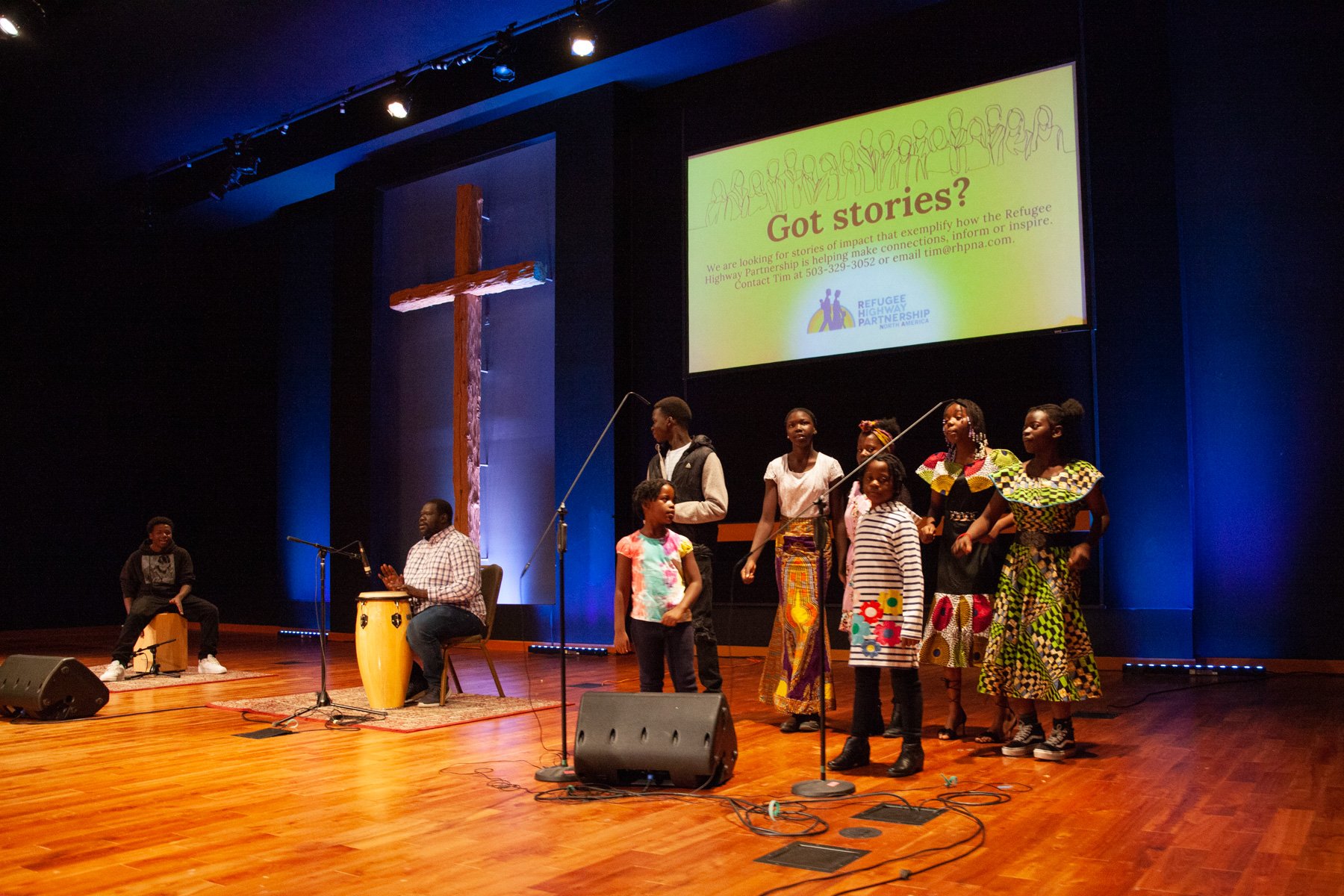

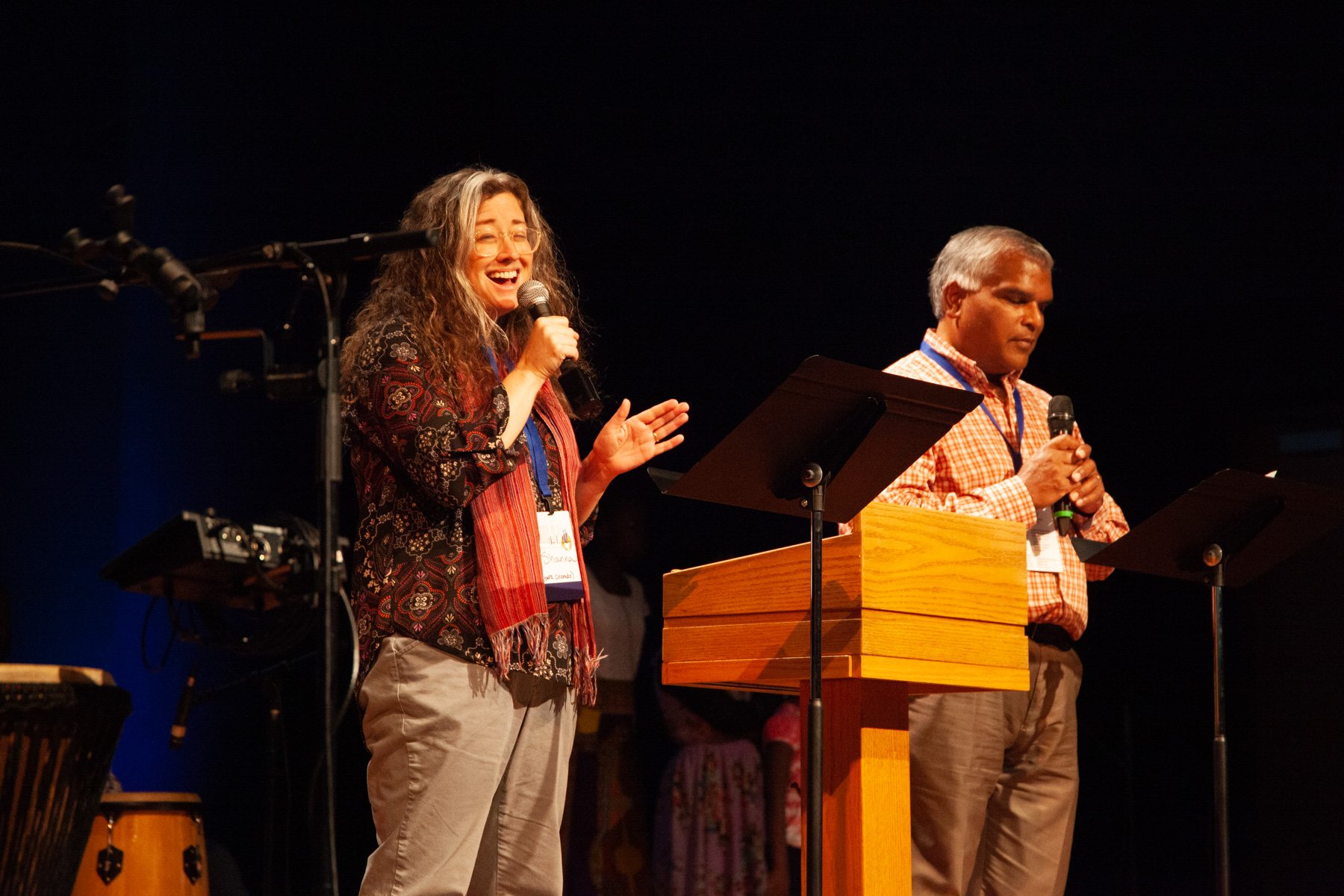

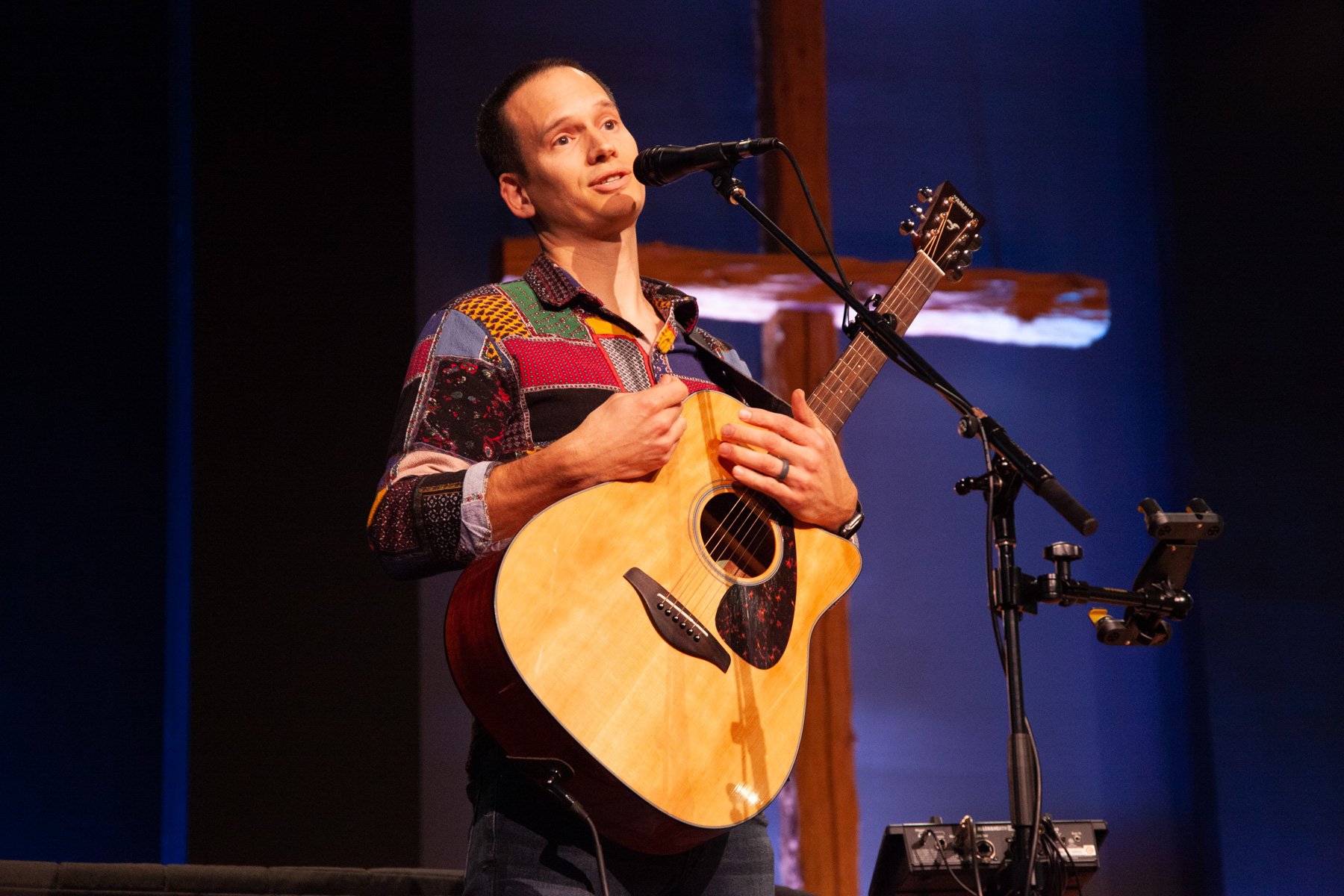
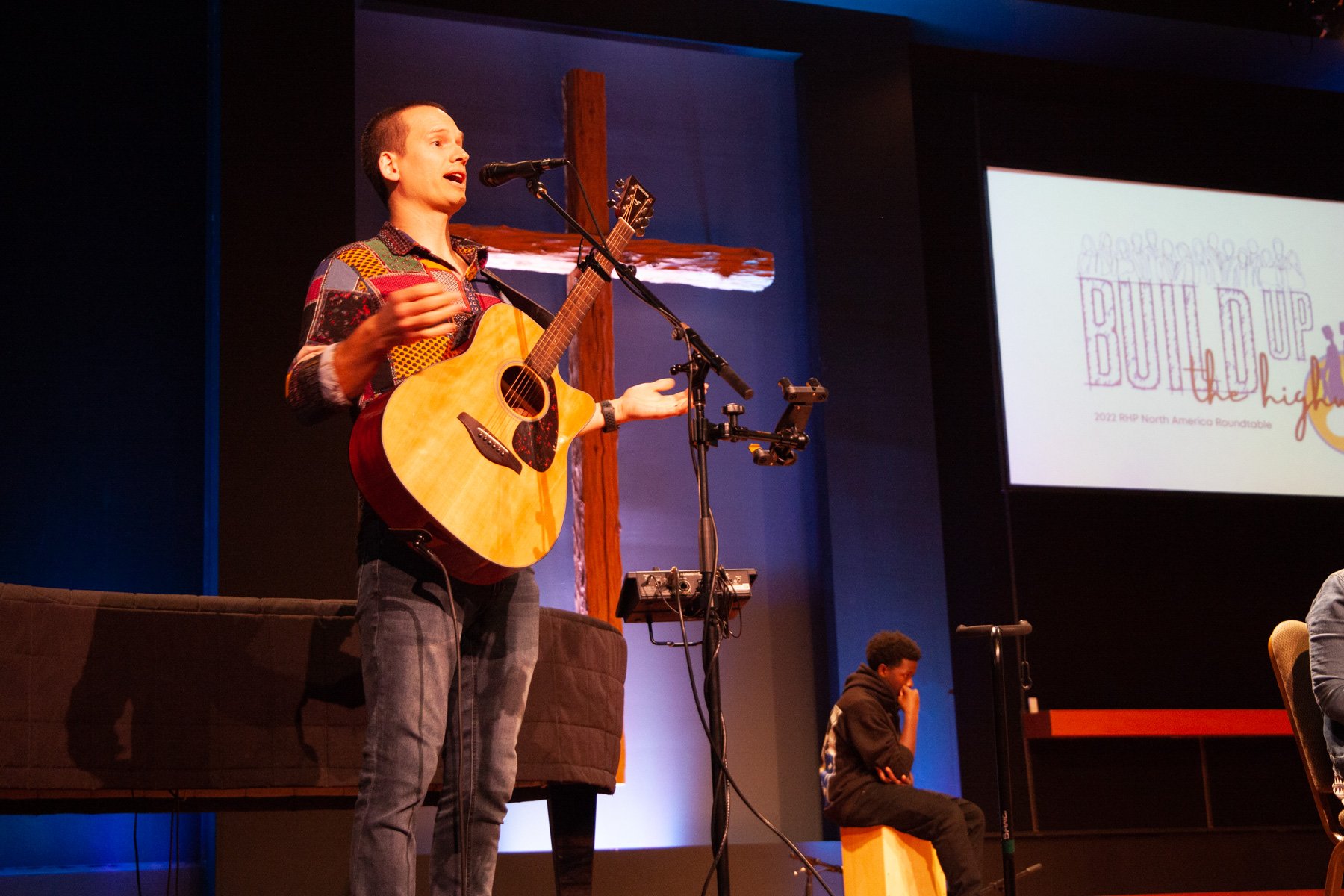


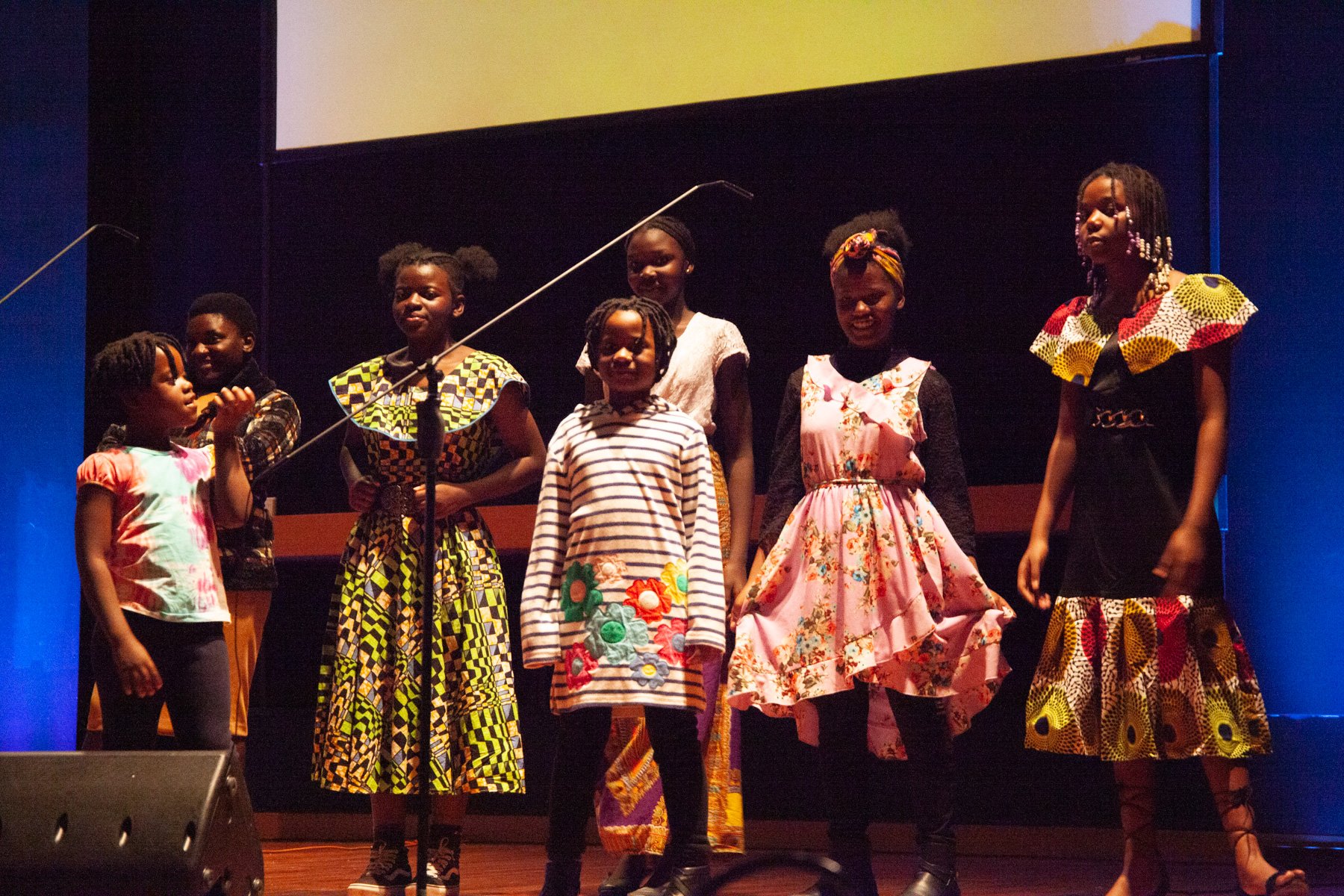
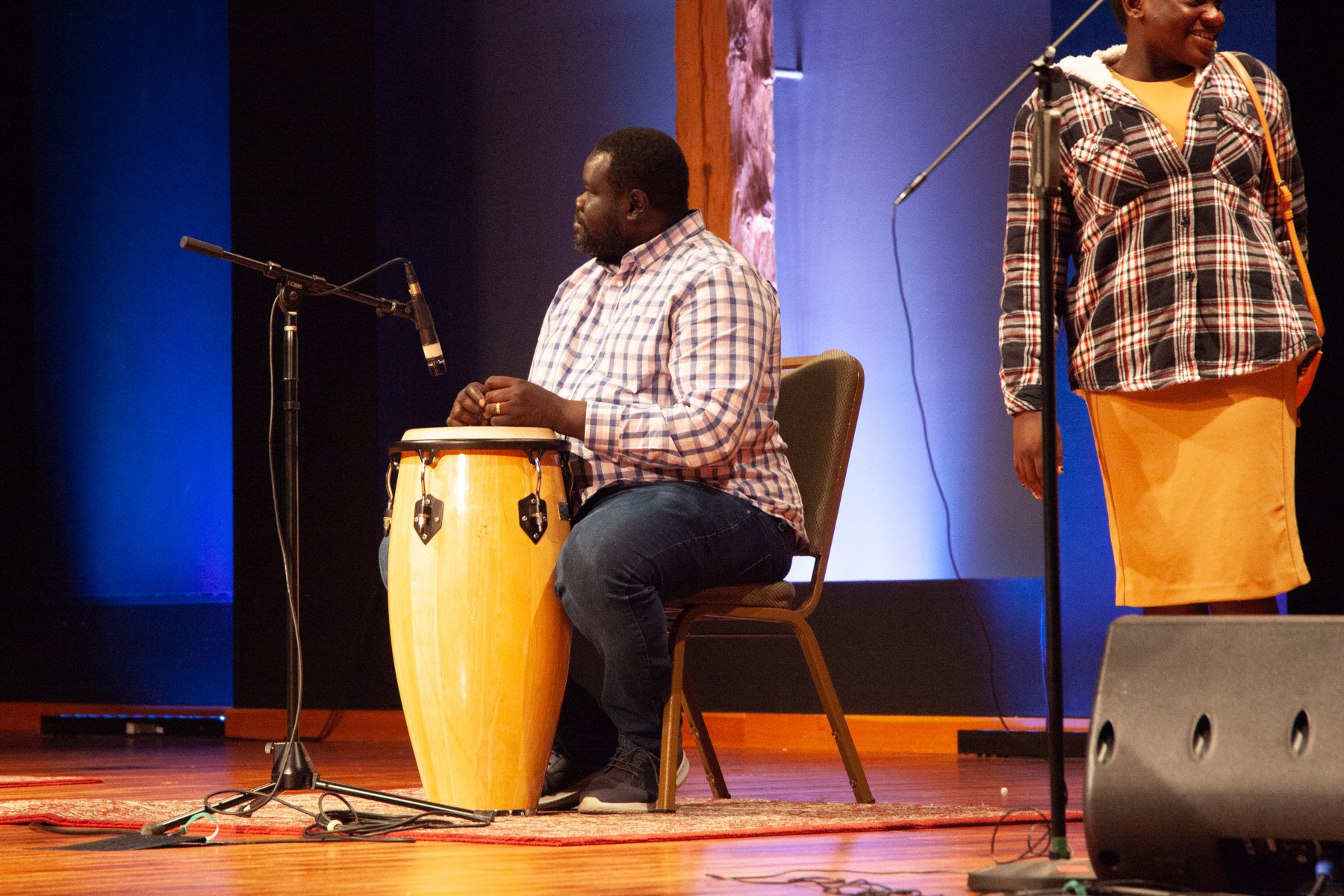
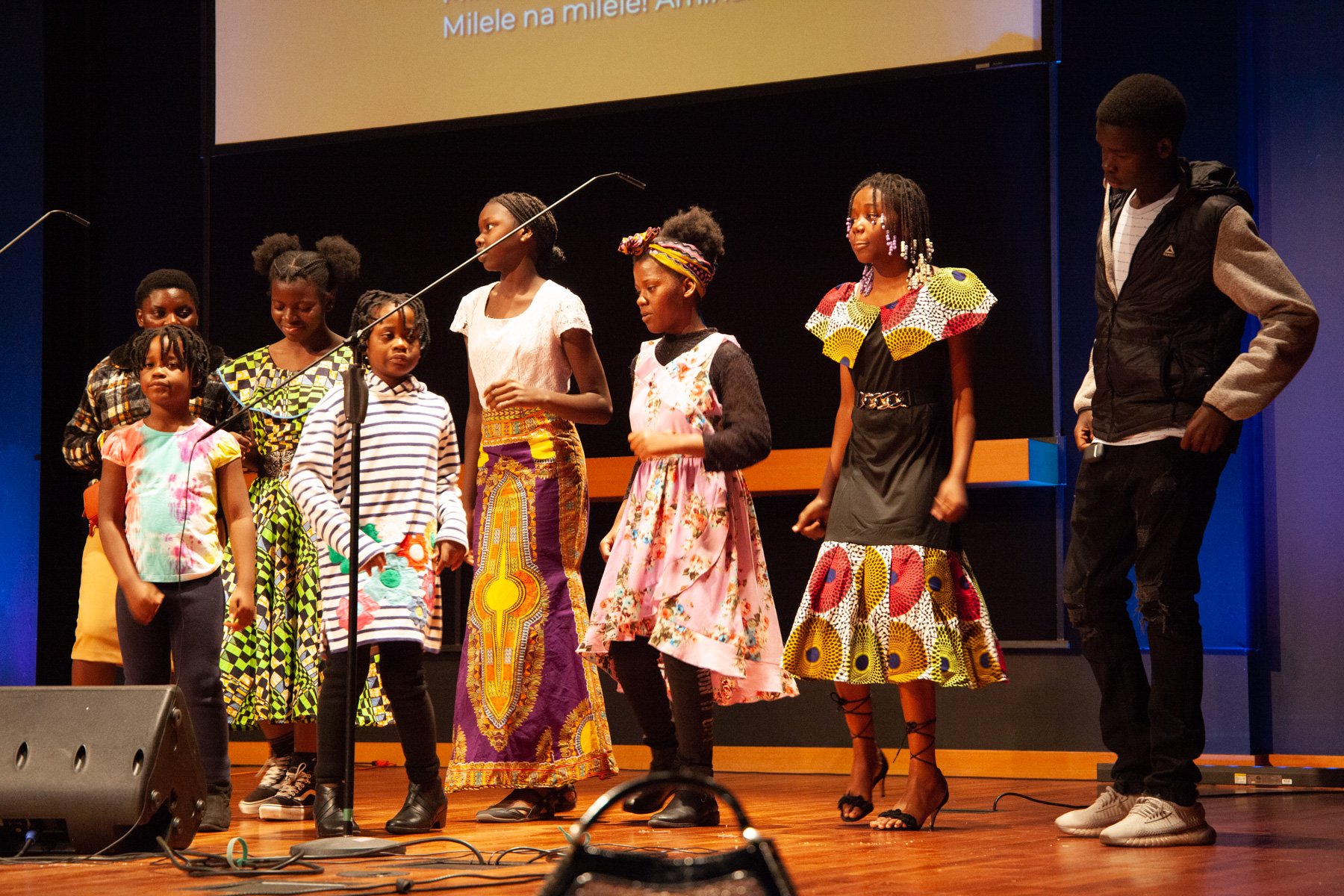
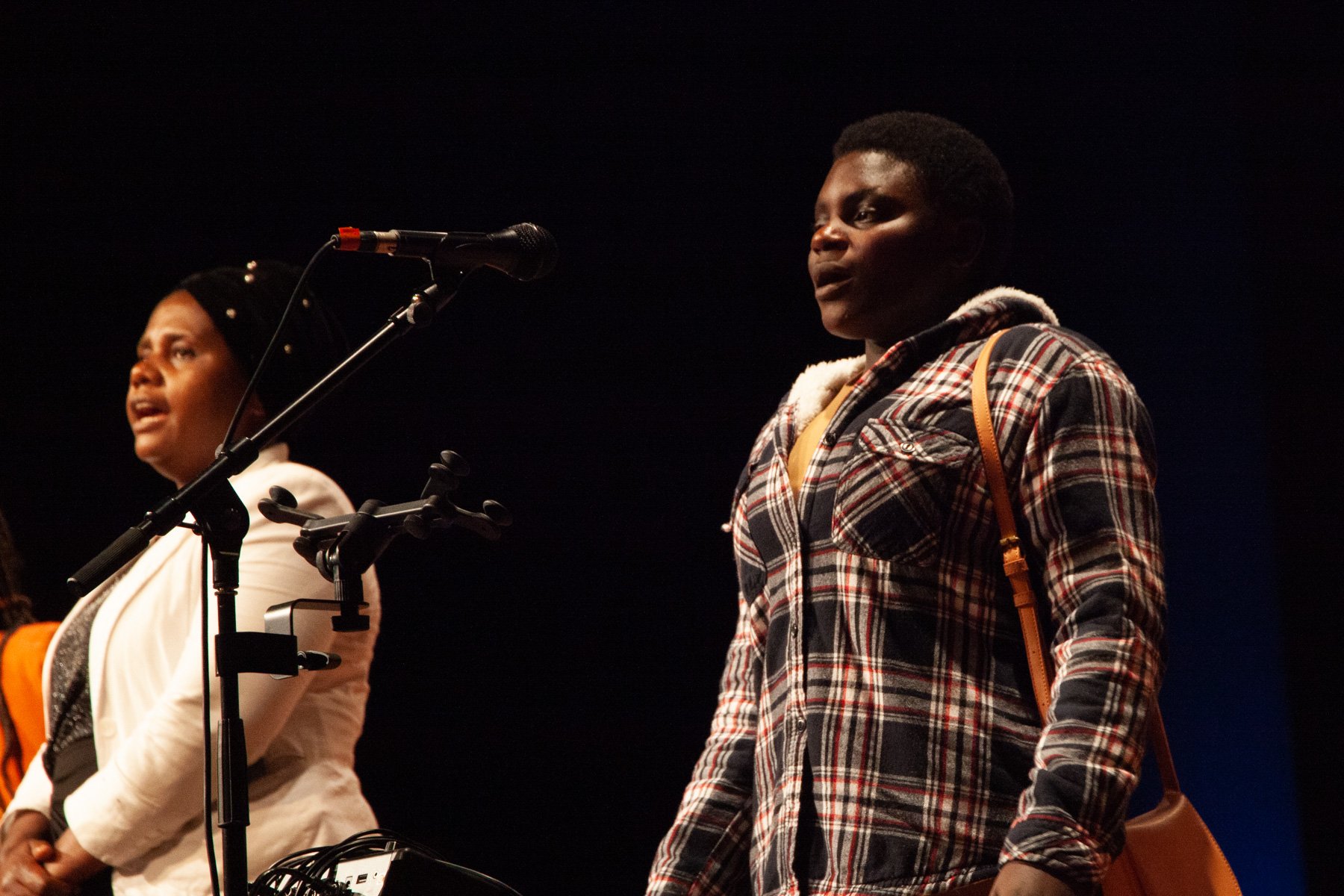
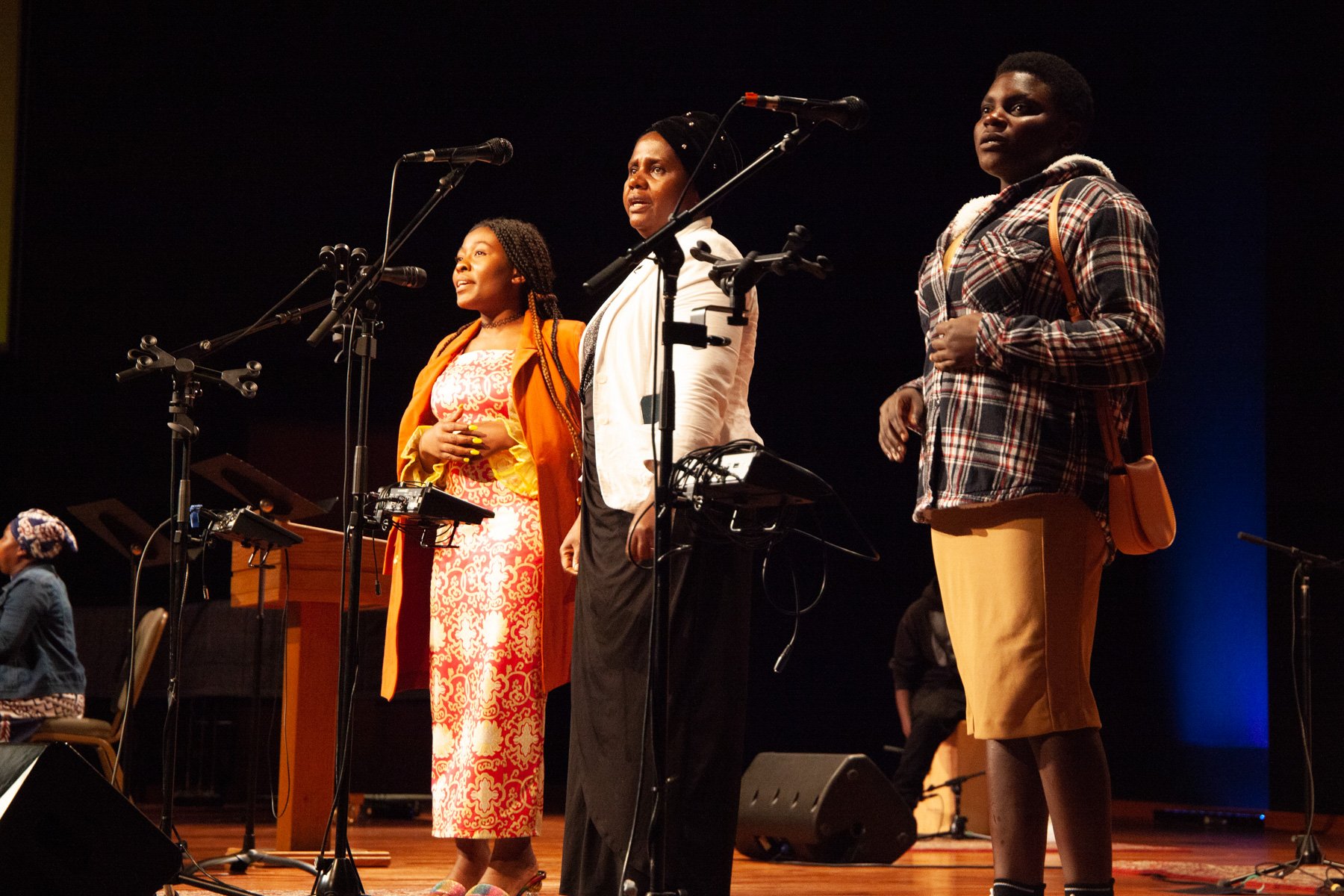


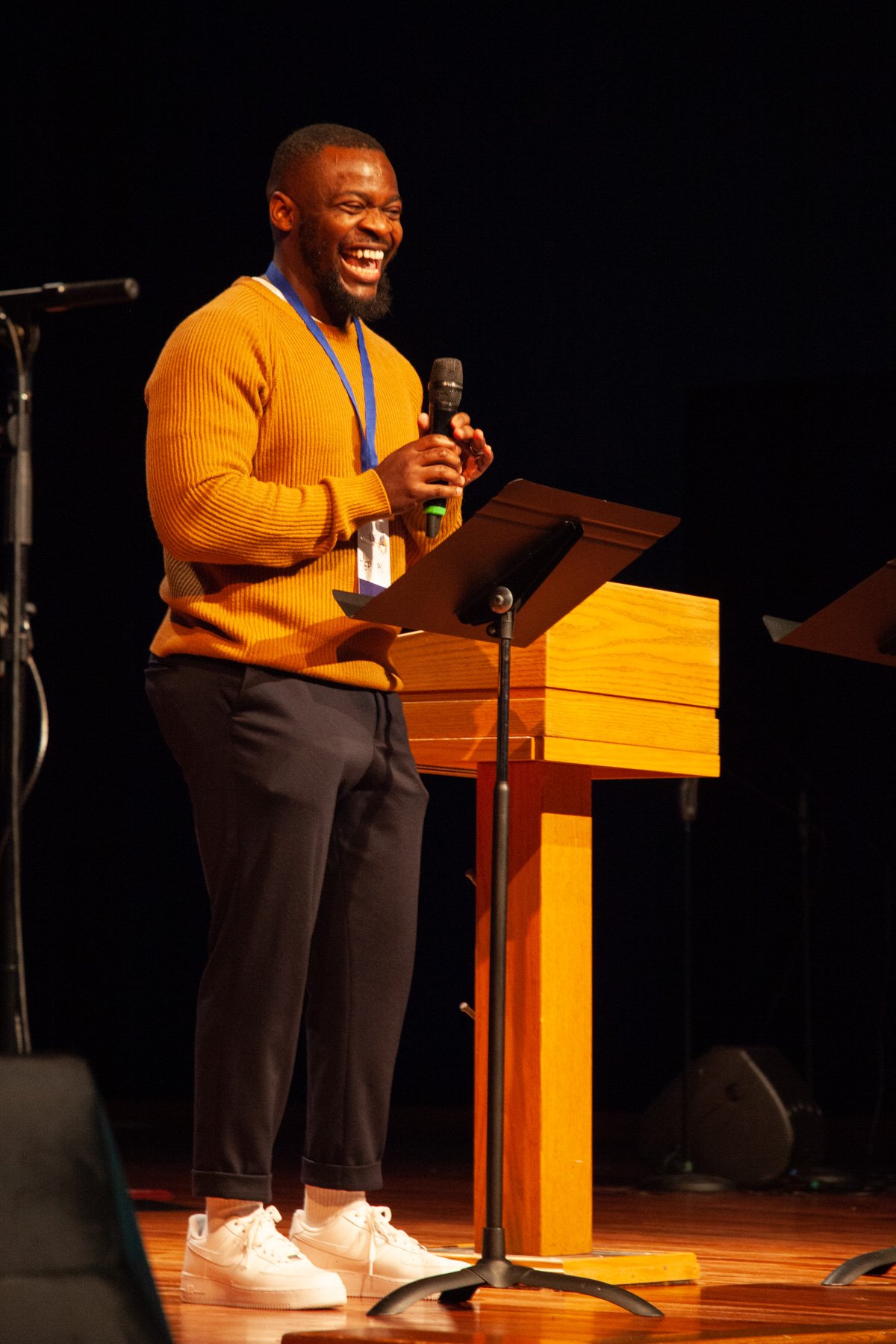
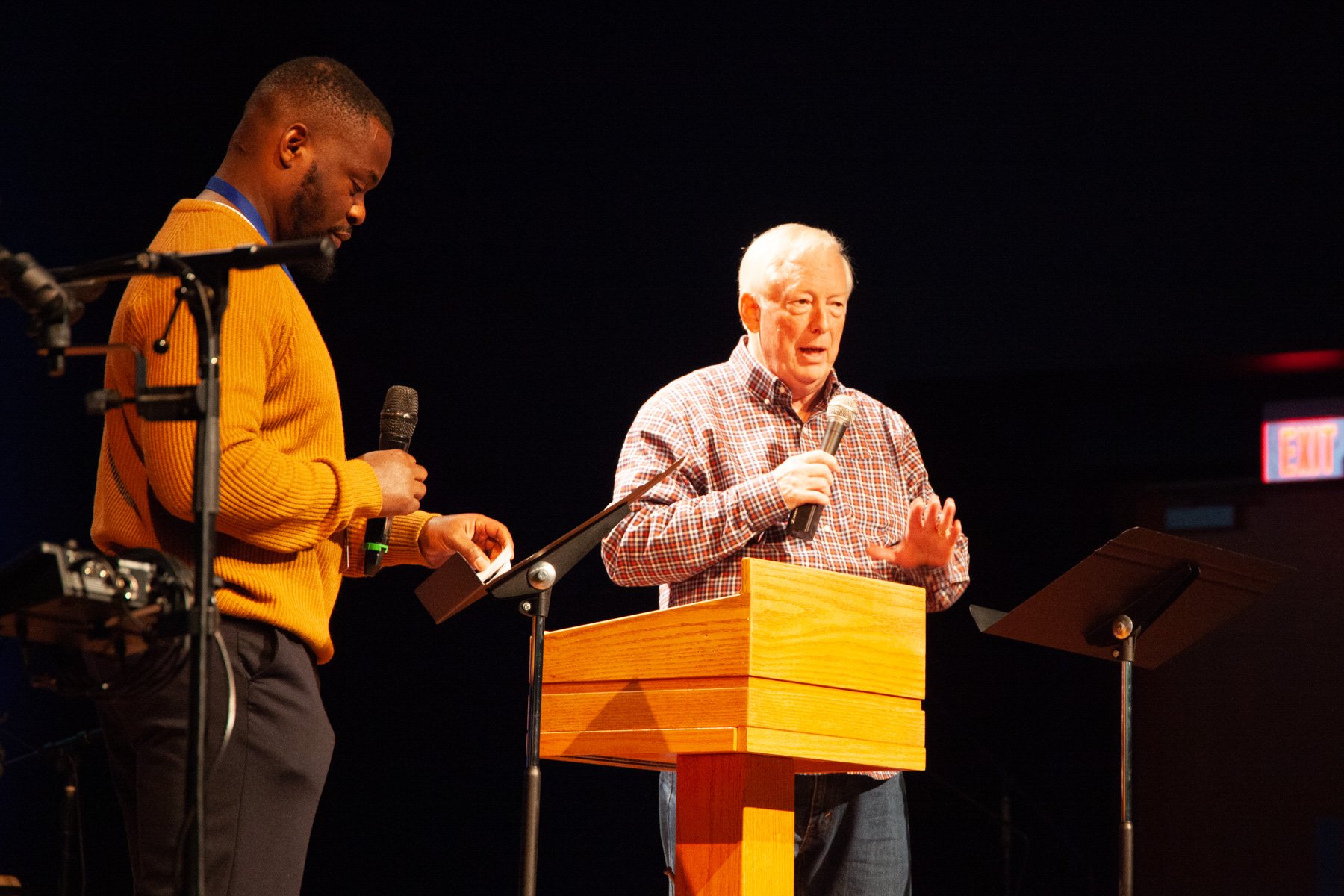
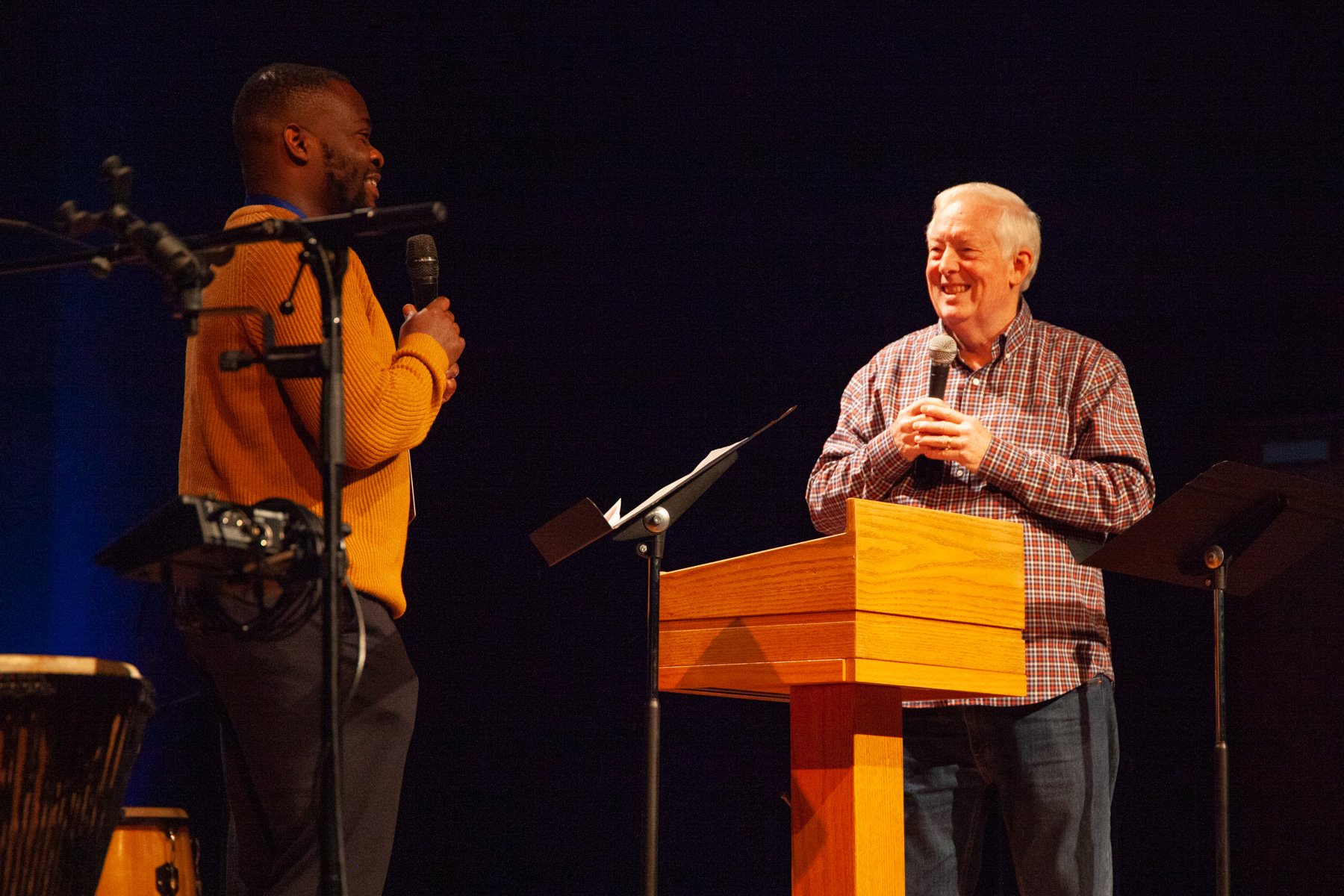
Worship & Plenary 1 Photos
Photo credits: Tim Cowley (Instagram @timcowleypdx)
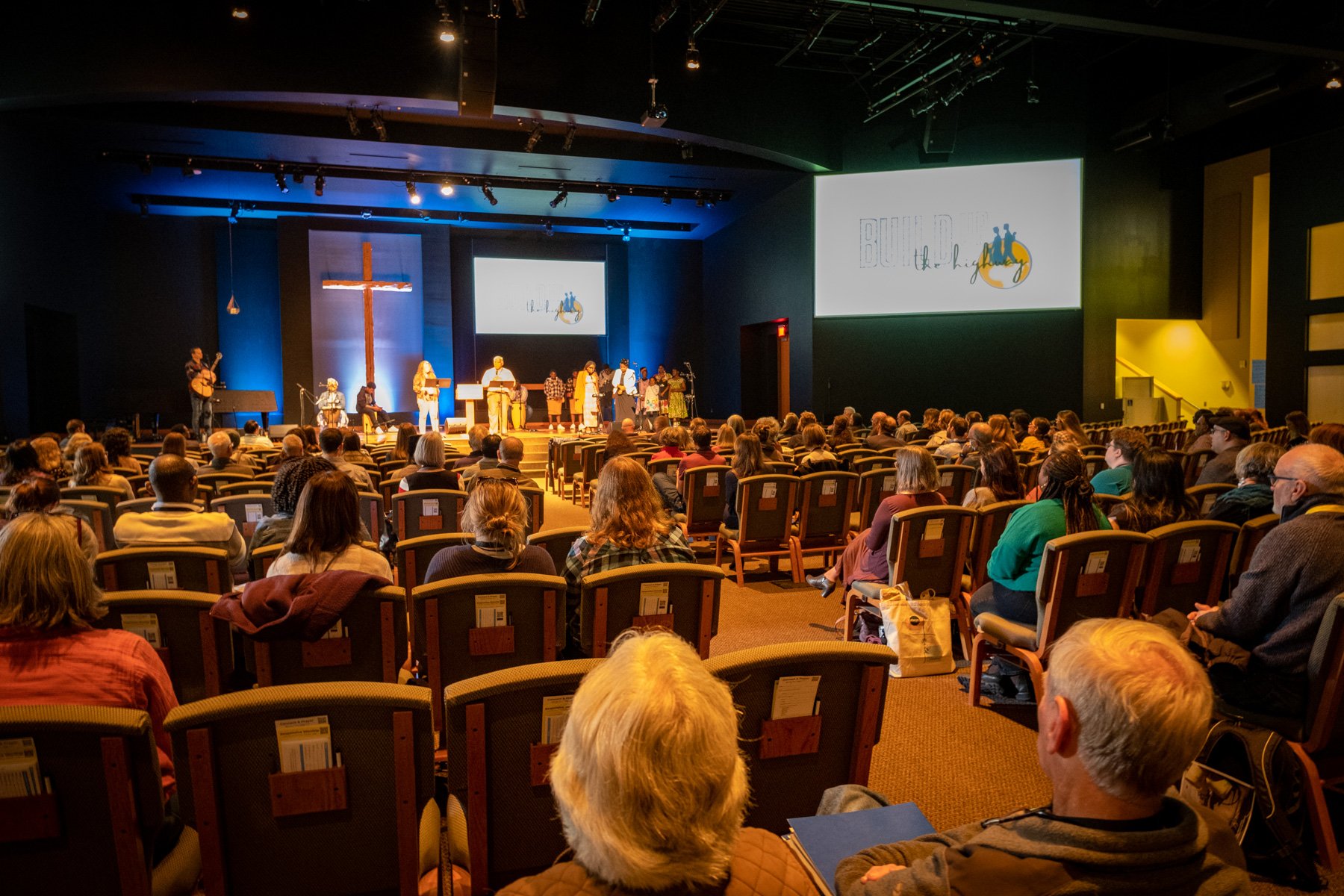
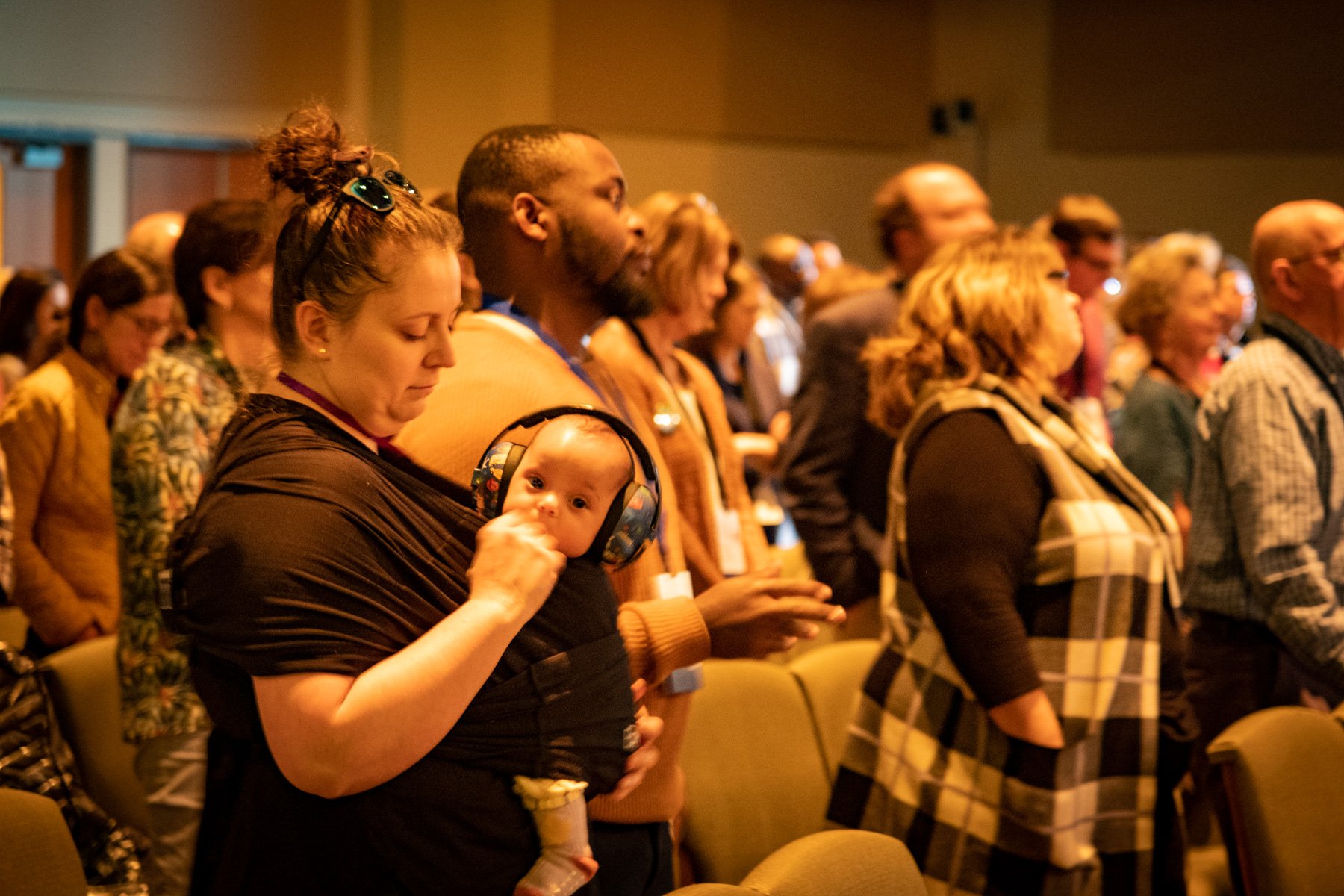
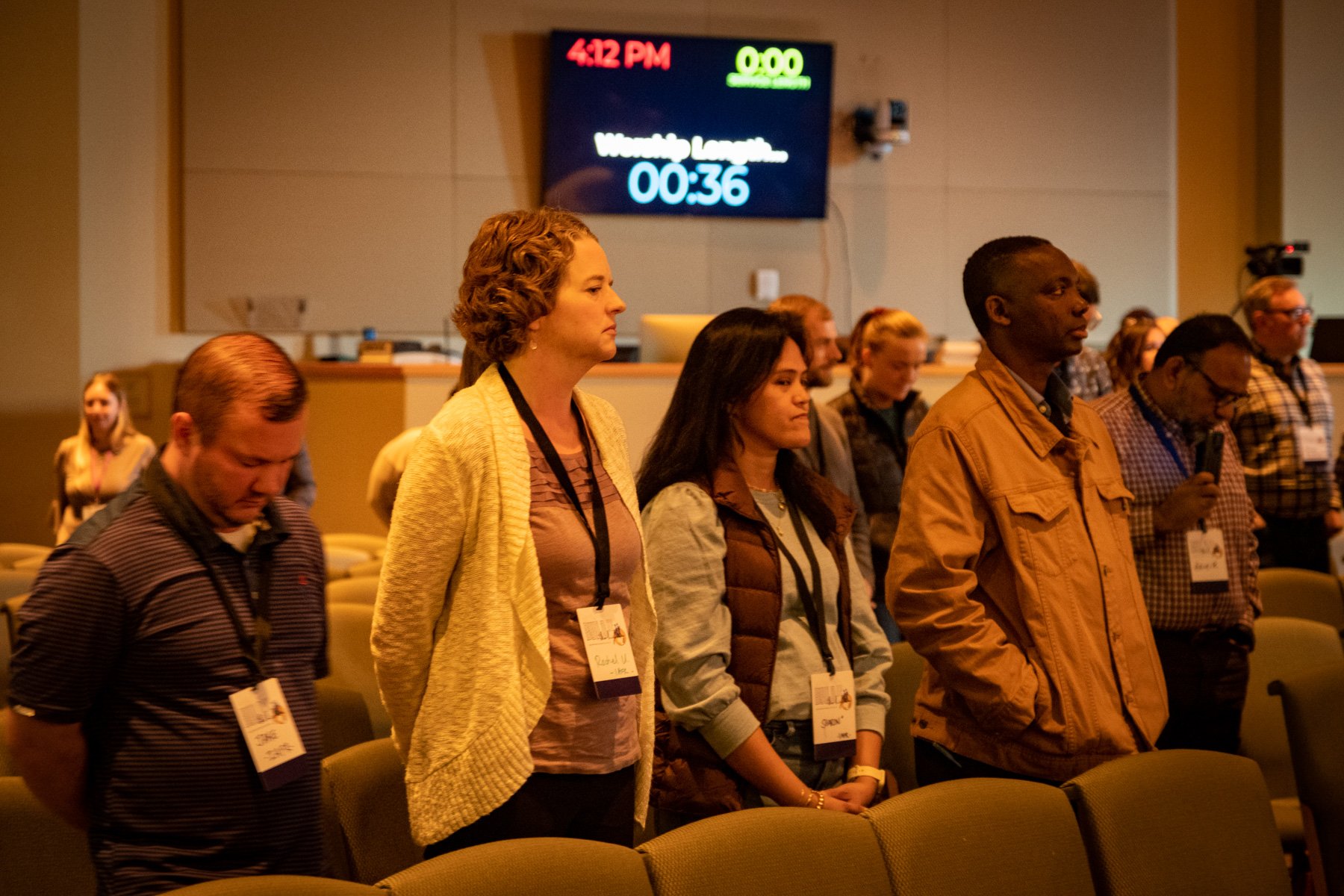
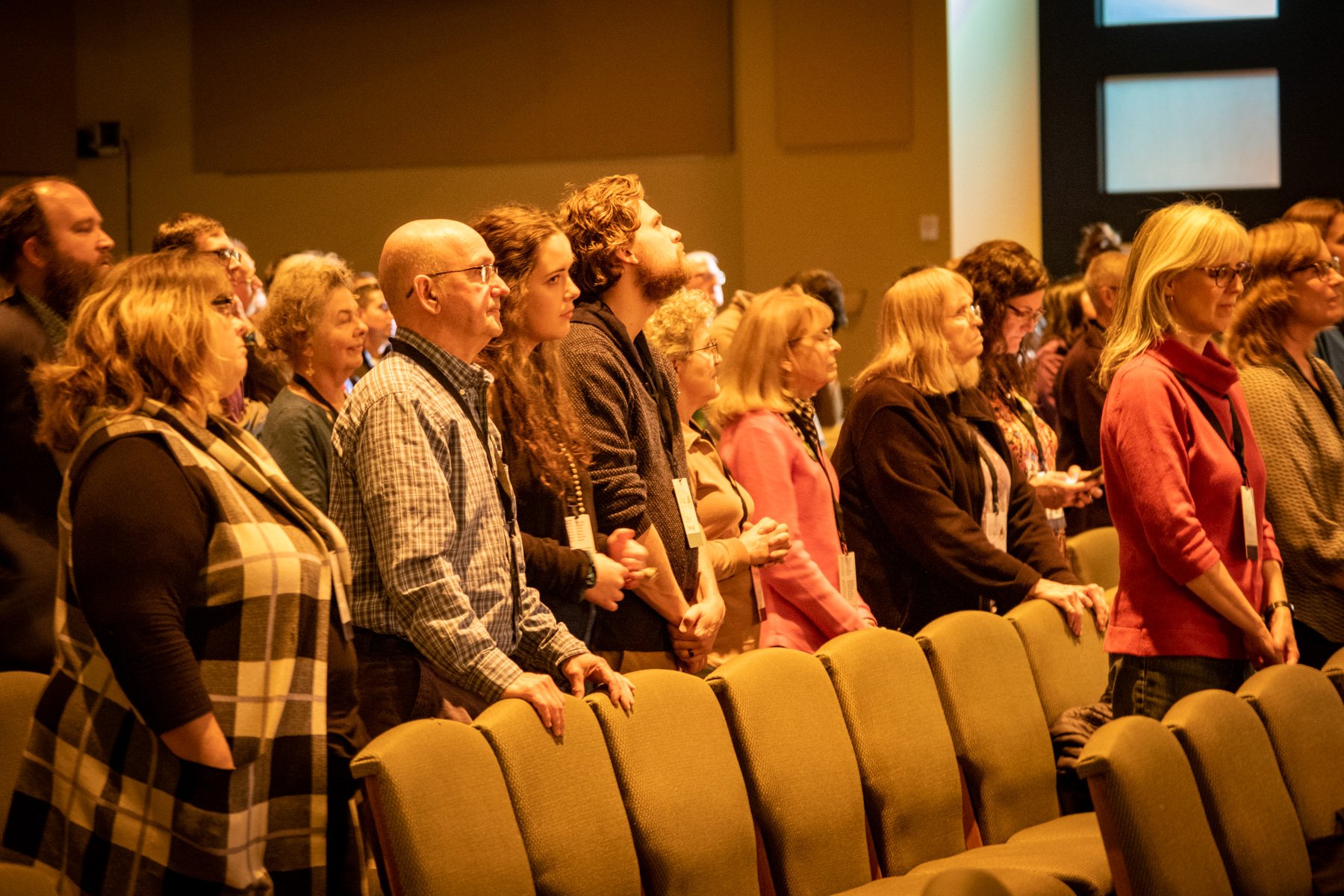
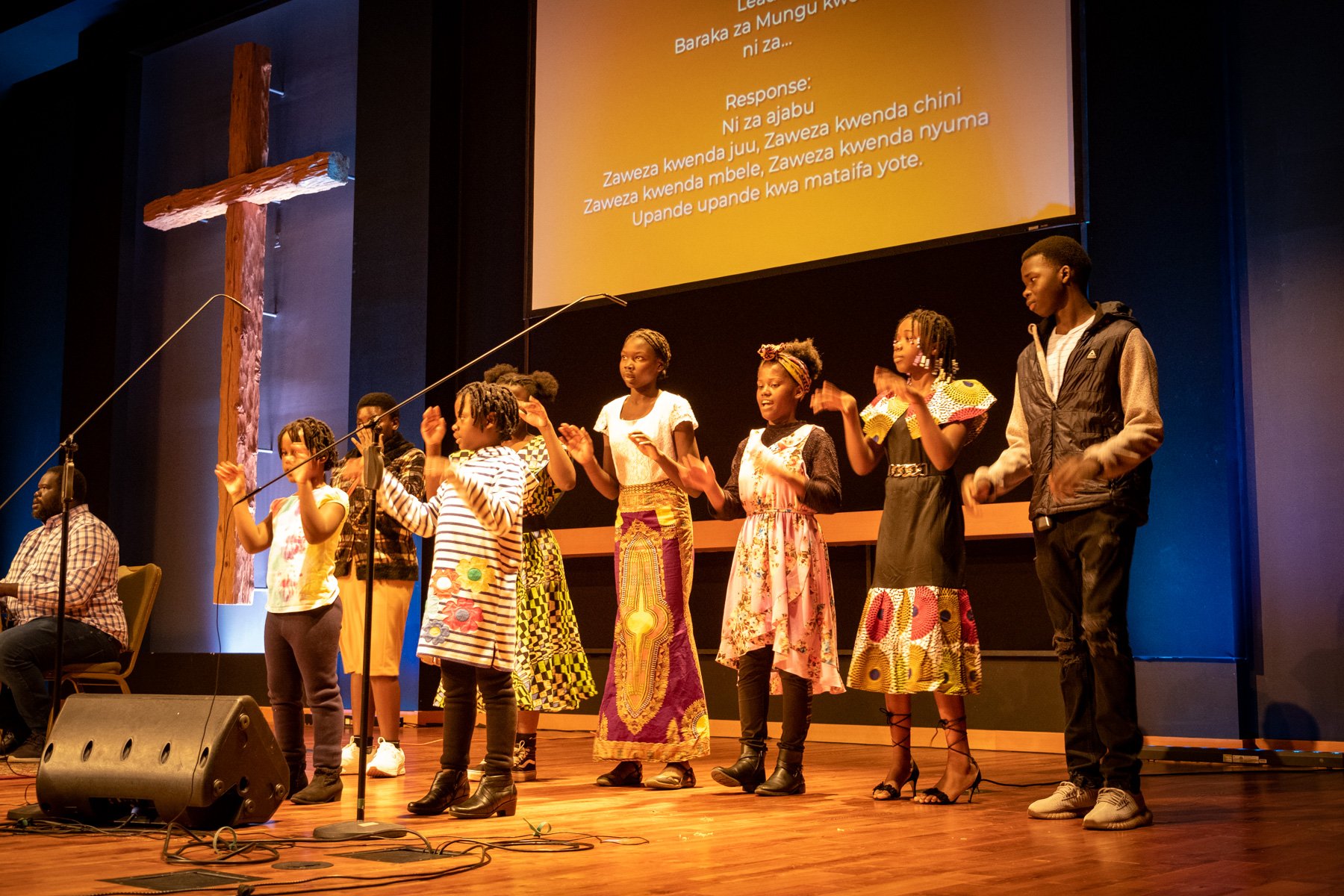
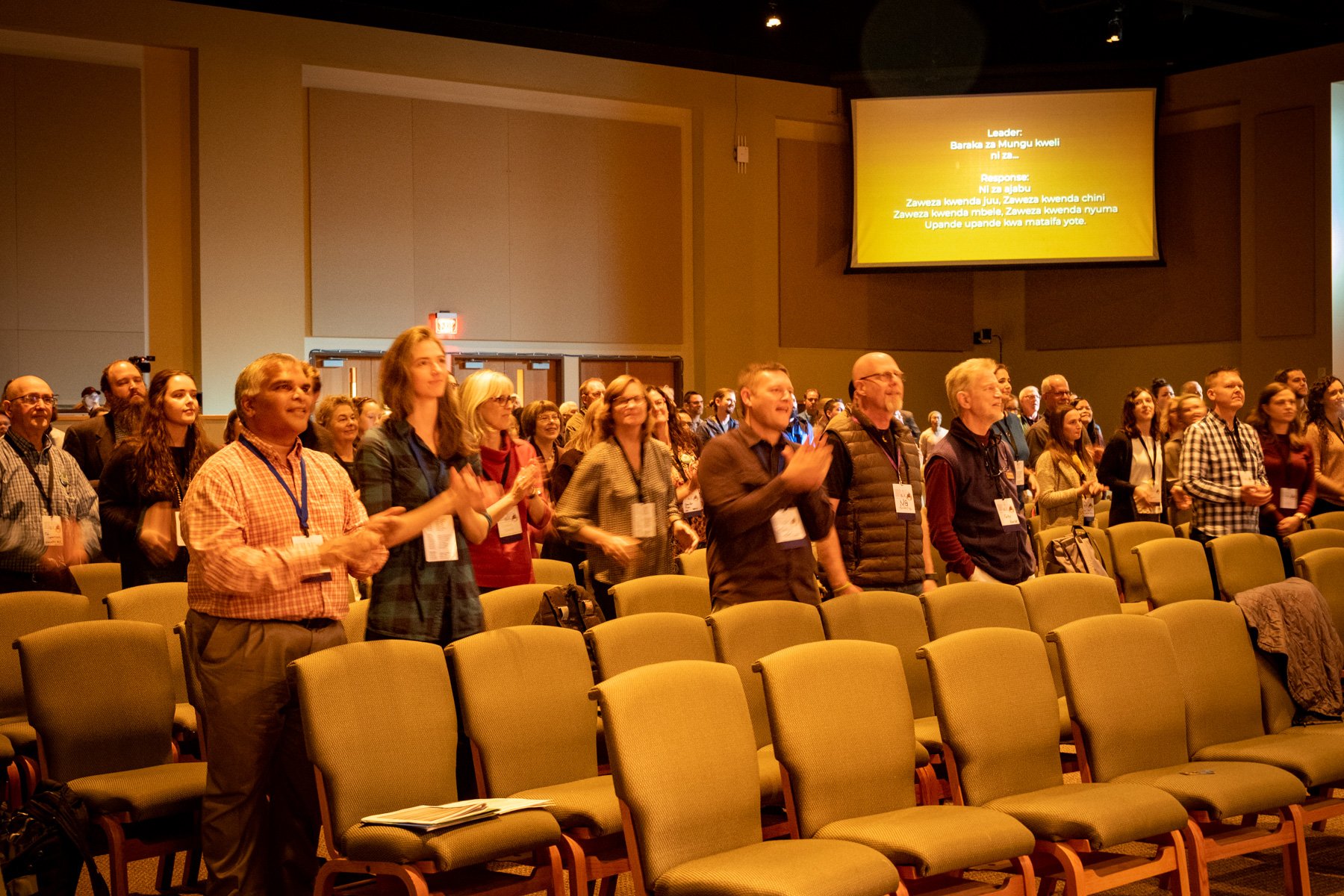
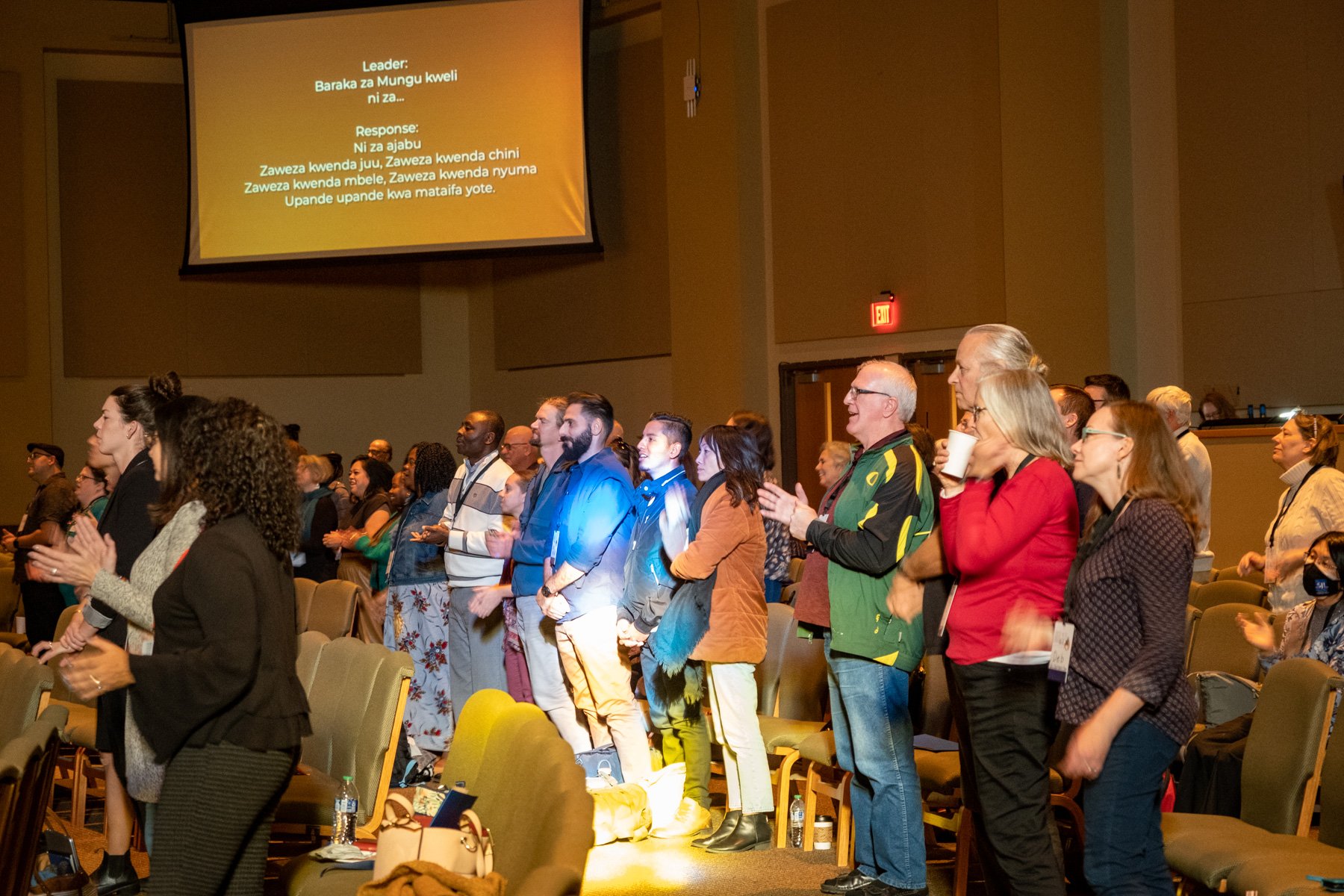
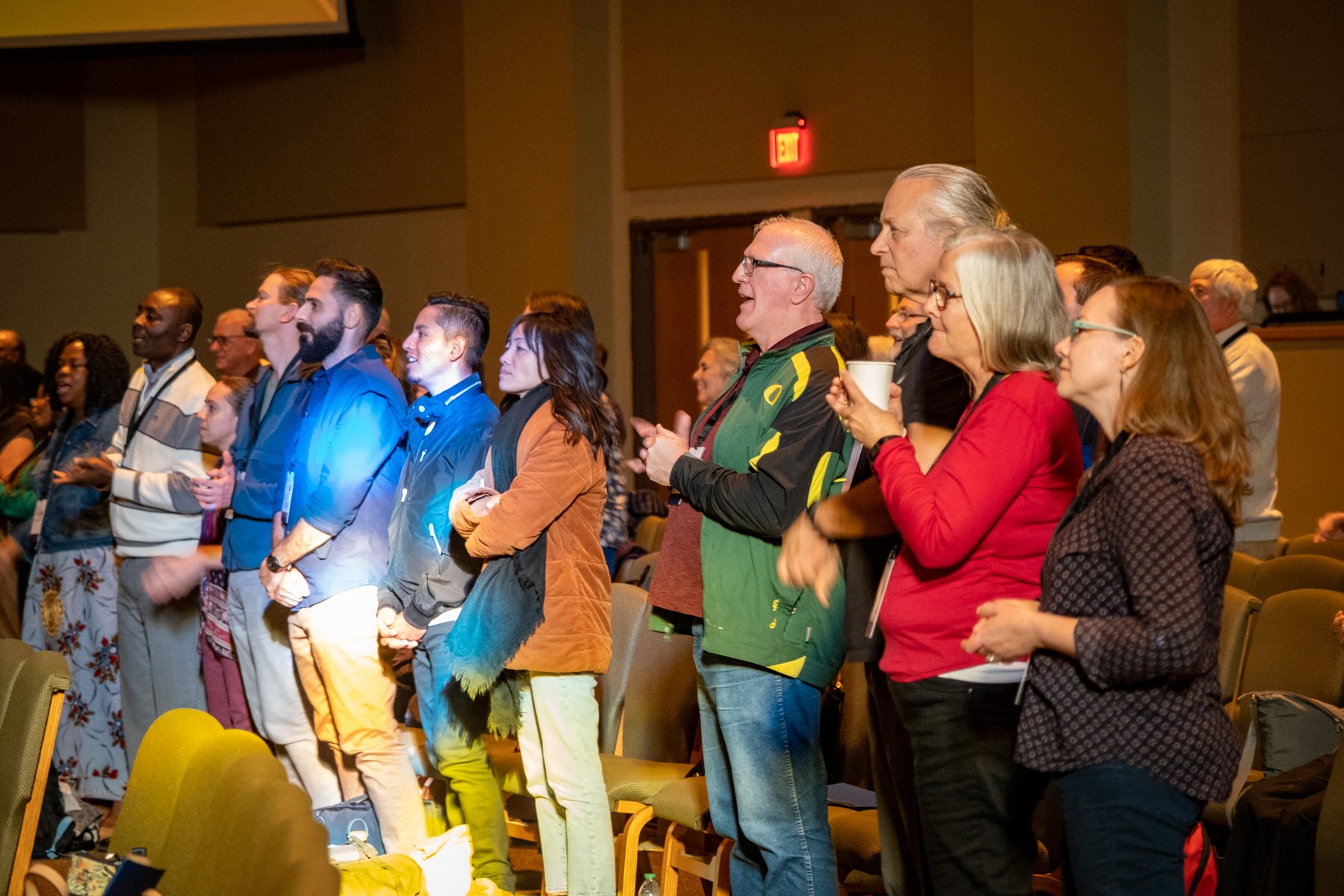
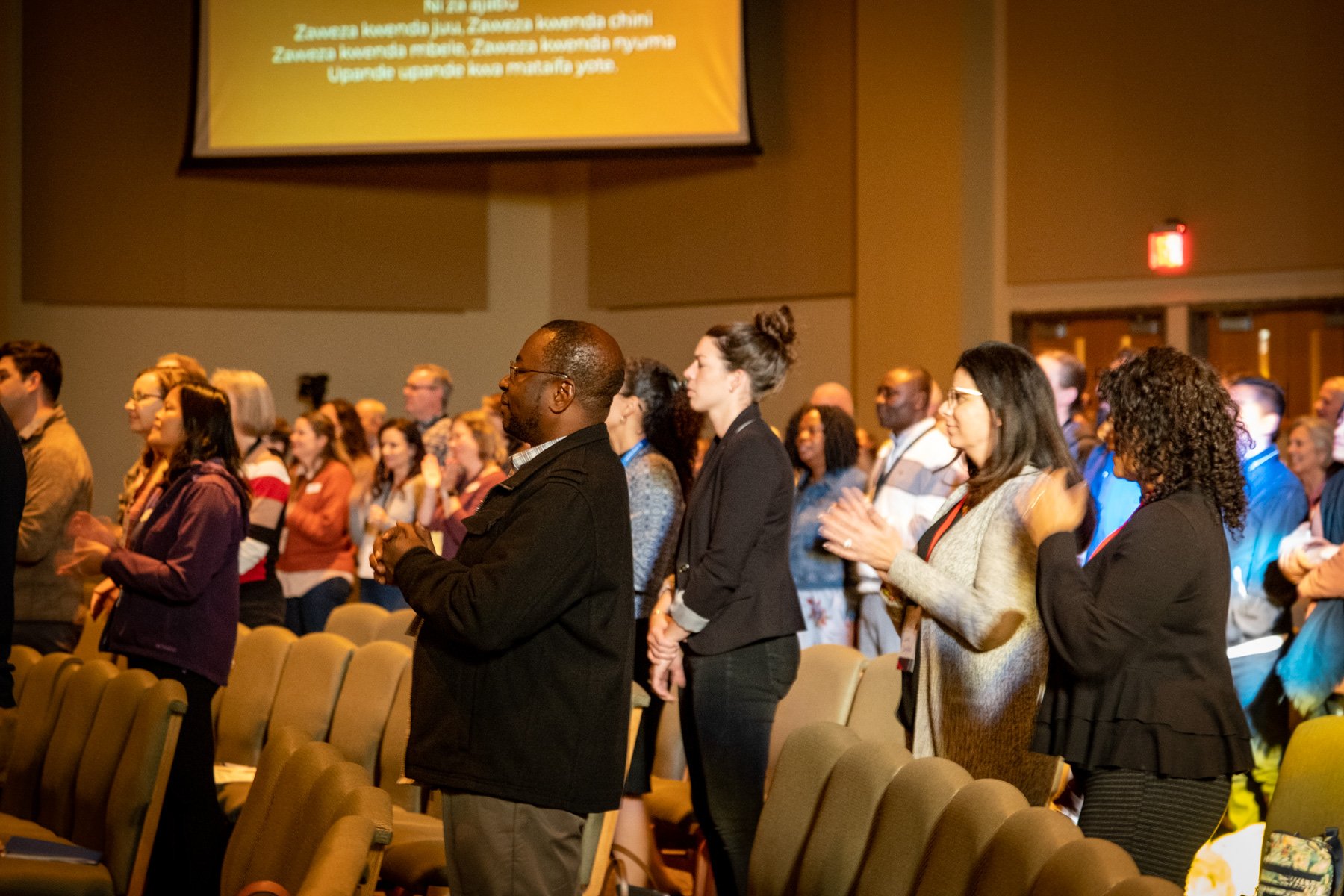
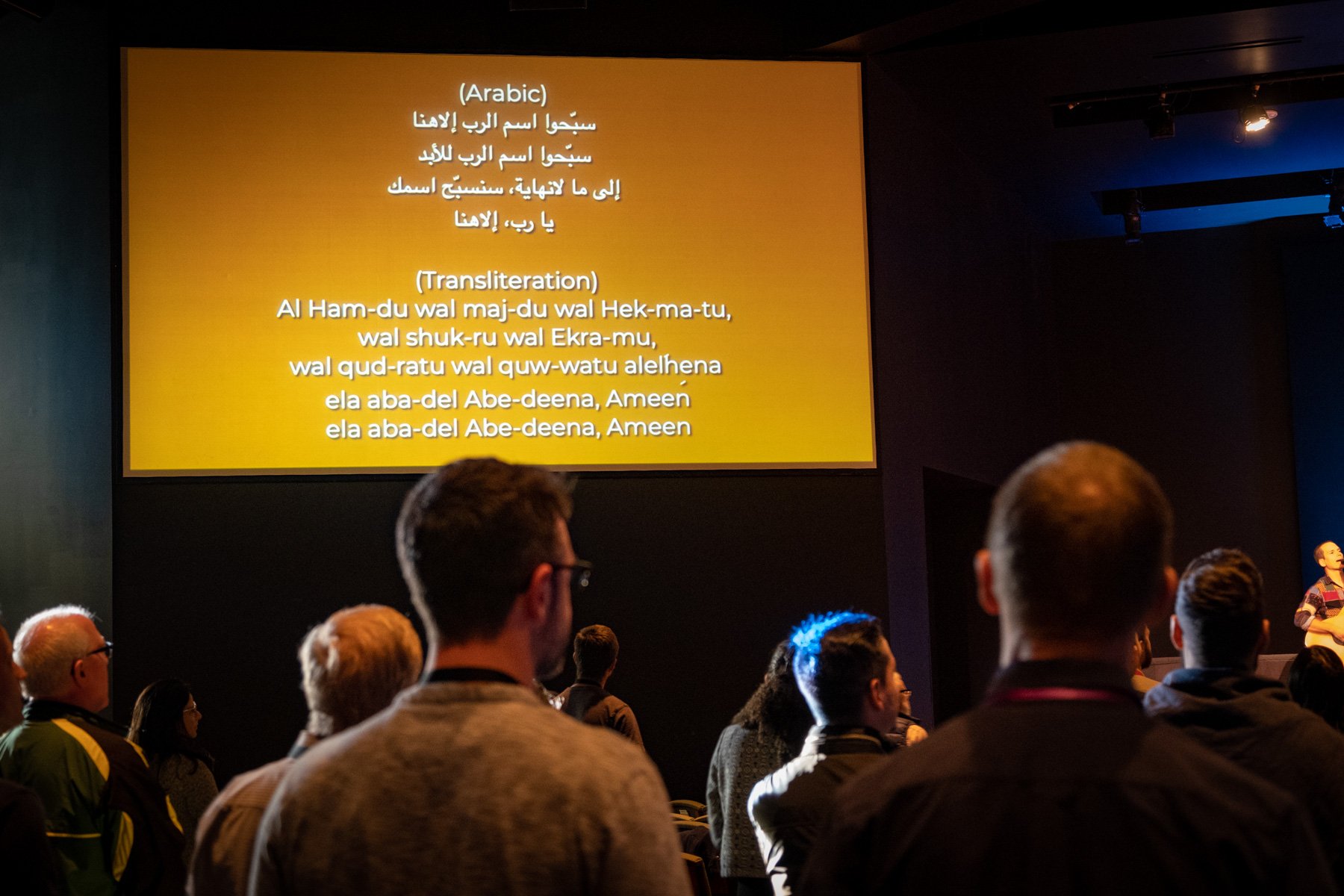
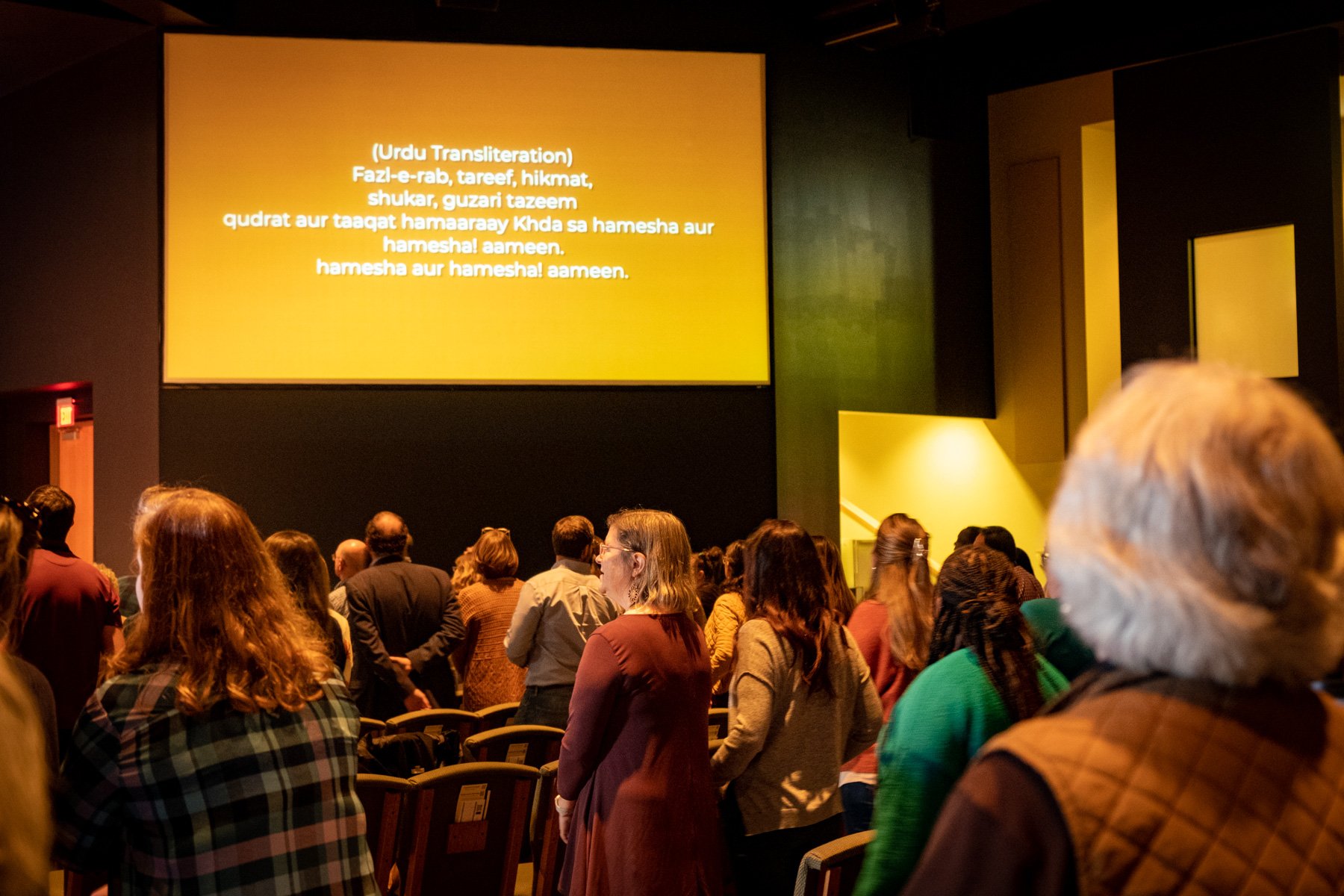

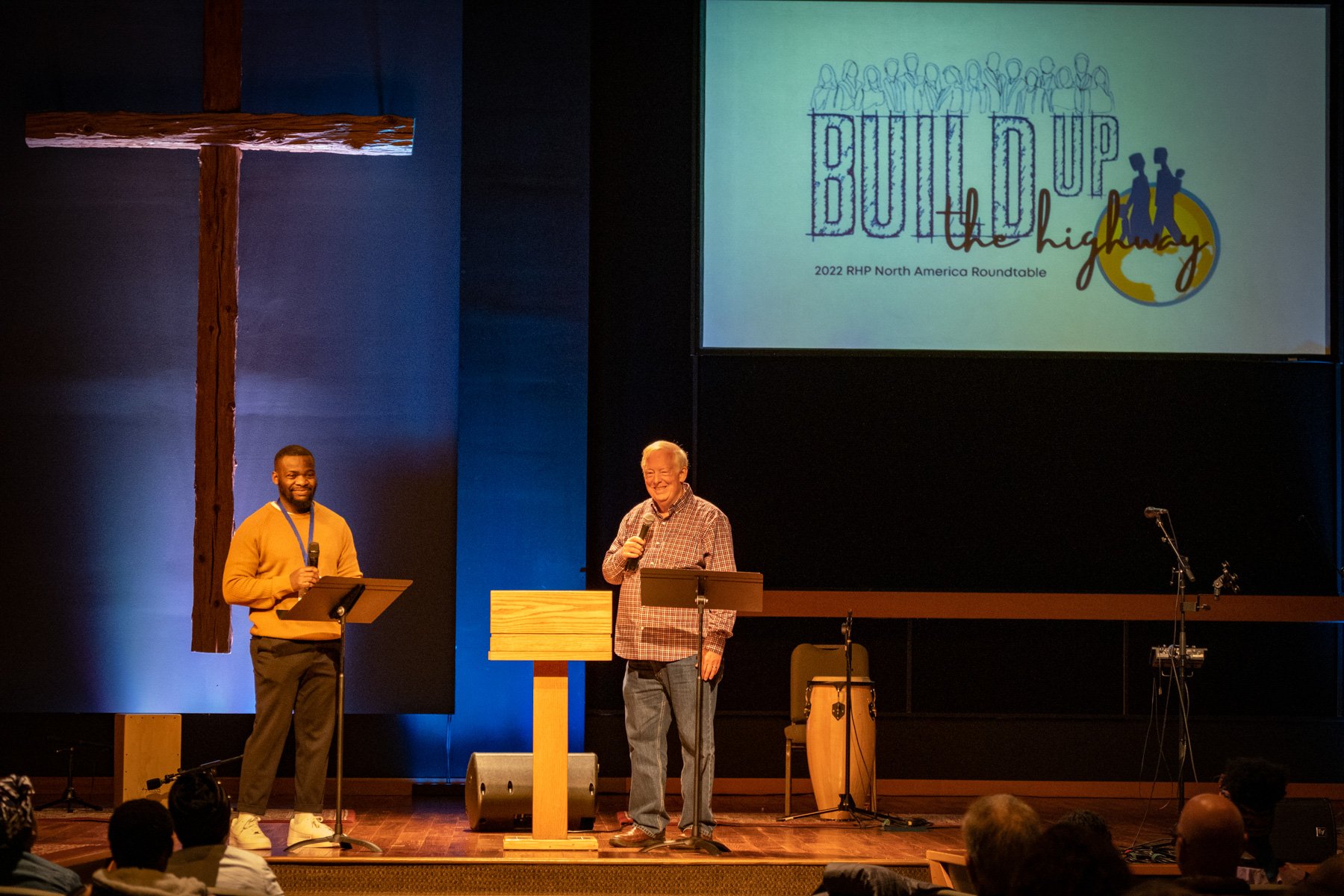
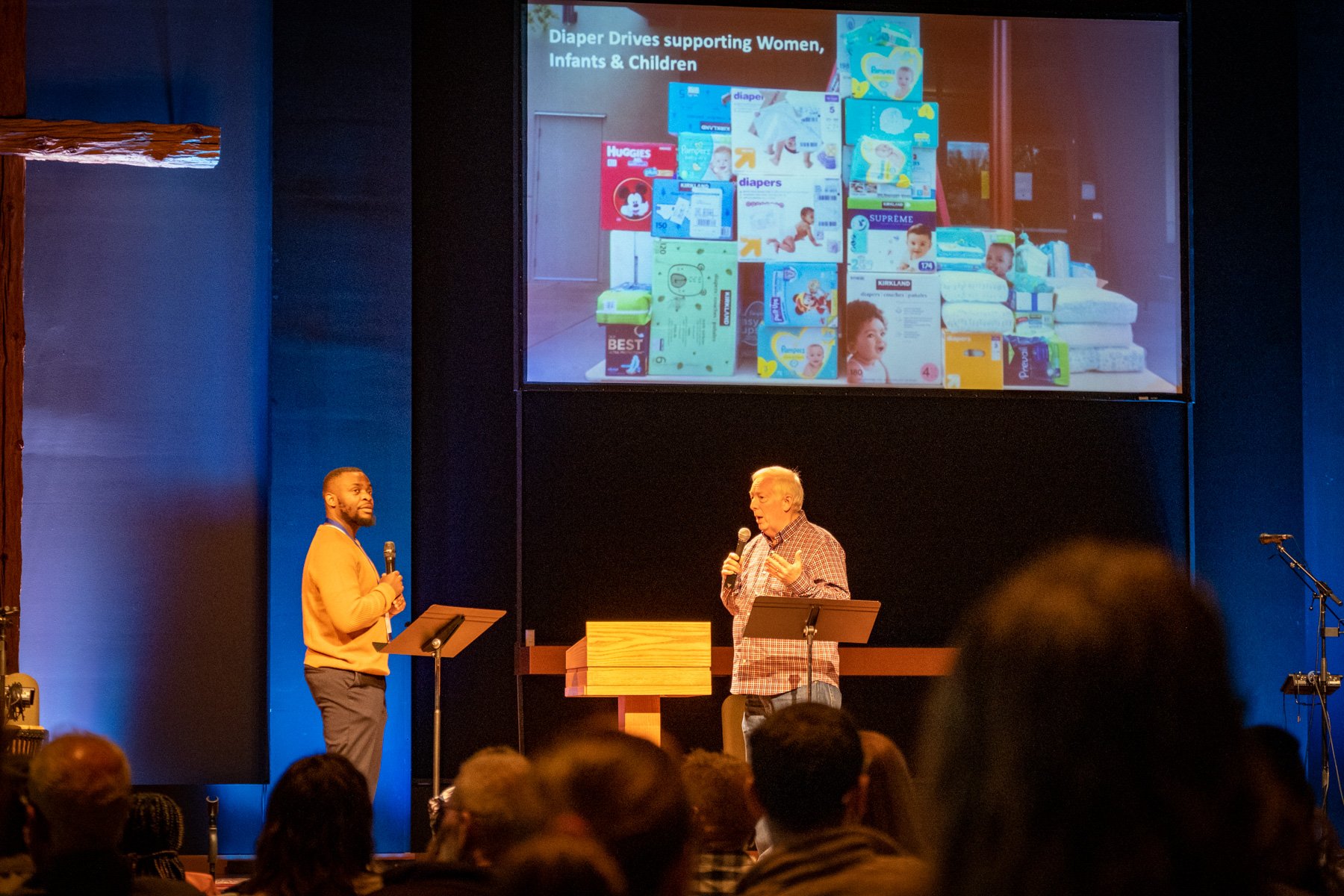
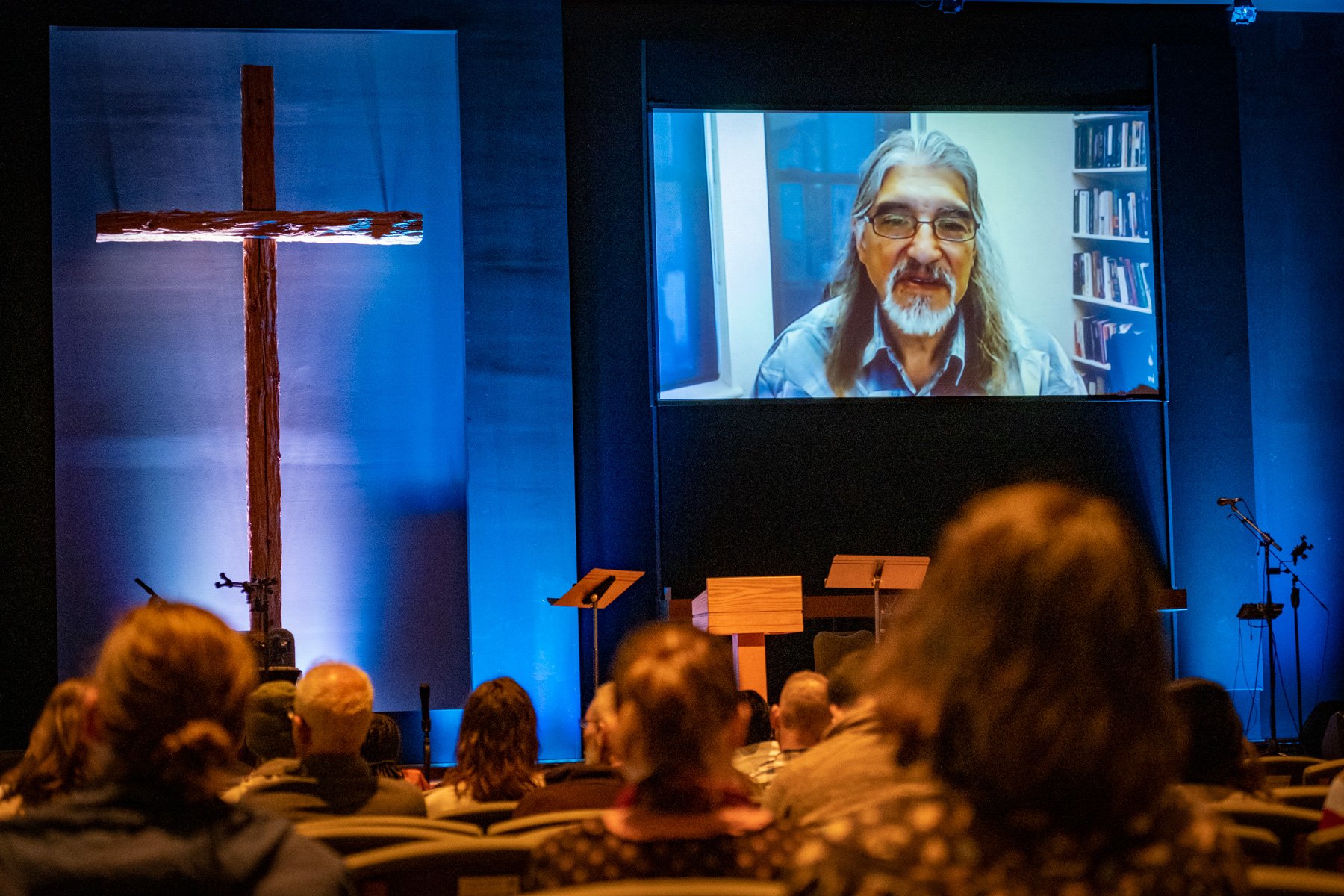

Plenary 2 content:
opening words from Sam
Global RHP Greetings (video below)
Worship through Music & Prayer
Mark Glanville’s presentation
story from Adela & Salem for Refugees (video not included here due to sensitive nature)
ending with Isaiah 62:6-12, activation & key messaging with a look at Friday’s schedule
Plenary Speaker 2: Mark Glanville
Mark Glanville is Associate Professor of Pastoral Theology at Regent College, Vancouver, and an Old Testament scholar. Mark most recently authored Refuge Reimagined: Biblical Ethics in Global Politics (IVP) co-written with Luke Glanville. Refuge Reimagined offers a new approach to responding to global displacement: a biblical ethic of kinship. The book draws from the author’s respective expertise in Old Testament and International Relations. Mark has also authored Adopting the Stranger as Kindred in Deuteronomy (SBL).
Mark and his wife Erin are engaged in the lives of refugees who are resettling in Vancouver. They partner with Kinbrace, an organization birthed by their church that offers support, housing, and advocacy for refugee claimants. Before working at Regent College, Mark pastored for 14 years in urban, justice-seeking churches. He has been bi-vocational, combining pastoring, biblical scholarship, and activism. Mark is also a trained jazz pianist, active on the Vancouver jazz scene.
Worship & Plenary 2 Photos
Photo credits: James Metelak (Instagram @privetfotog)
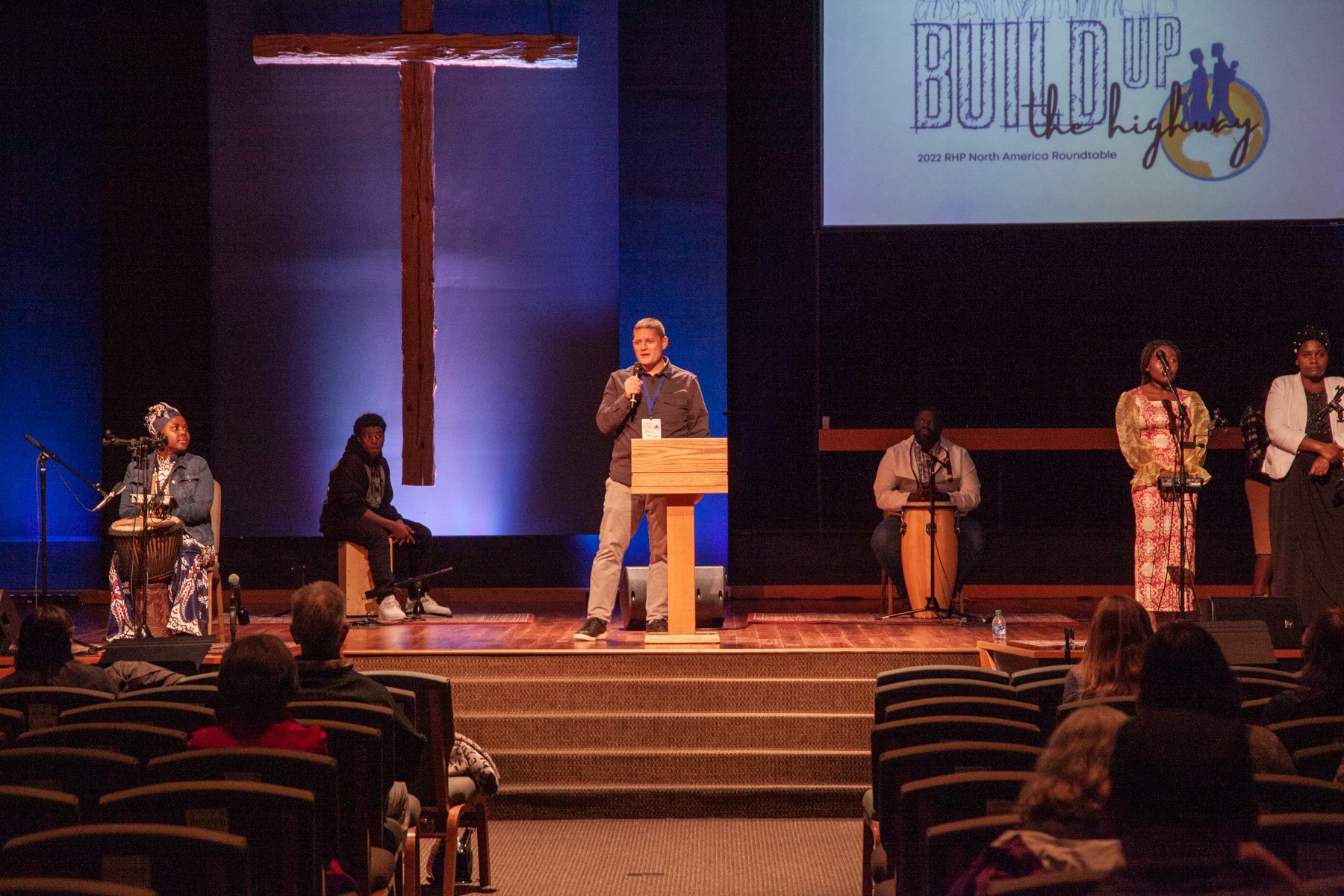

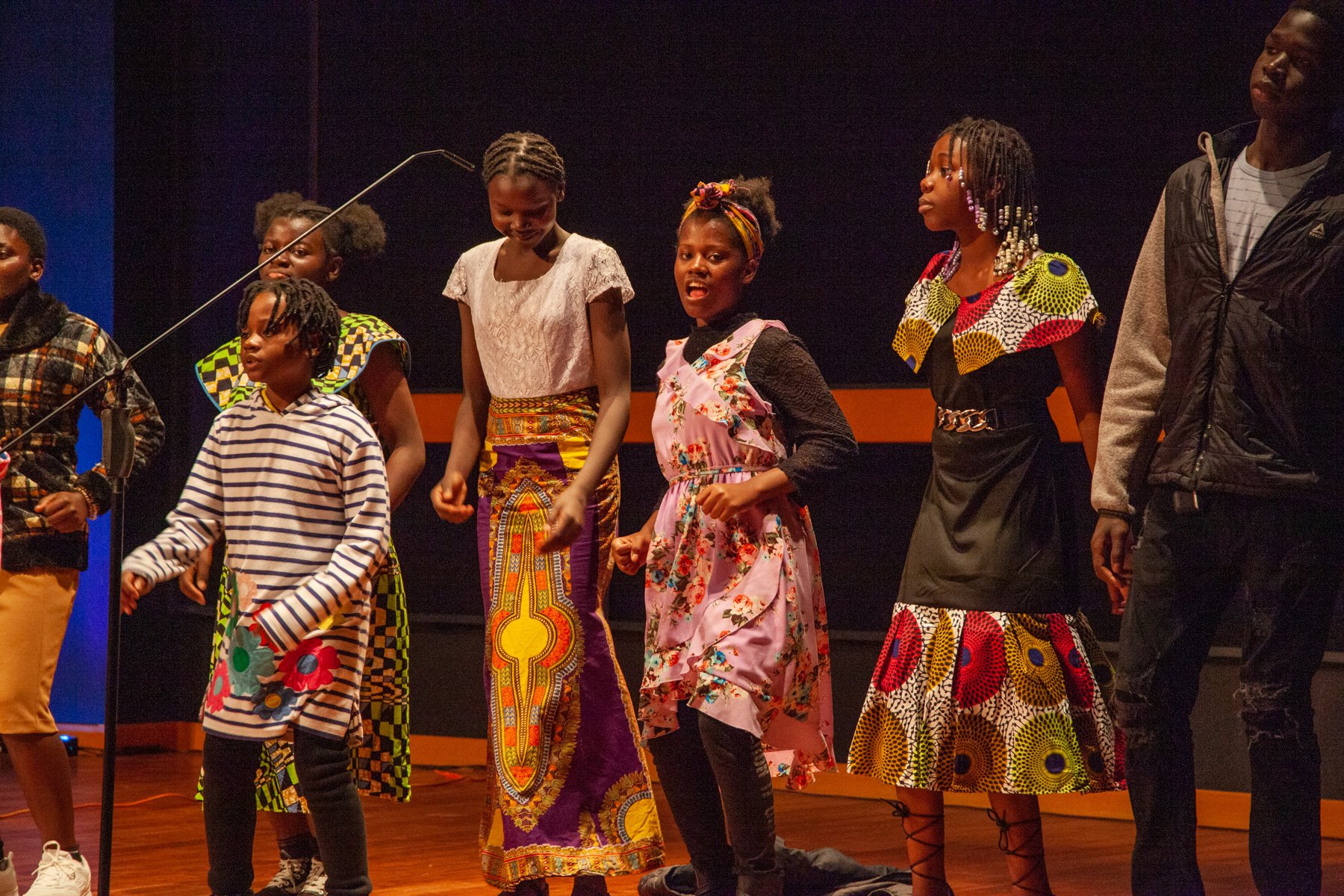
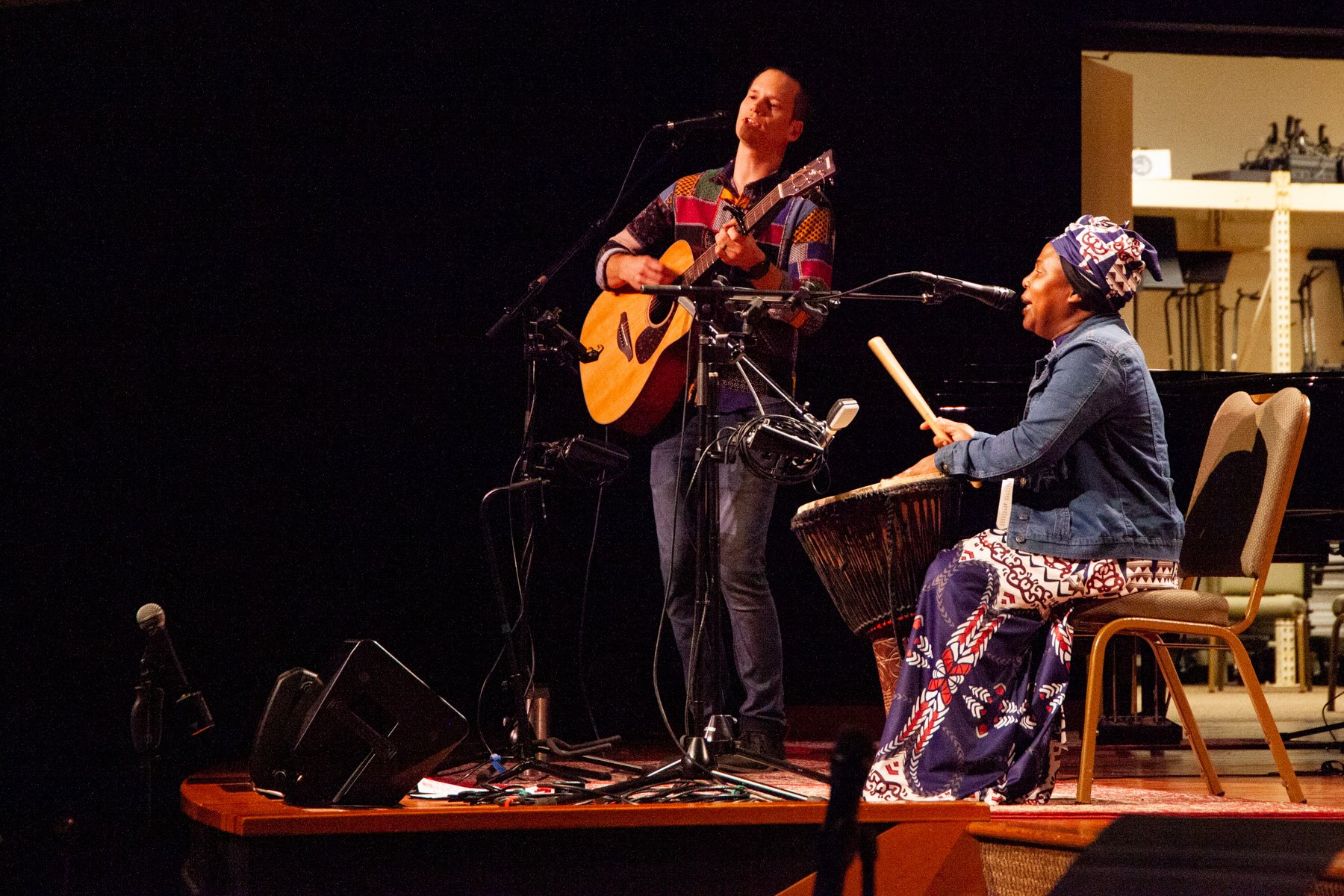
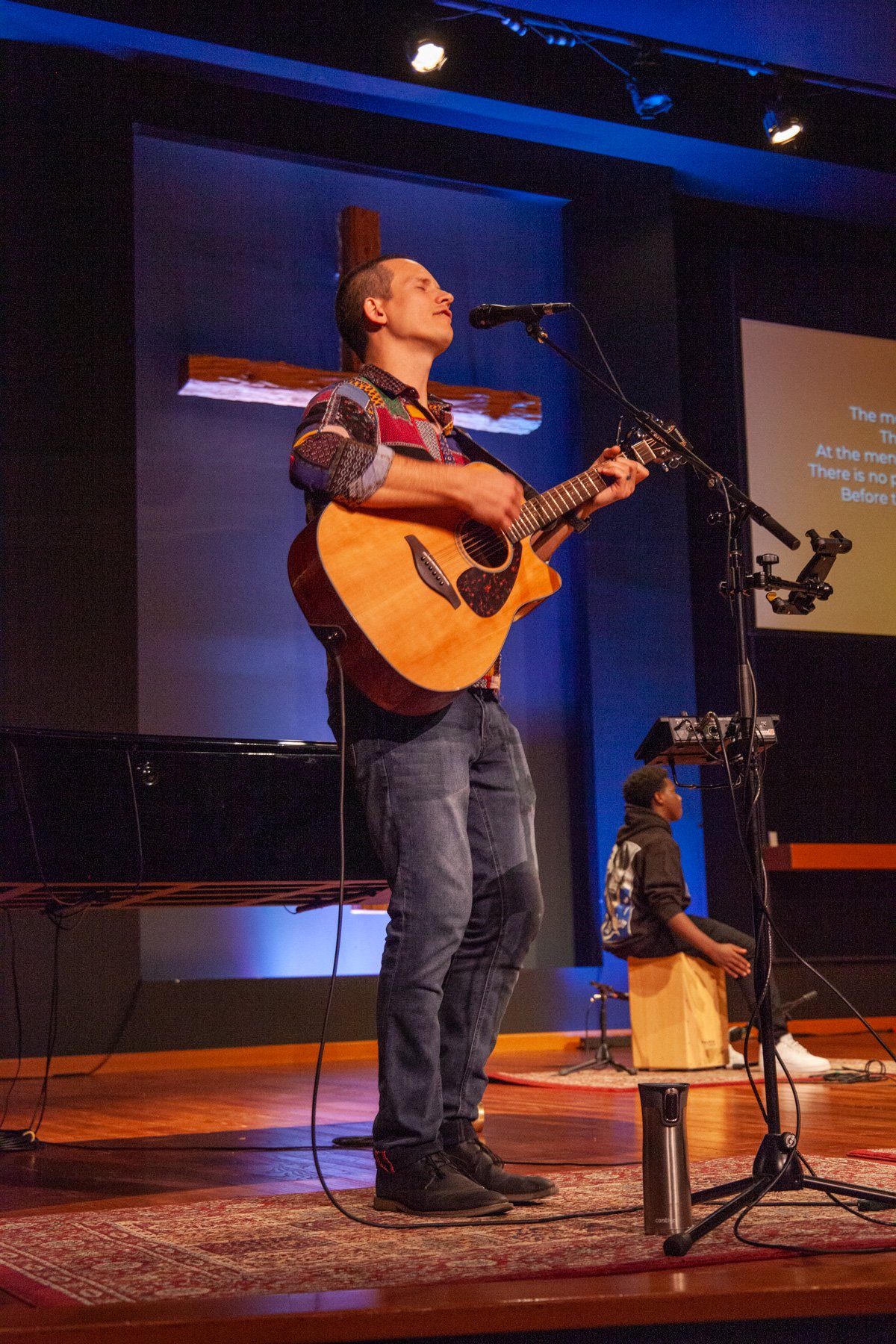
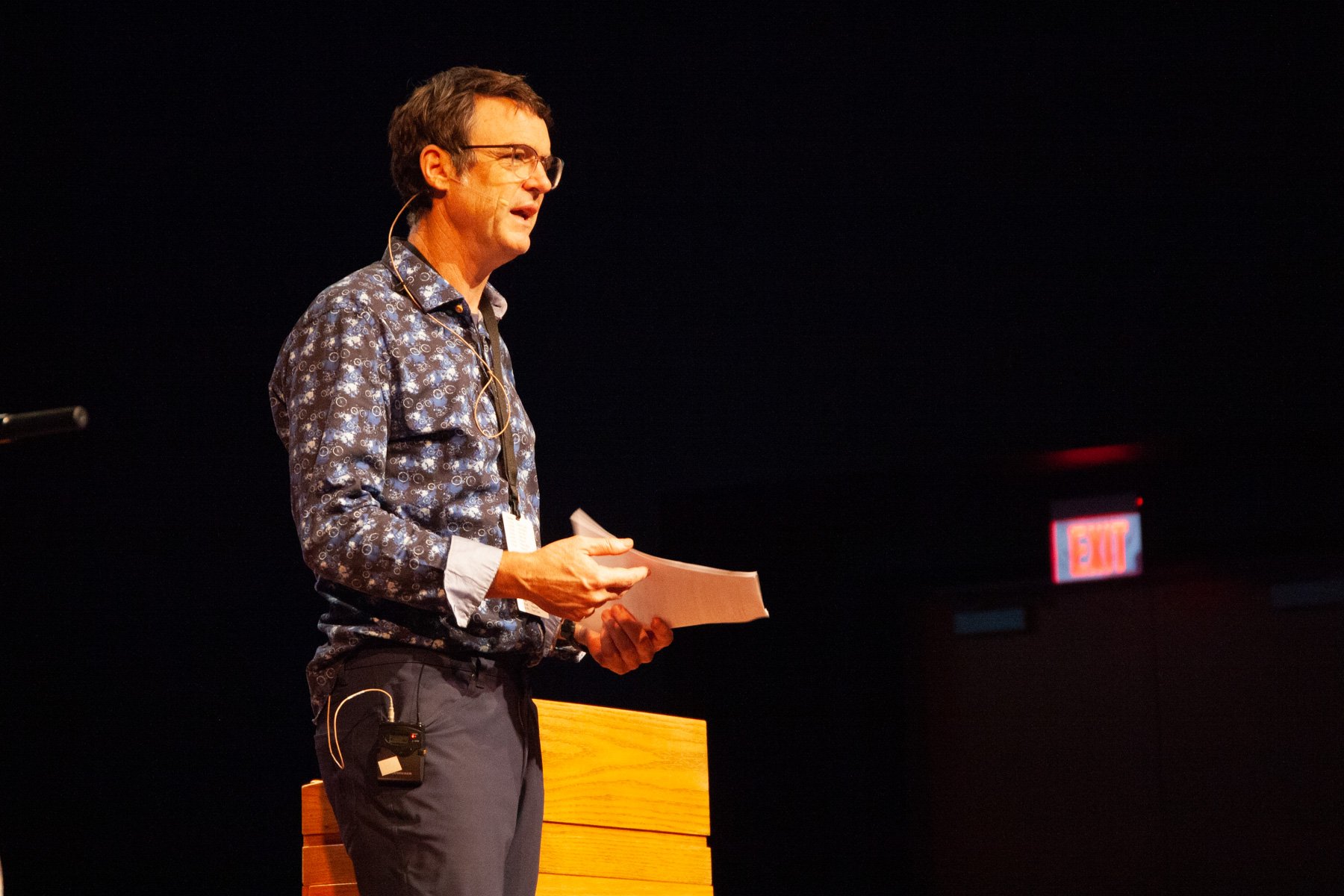
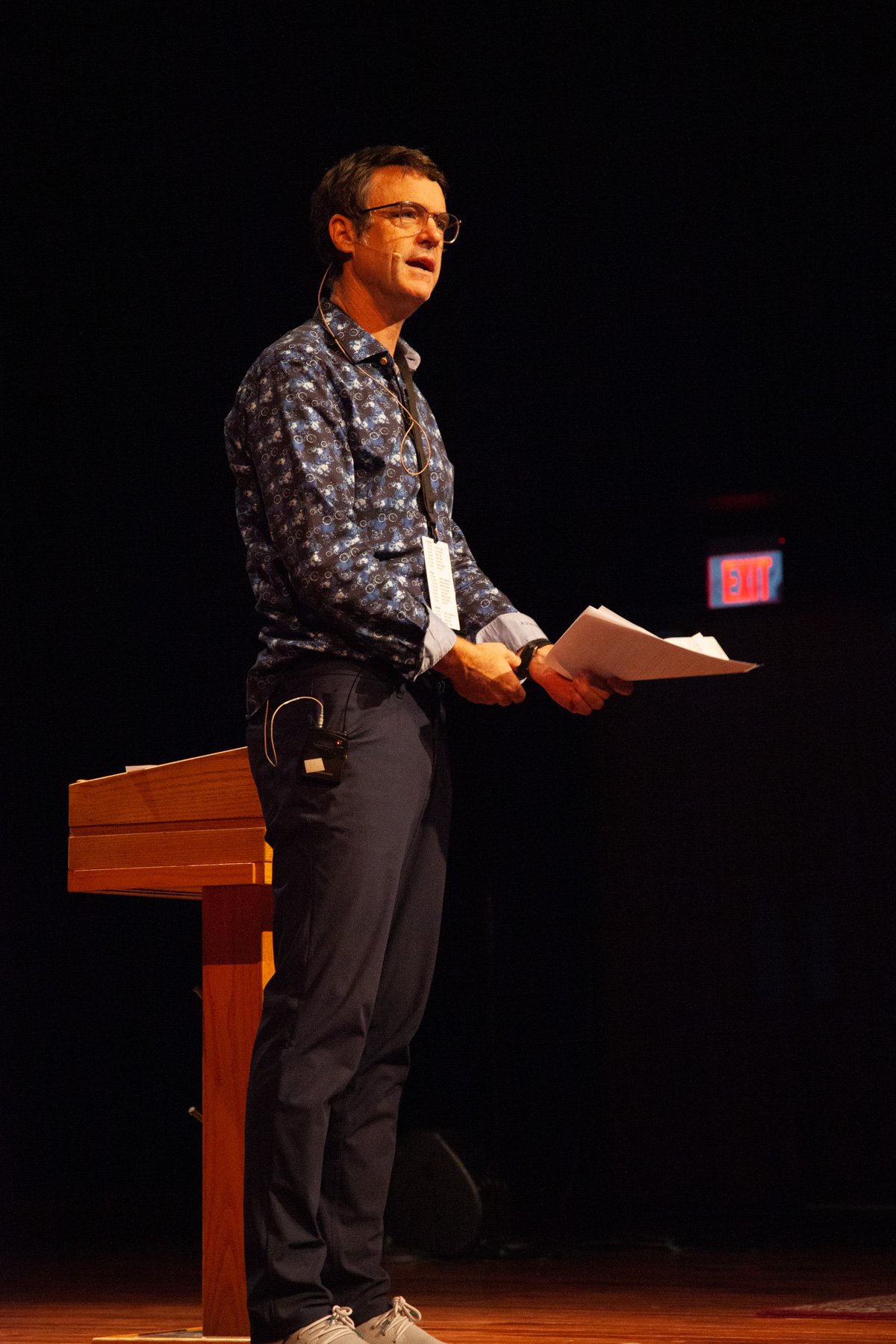
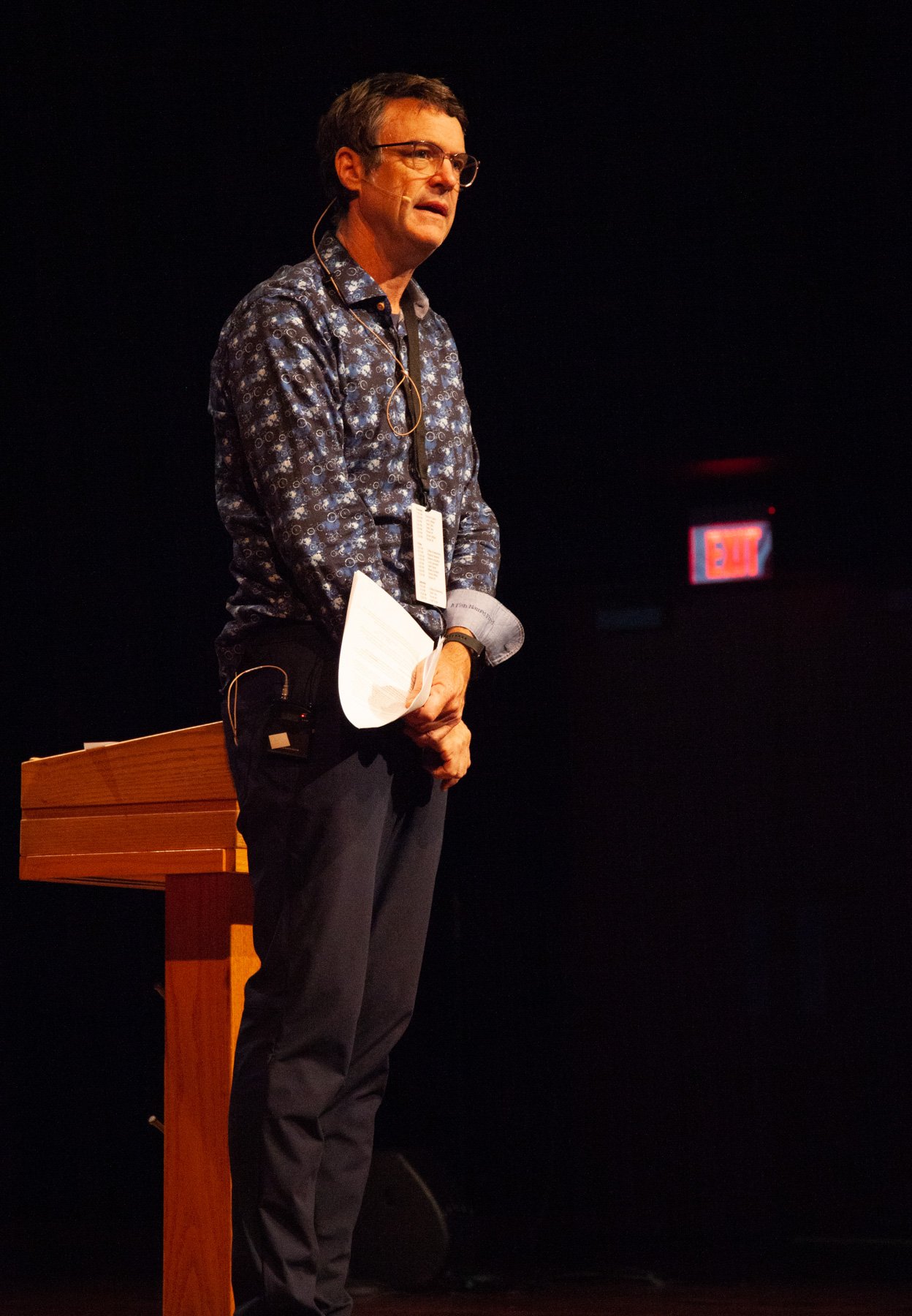
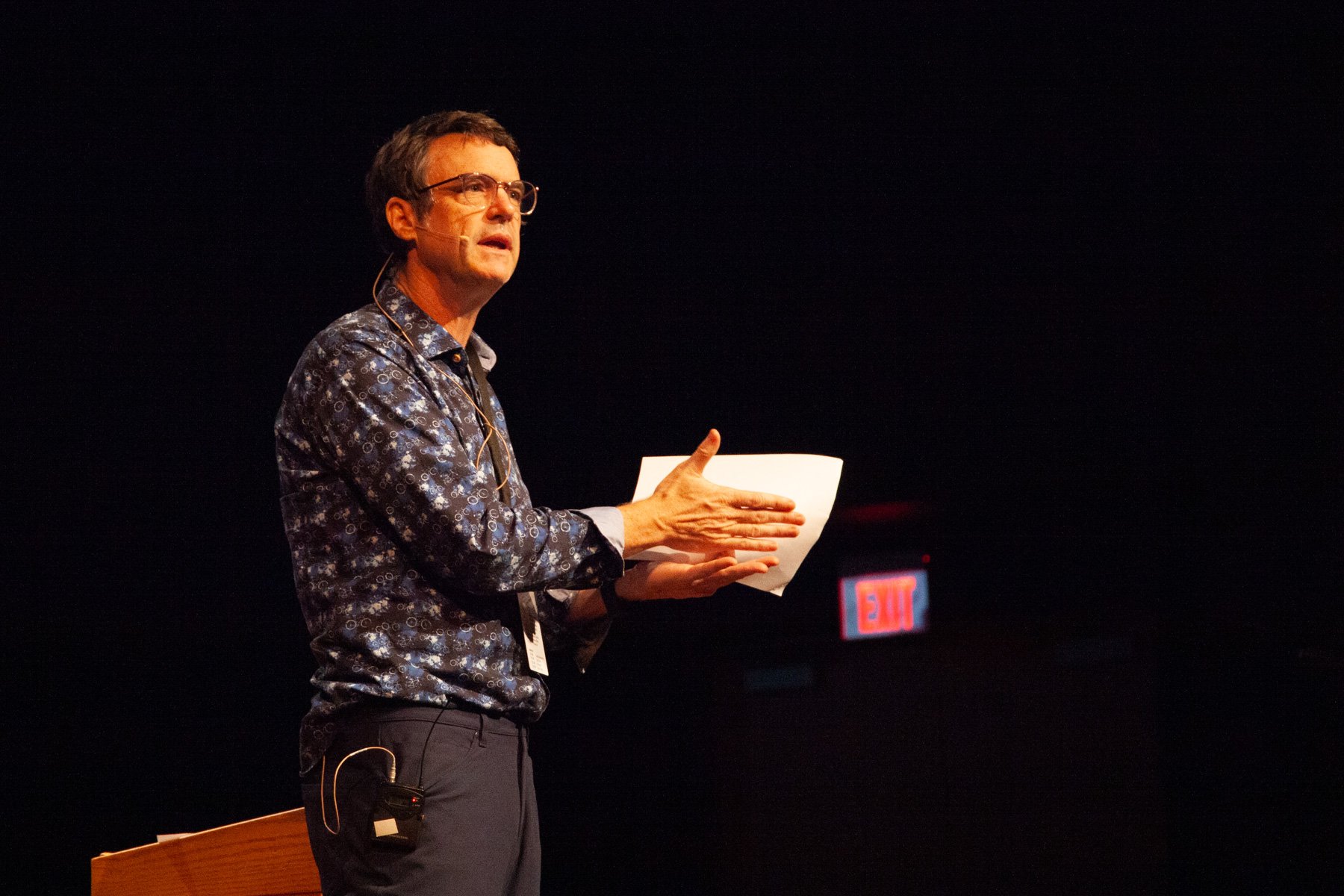
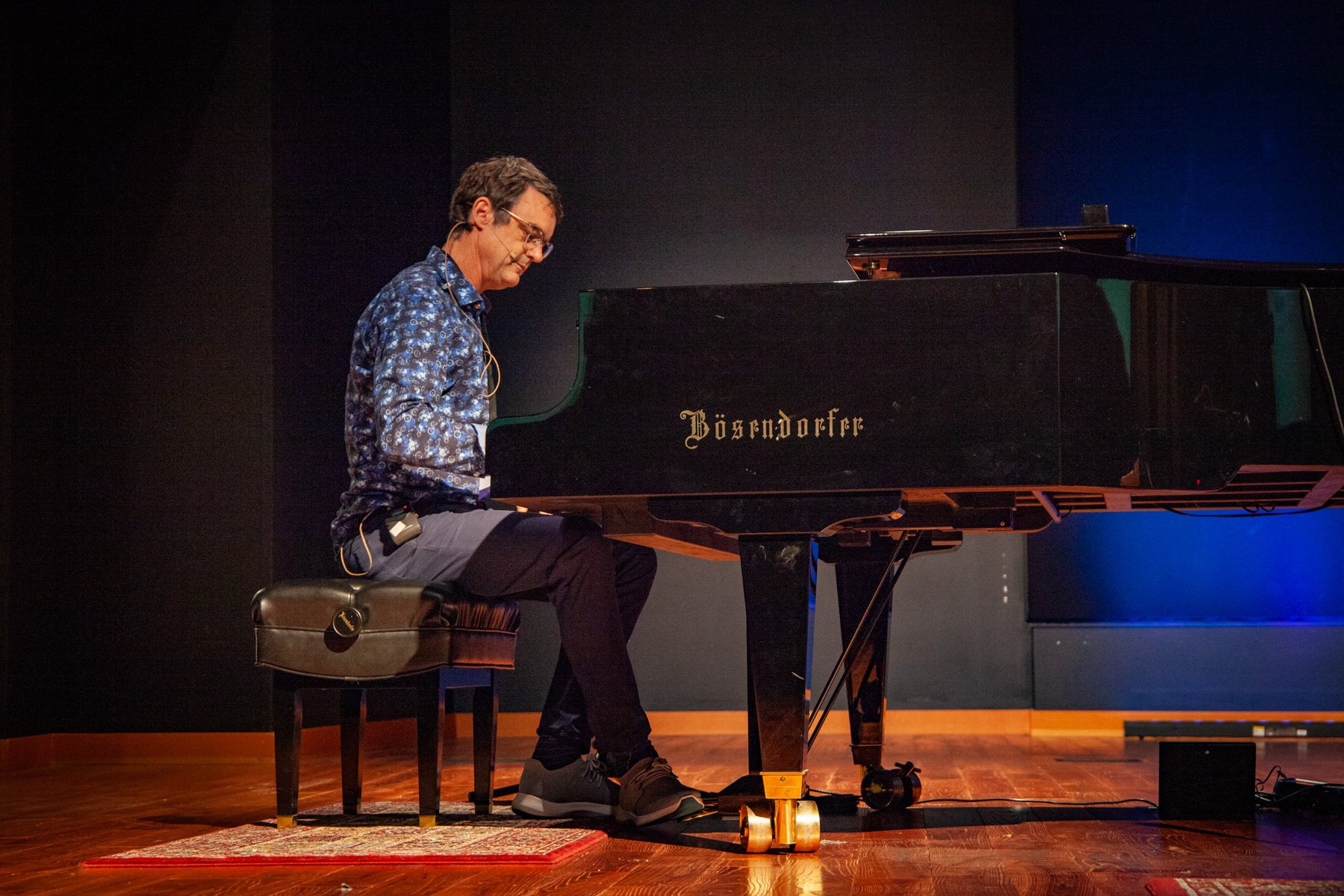
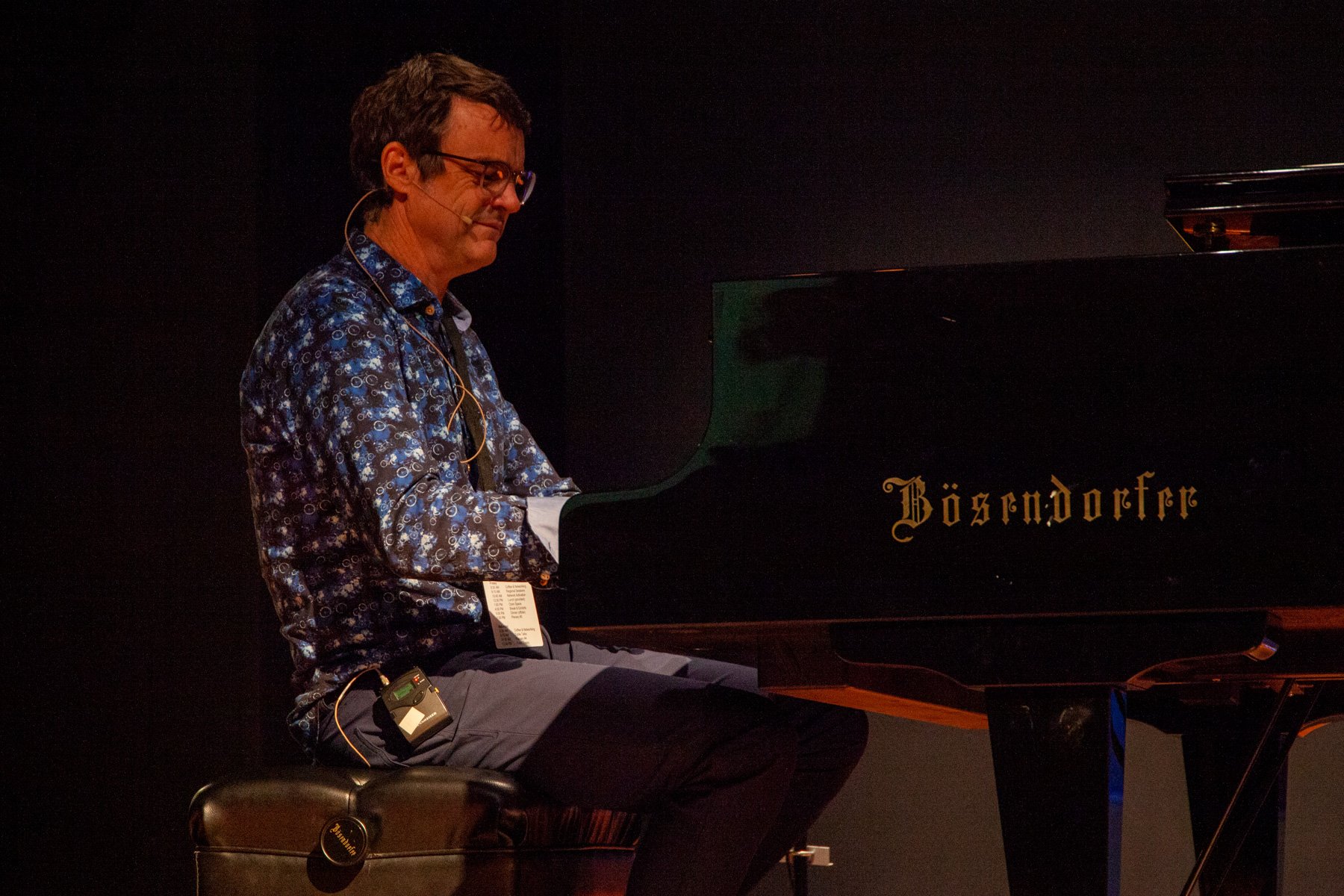
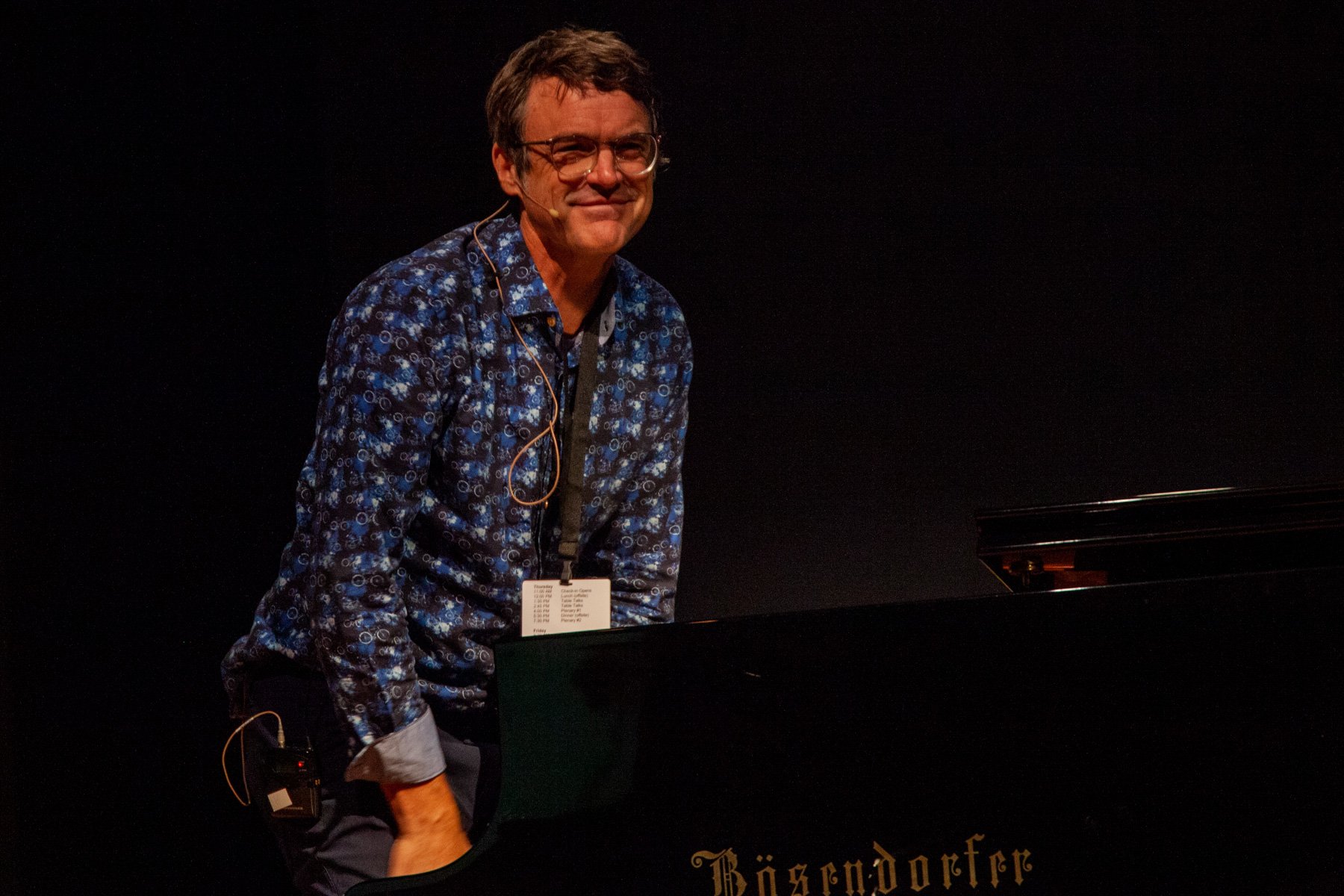
Worship & Plenary 2 Photos
Photo credits: Tim Cowley (Instagram @timcowleypdx)
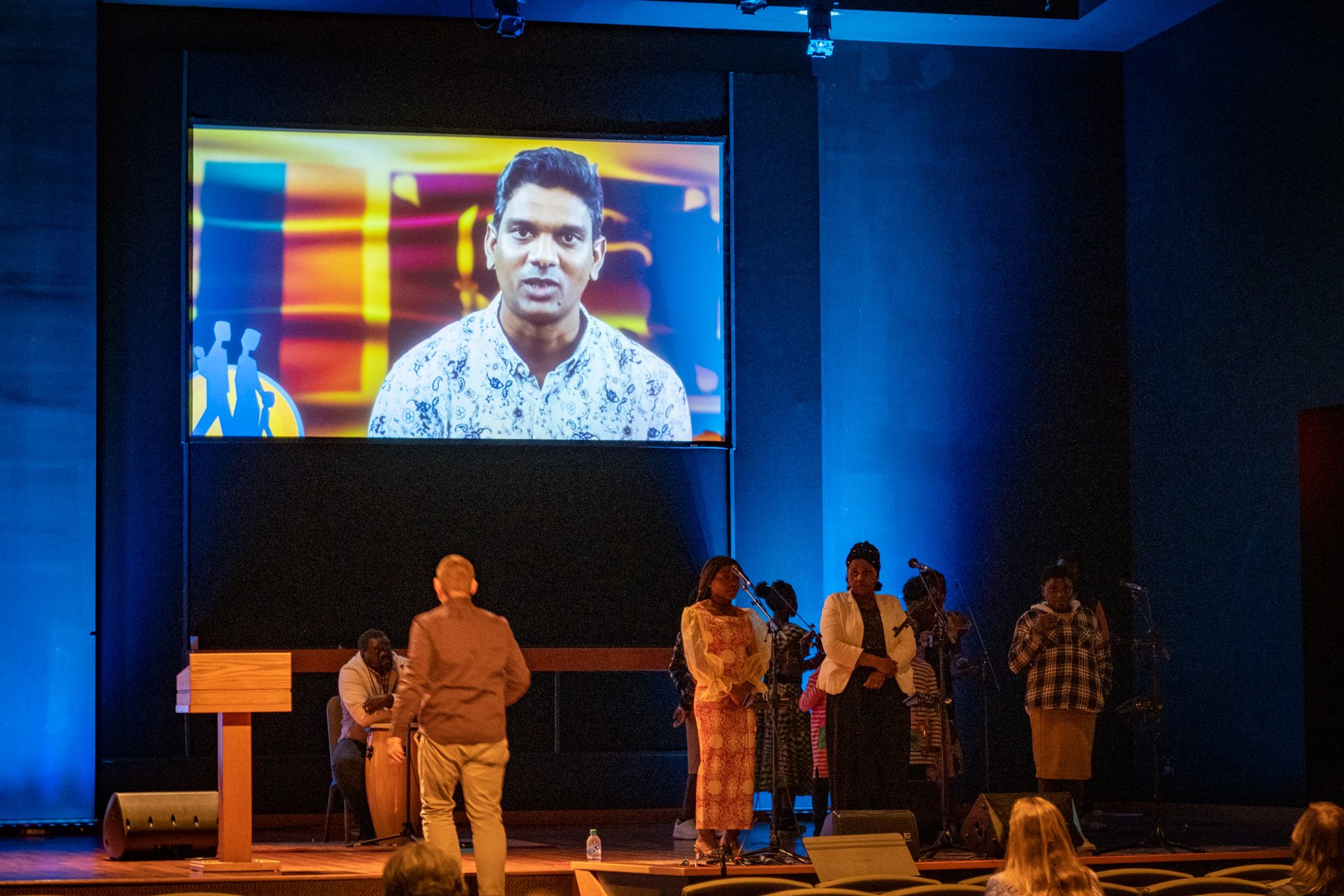

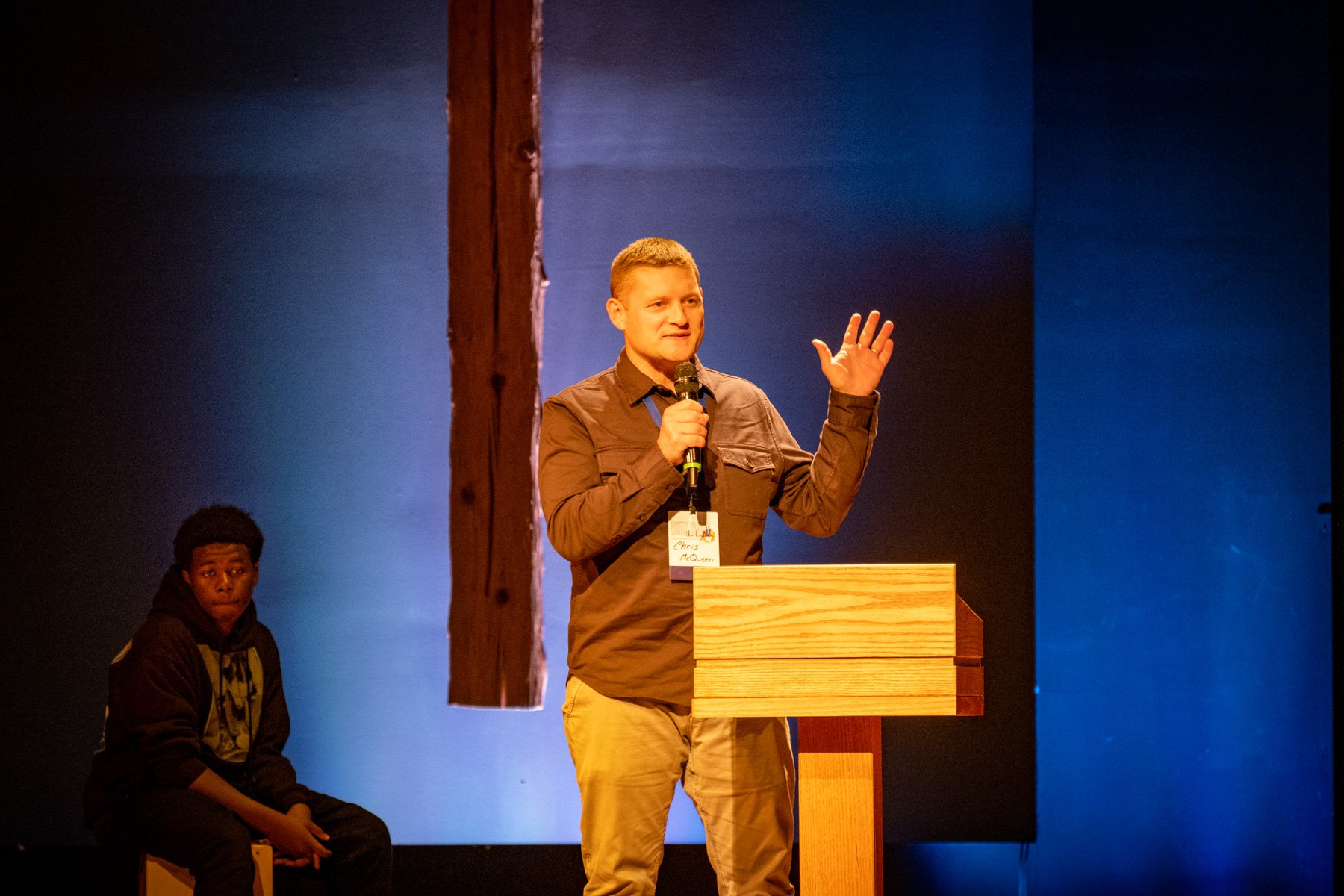
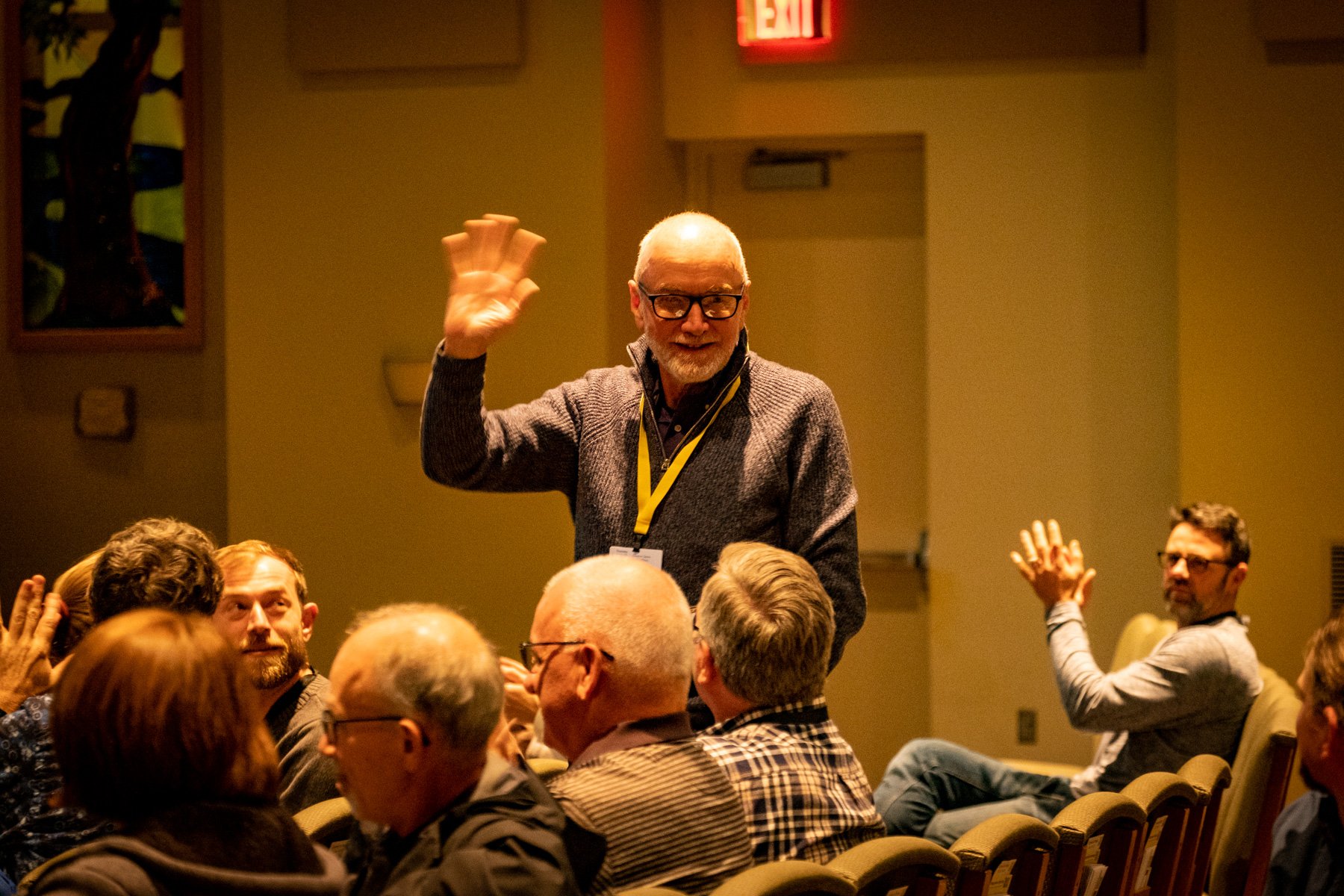
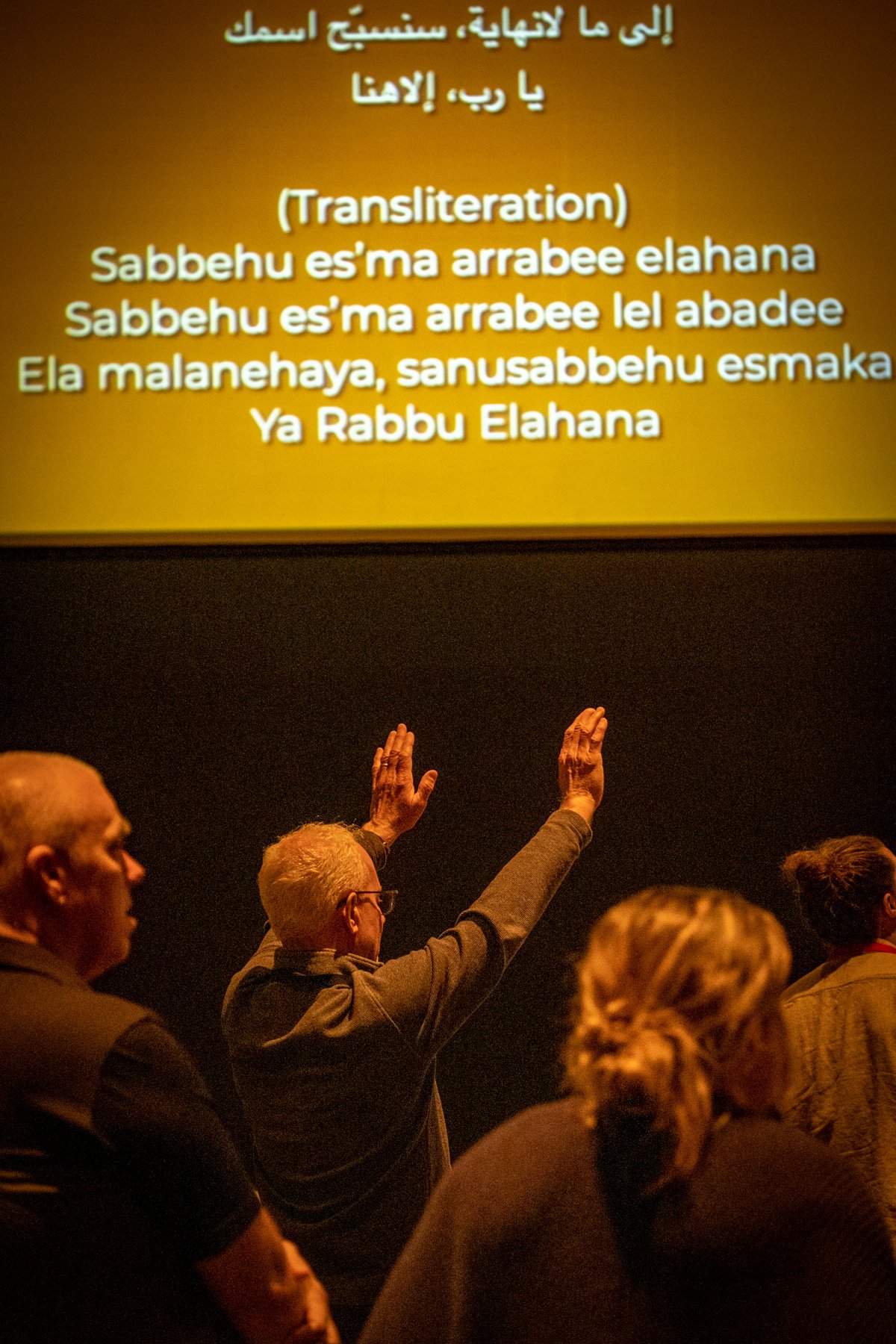

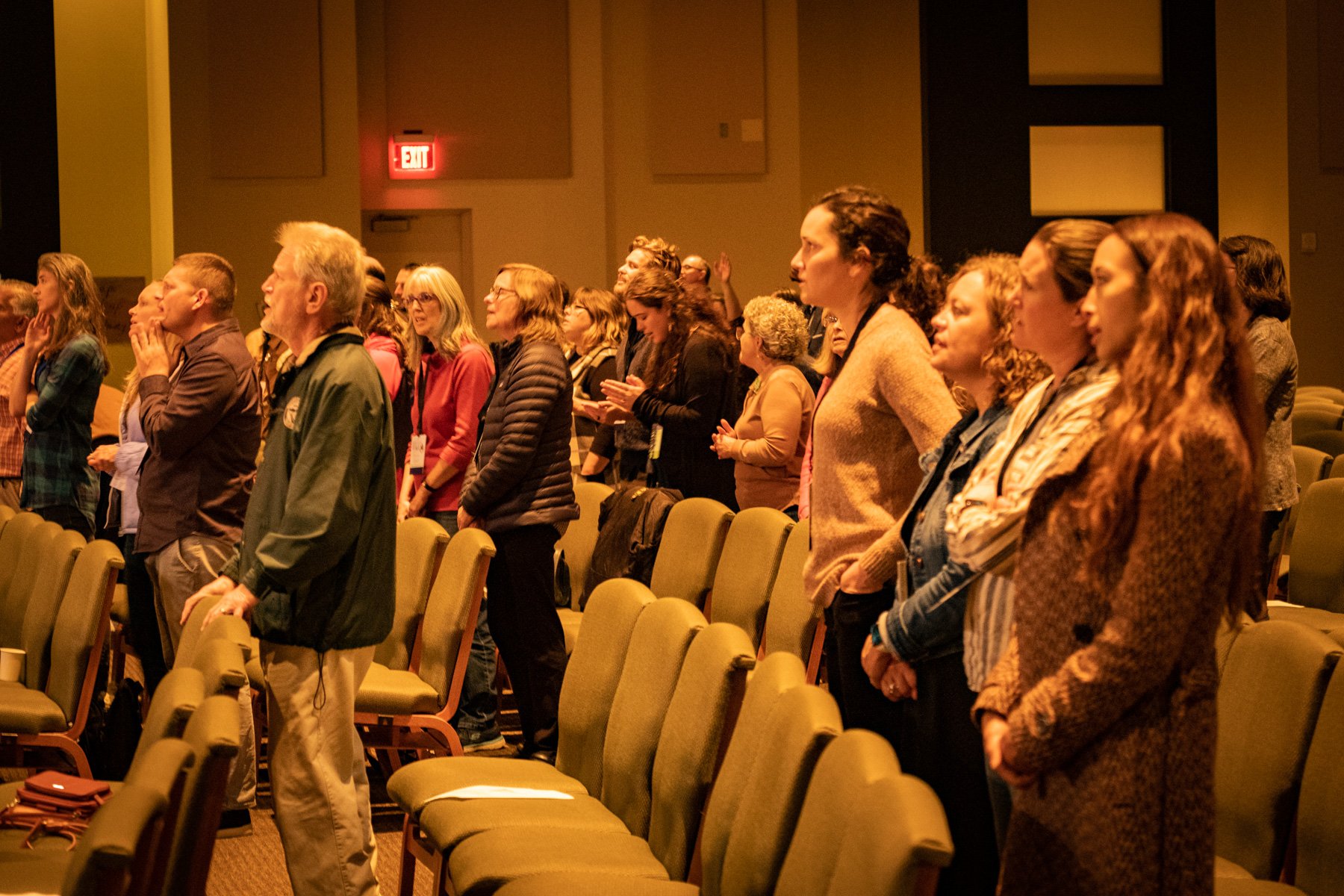
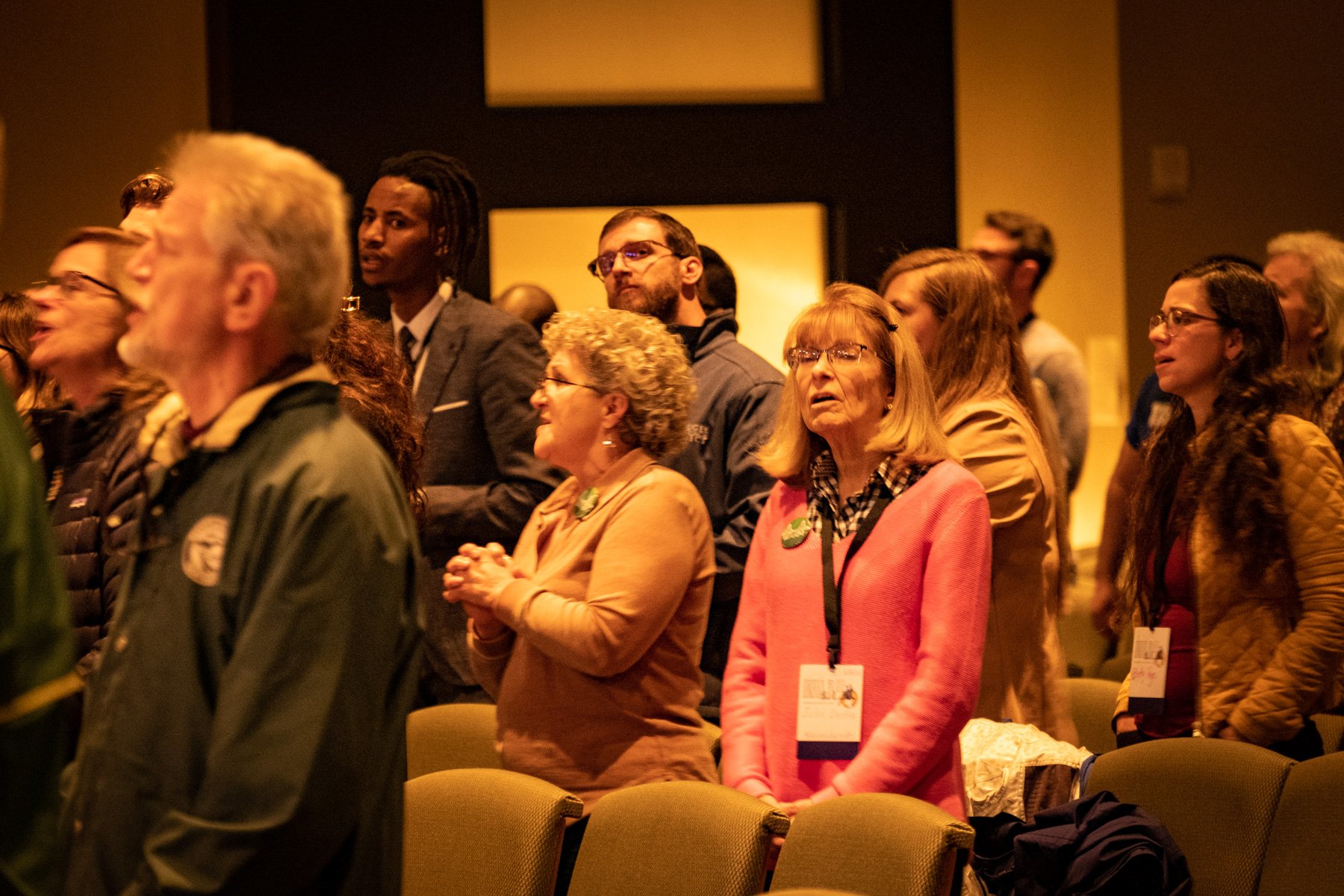
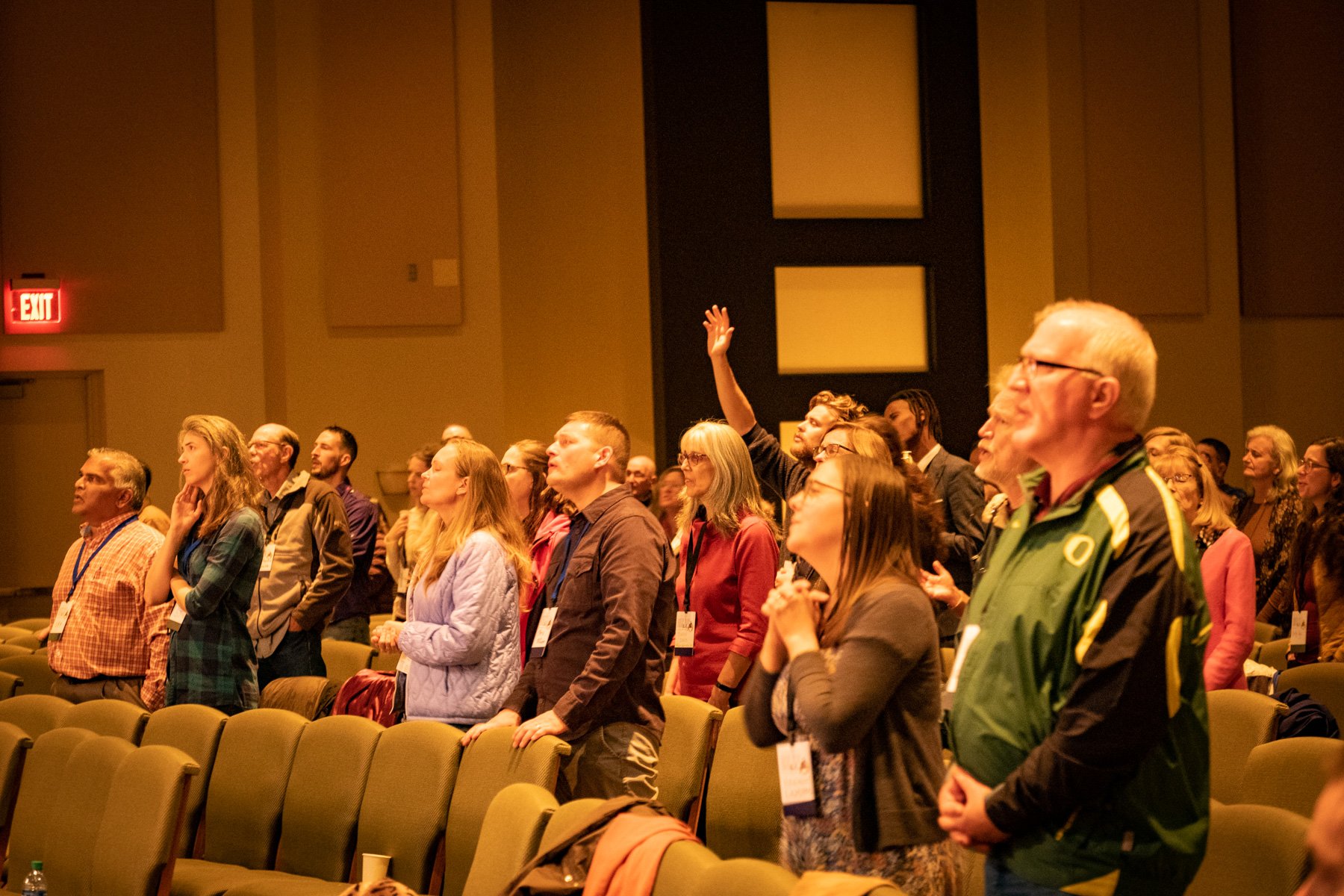

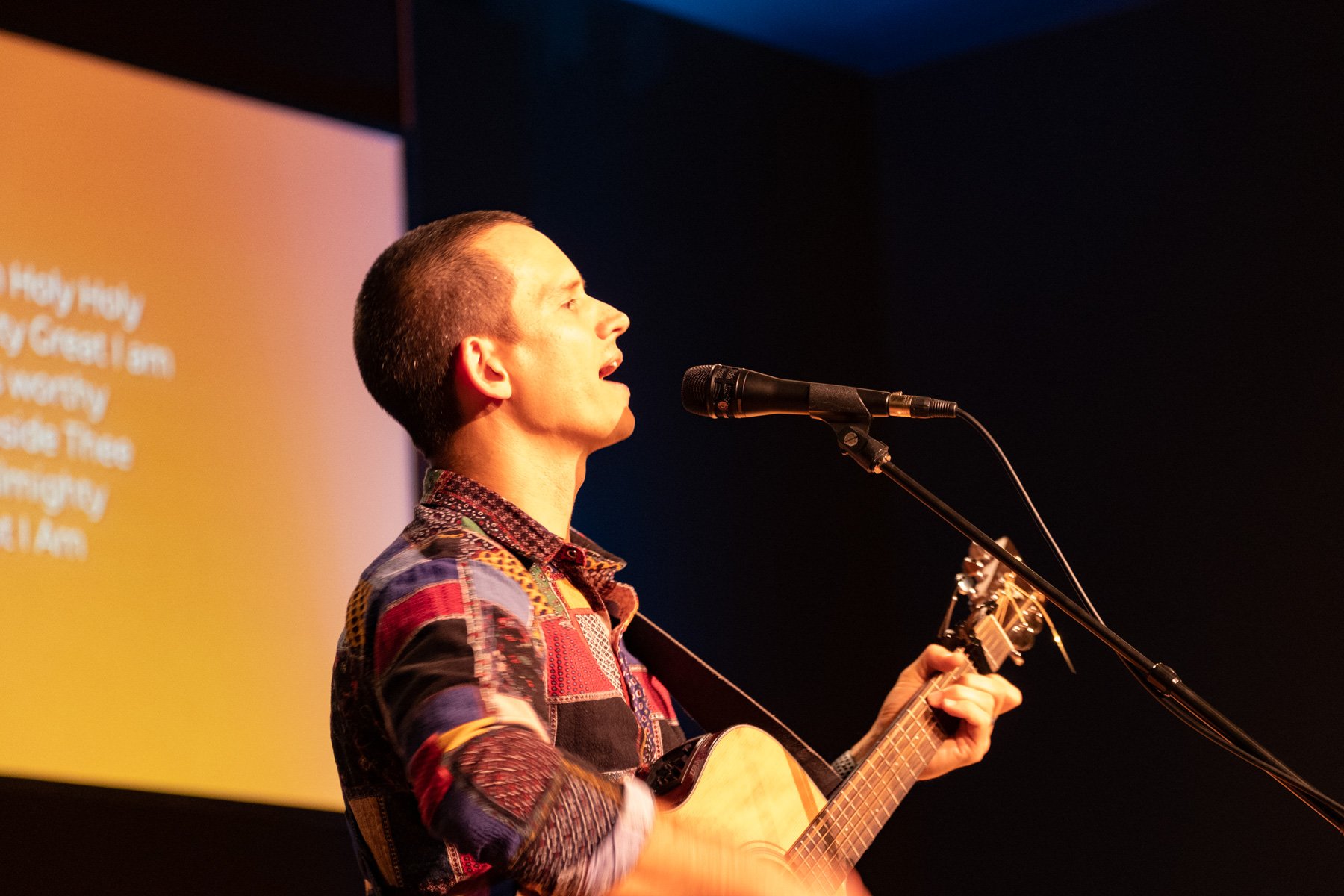
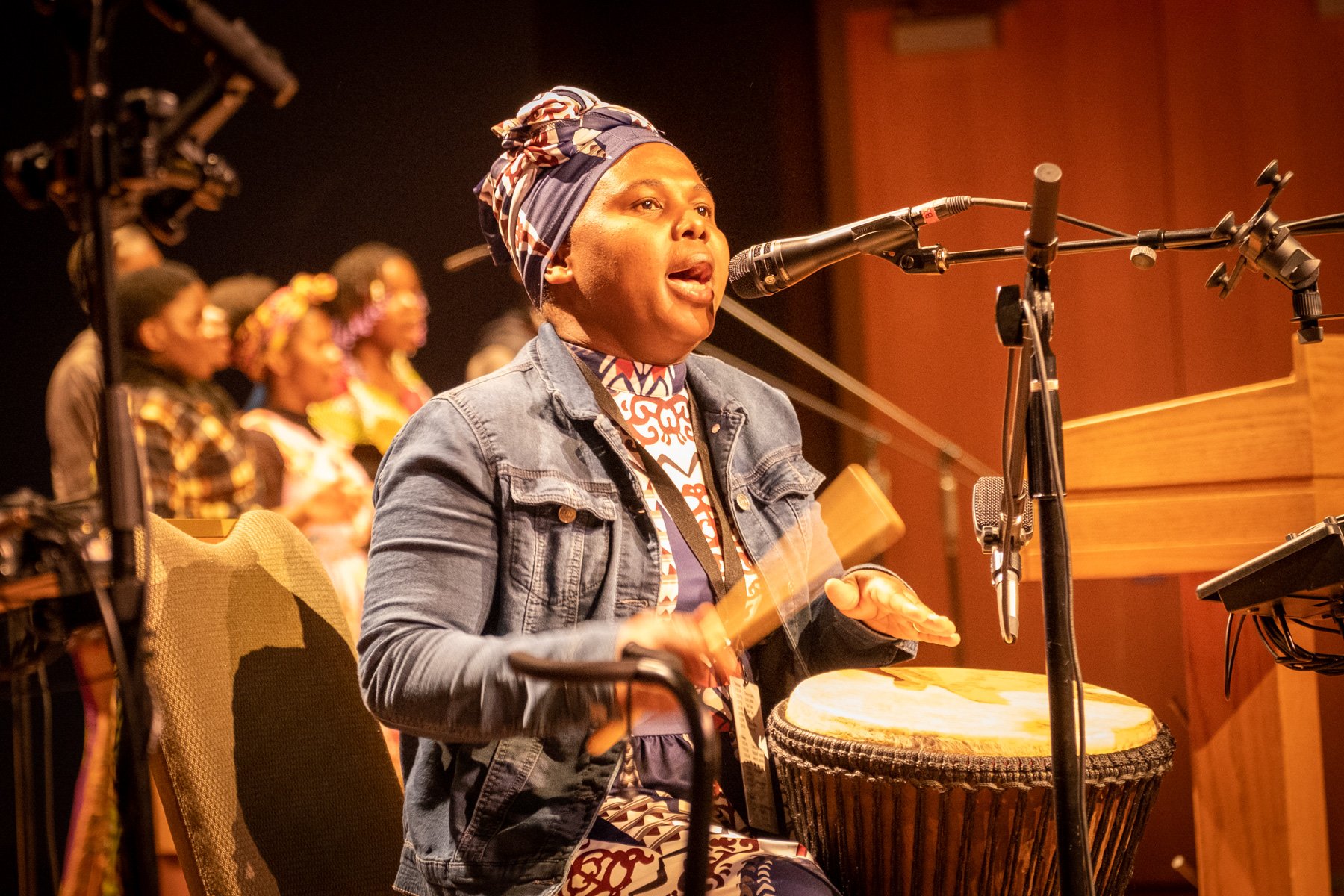
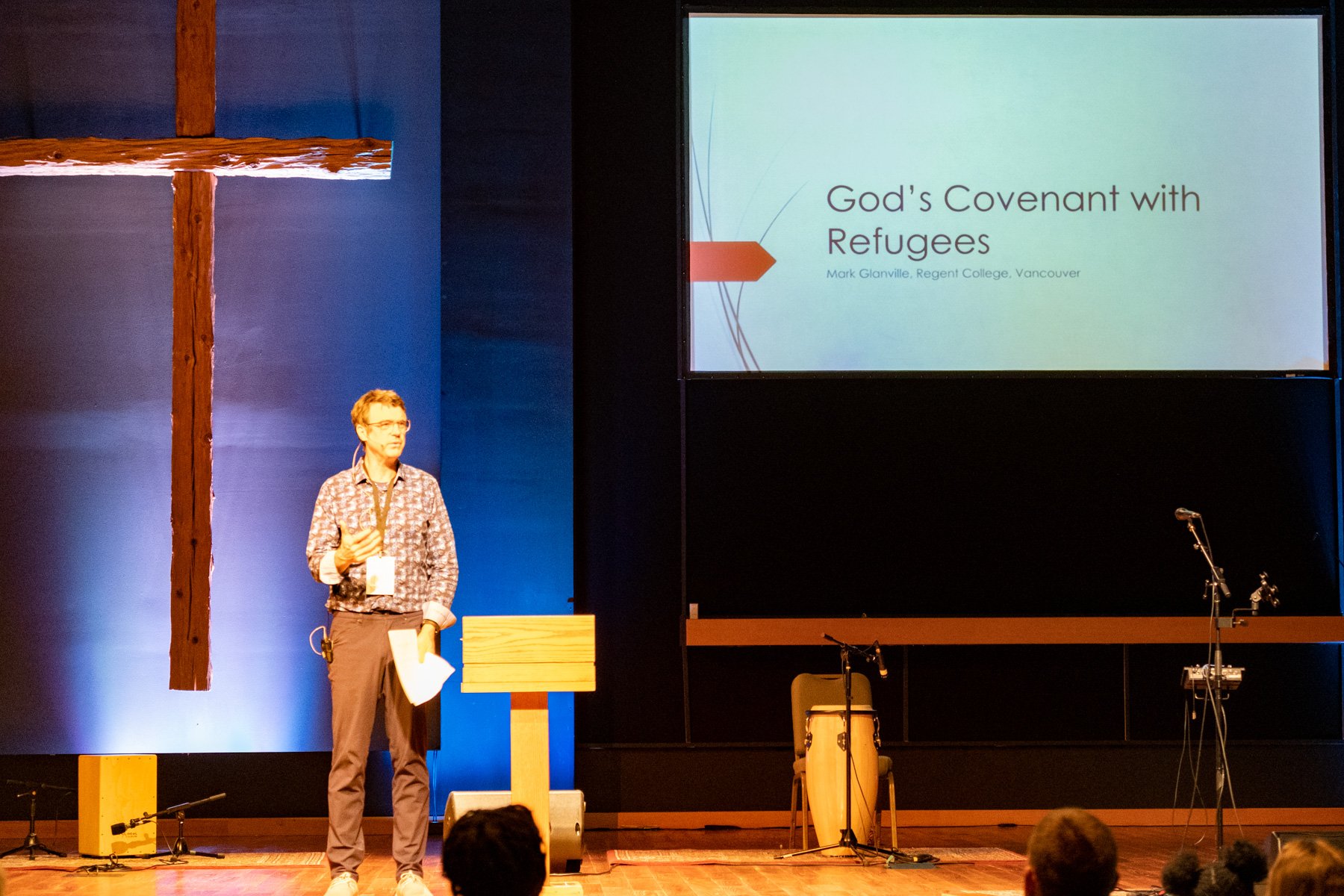
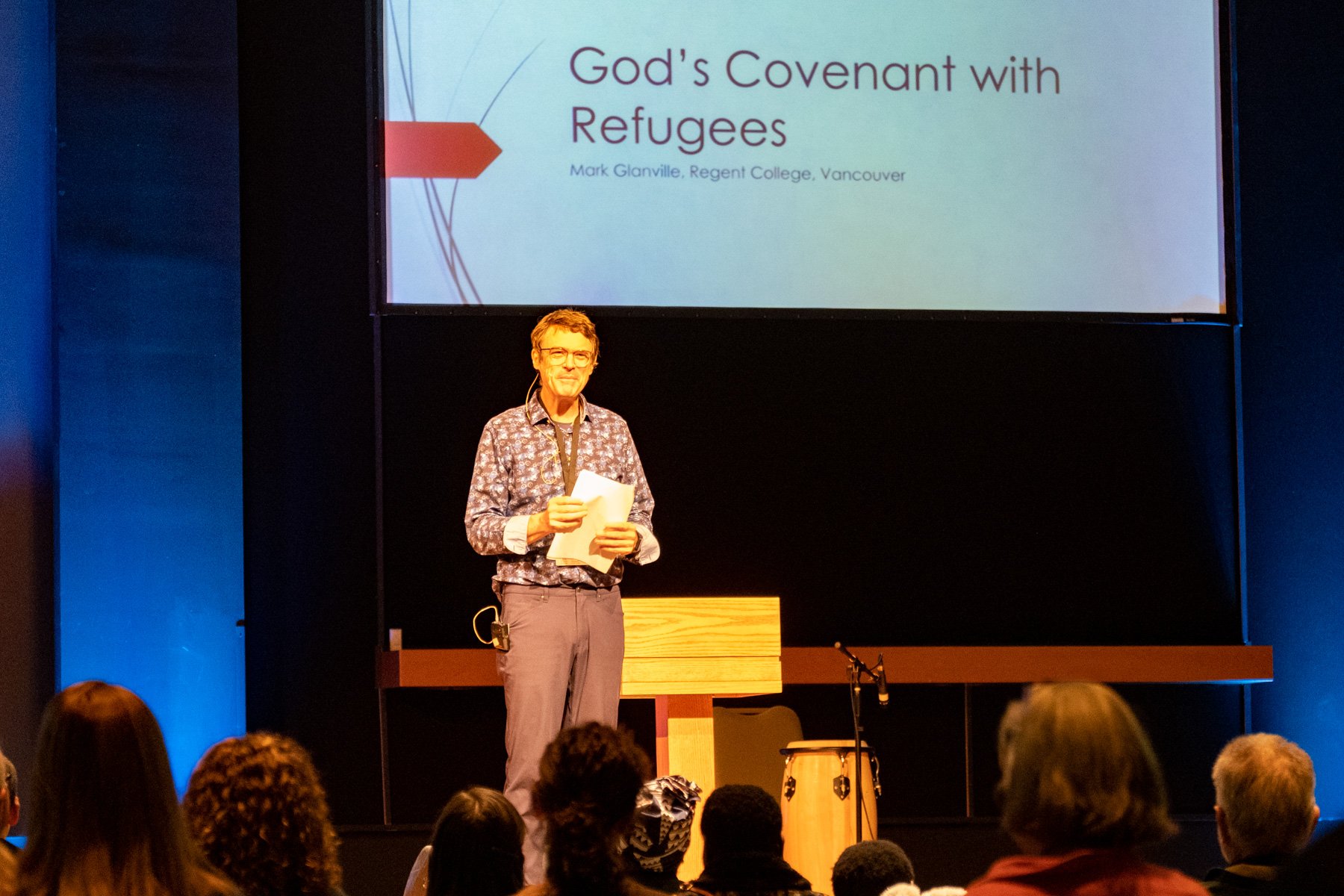
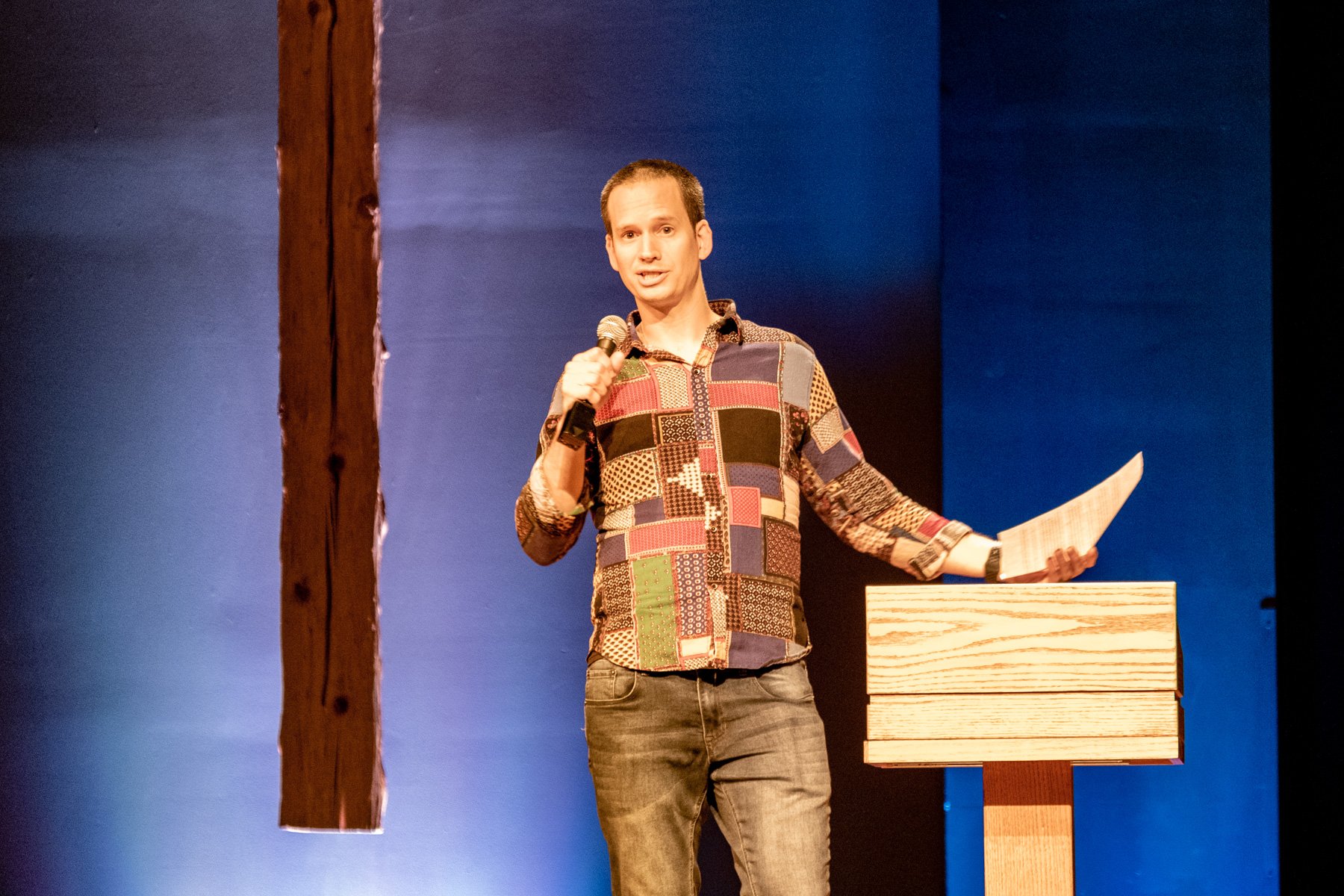
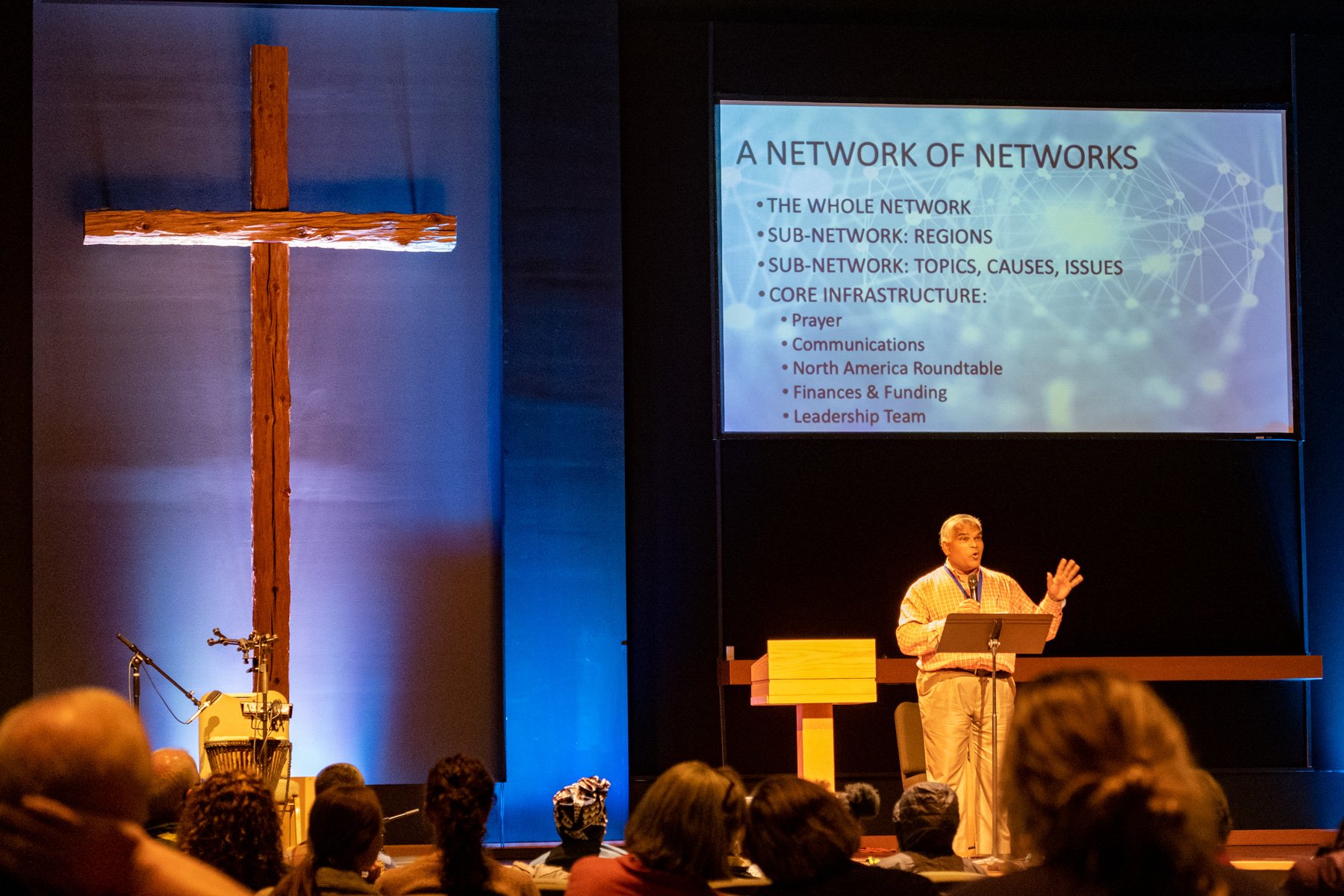
Regional Focus & Northwest Regional Breakout
Photo credits: Tim Cowley (Instagram @timcowleypdx)
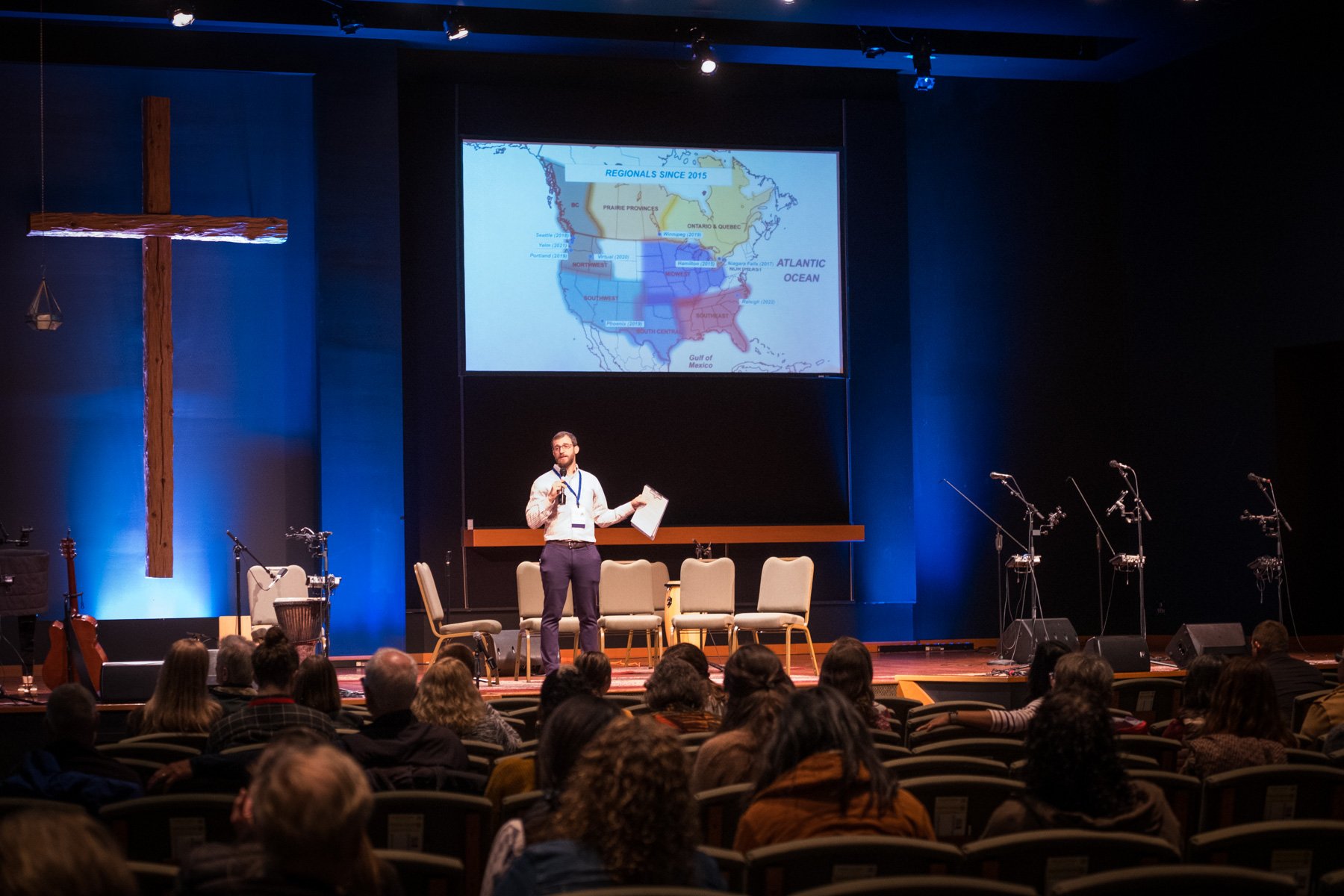
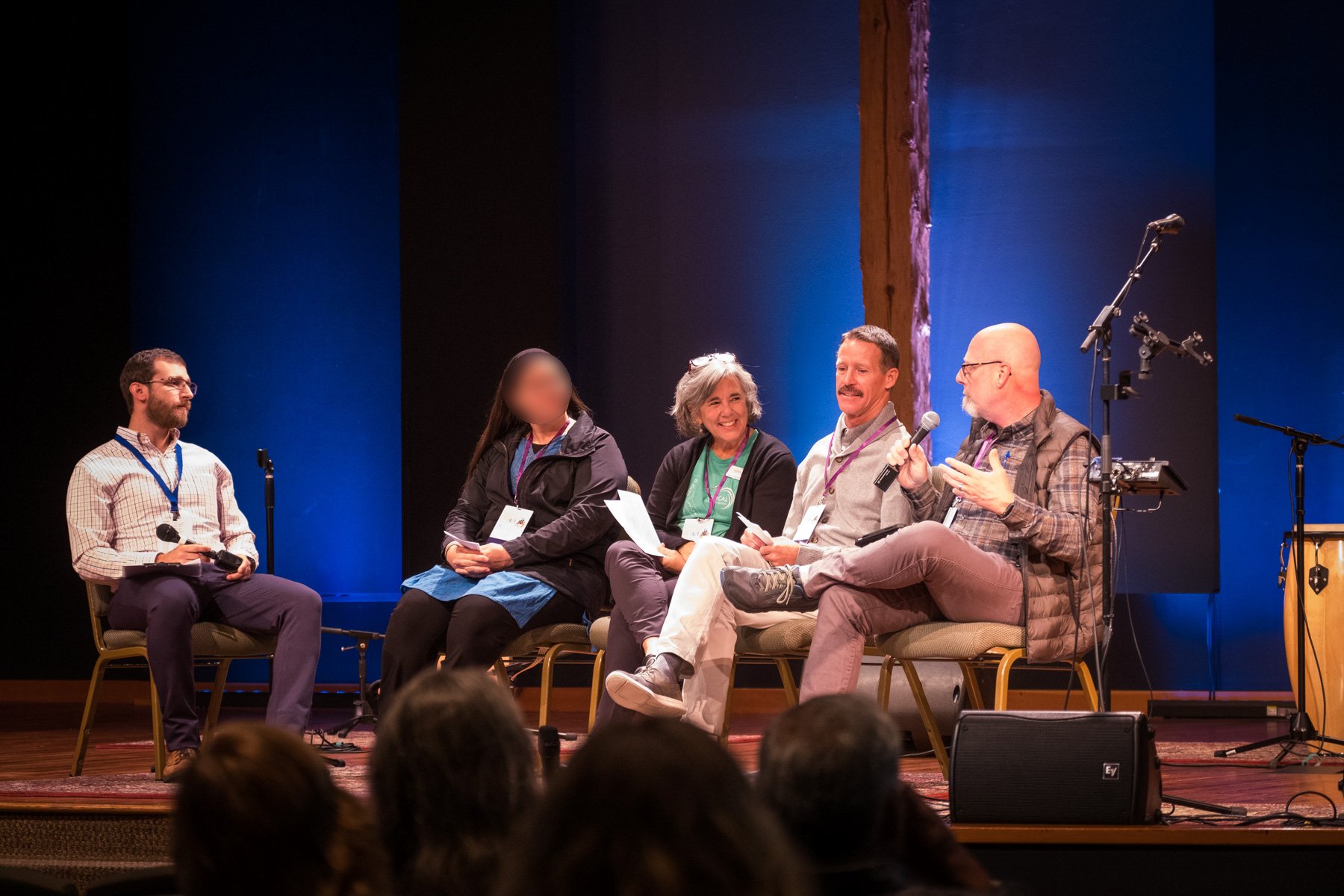

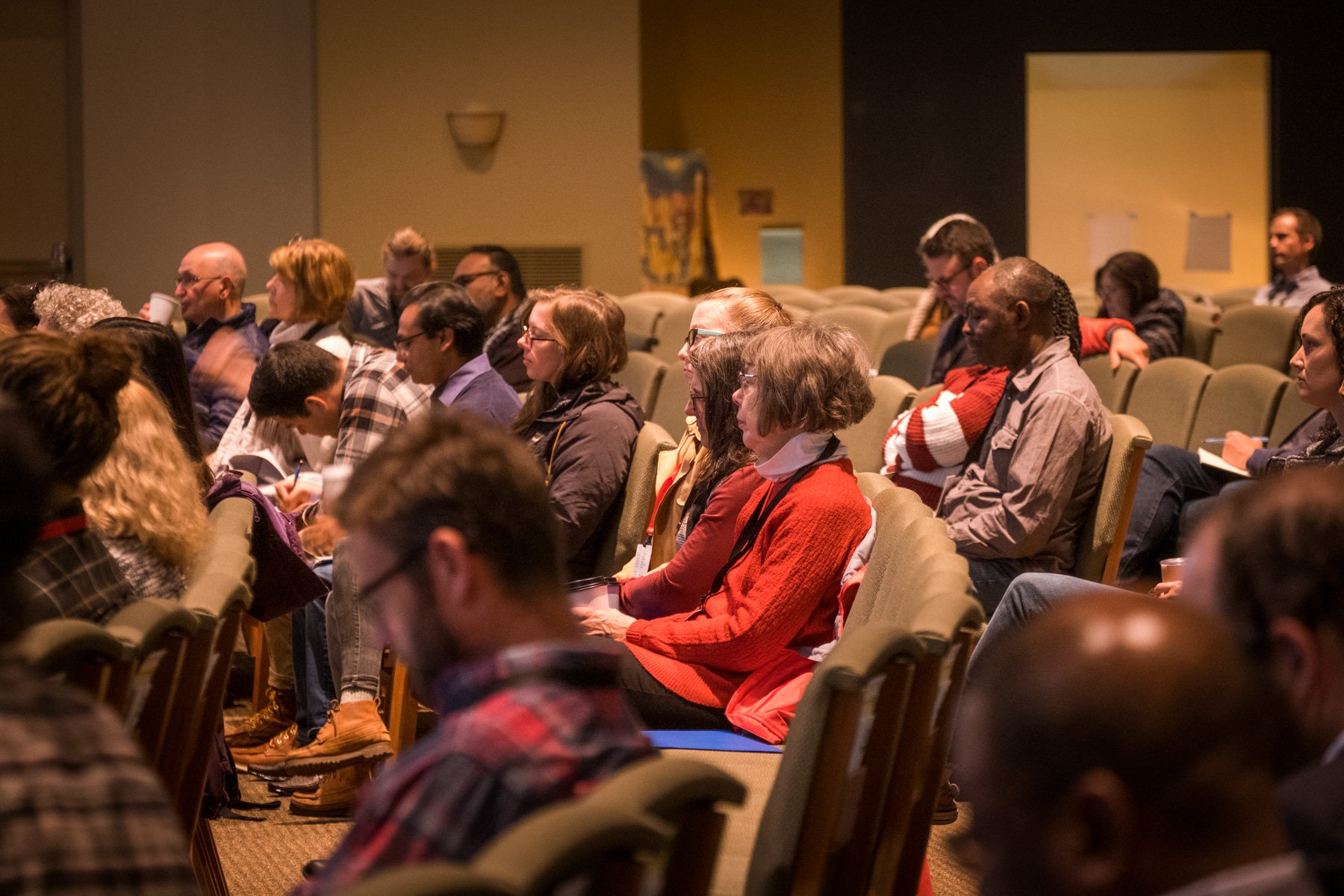
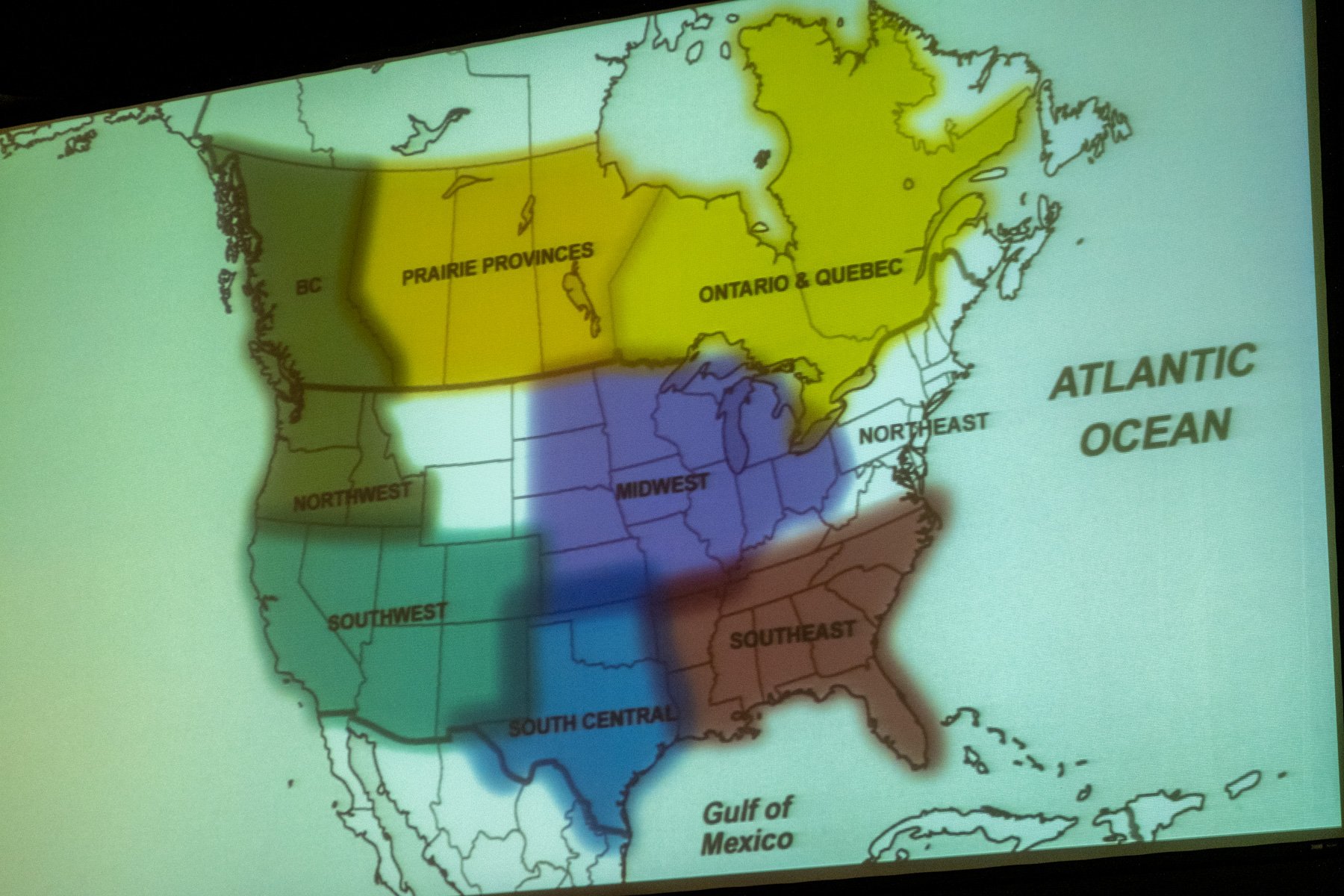

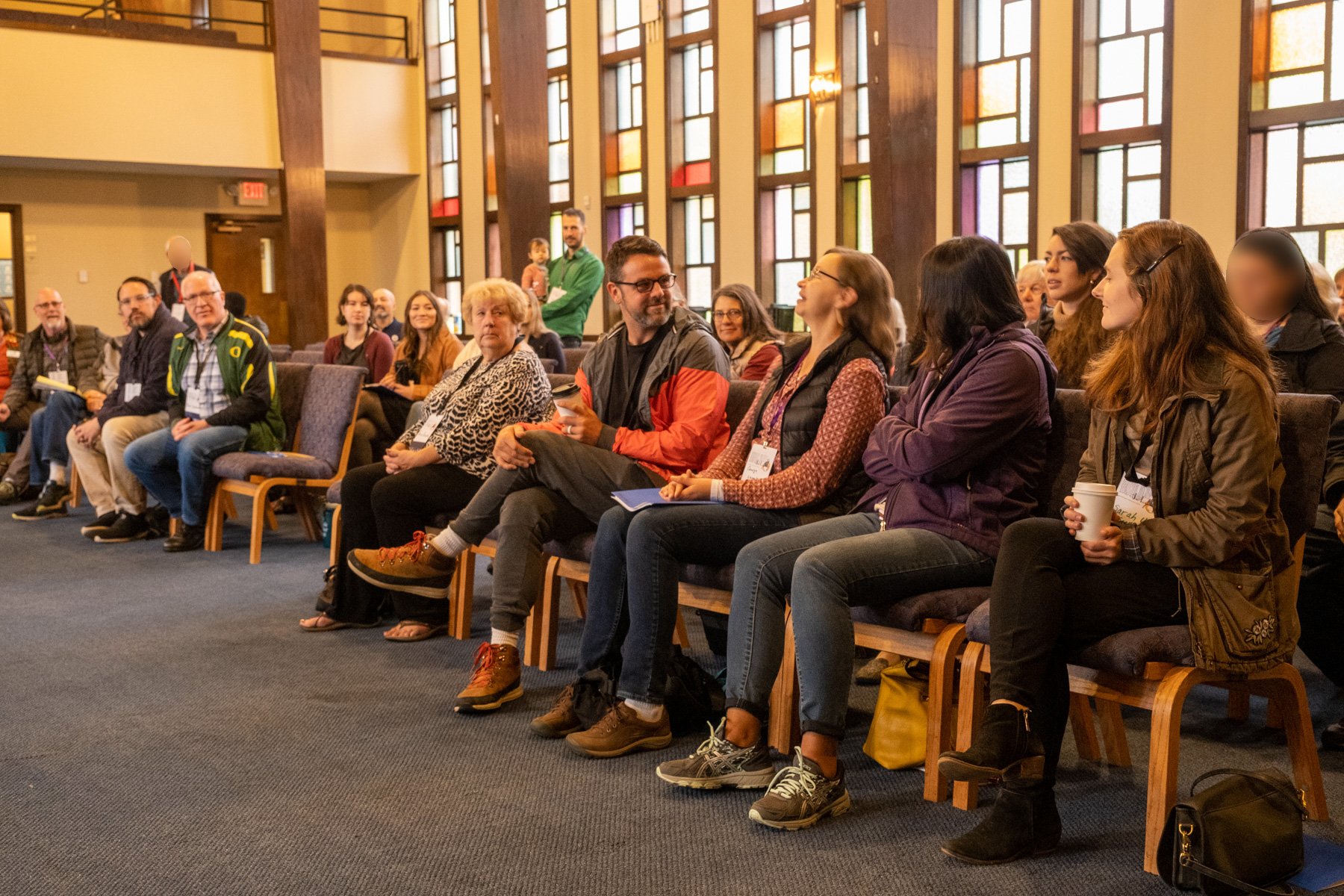
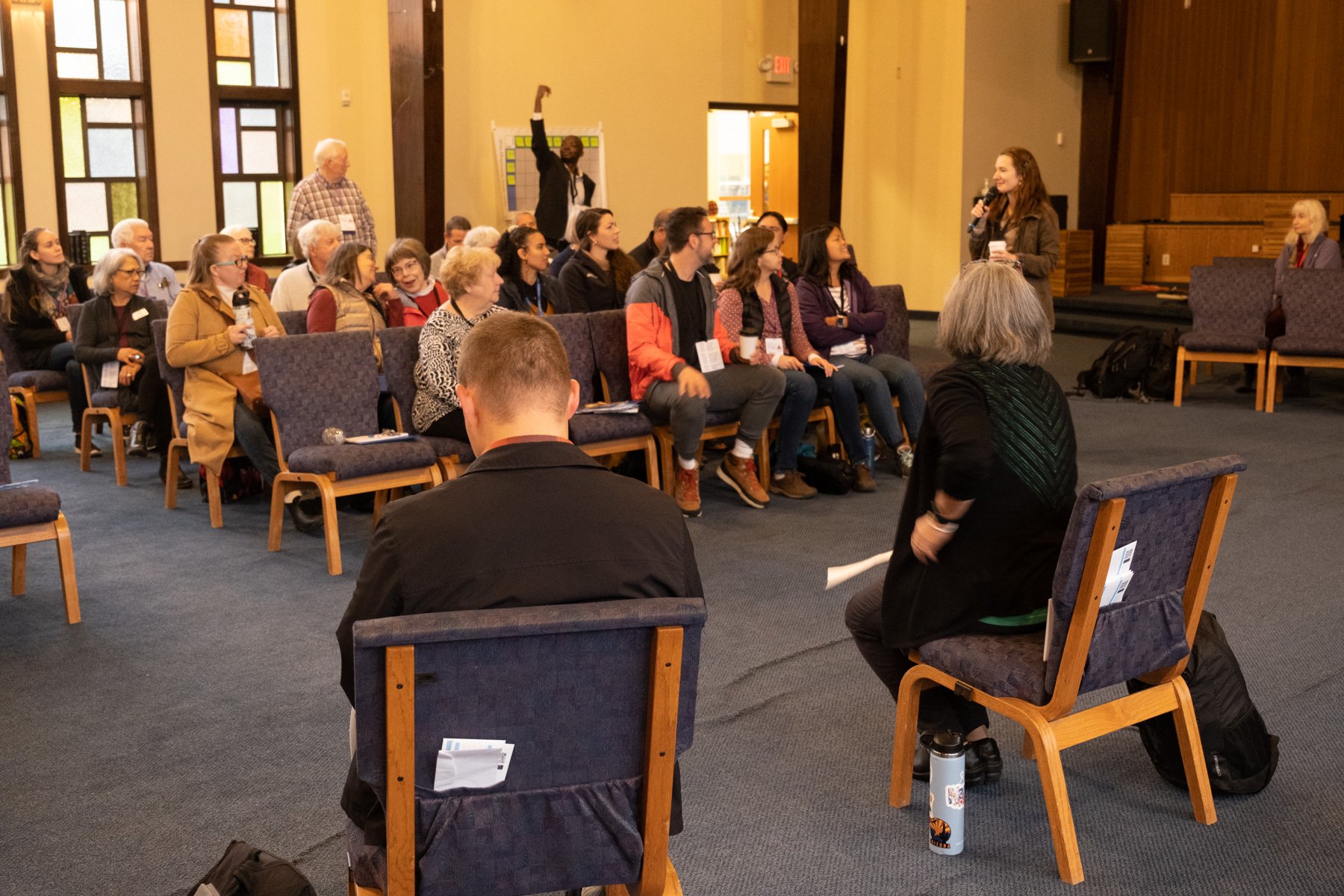
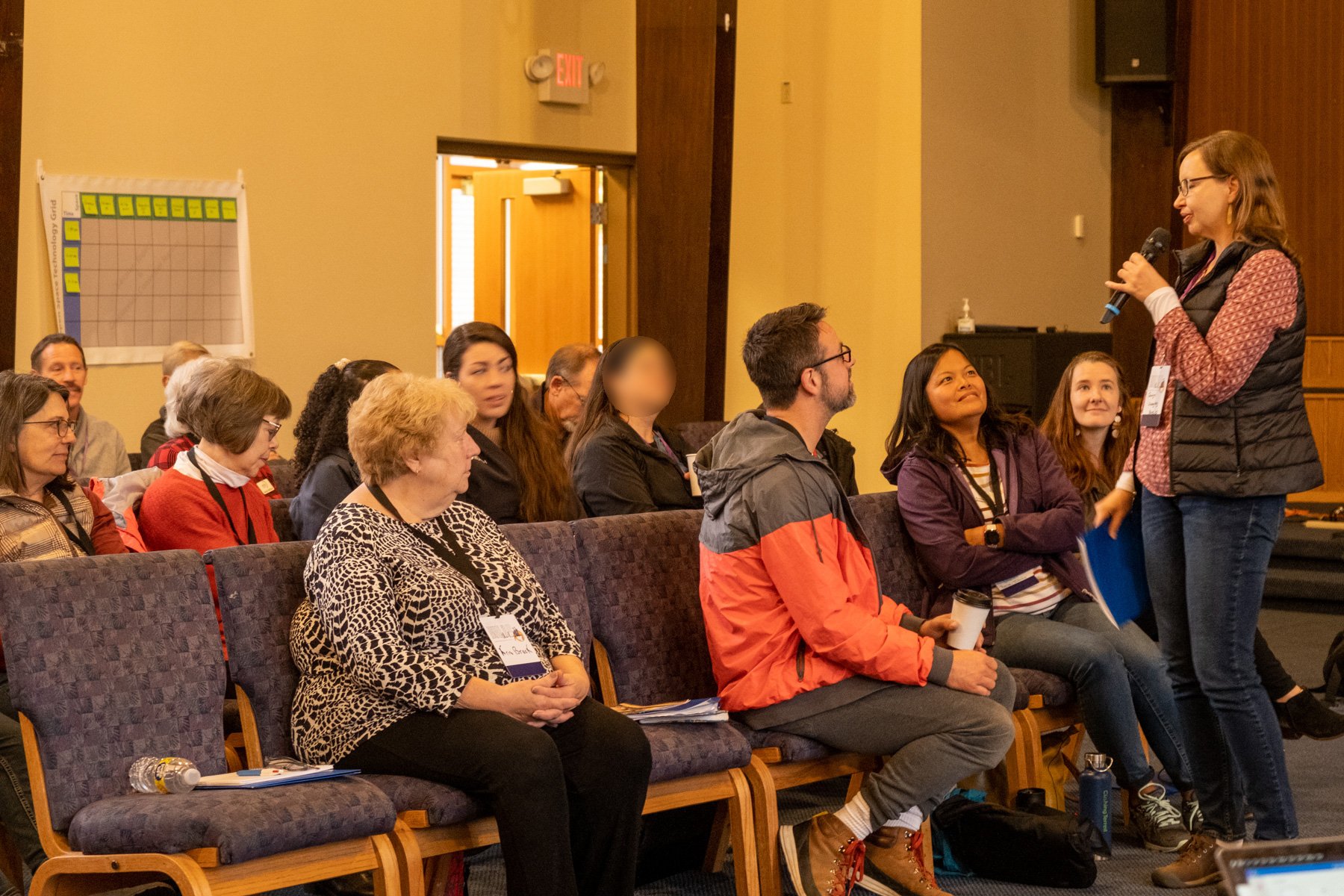
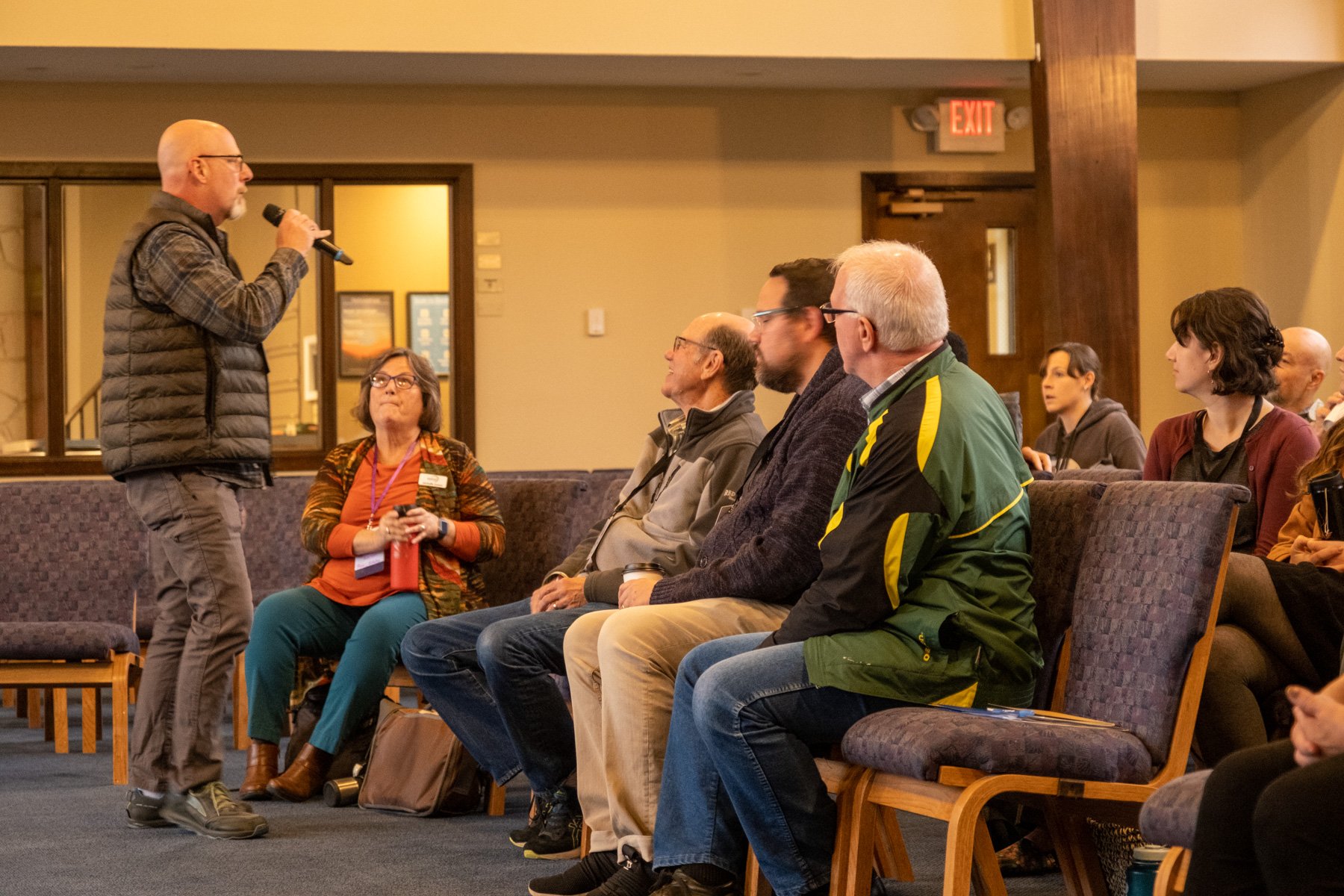
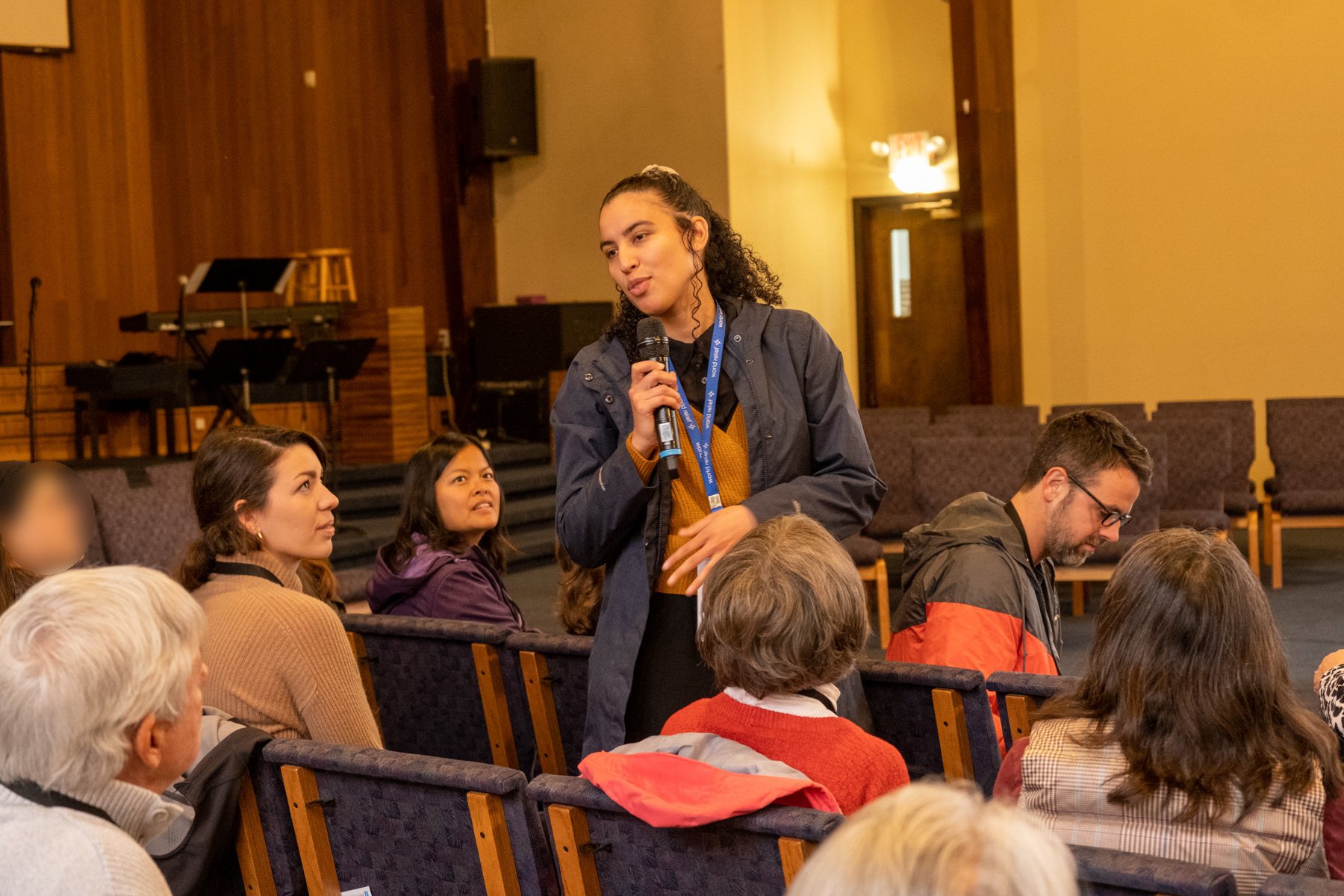
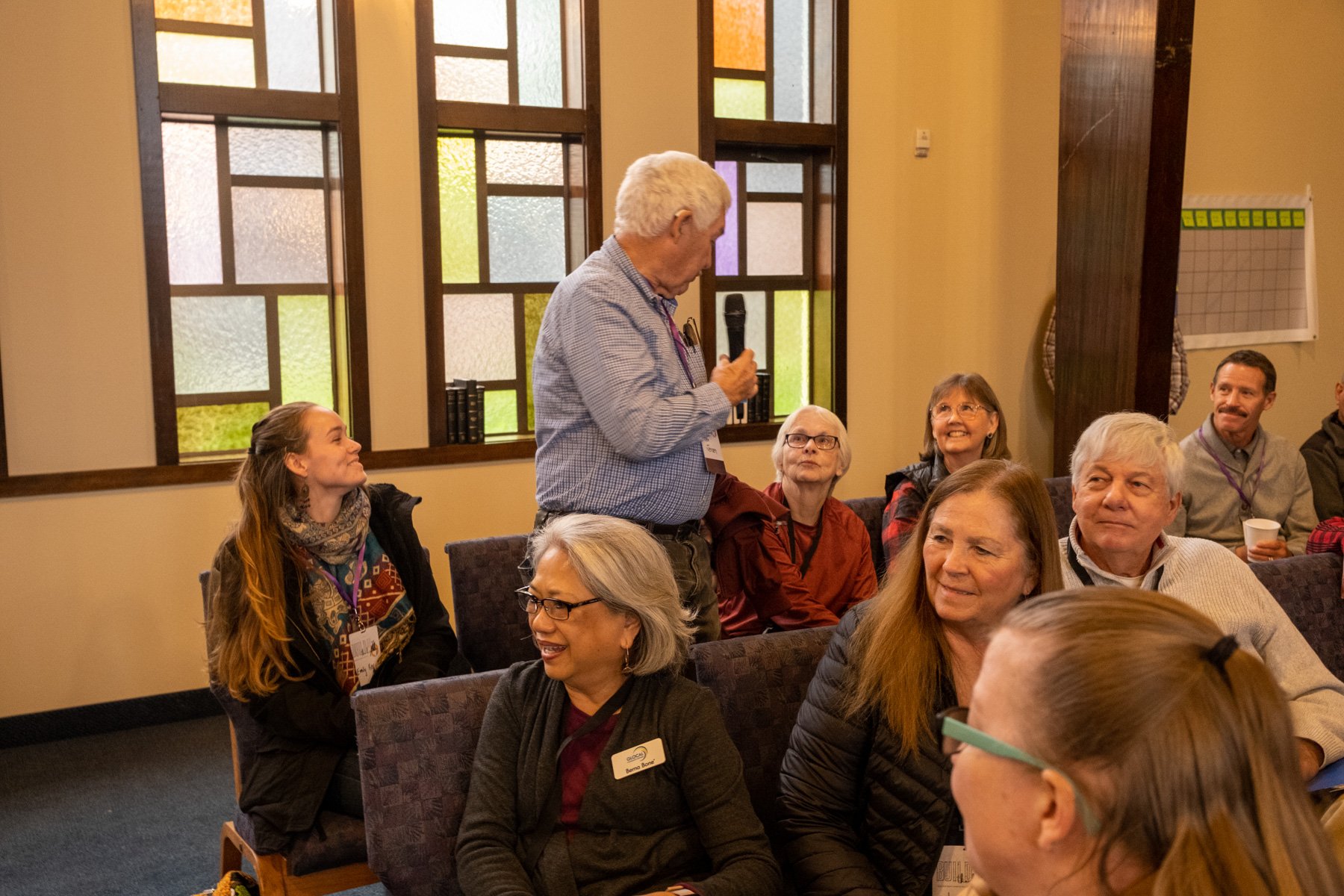
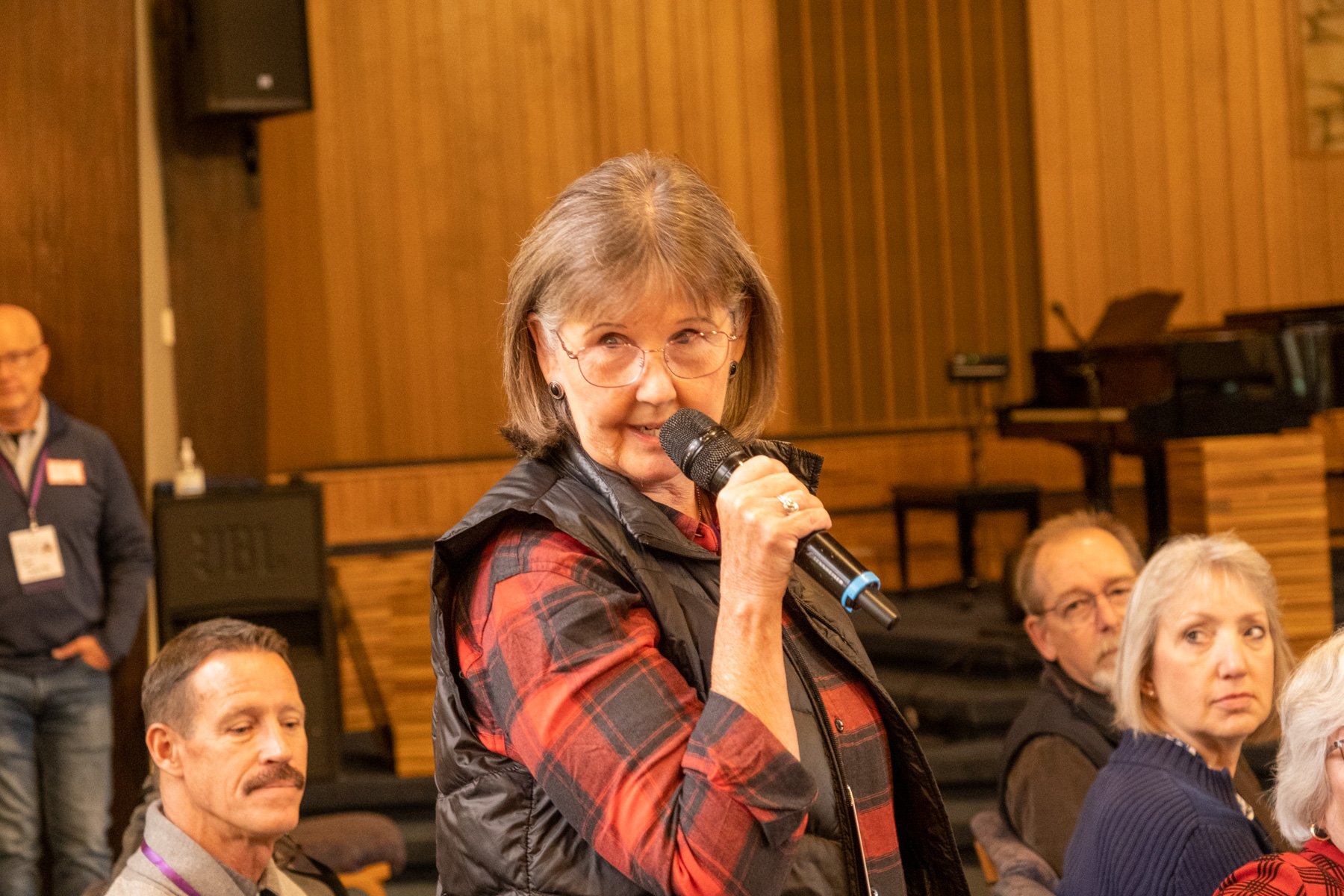
Network Activation Photos
Photo credits: James Metelak (Instagram @privetfotog)

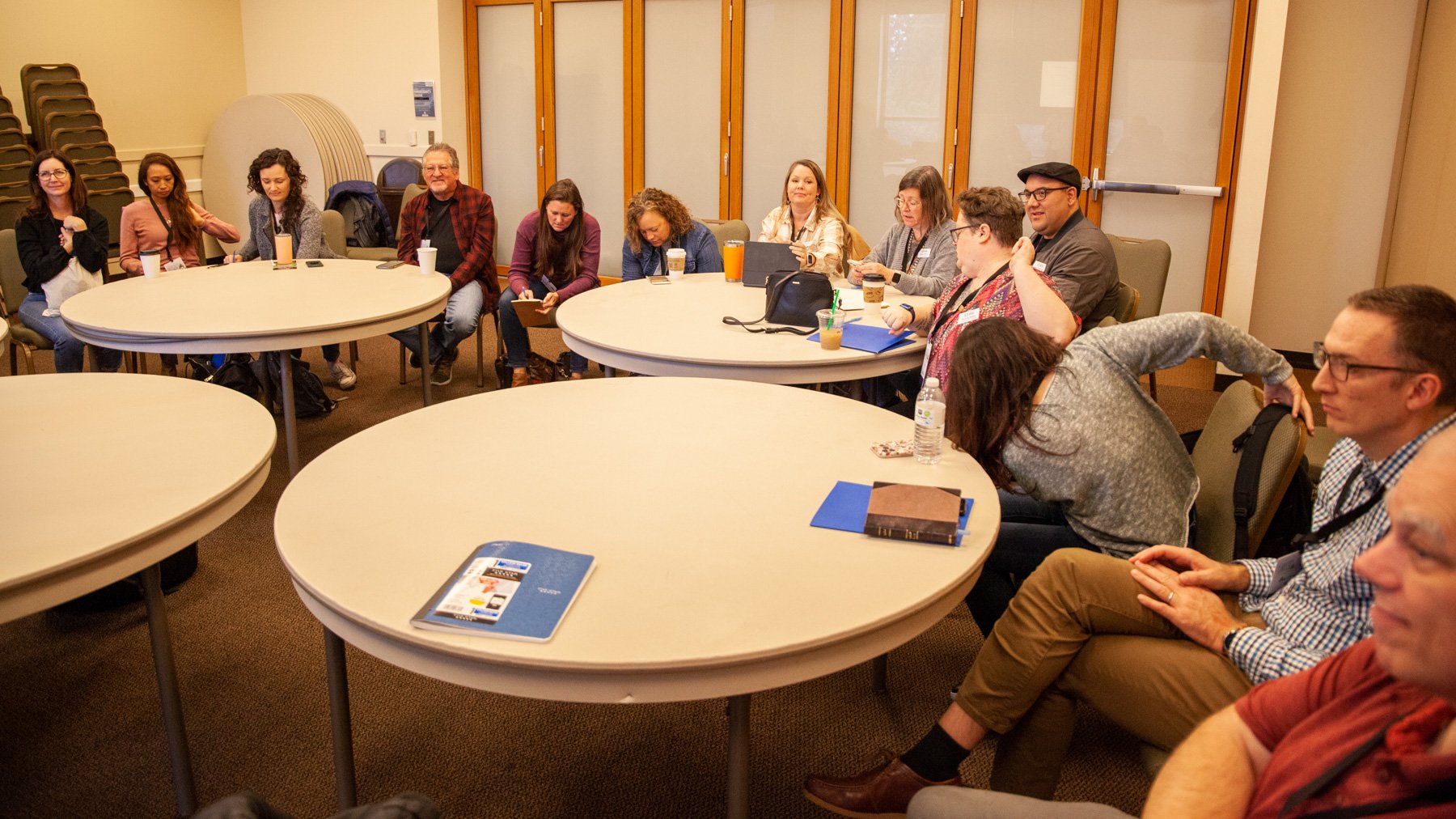
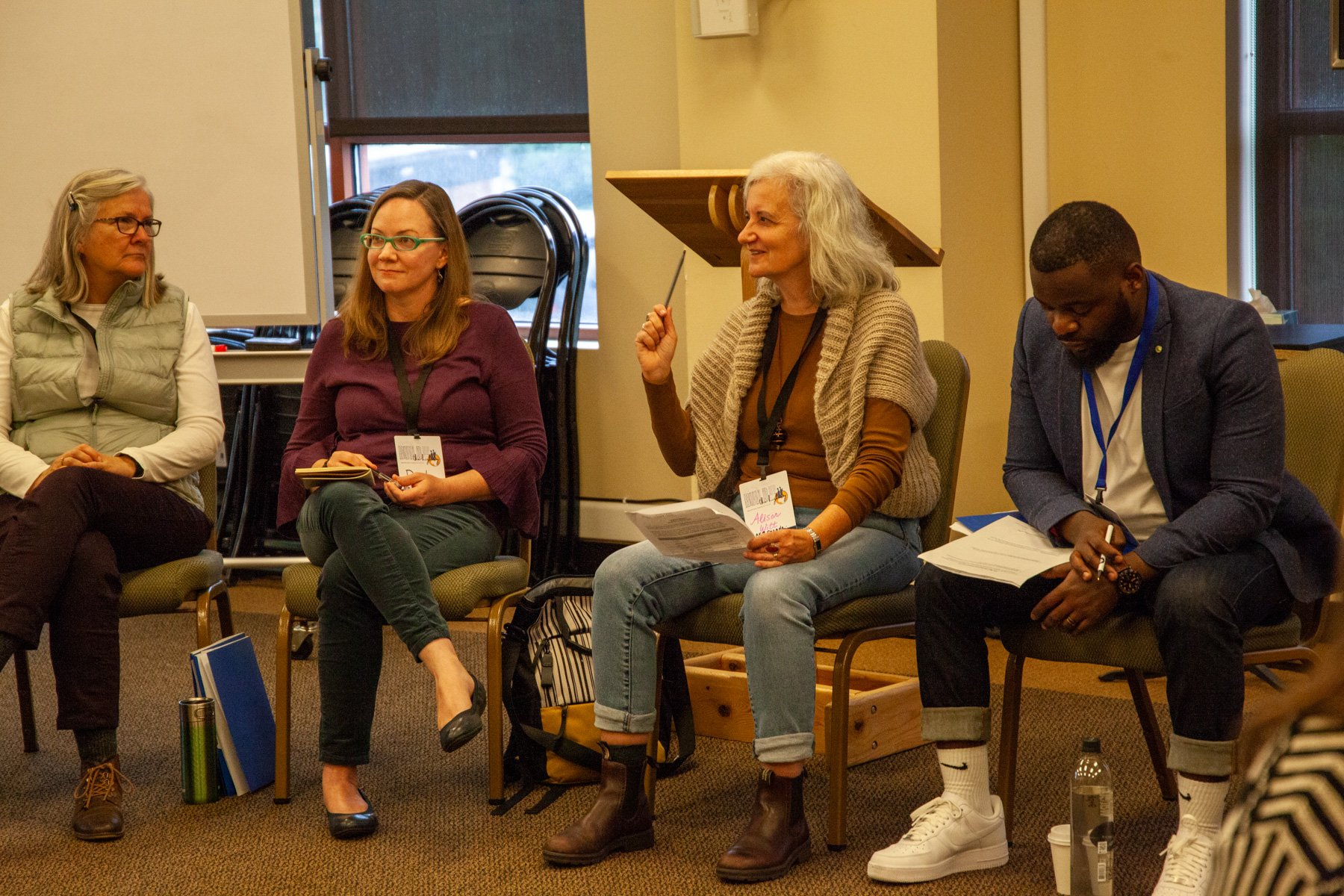
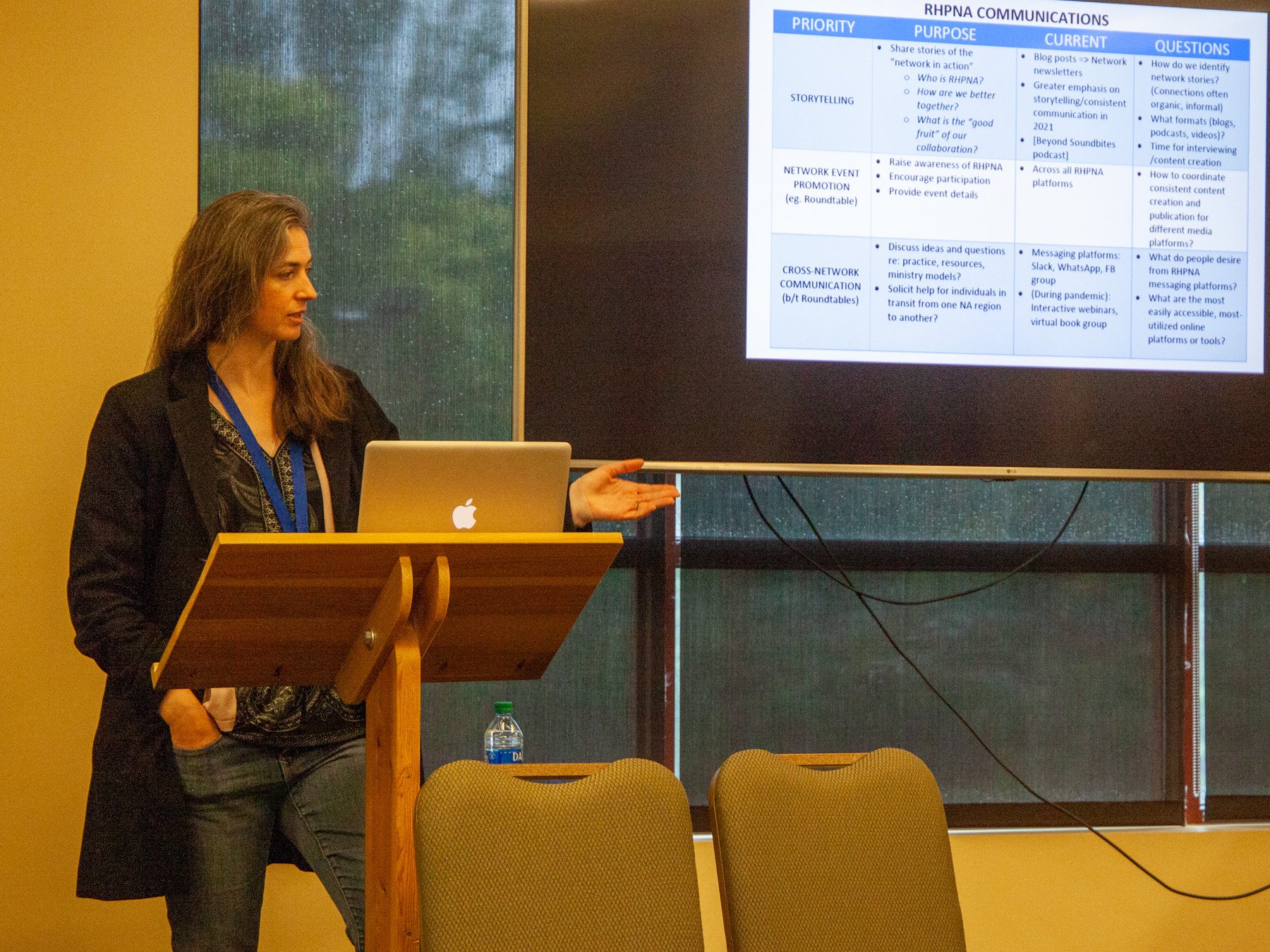
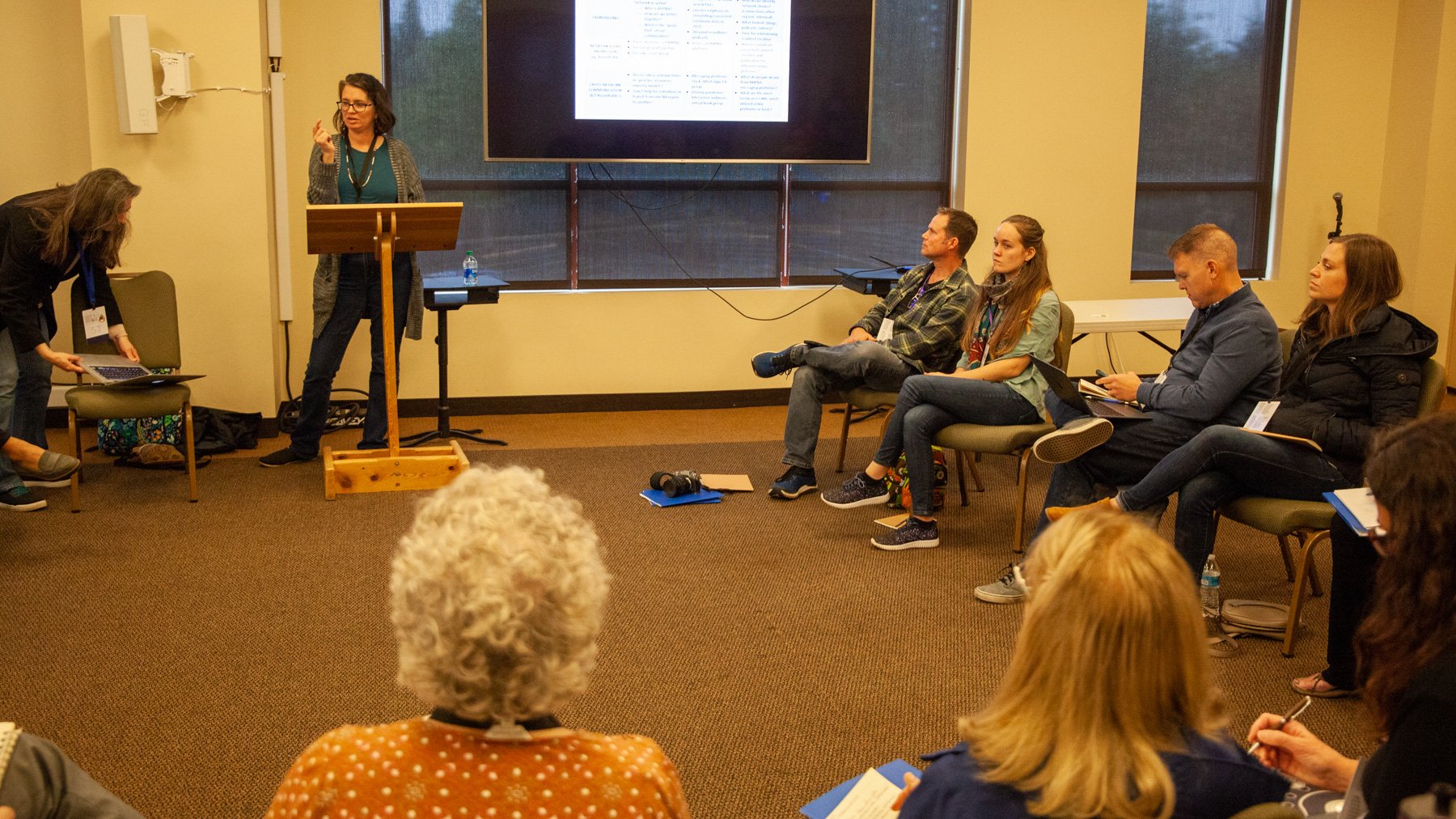
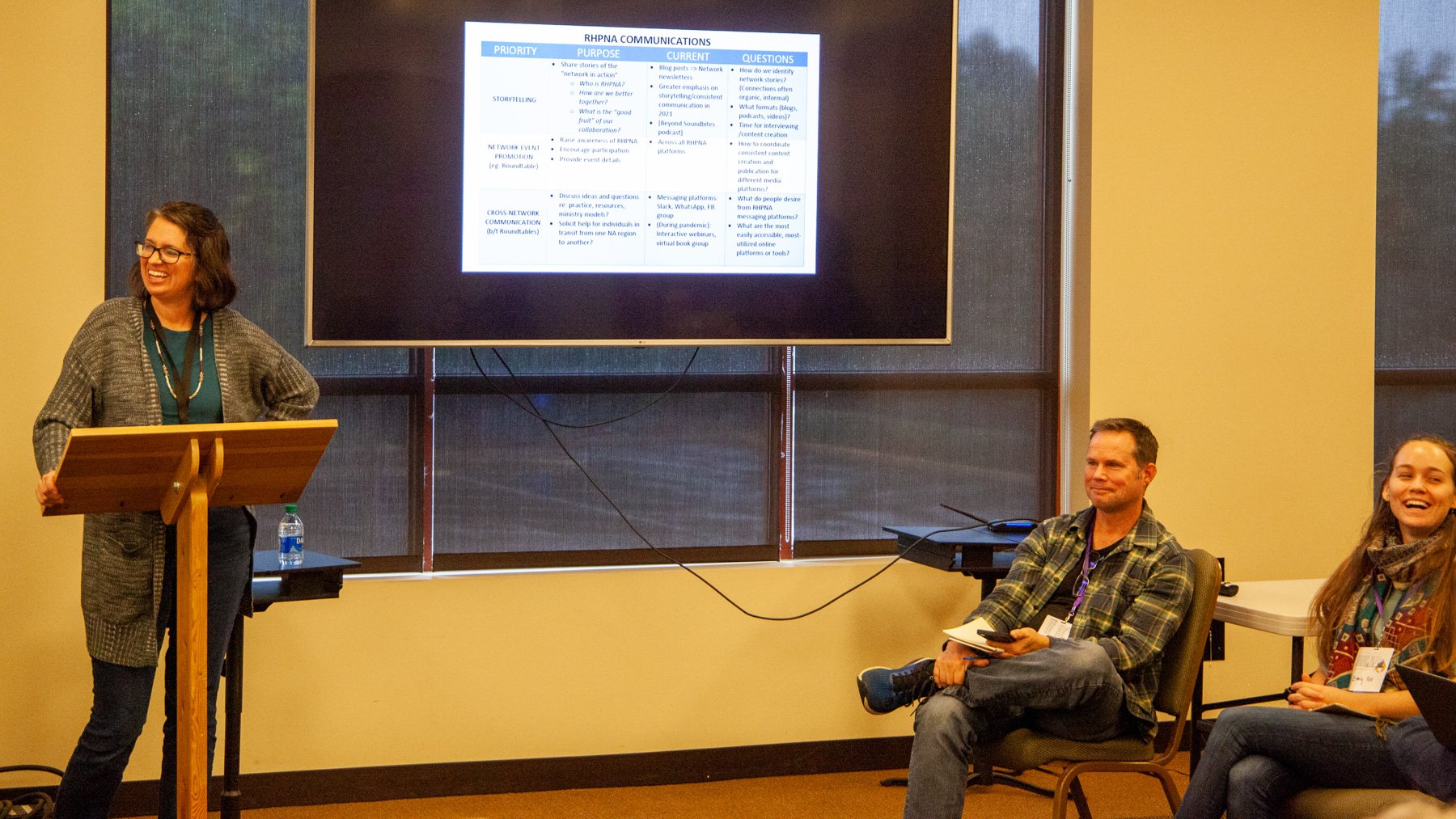
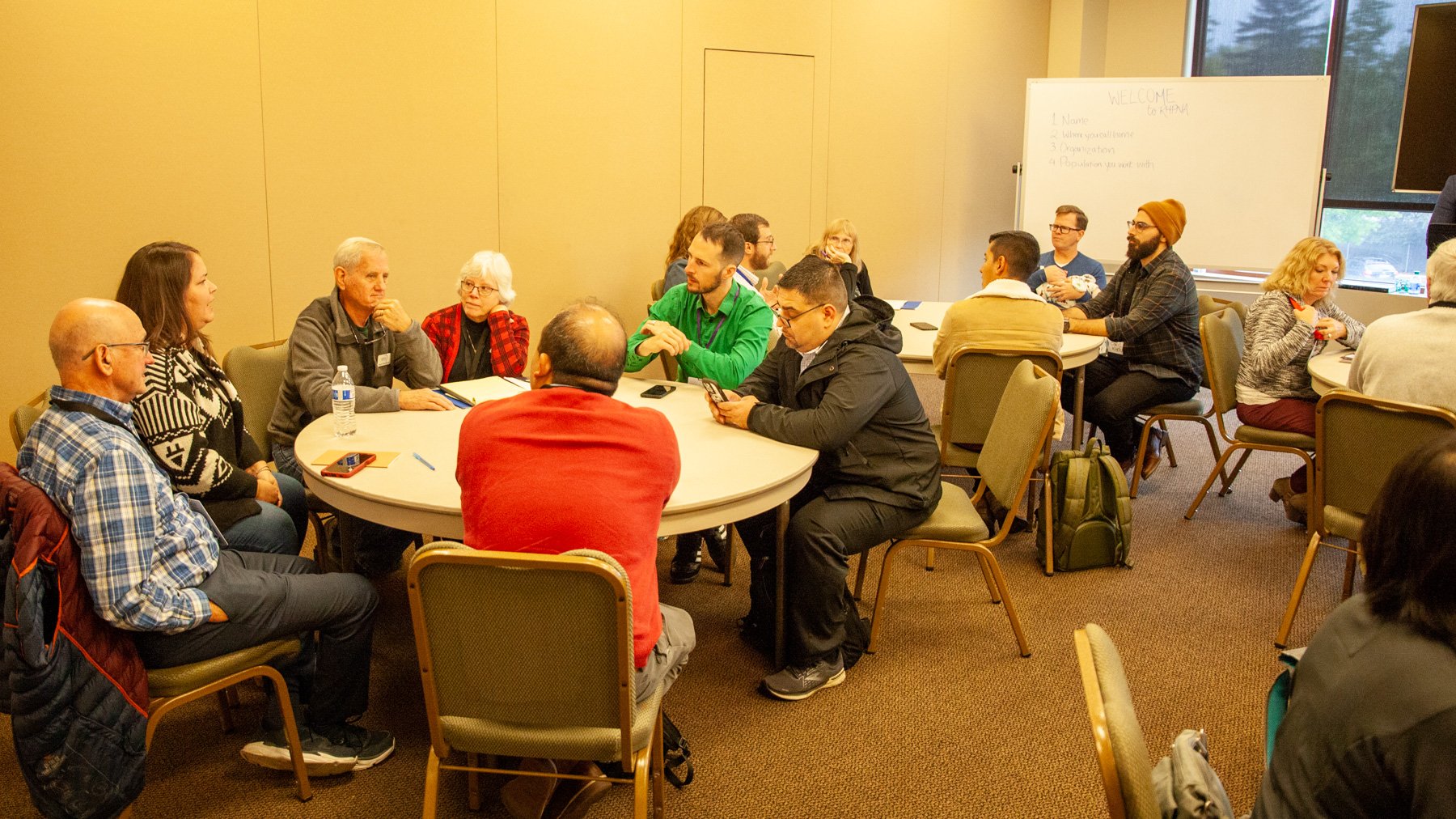

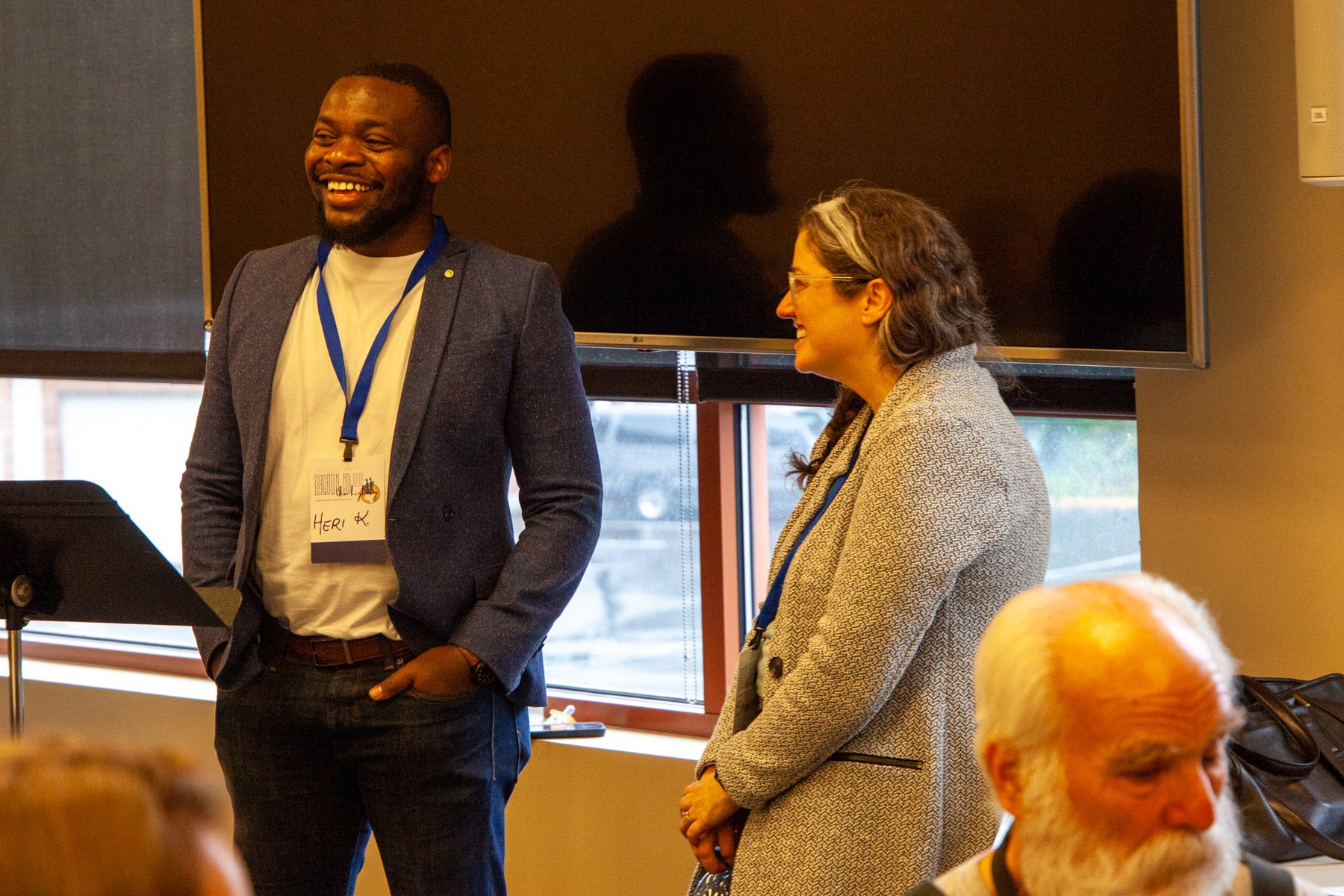
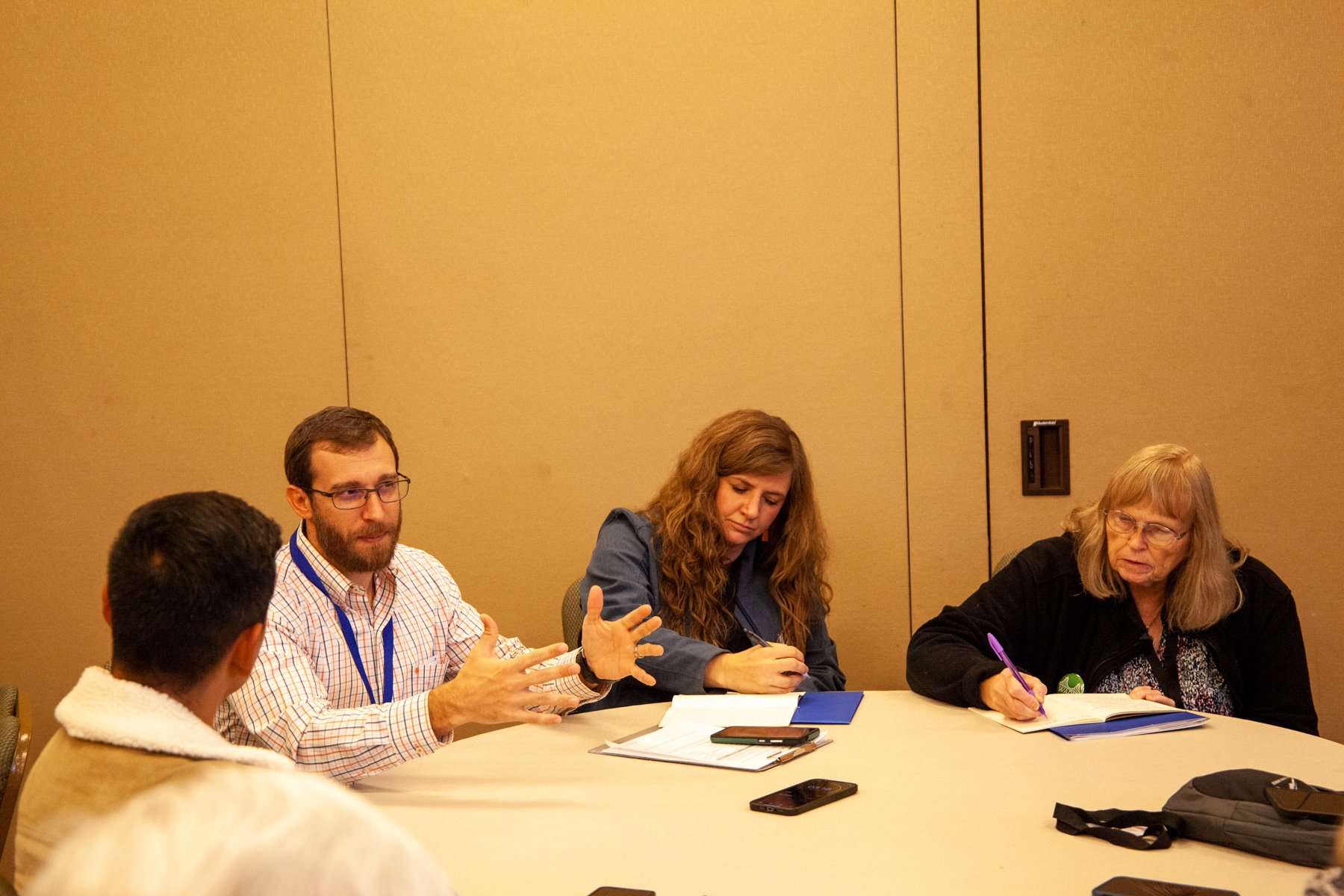
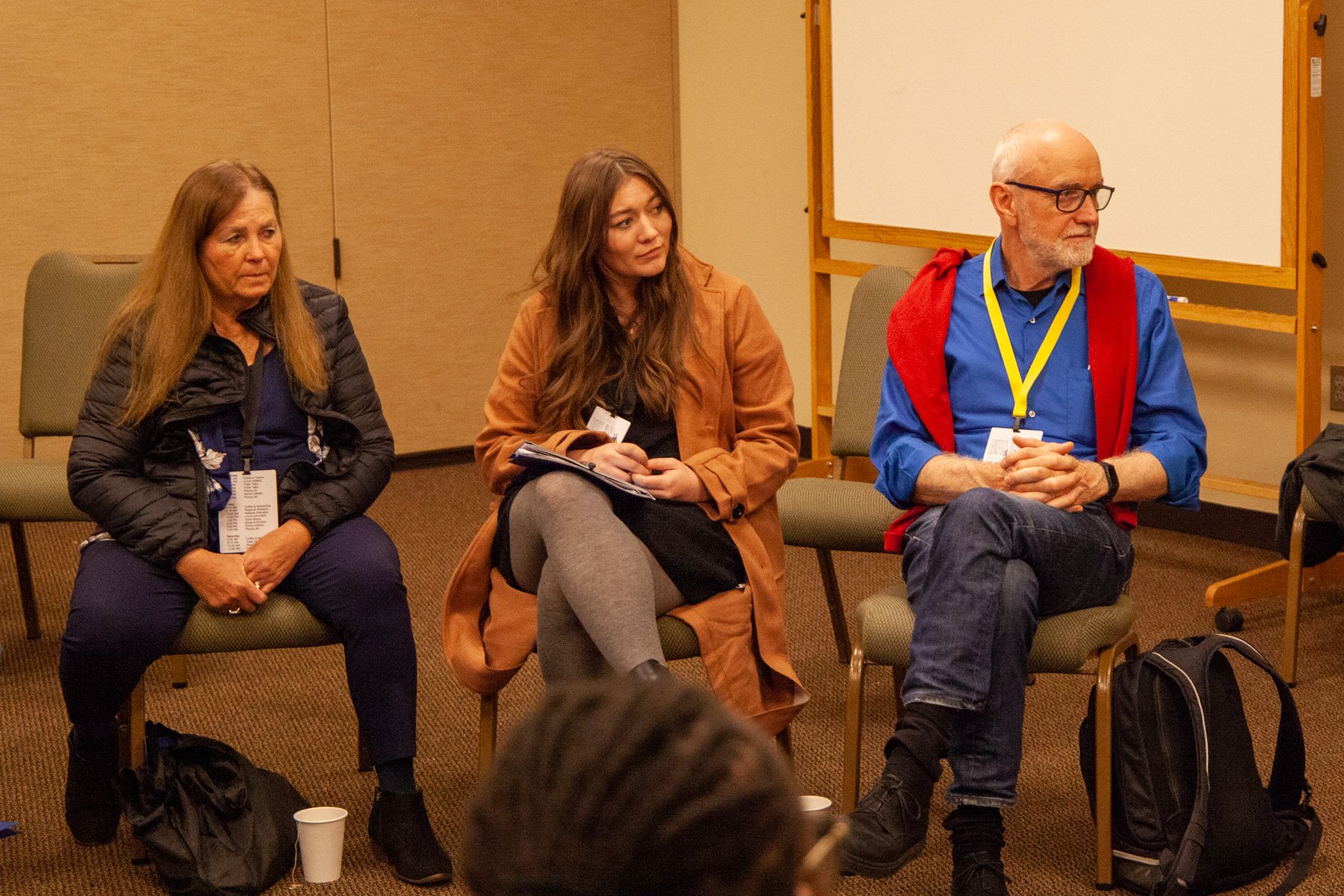
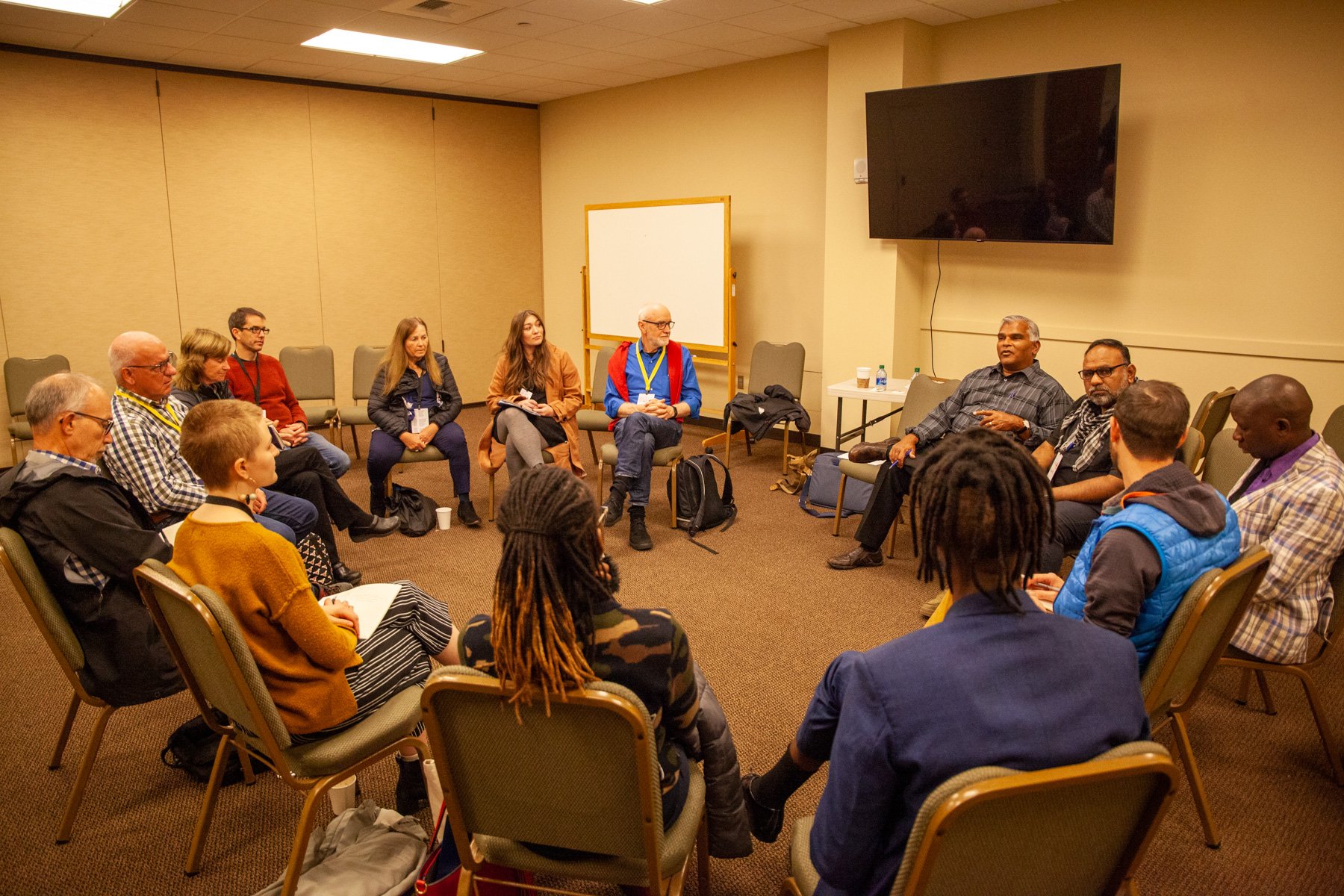

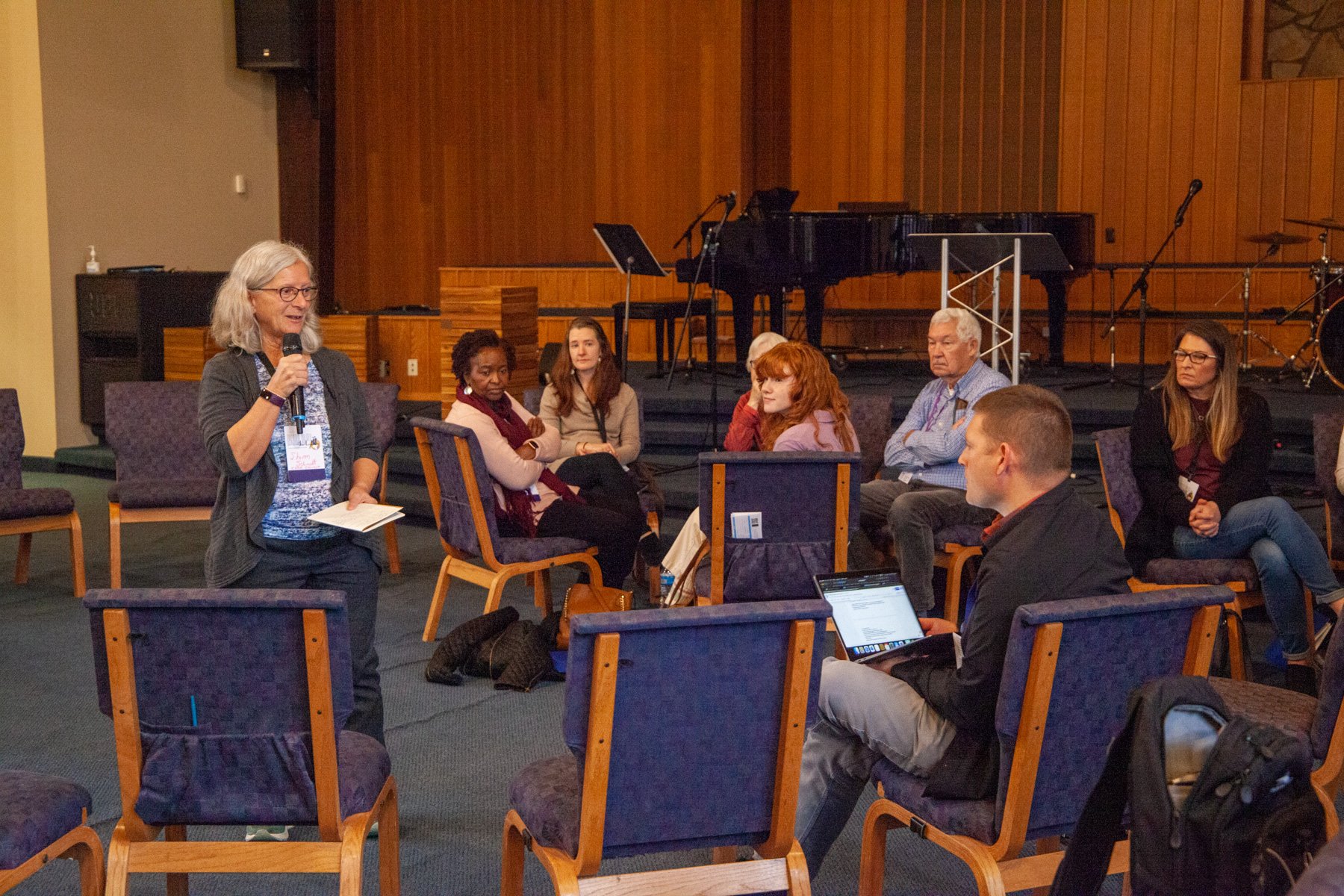
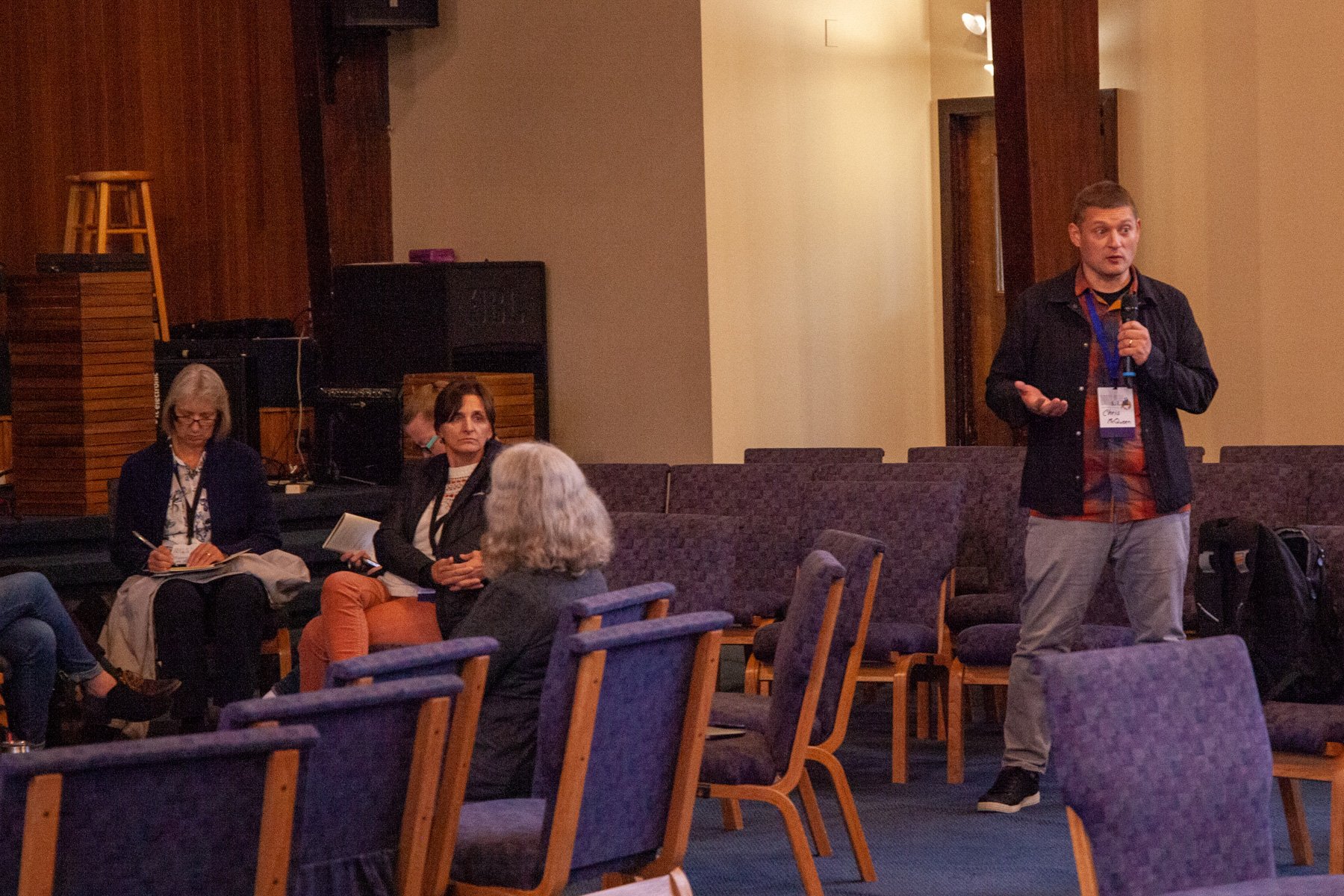
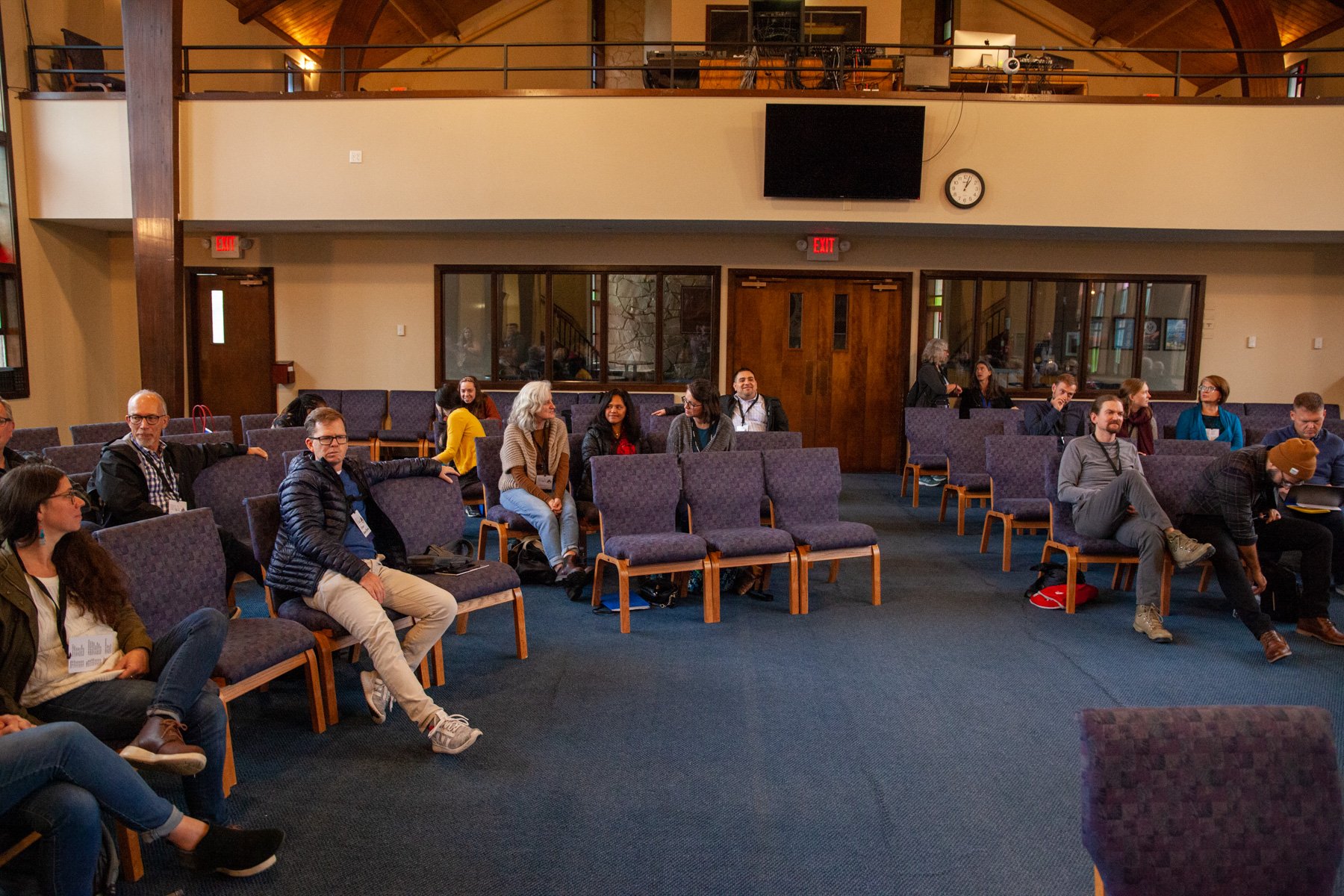
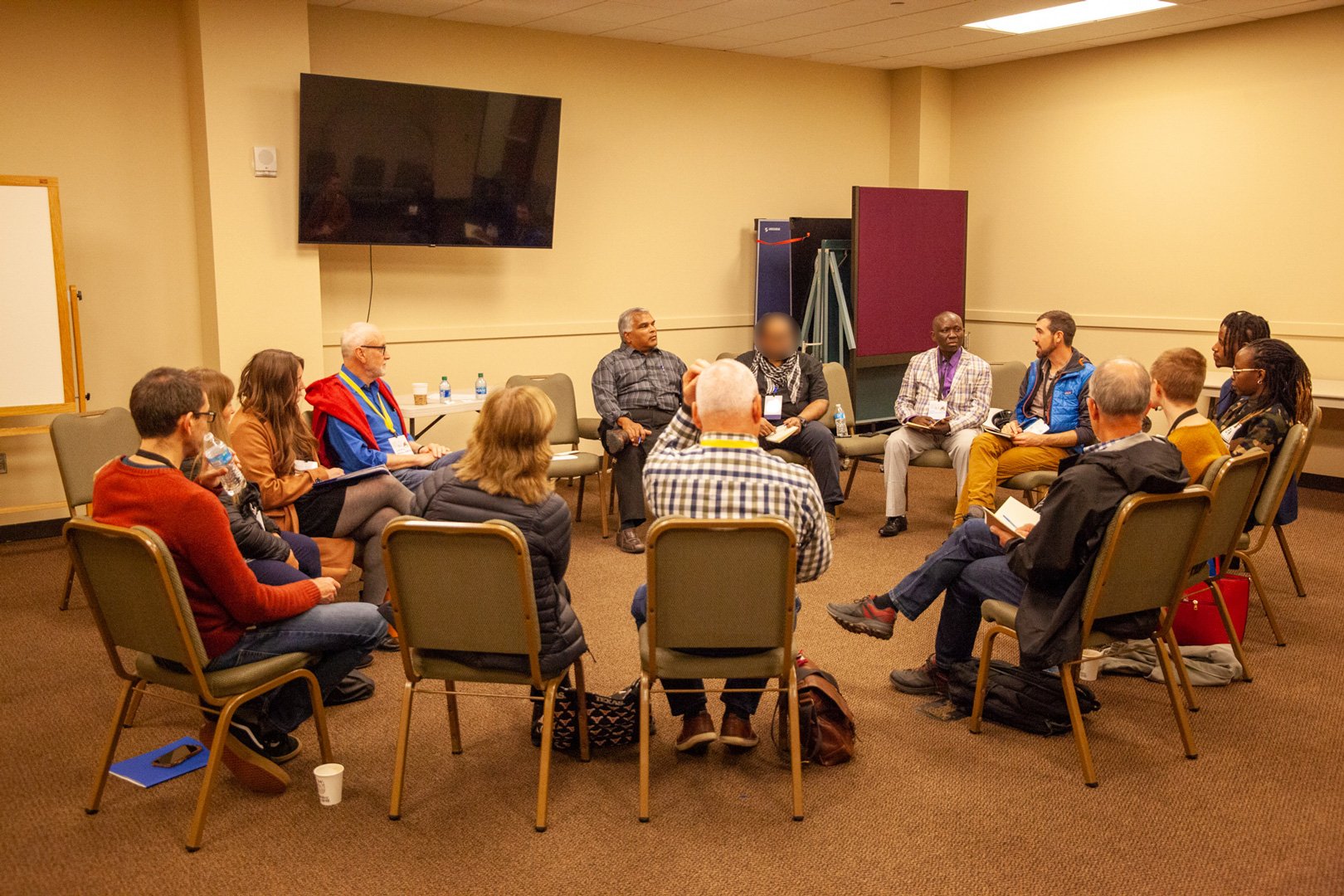
Network Activation Photos
Photo credits: Brenda Webb (Instagram @BrendaMooreWebb)
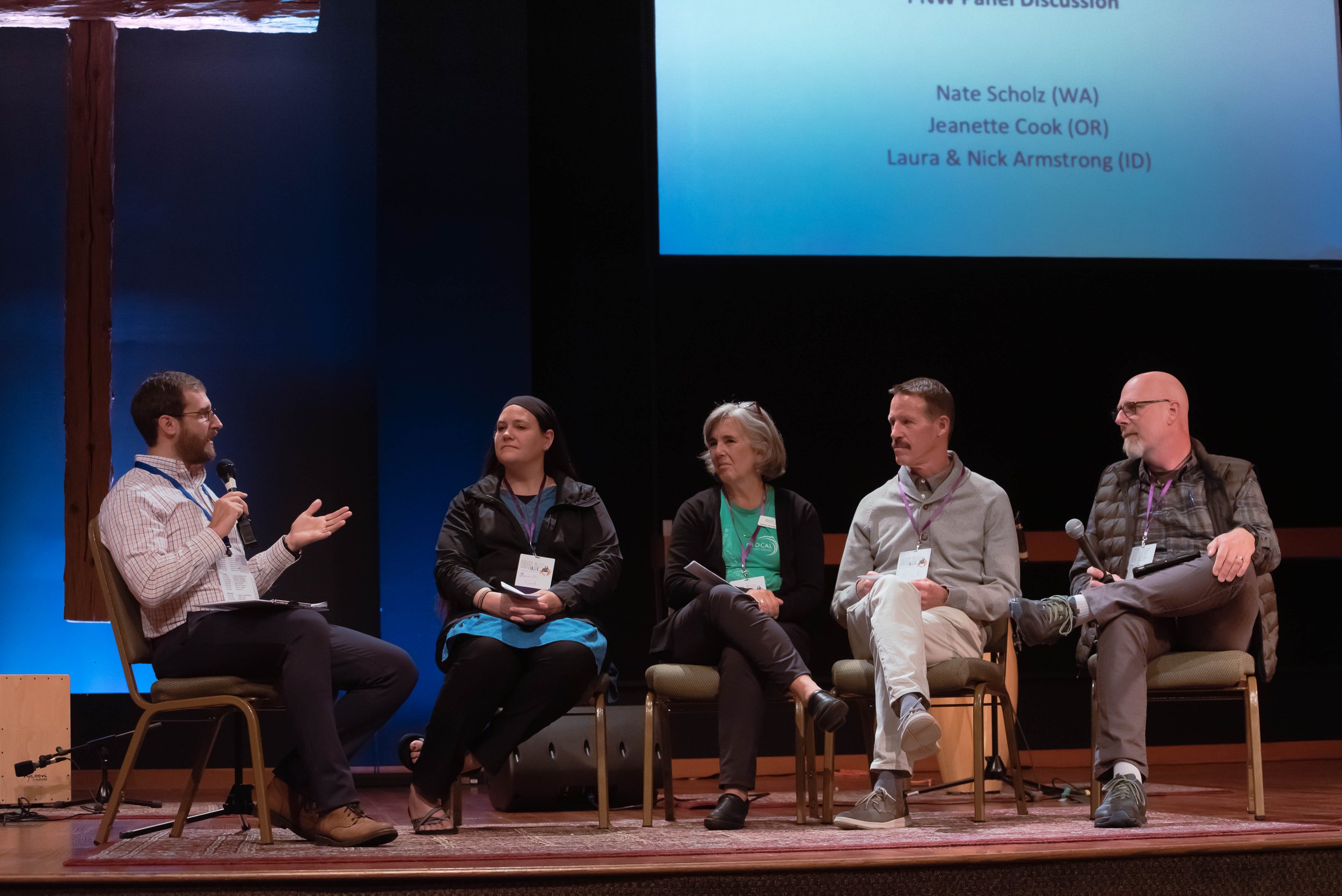
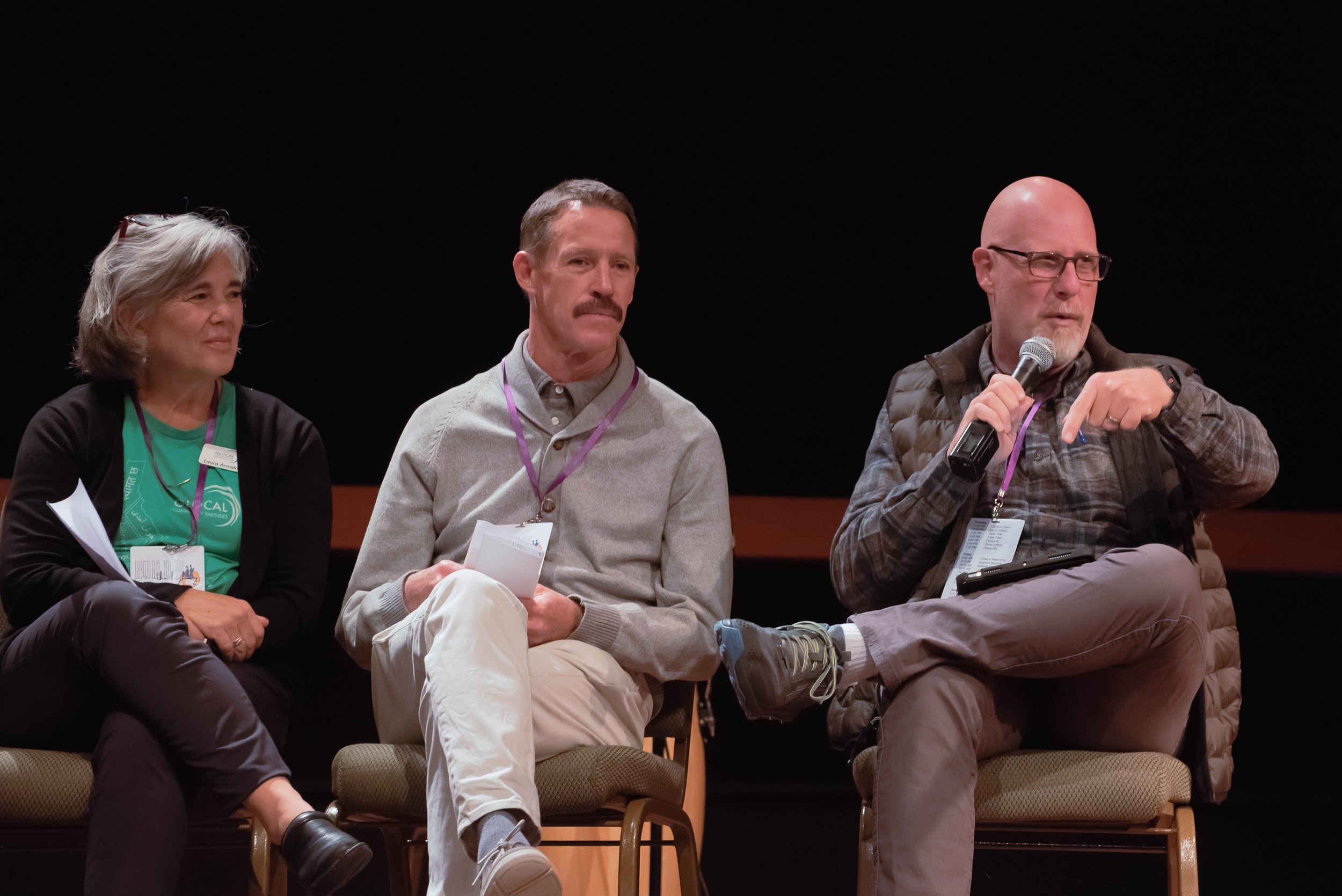
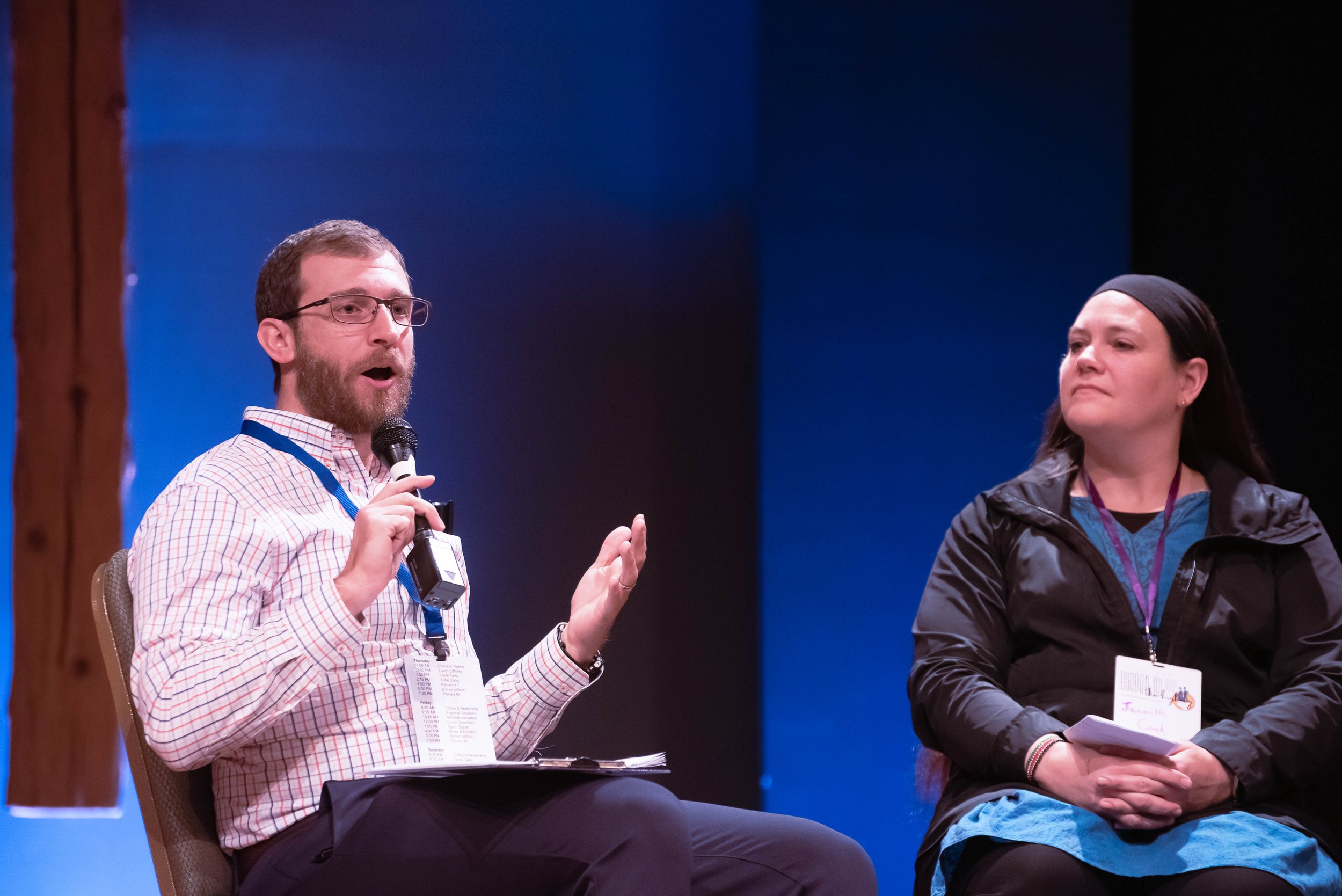
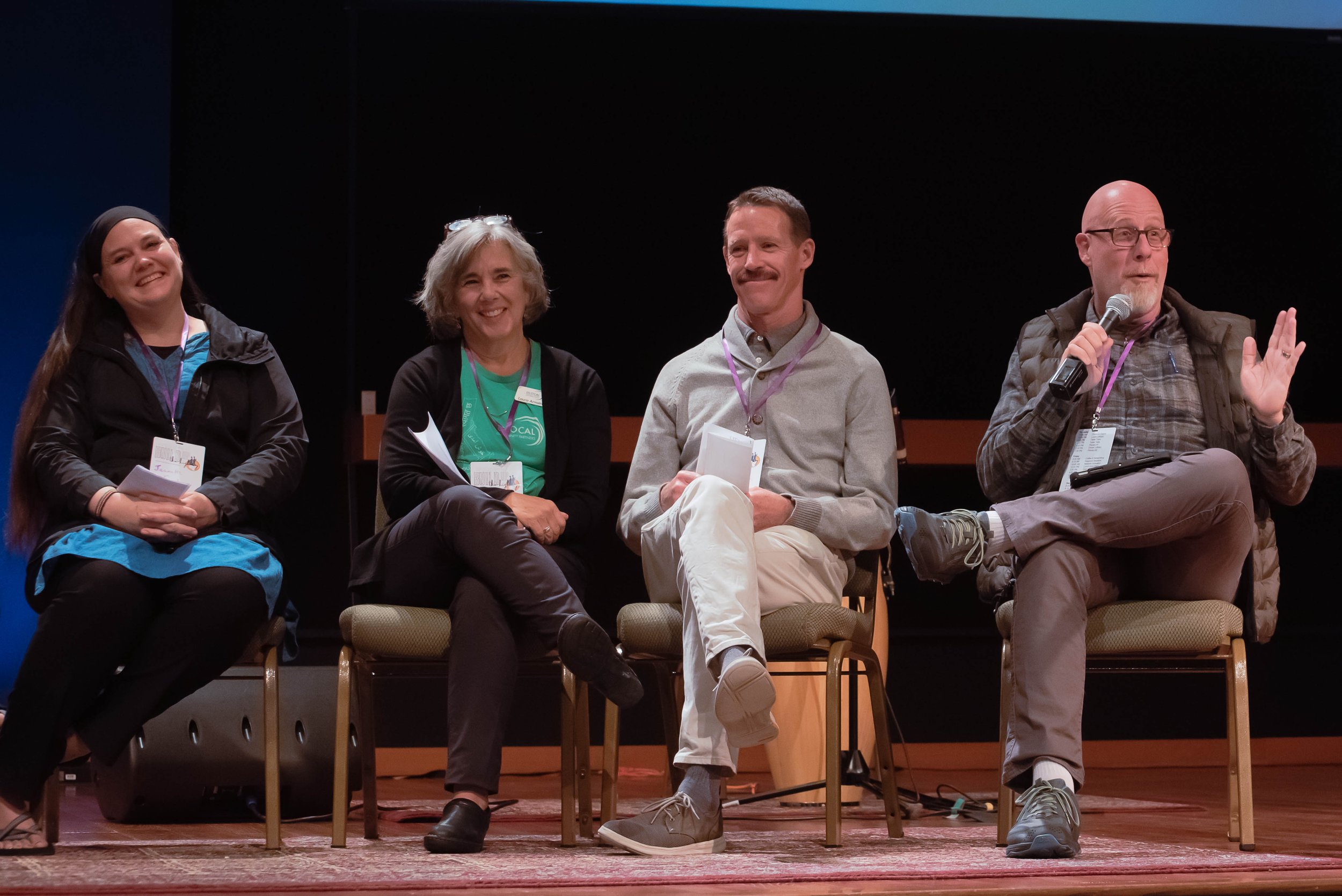
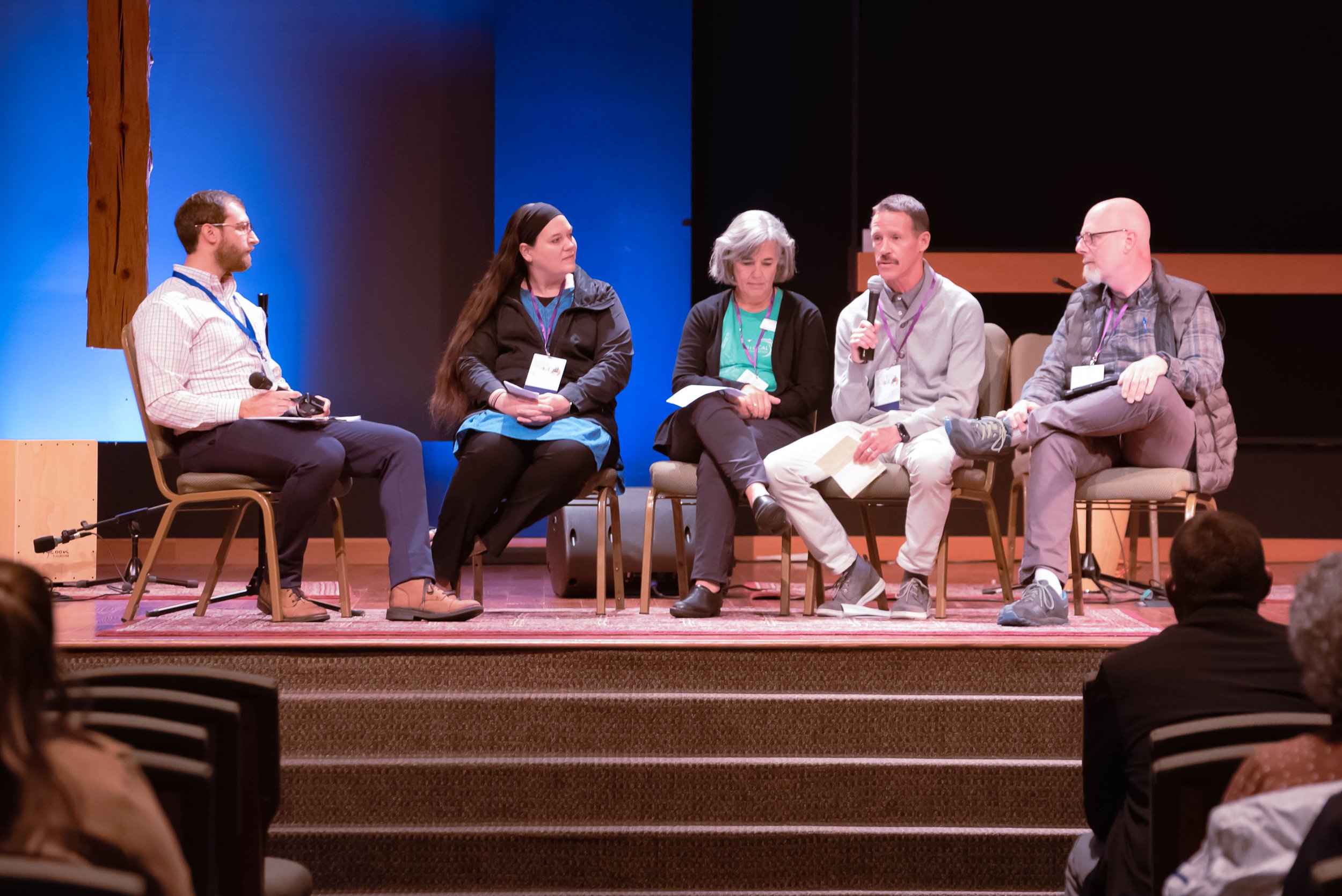
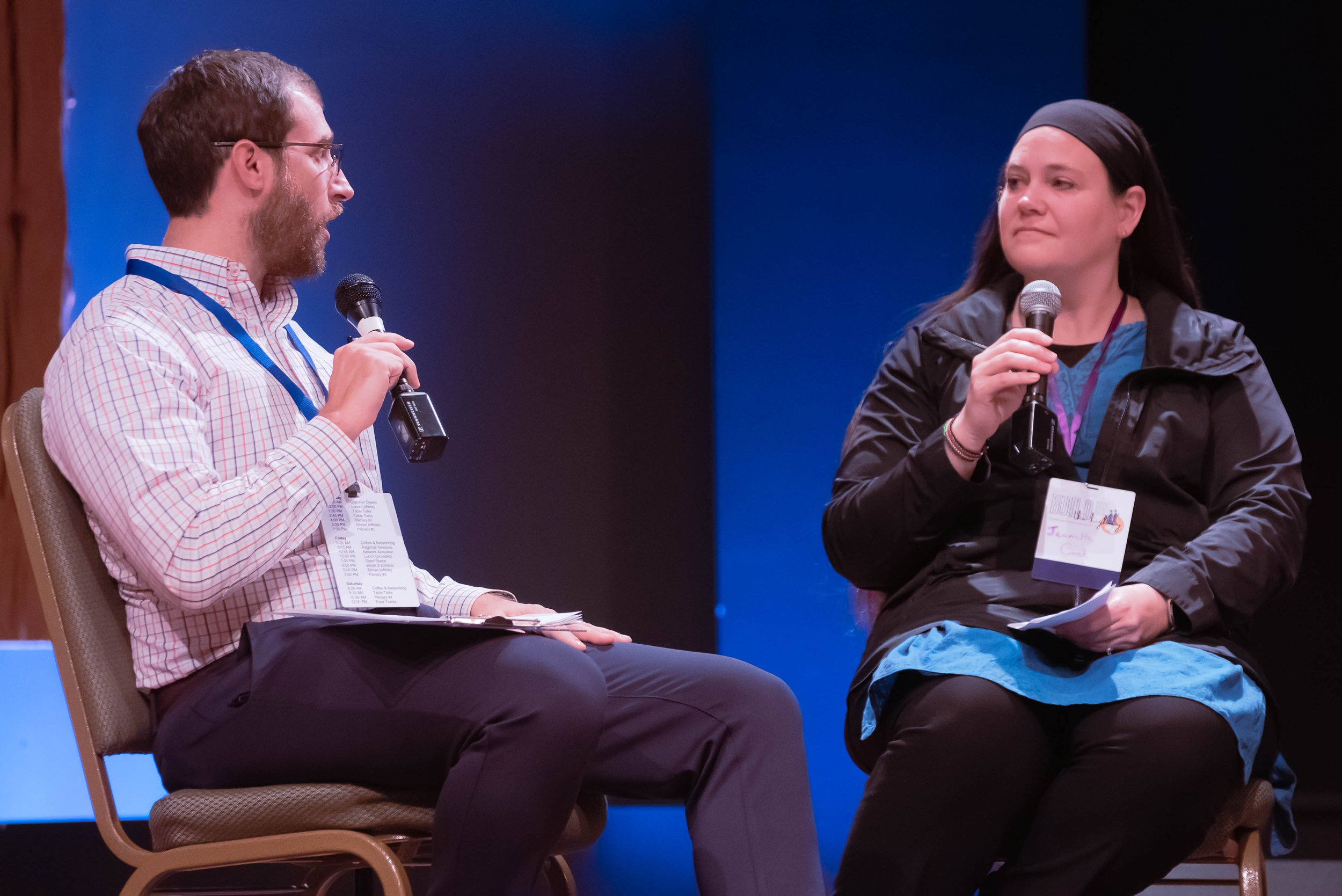
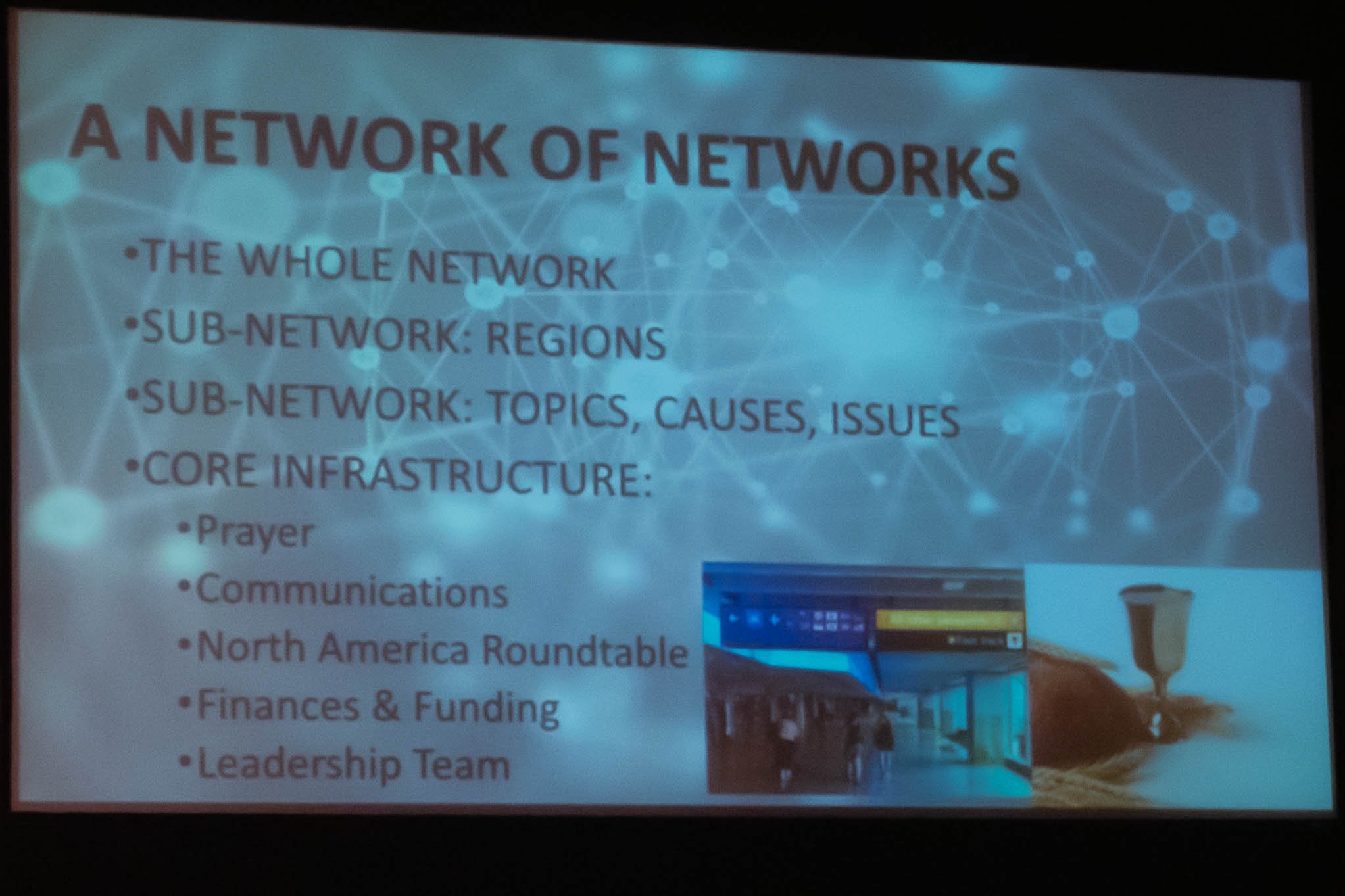

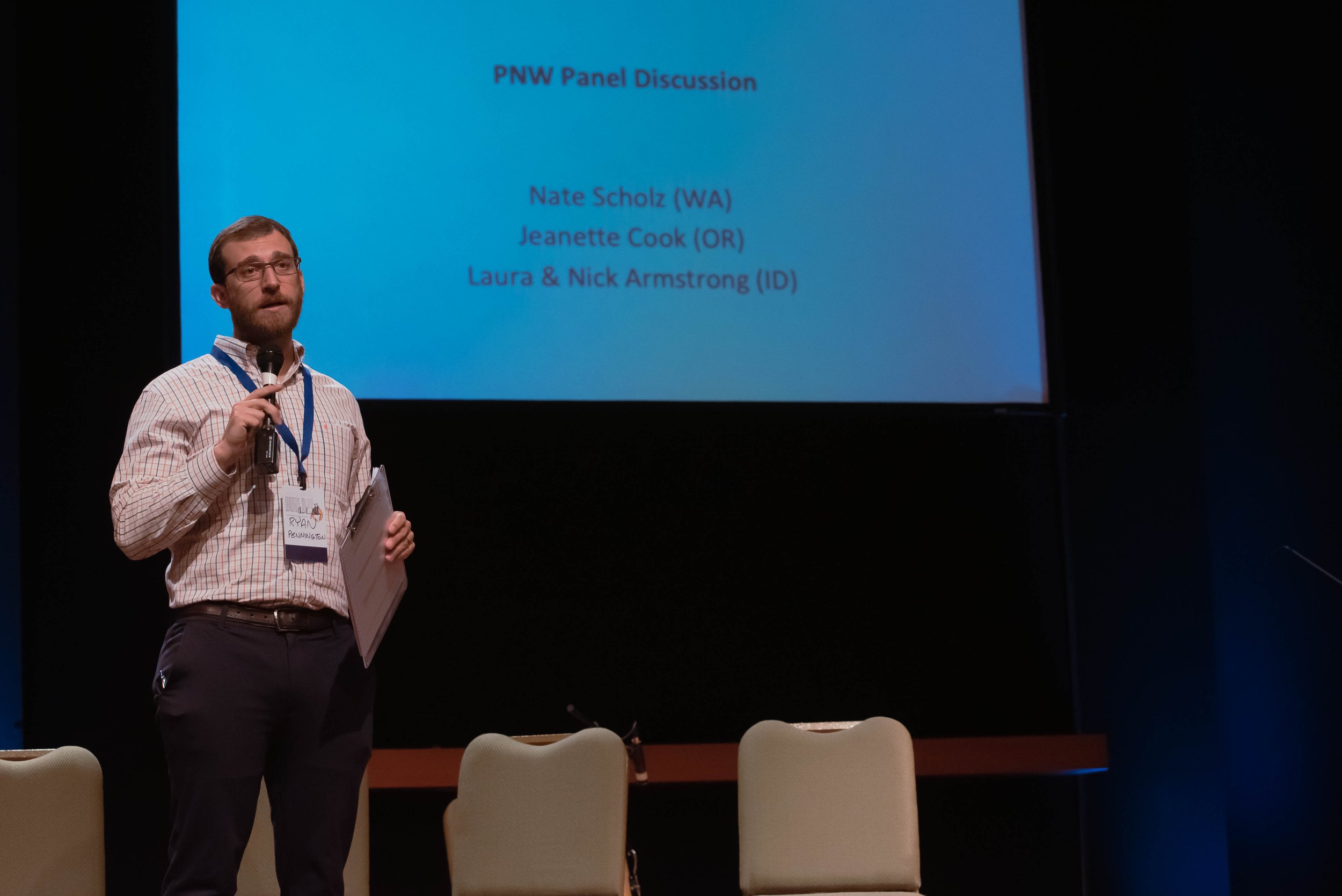
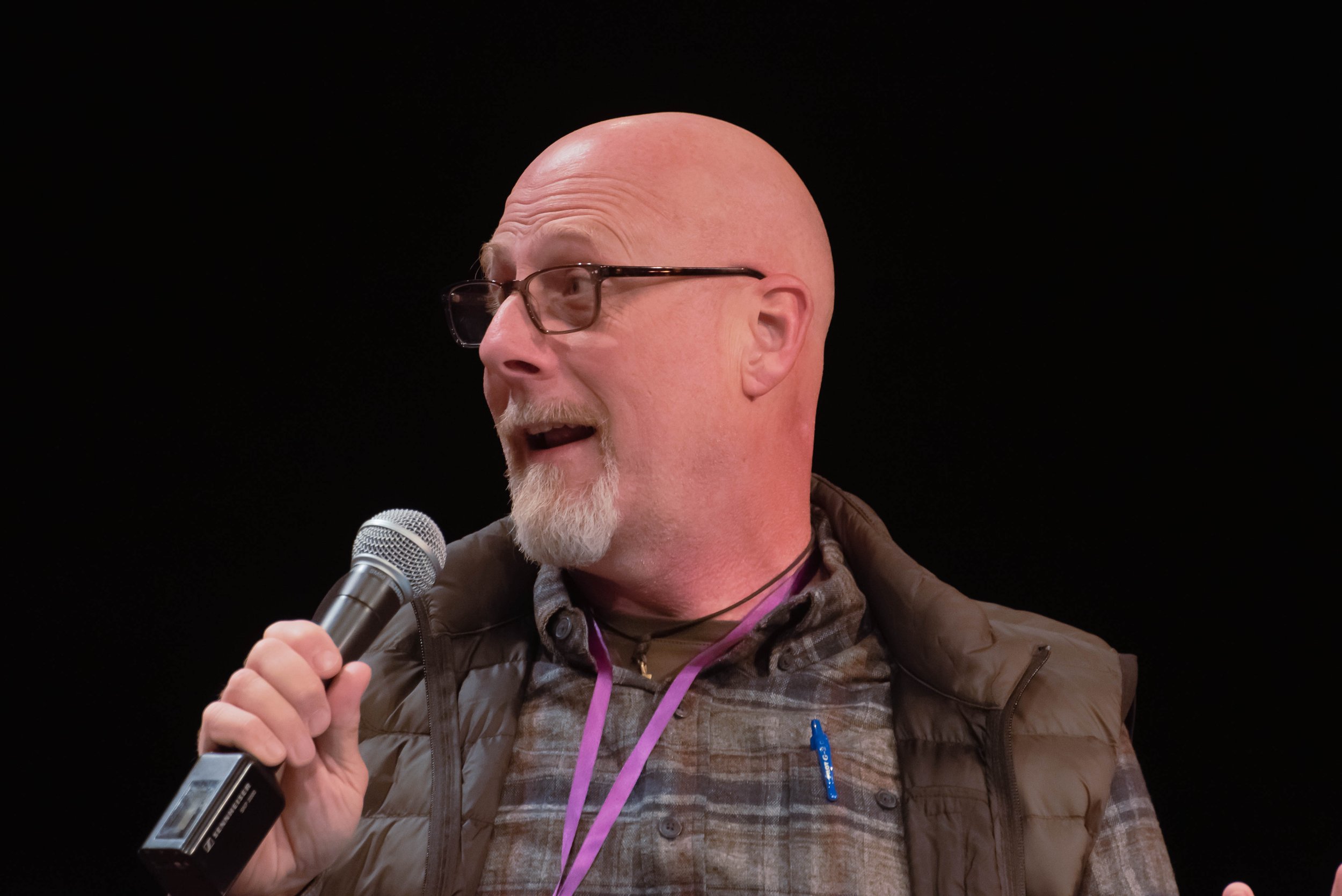
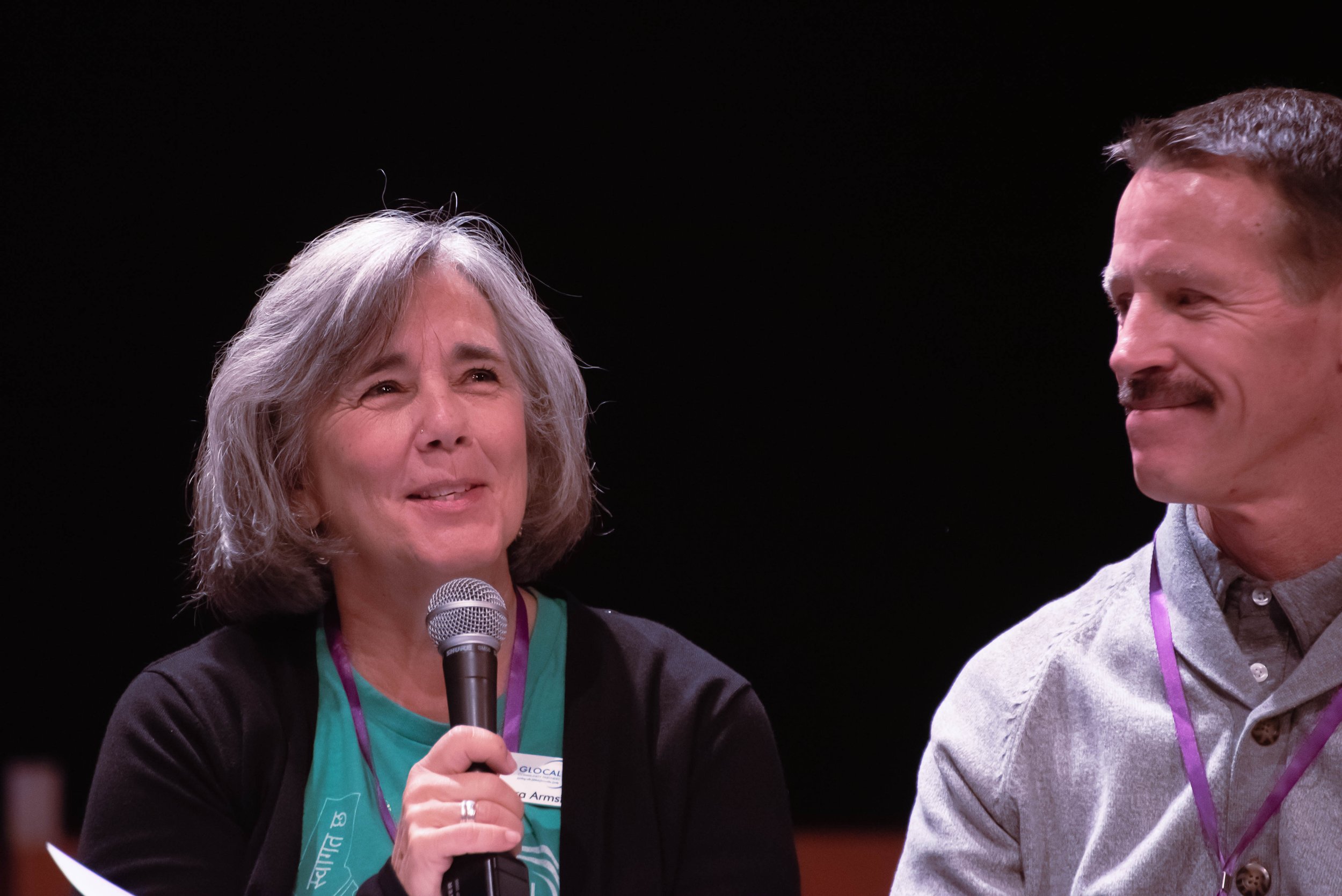

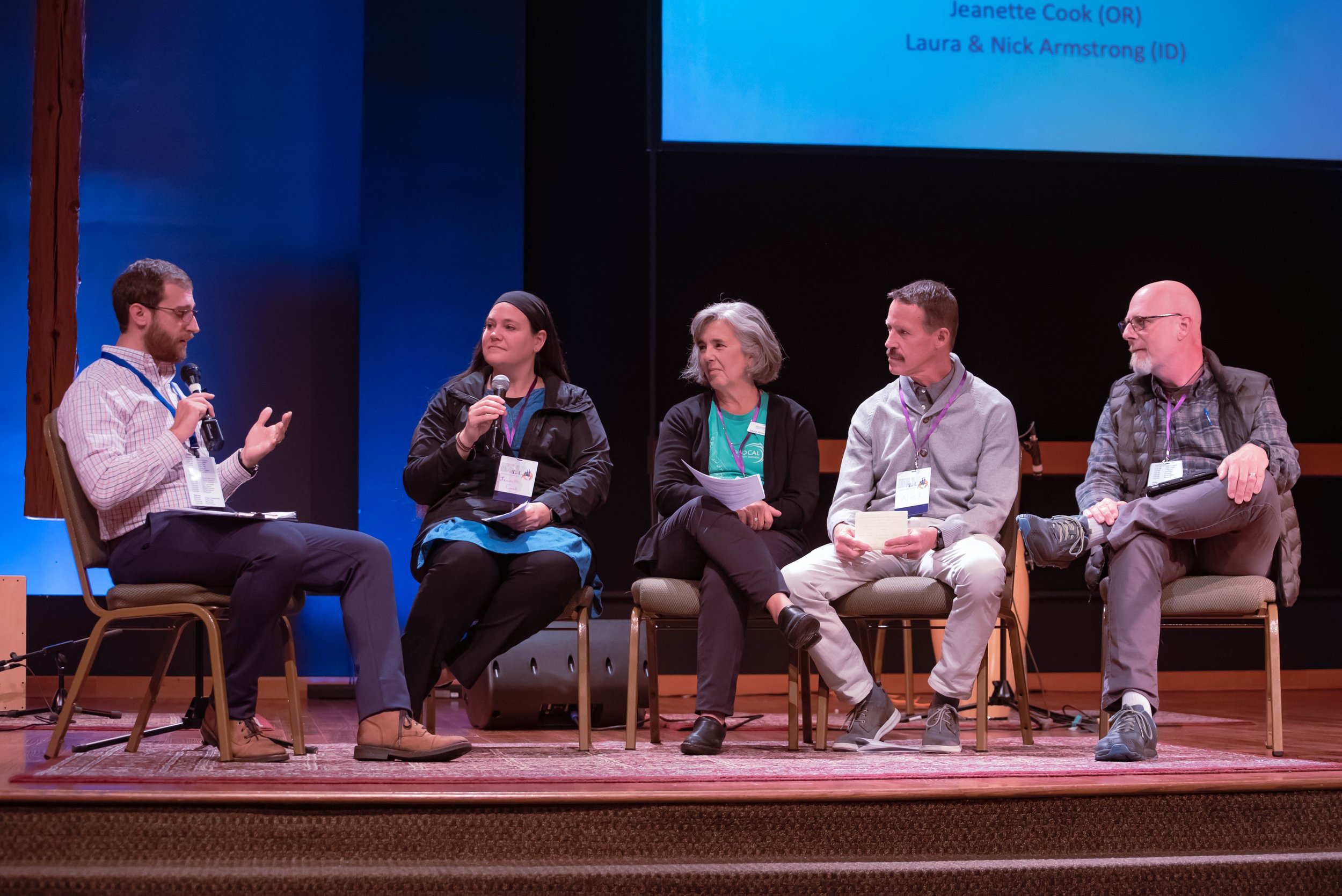
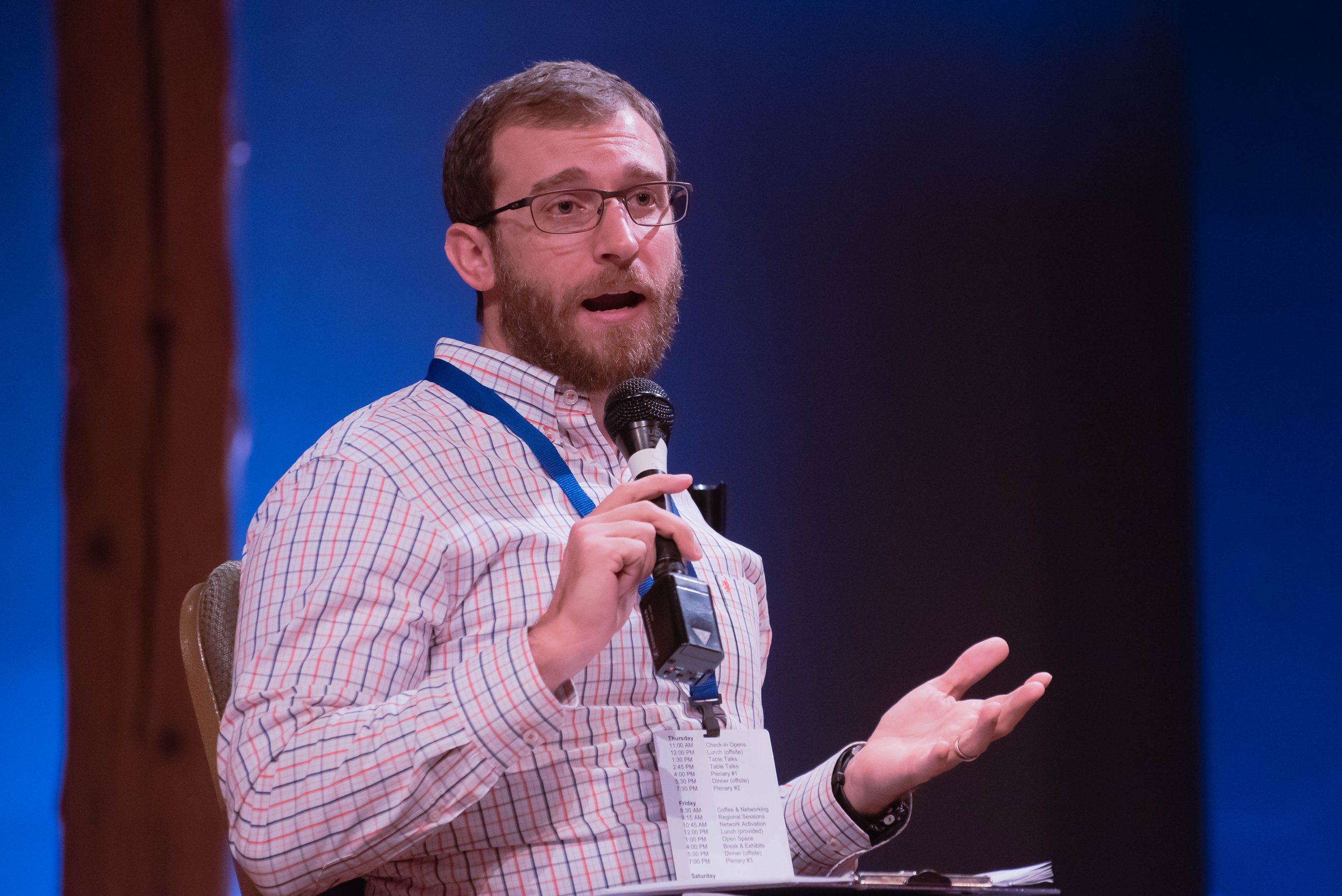
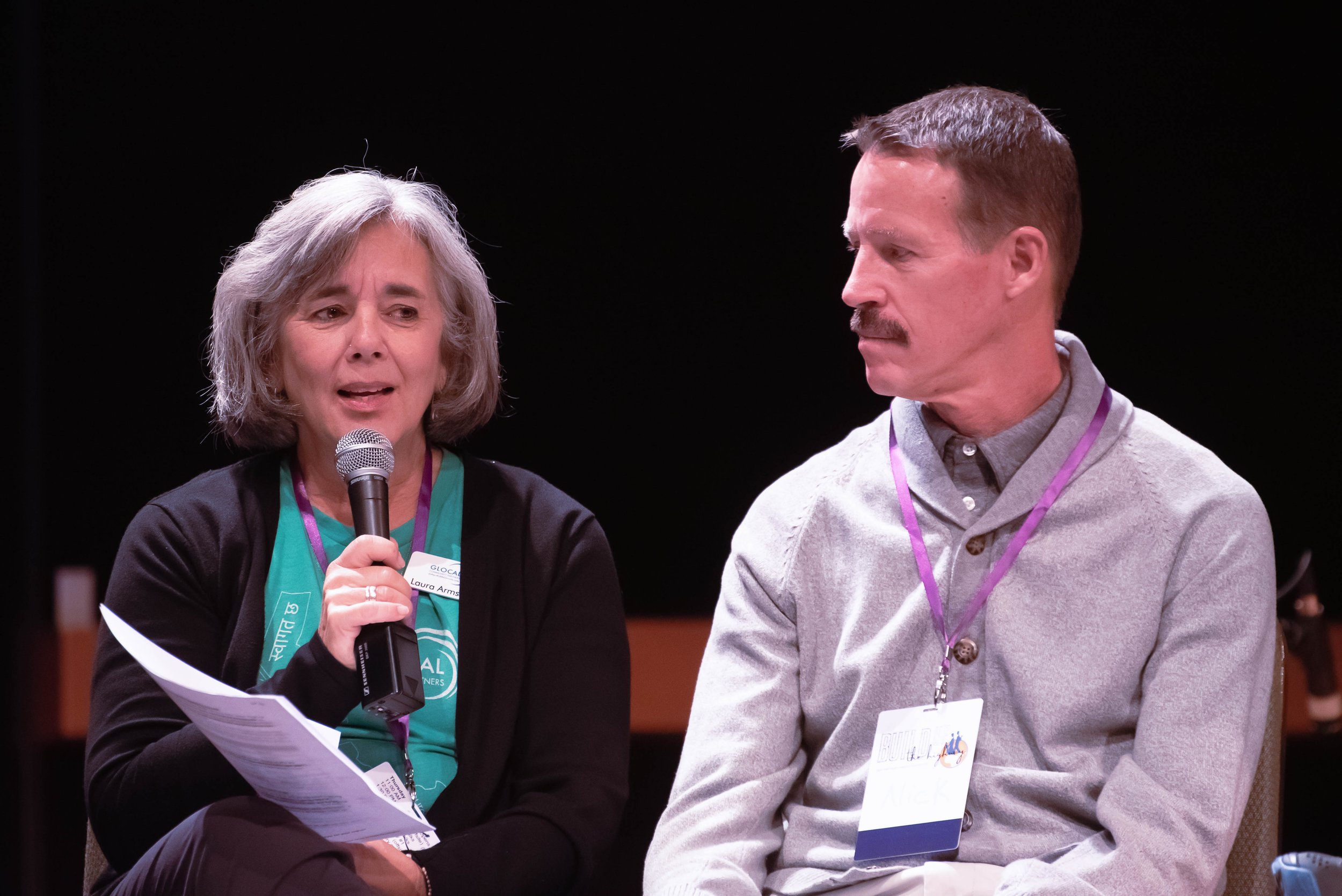
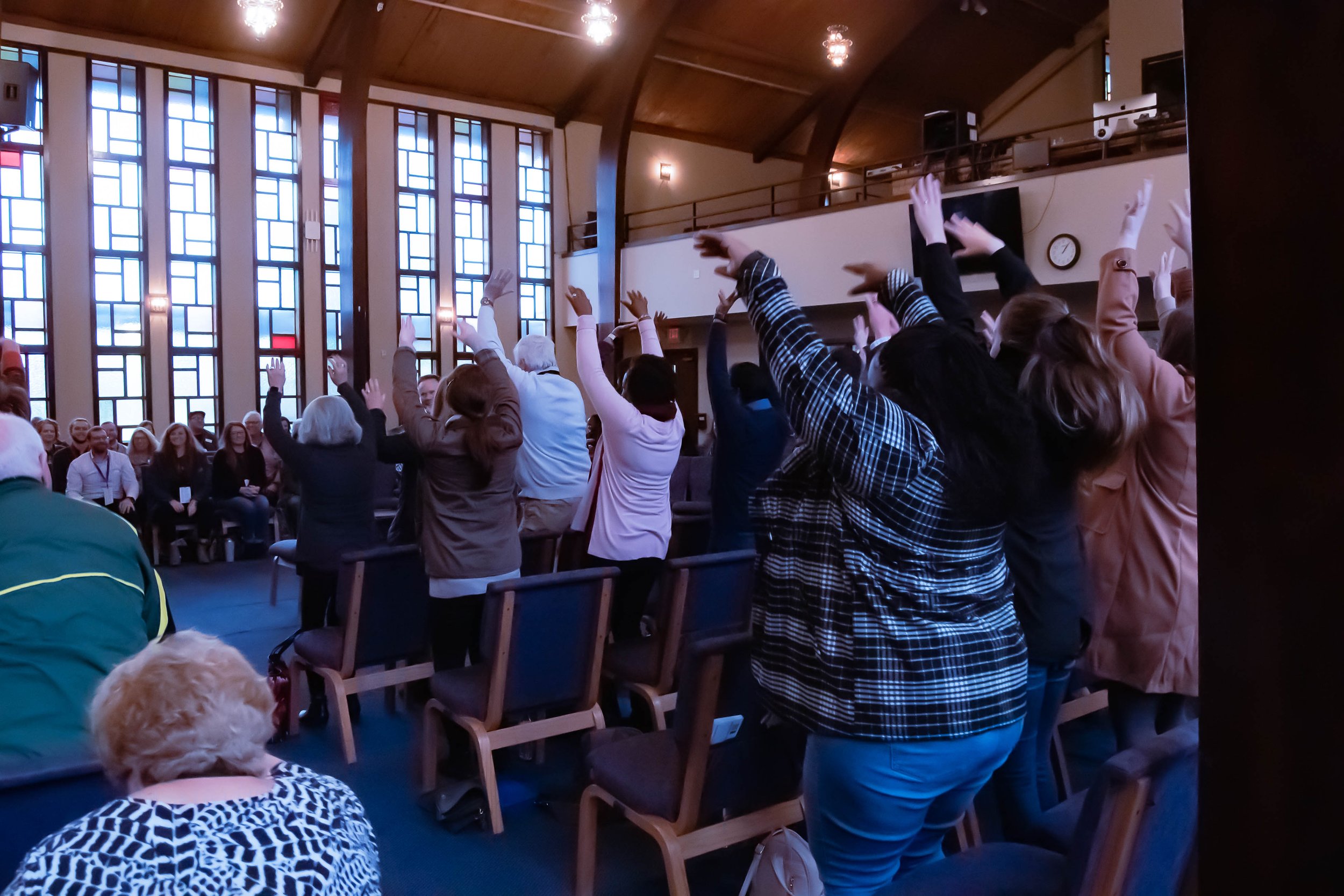
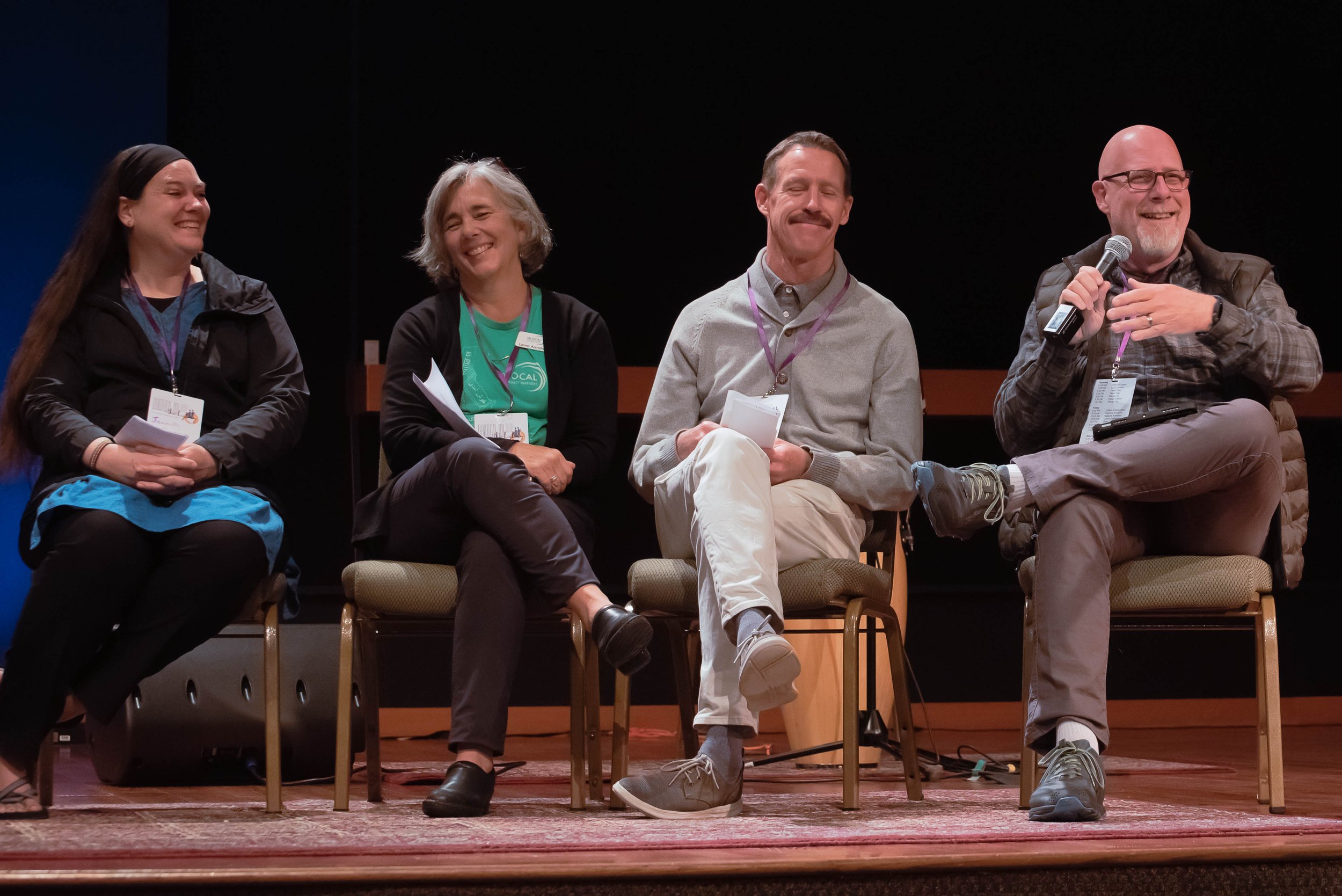
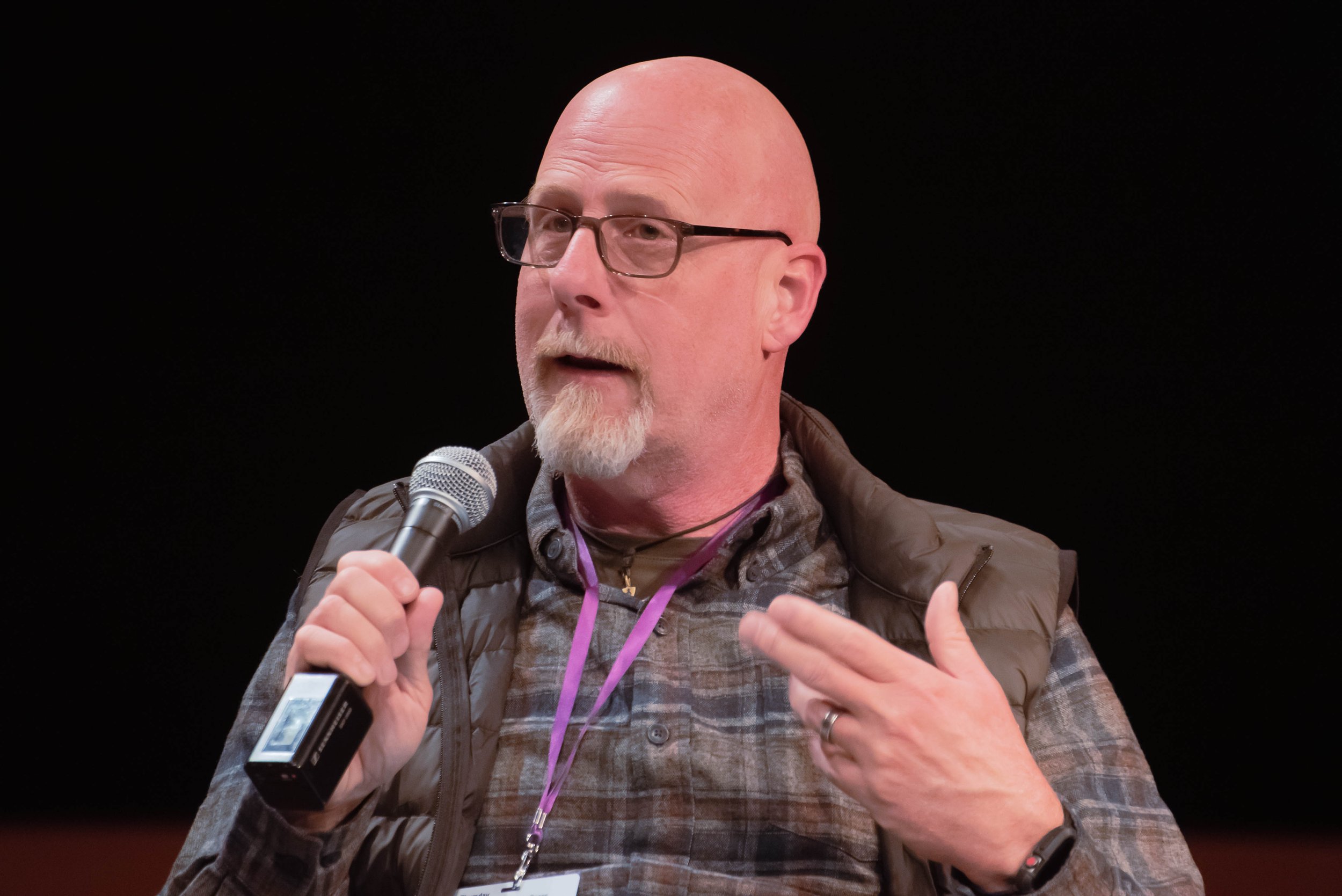
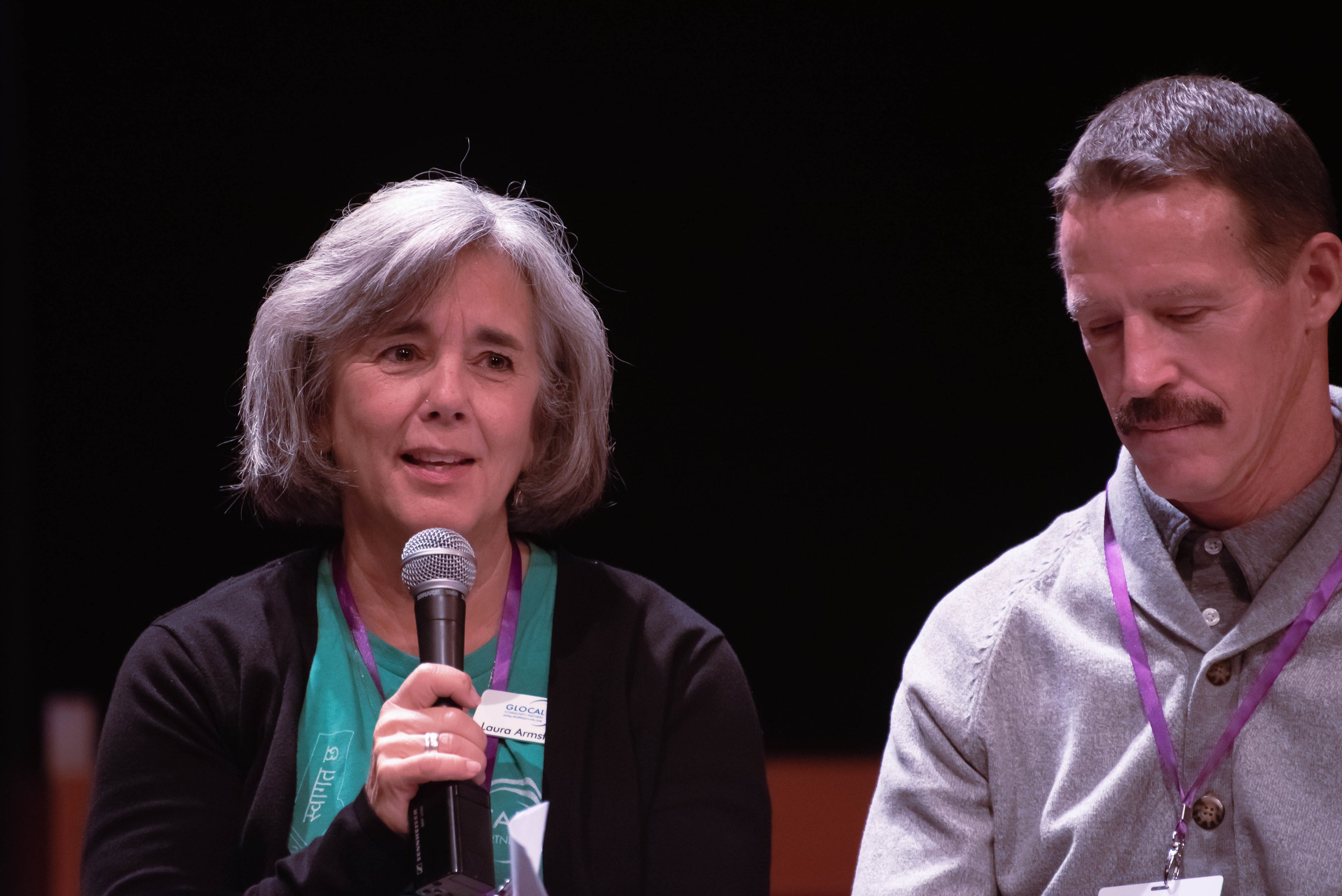
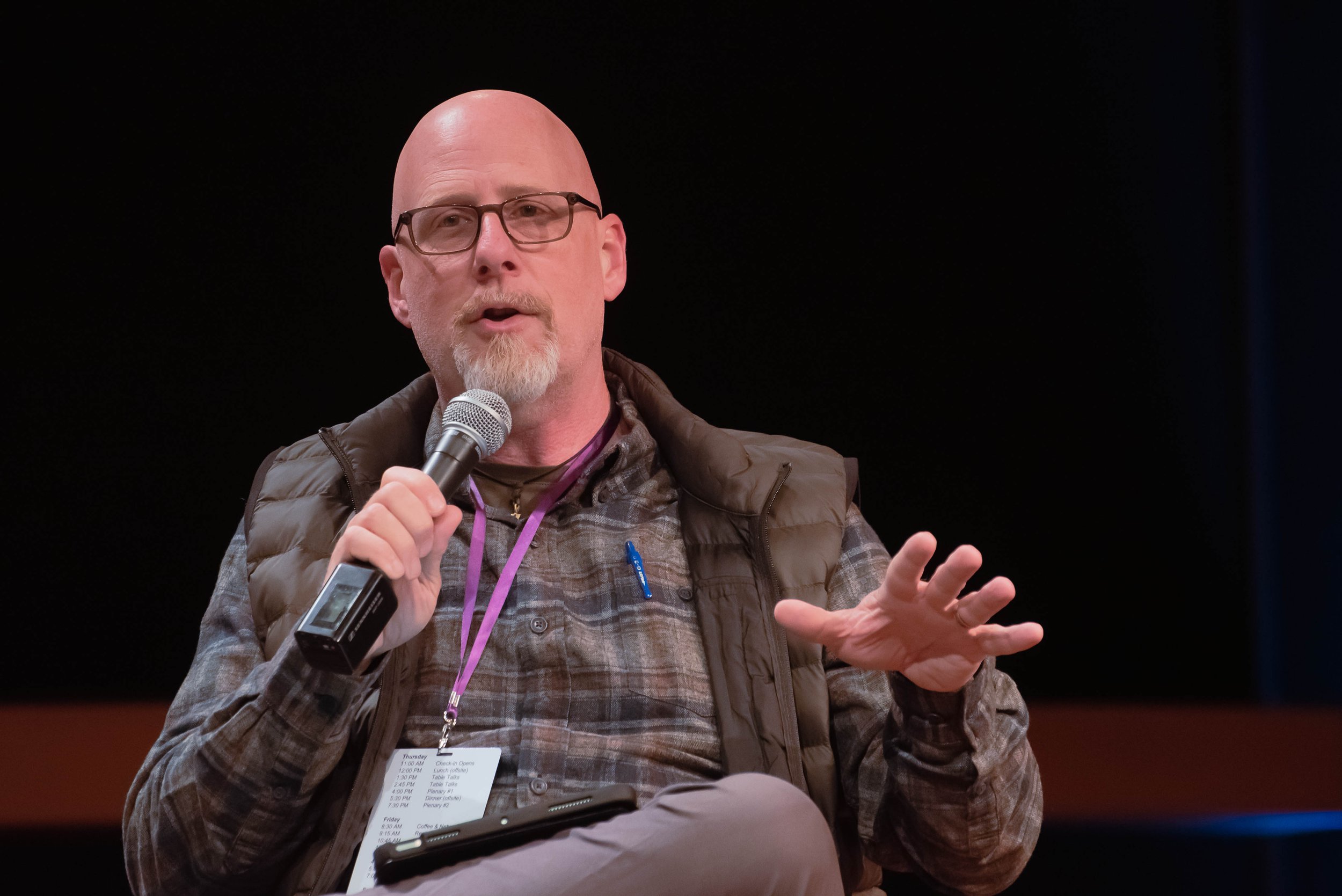

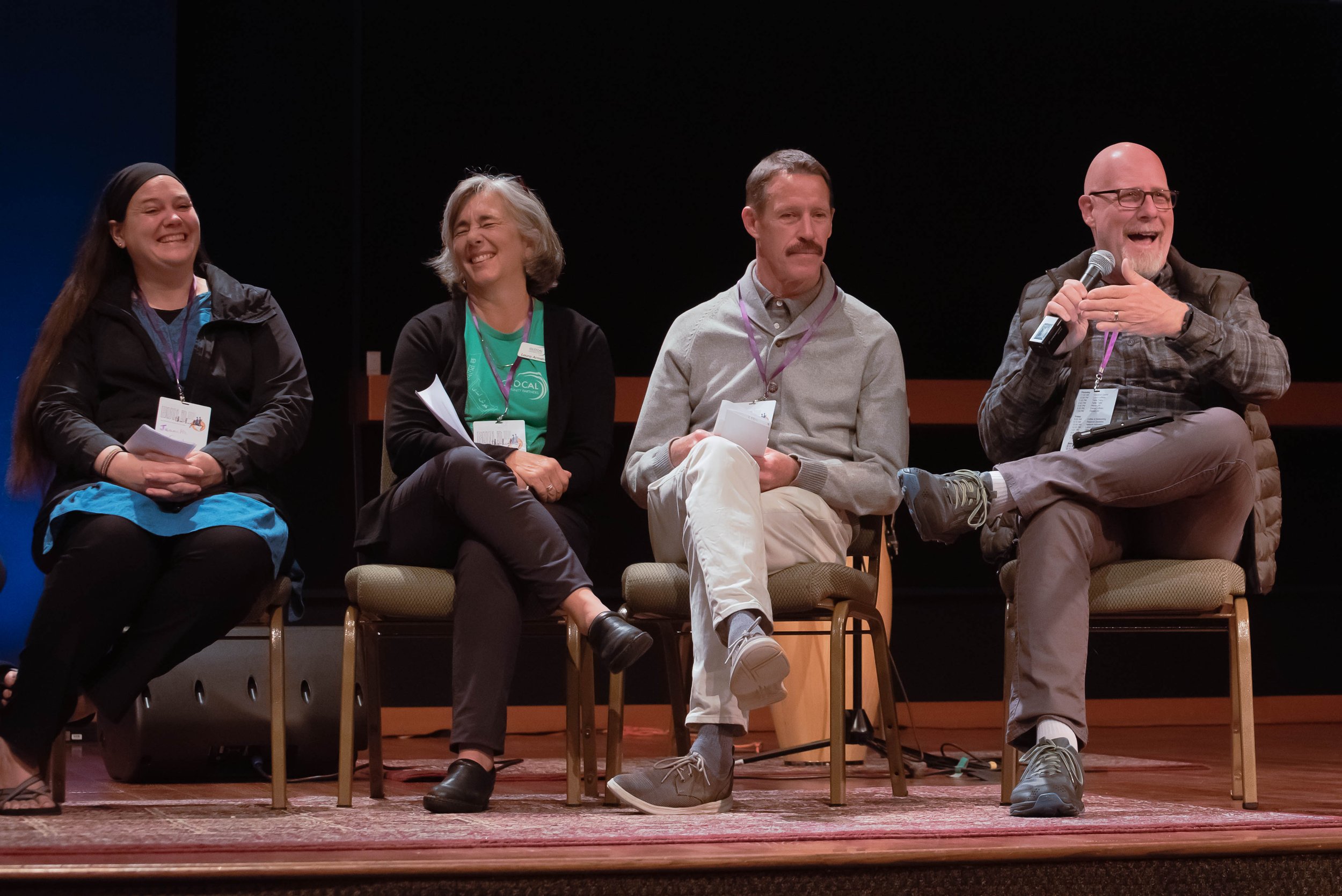
Open Space Photos
Photo credits: James Metelak (Instagram @privetfotog)
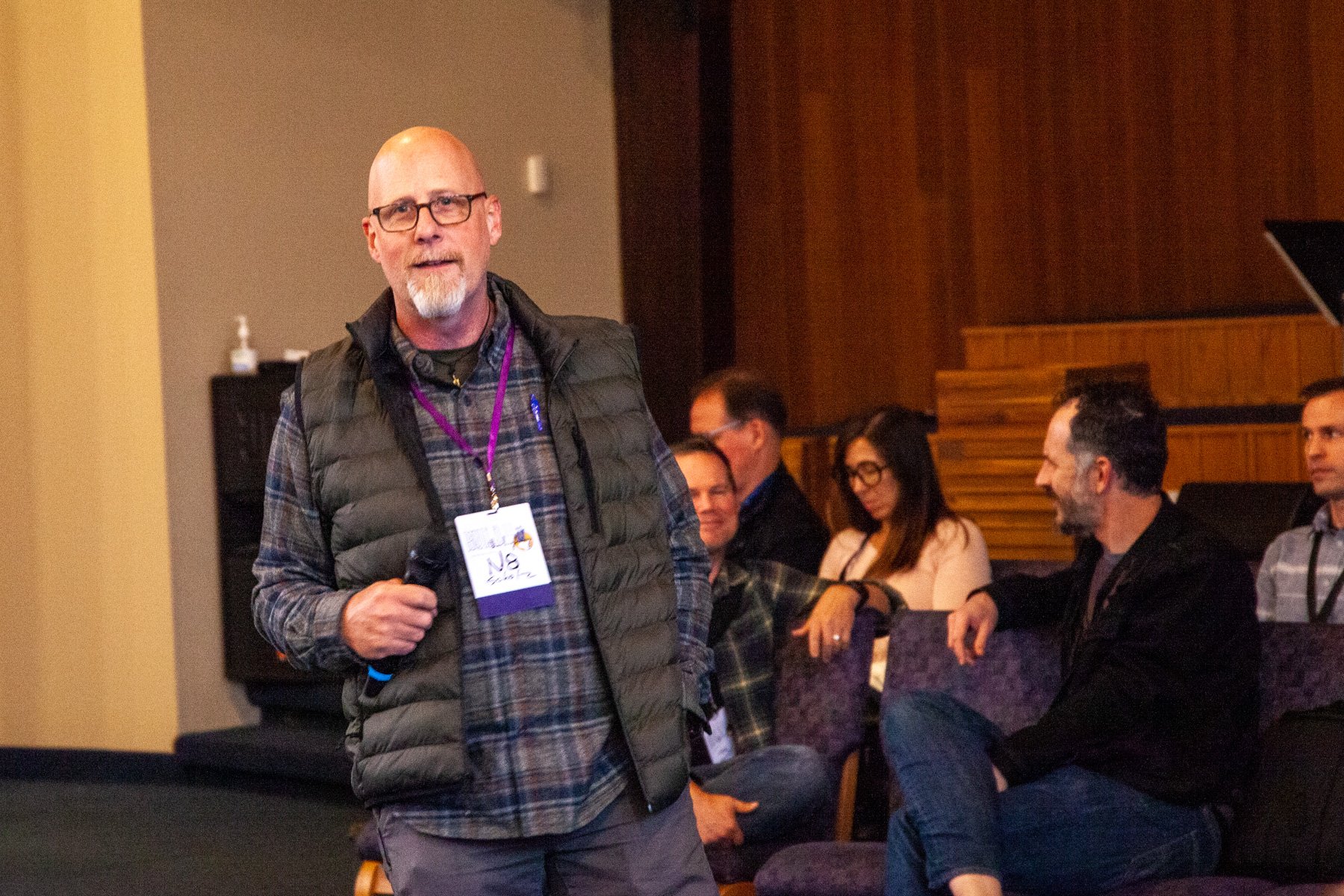
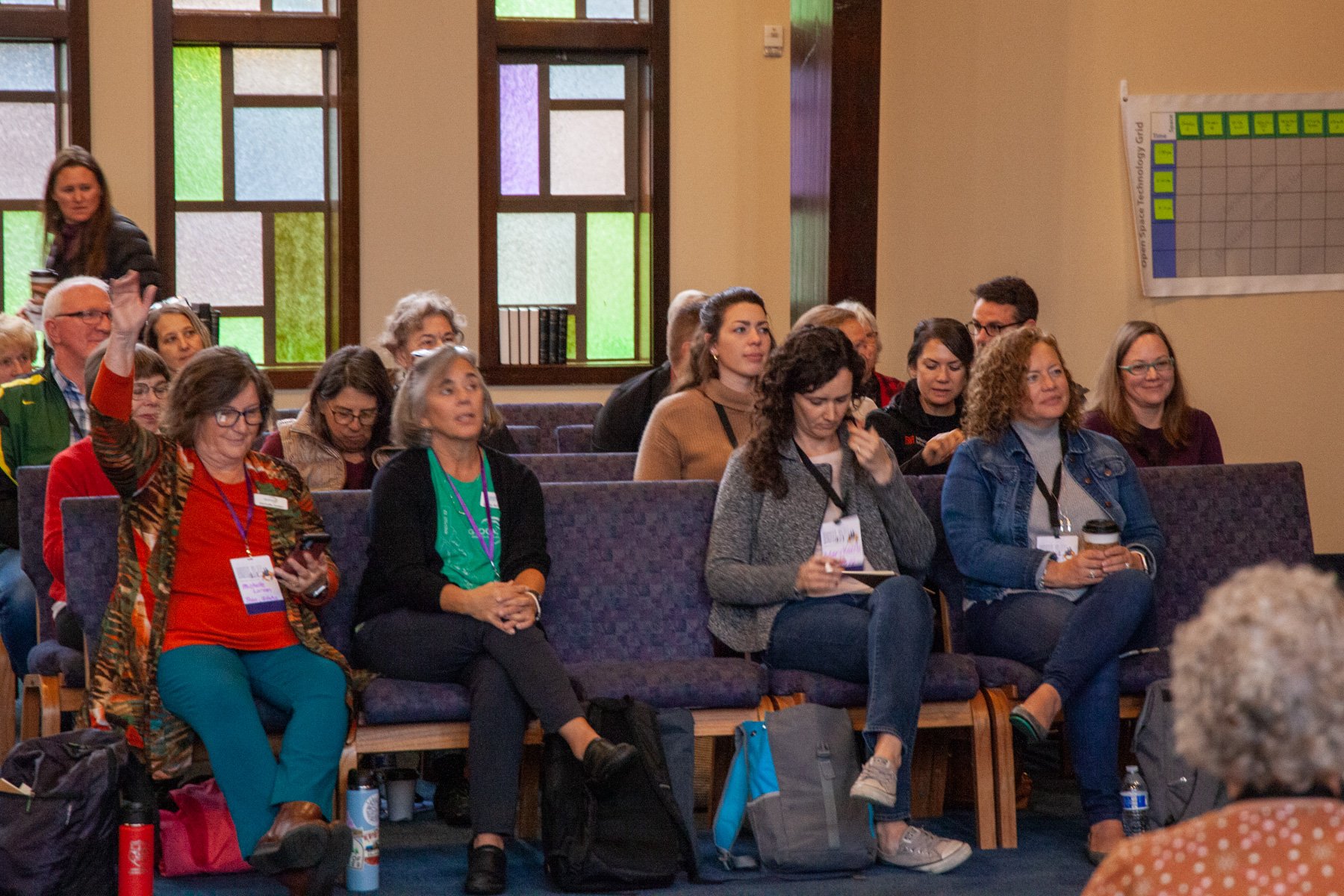
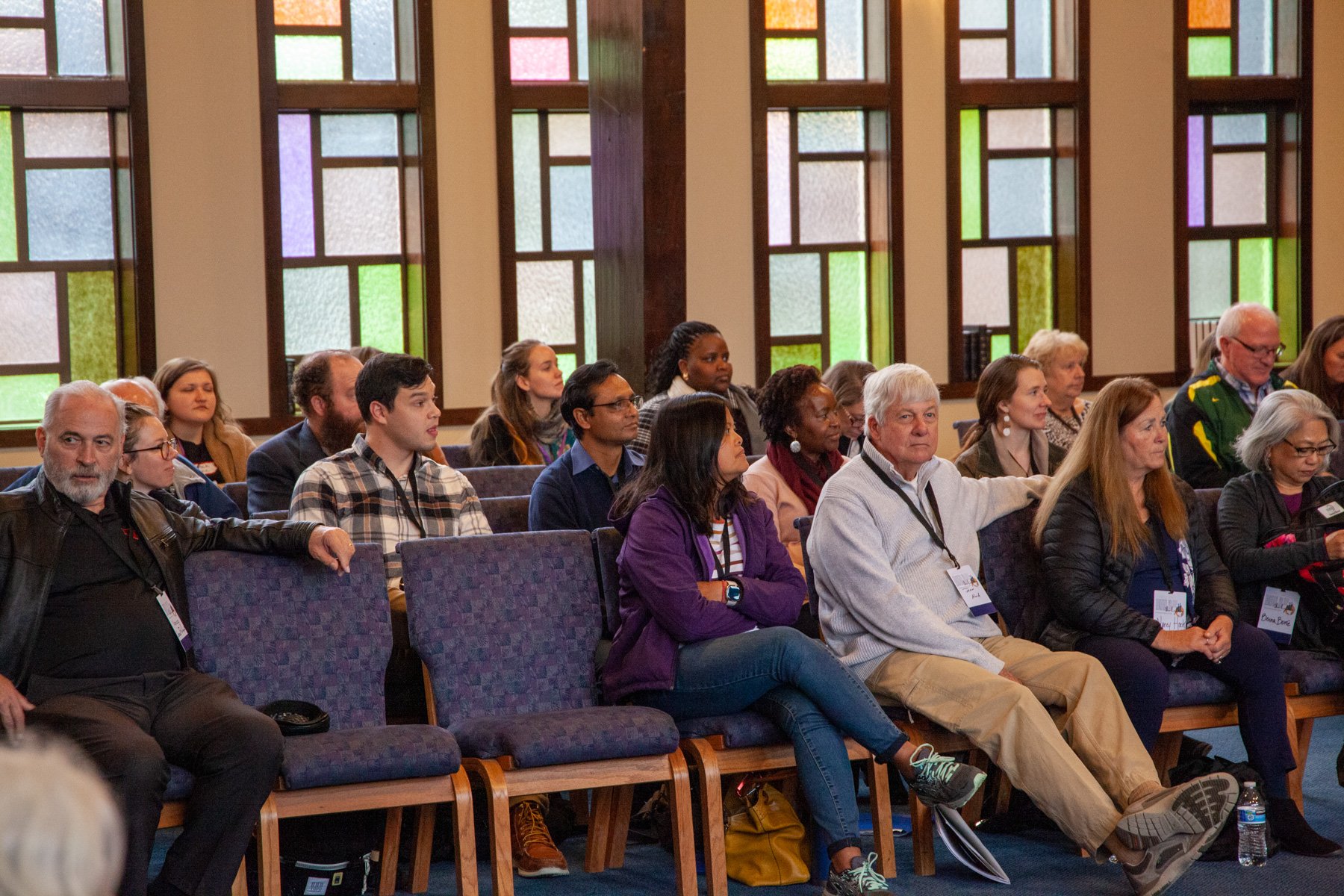
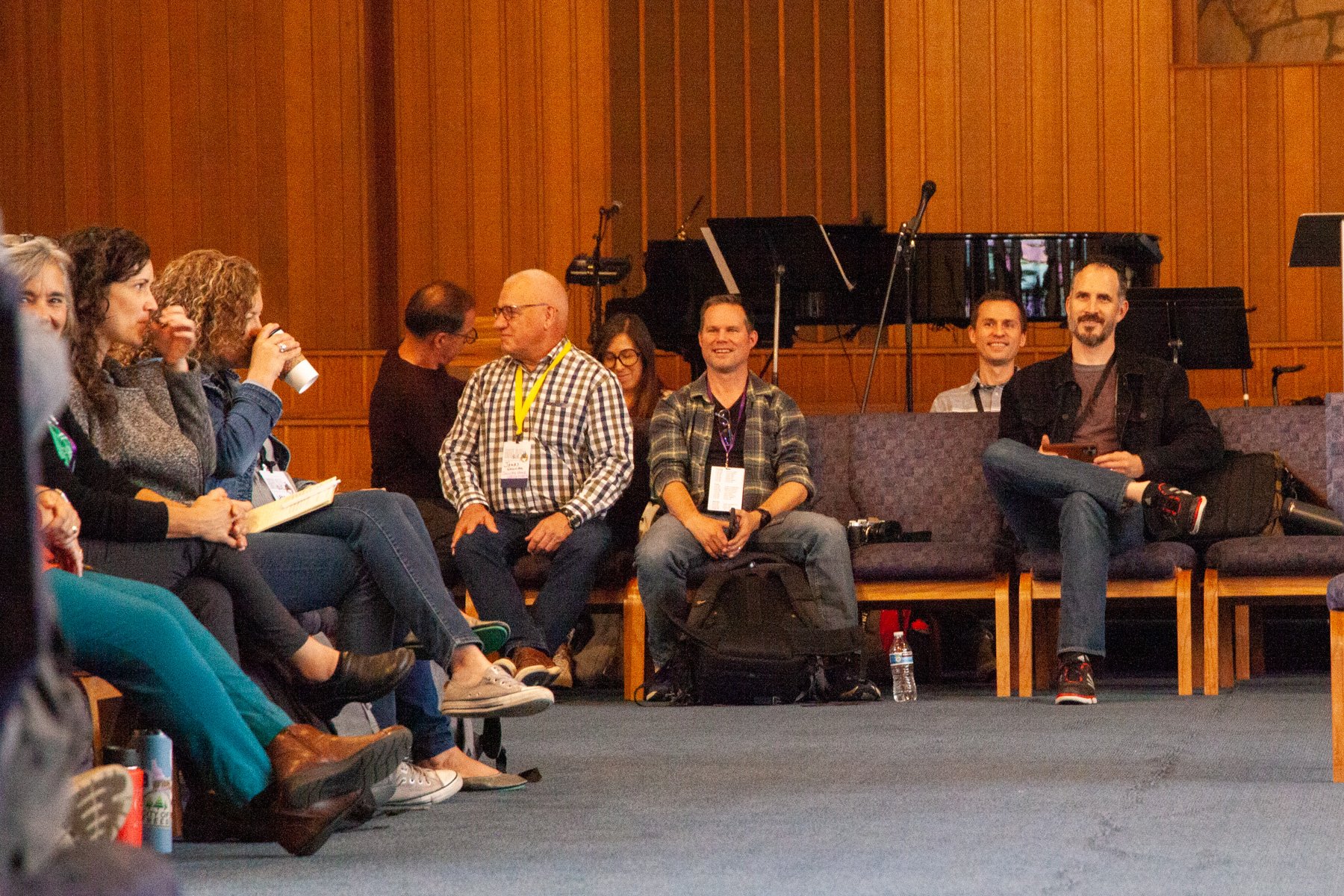
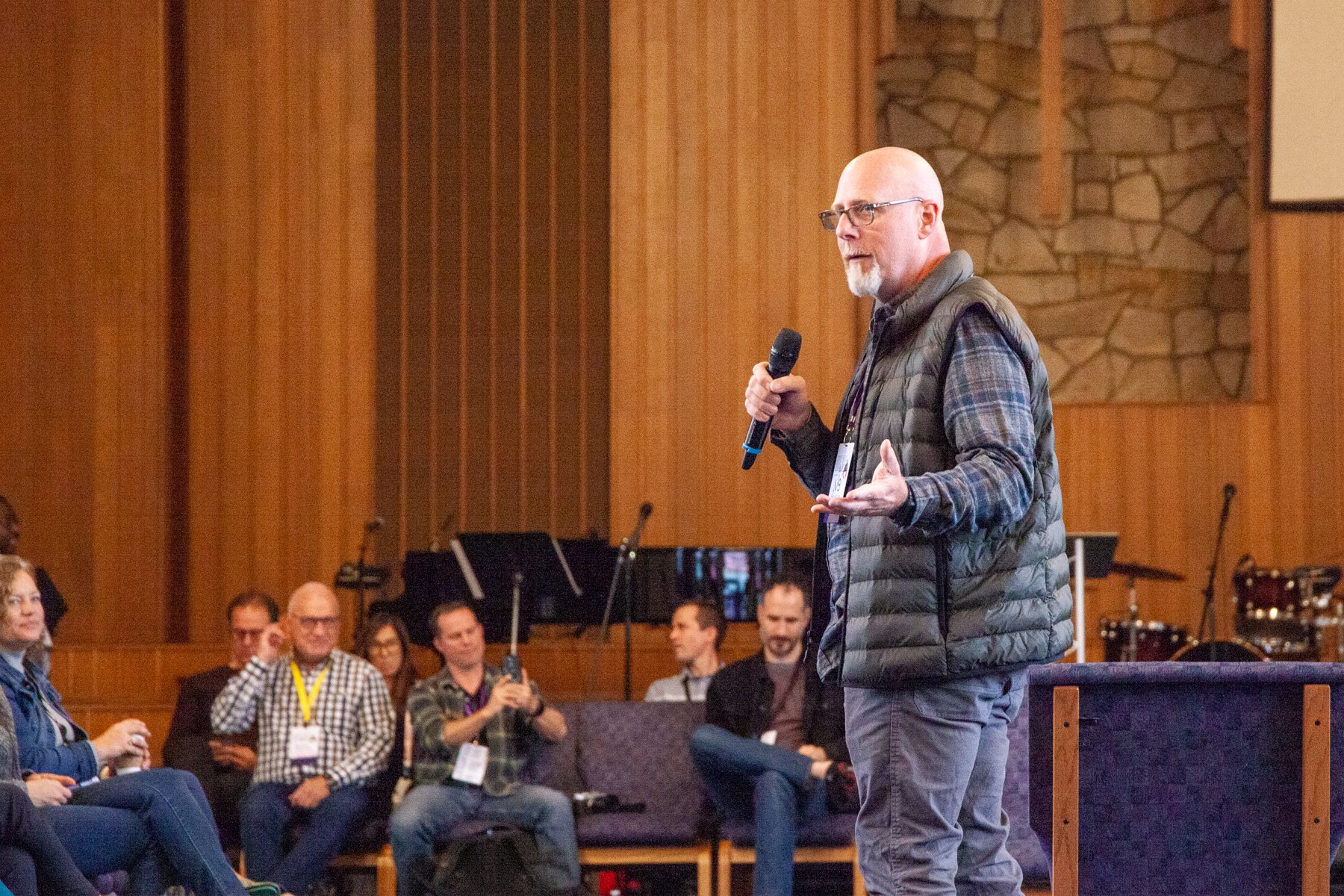
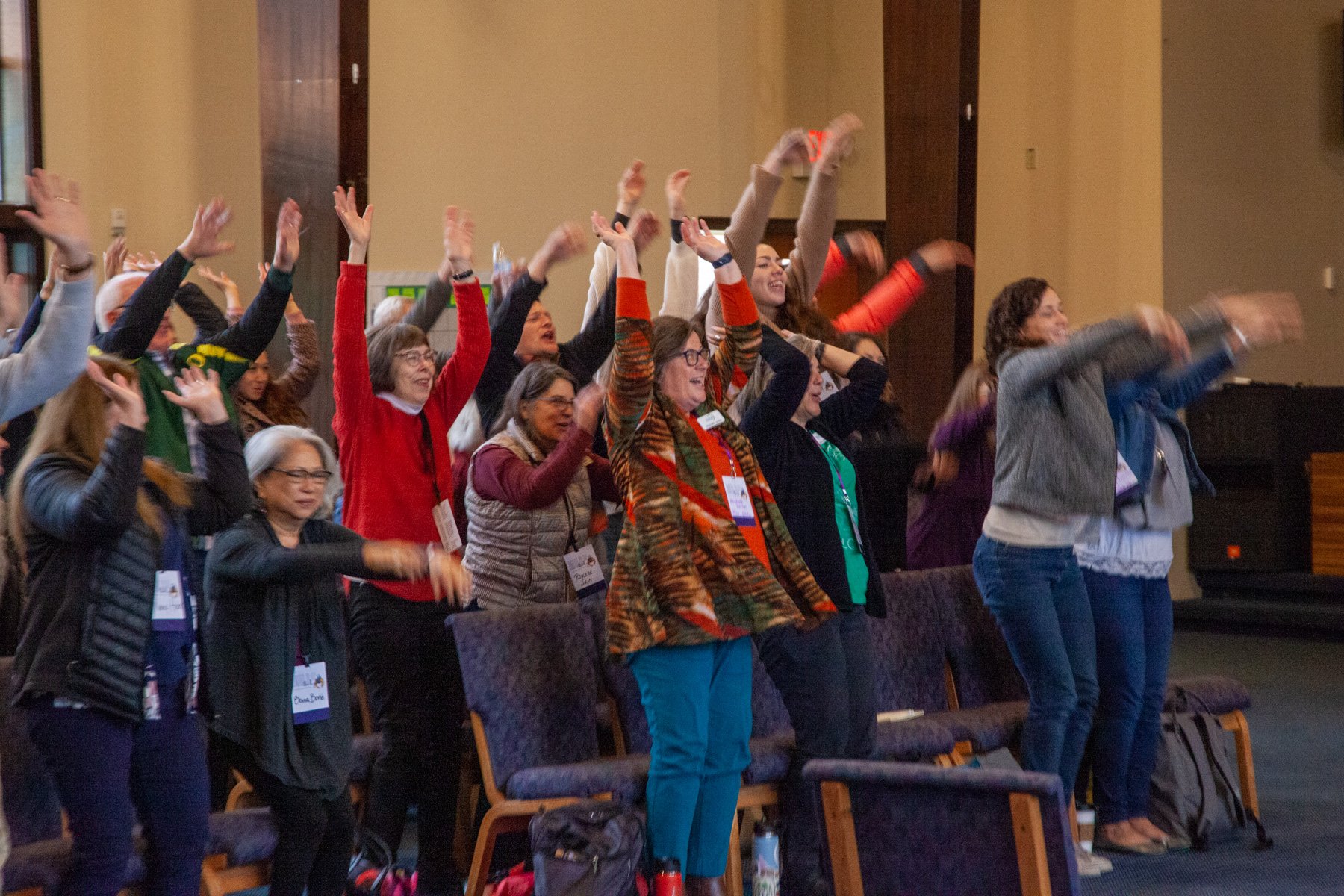
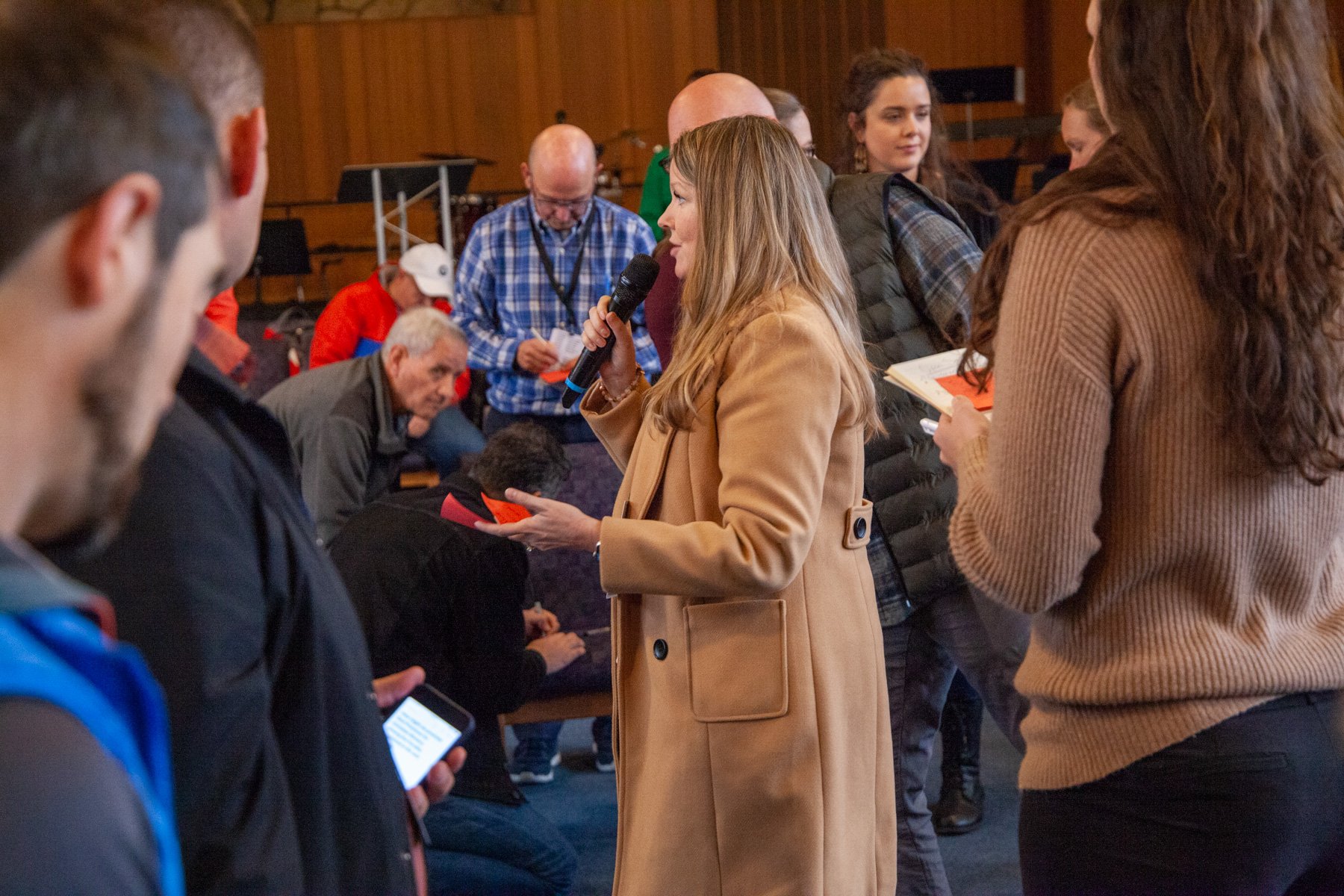
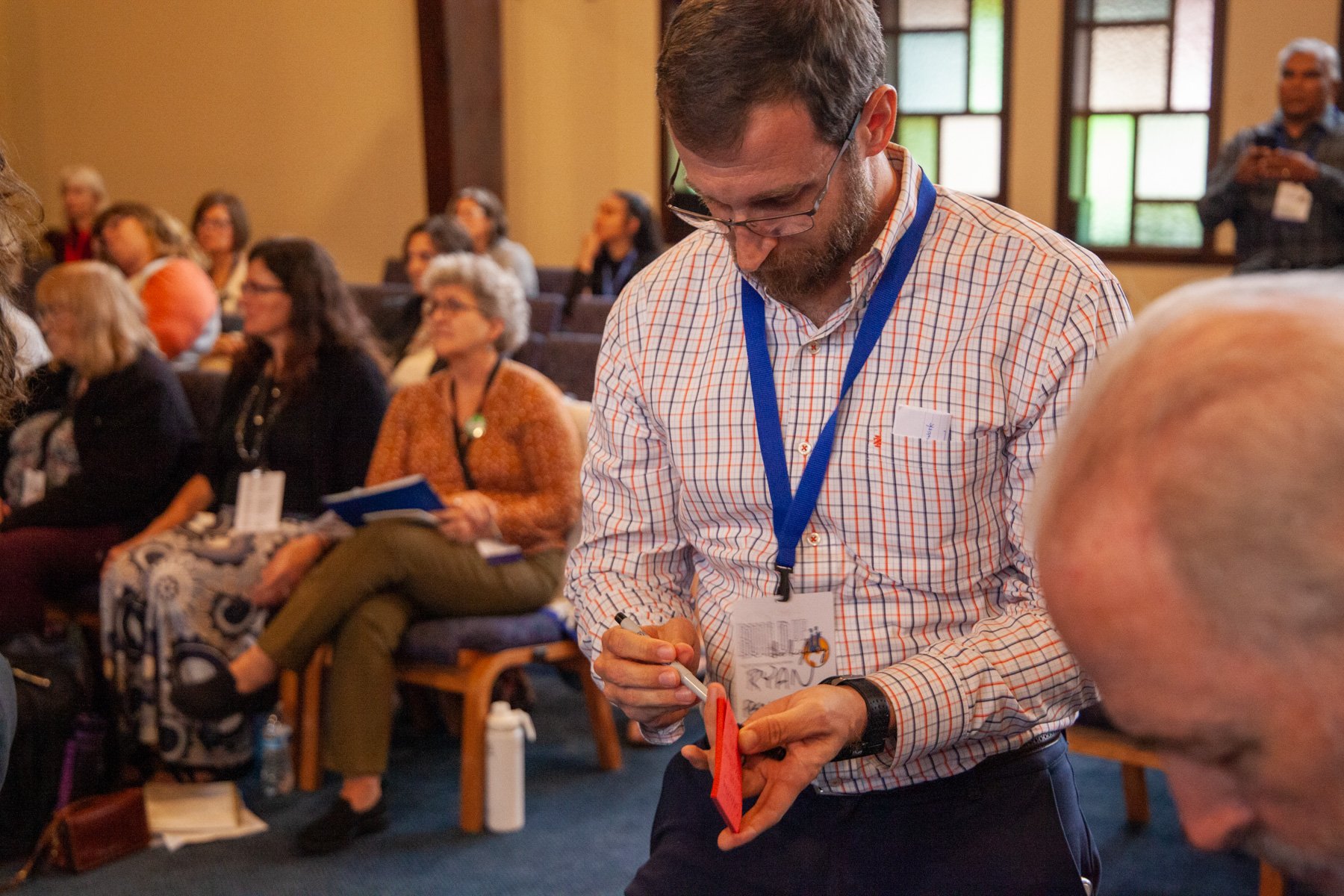
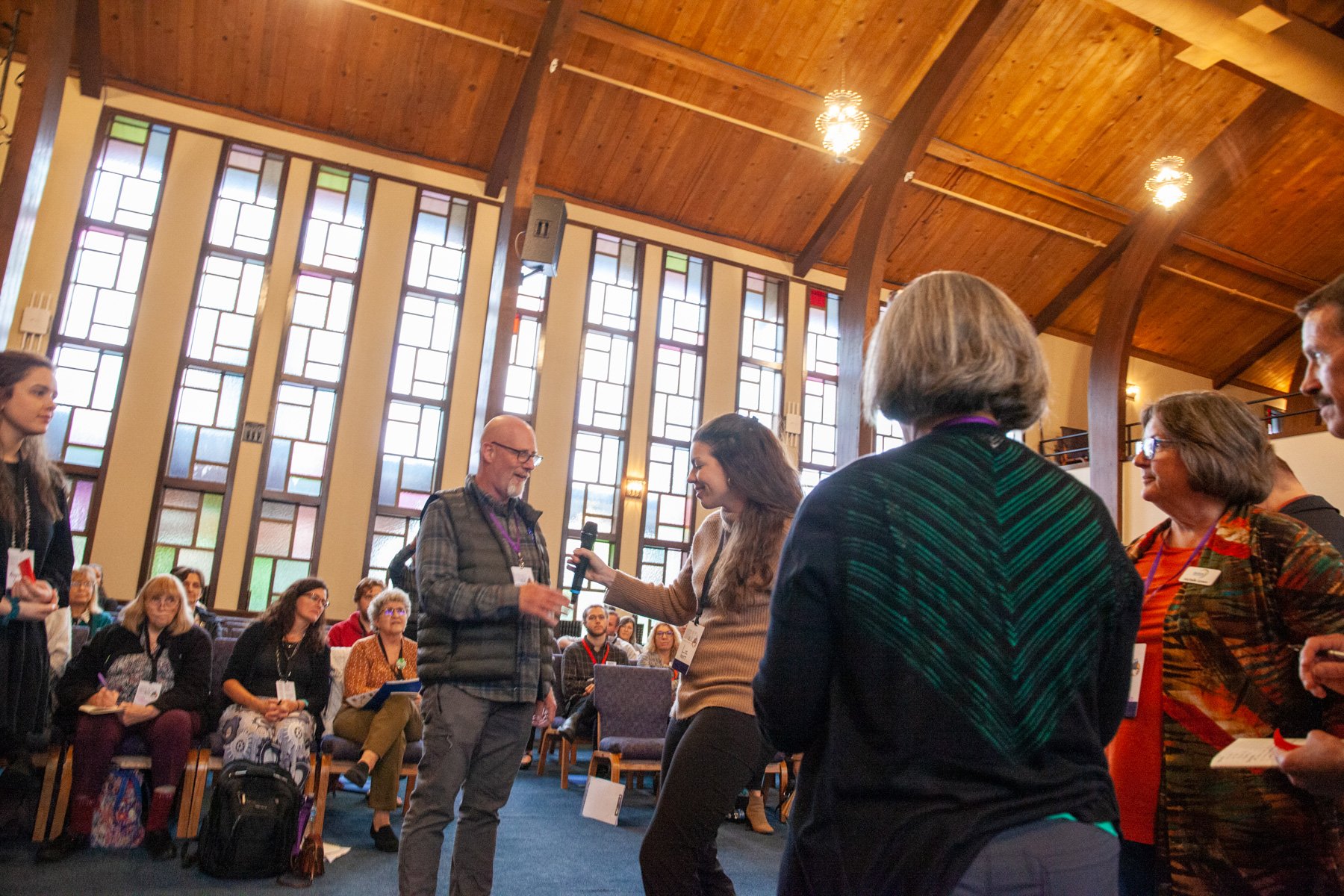
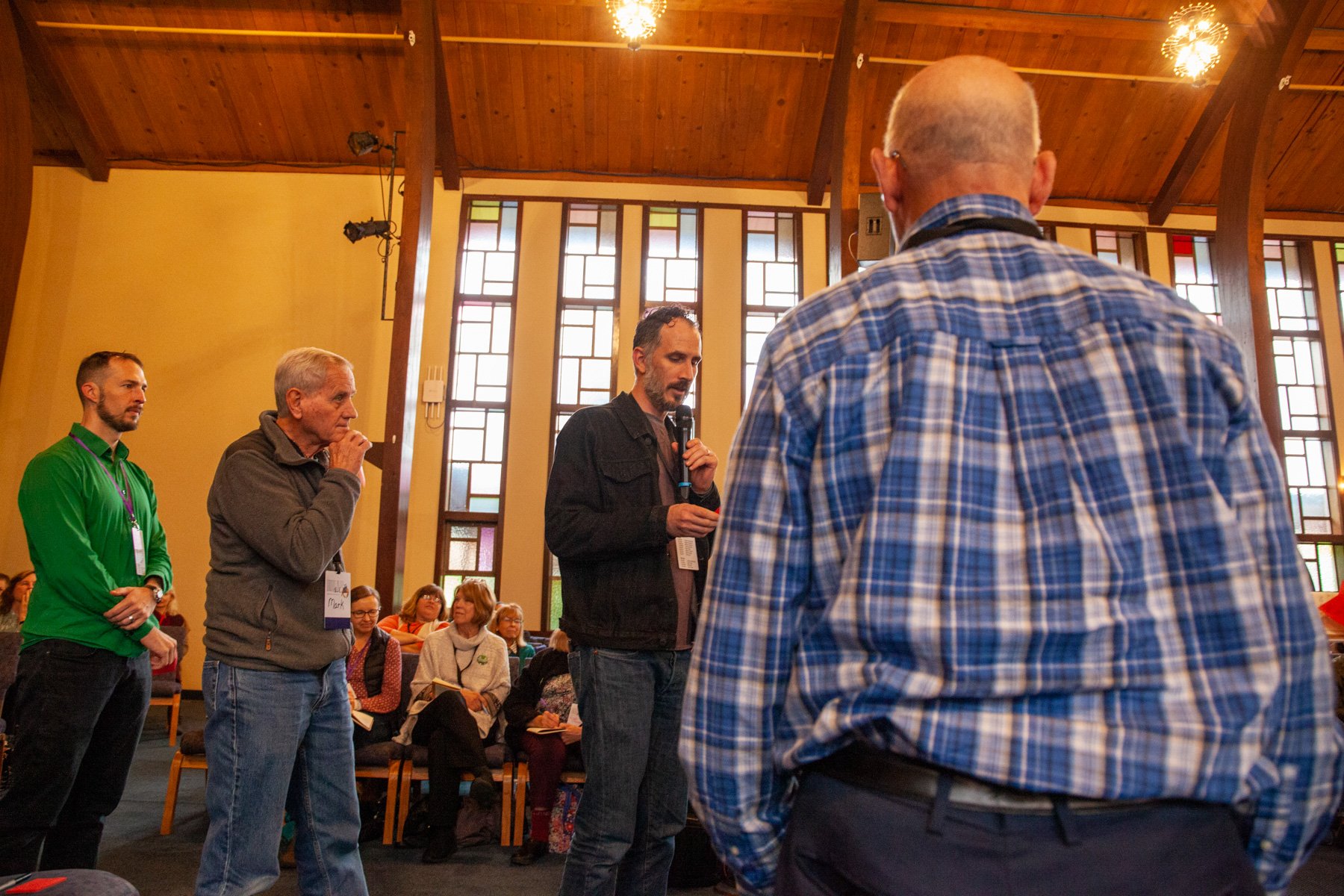
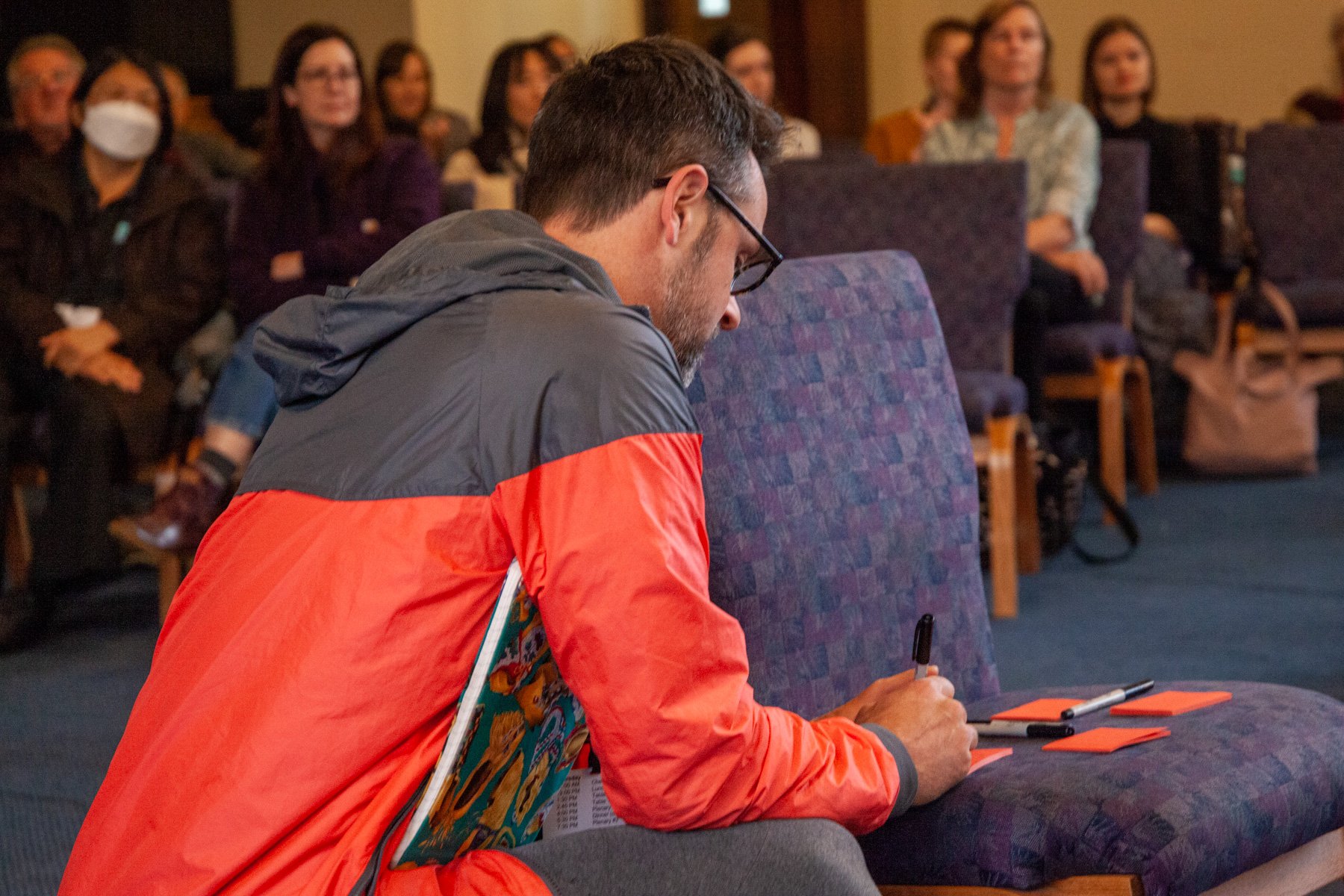
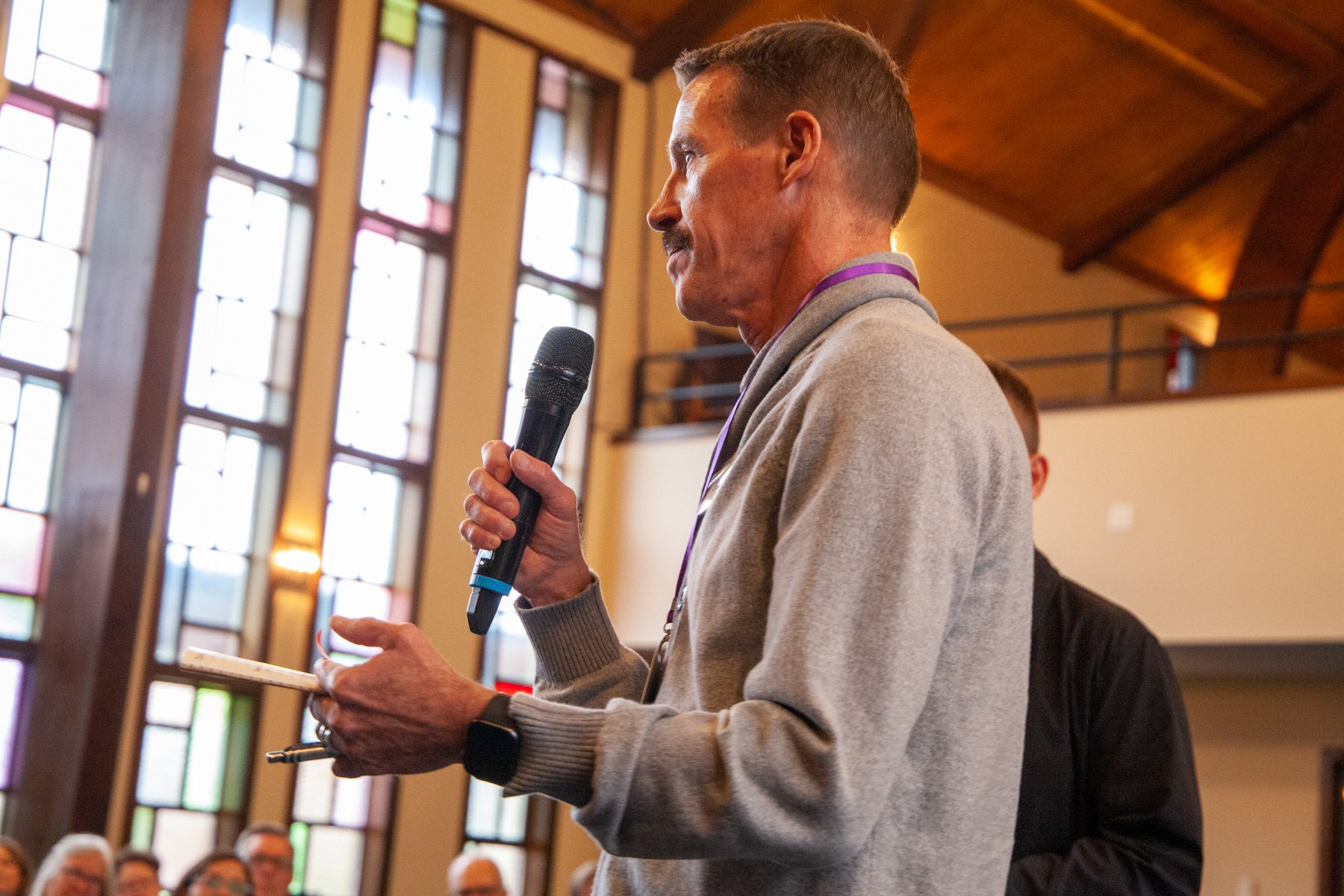

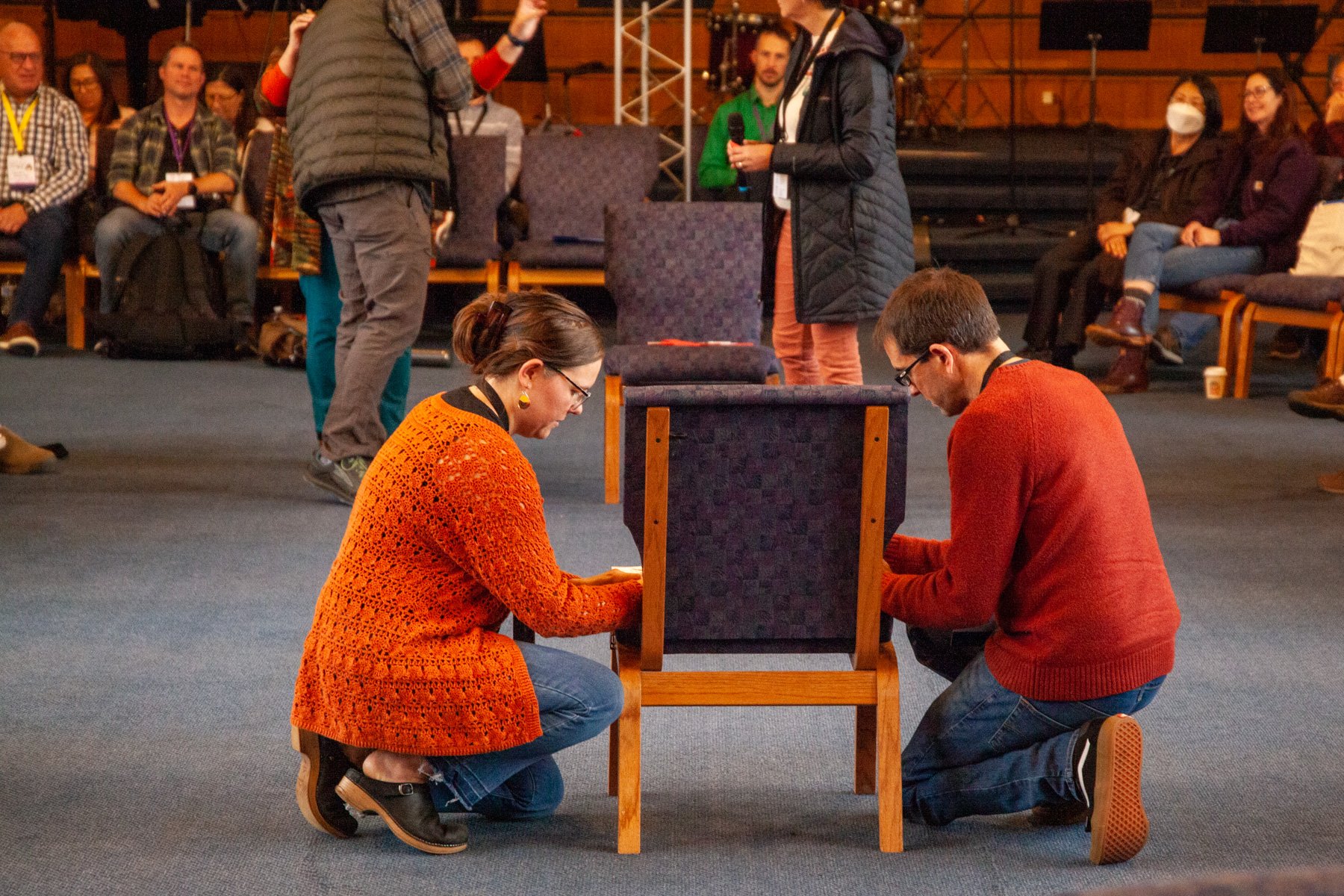
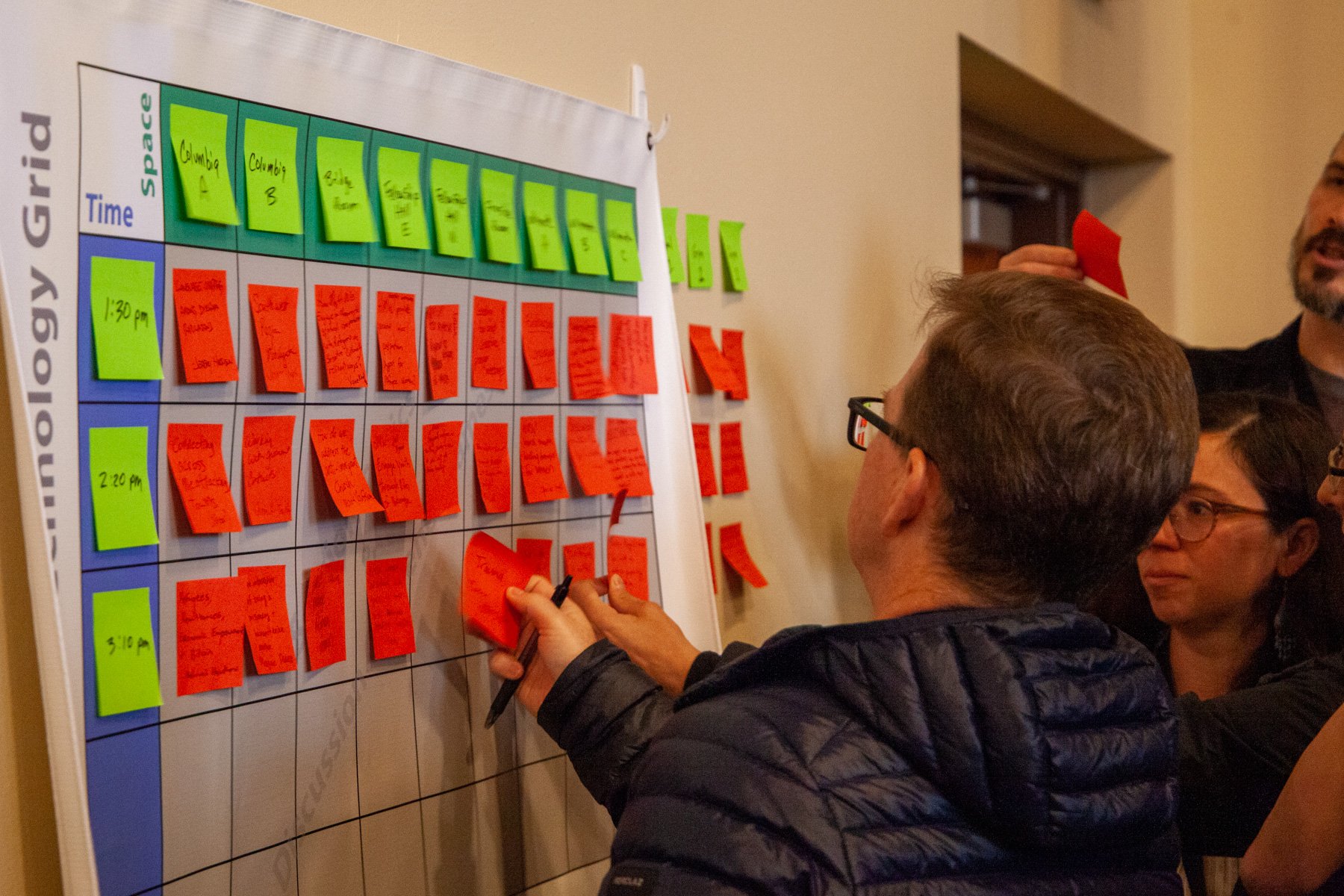

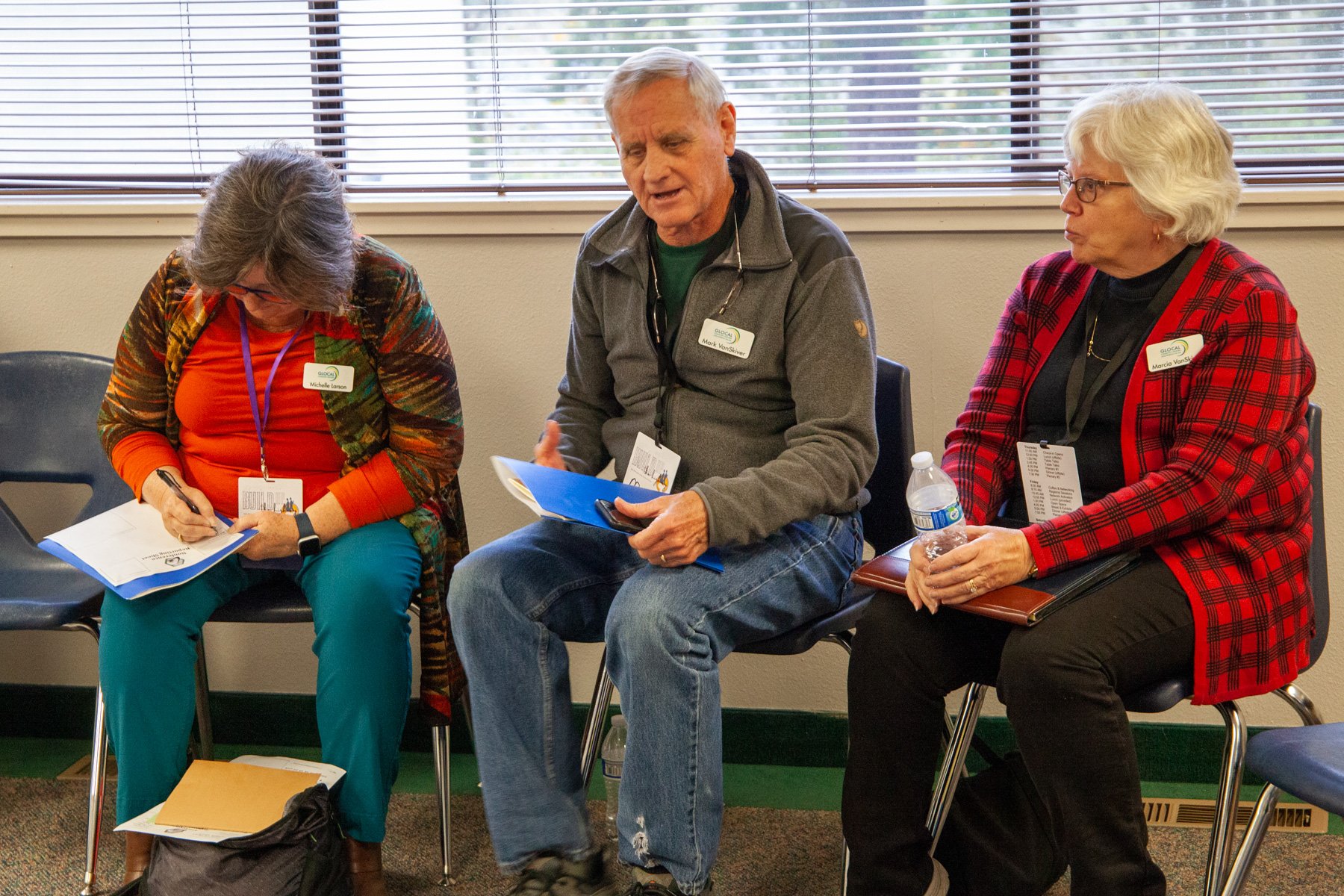
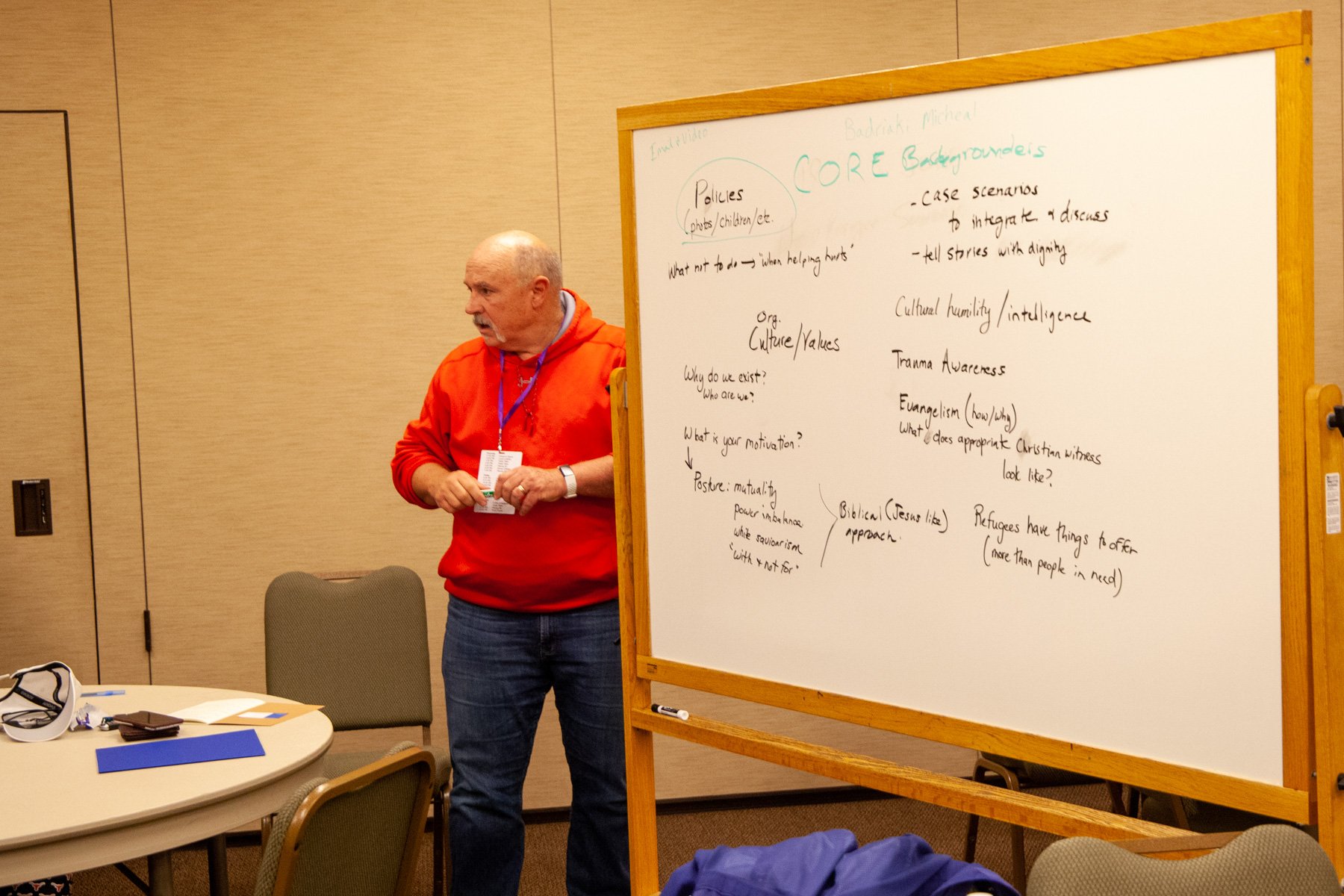
Open Space Photos
Photo credits: Tim Cowley (Instagram @timcowleypdx)
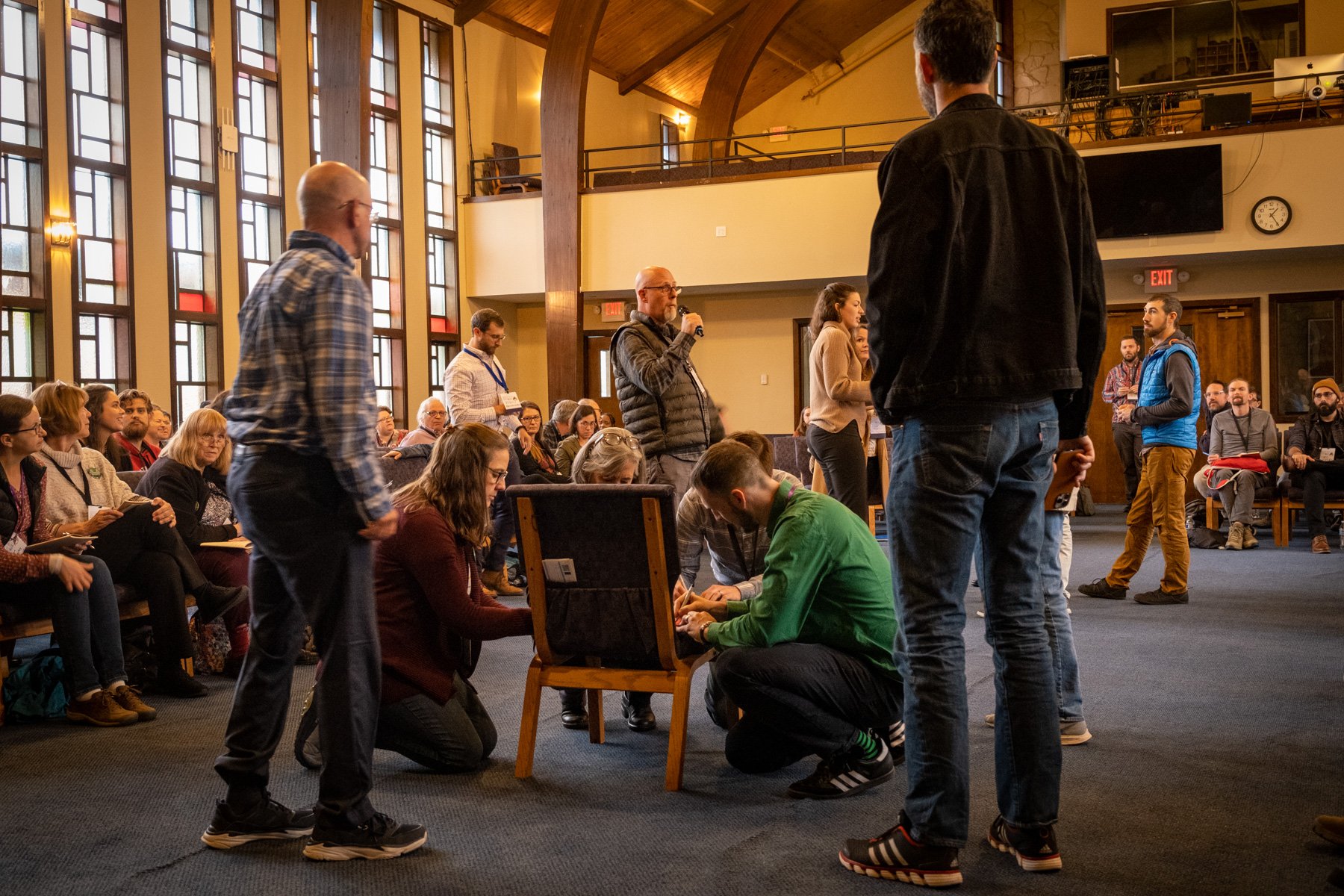
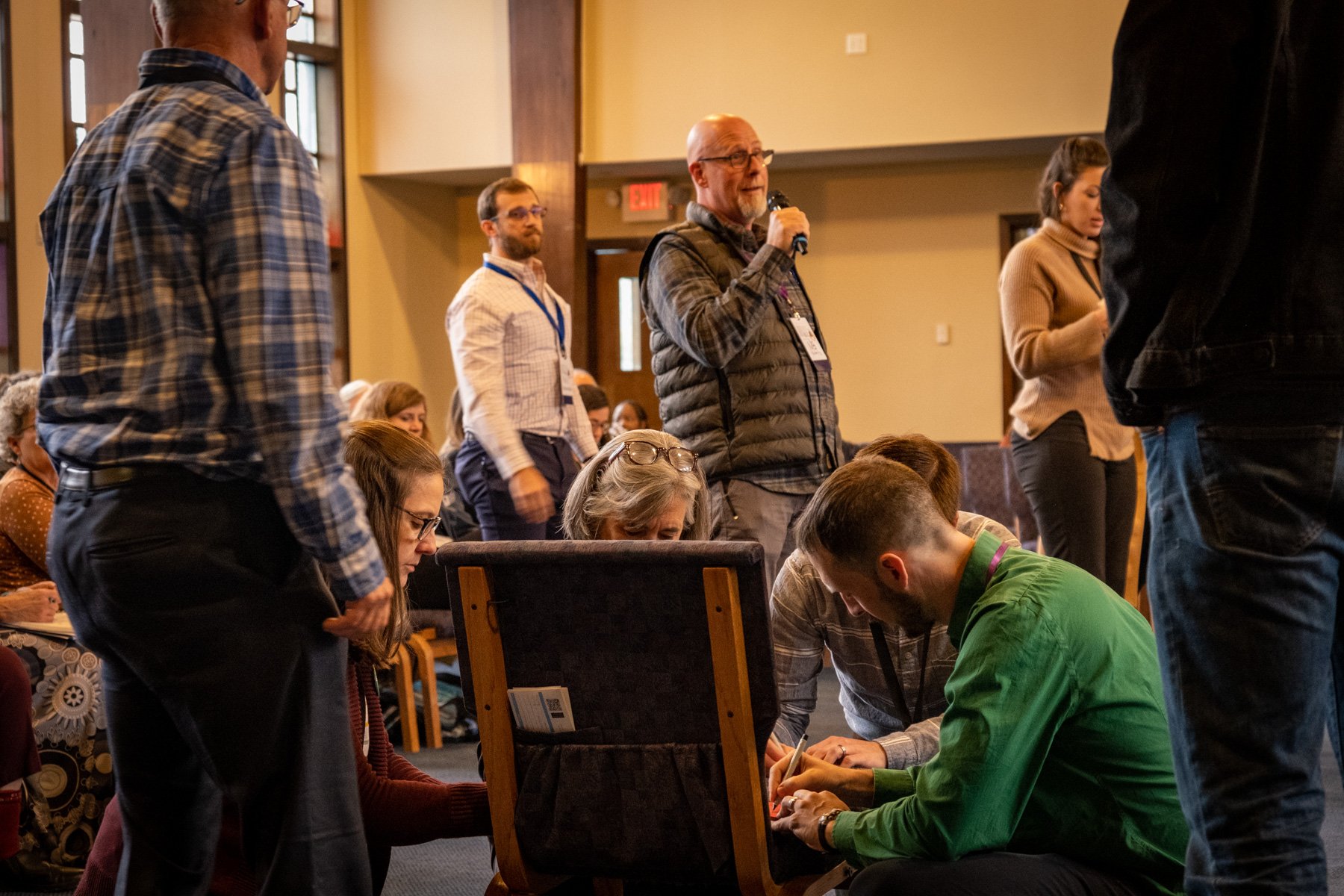
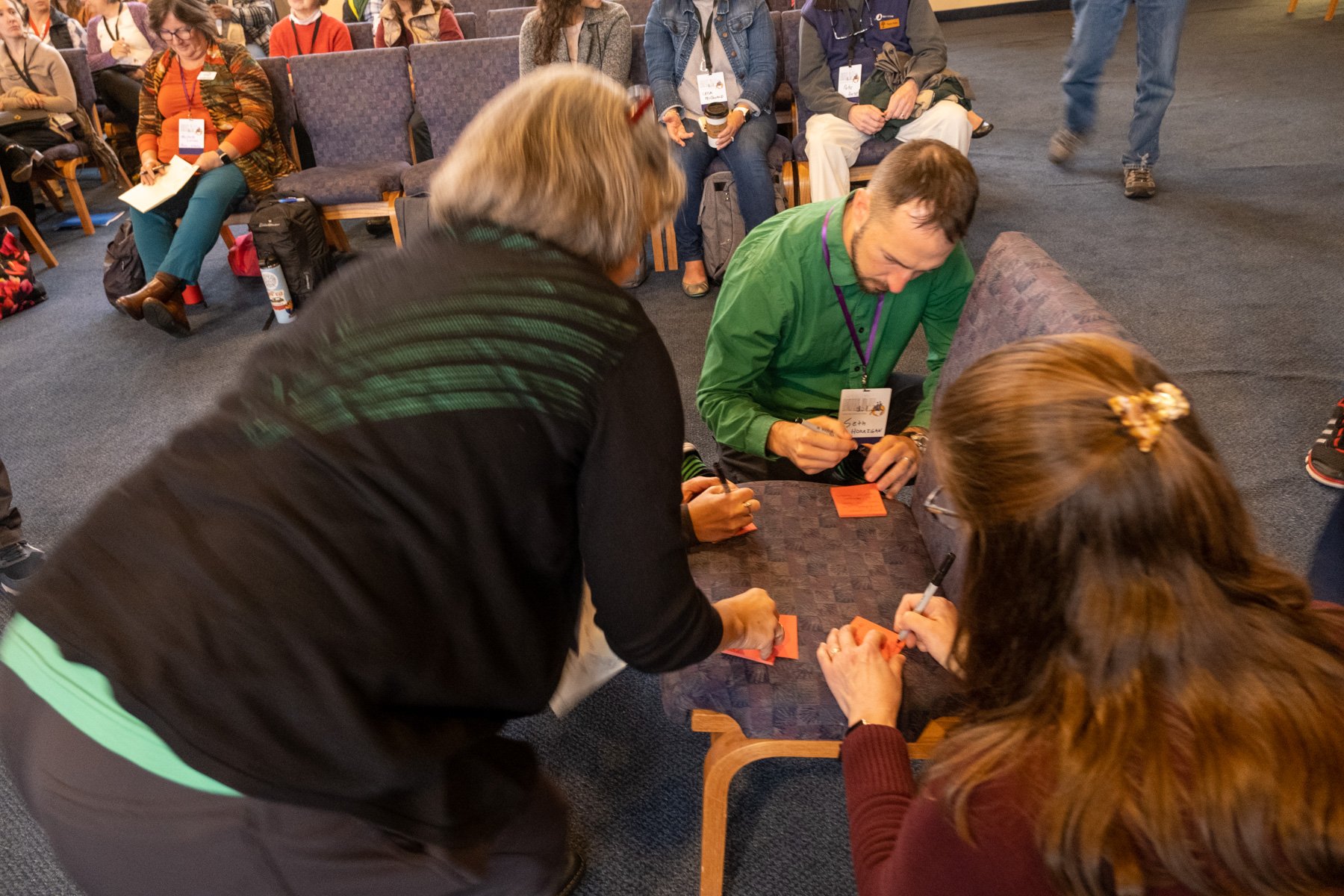



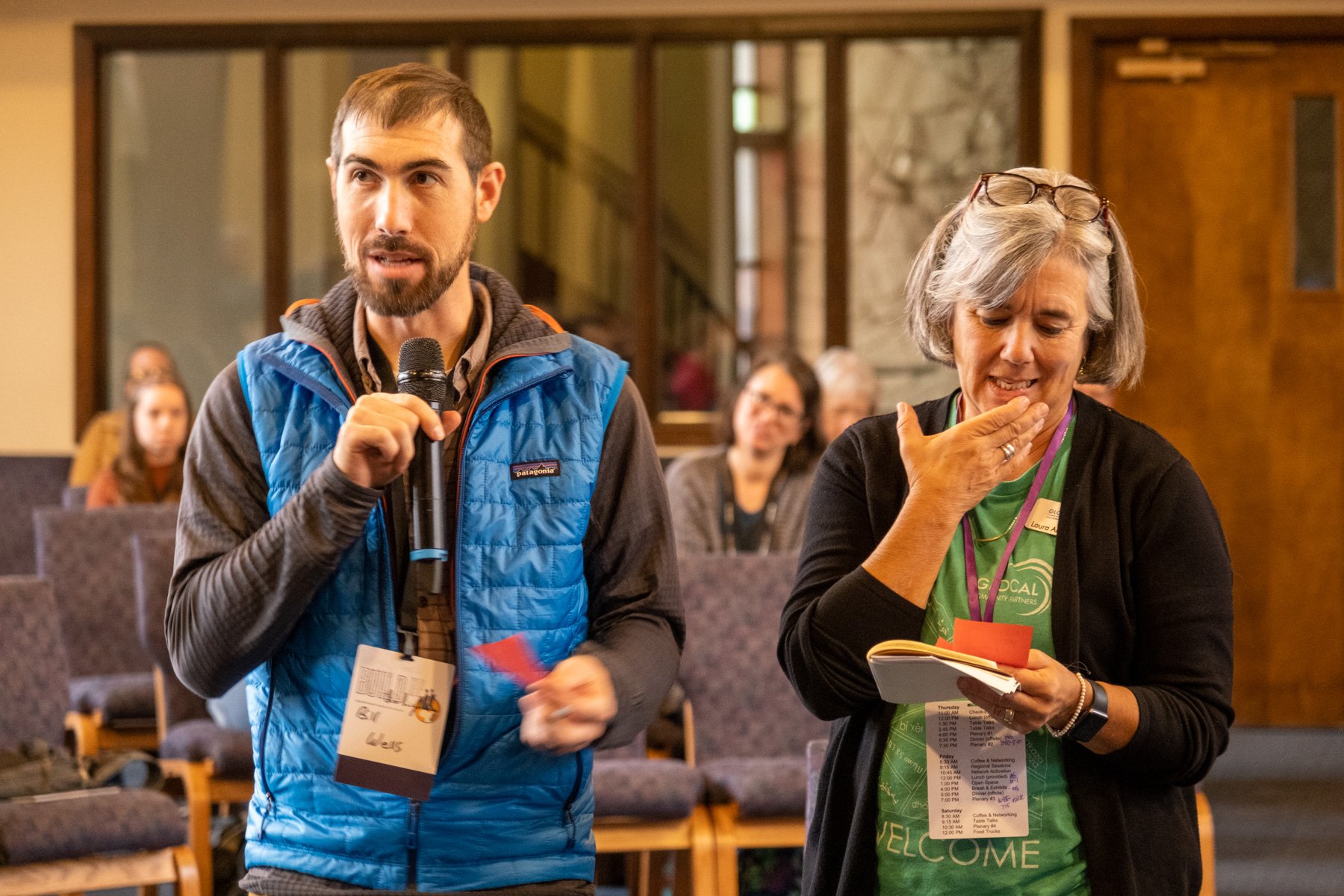


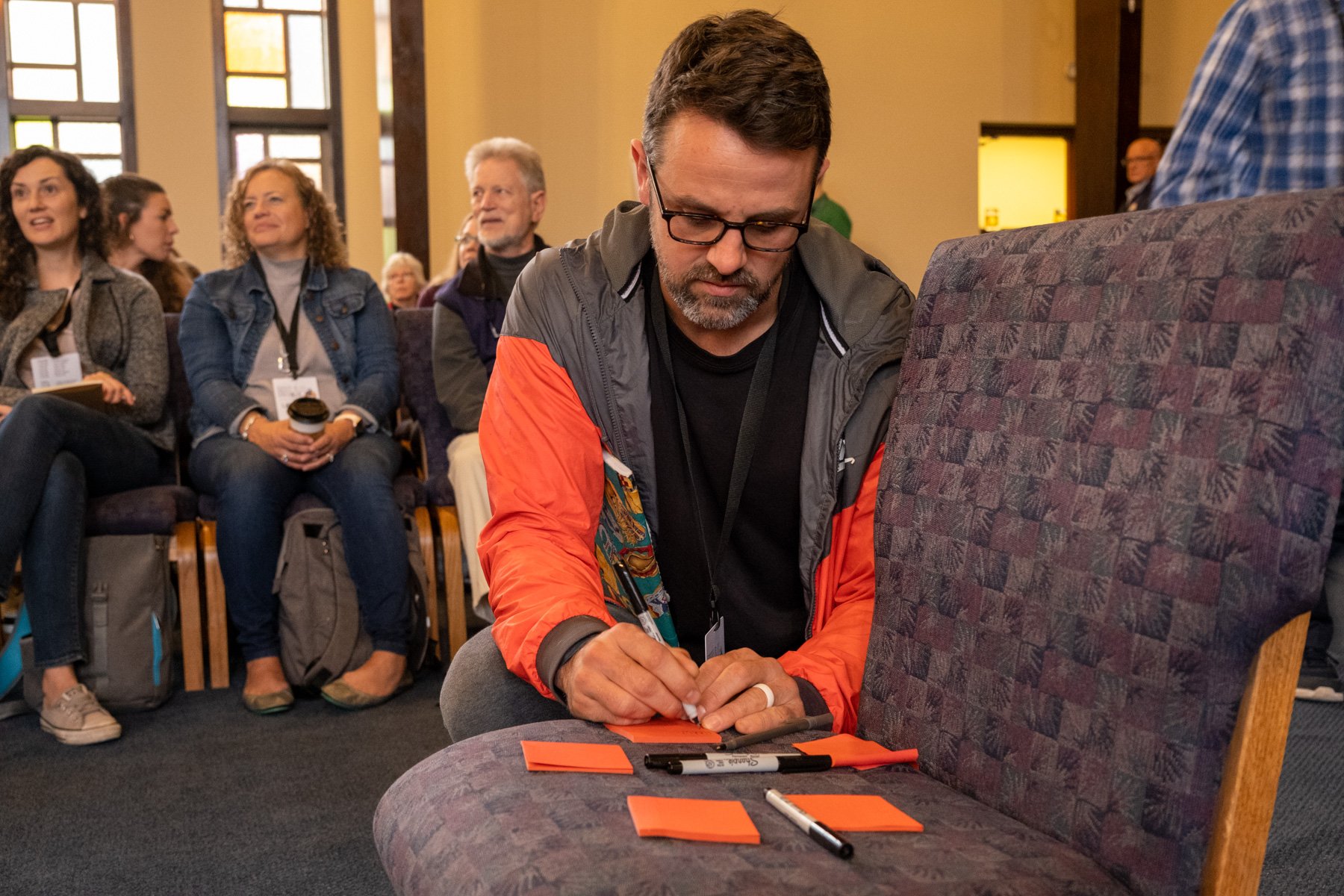
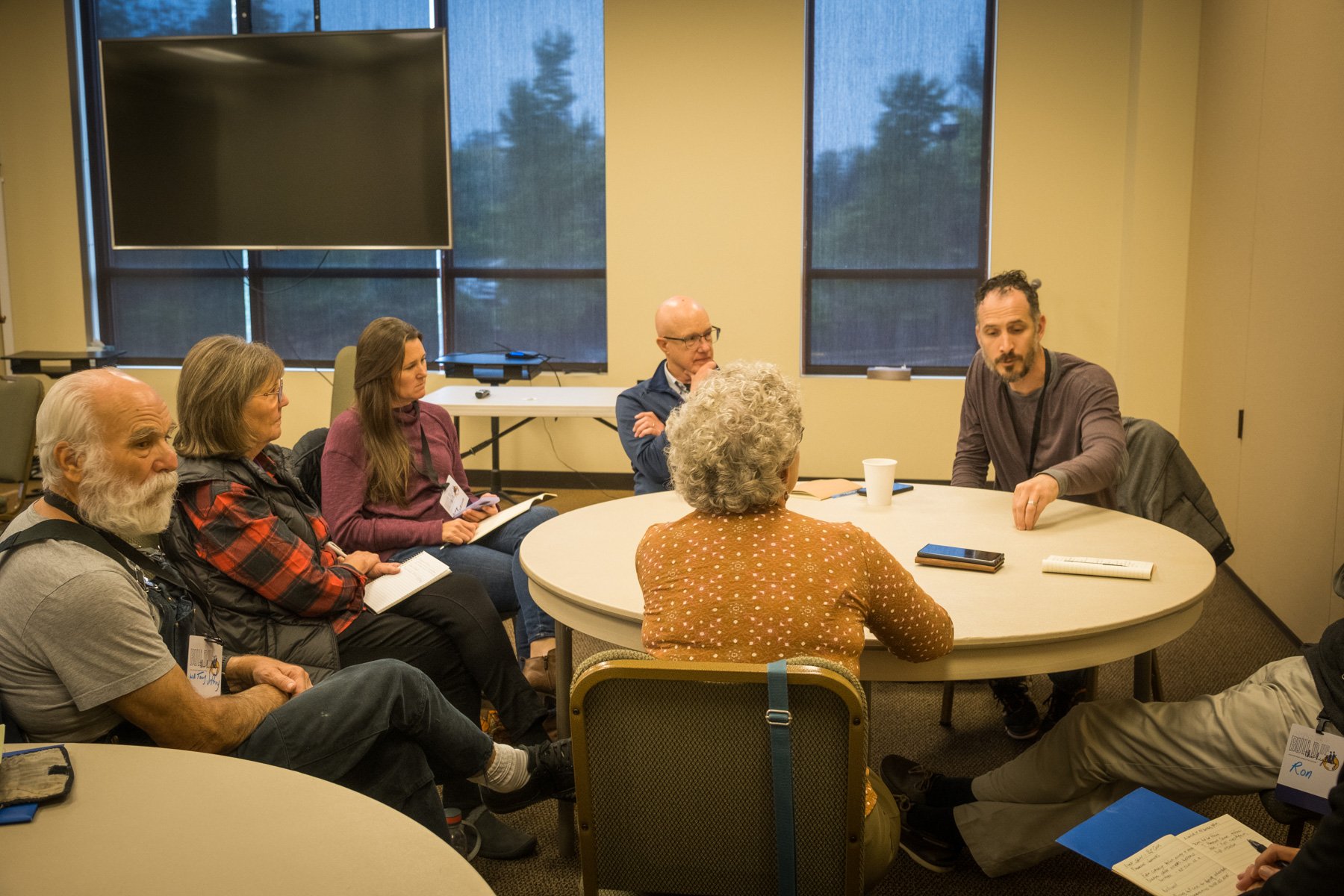
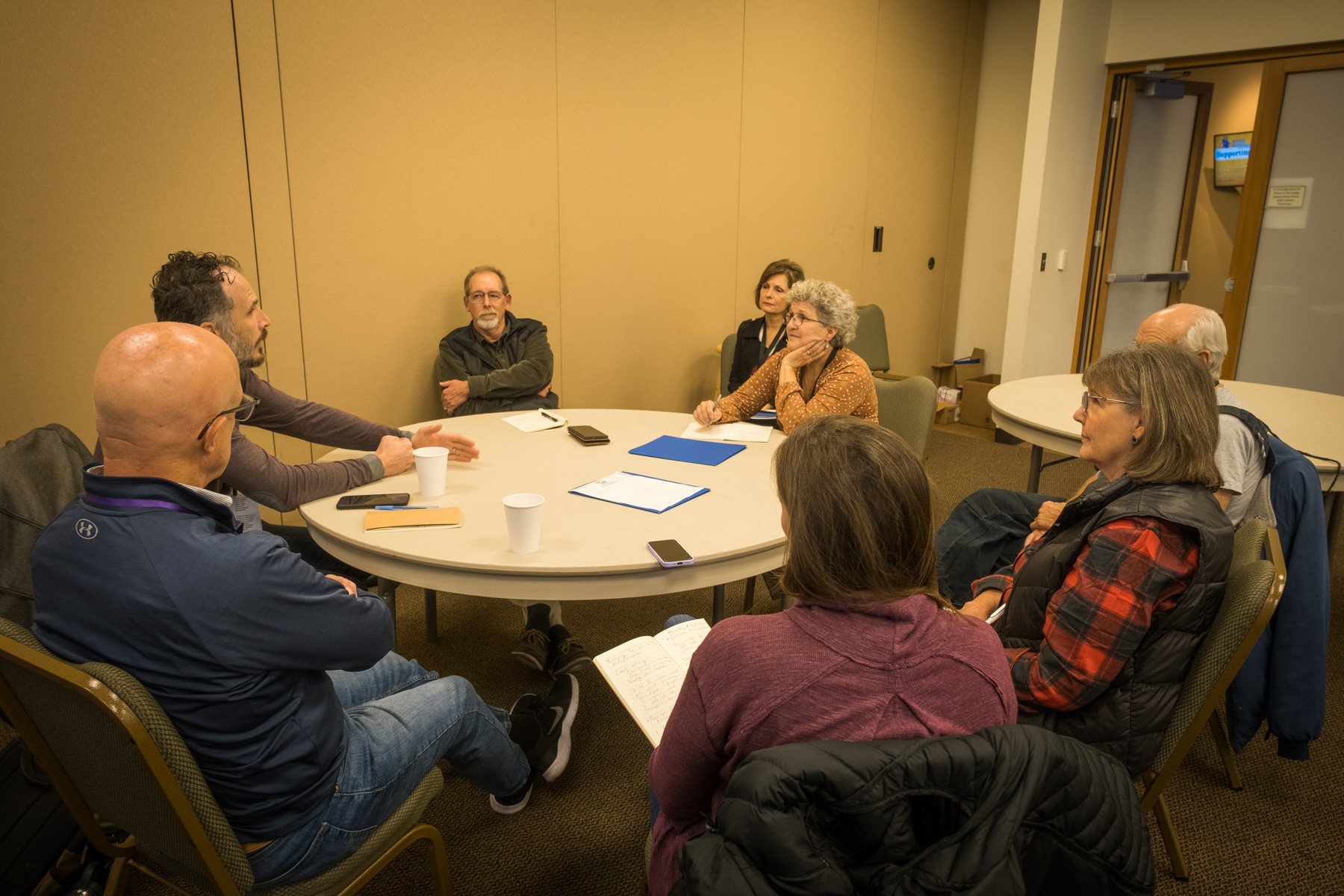

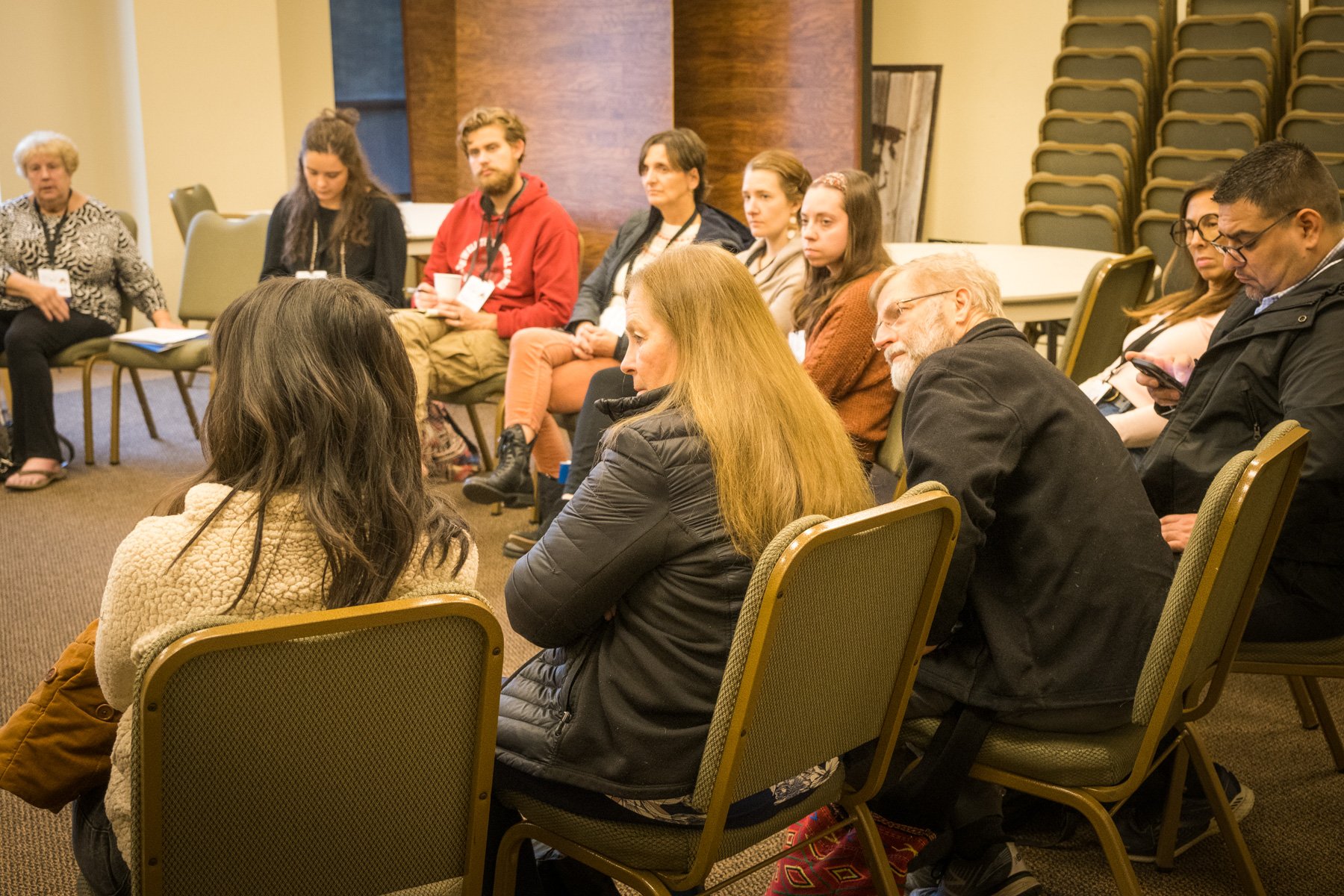

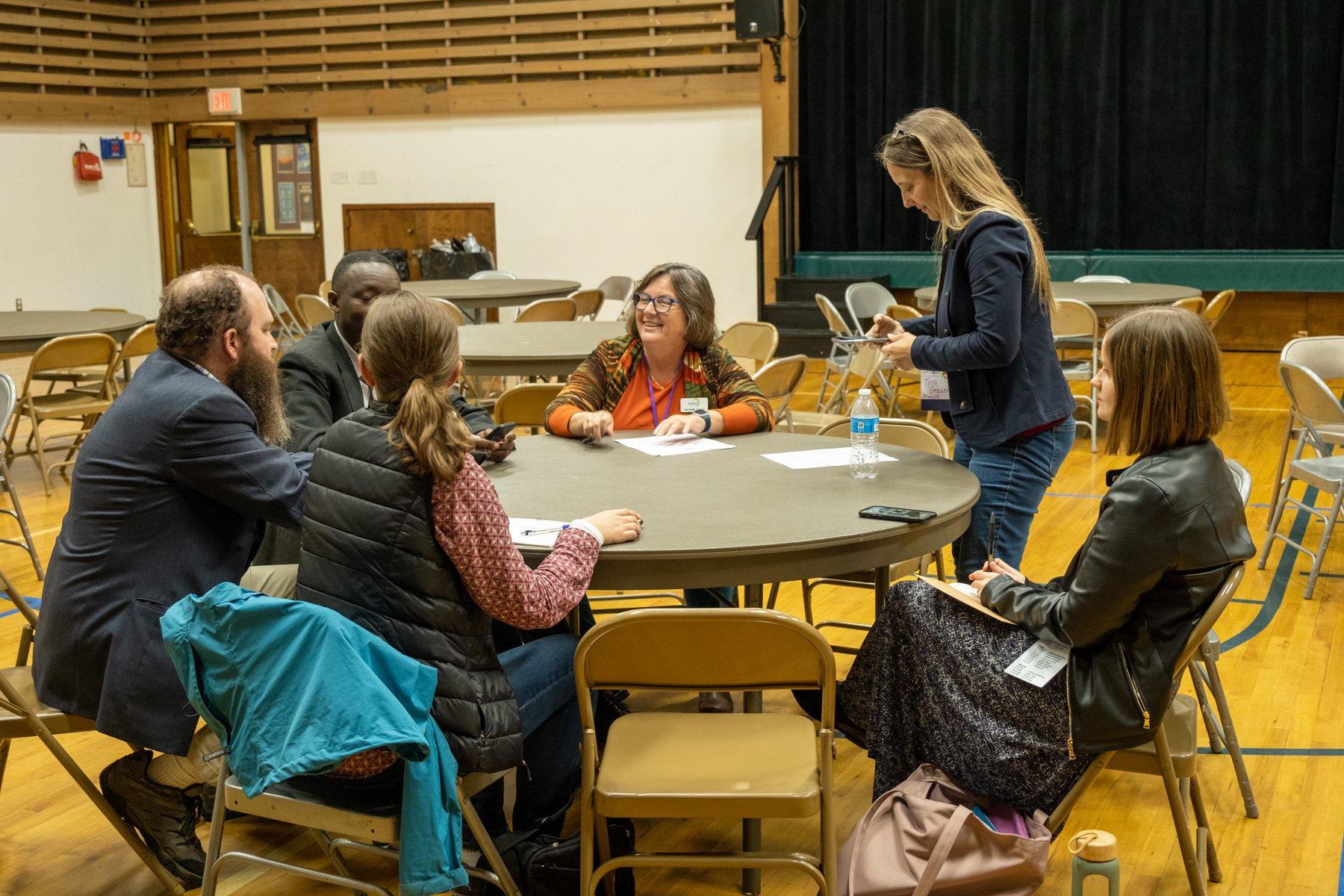
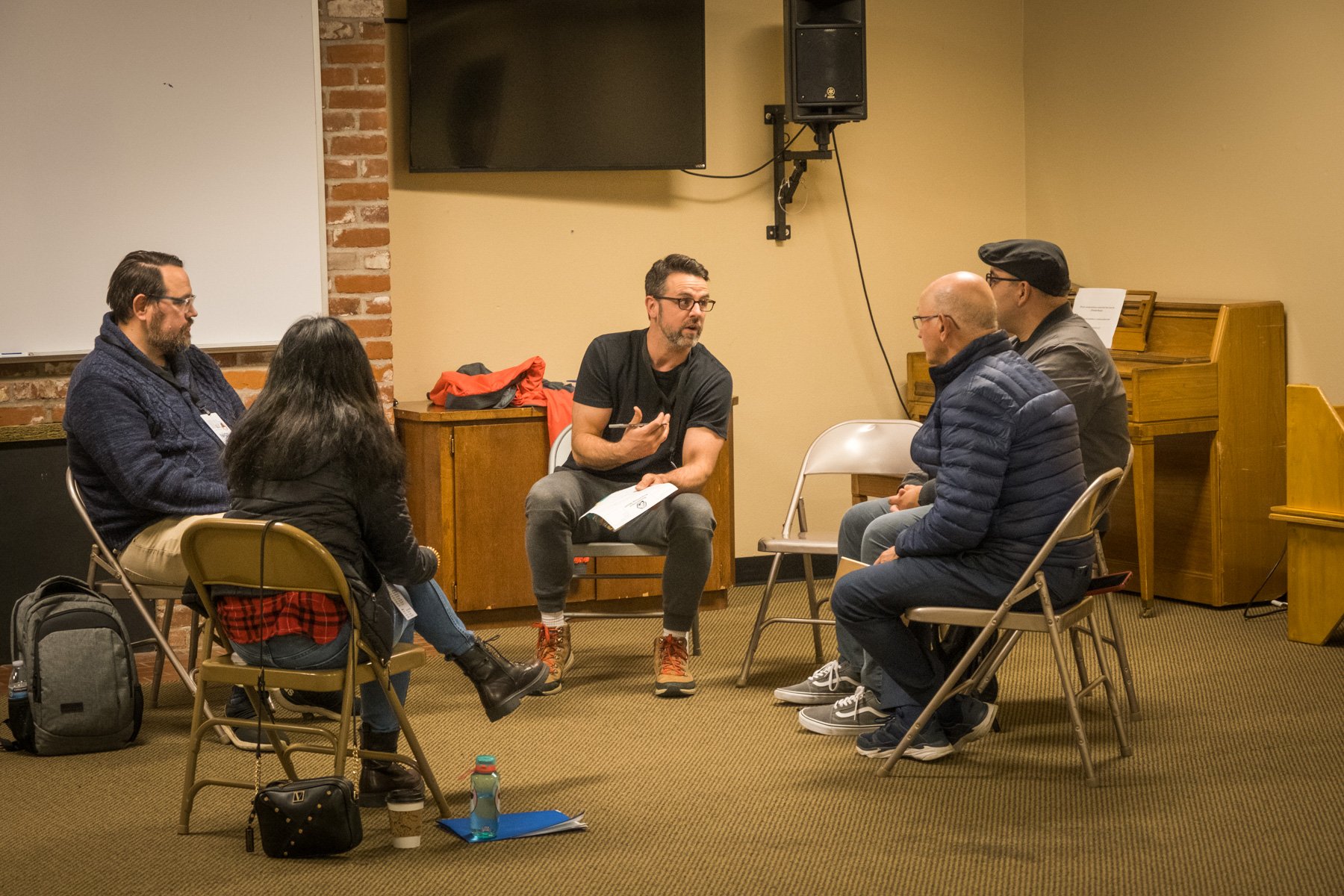
Plenary 3 content:
RHPNA overview video (see below)
Aamir’s story (not recorded due to sensitive nature)
Global RHP story from Gordon Showell-Rogers
Karen González’s plenary talk
Plenary Speaker 3: Karen González
Karen González is a speaker, writer, storyteller, and immigrant advocate, who herself immigrated from Guatemala as a child. Karen is a former public school teacher and attended Fuller Theological Seminary, where she studied theology and missiology. For the last 15 years, she has been a non-profit professional, currently working for an organization that serves asylum seekers. She wrote a book about her own immigration story and some of the immigrants found in the Bible: The God Who Sees: Immigrants, The Bible, and the Journey to Belong (Herald Press, May 2019). She also has bylines in Sojourners, Christianity Today, The Christian Century, and others. Karen’s second book is Beyond Welcome: Centering Immigrants in our Christian Response to Immigration (Brazos Press, October 2022). She is also the co-host of the Latina-focused podcast Cafe with Comadres. You can reach her via her website Karen-Gonzalez.com or on social media at @_karenjgonzalez
Worship & Plenary 3 Photos
Photo credits: James Metelak (Instagram @privetfotog)
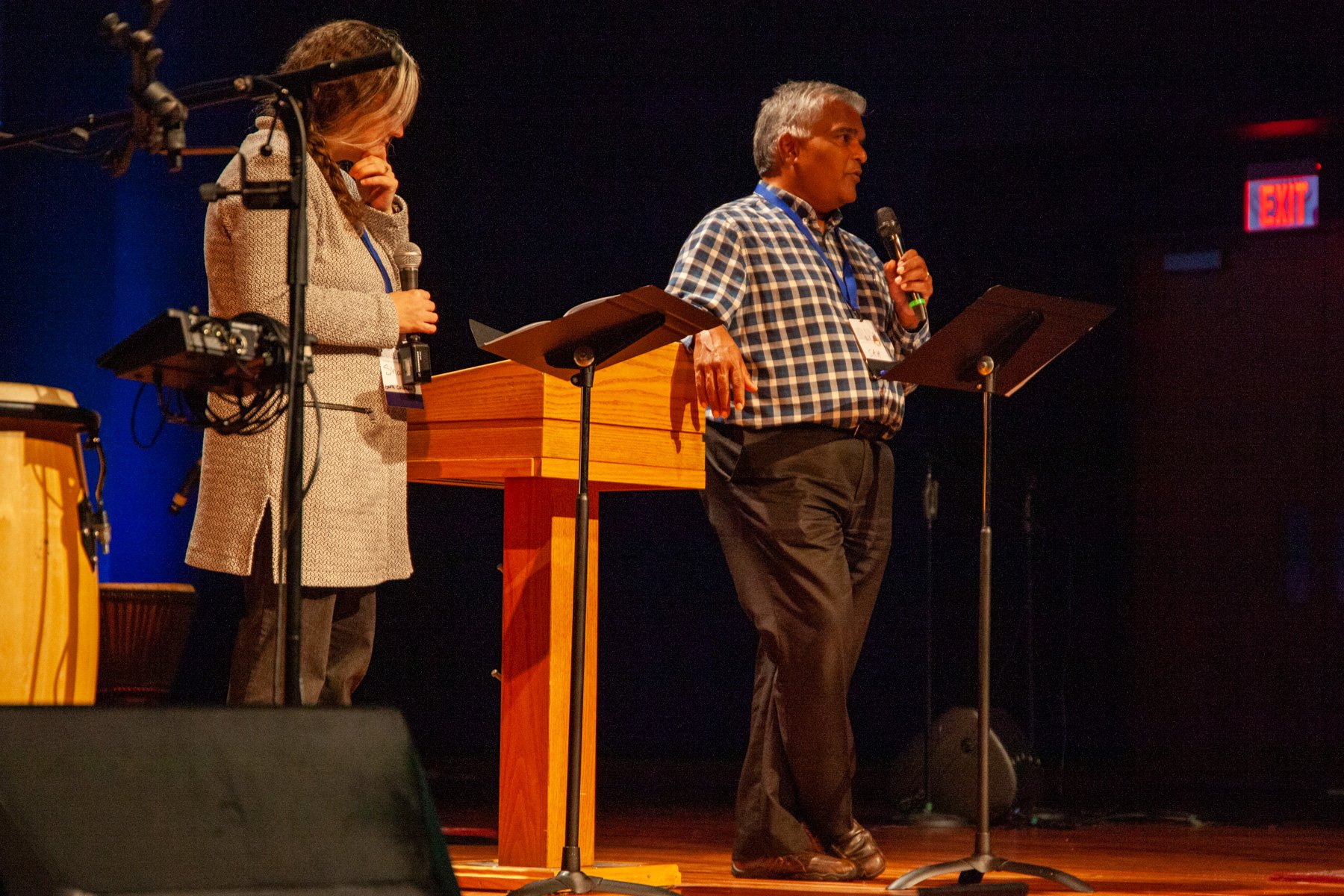
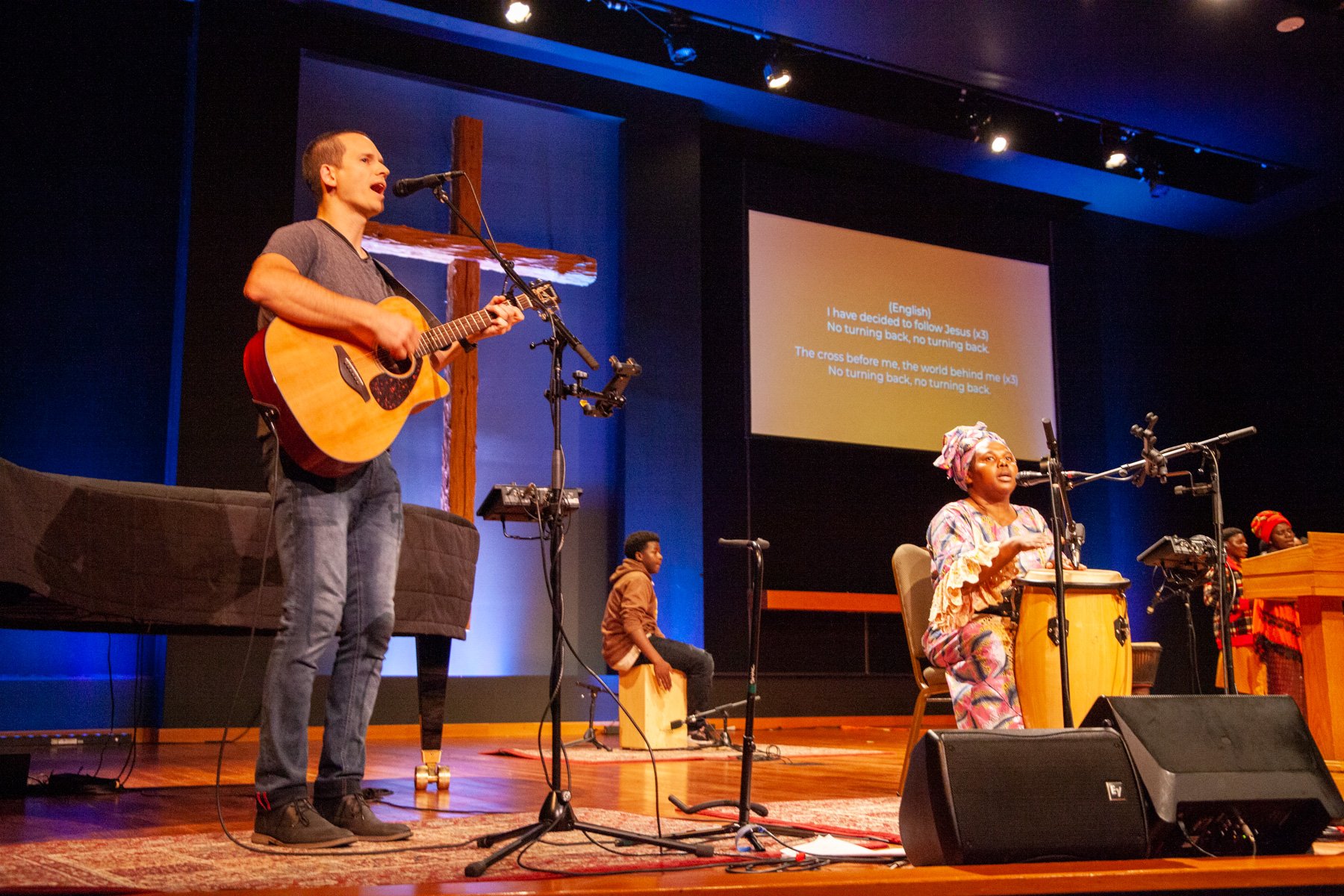
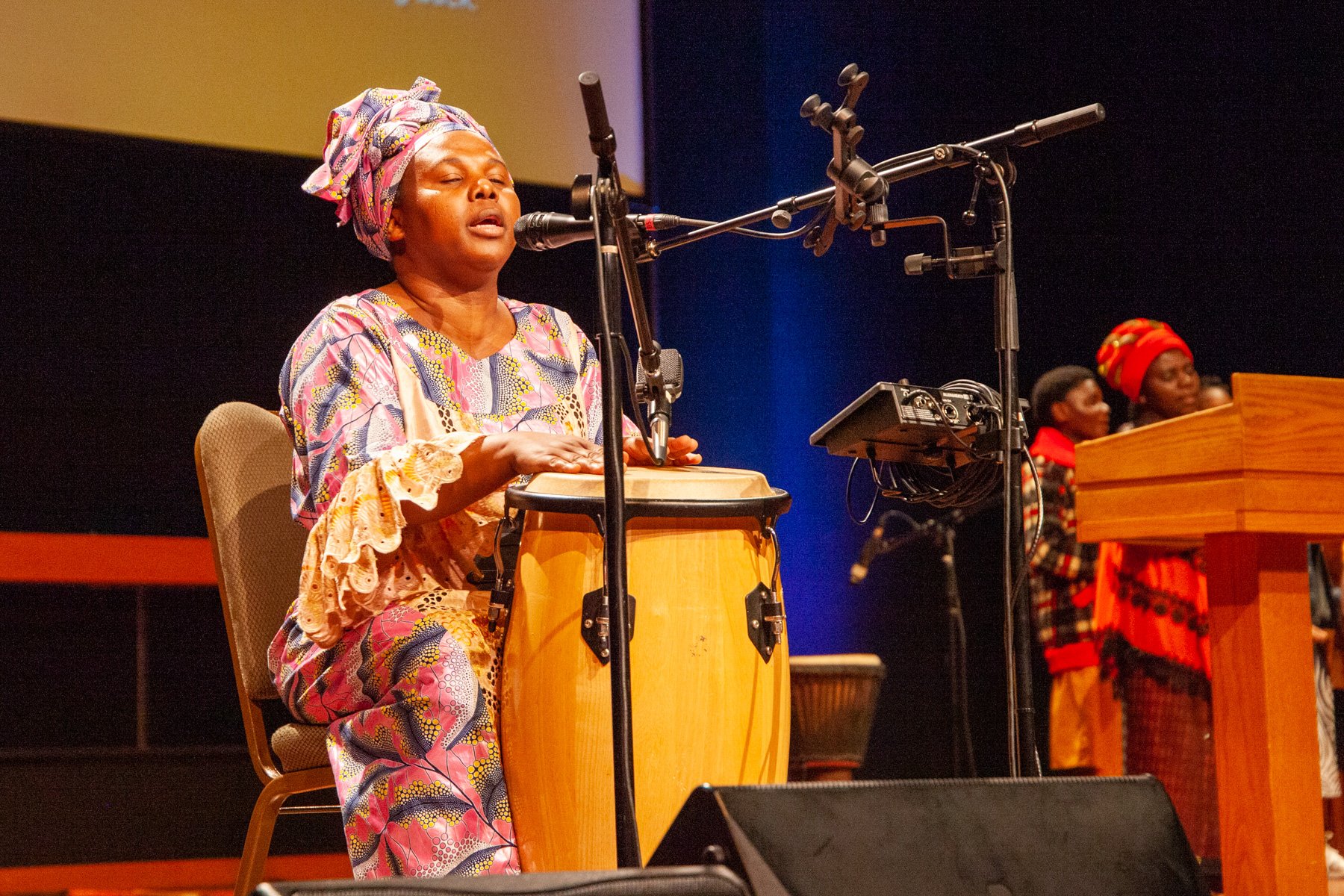
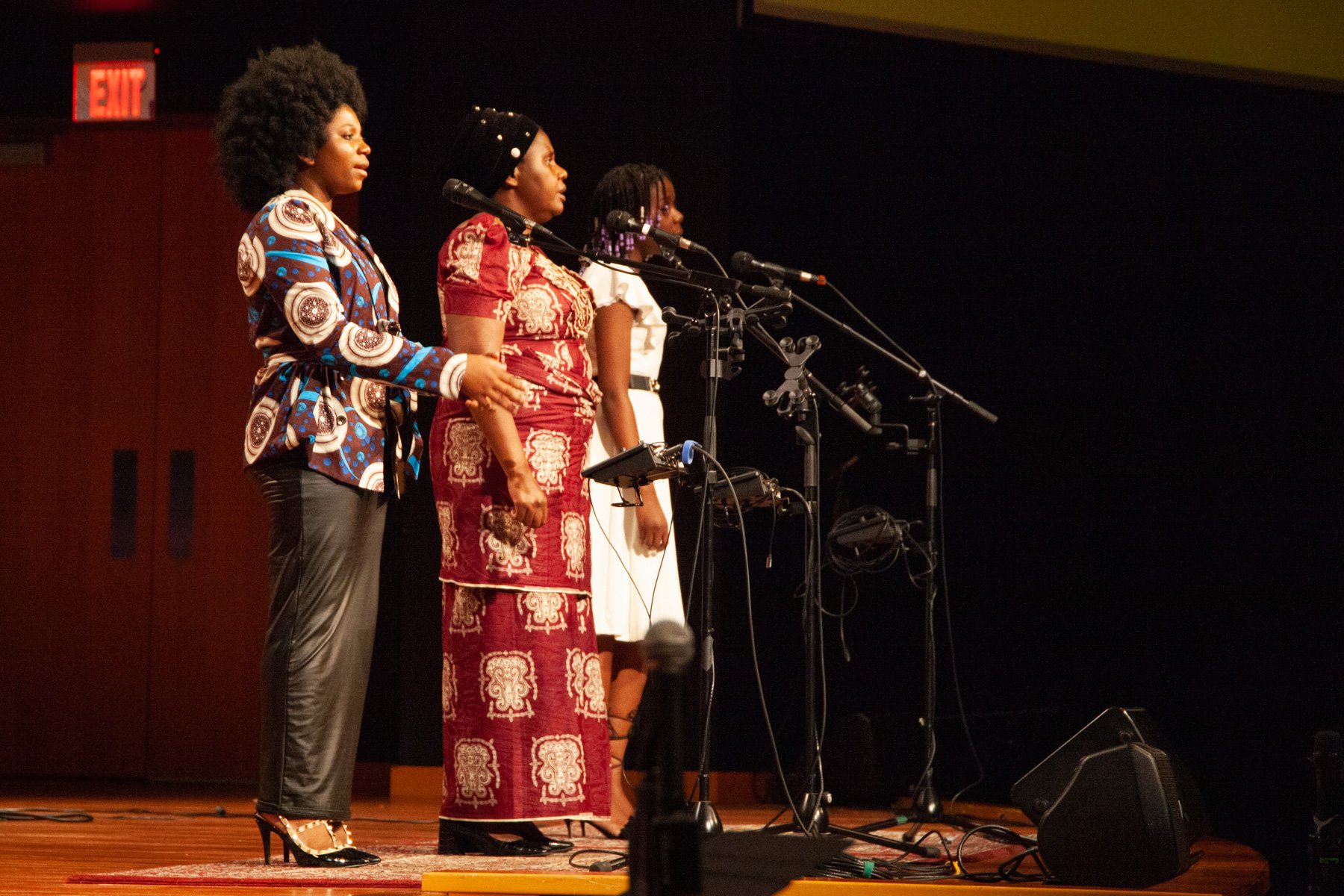
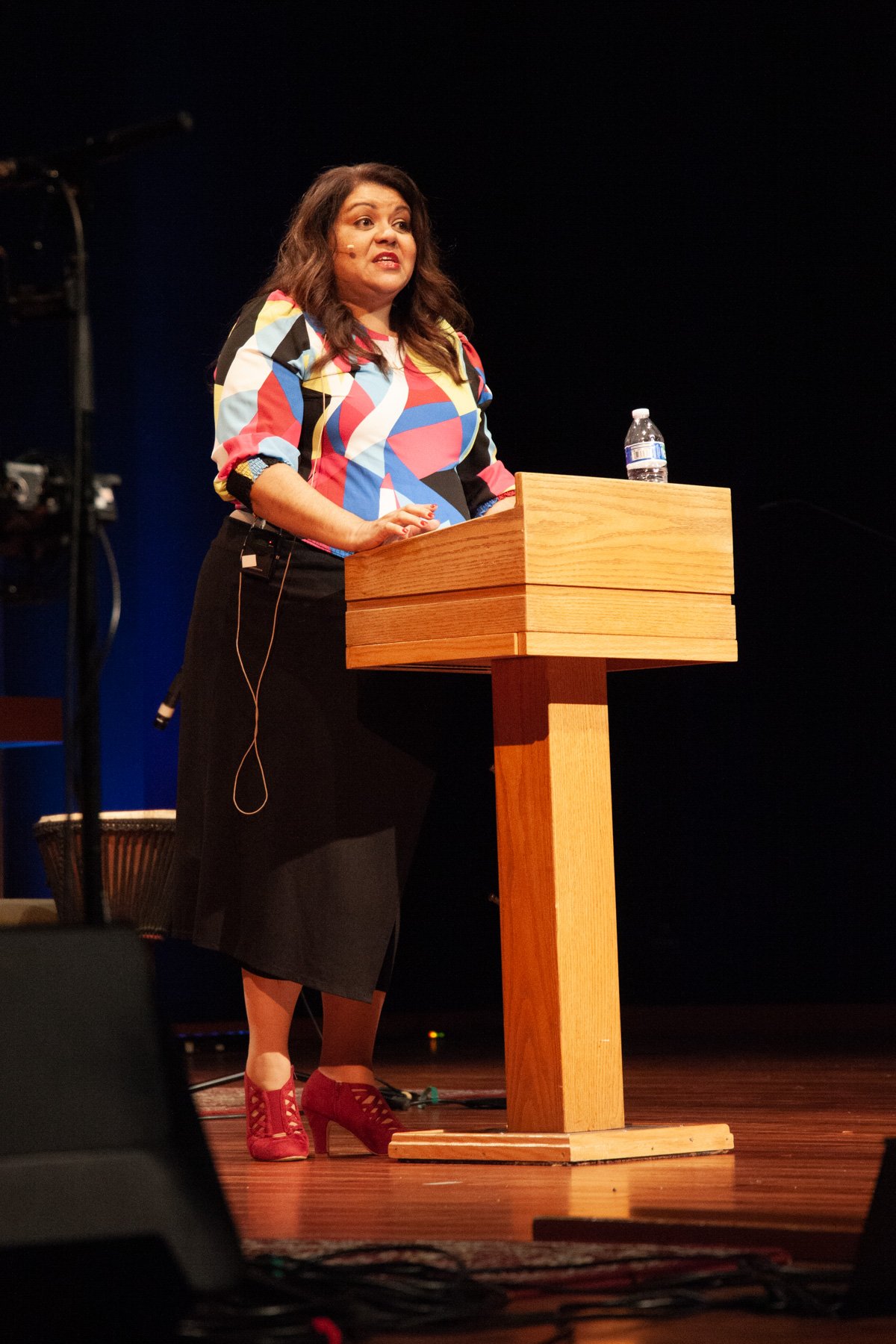
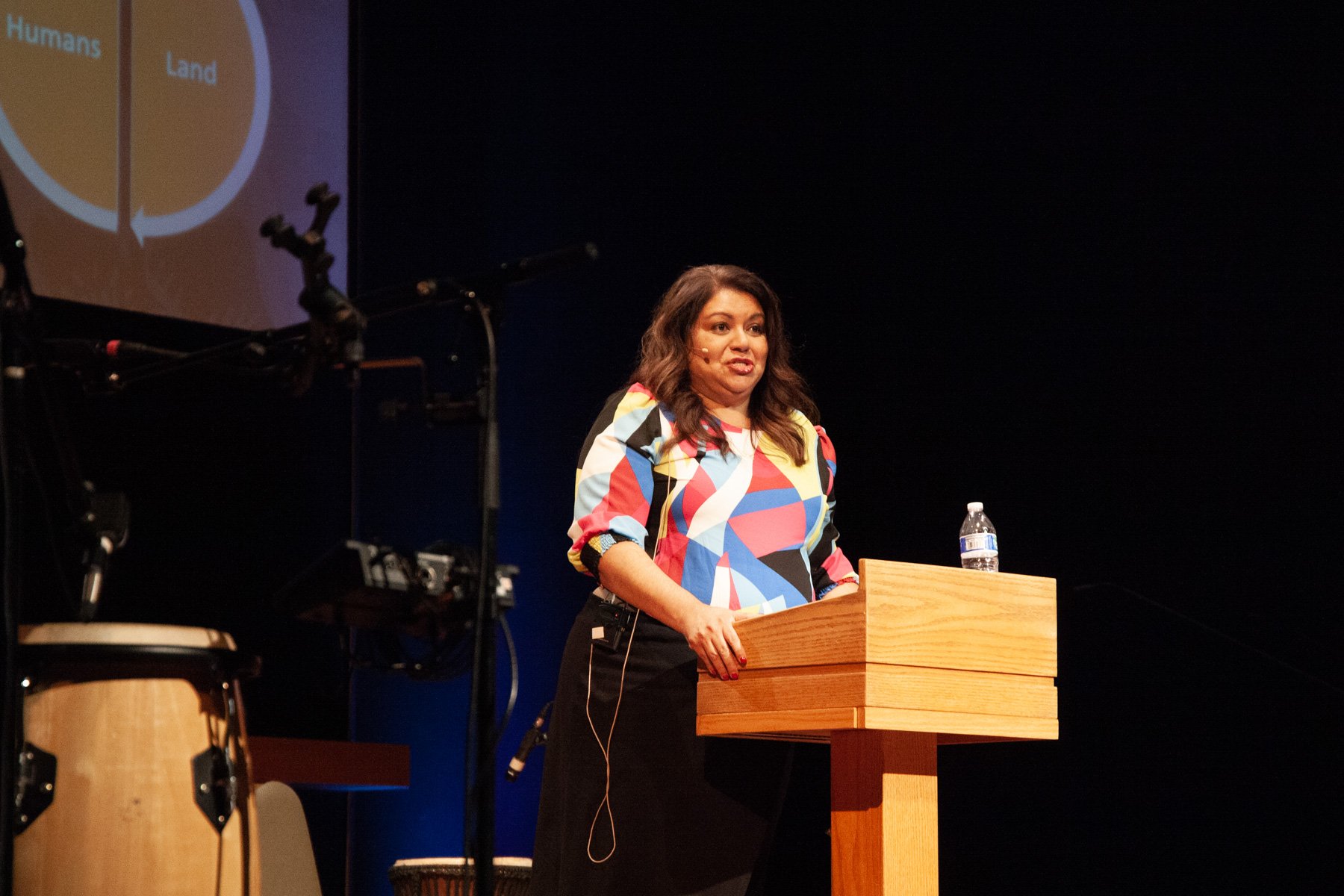
Plenary 3 Photos
Photo credits: Tim Cowley (Instagram @timcowleypdx)
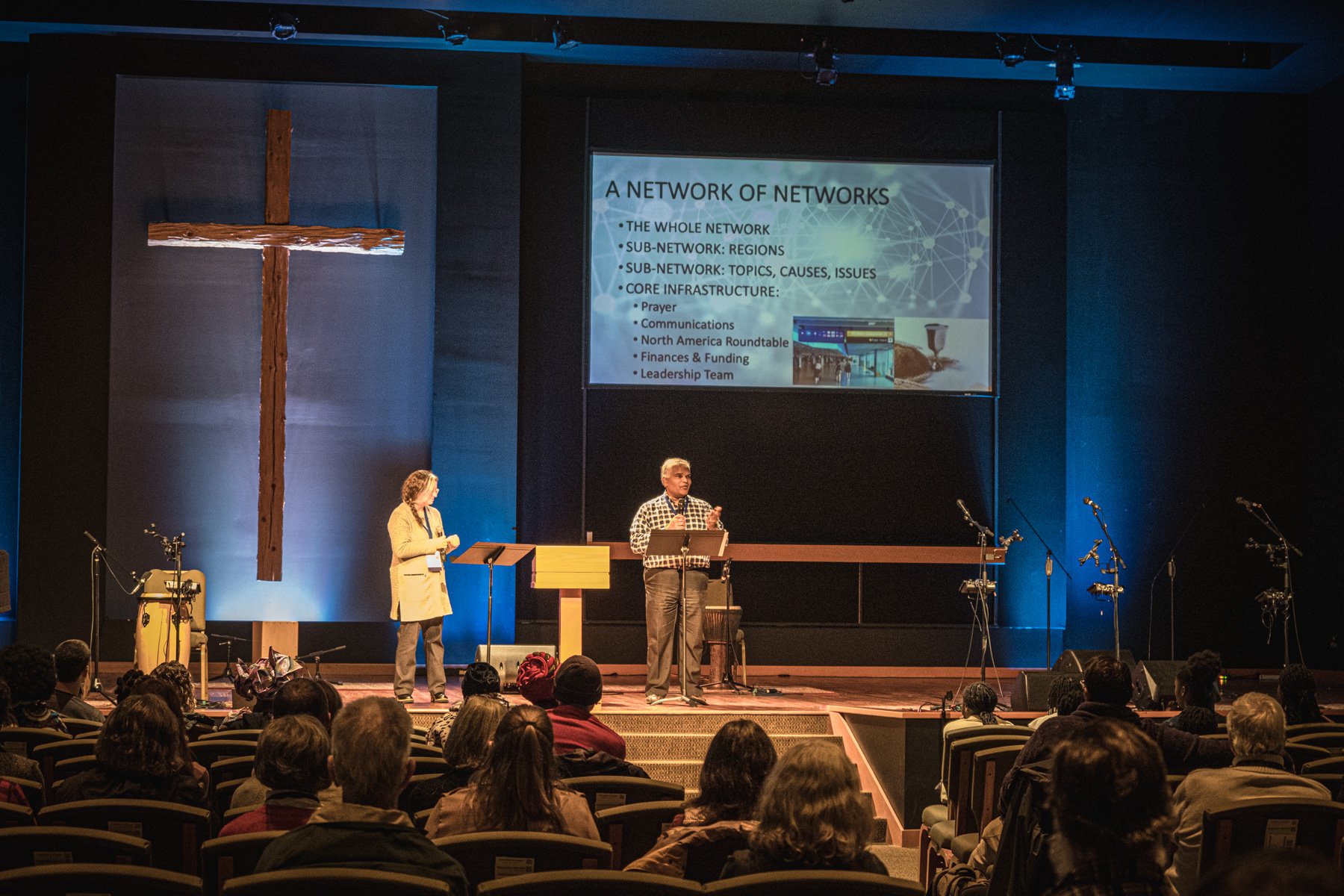
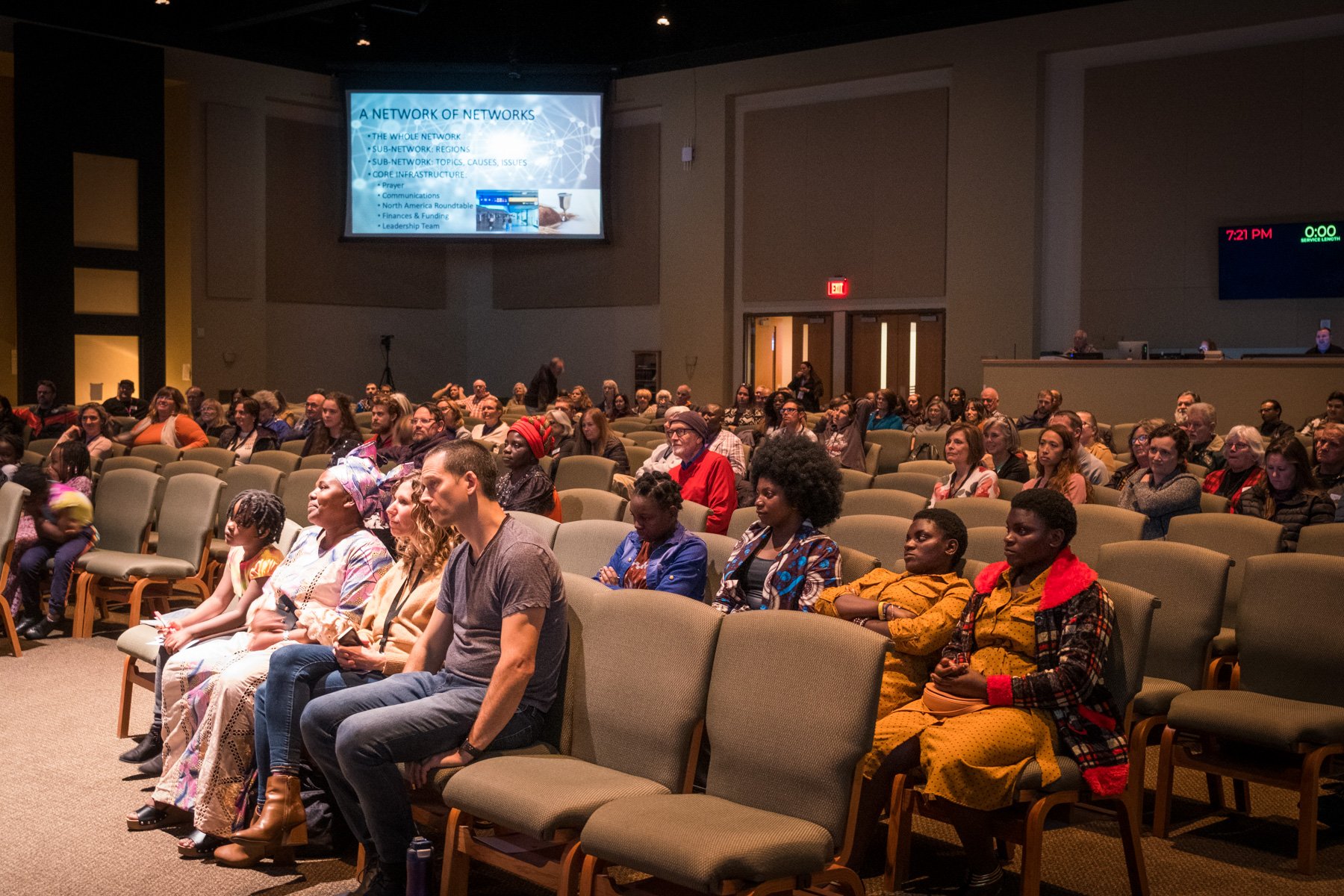
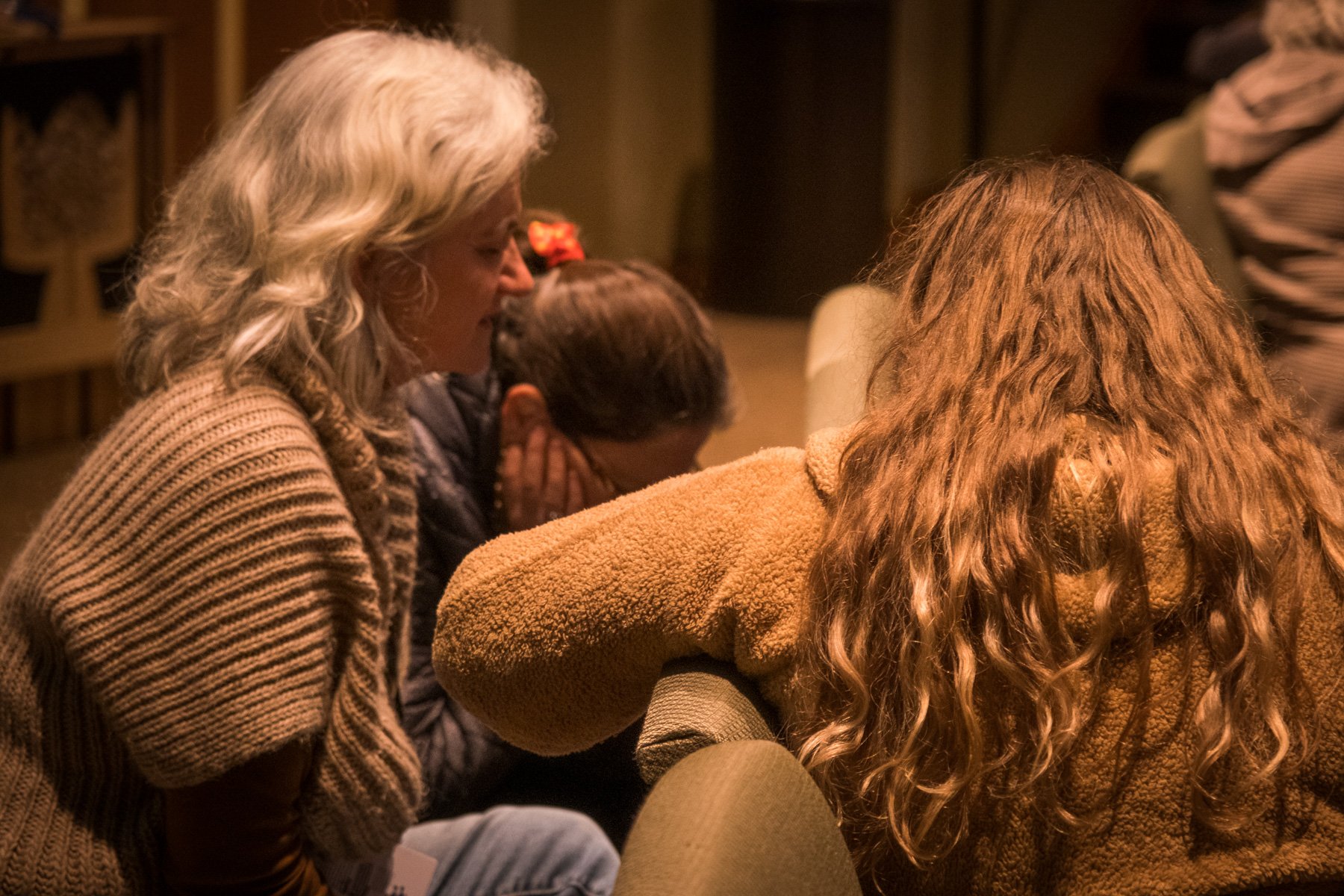
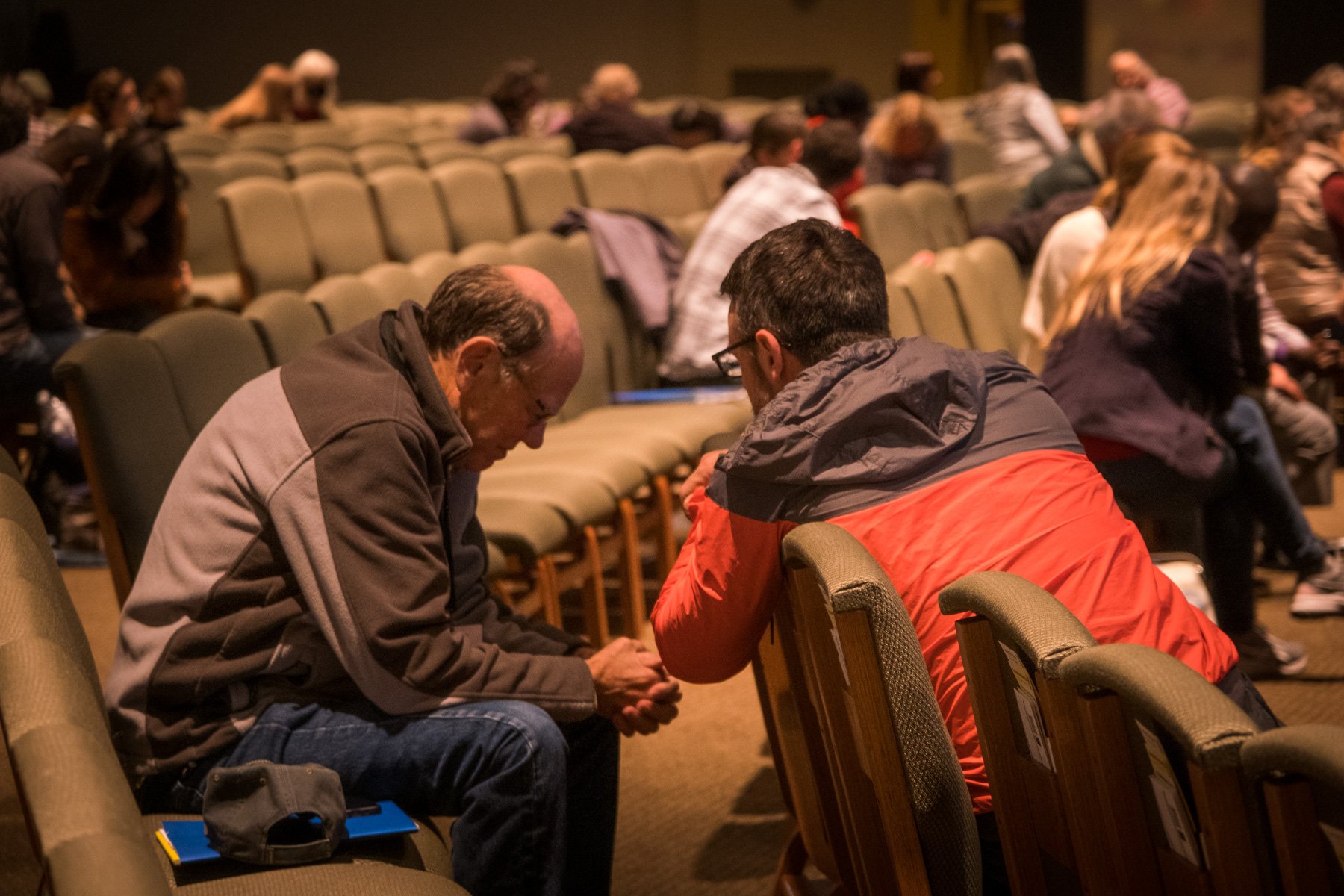
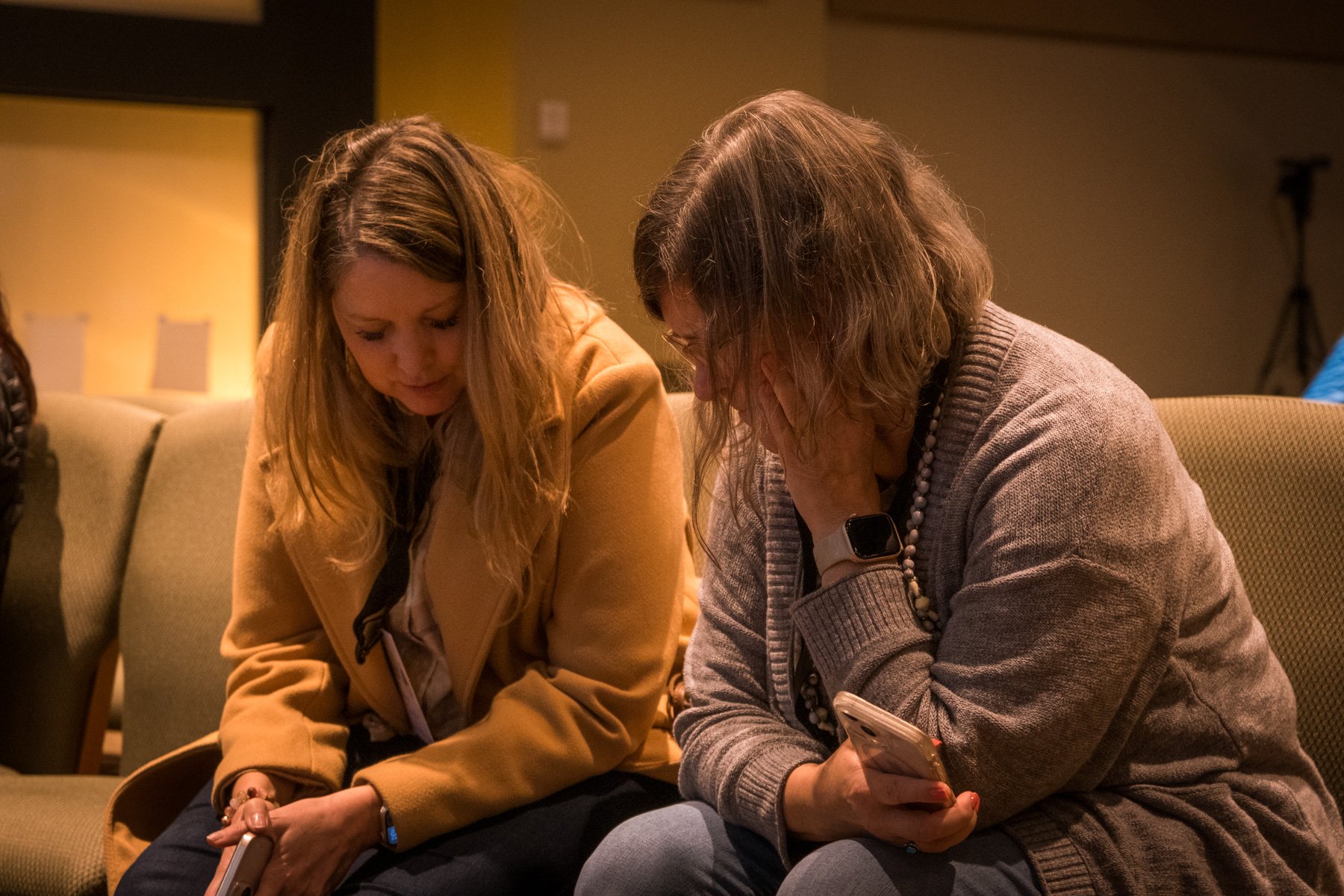
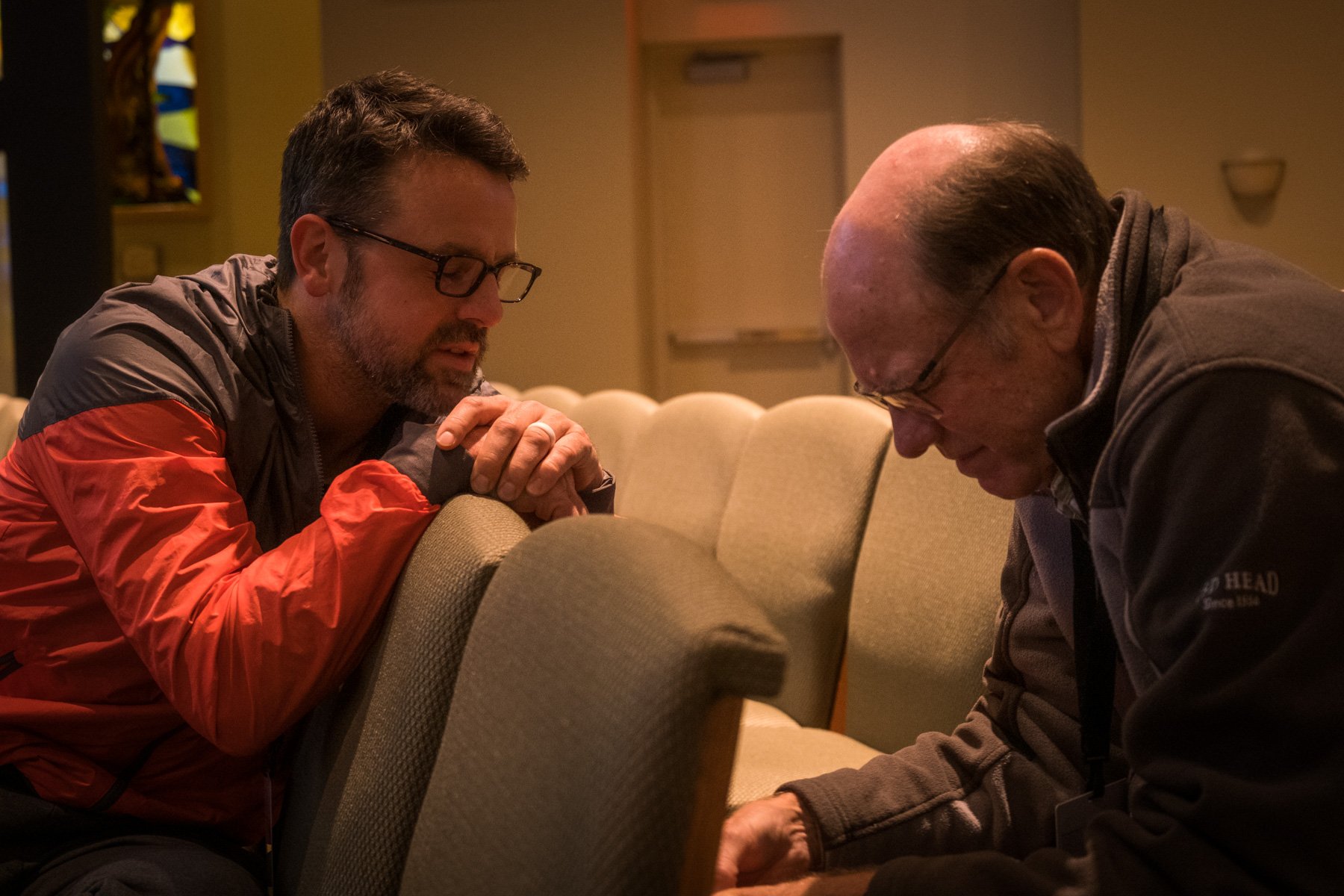
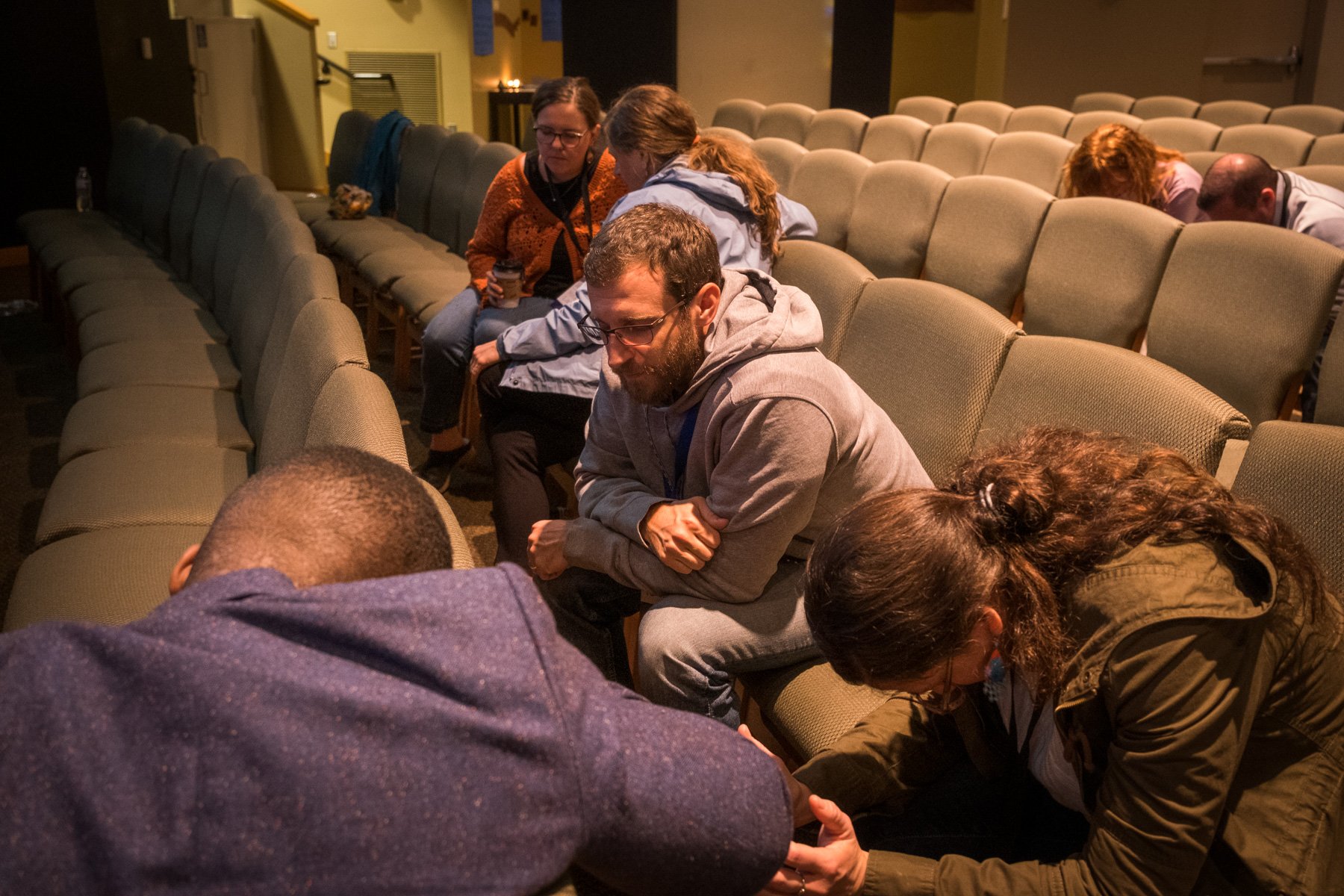
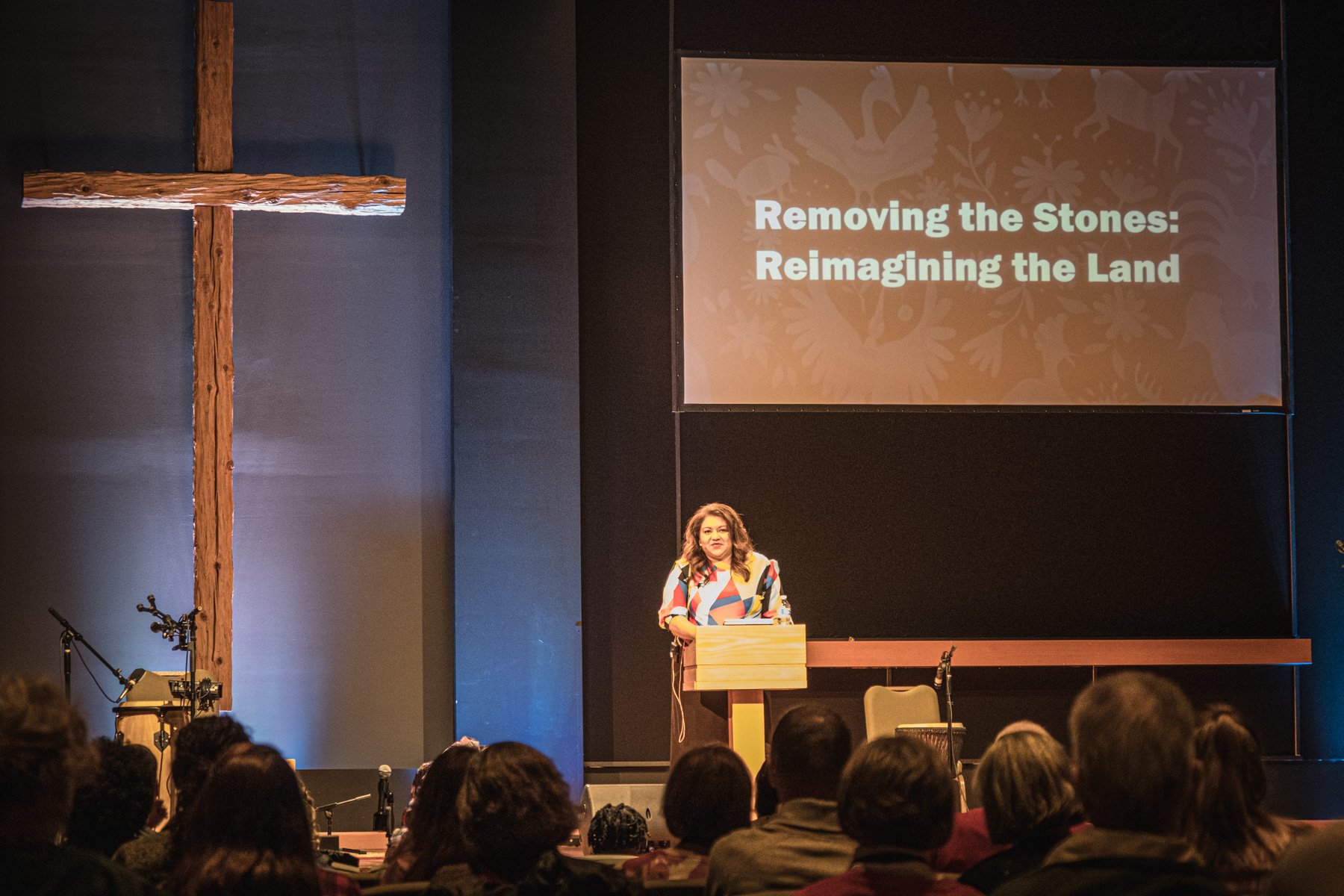
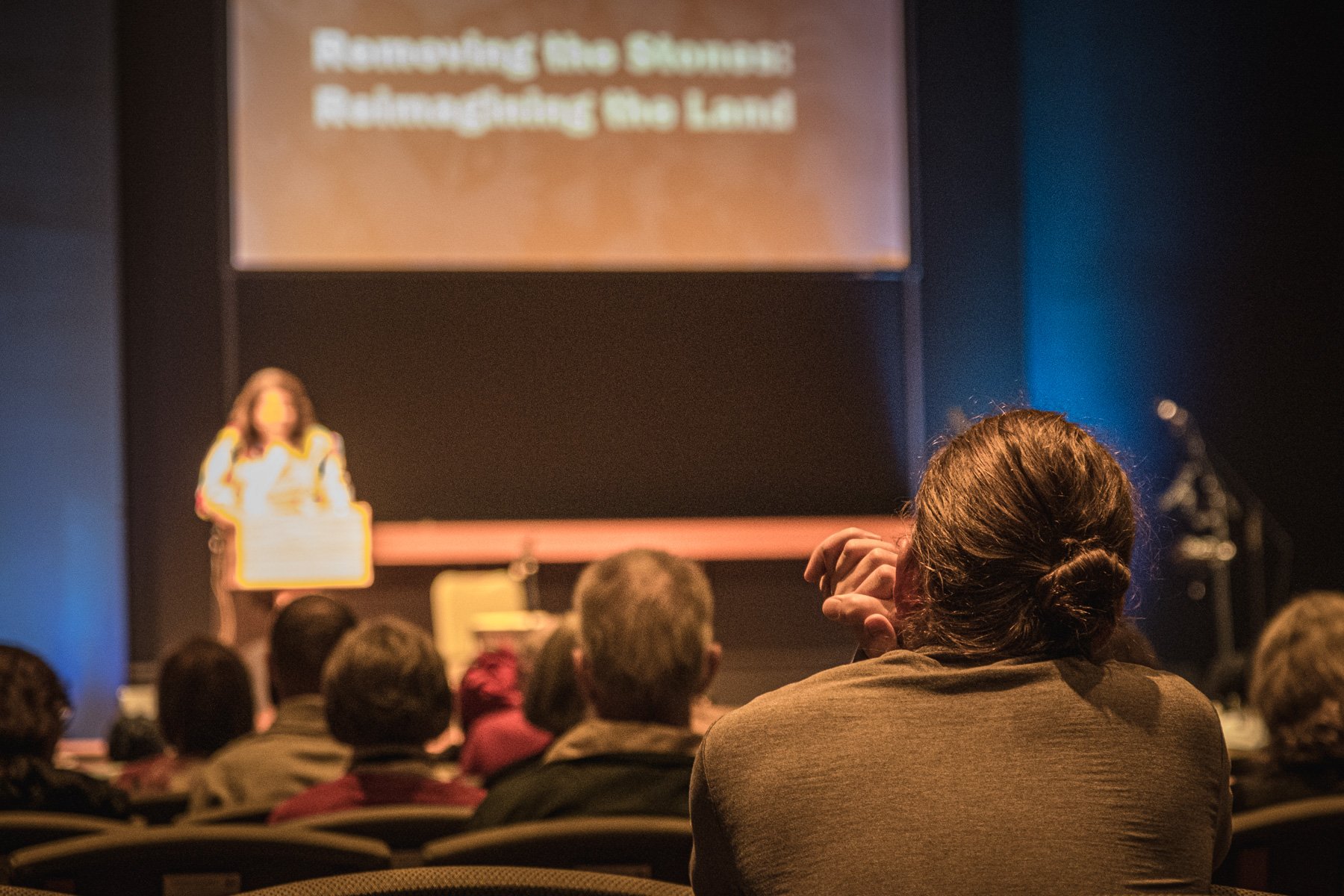
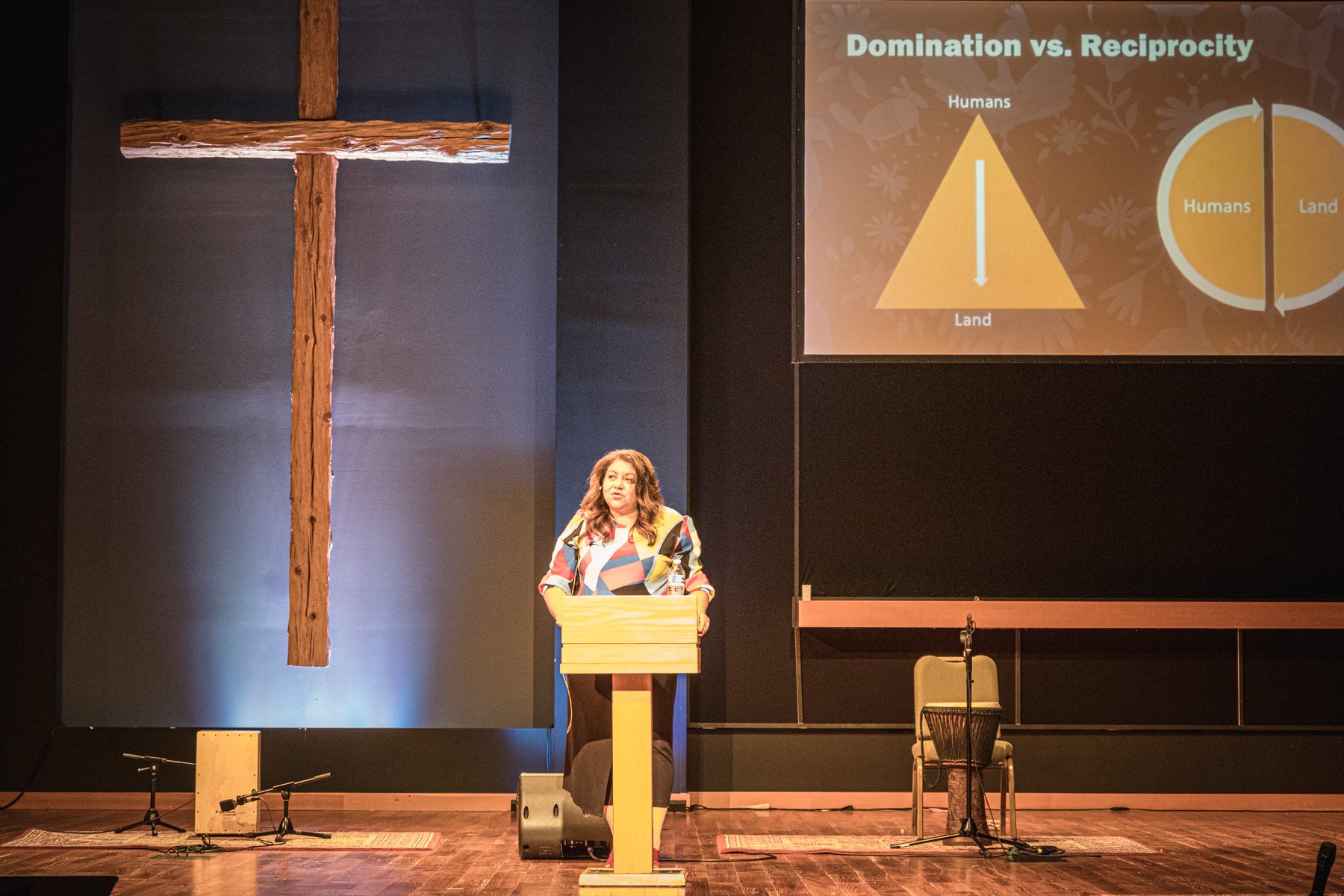
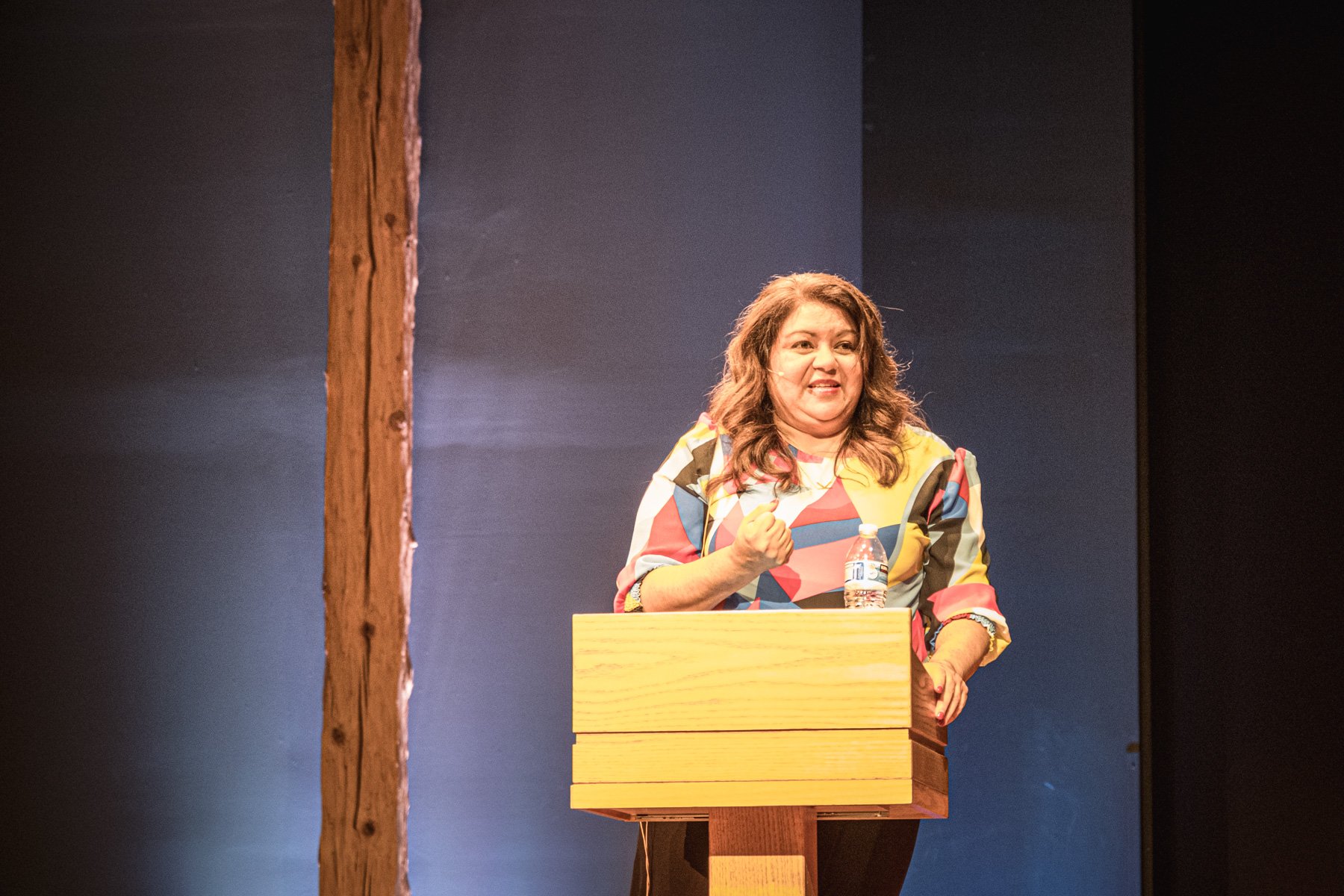
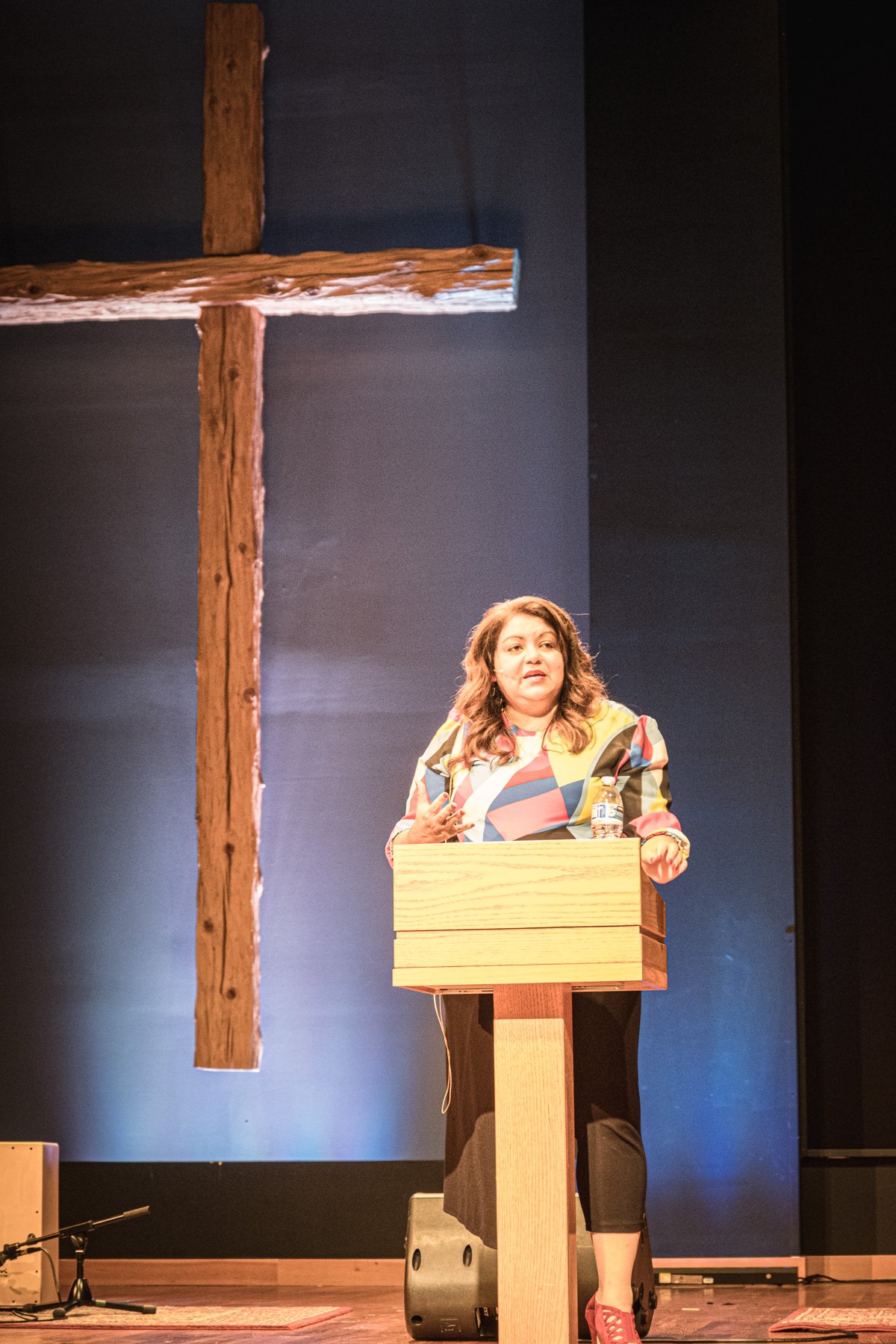

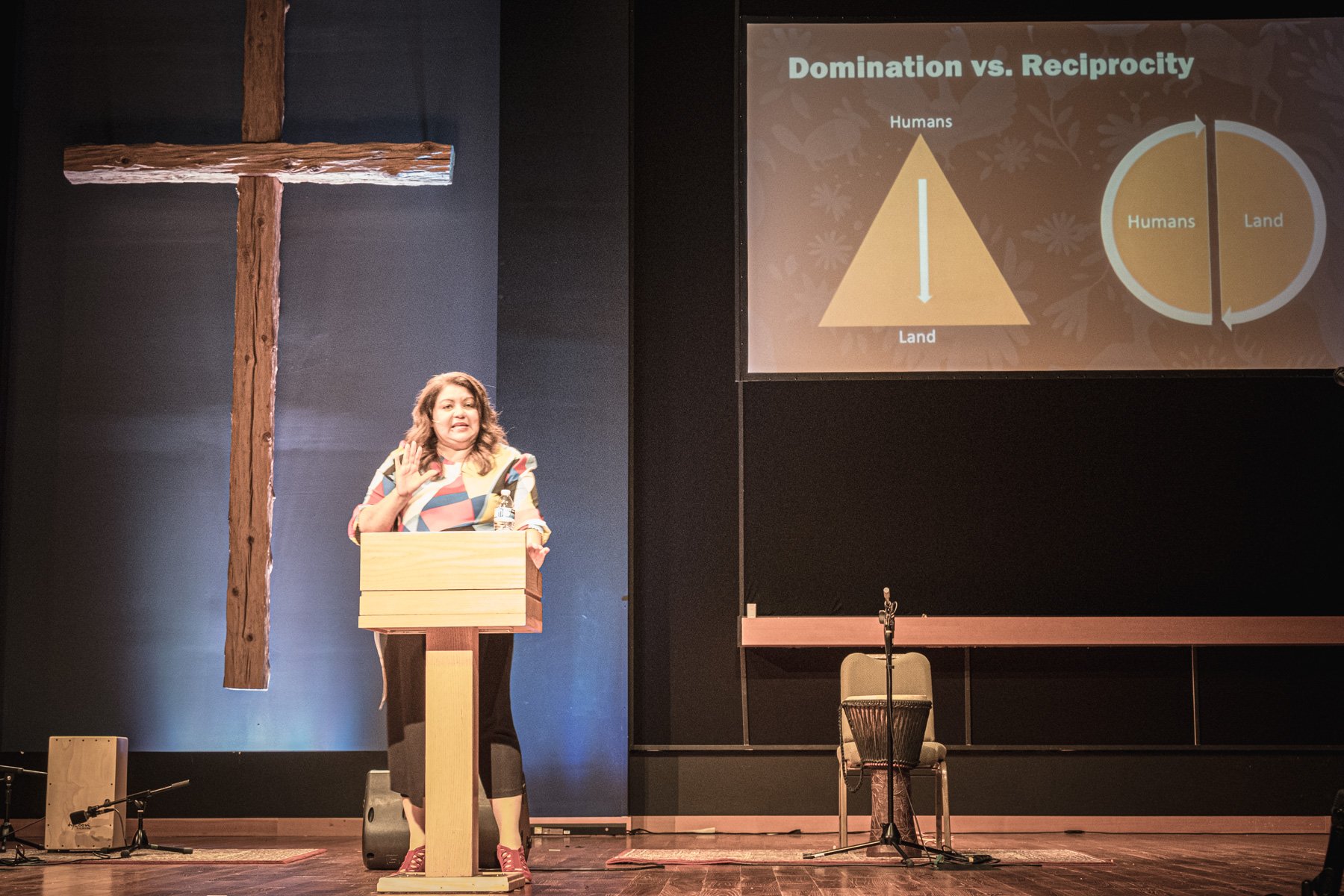
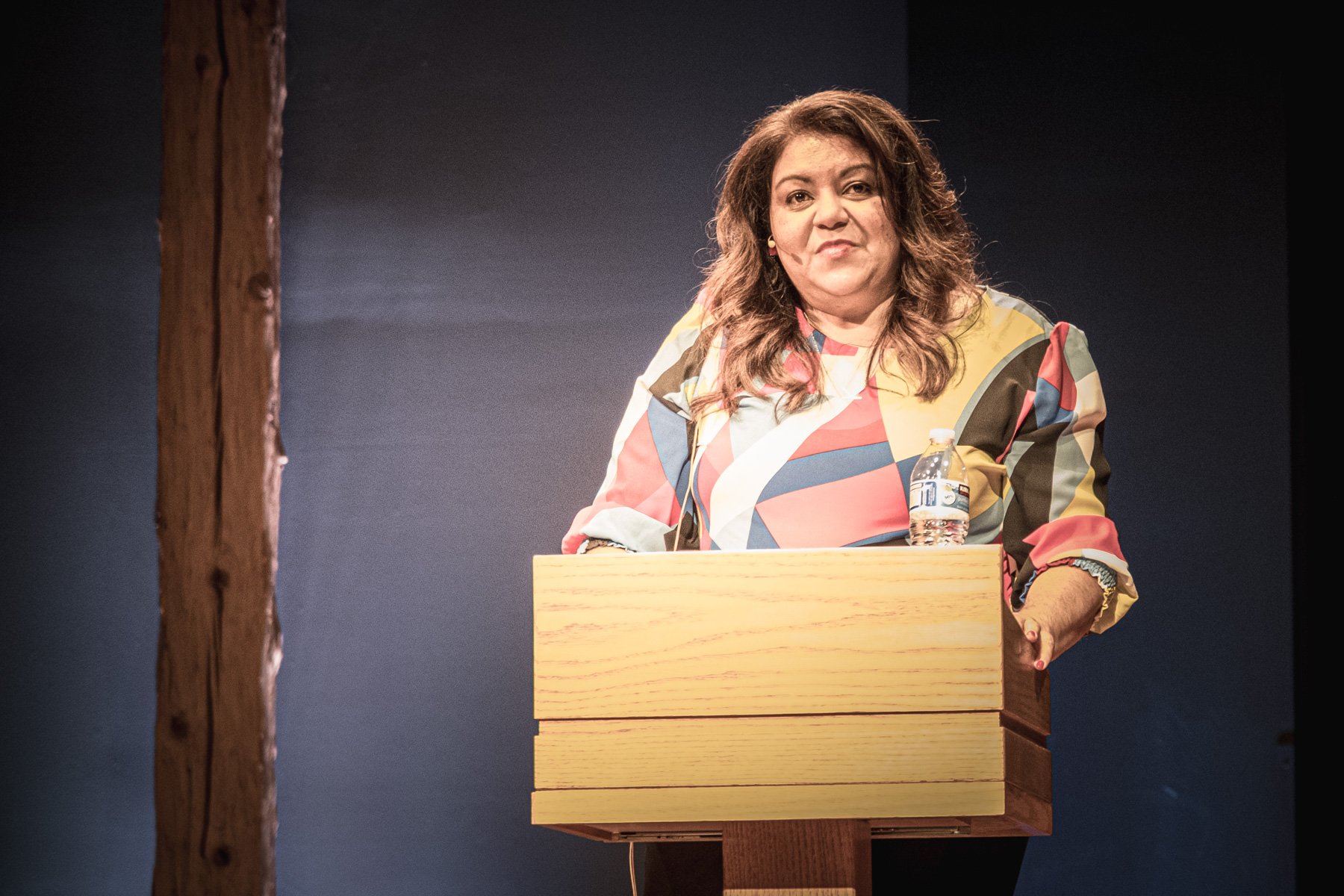
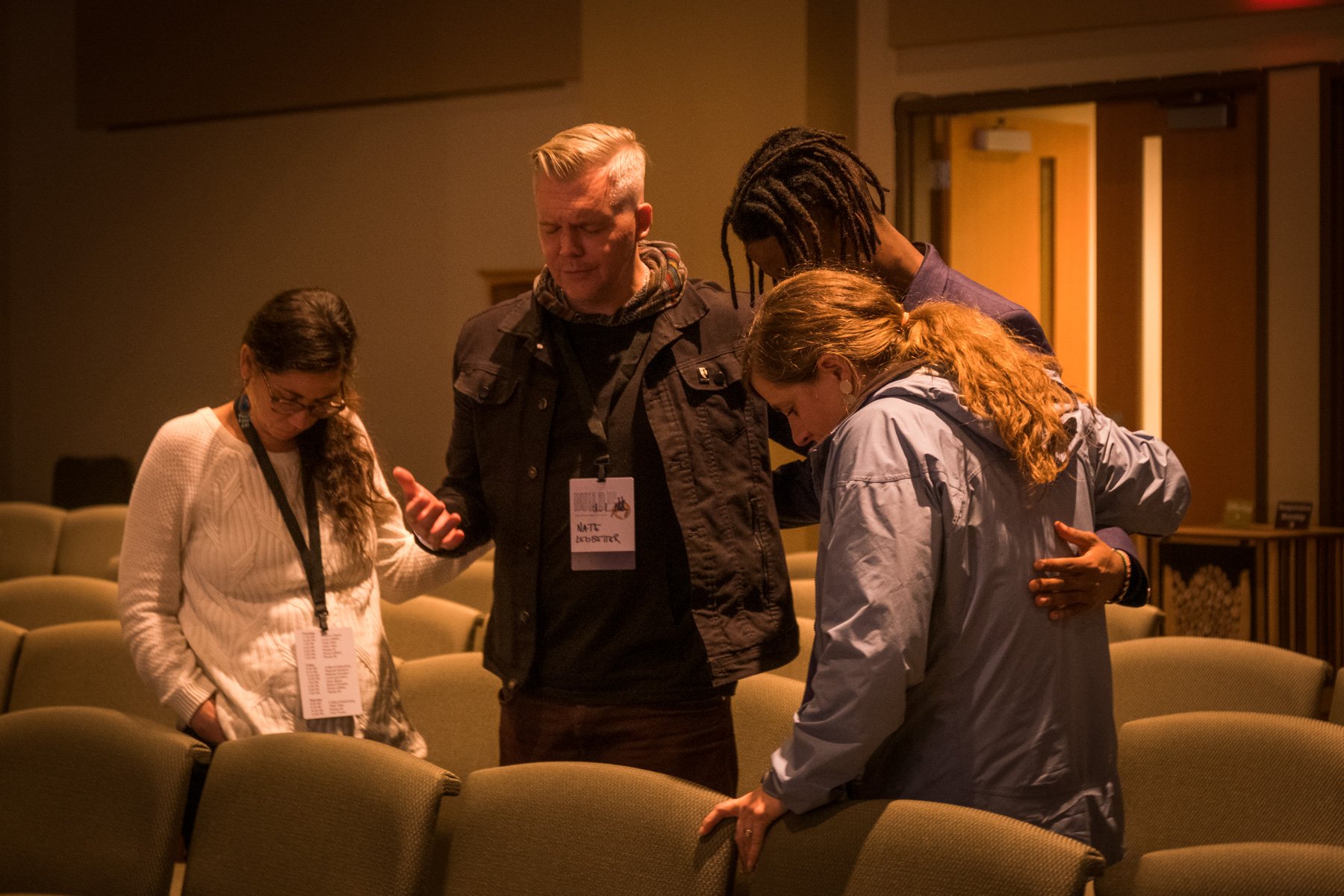
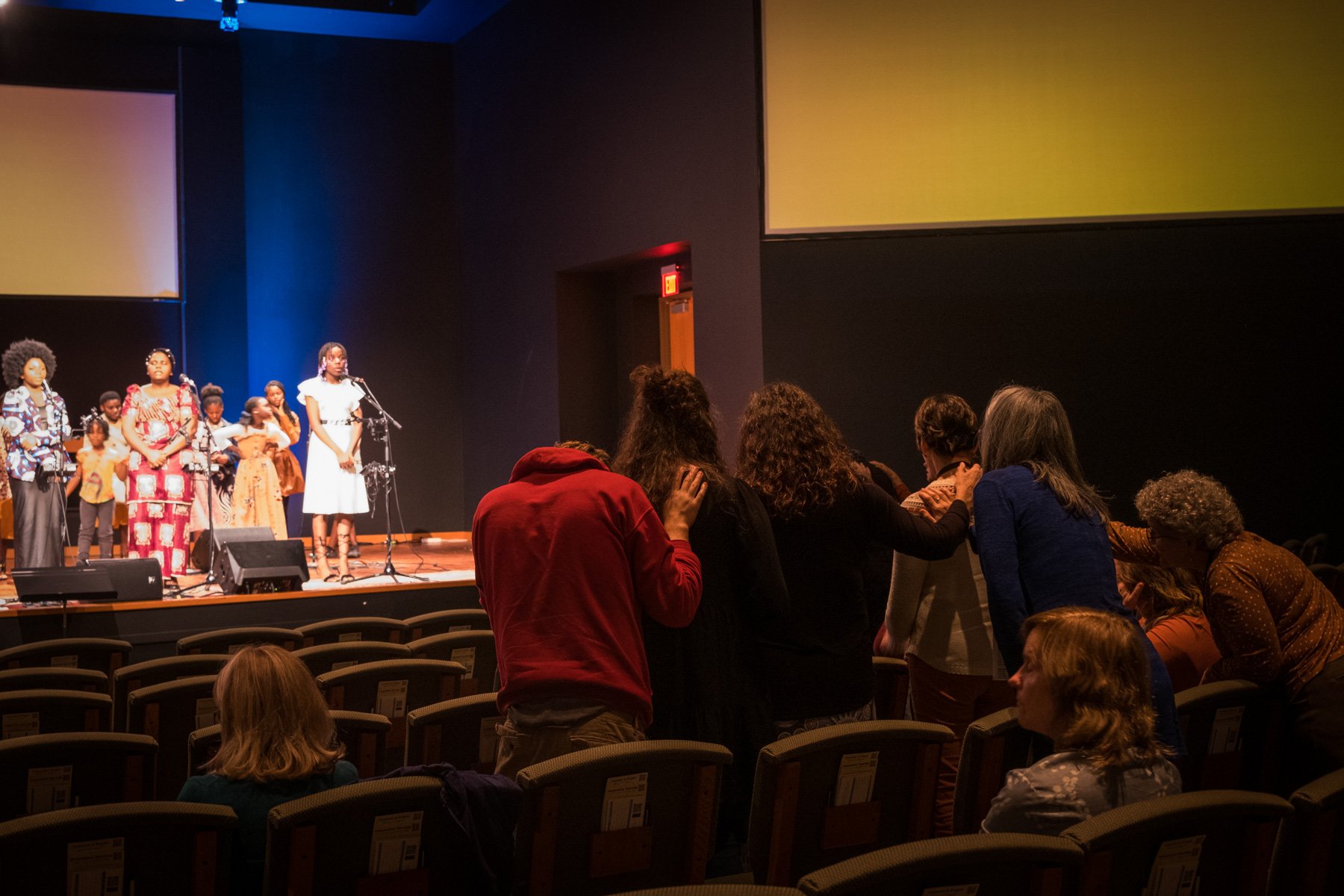
Plenary 3 Photos
Photo credits: Brenda Webb (Instagram @BrendaMooreWebb)
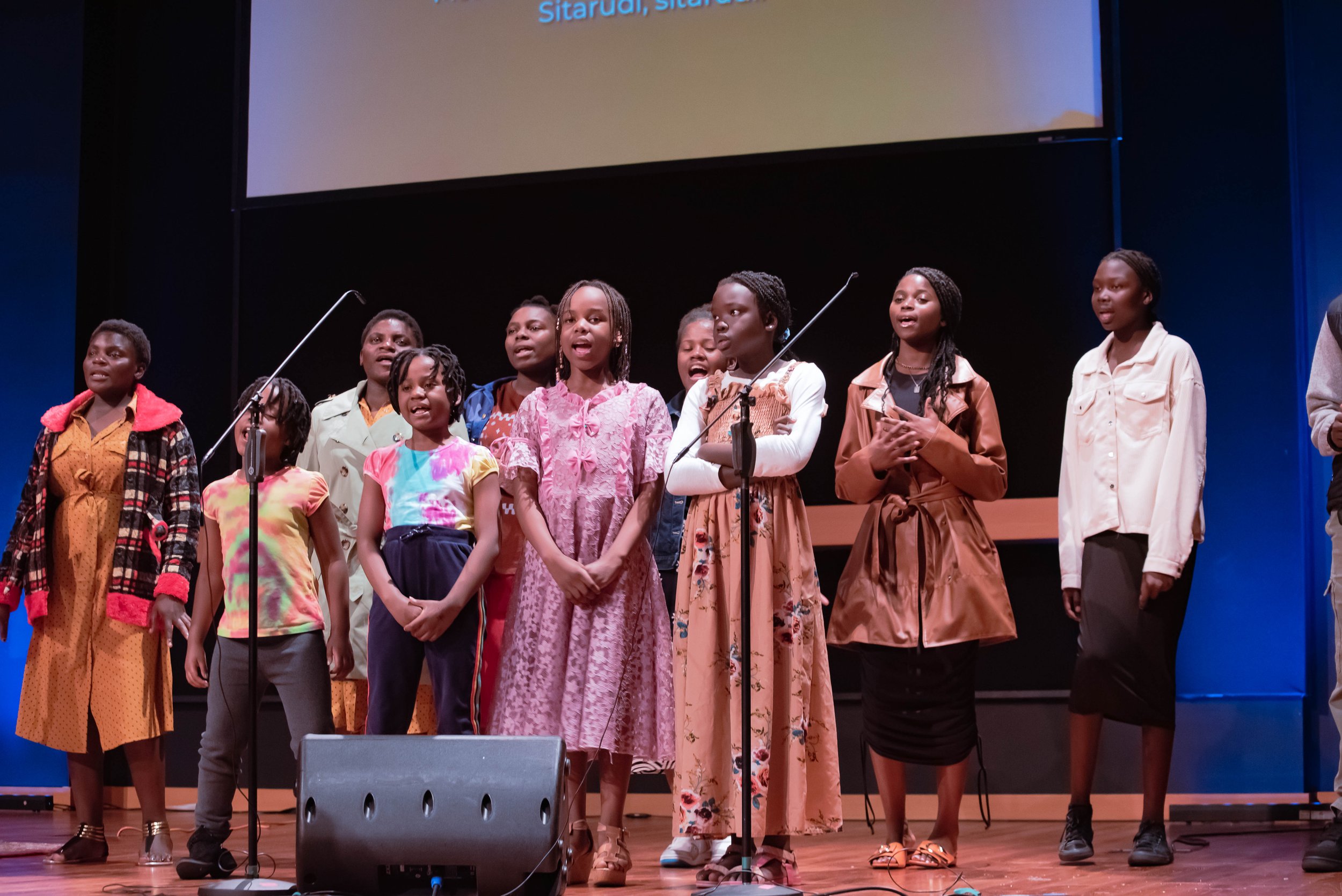
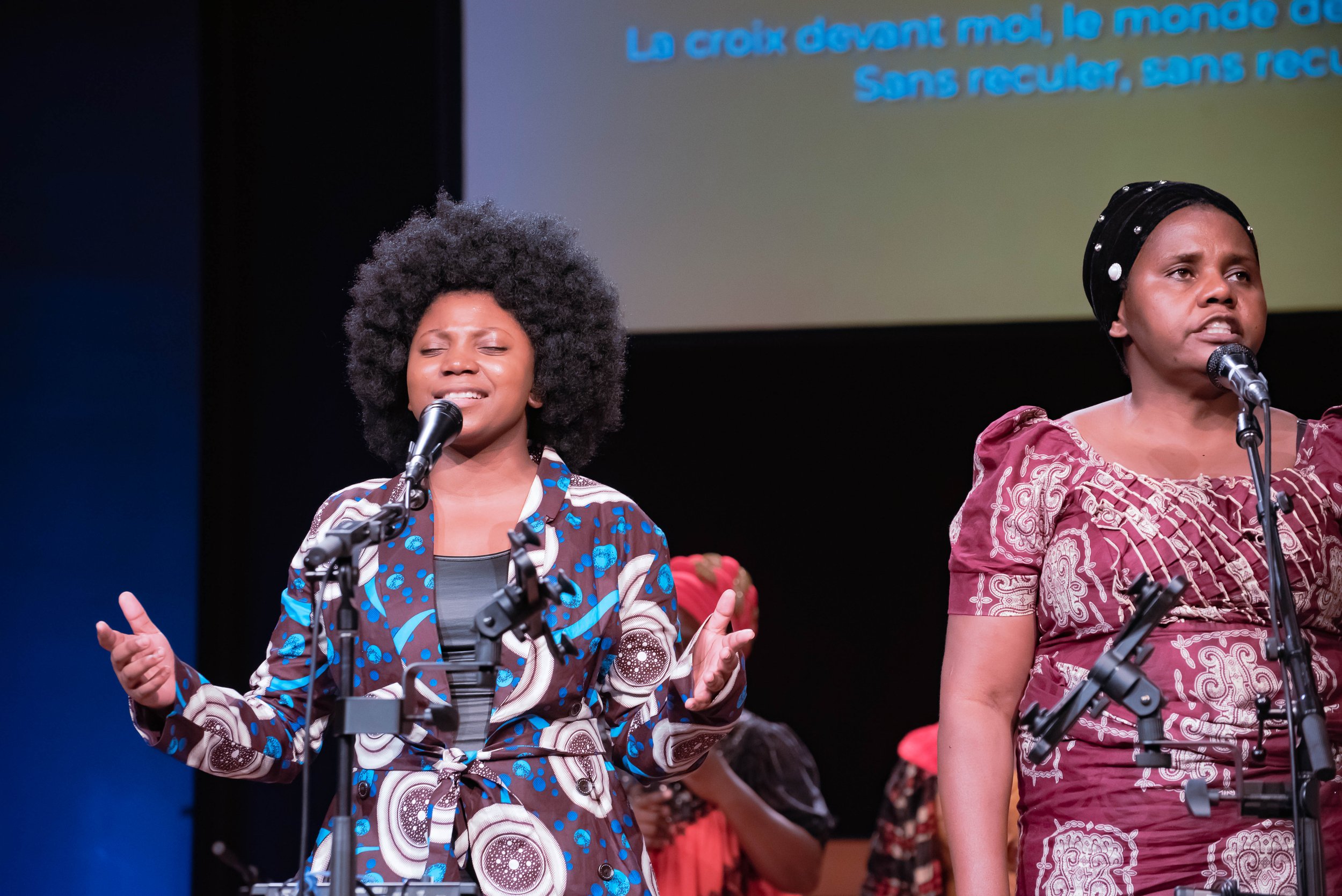
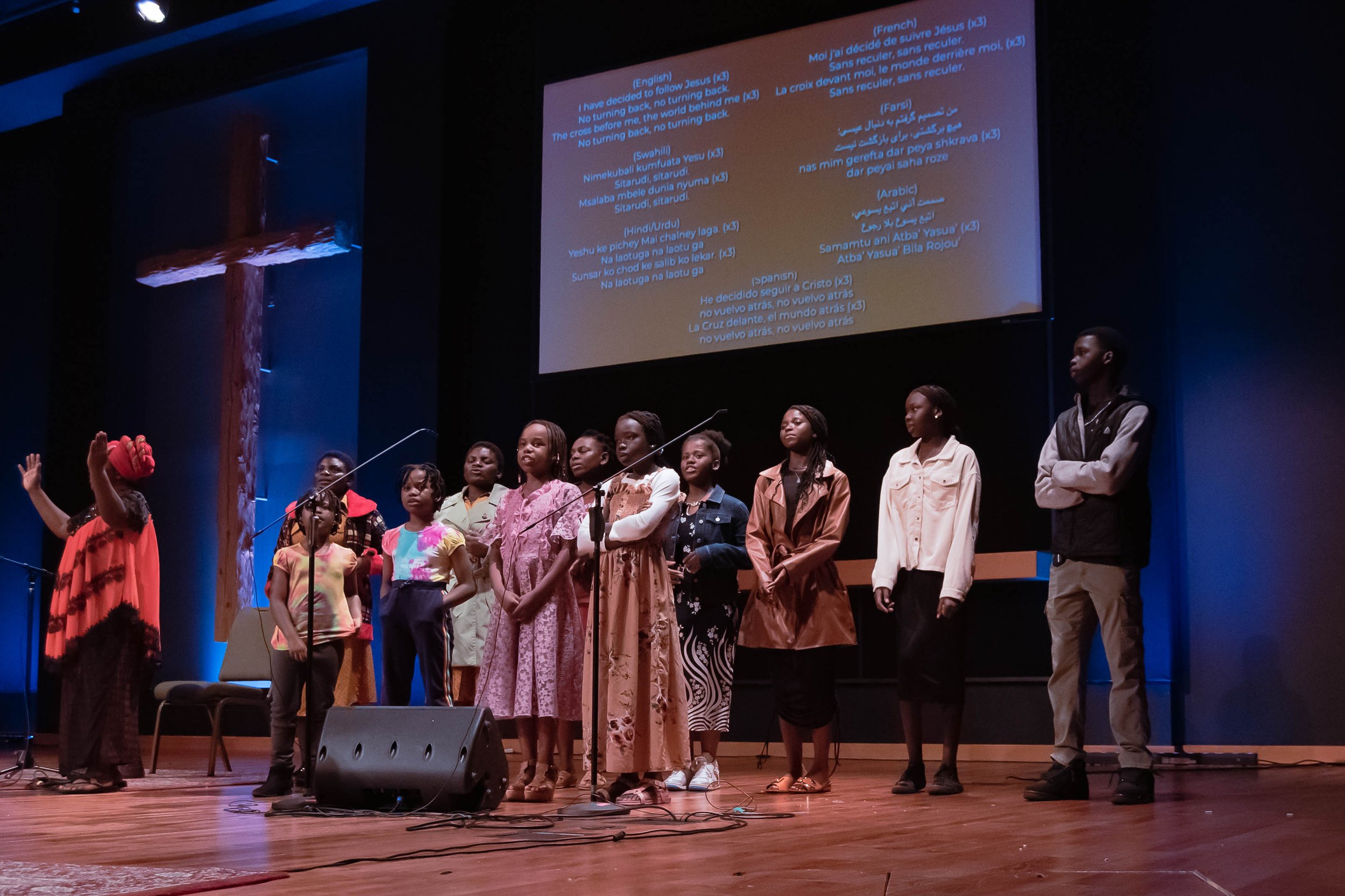
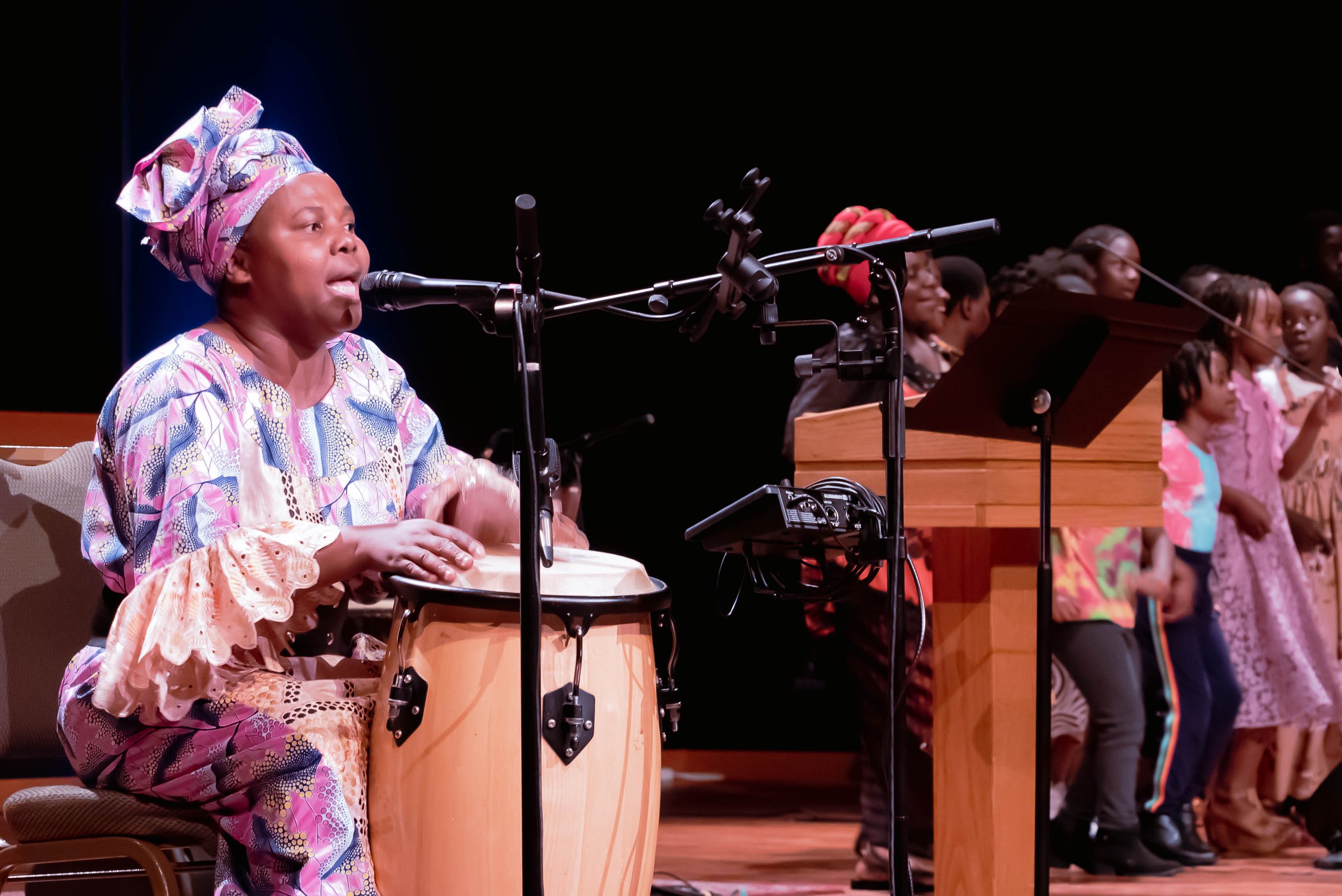

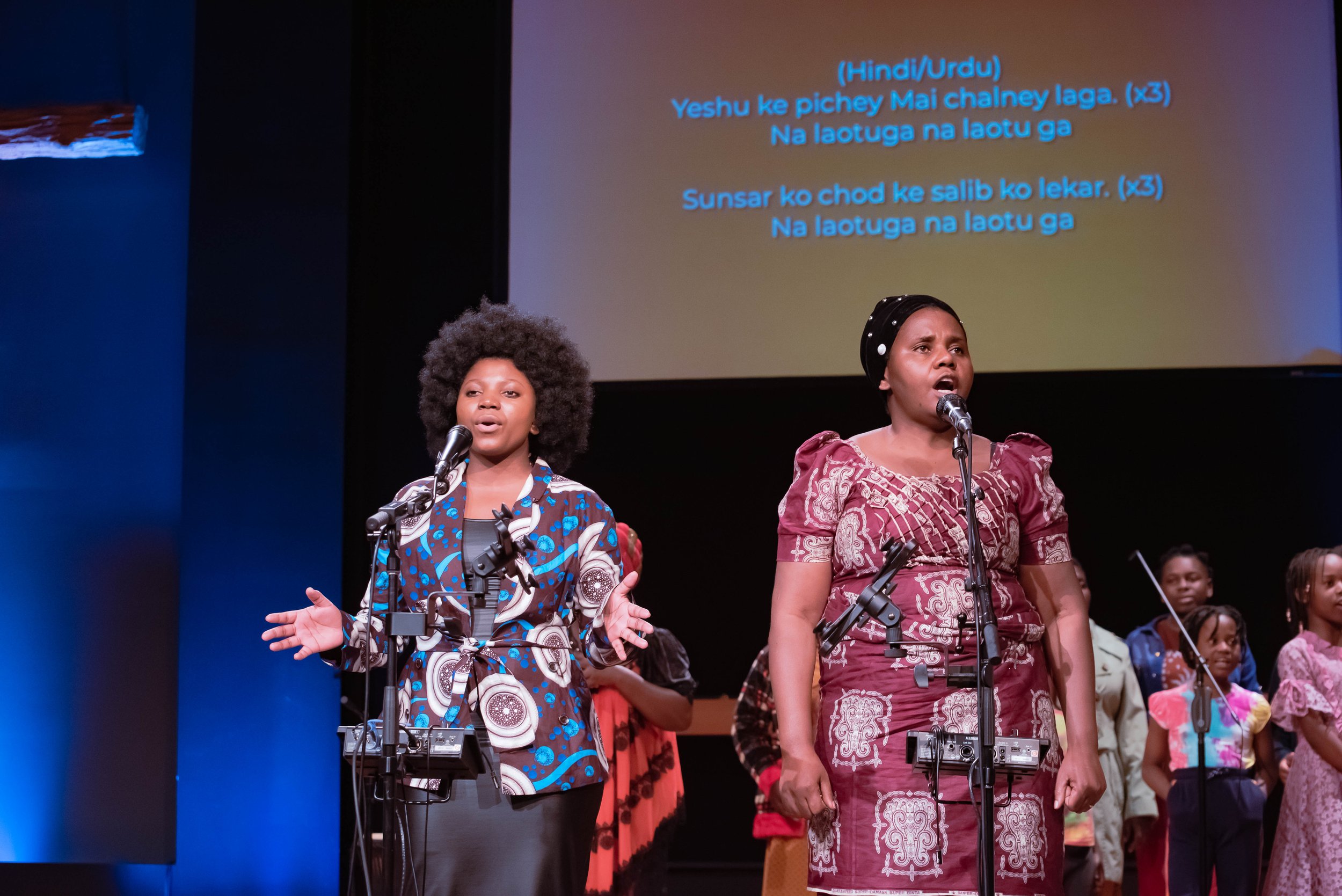
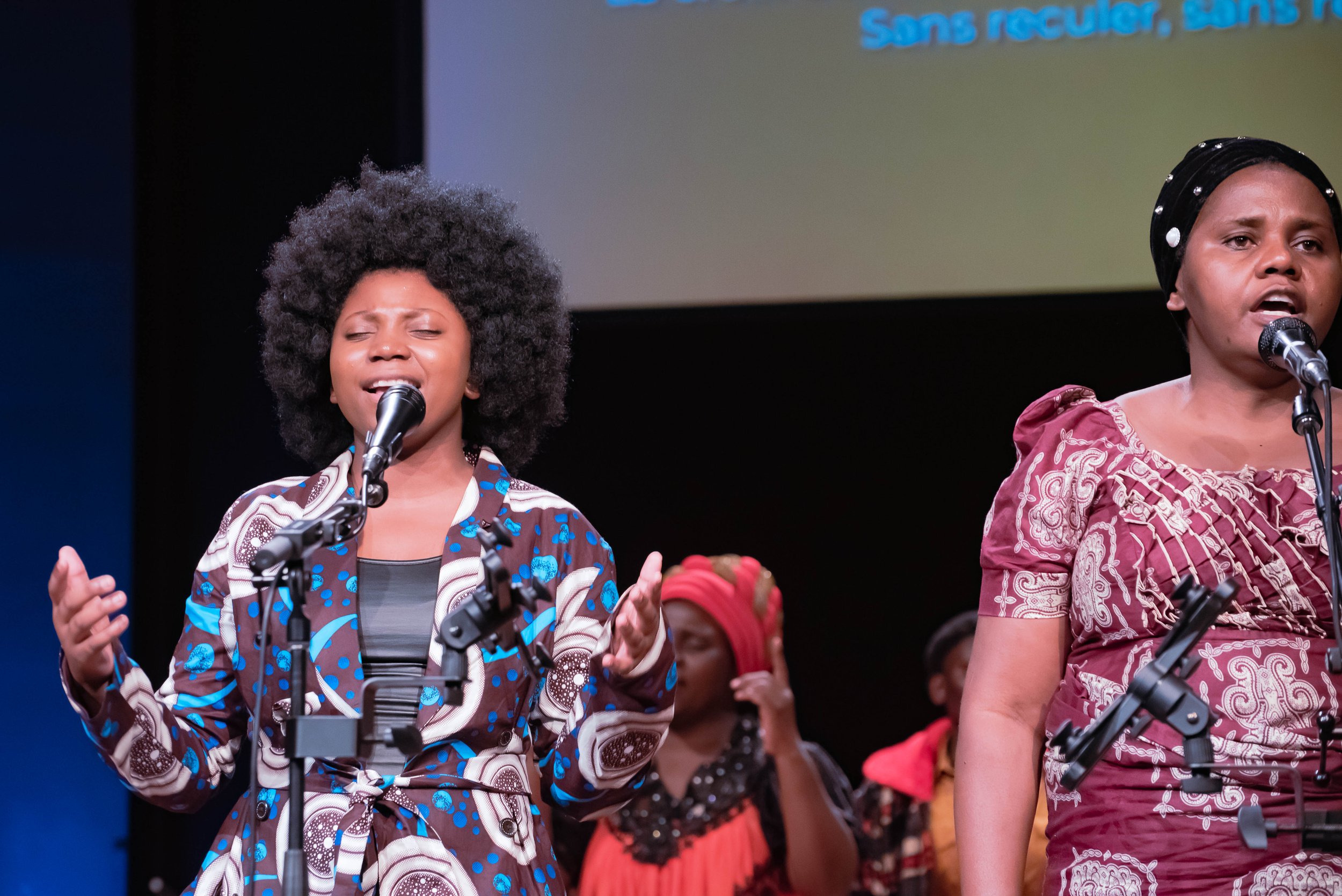
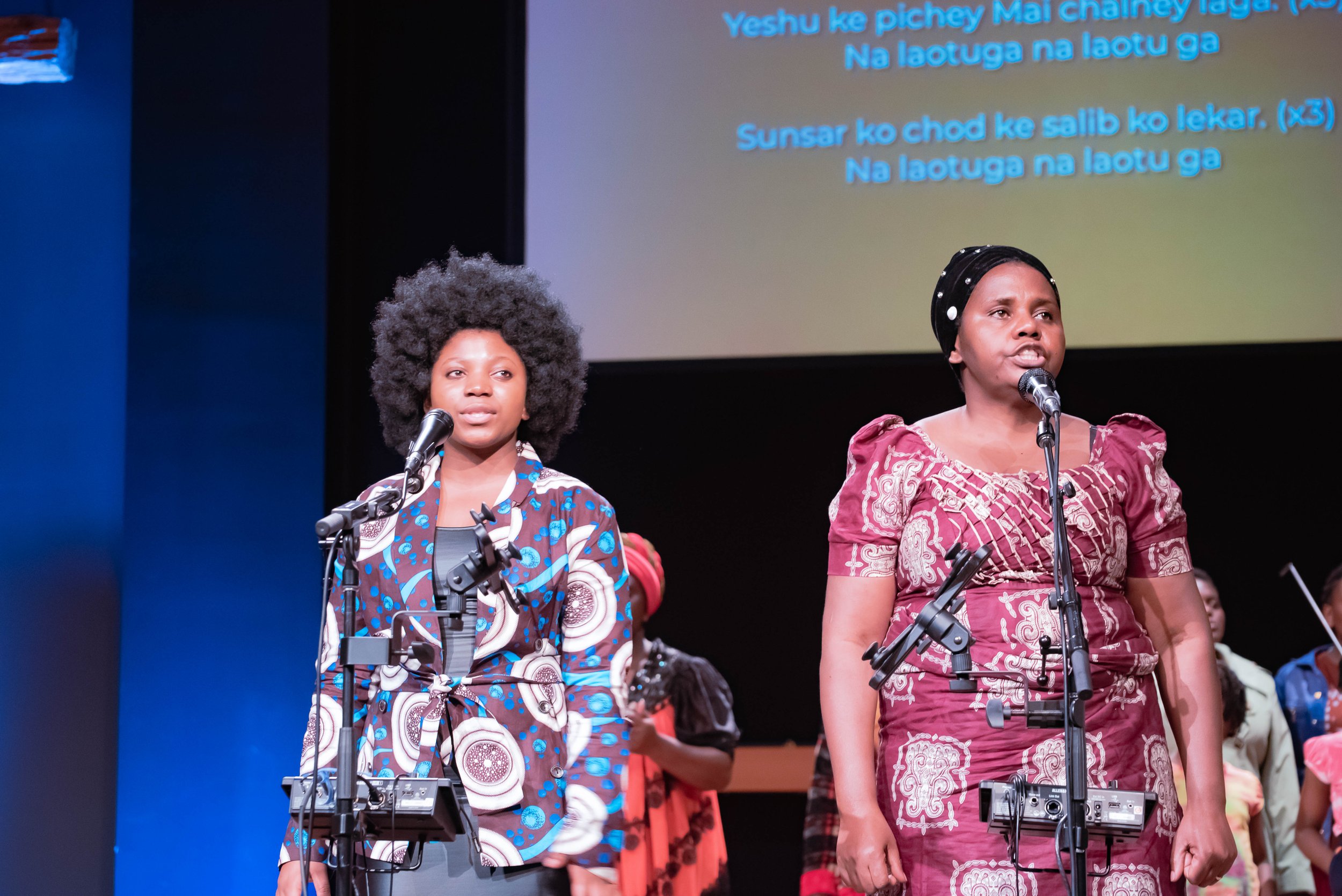

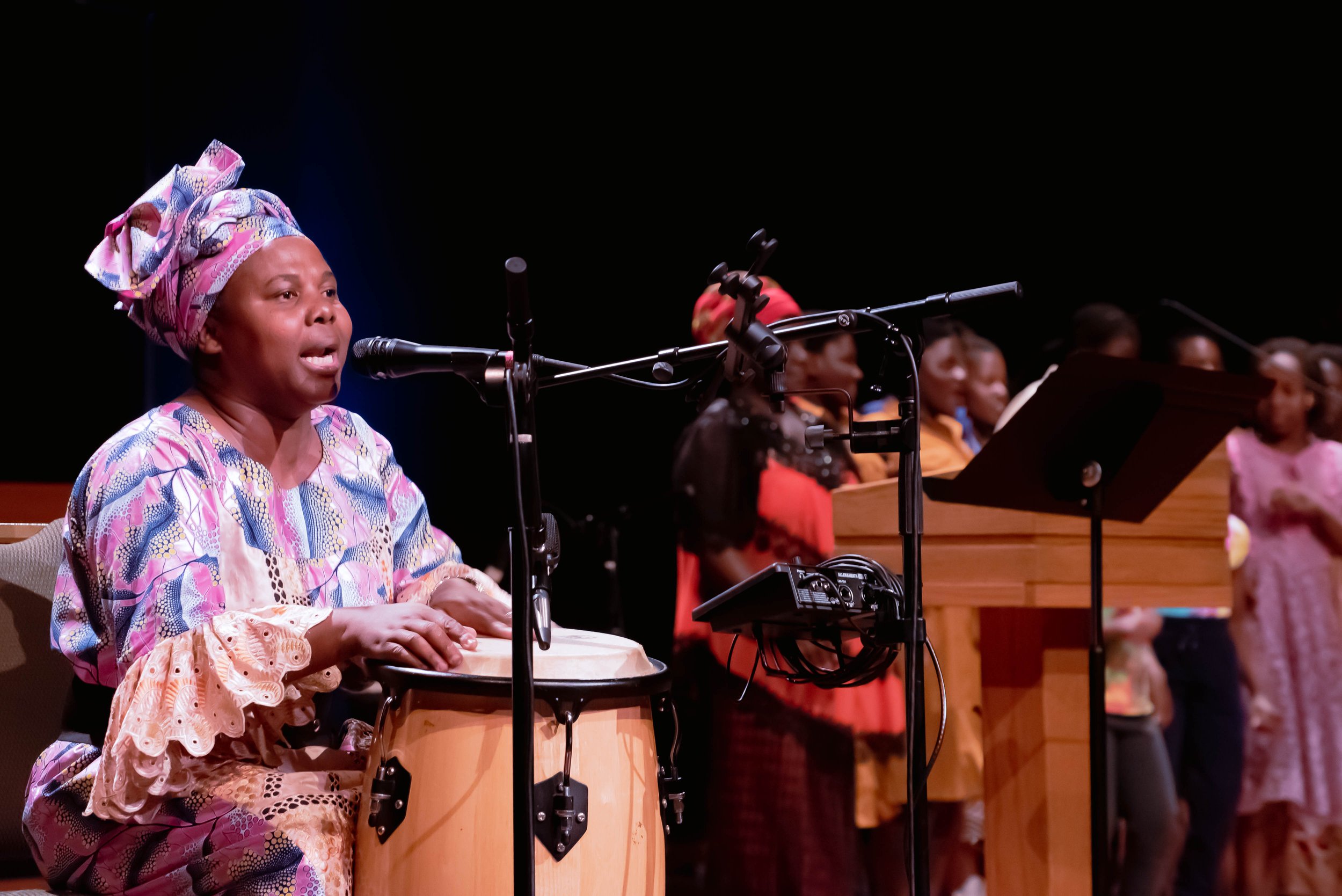
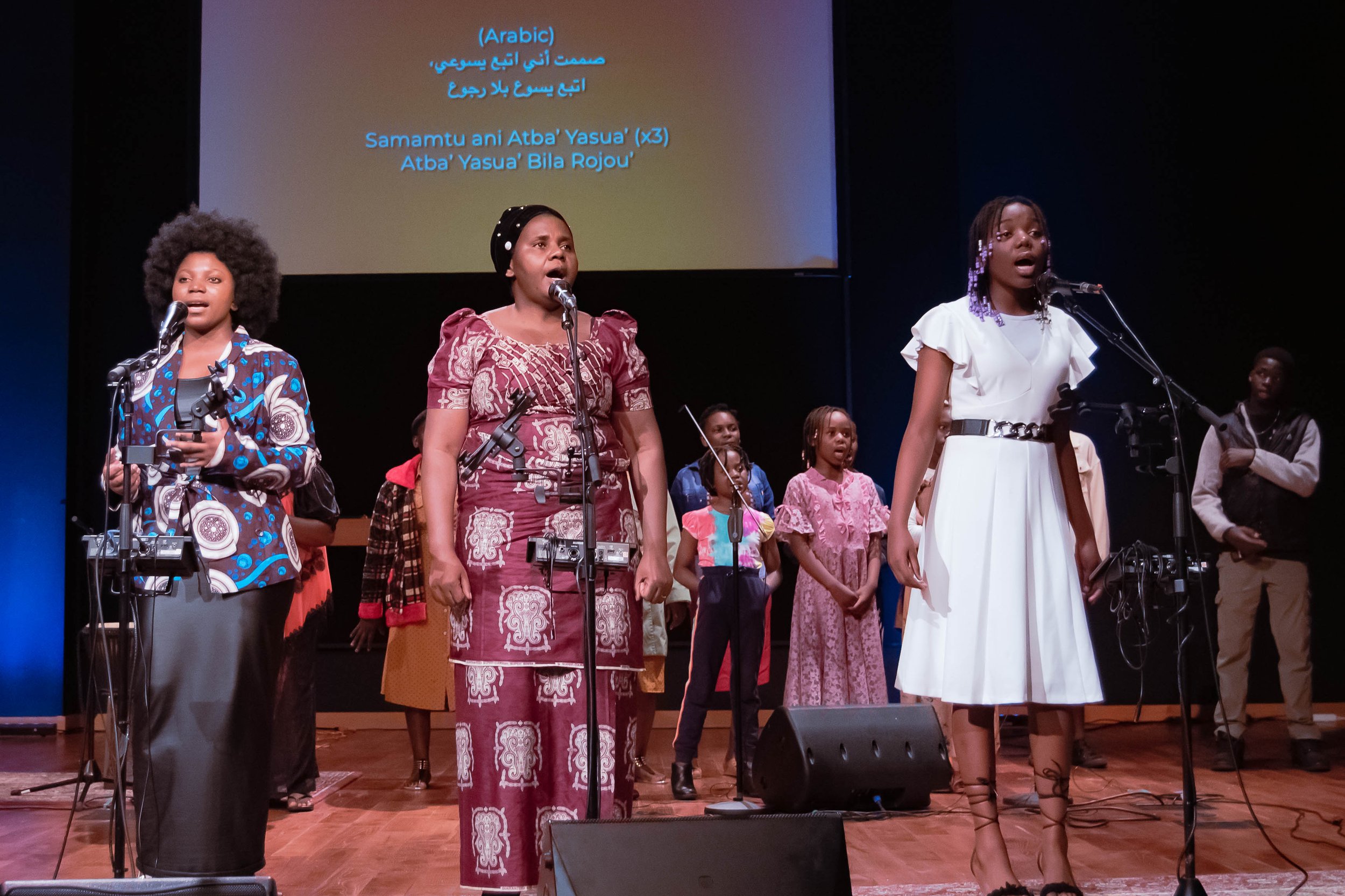
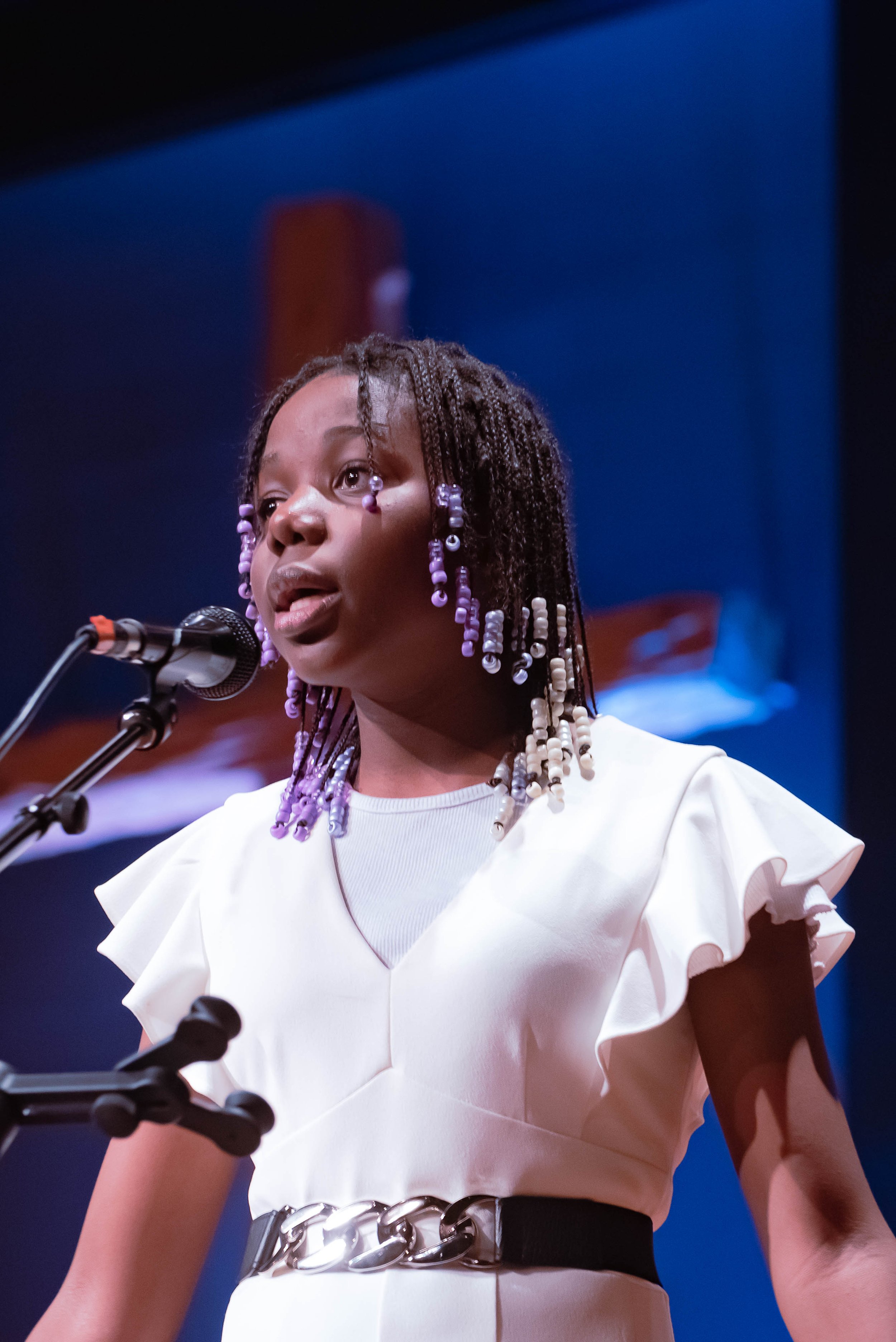
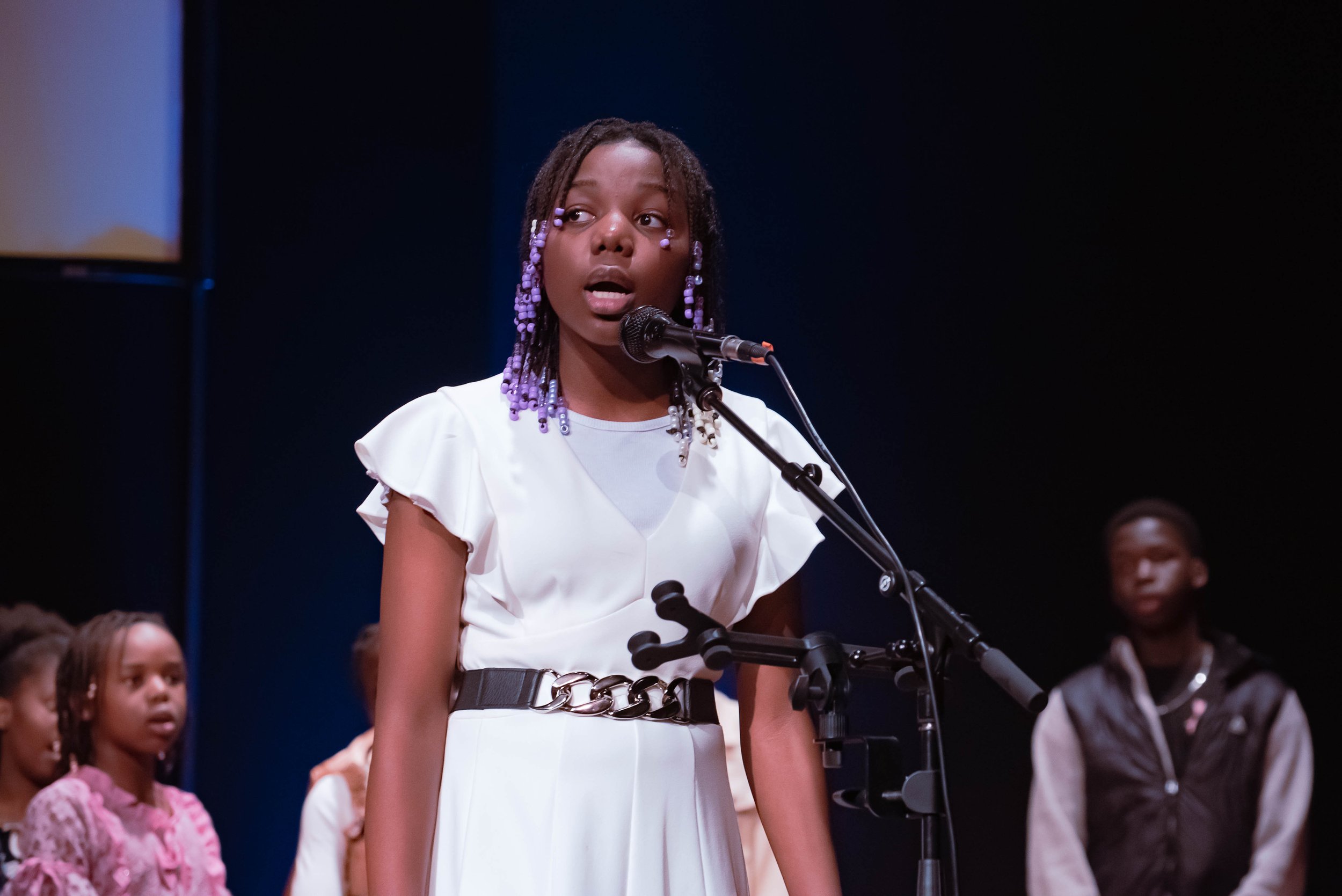
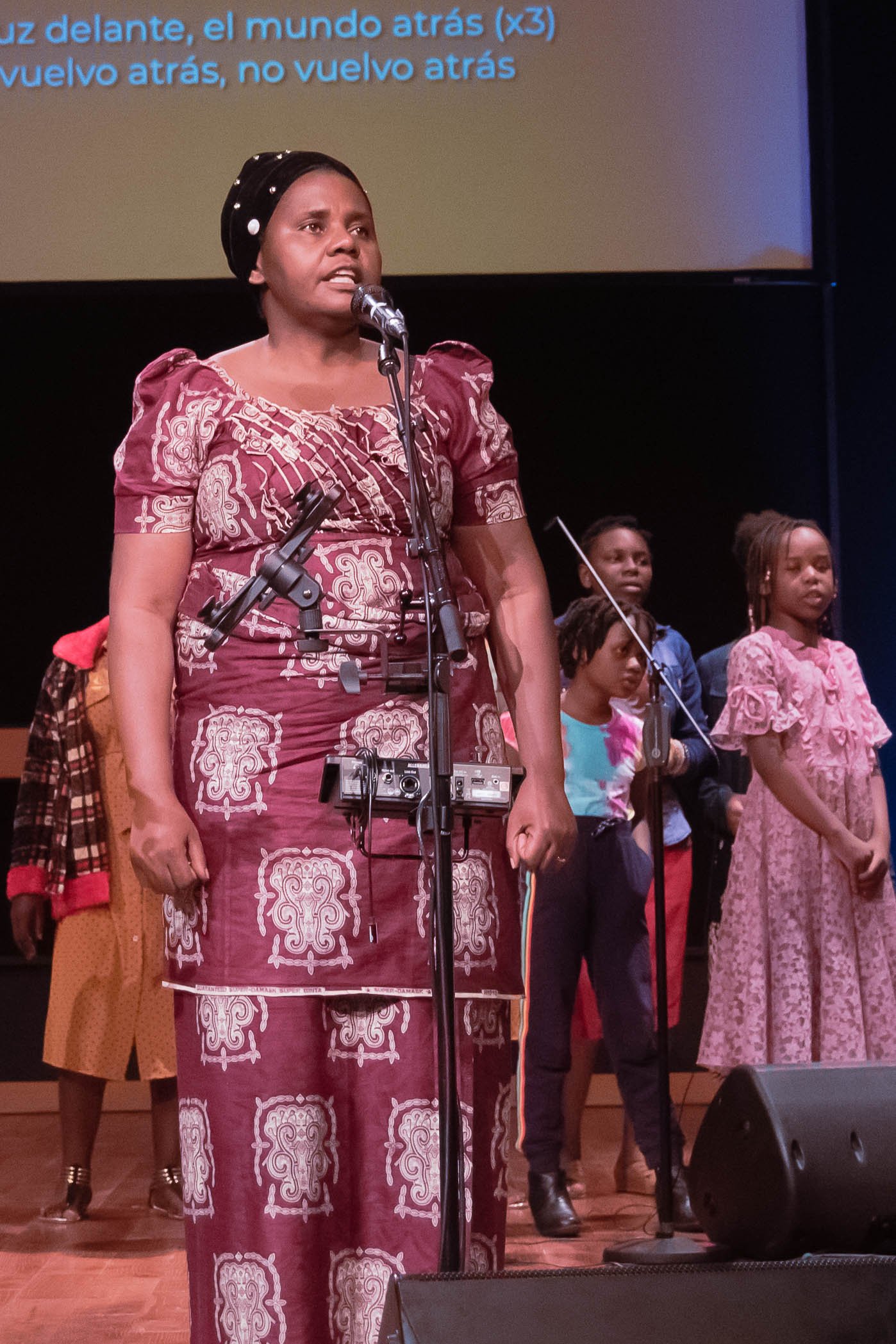
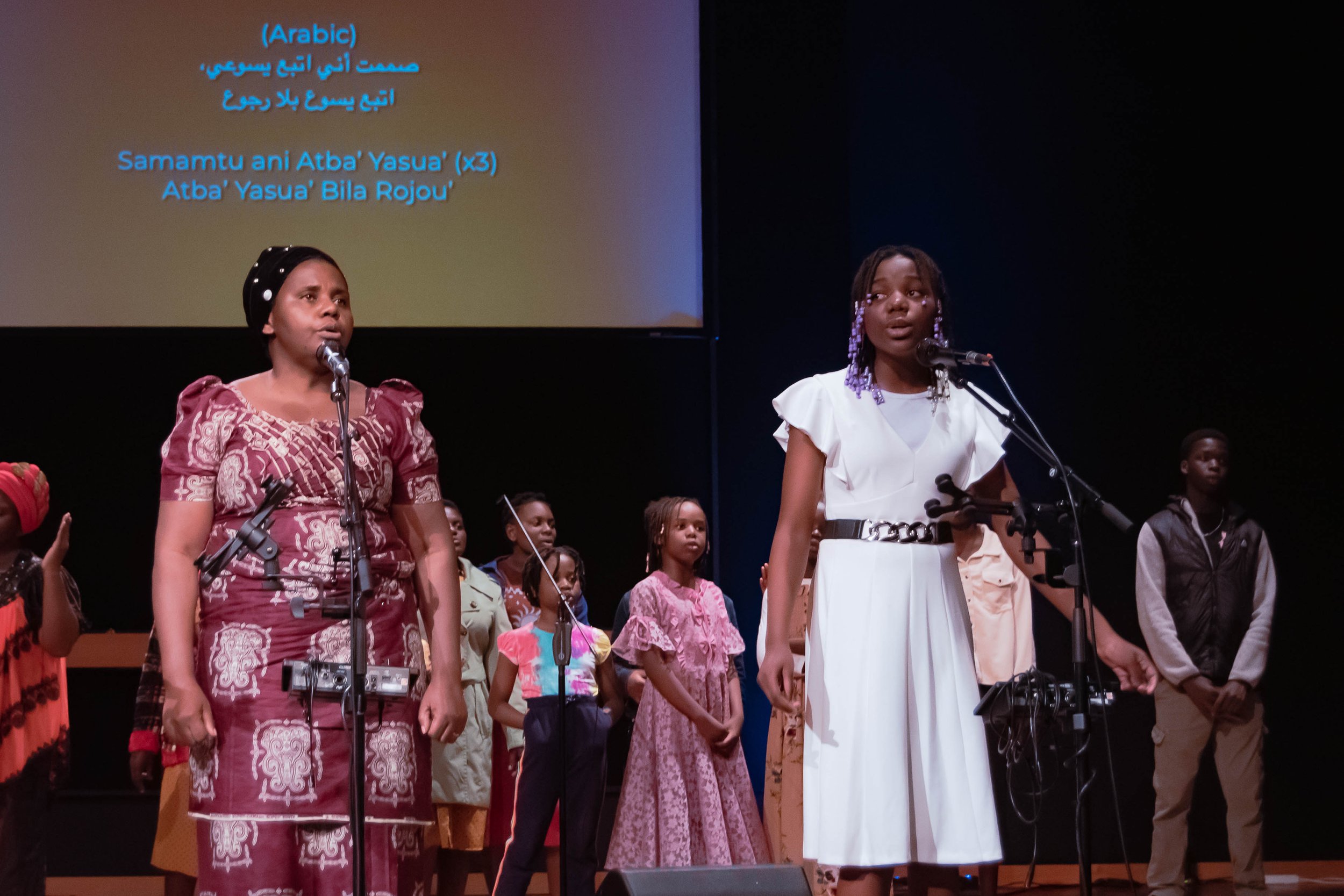
Plenary 4 content:
opening comments
Jacob Mau’s spoken word
worship
announcements
Alison Witt shares about Open Homes / IAFR Canada
Plenary speaker Jean Pierre Gatera
thanks to Leadership Team (incoming/outgoing) & Planning Team
final words & commissioning
Plenary Speaker 4: Jean Pierre Gatera
Jean Pierre Gatera was born as a refugee in Rwanda. During the 1994 Rwandan Genocide, he was separated from his parents and ended up in a different refugee camp in a different country, staying in a Kenyan refugee camp where he lived for almost 20 years. In Kakuma in 1998 he received Jesus as his personal savior in the International Pentecostal Holiness Church (IPHC). Jean Pierre graduated with a diploma in Mission from Kakuma Interdenominational School of Mission (KISOM) in 2001 and a bachelor’s degree in Theology from Global University in 2007. He went on to serve as senior pastor and Turkana Regional Overseer in IPHC (Kenya) for 10 years as well as the Leader of United Refugee and Host Churches (URHC) before being resettled in the USA with his family in September of 2016. In the US, Jean Pierre attended Bethel University where he recently graduated in December 2021 with a Masters in transformational leadership. Since then, he has been serving with International Association for Refugees (IAFR) as a missionary in the capacity of Refugee Church Consultant. He also serves on Arrive Ministries Board of Directors and as a Chaplain with Marketplace Chaplains.
Worship & Plenary 4 Photos
Photo credits: James Metelak (Instagram @privetfotog)
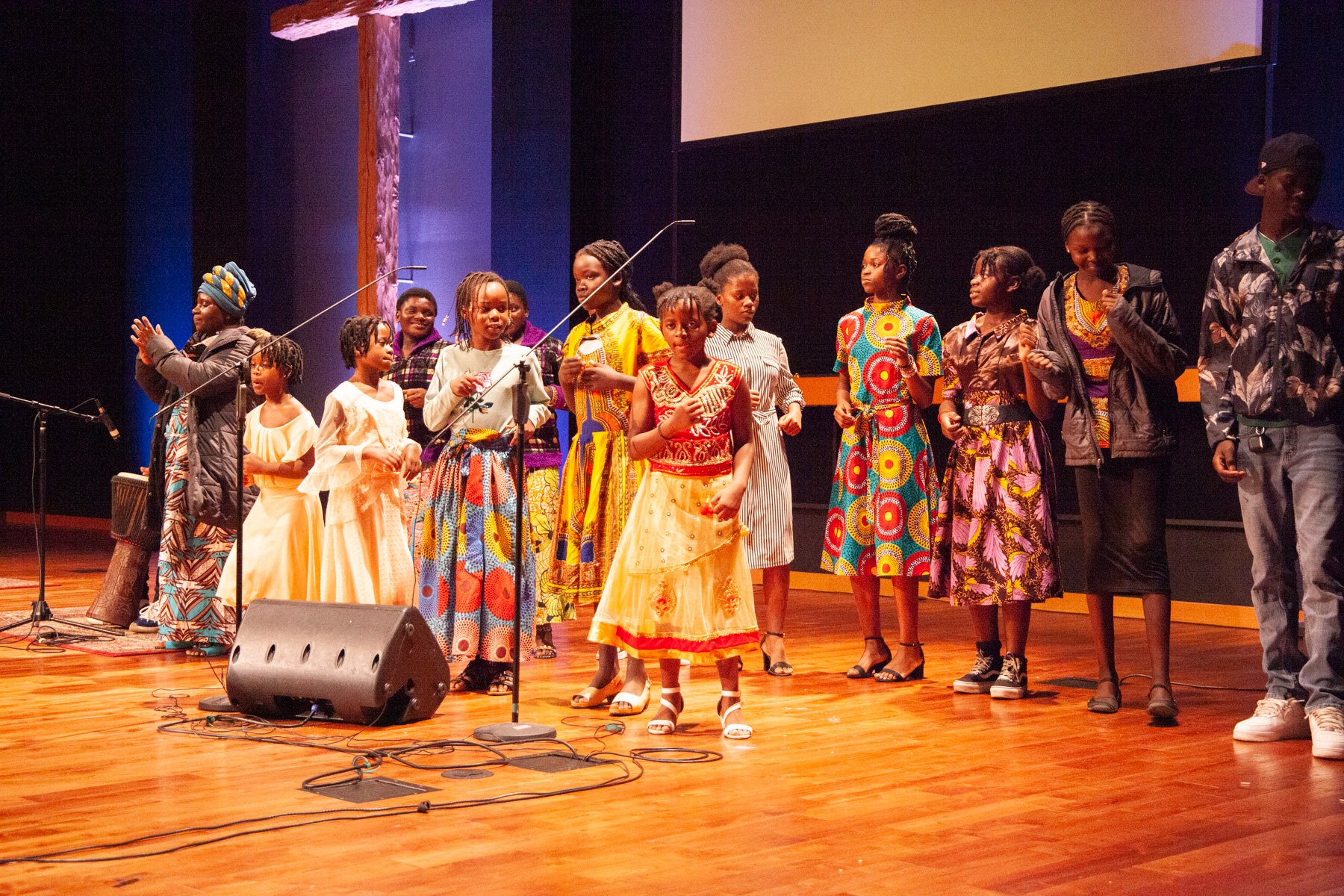
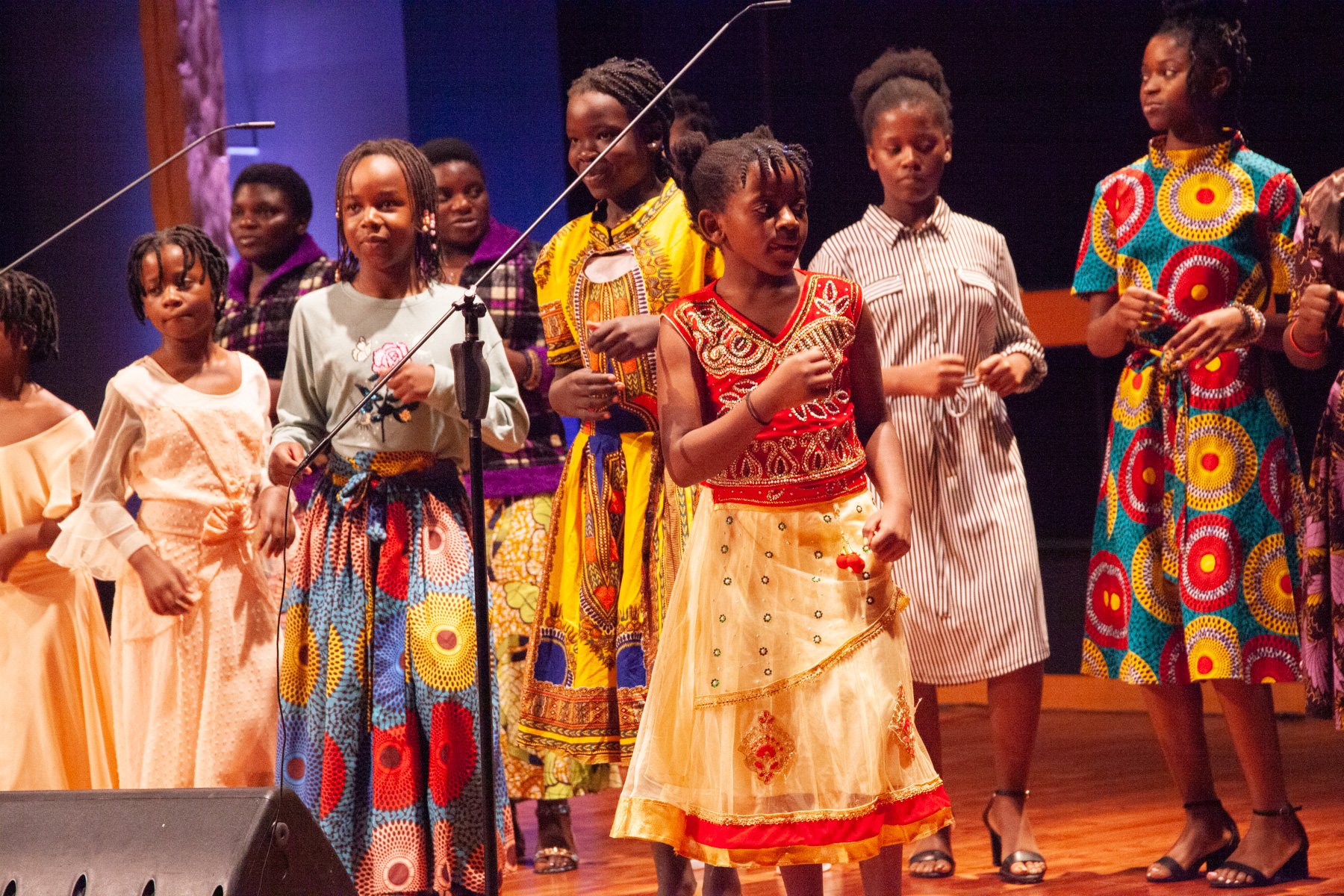
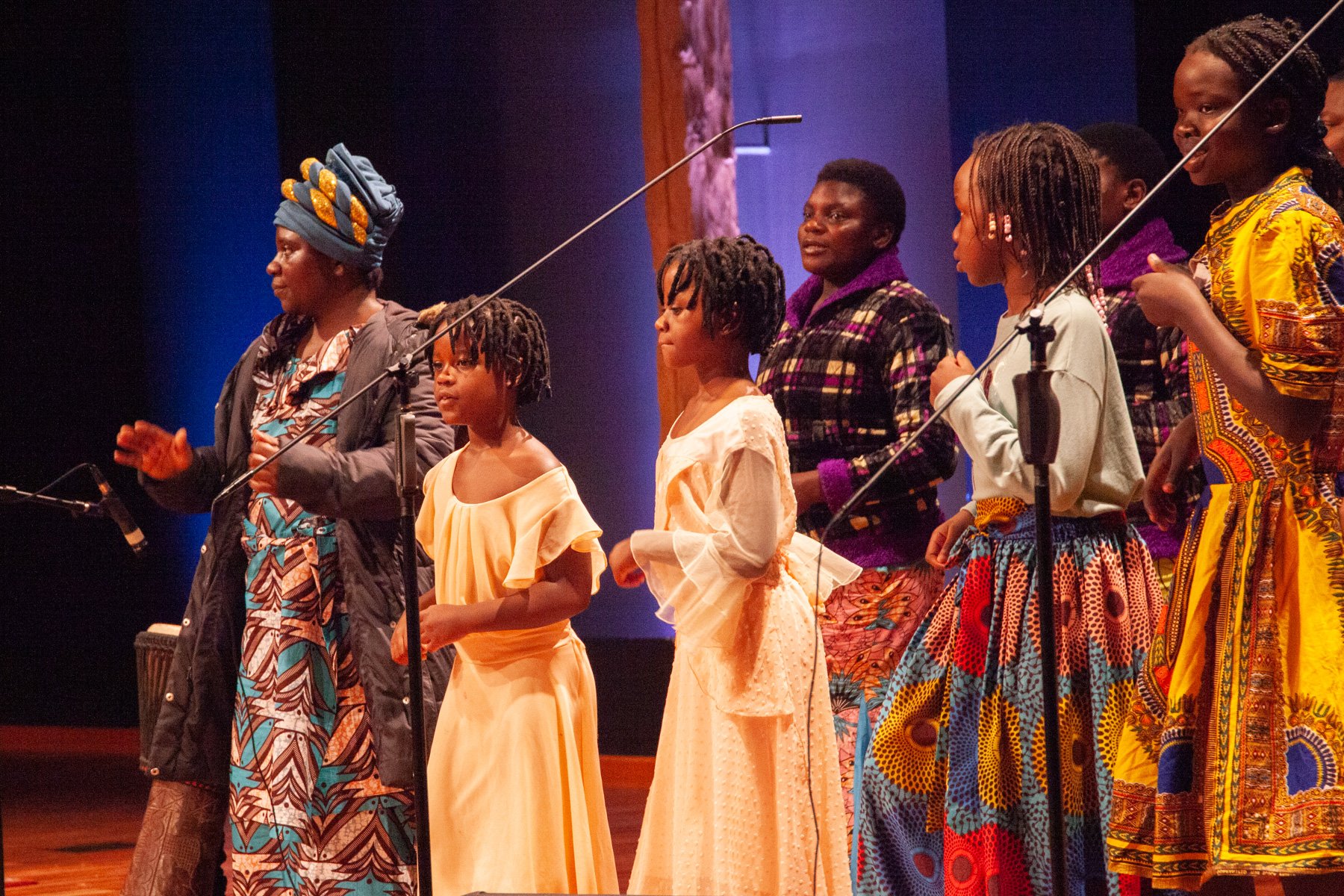
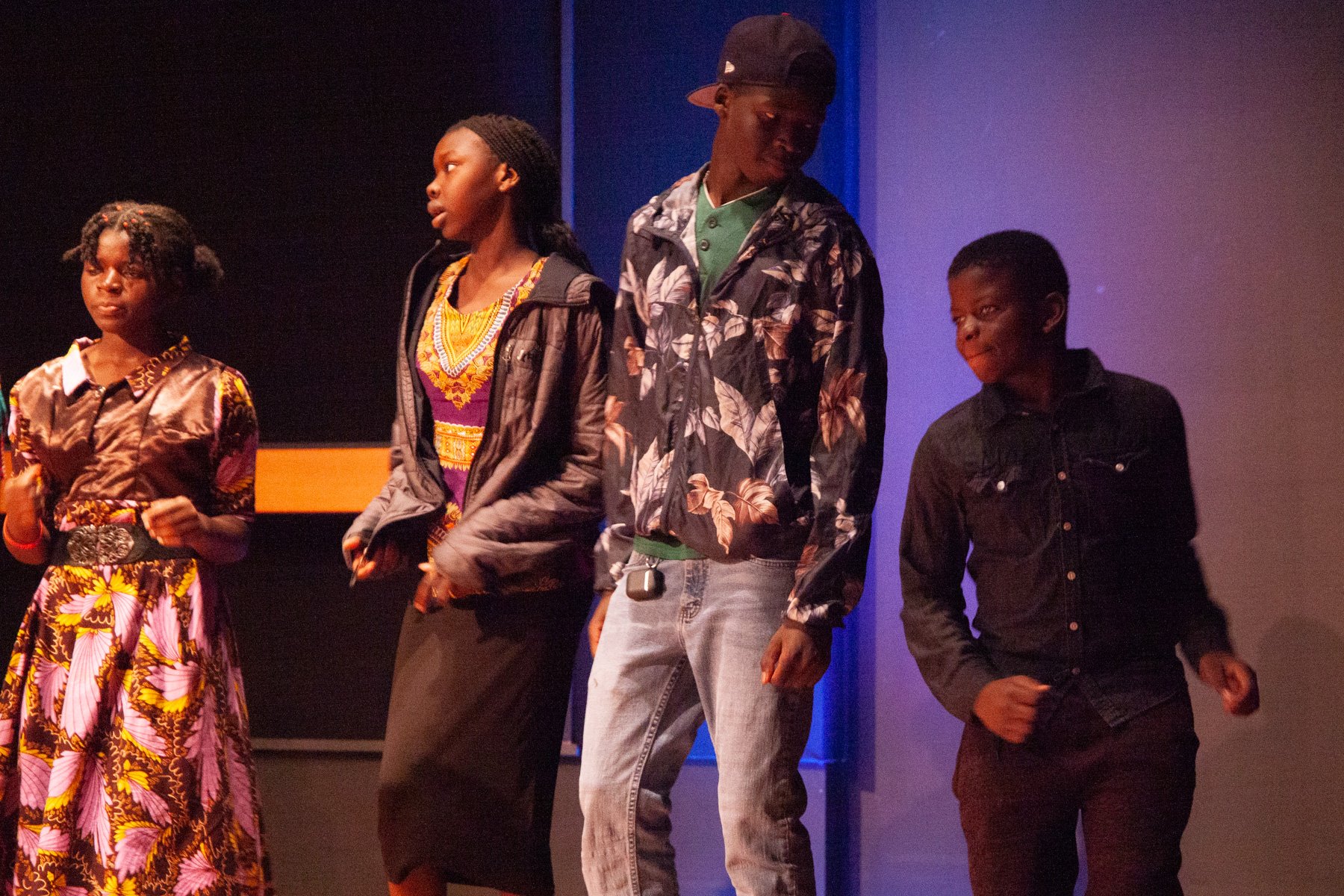
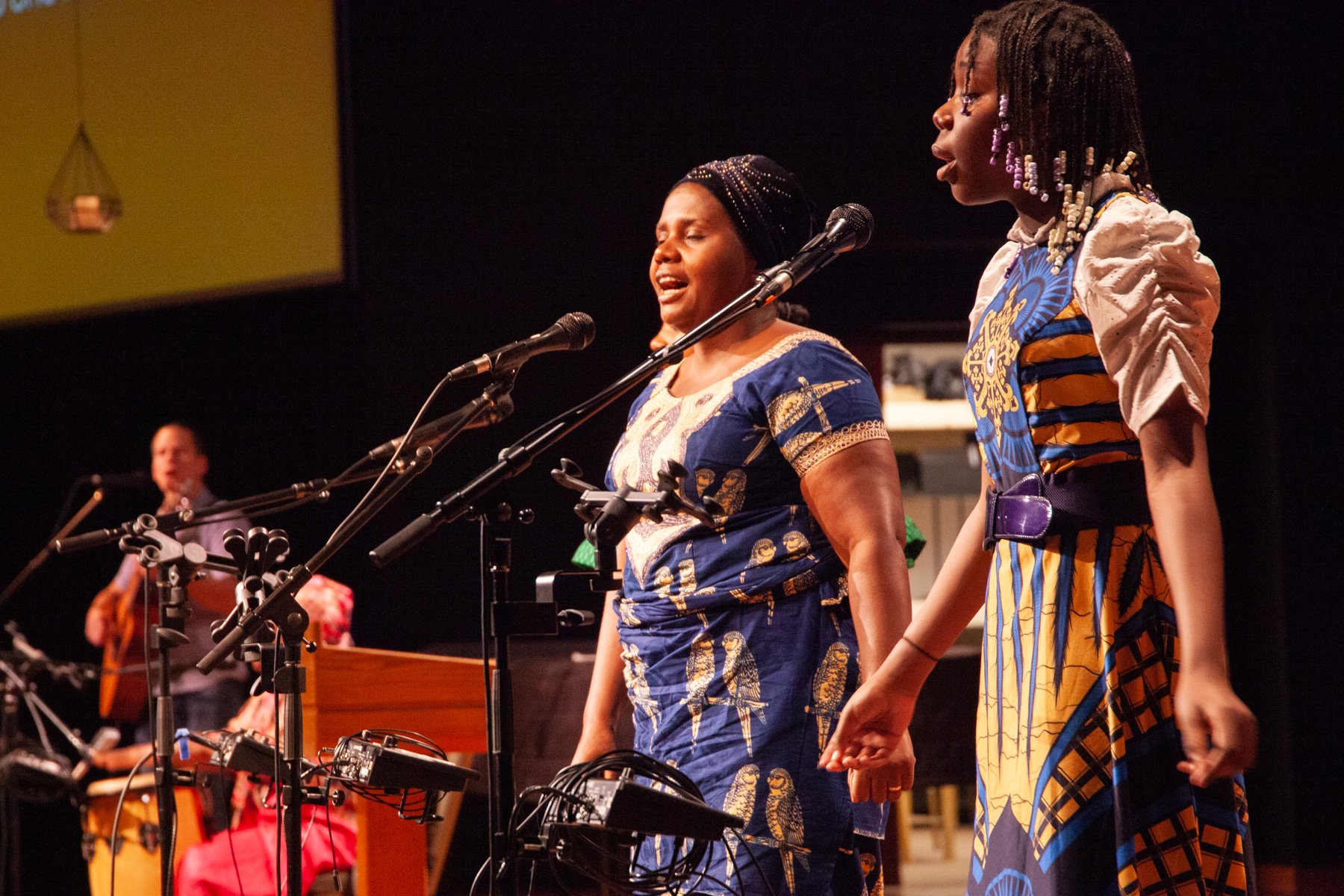
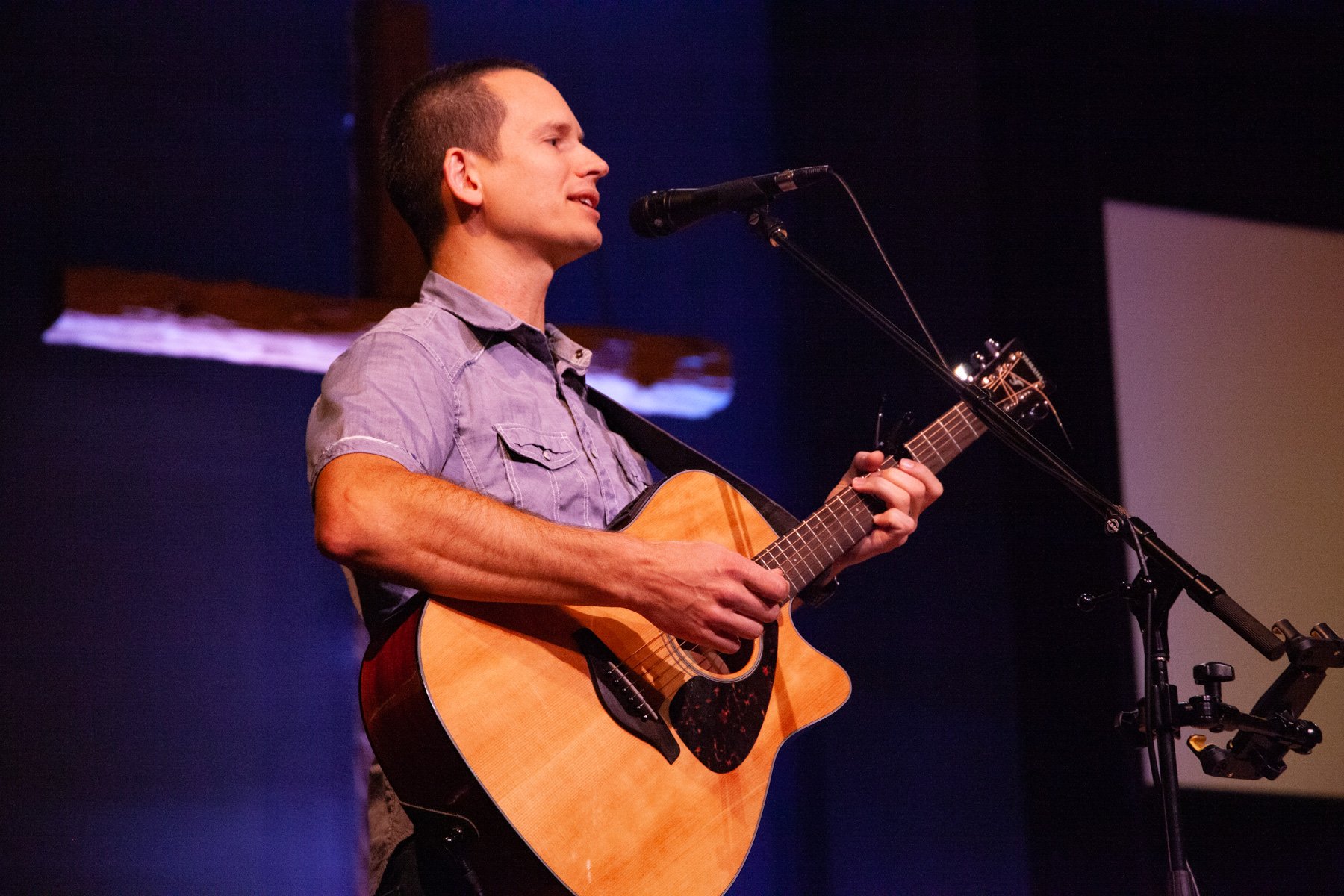

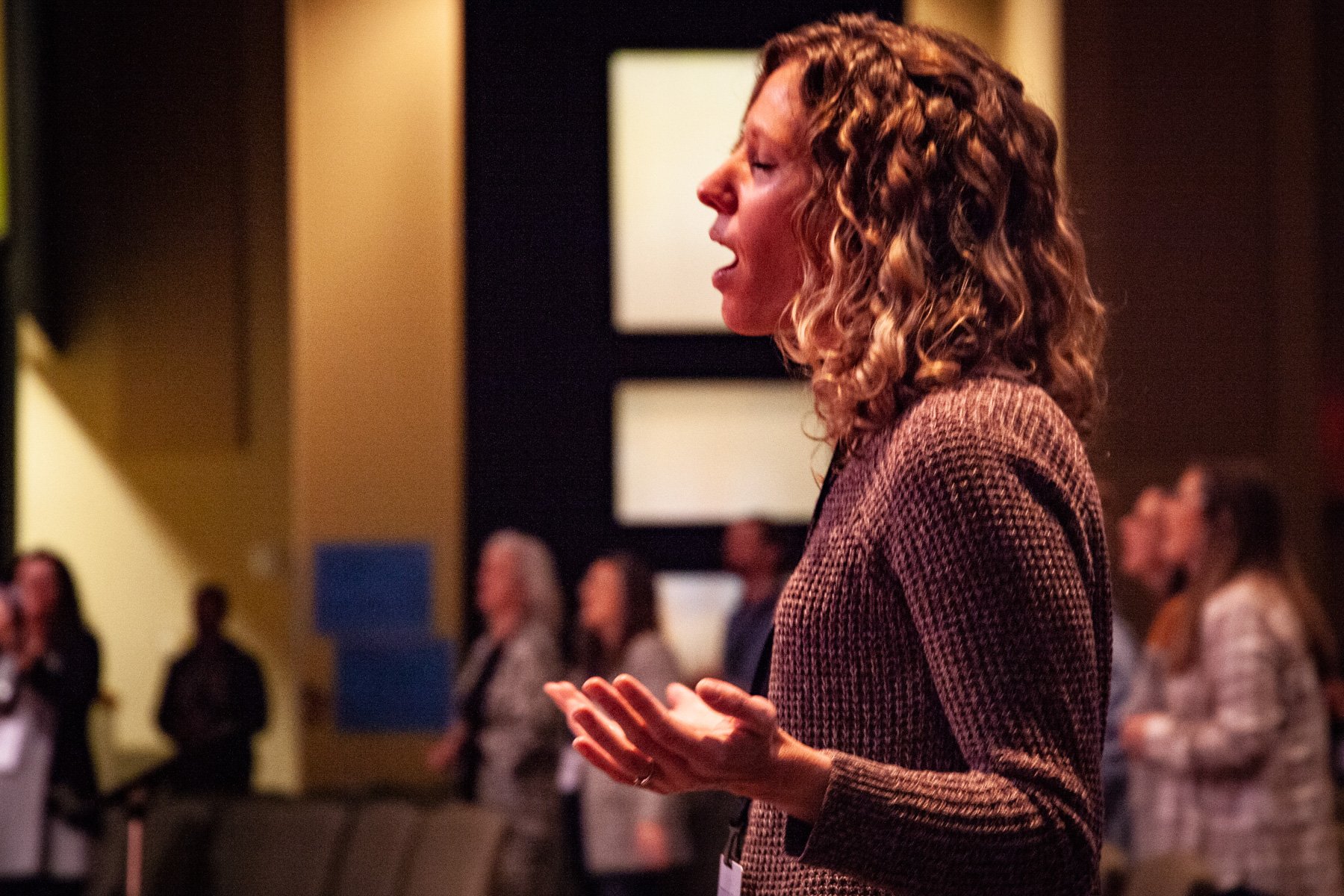




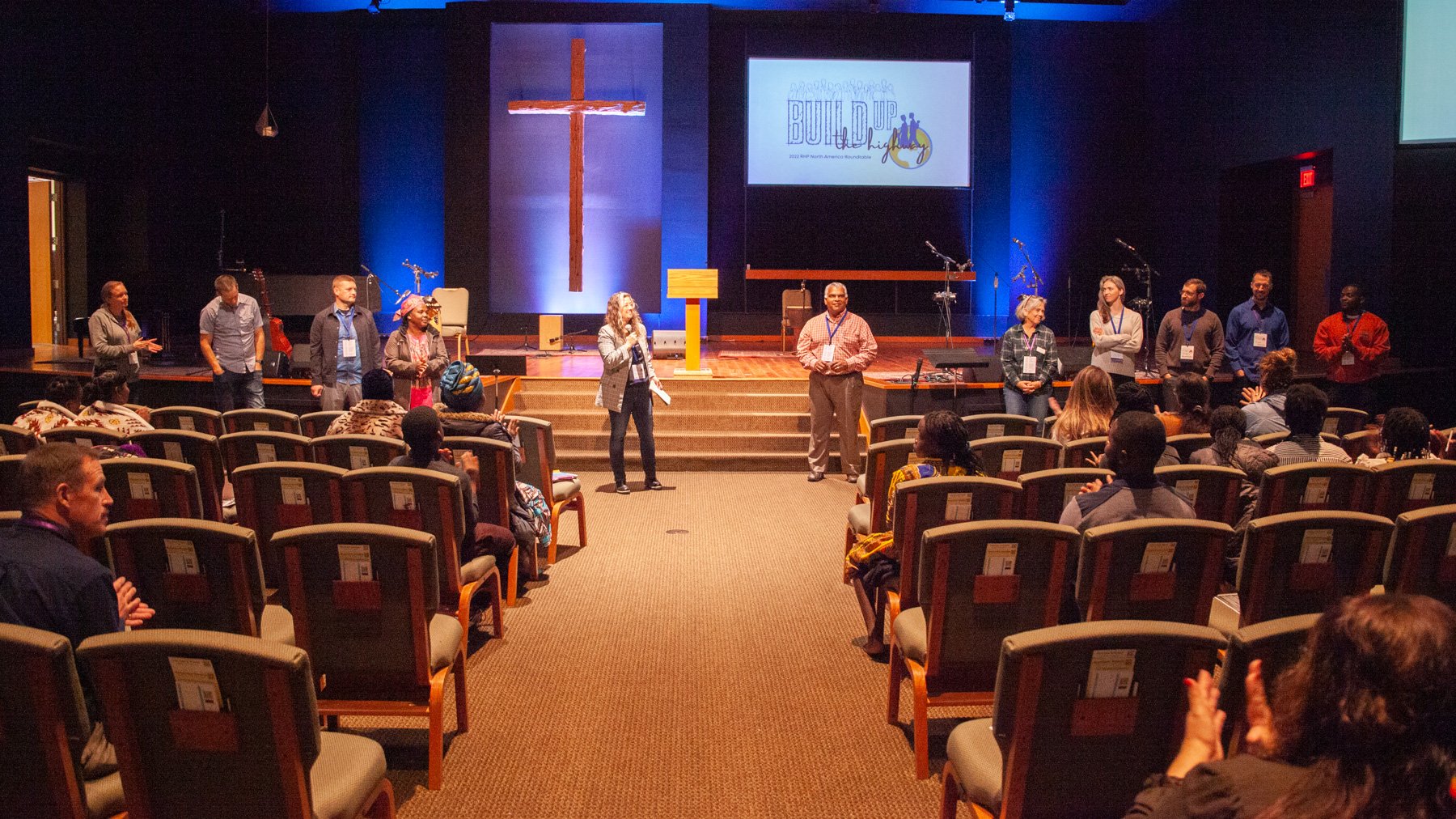
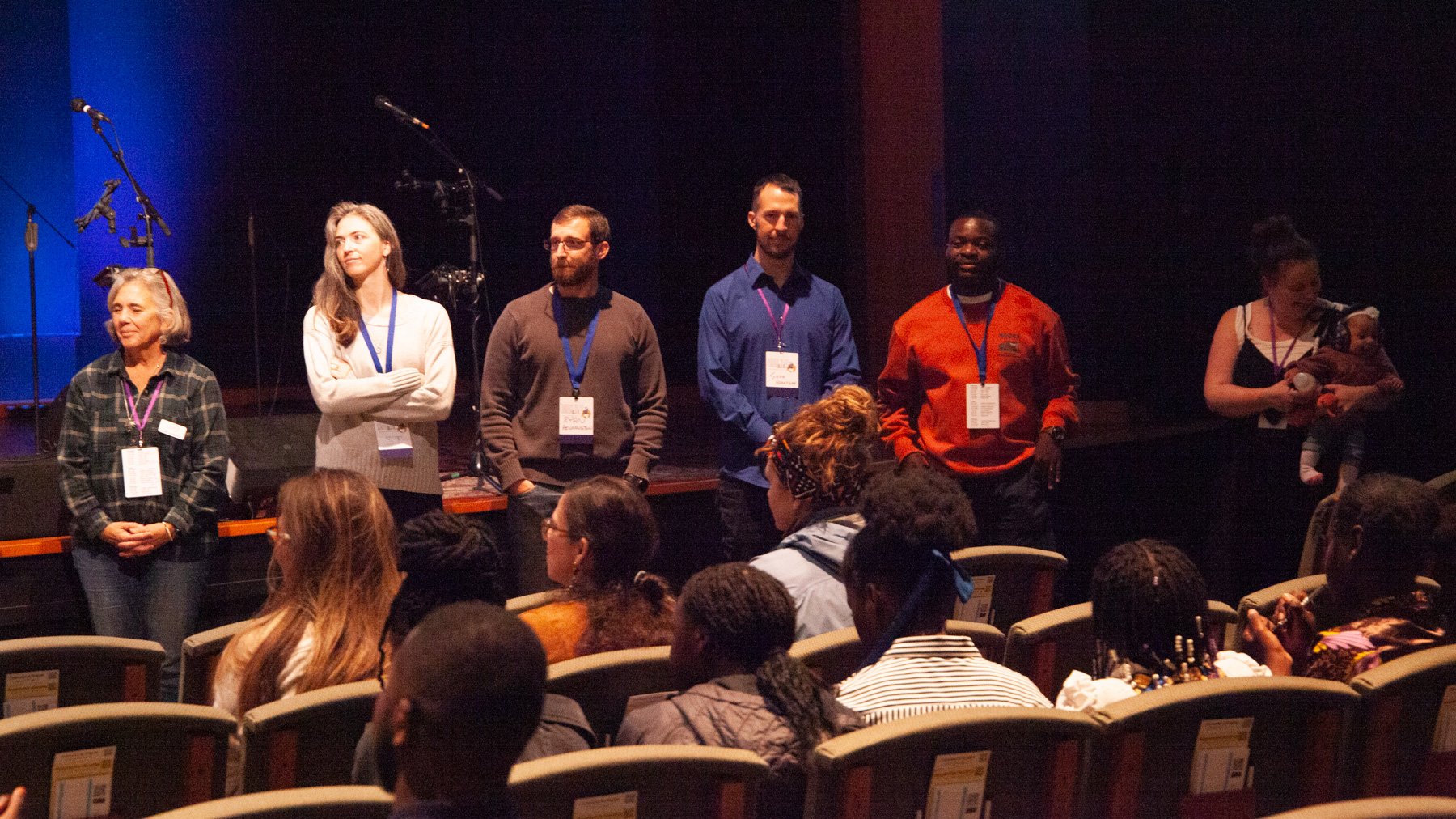
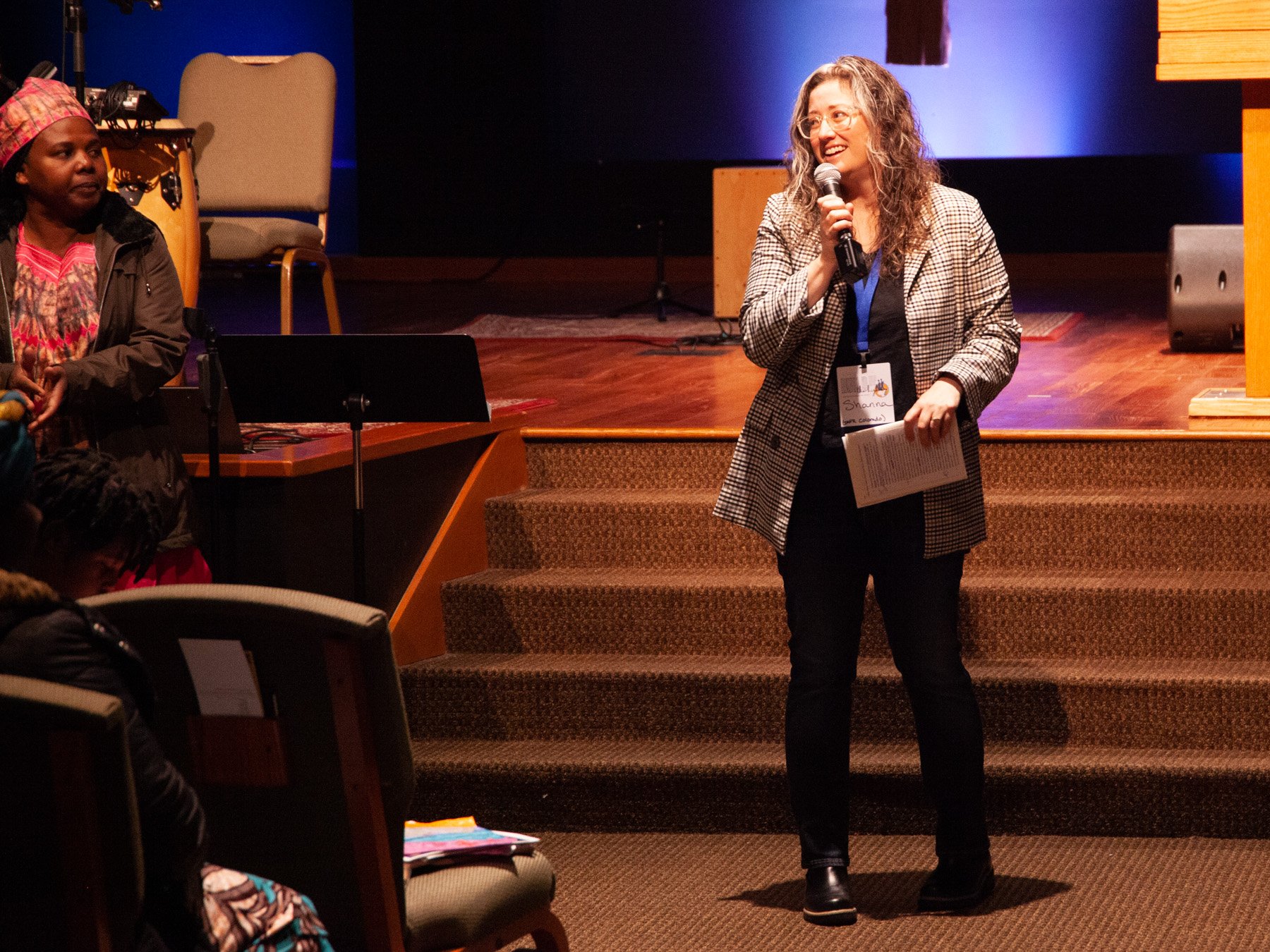

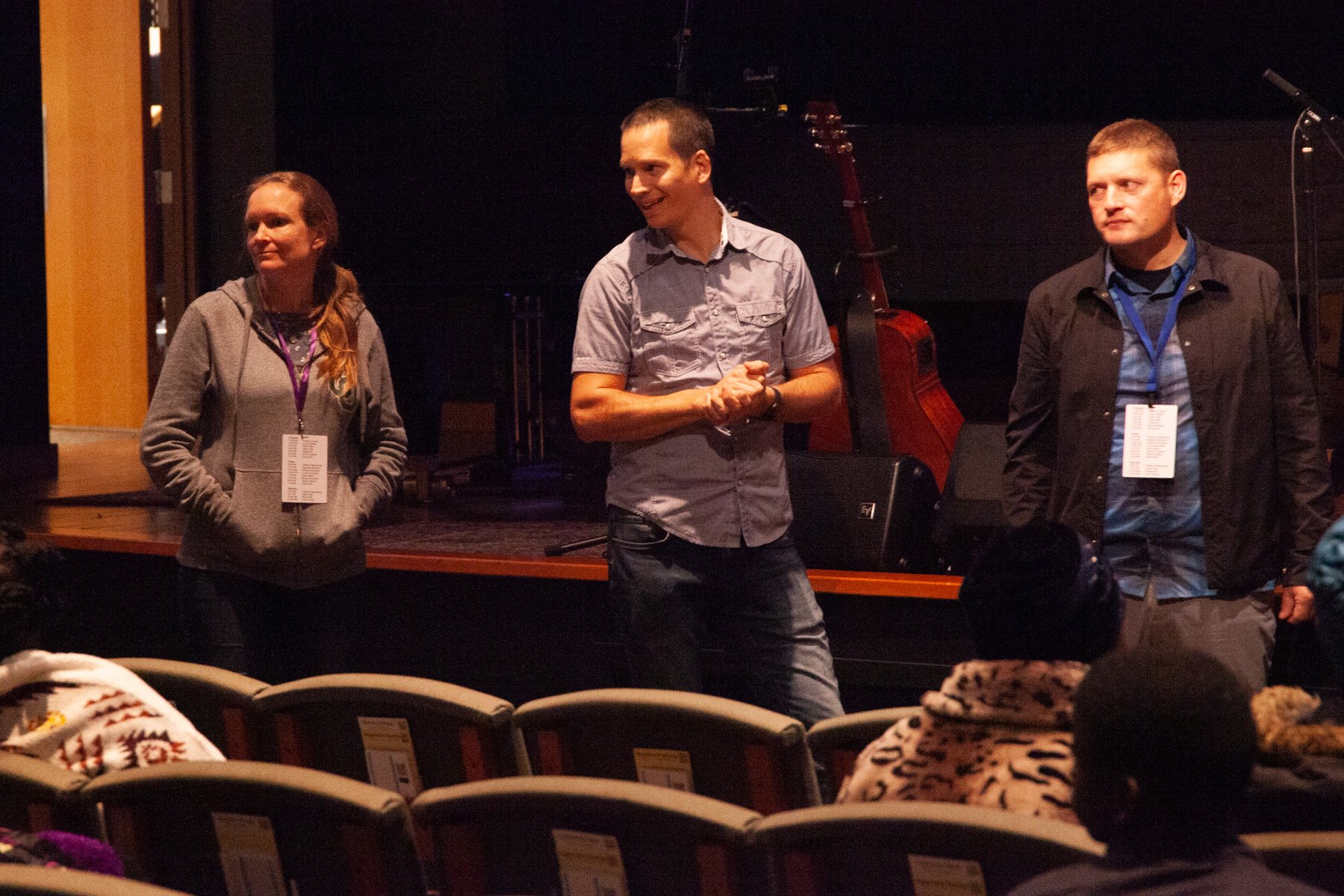
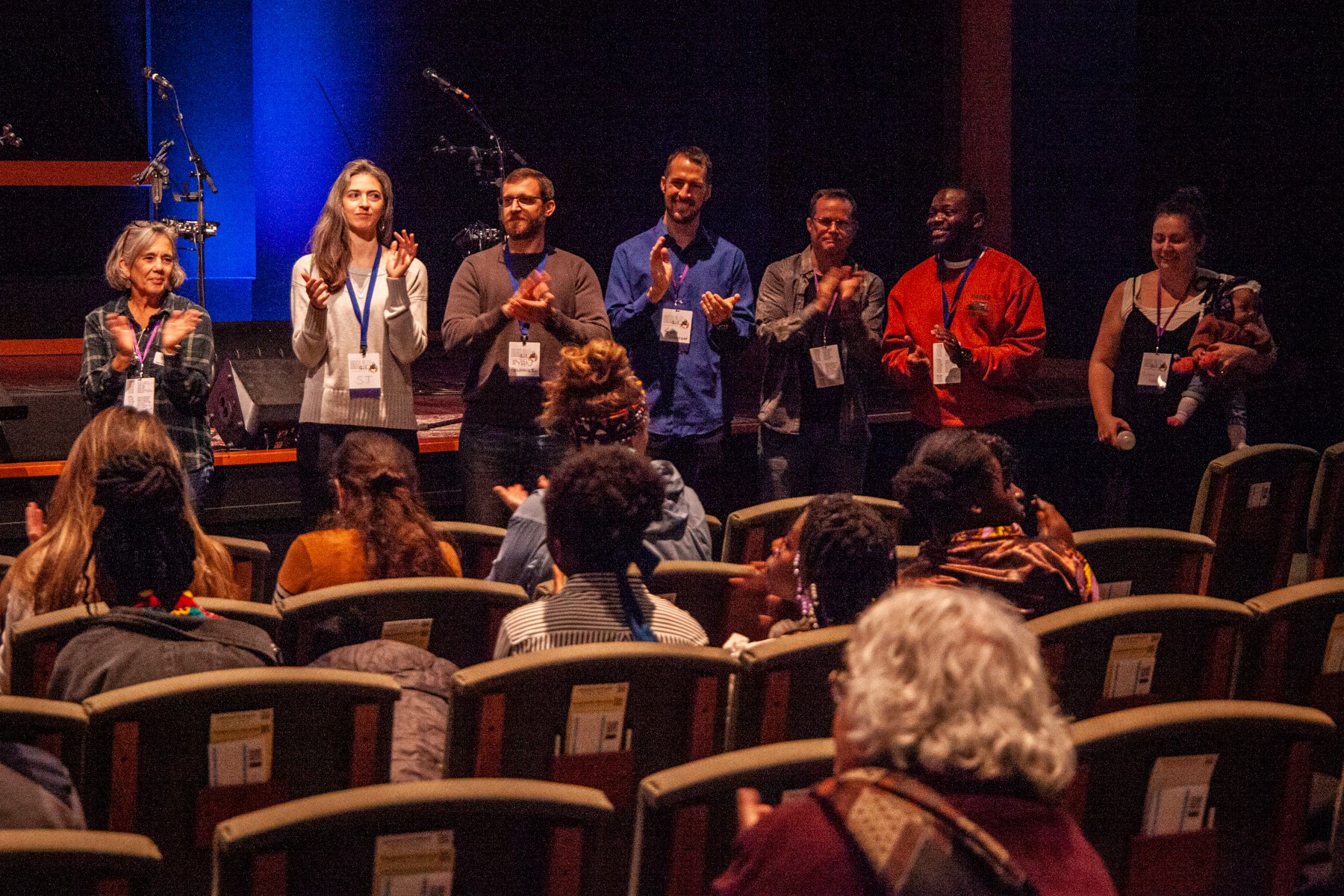
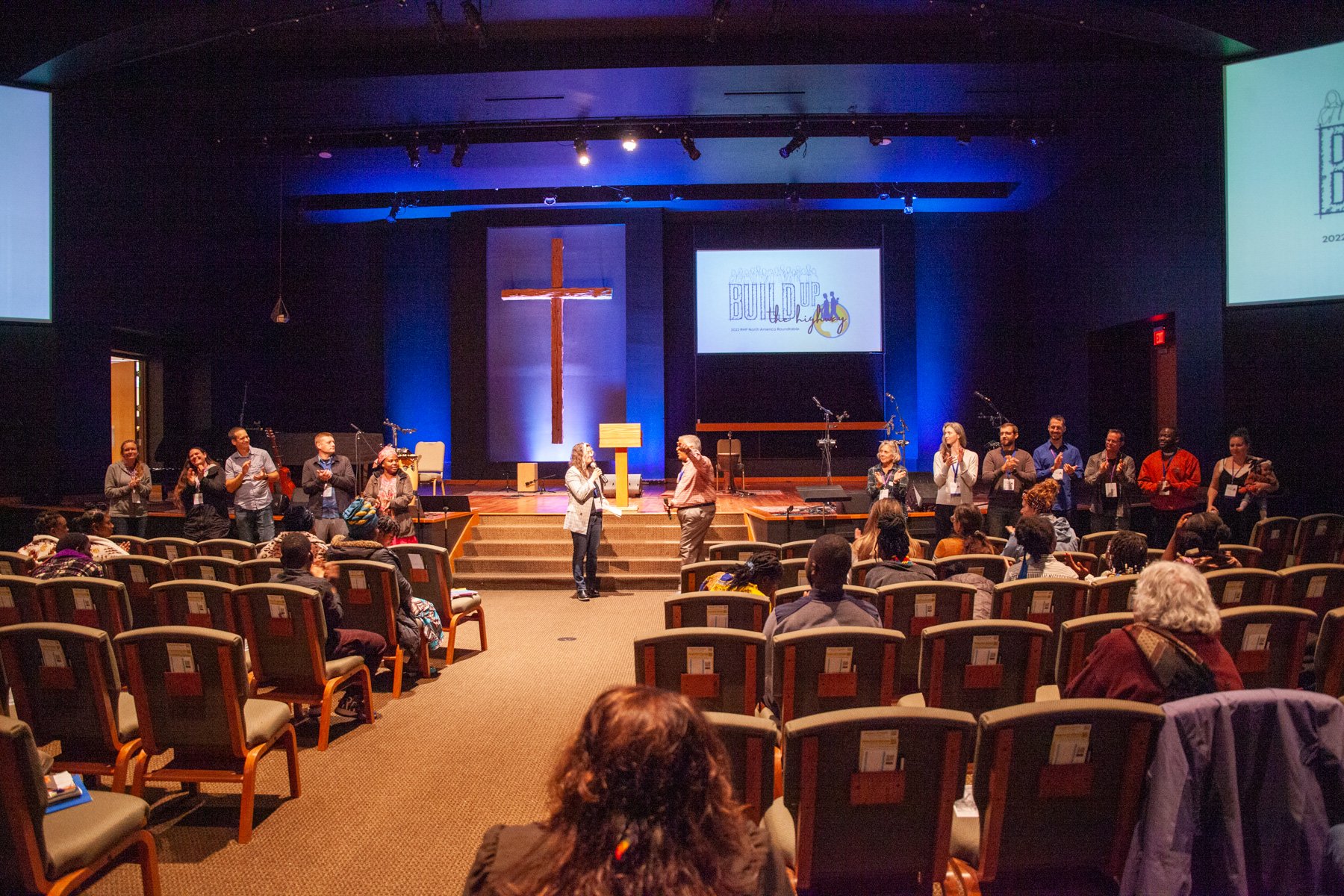
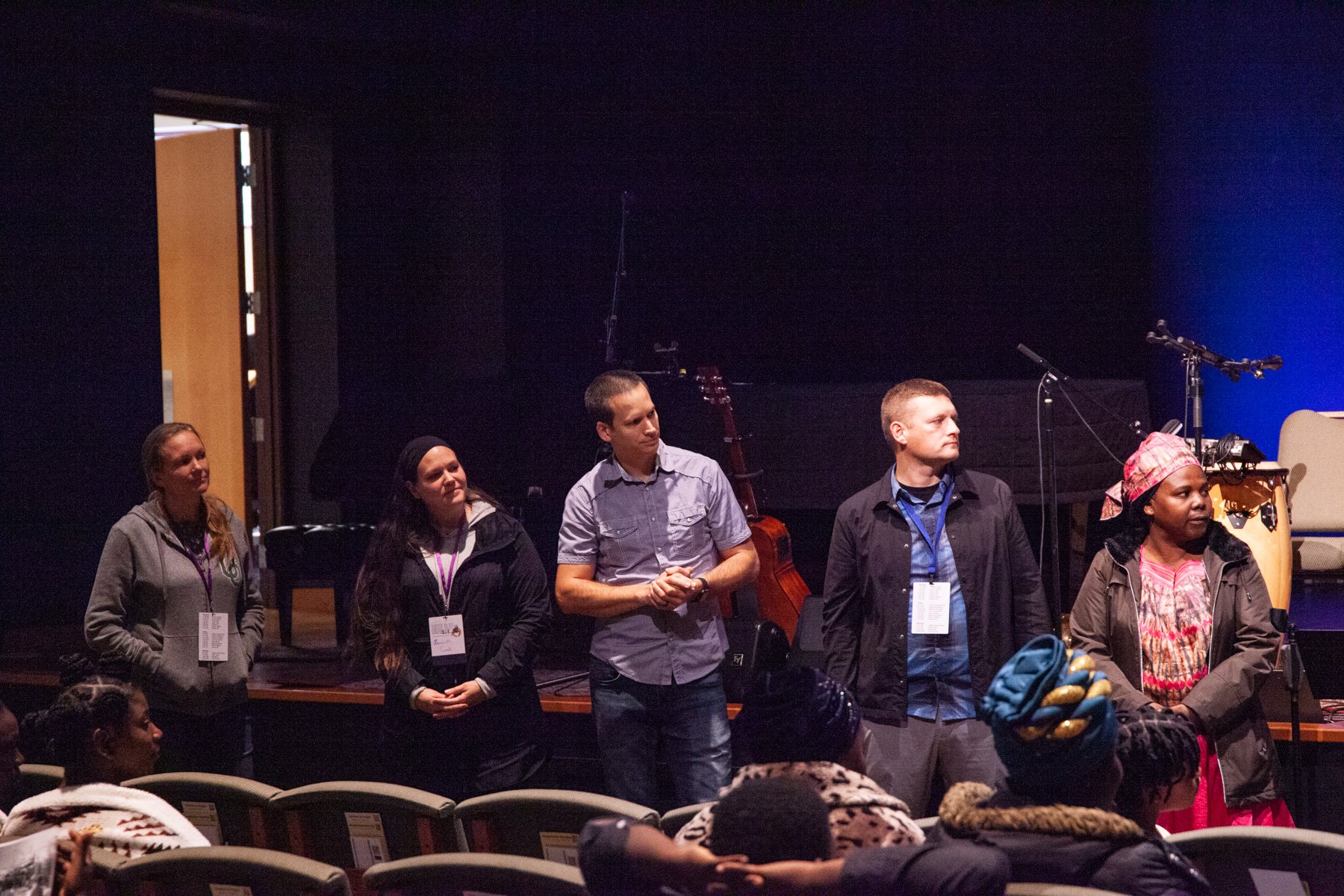
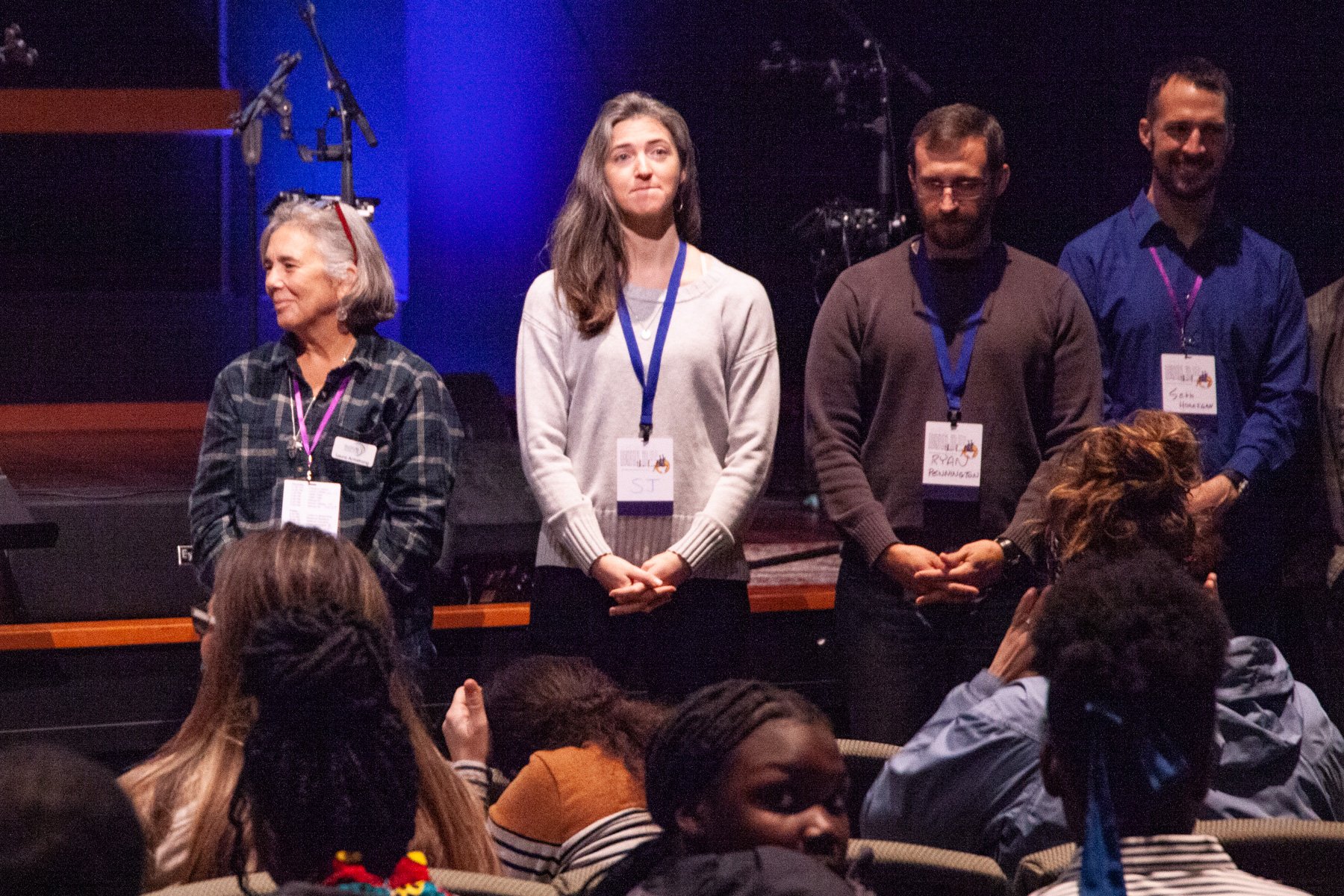
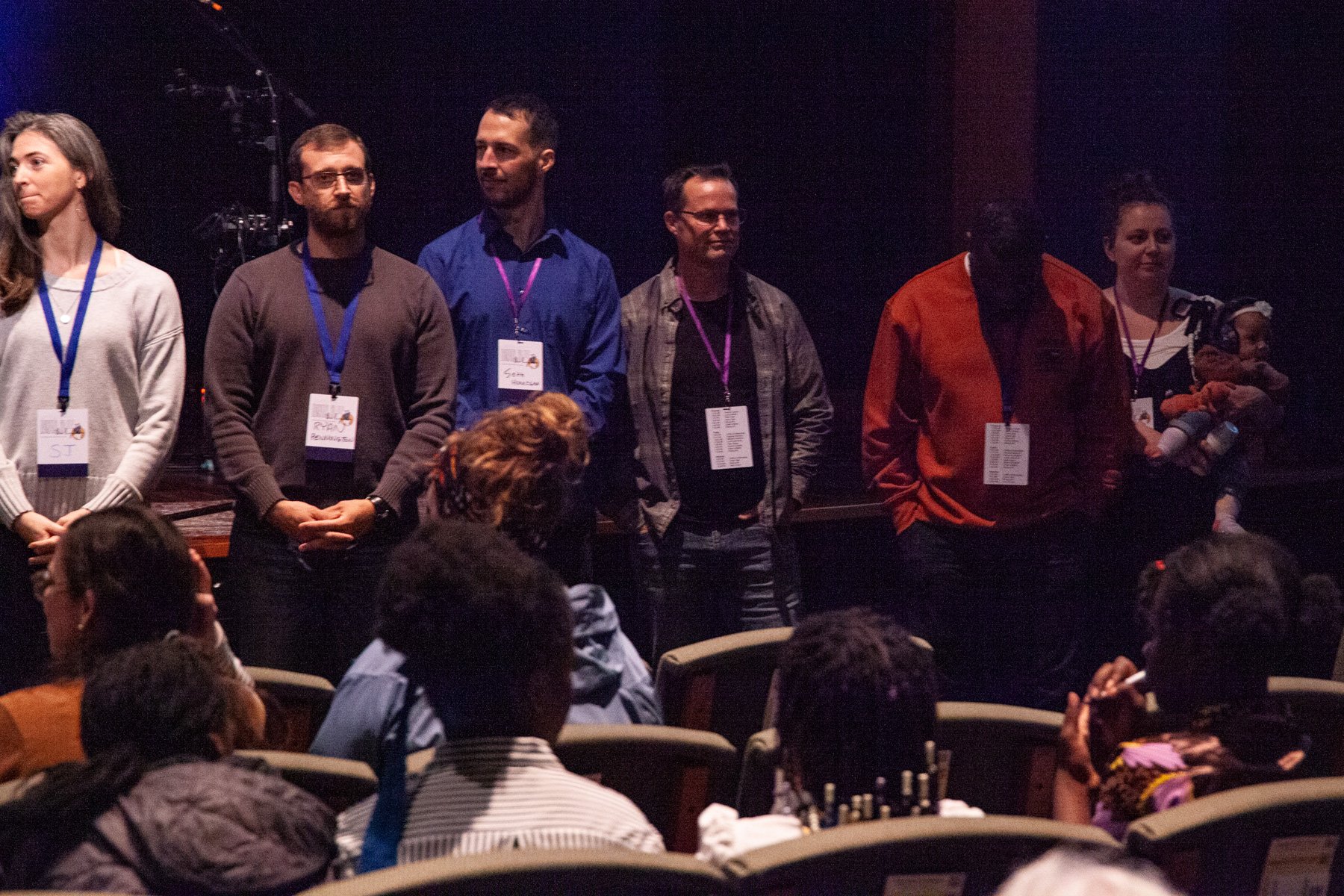

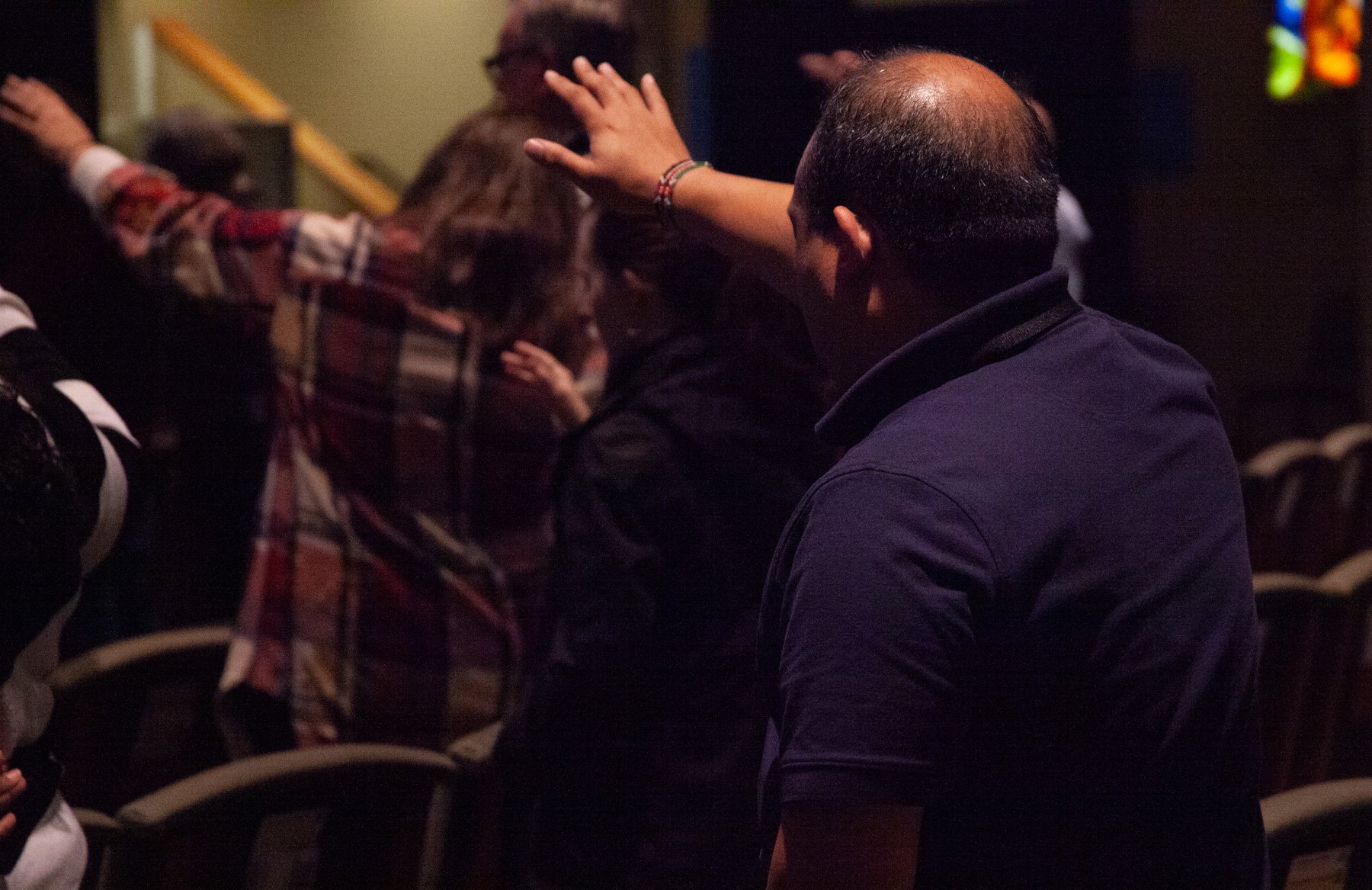
Plenary 4 Photos
Photo credits: Brenda Webb (Instagram @BrendaMooreWebb)
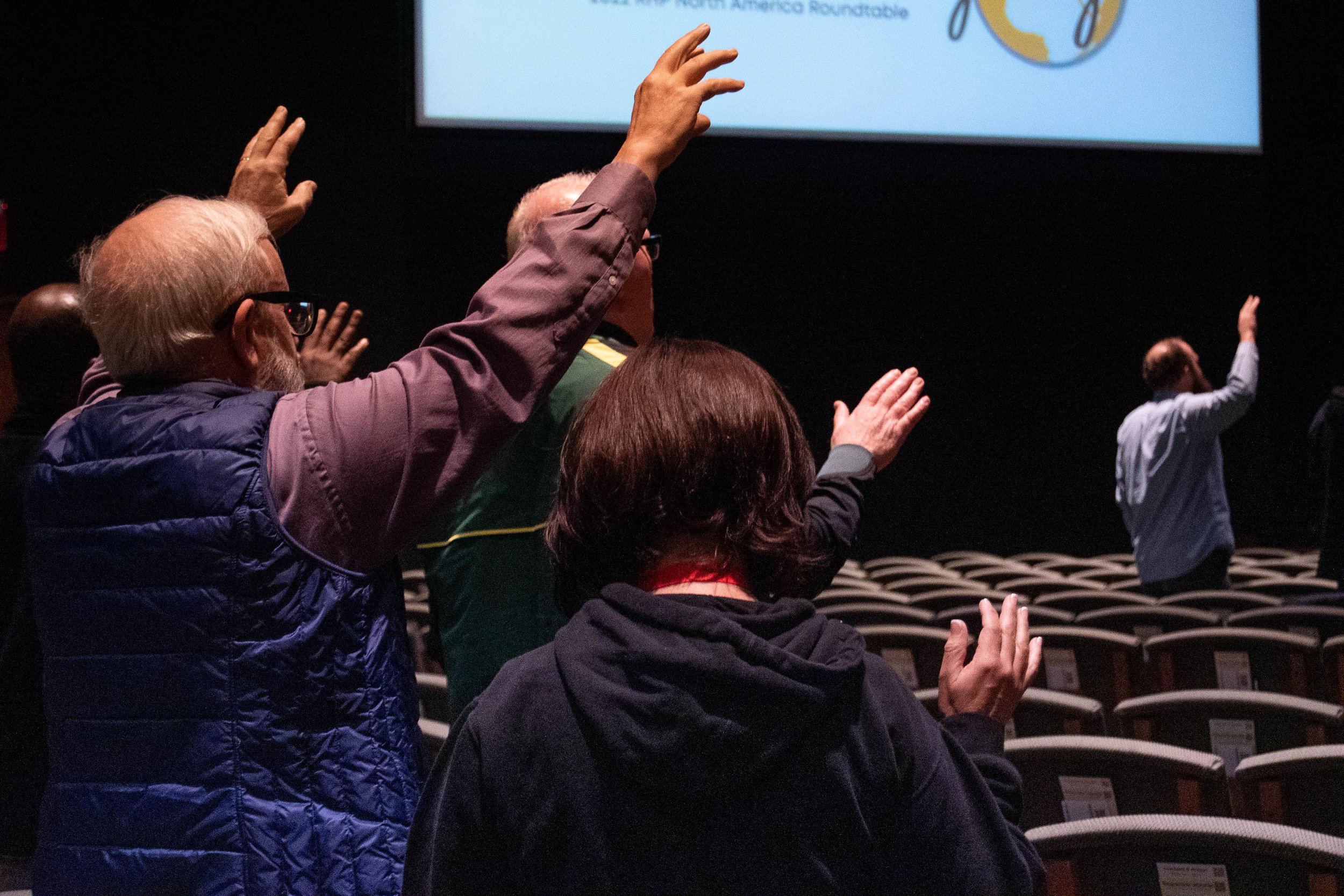
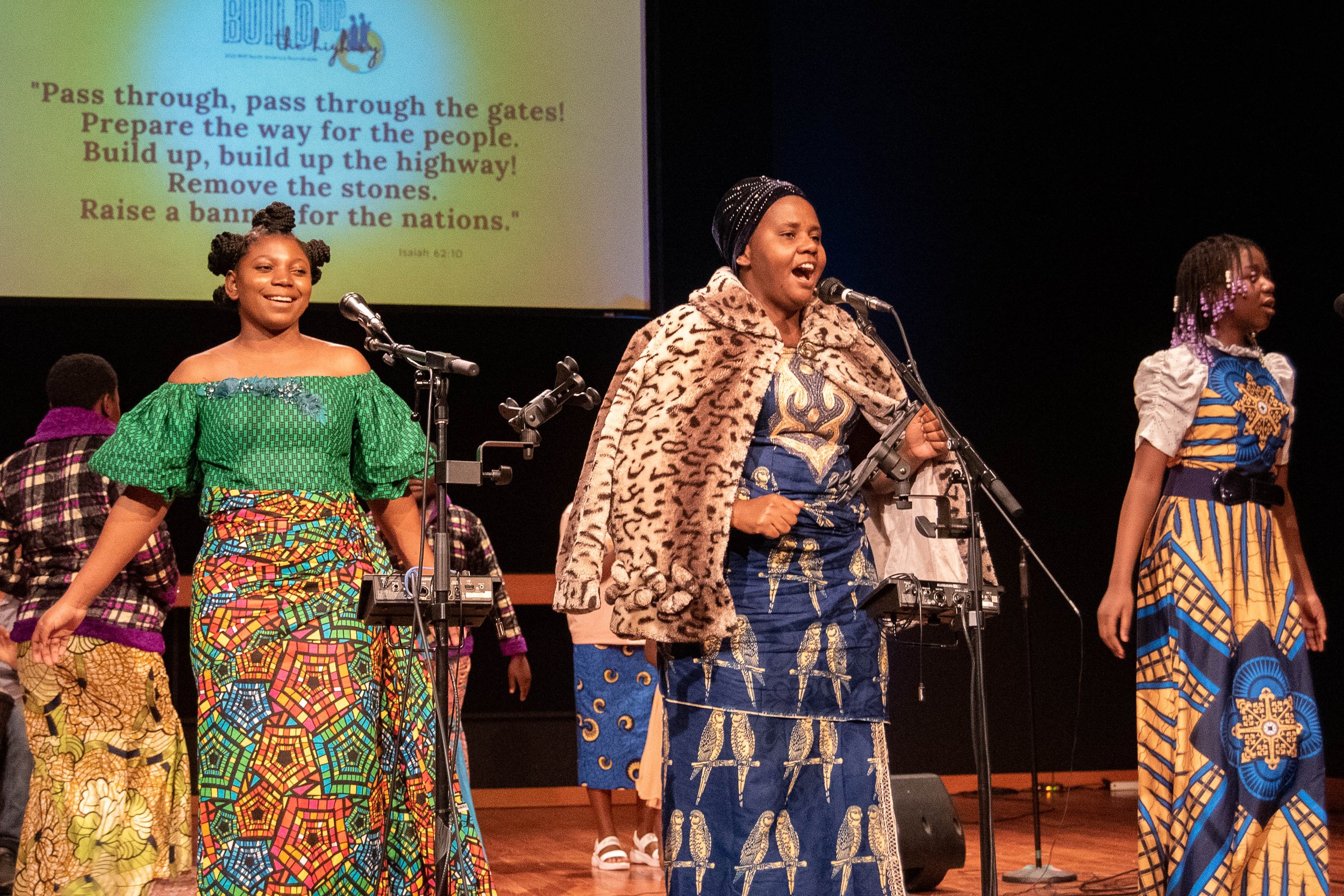


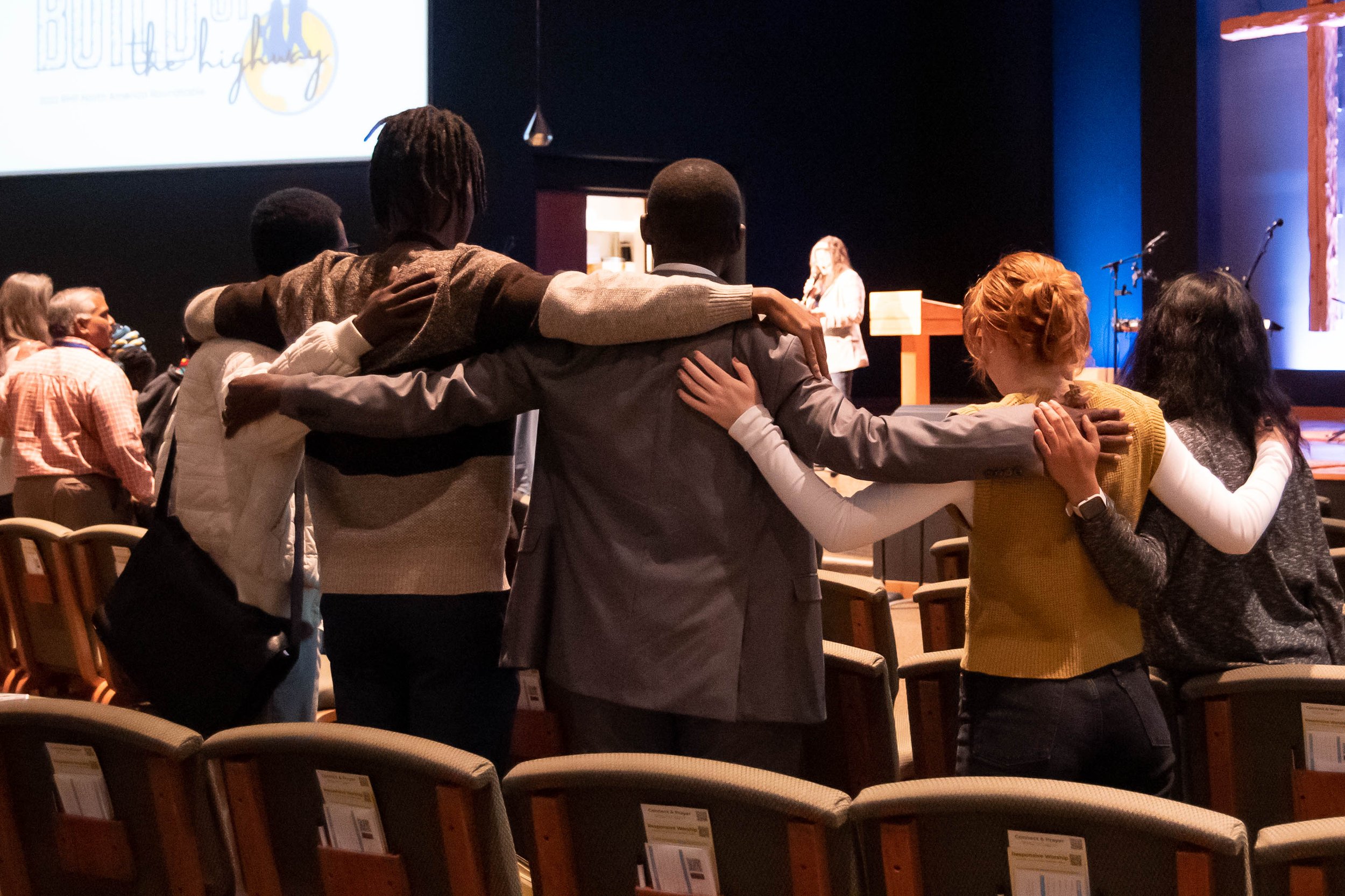
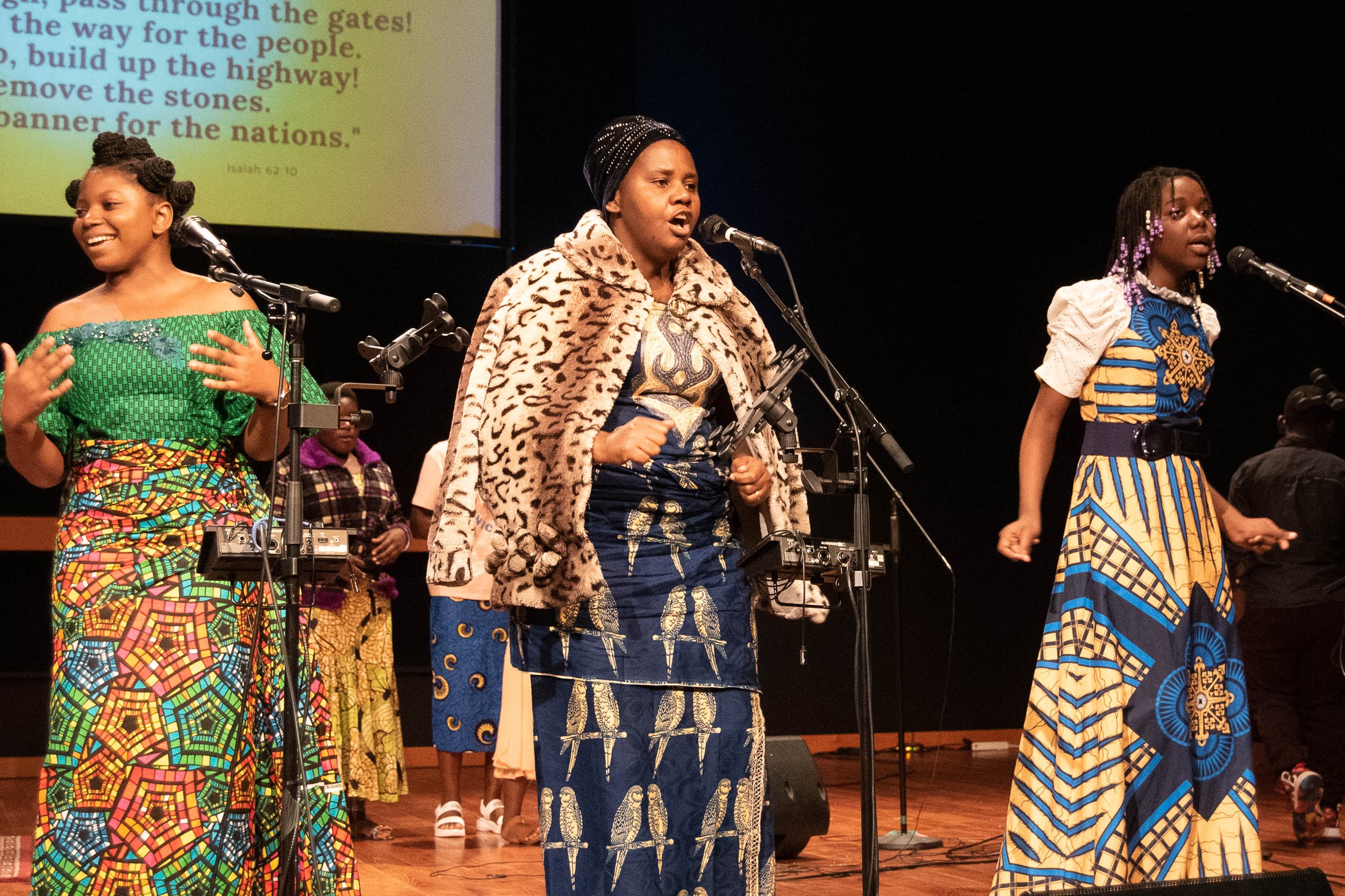
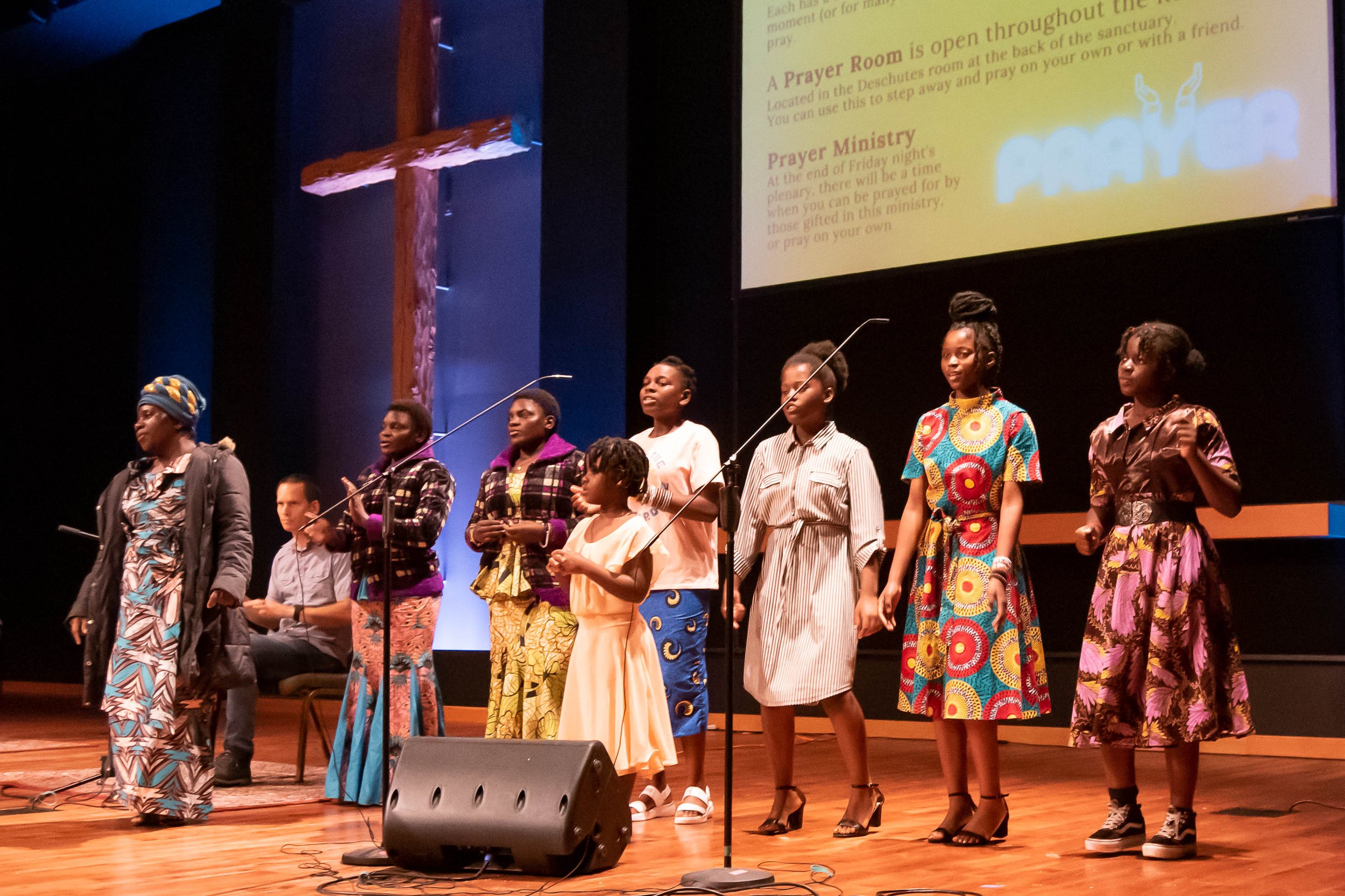

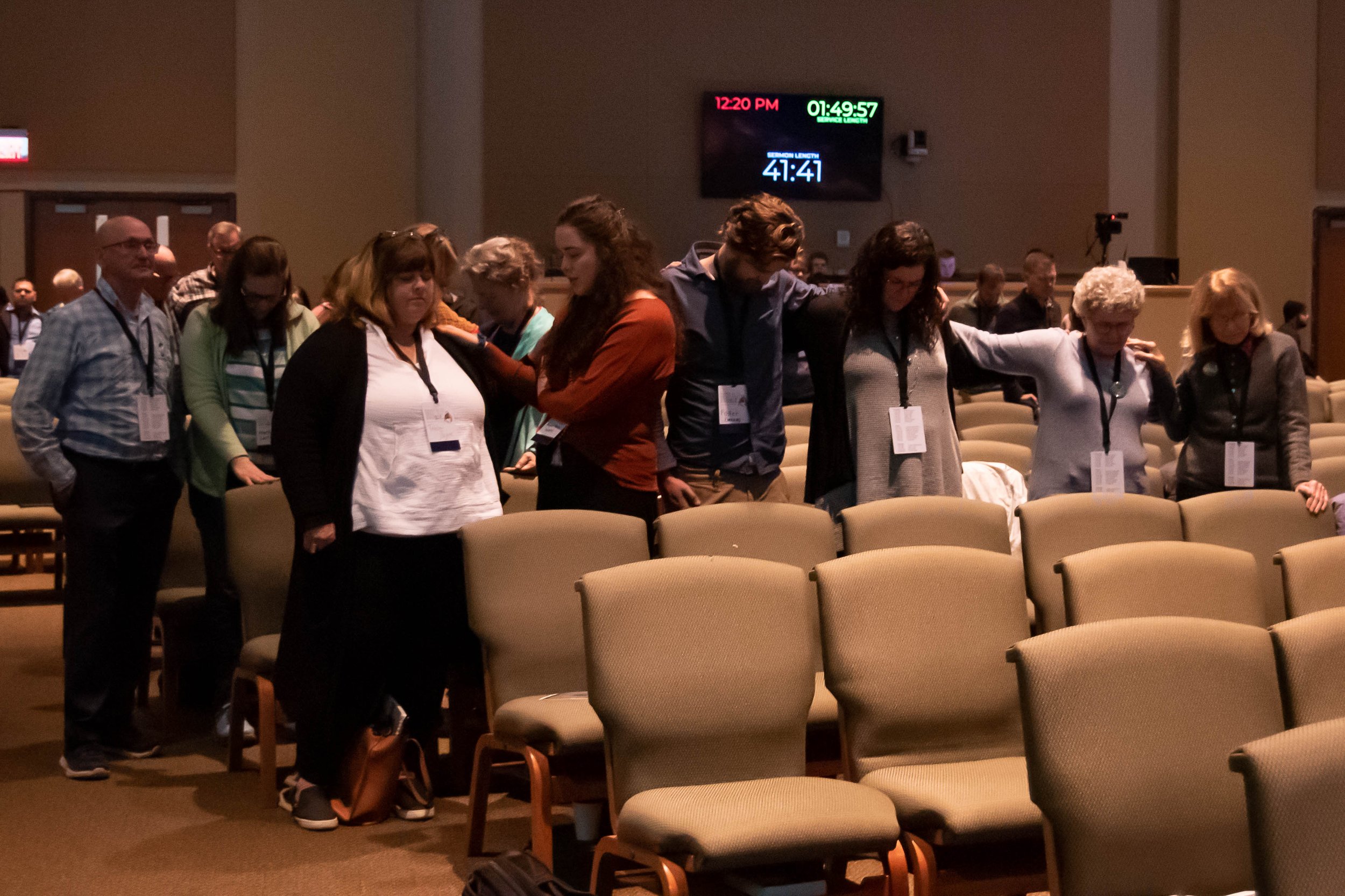
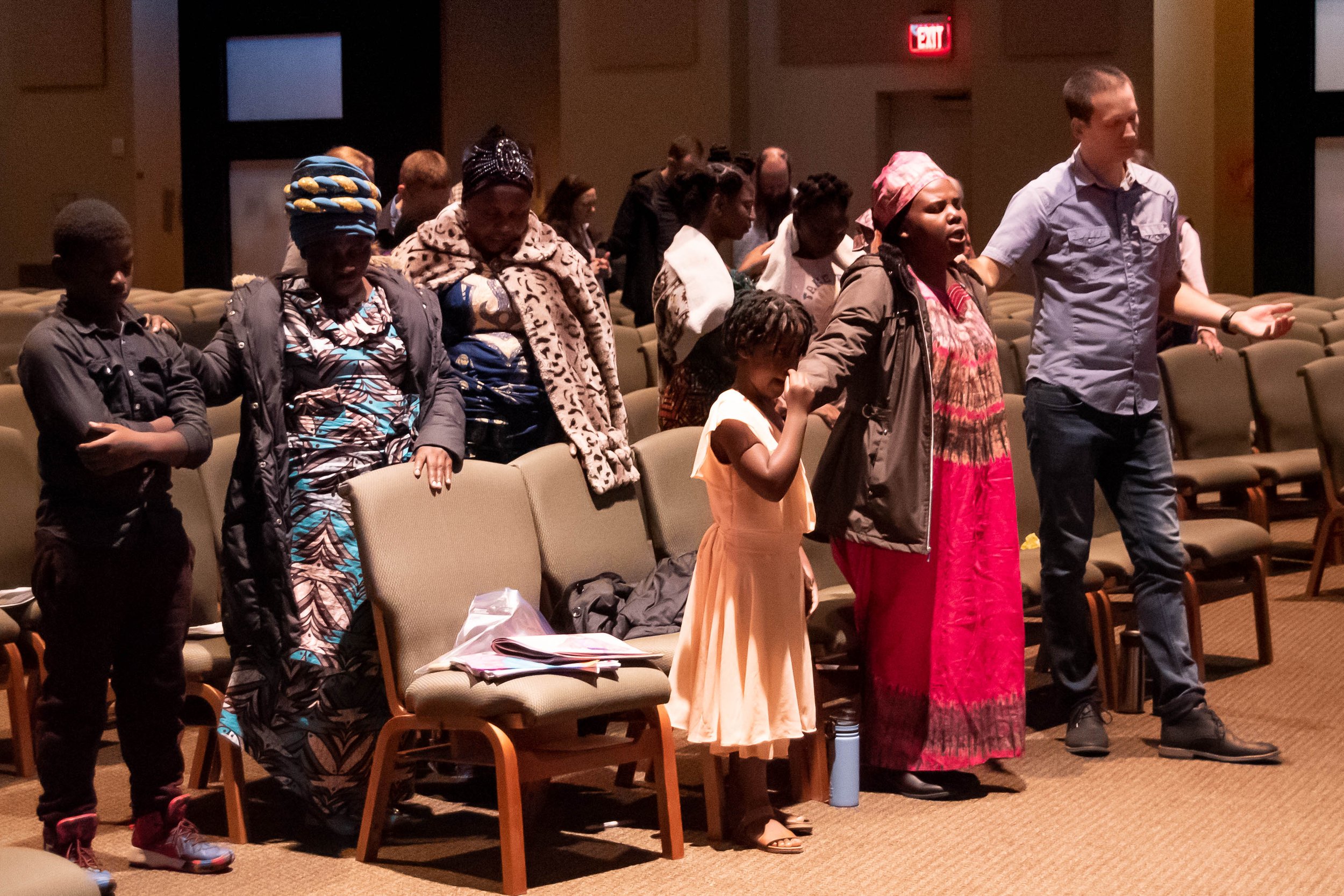
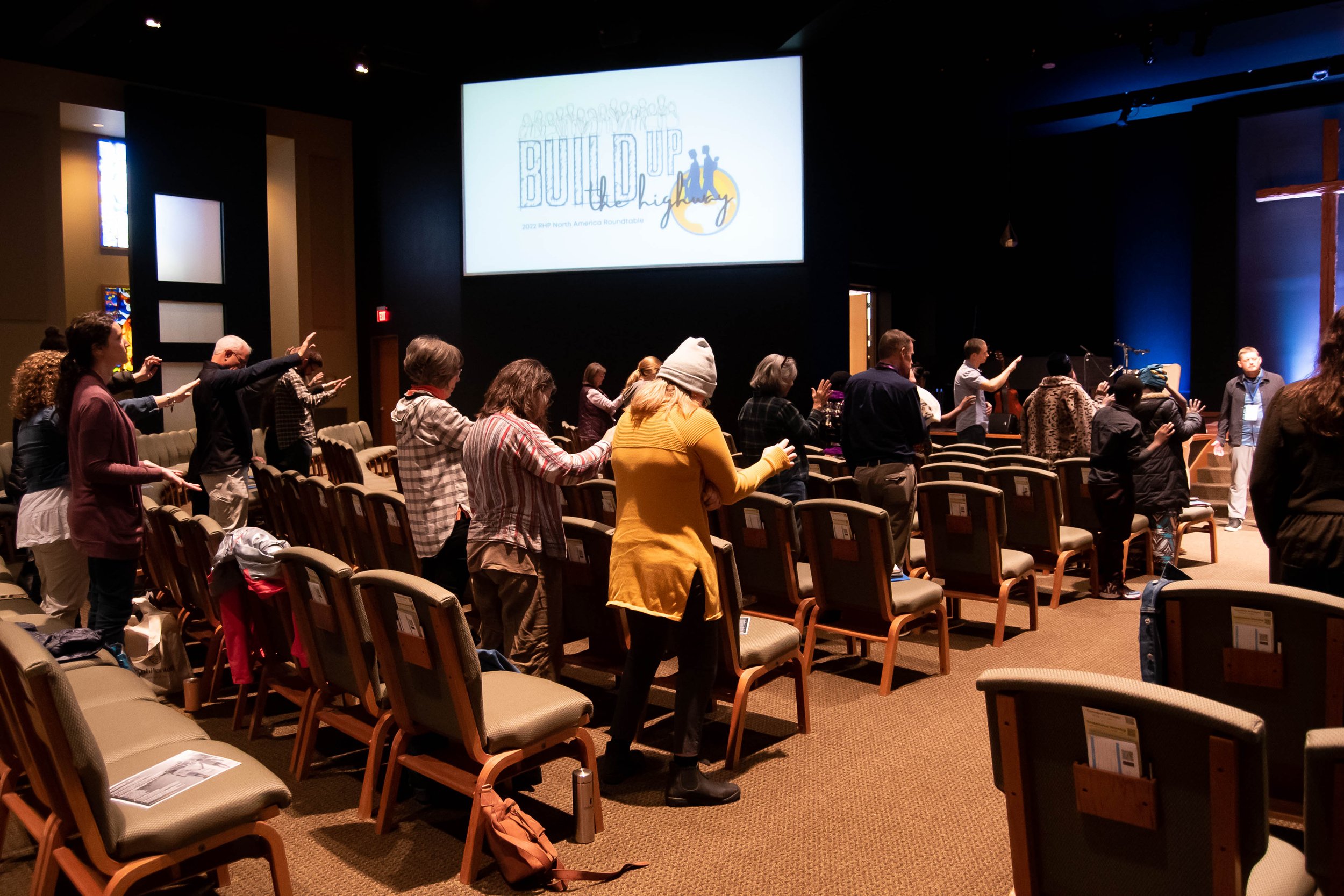
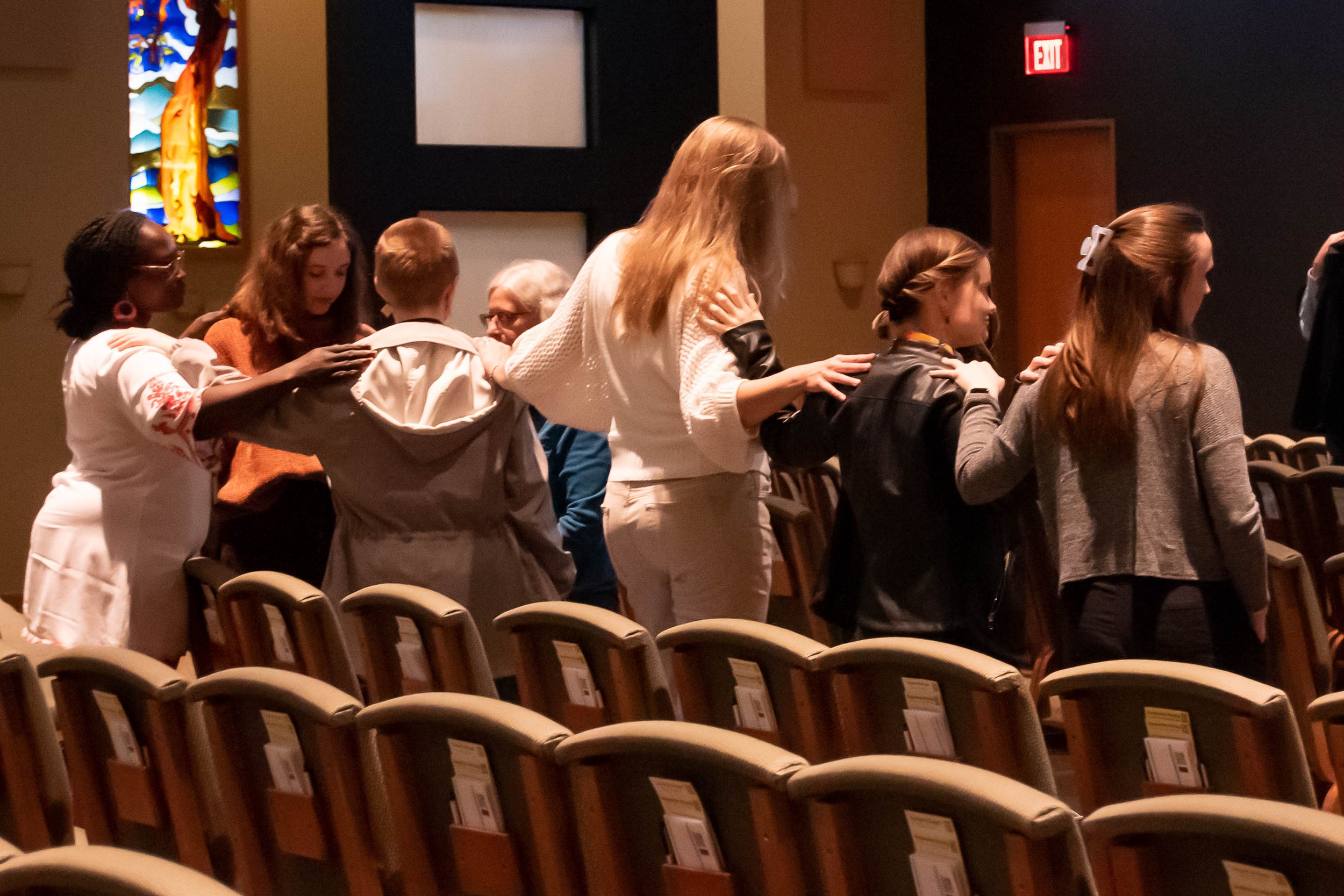
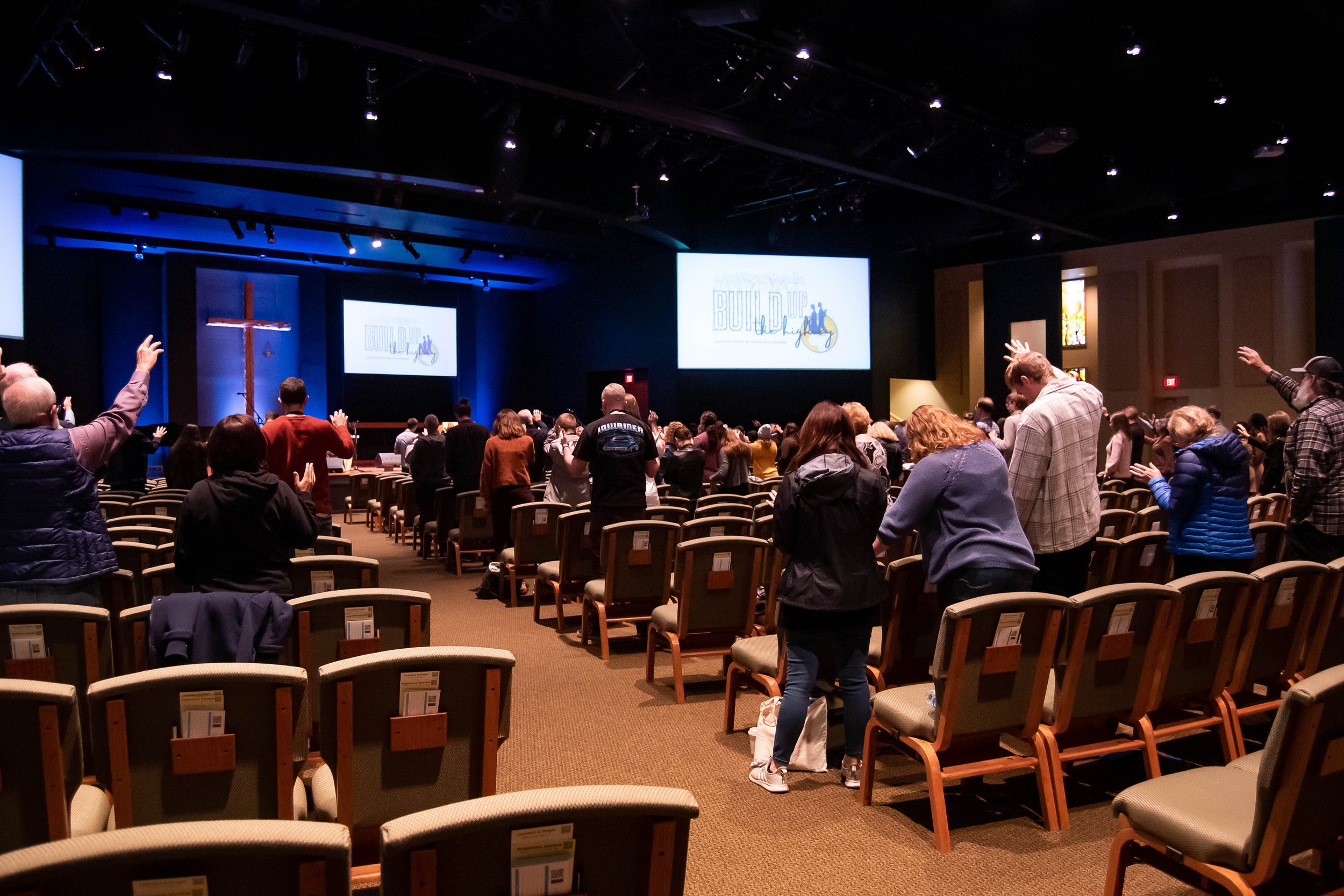
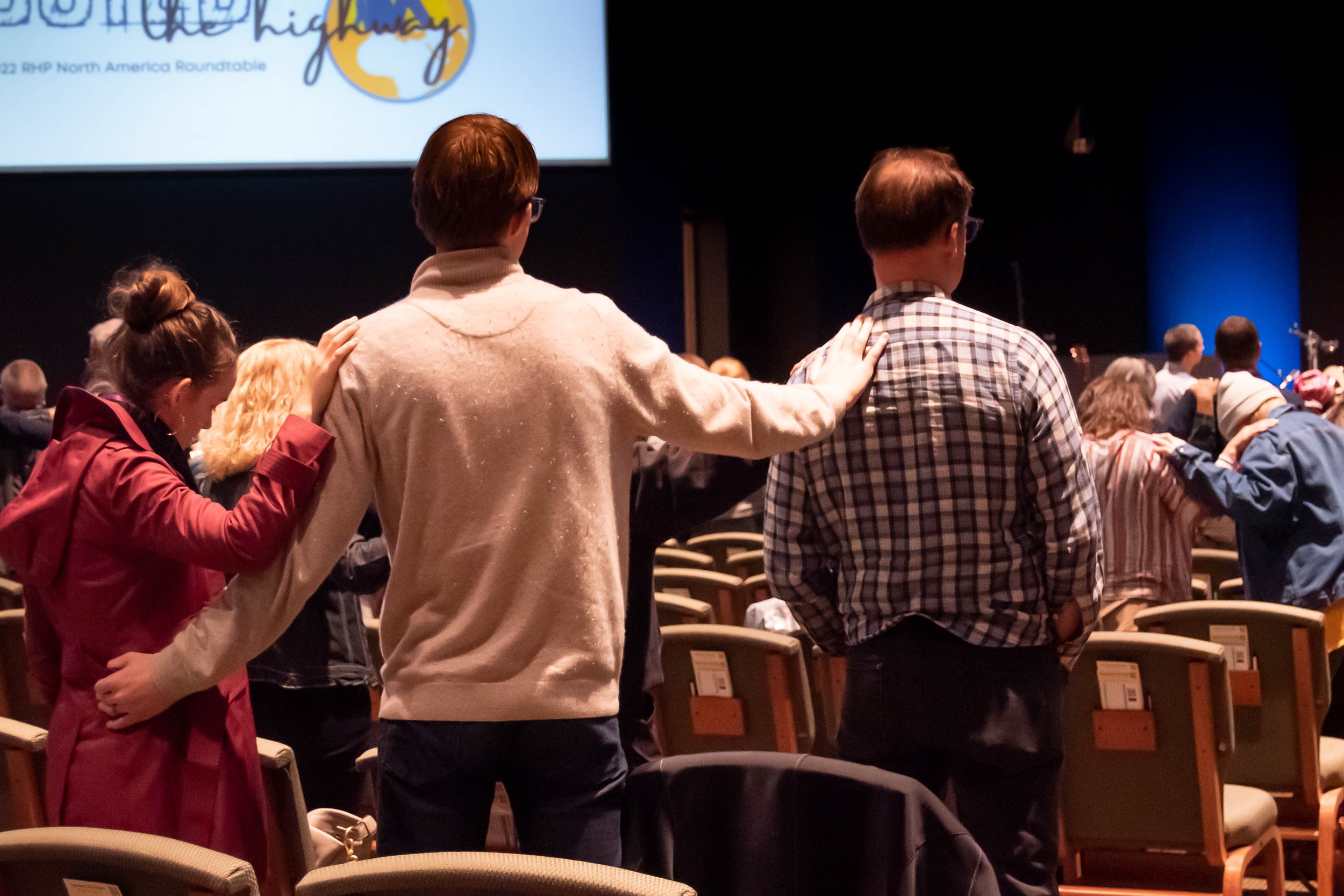


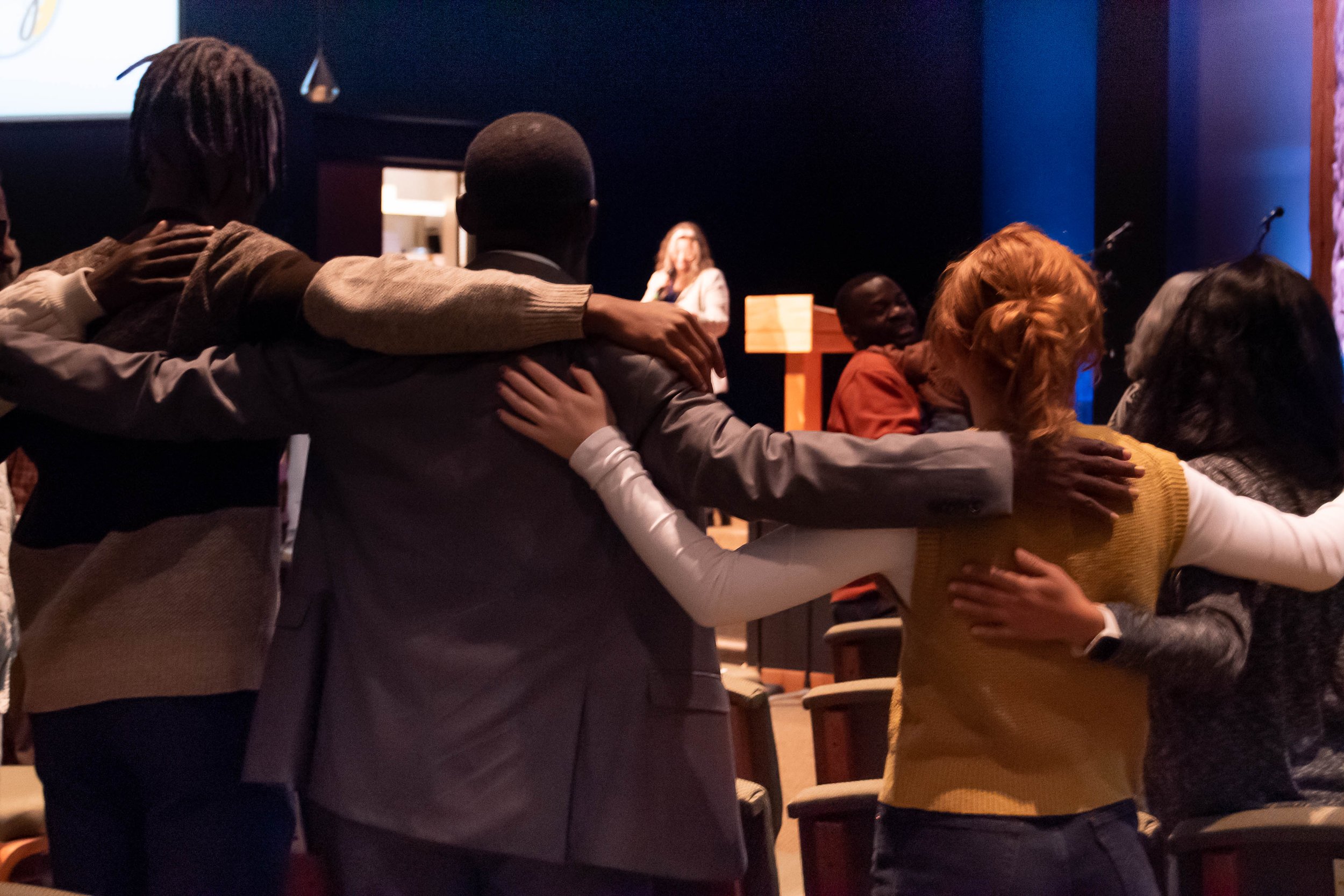
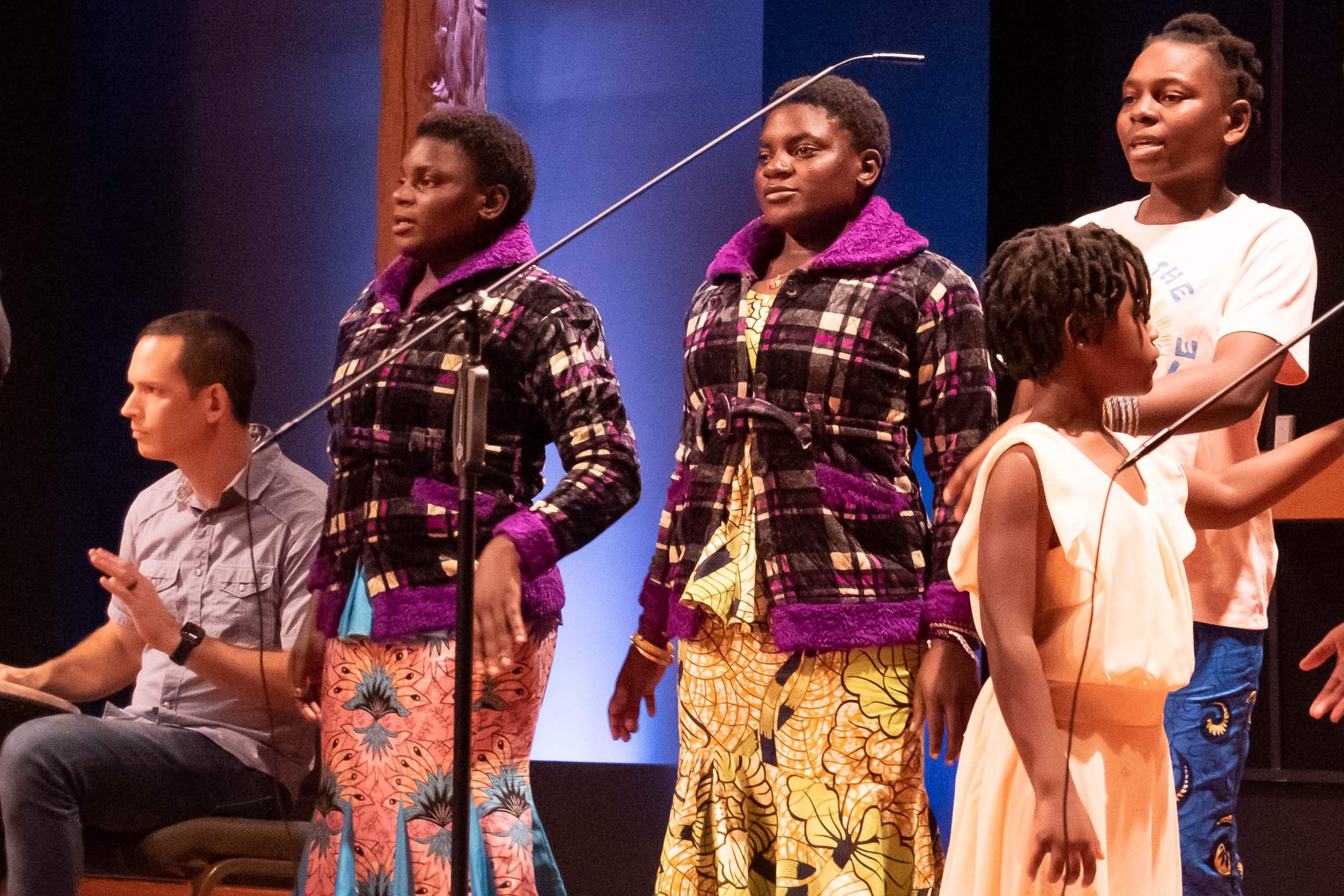
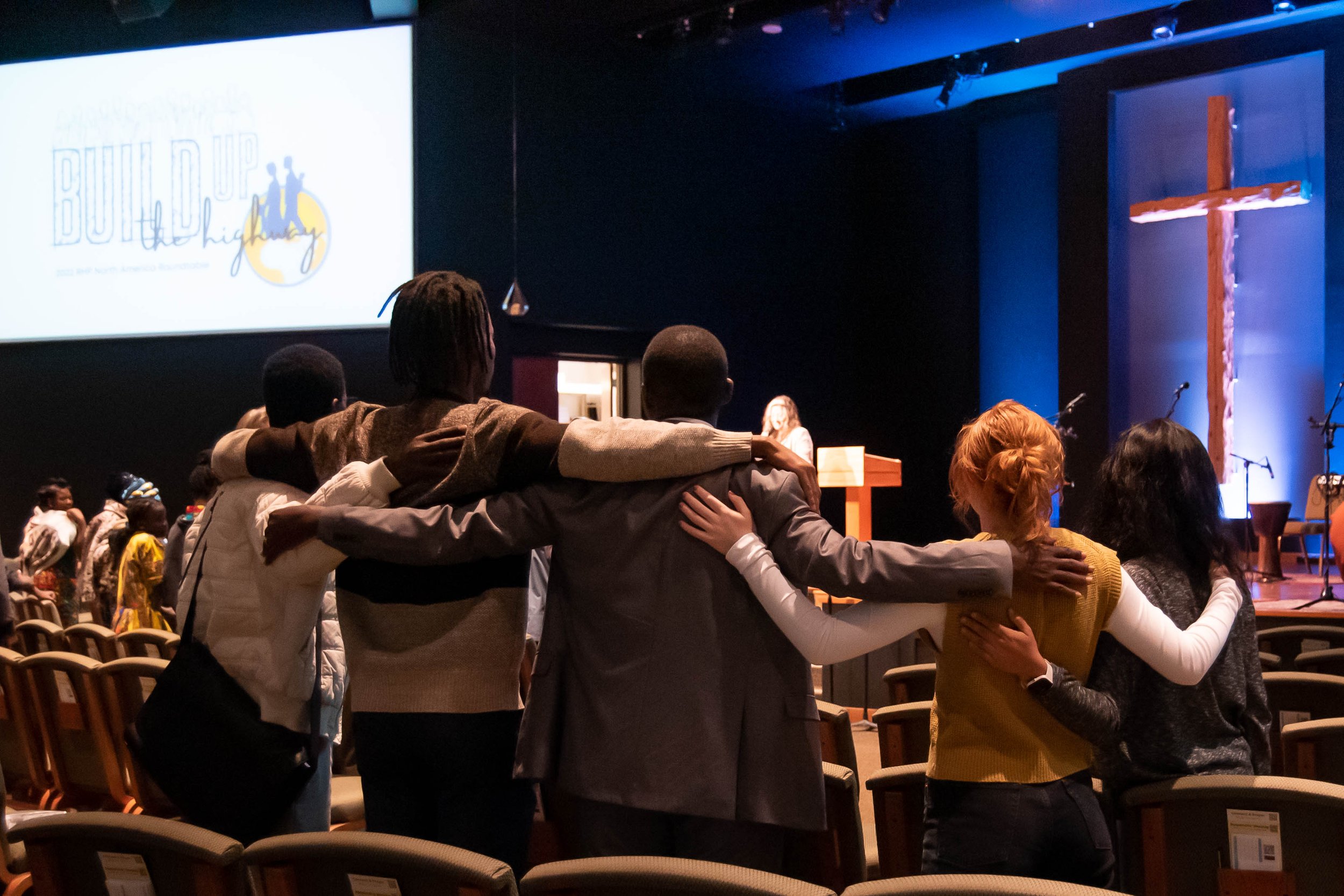
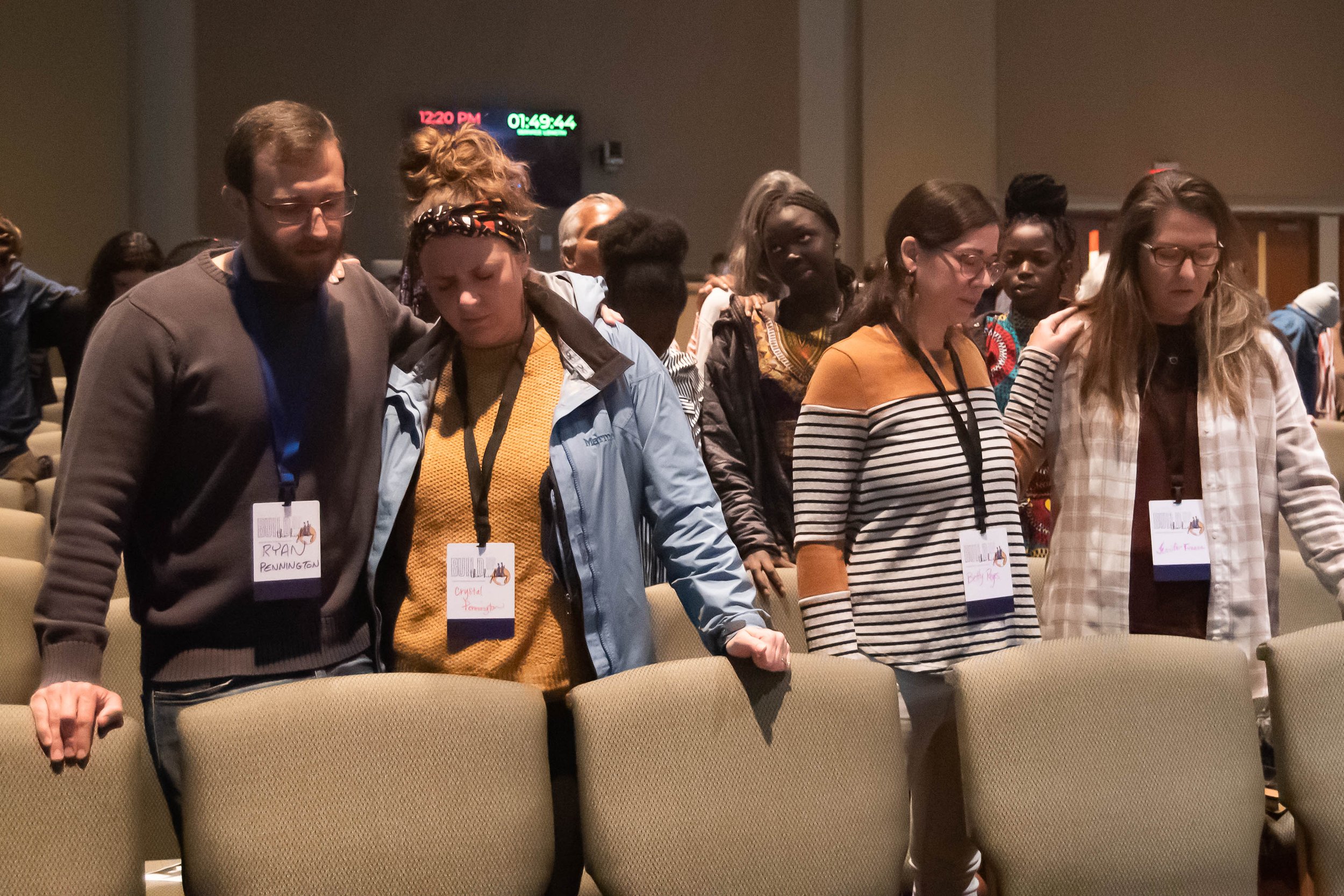
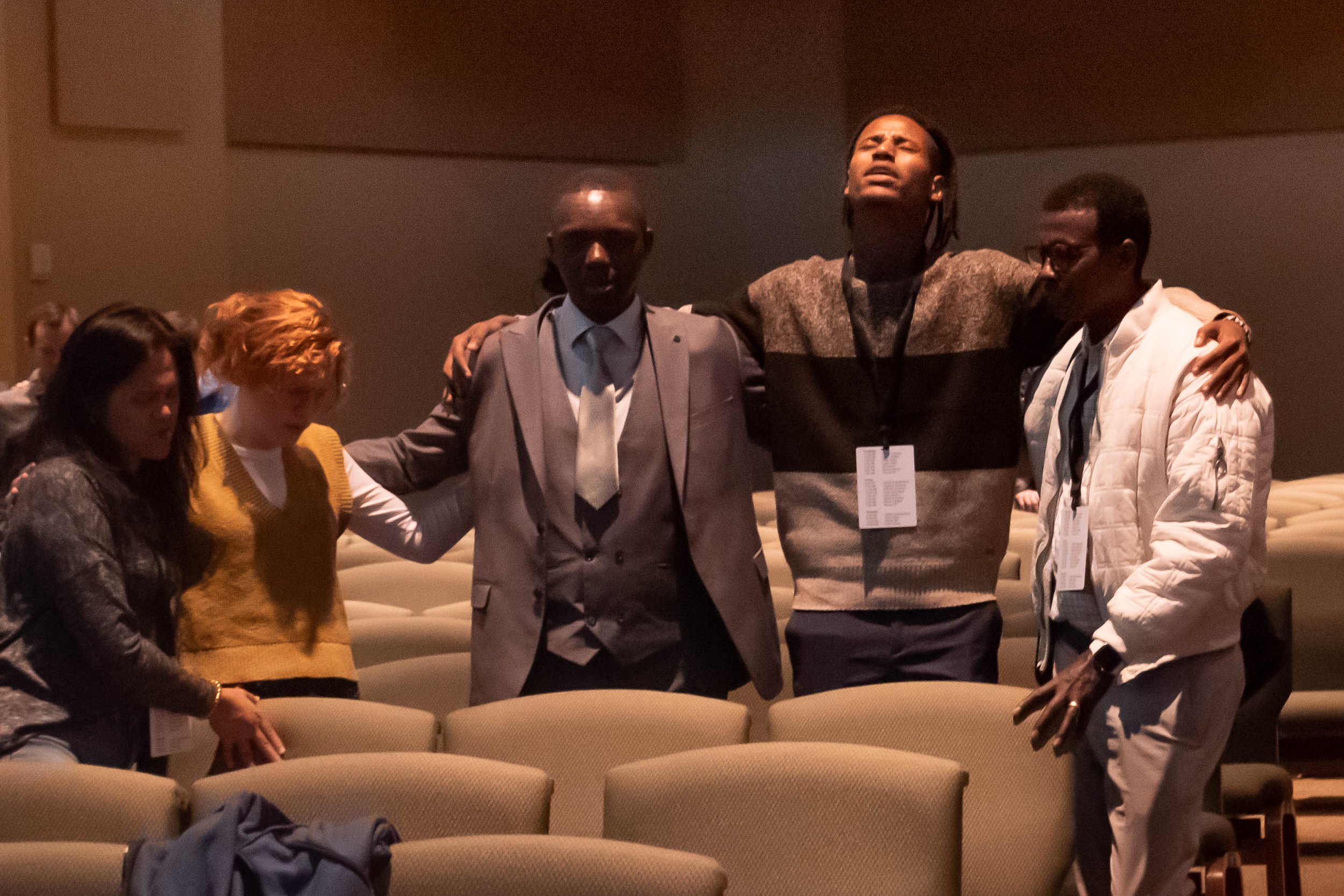
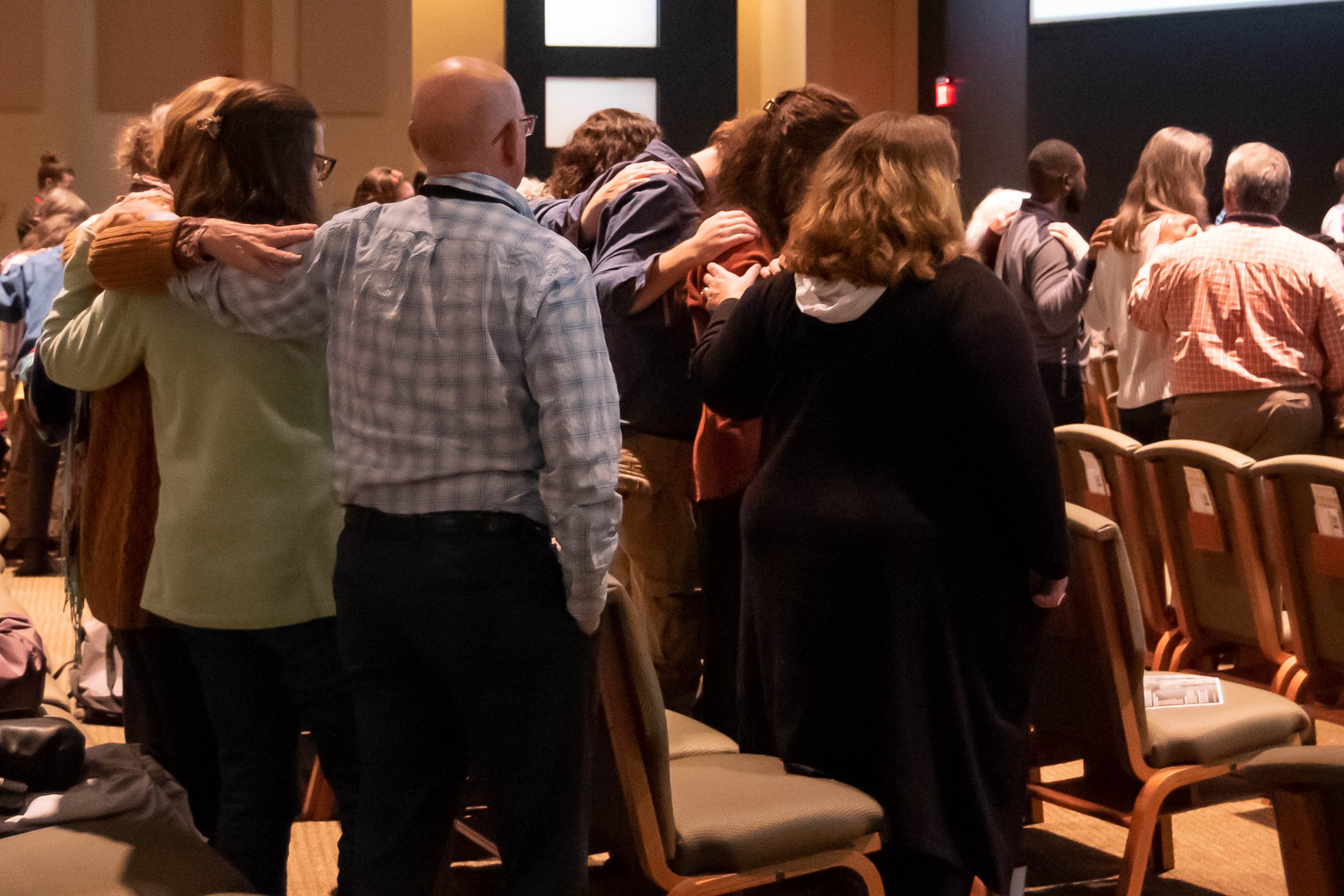
Days 1-3 Misc Photos
Photo credits: James Metelak (Instagram @privetfotog)


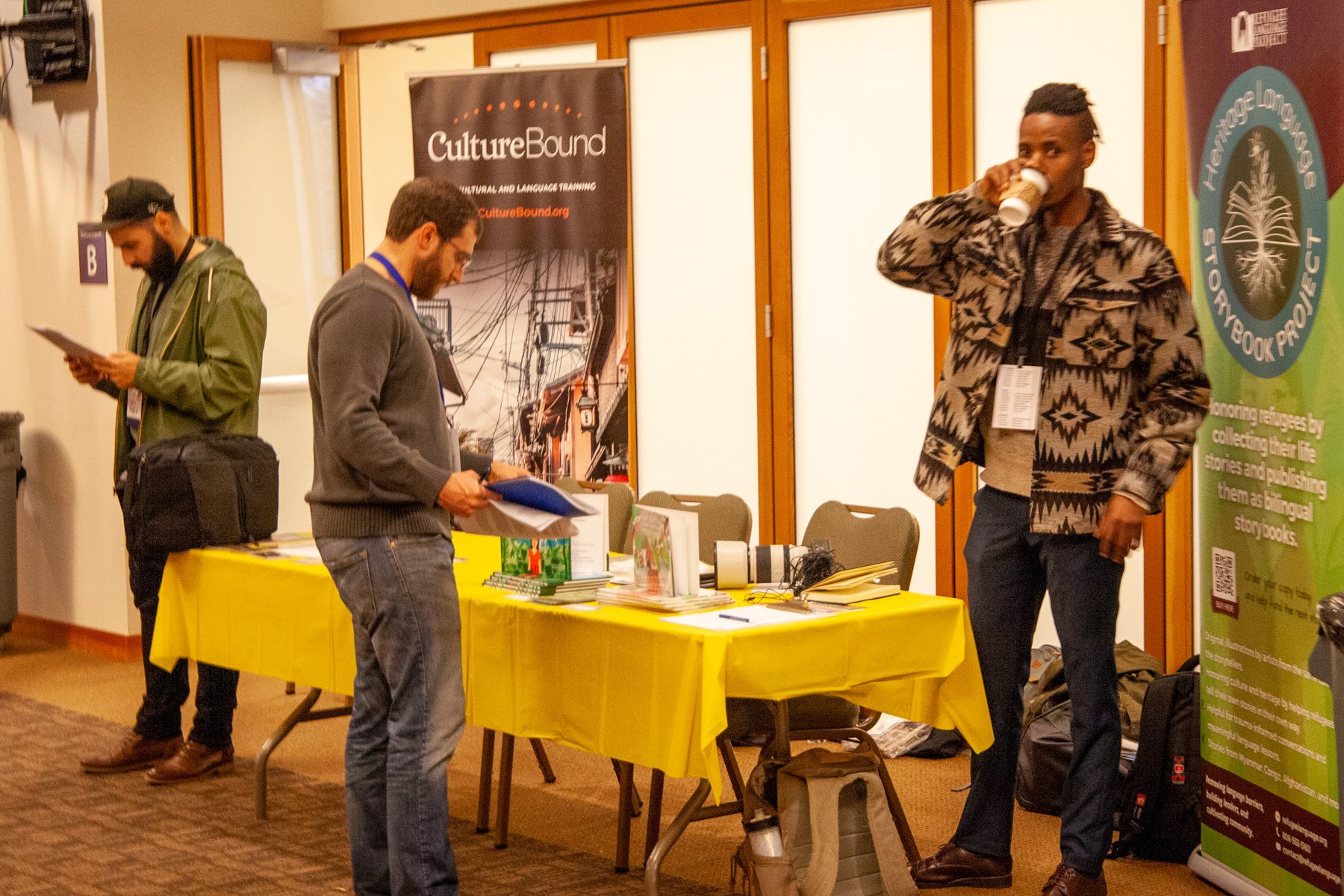
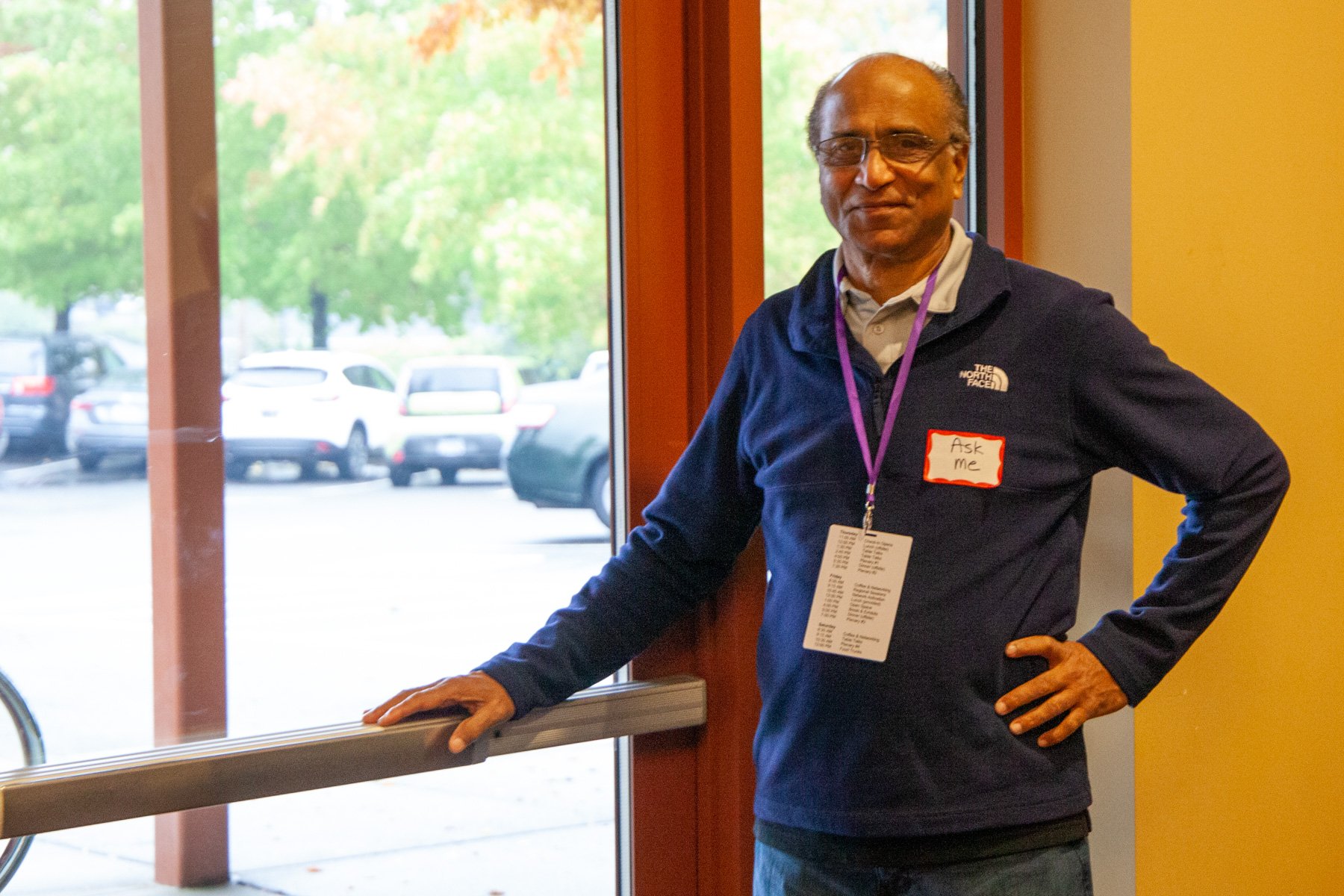
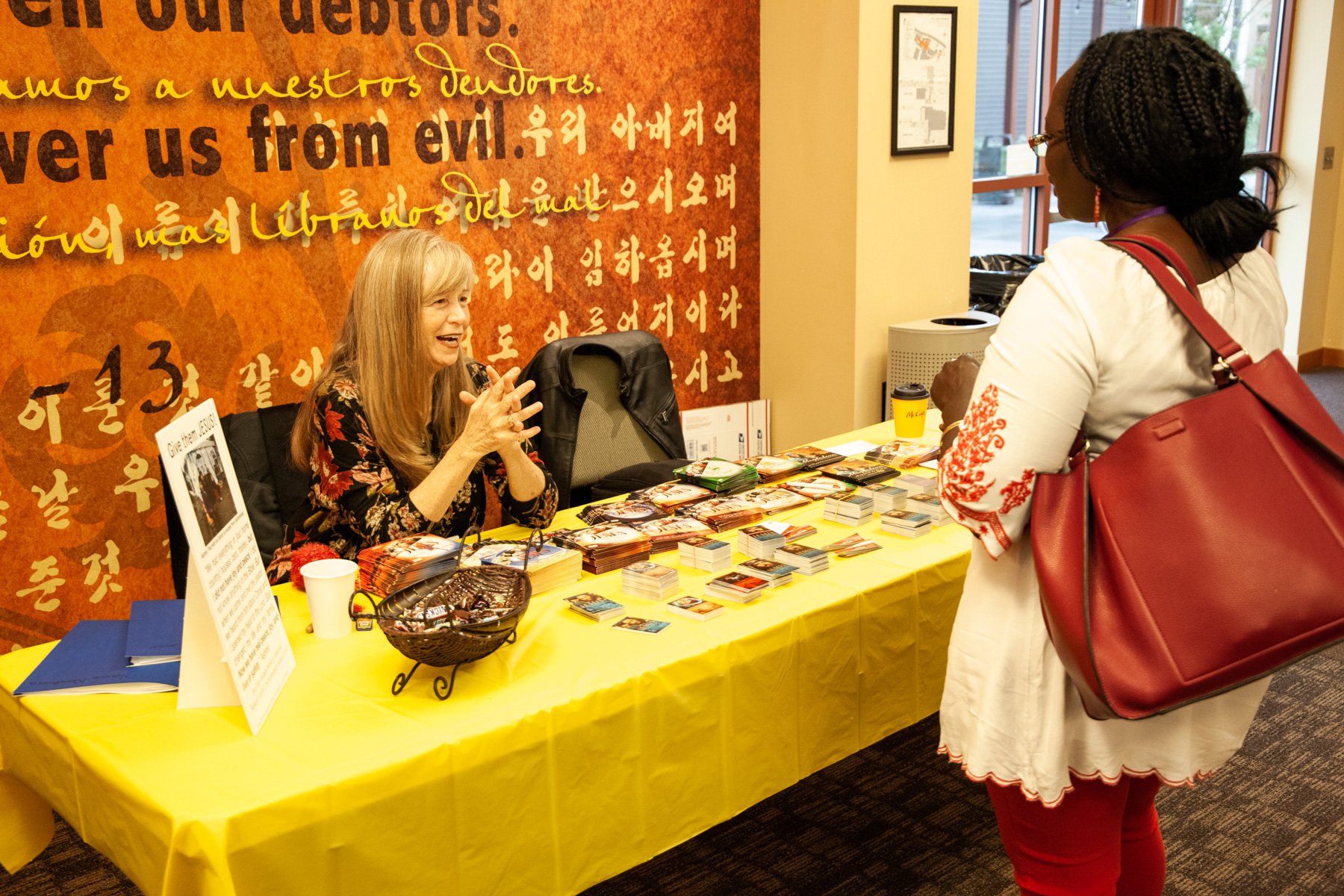
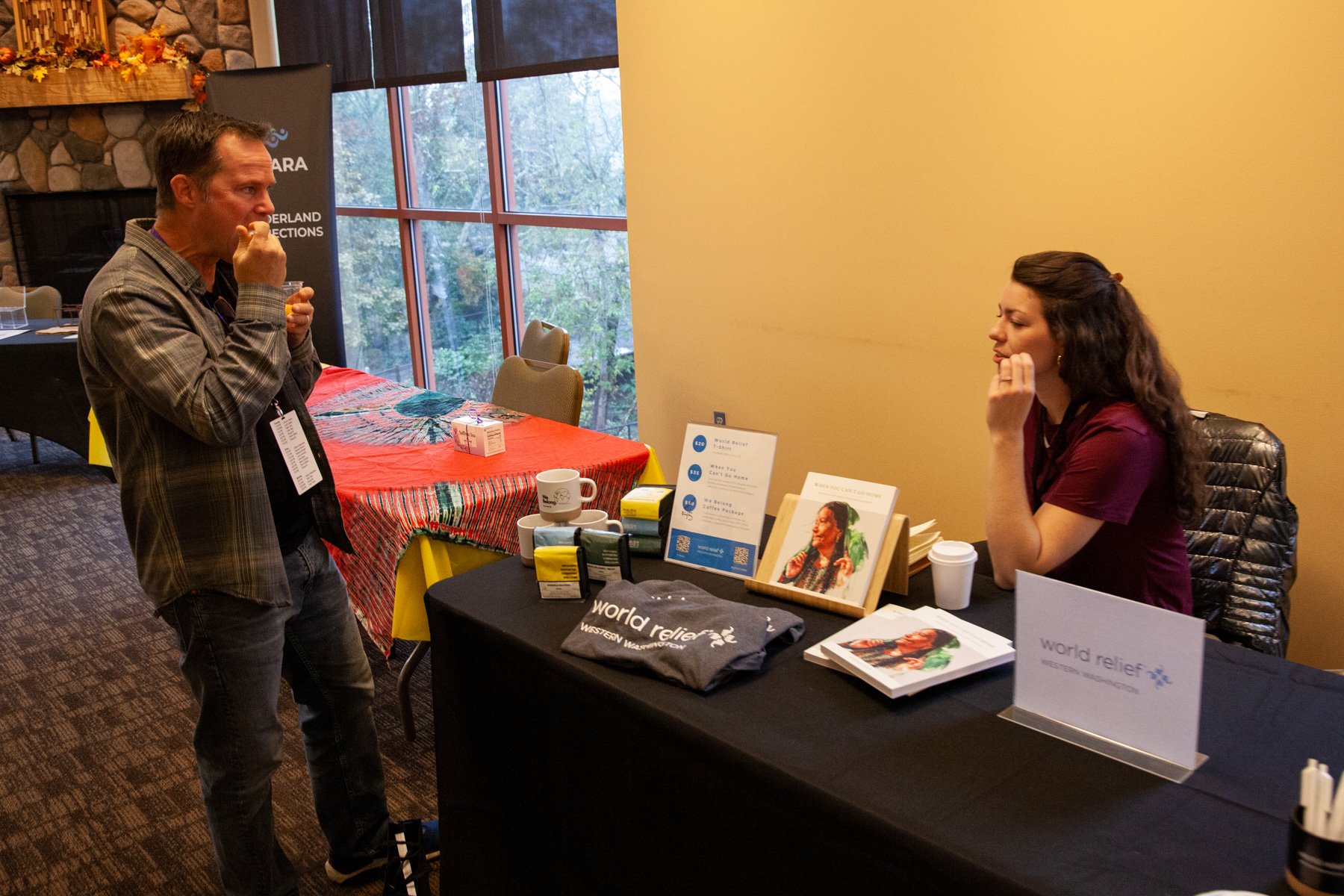
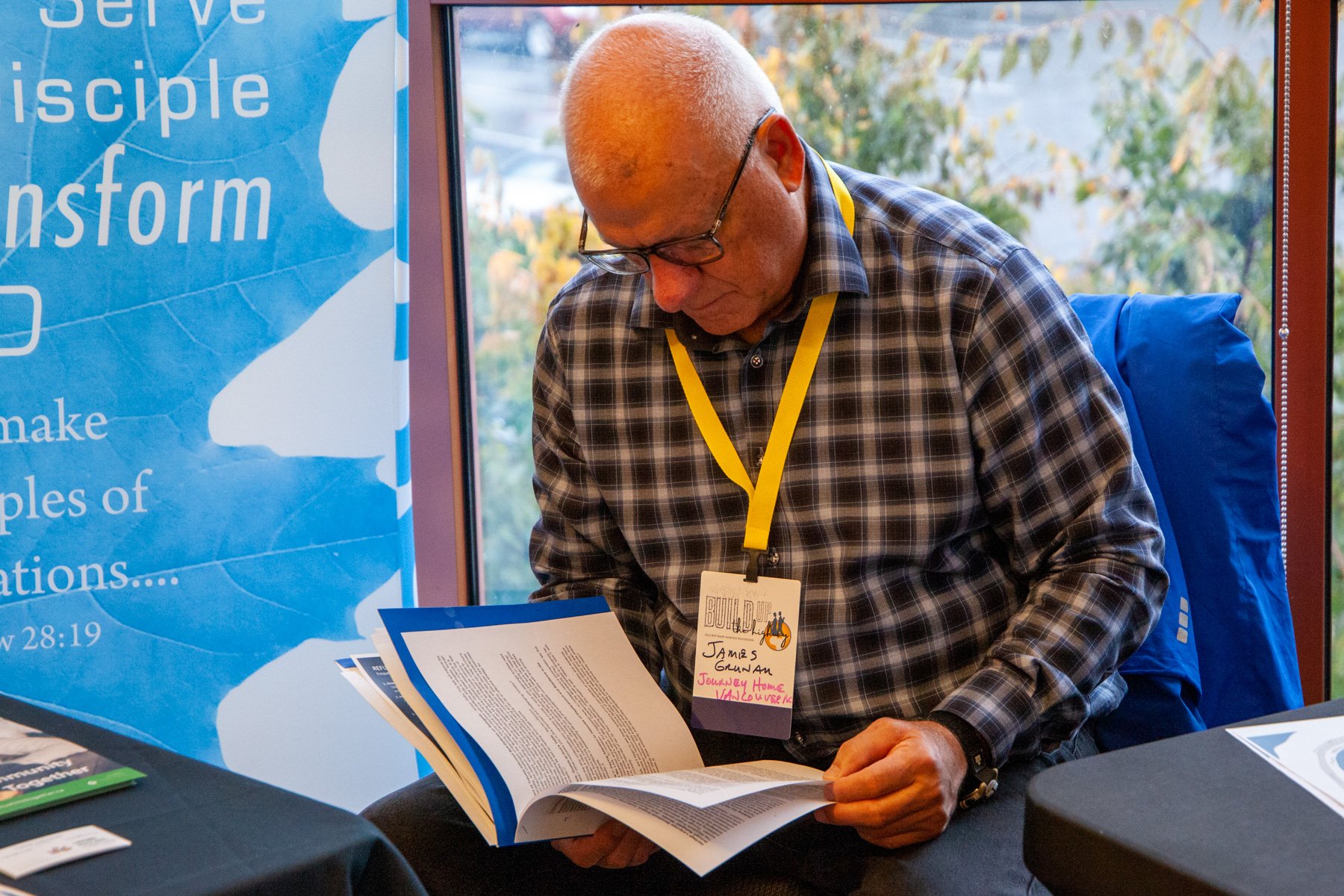

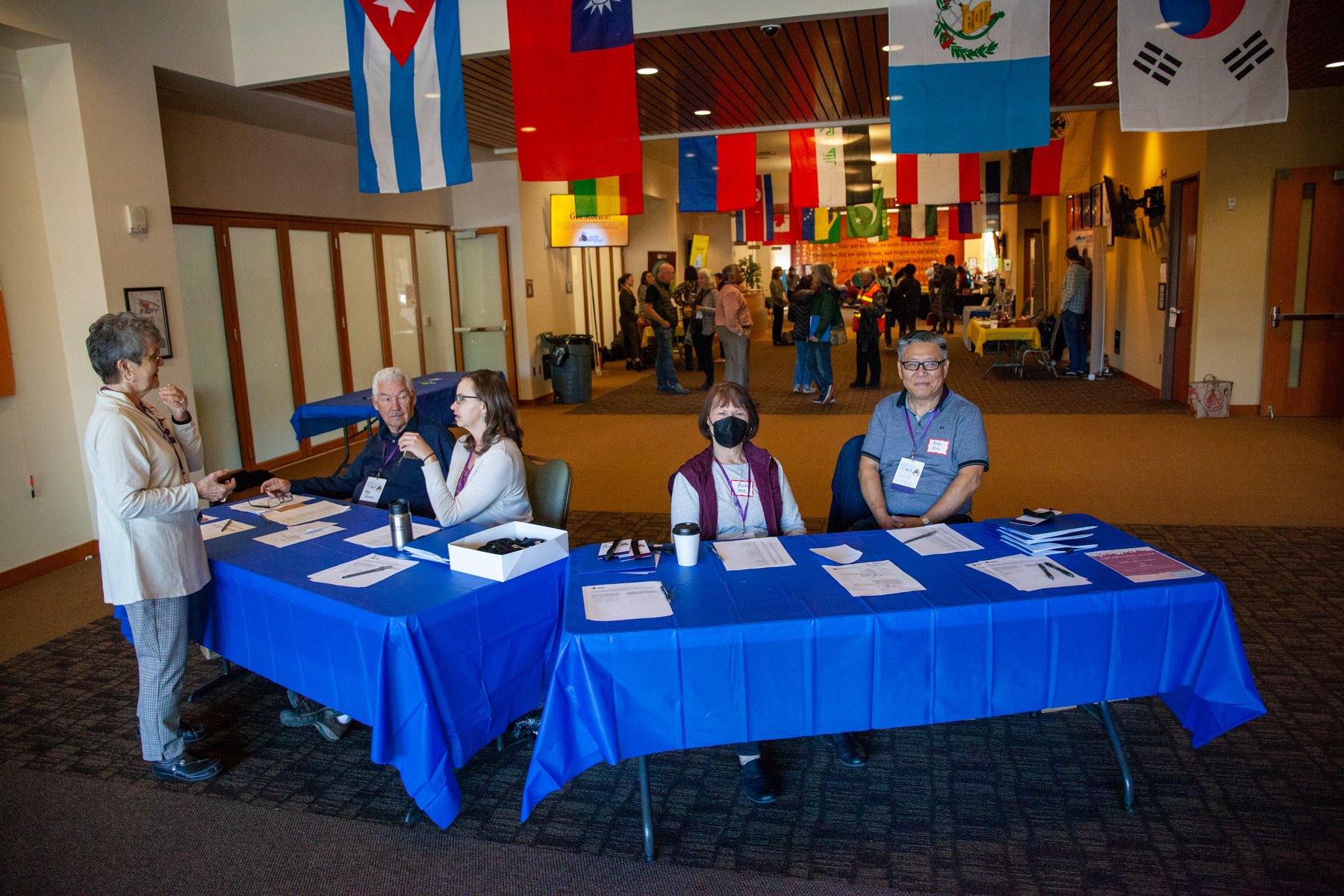
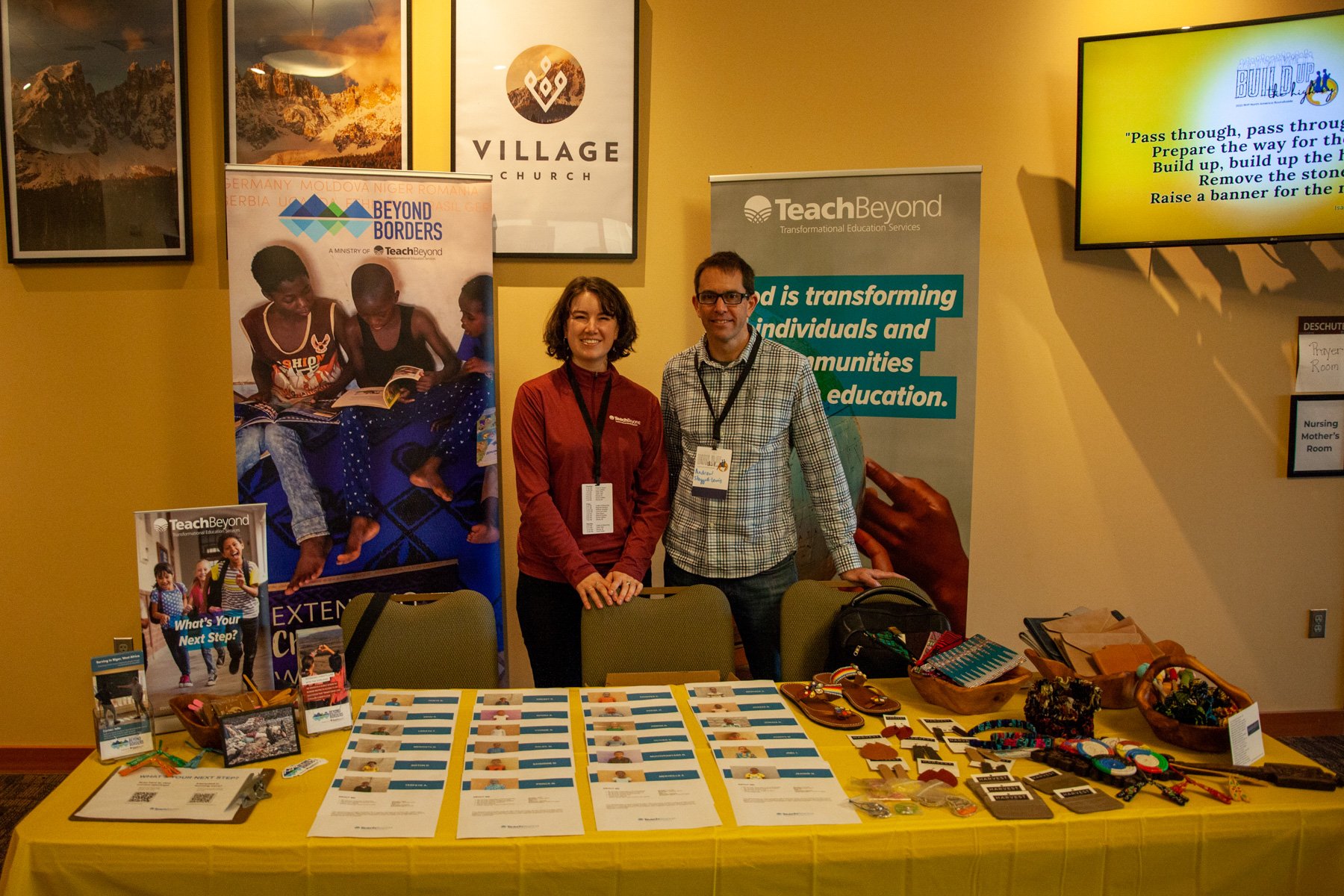

Exhibitors Photos
Photo credits: Brenda Webb (Instagram @BrendaMooreWebb)
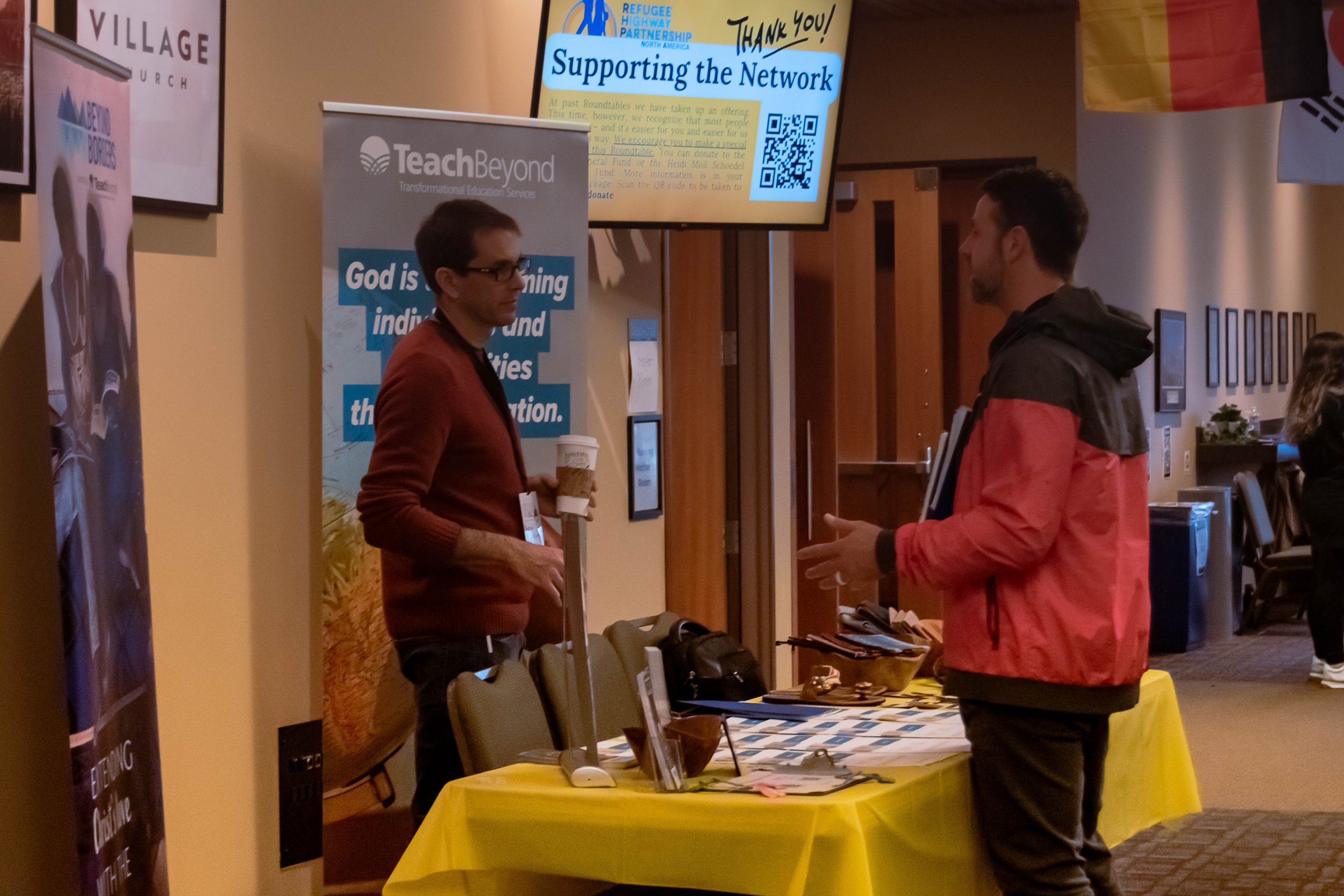
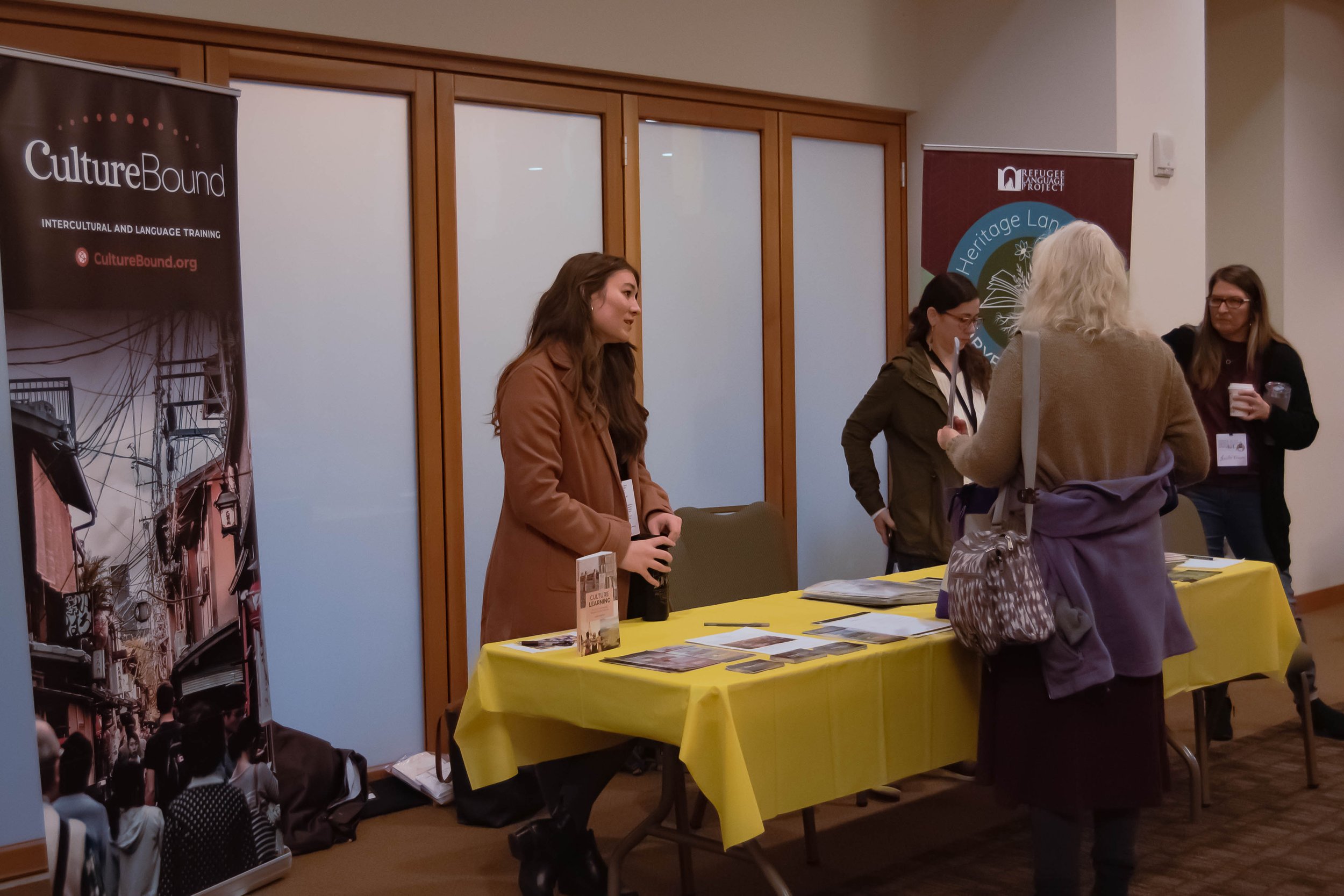
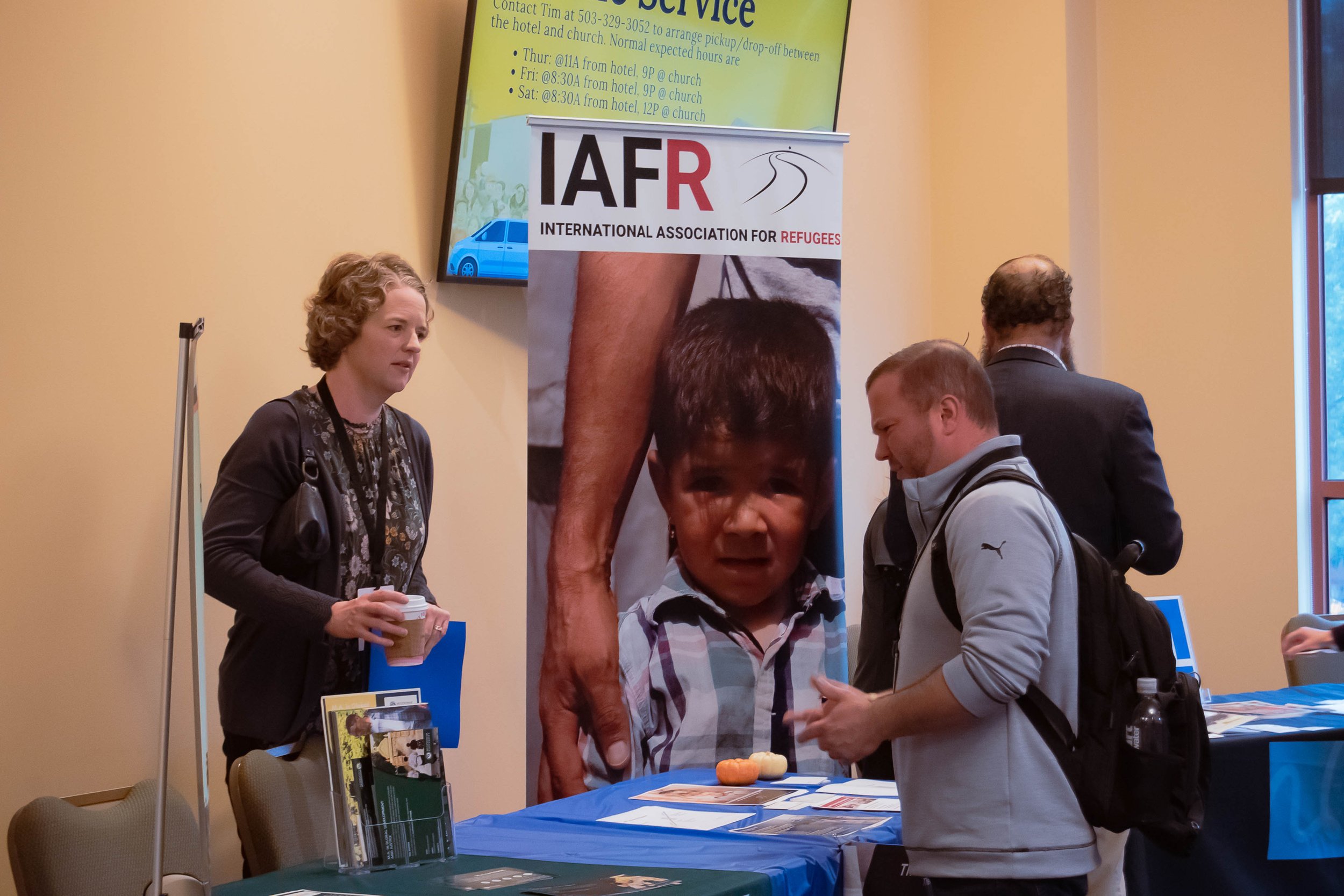
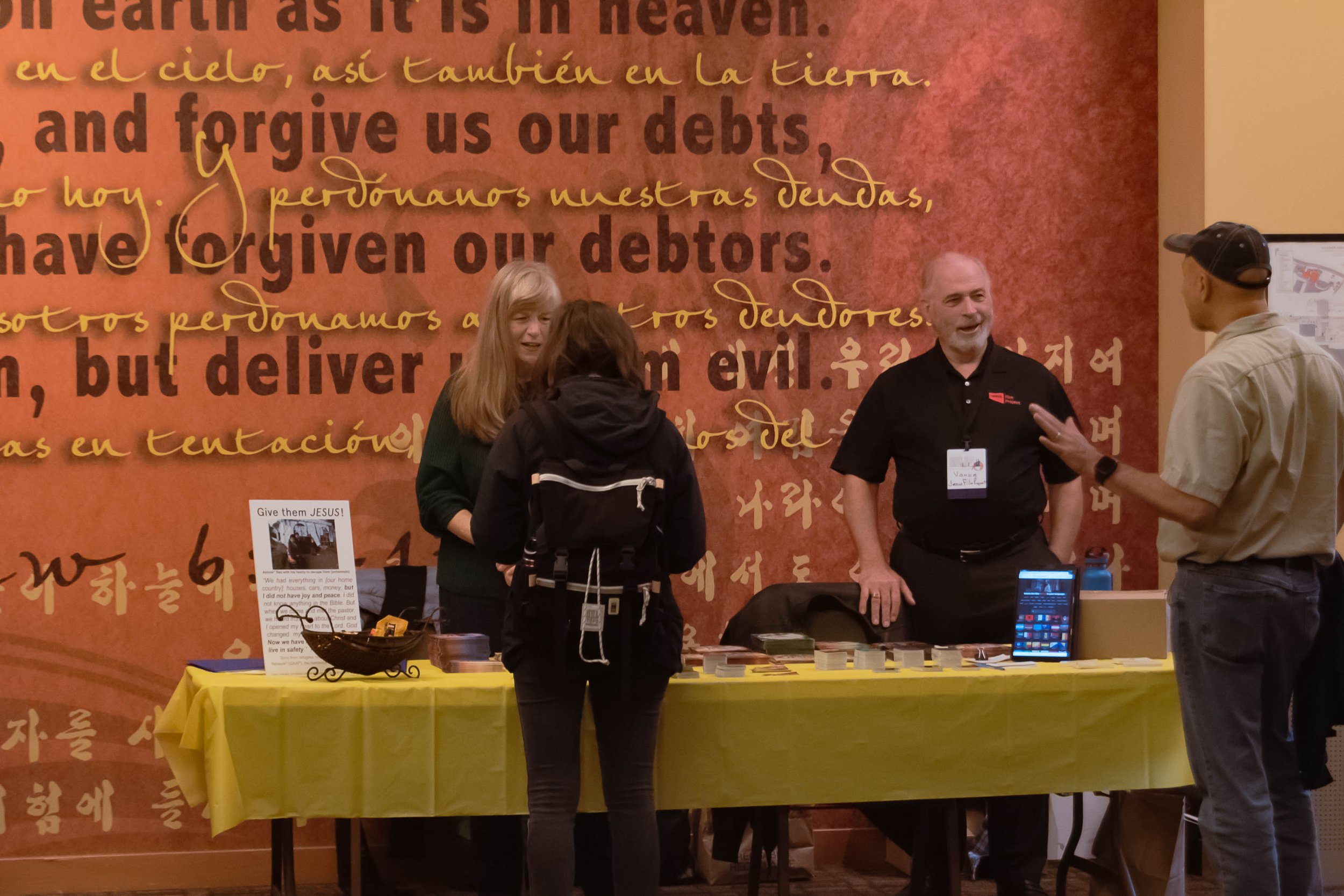

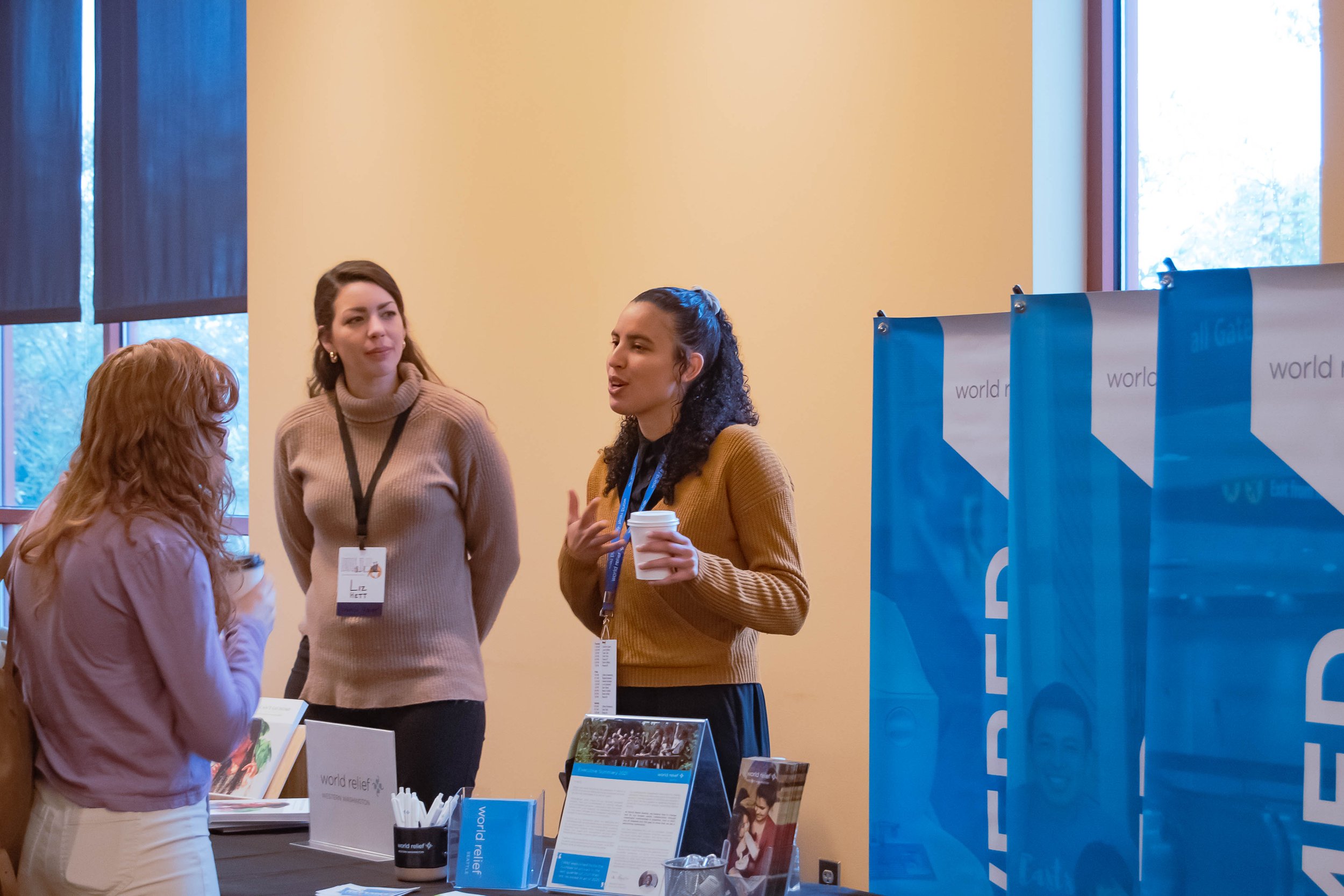
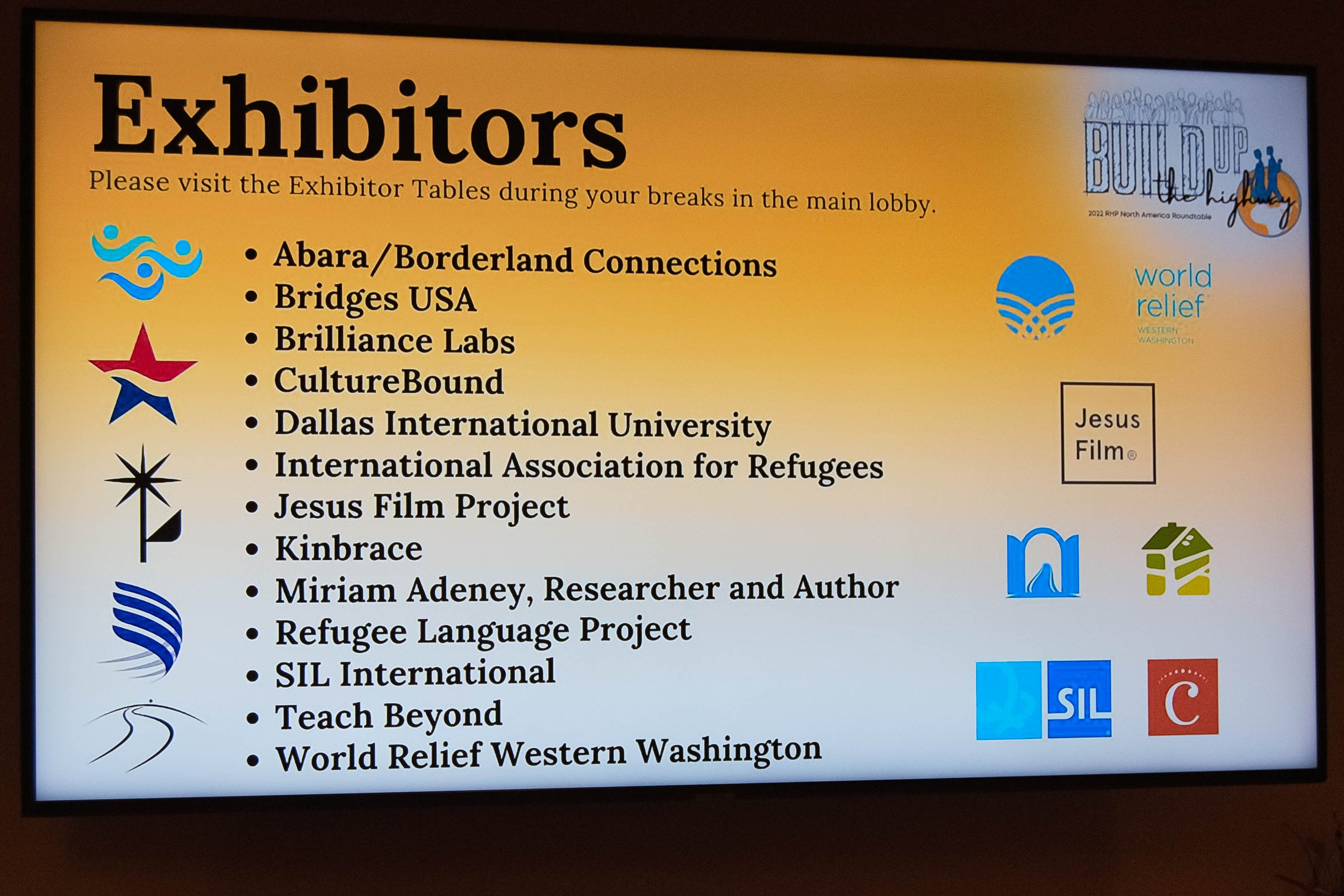
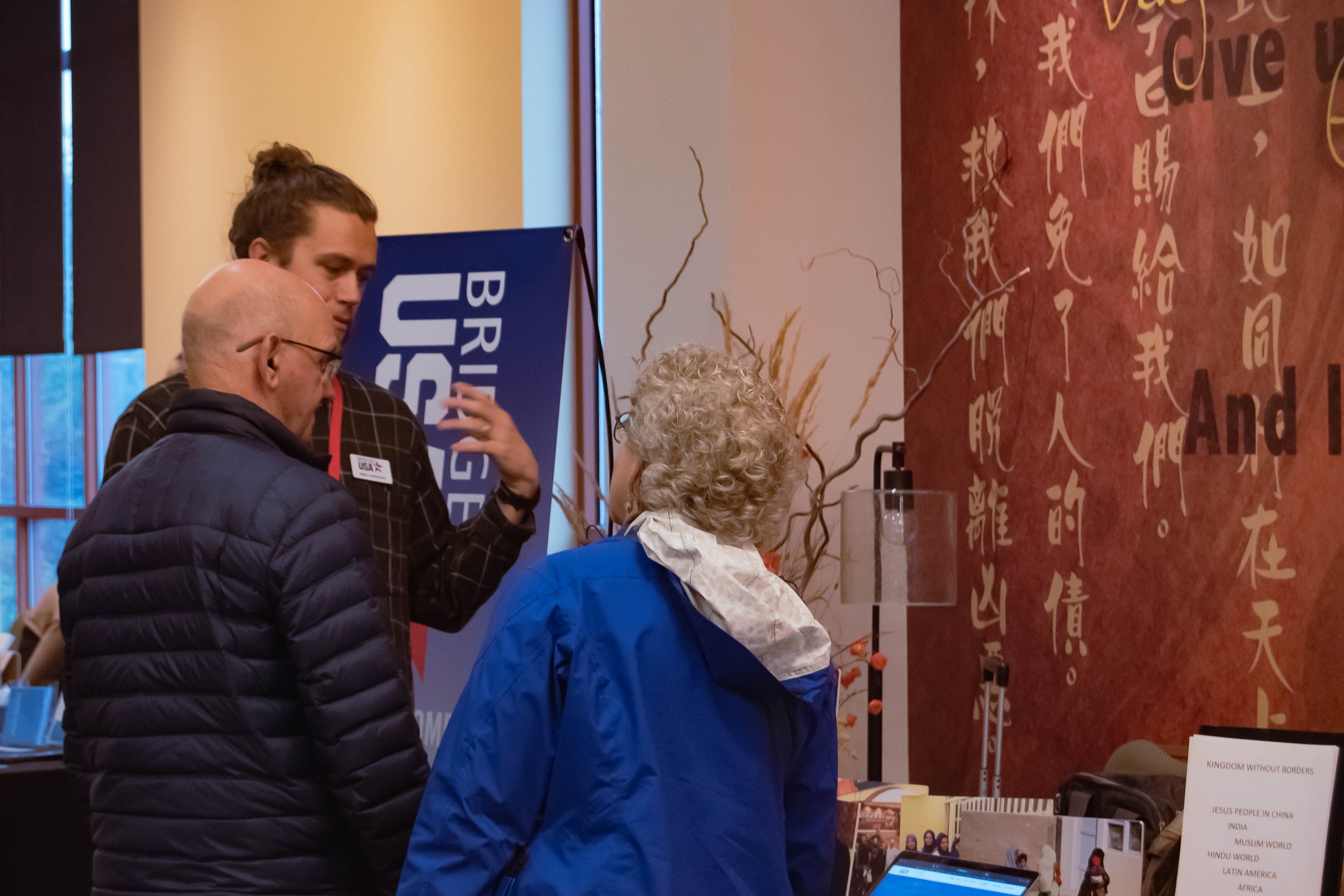
Prayer Alcoves
Photo credits: James Metelak (Instagram @privetfotog)
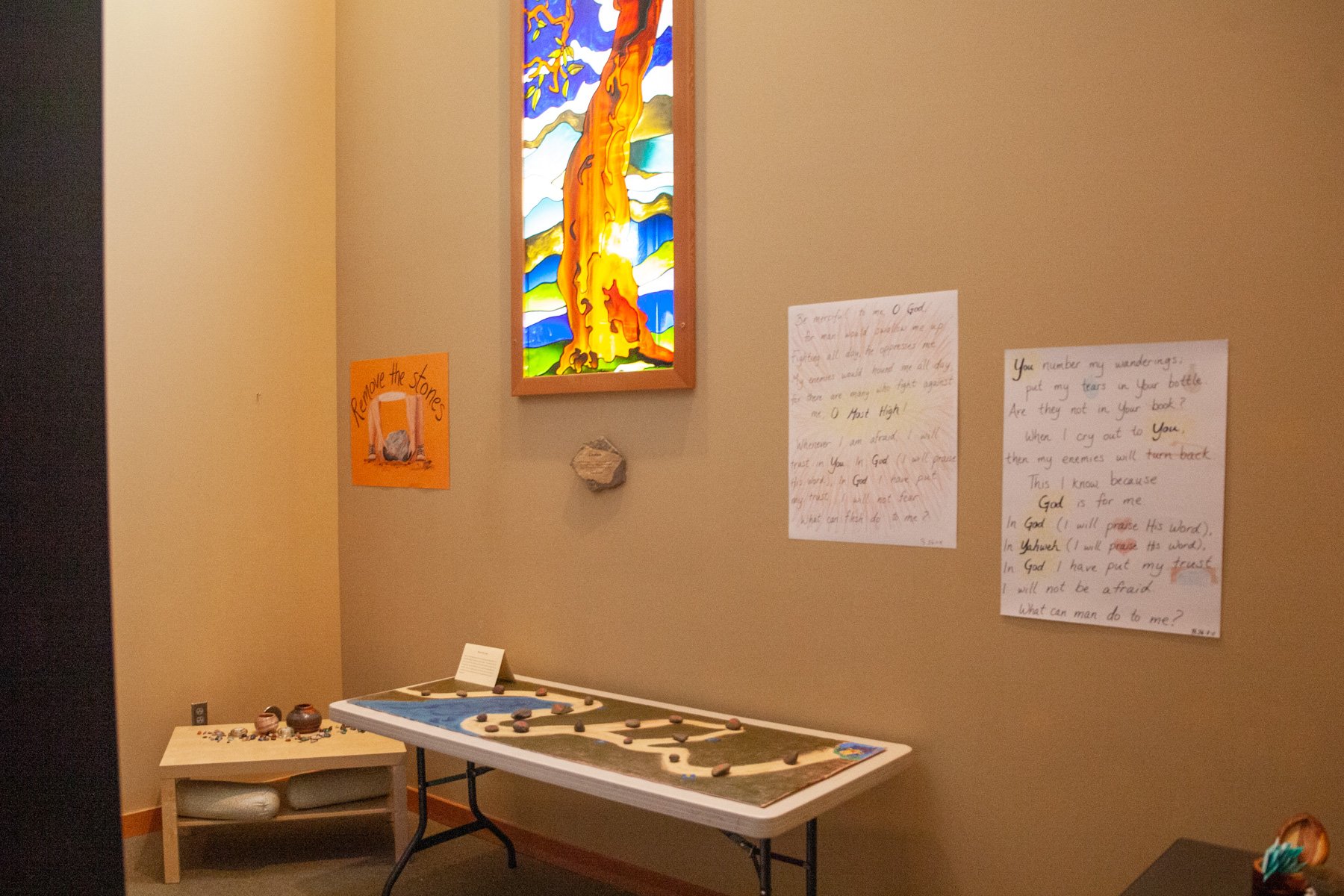
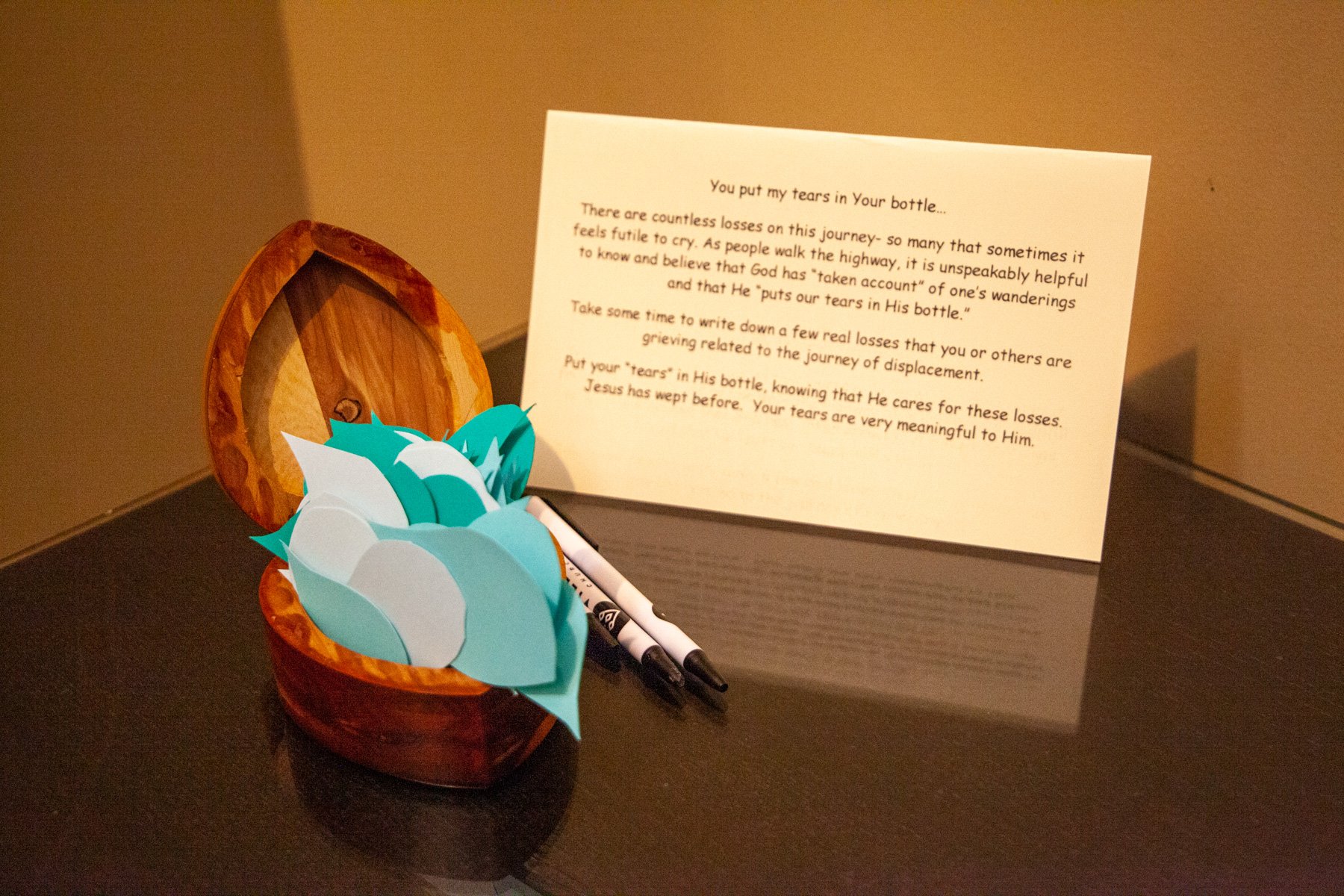
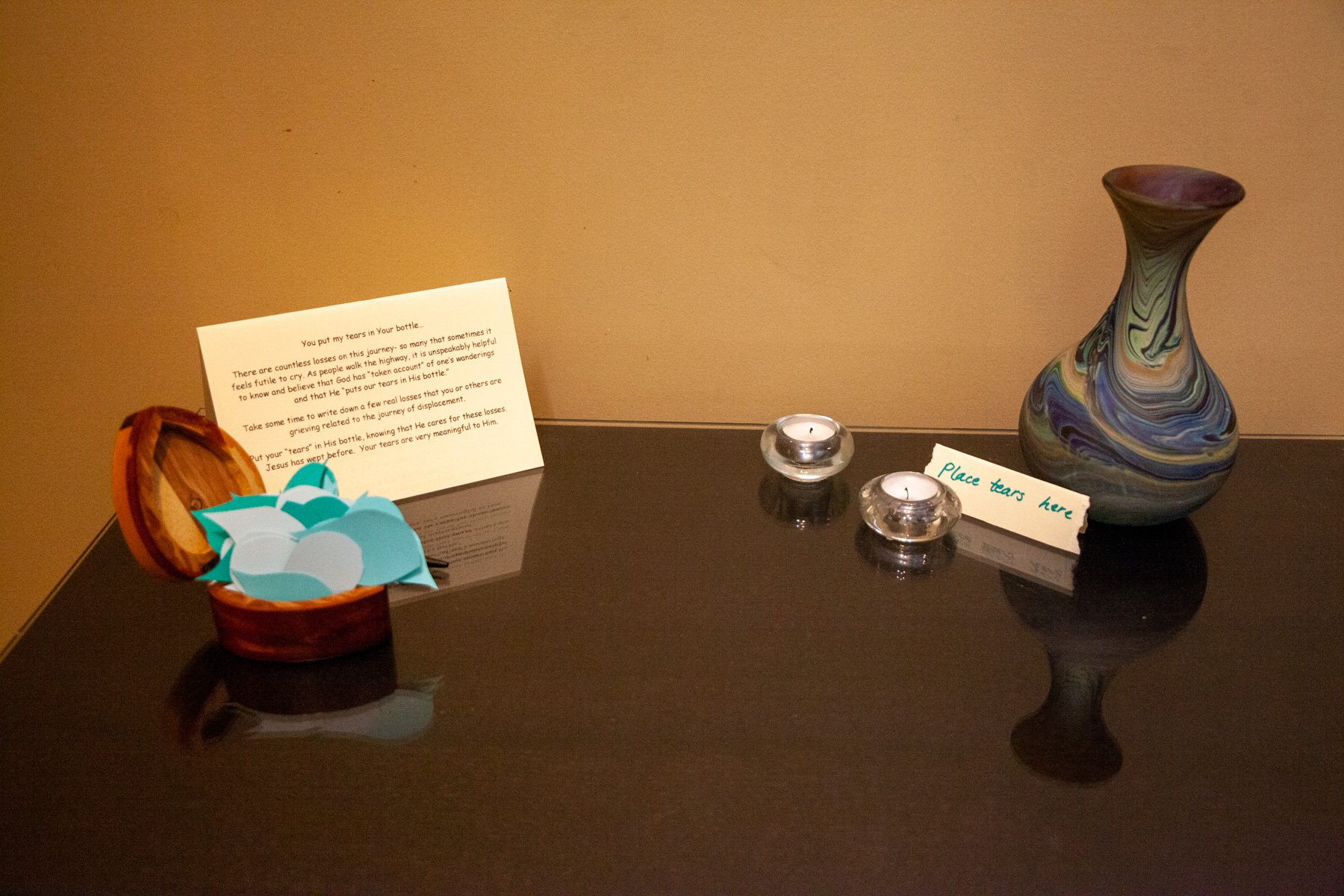
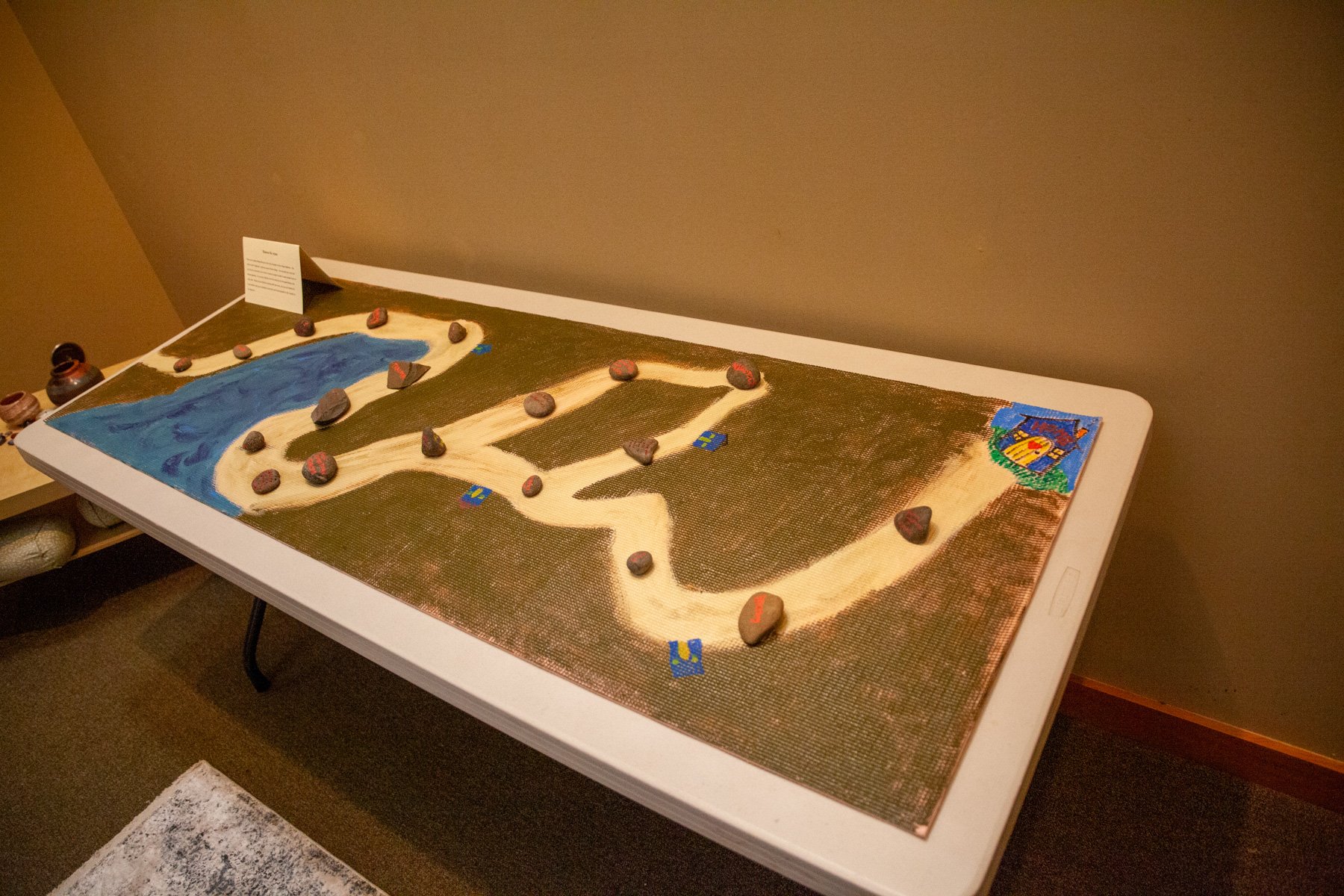
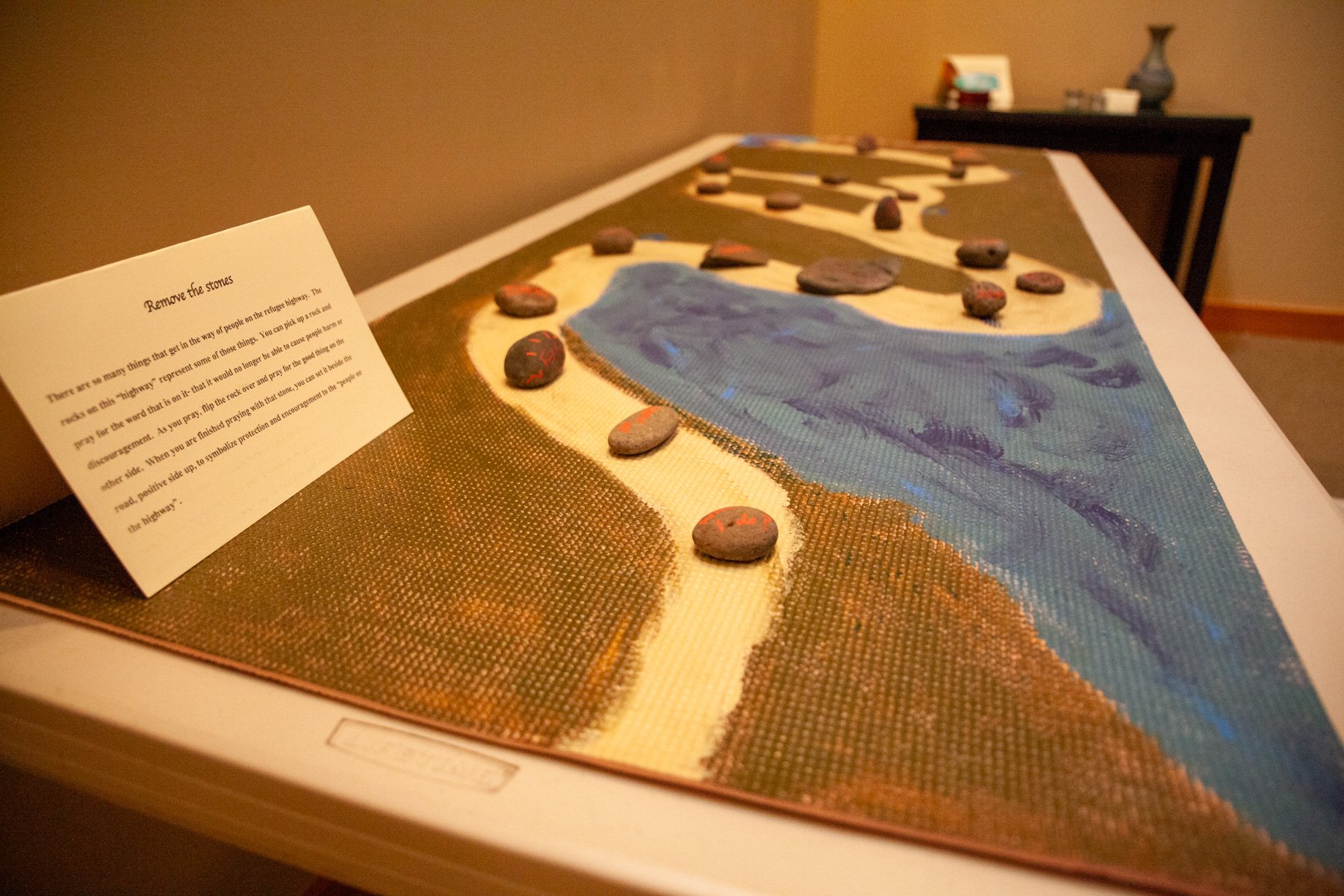
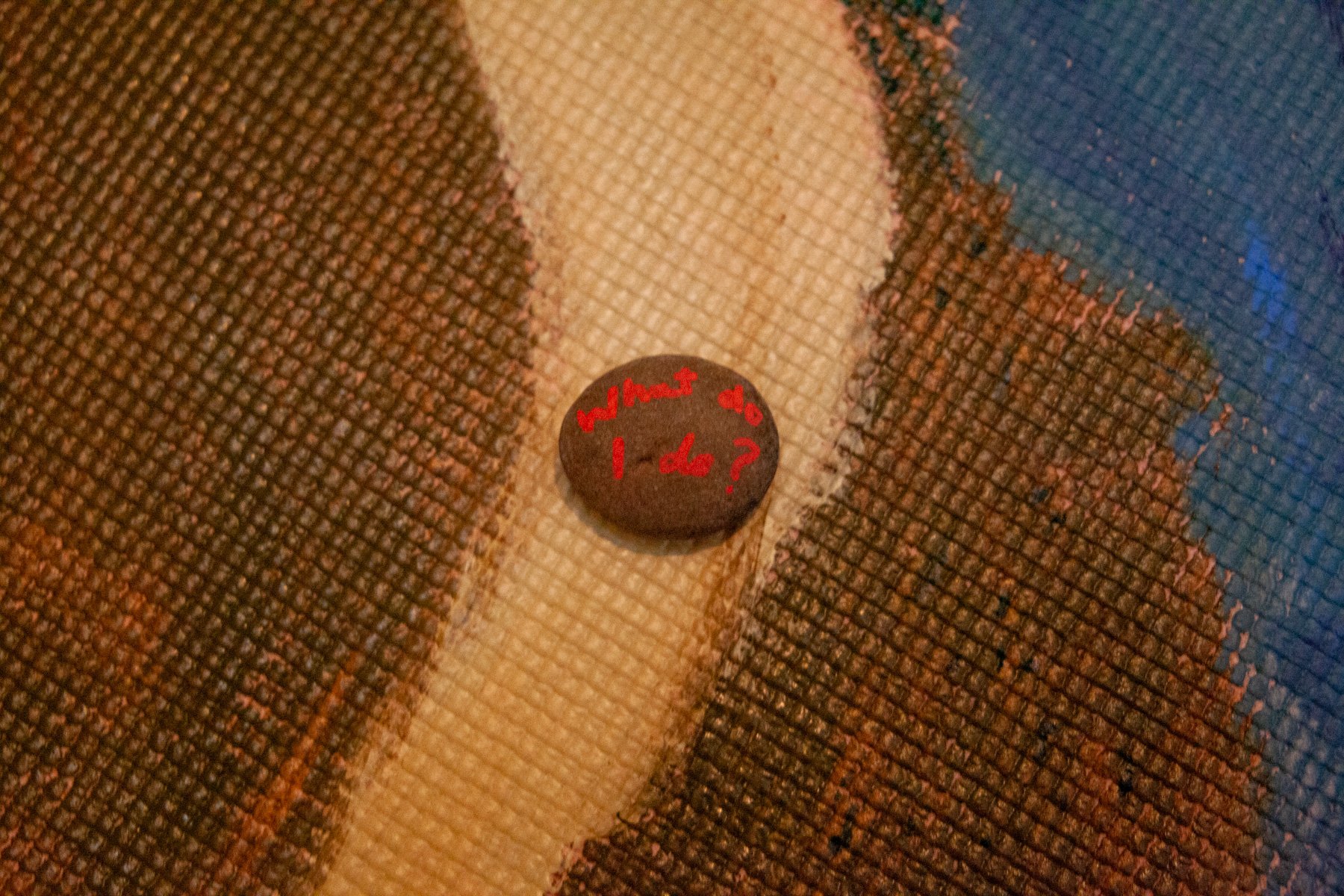
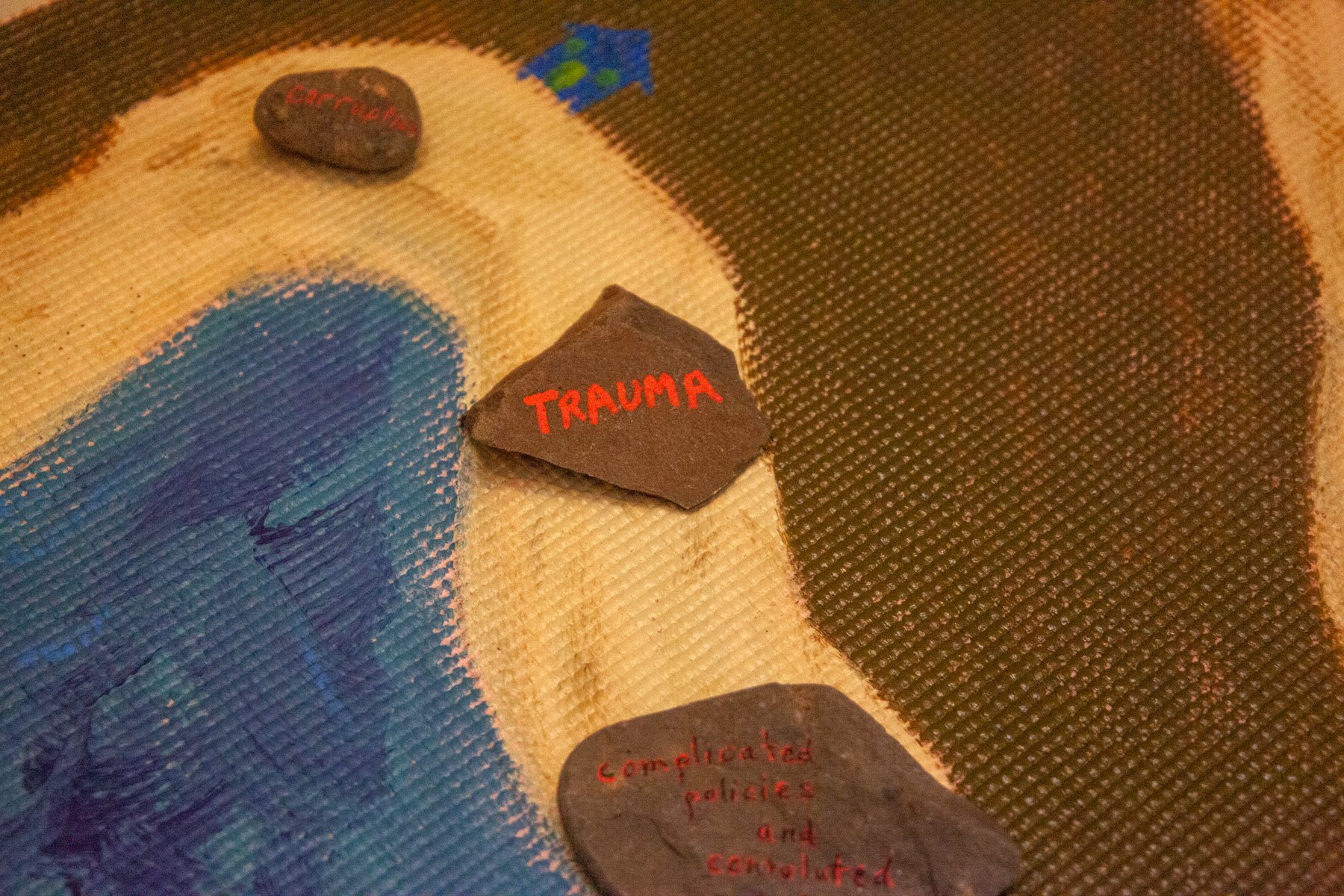
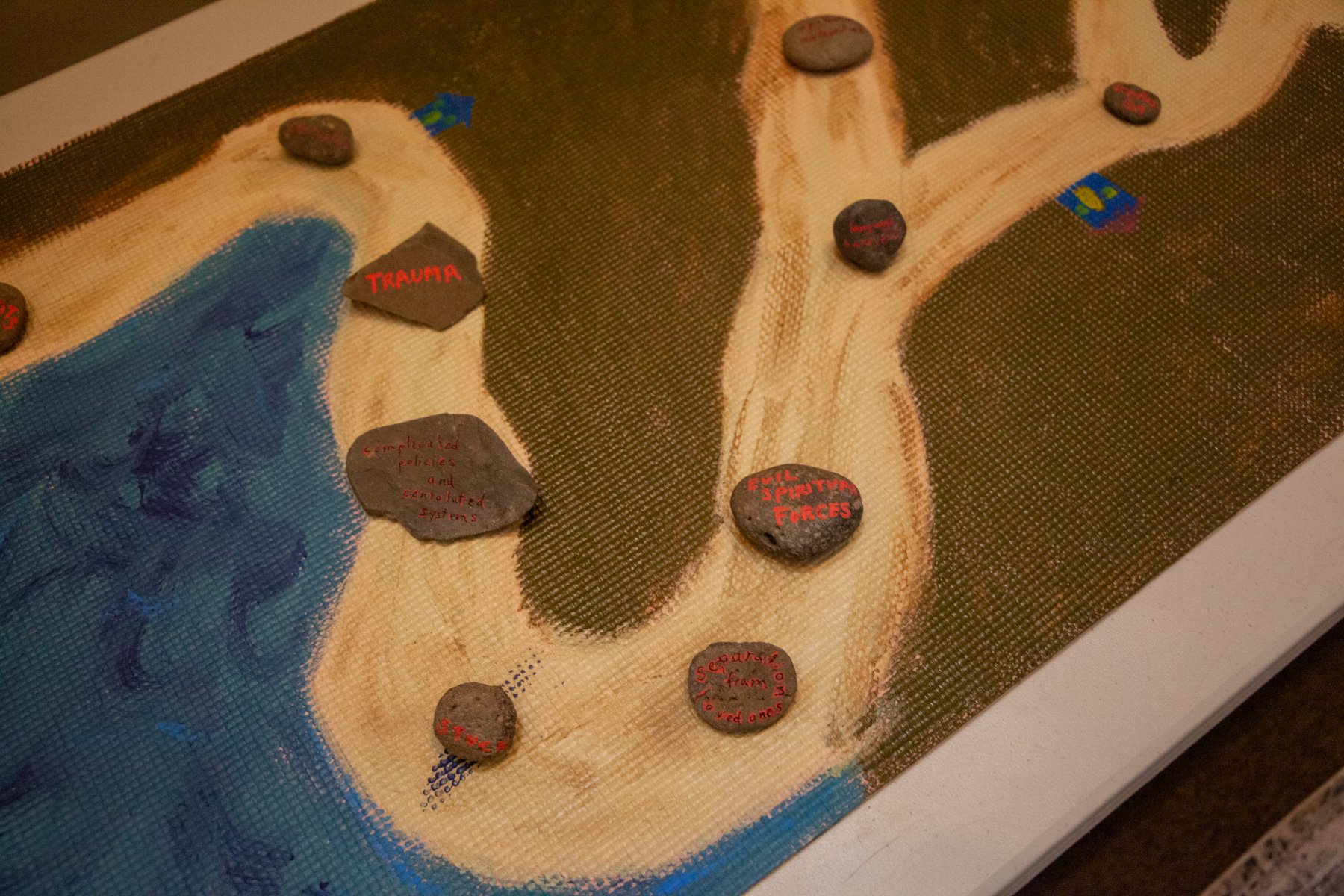
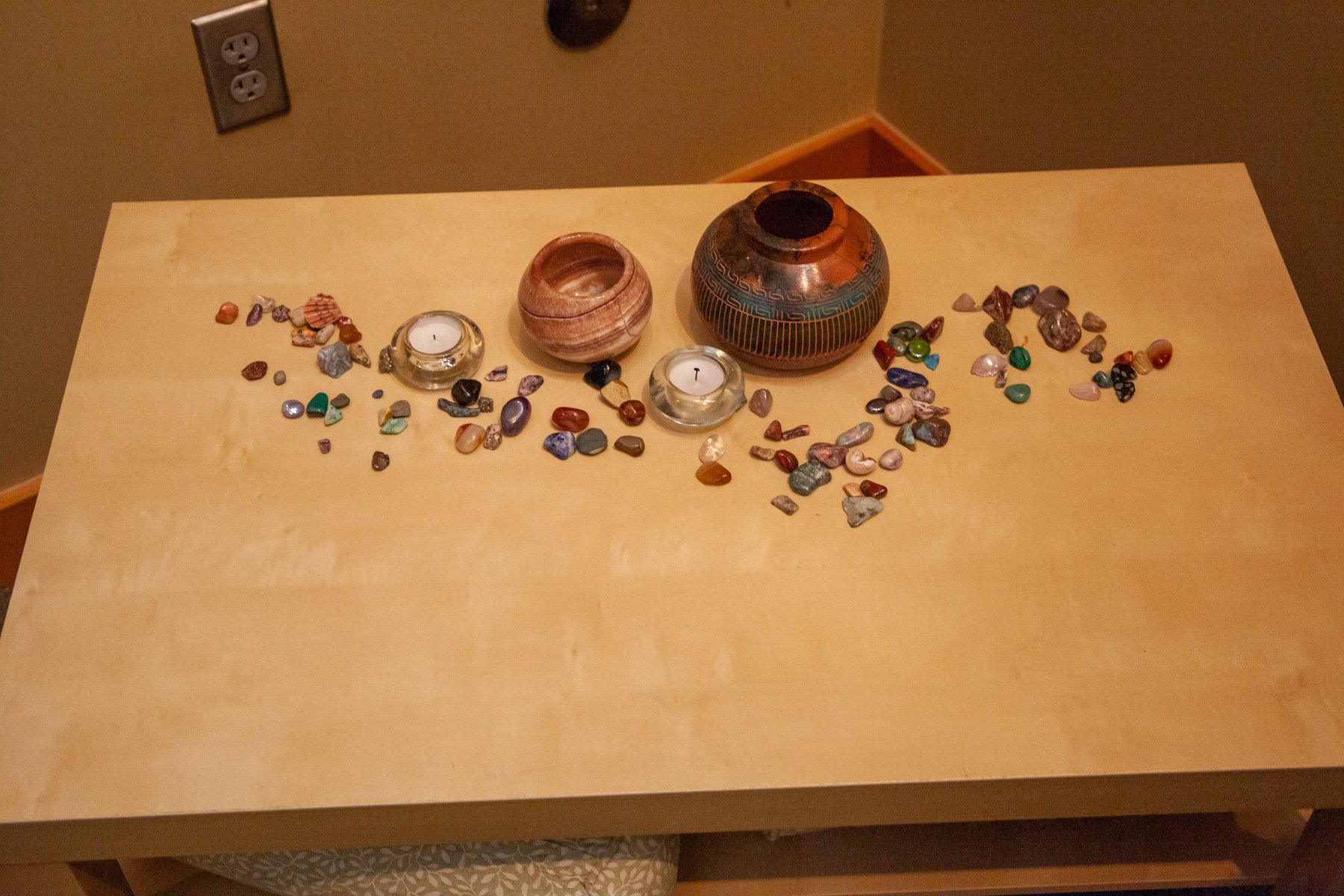
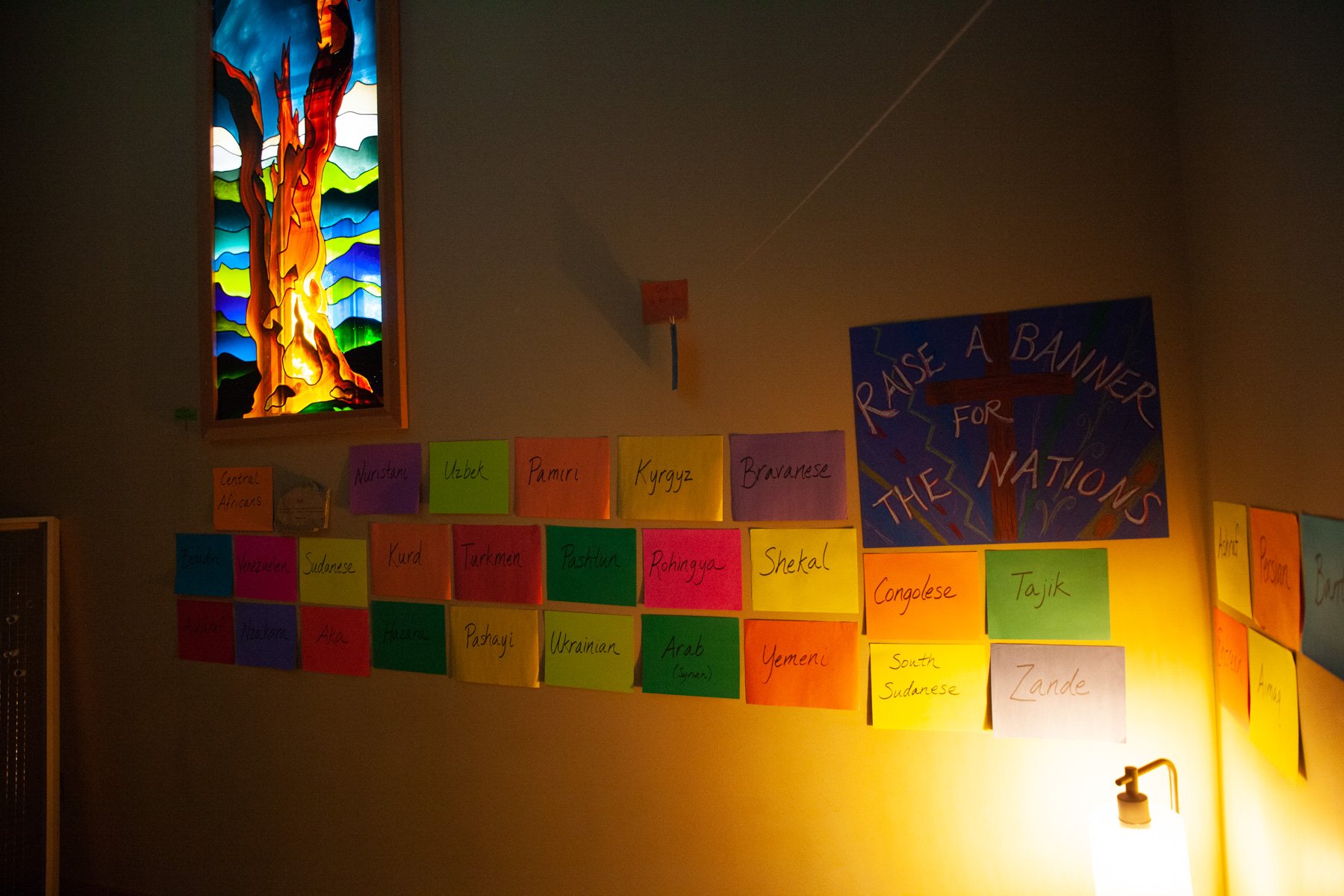
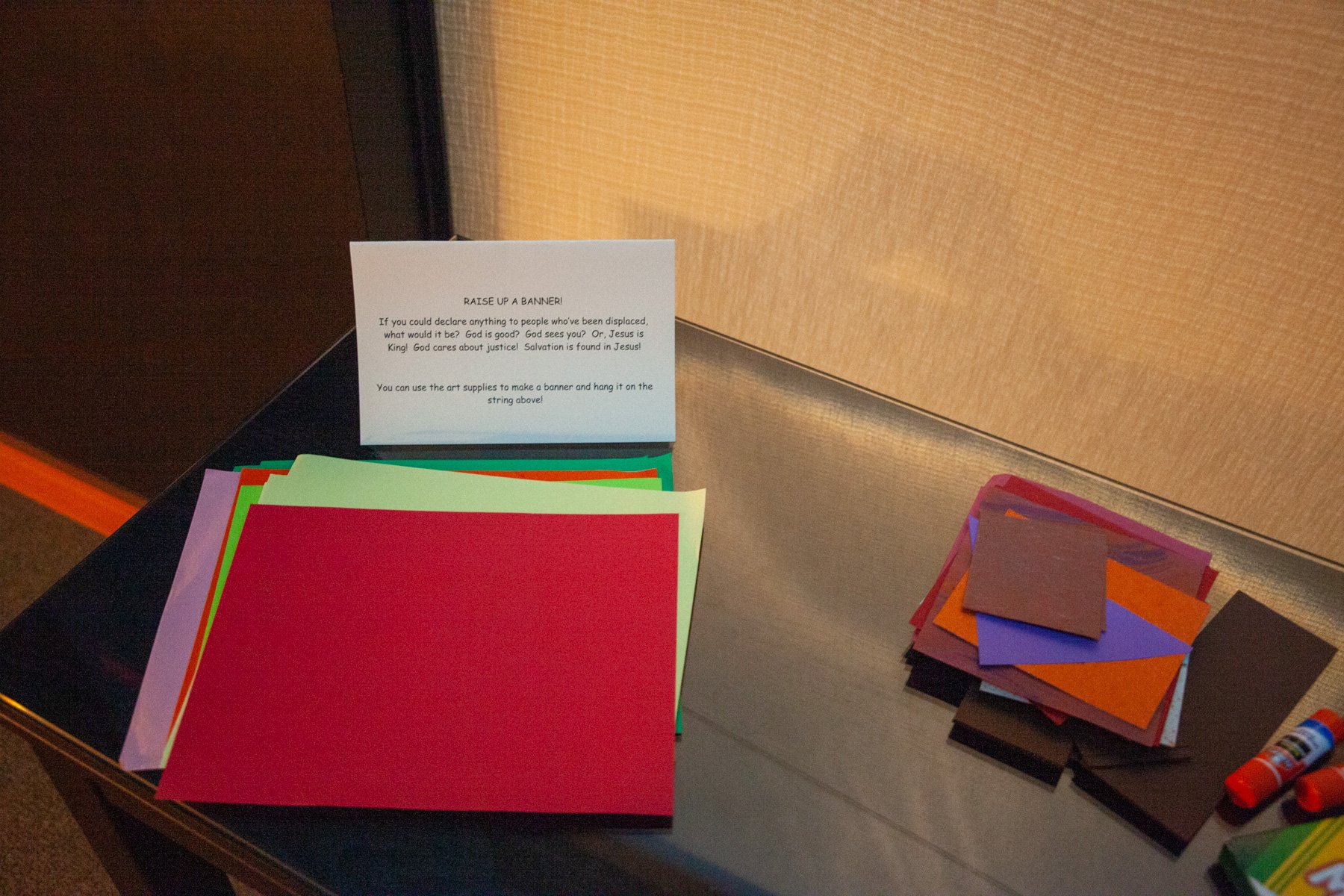
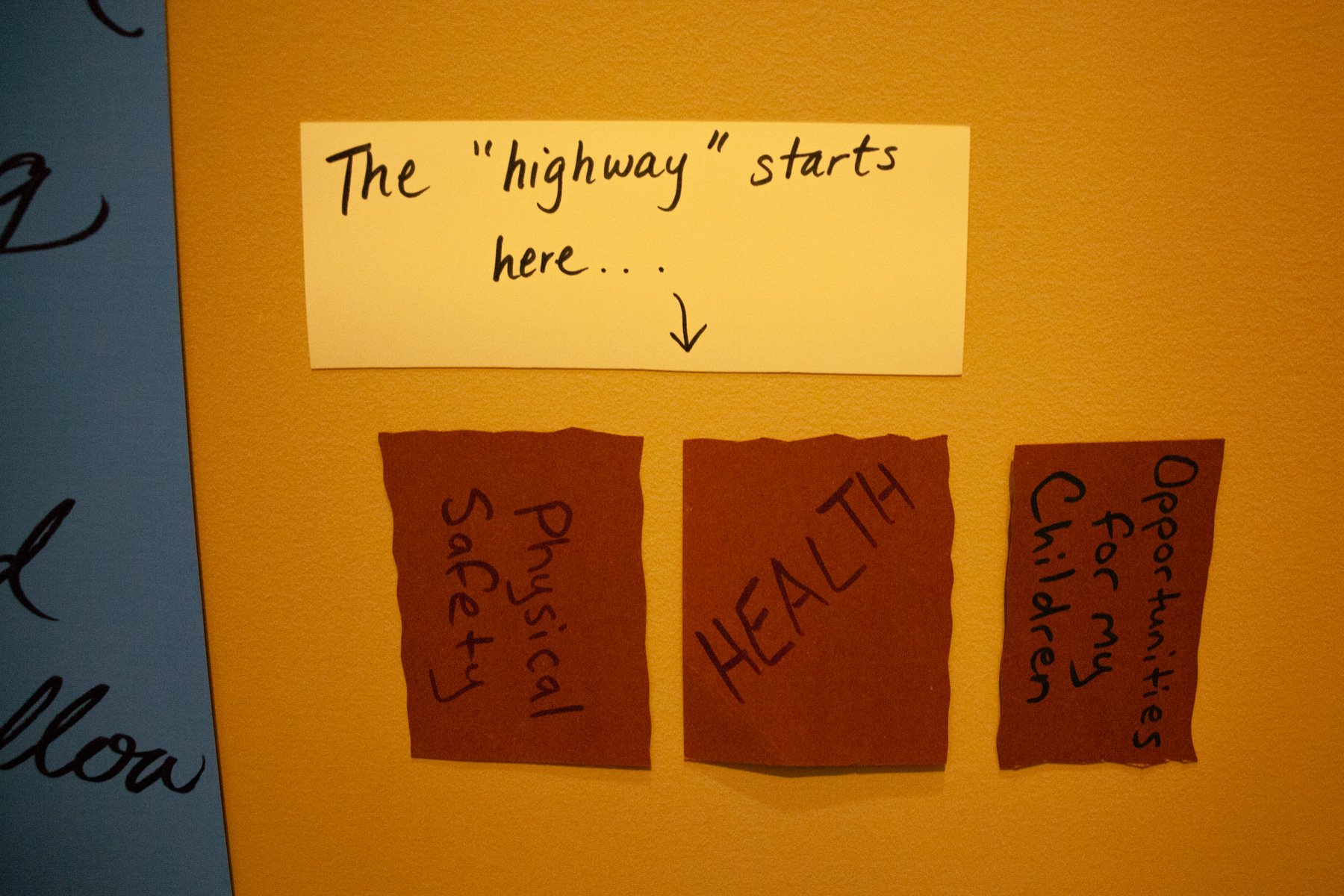
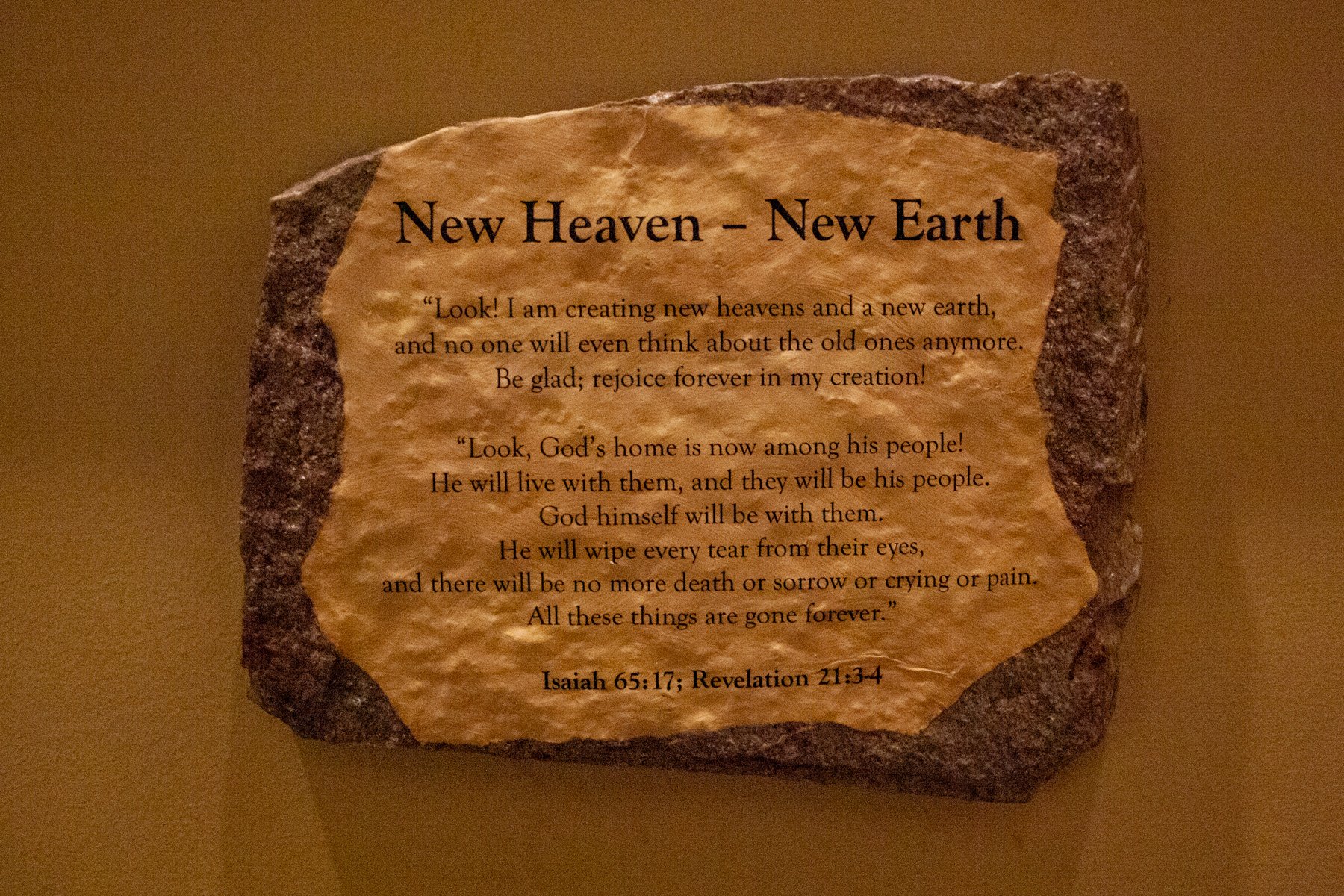
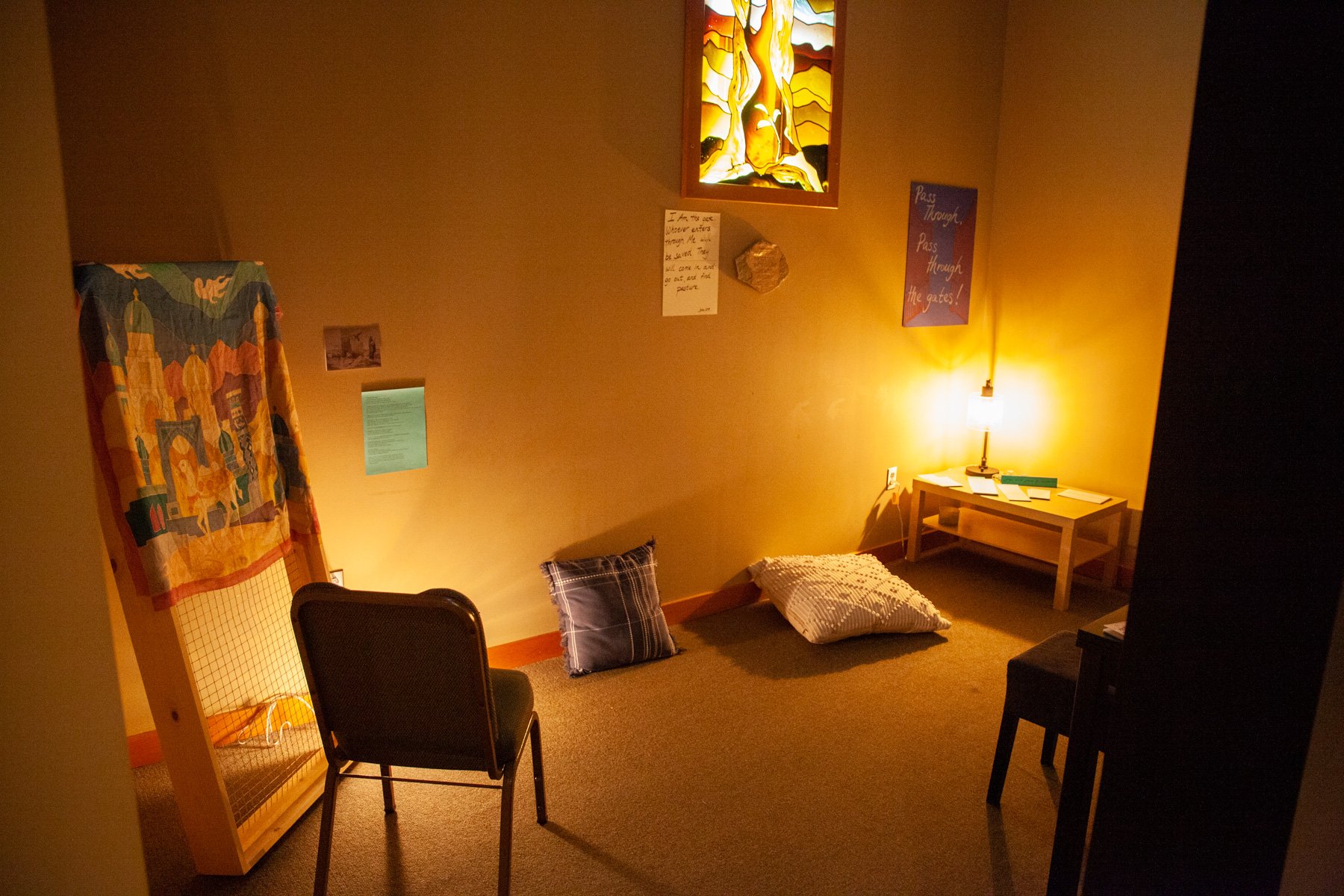
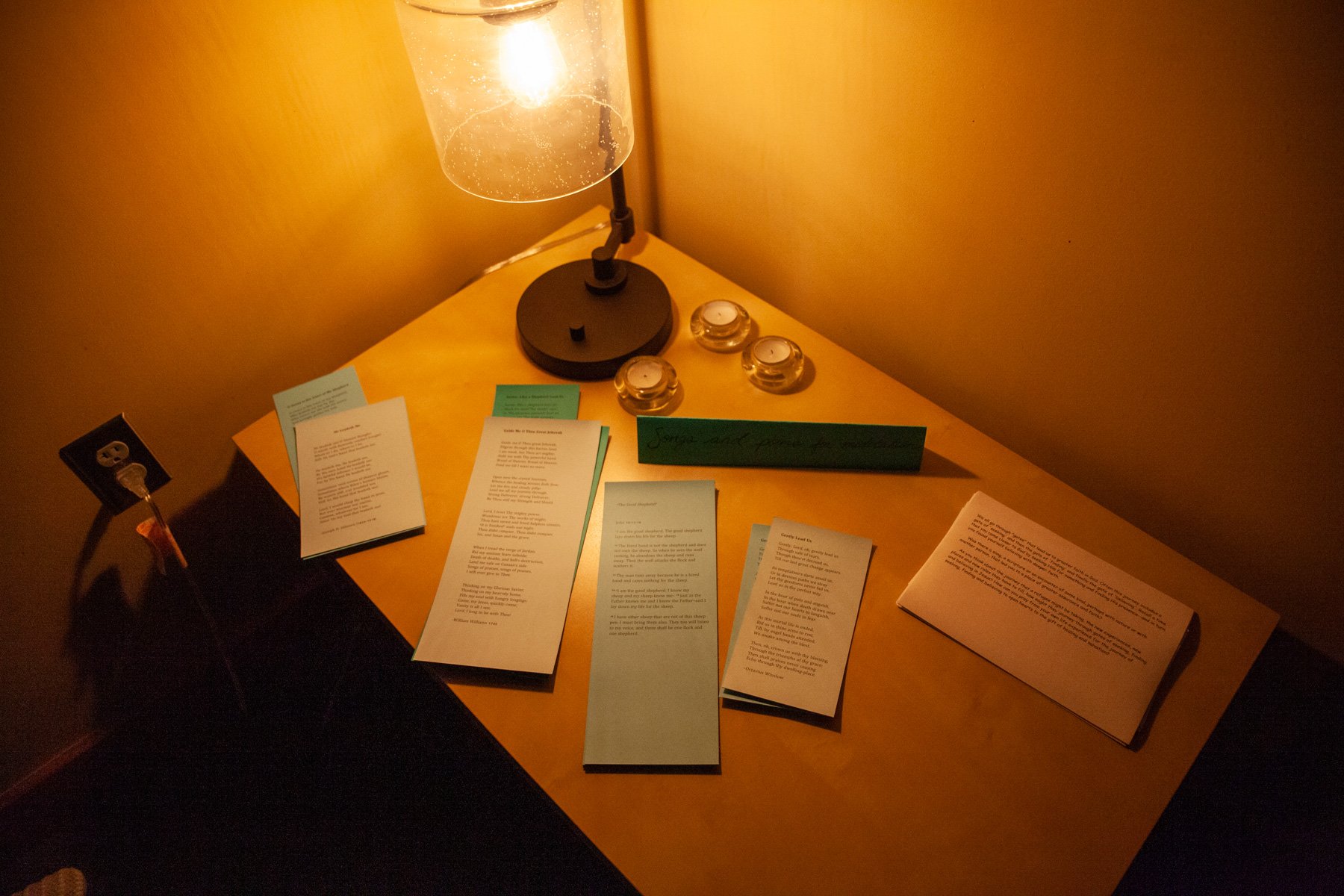

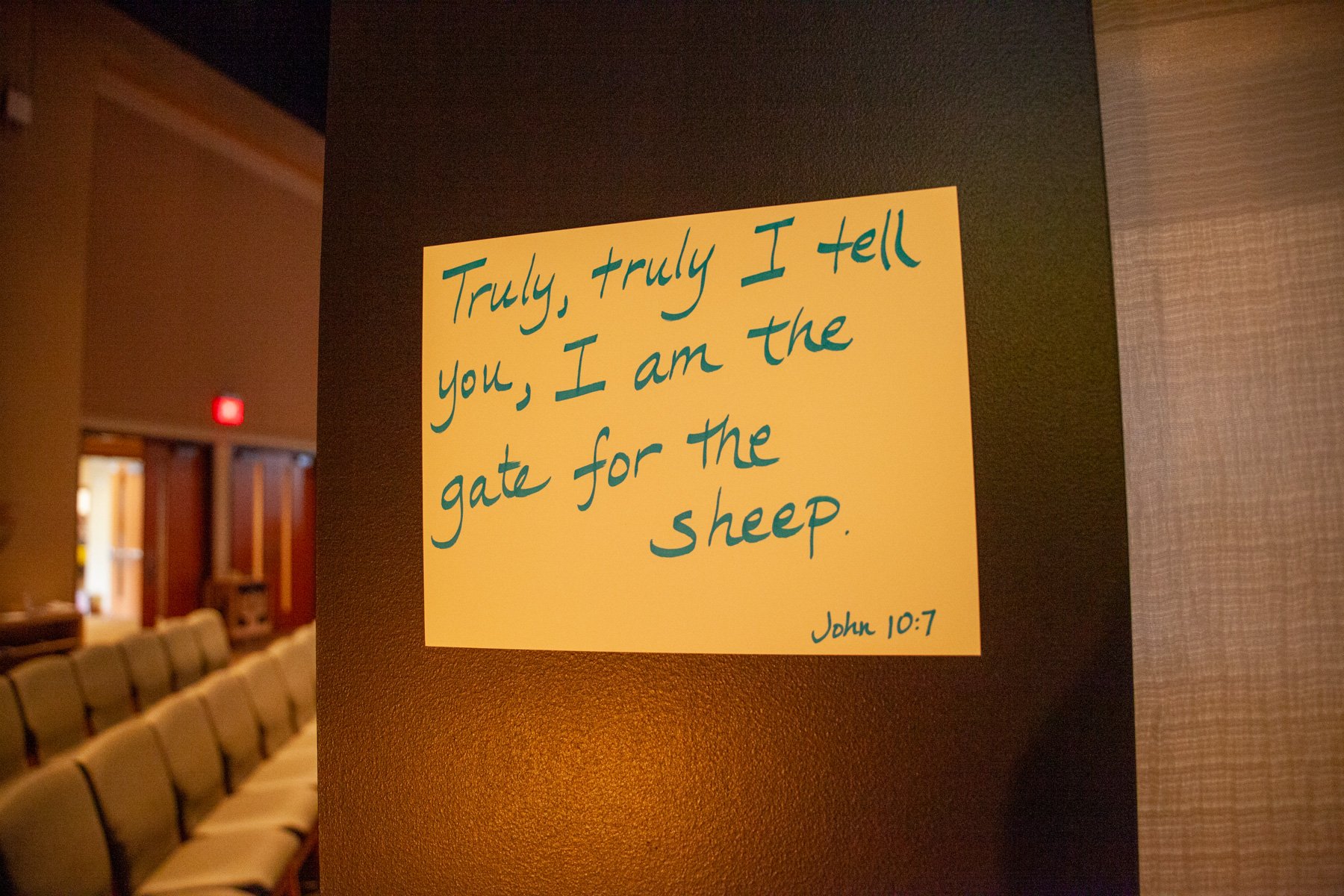
Table Talks
Dynamic presenters and innovative Table Talks are a hallmark of RHP North America Roundtable. Table Talk facilitators present from their own experience, knowledge, and expertise for the first part of the session. Then they ensure lively small group discussions take place about that topic so that everyone has a chance to share. Check out the full Schedule of Table Talk Descriptions.
Thursday (session 1)
Assessing church engagement in diaspora ministry Gordon Williams and Deborah Hayhoe-Padilla
Churches play a key role in diaspora ministry. This session will explore a conceptual tool kit to assess a church's current engagement and to potentially mobilize that church for greater diaspora ministry. Key church characteristics plus a scale of engagement levels form an assessment grid that helps evaluate a church's readiness and provides insights for leadership and for church culture and structures. This table talk will also look for new insights to improve this tool that will hopefully enable better partnership with a spectrum of churches.
Mentorship: Helping Volunteers Become Leaders Katja Jablonski, Jody May, Katie Fuhs
You’ve mobilized volunteers and they're engaged. But for how long? What comes next? Seasoned volunteers have knowledge and experience that they can share with potential new volunteers. Engage their passion to serve in a new capacity that challenges them to become leaders who thrive. We will explore practical ways to equip and walk alongside long-term volunteers to increase volunteer engagement and develop a robust mentorship program. Participants will have the opportunity to share and learn from each other about practical ways they are supporting volunteers to become leaders.
Foster Care for Unaccompanied Minors Mary Kaech and Leah Barkell
Unaccompanied Minors are children found outside their home country with no adult relative to care for them. They may have escaped captivity by rebel soldiers and run across the border to a safer place; their mothers may have sent them away in a desperate attempt to save their lives. Many witnessed their loving parents be kidnapped or murdered. Whatever the reason, these children are especially vulnerable to trafficking, exploitation and violence, and a tiny fraction get the chance at a new life through the Office of Refugee Resettlement’s foster care program which operates in cities across the US. Hear how all of this works through testimony from an experienced foster/adoptive parent for refugee youth, and consider where you might fit in.
Providing Legal Assistance for Immigrants Porter Horne
There are many steps in opening an organization to provide legal assistance for immigrants to interact with the US Citizenship and Immigration Services. Training is provided by MCC/World Relief, CLINC, Immigrant Hope and others. Gaining primary support from a local church is important. Building relationships in the immigrant community provides access to clients. Getting state level and US 501(c)(3) non-profit status demonstrates legitimacy and encourages giving. US Department of Justice must grant recognition to the organization and accreditation to at least one staff member before you can file forms with USCIS. It is also important to build a referral network for immigrant needs that go beyond legal assistance.
The journey to identity for refugee families Sunny Hong
This session covers factors that impact refugee identity. One is the “loss” factor; loss of family, economy, history, culture, and language. Another factor comprises the legal issues refugees experience. Other factors include becoming marginalized, trauma and many transitions, all of which impact who they are. Throughout their journey these factors force refugees to forge a new and complex identity. This session explains how ministry people can help as the refugees go through these different stages of acclimation.
Ministry to Afghans David Schupack
Let's get together and compare notes on what you and your organization or church is doing in reaching out to Afghans who have arrived since August 2021. We can all learn from one another and share our successes and failures, and consider how we might be able to work together.
The Cost of Caring Rachel Uthmann
To love others is a costly endeavor. Compassion fatigue, burnout, and secondary trauma are real concerns and challenges faced by many who befriend and accompany forcibly displaced people. Rachel will discuss some warning signs that tell us we need to make a change in how we work. The discussion for this table talk will focus on life-giving practices and perspectives that can help us stay engaged and healthy for the long run.
Staying Christian While Doing Ministry: The Role of Spiritual Formation in Humanitarian Service SJ Holsteen
Jesus of Nazareth says, “What good is it for someone to gain the whole world and forfeit their soul?” In the mix of urgent demands of humanitarian need, the expectations of Christian ministry, and our own human need and desires, perhaps we should ask: is it possible for us to SERVE the whole world and forfeit our soul? In this Table Talk, we’ll invite honest reflection on the spiritual cost of ministry and share how spiritual formation and contemplative practices can help us remember that, “the call is not to the need...” (Oswald Chambers). What spiritual rhythms or rule of life help ministry remain a joyful, dynamic and yielding response to the call of Jesus and your identity as God’s beloved? We’ll consider together how to embody these practices both as individuals and teams.
Photo credits: Brenda Webb (Instagram @BrendaMooreWebb)
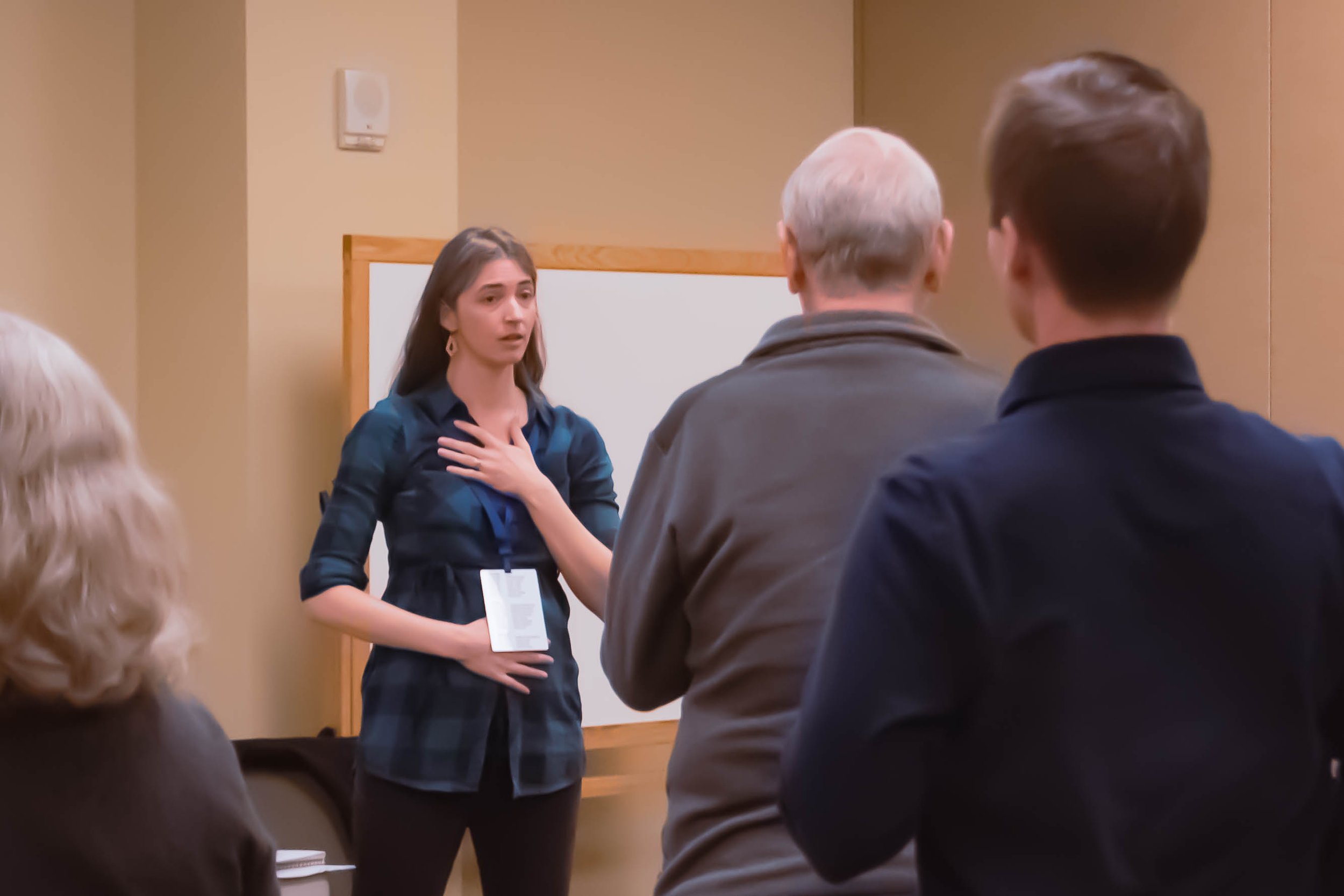
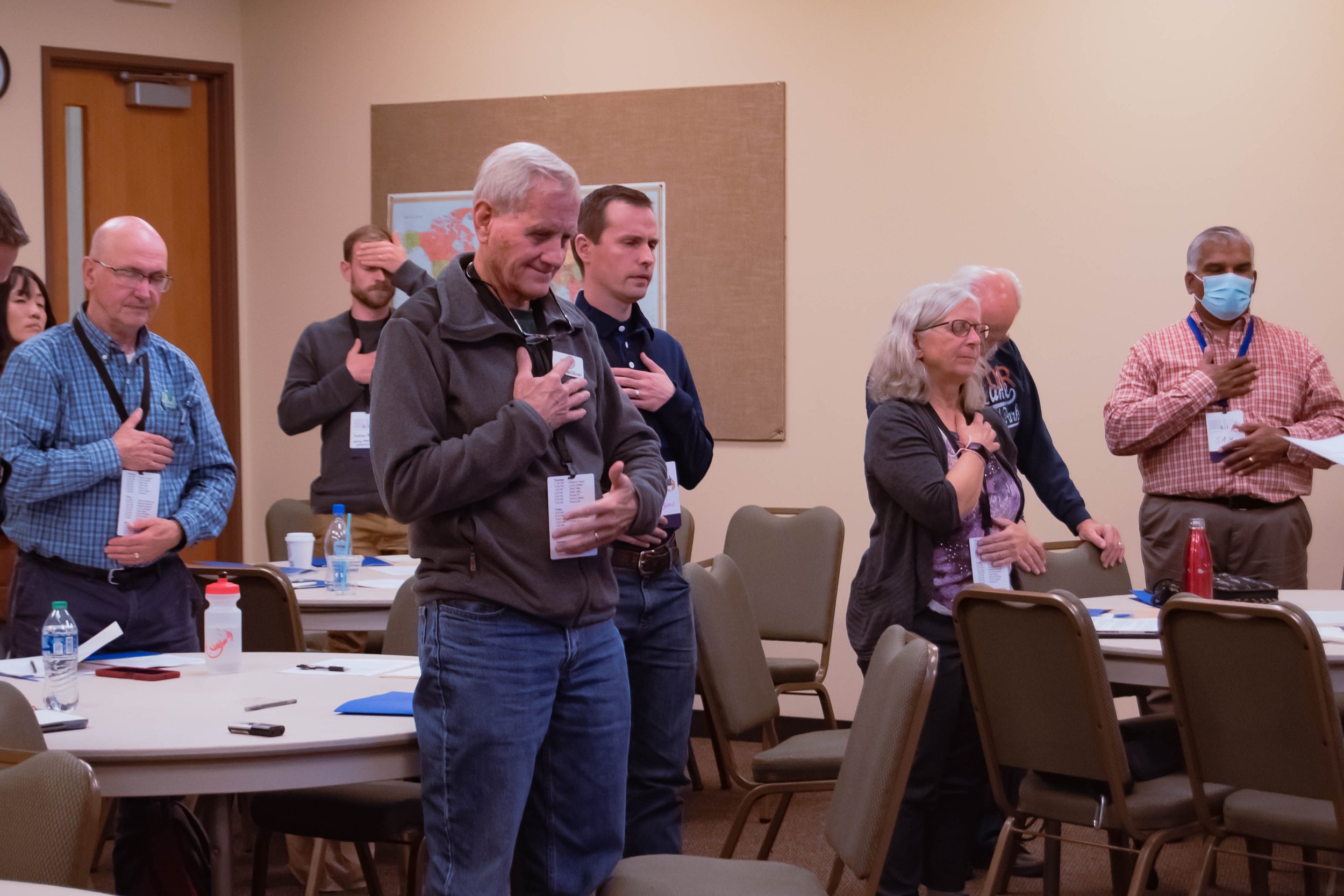
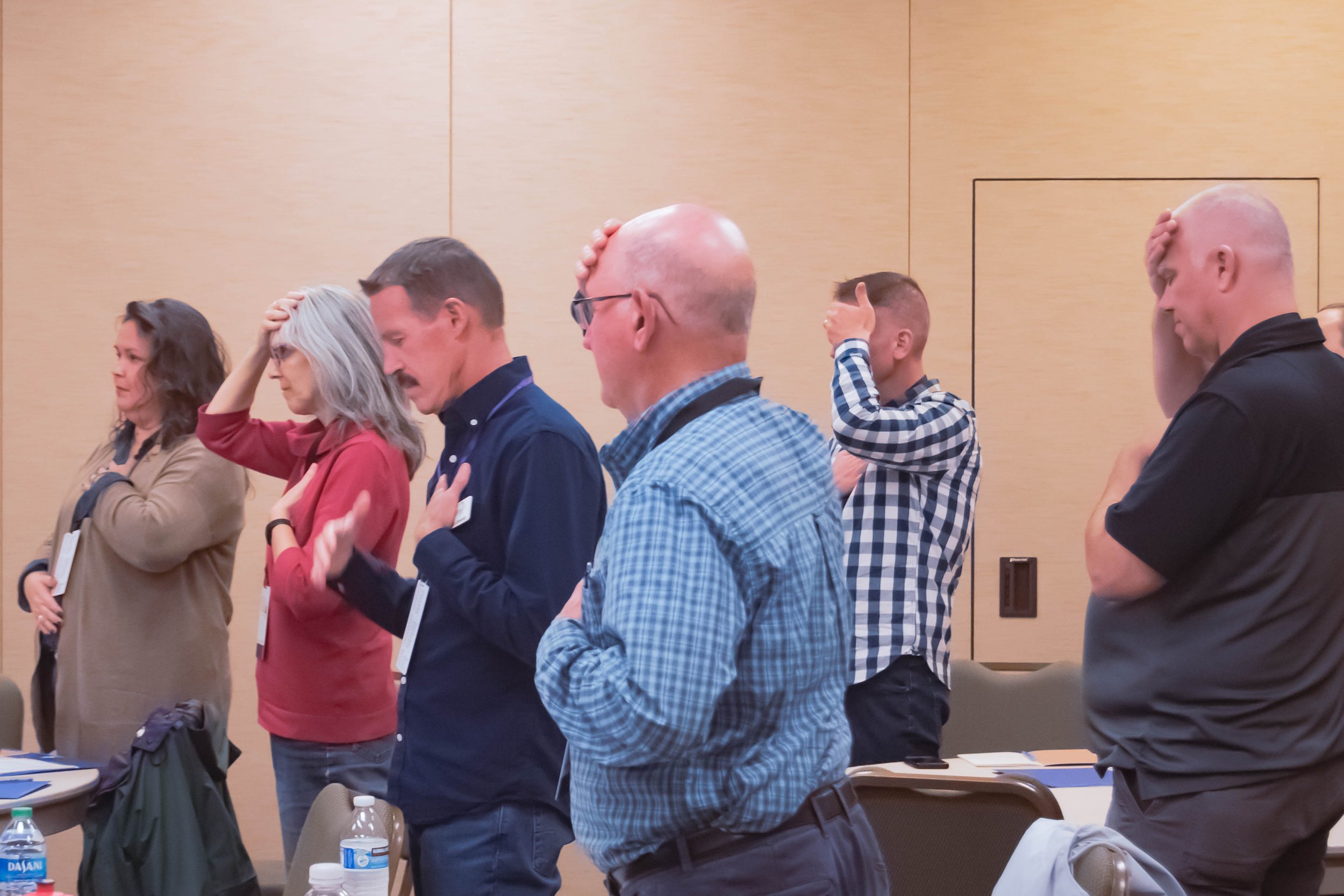
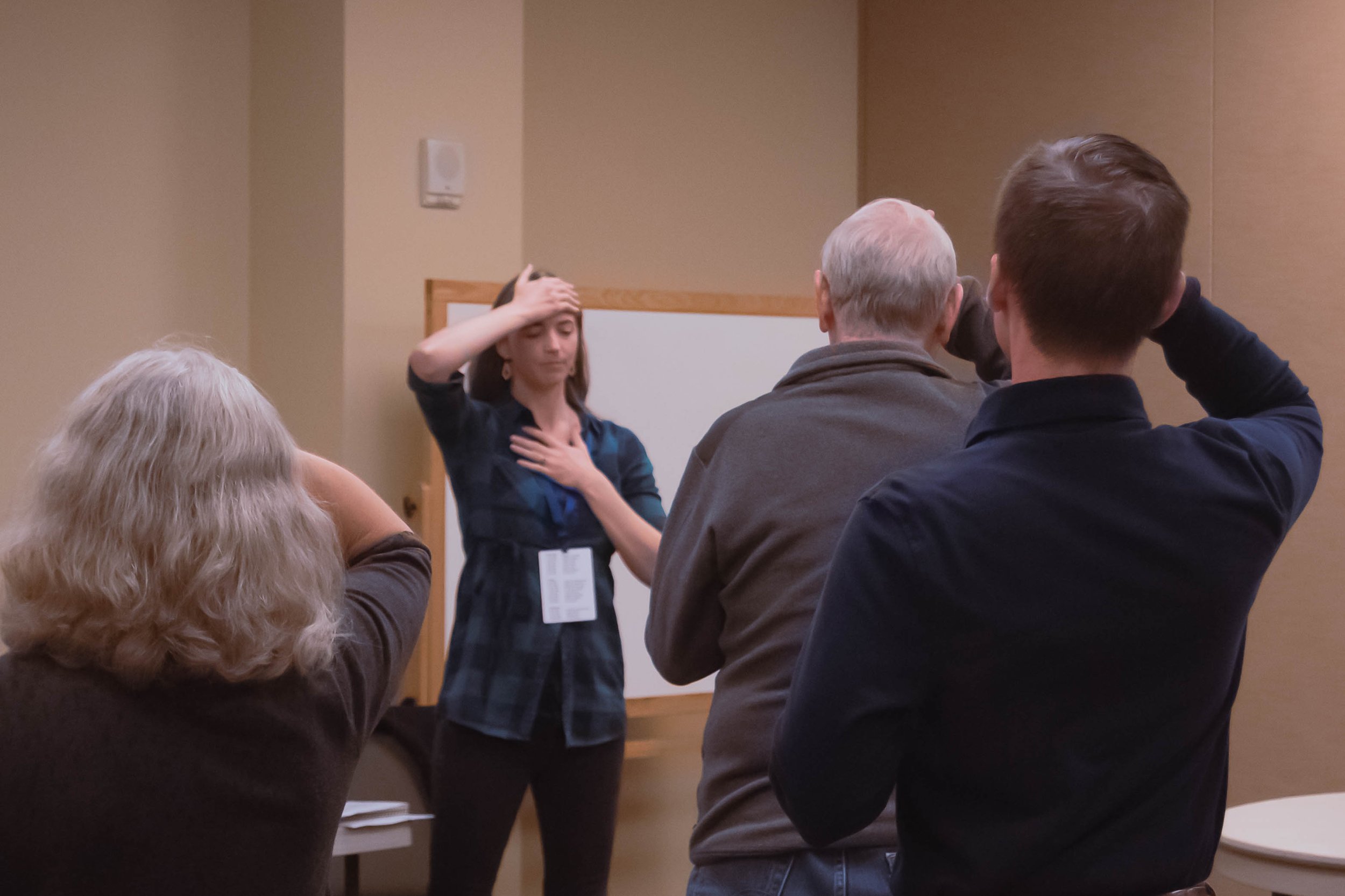

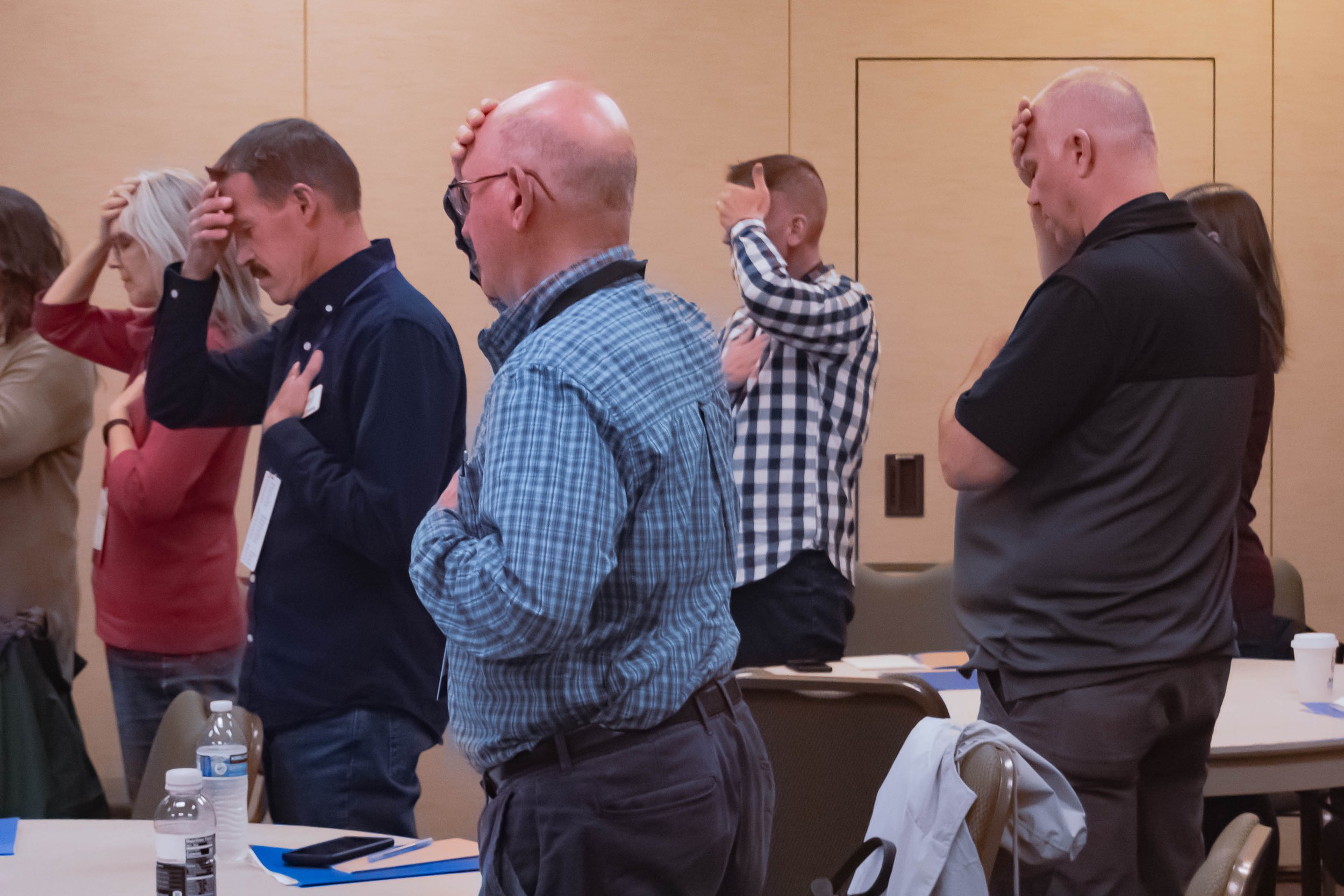
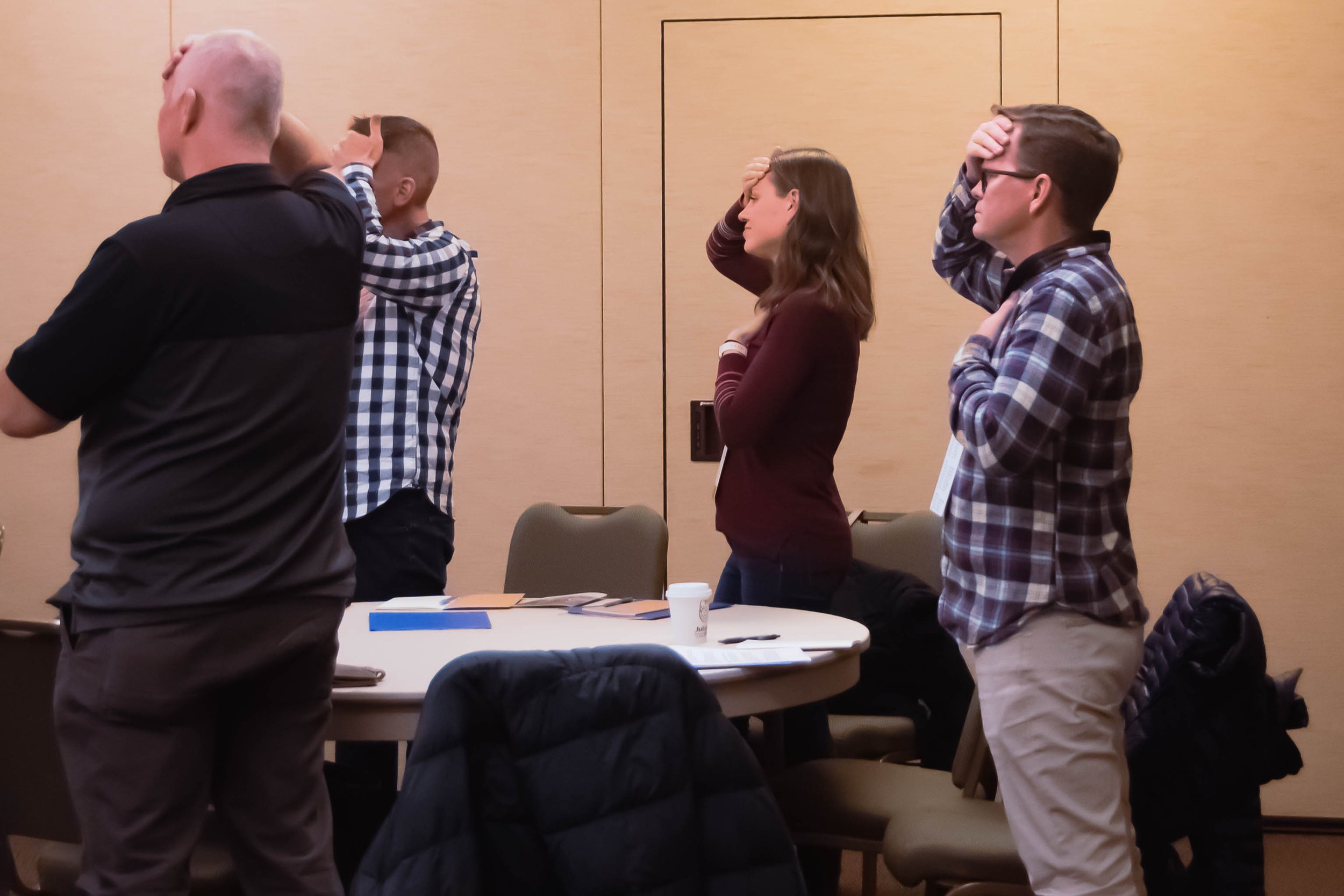
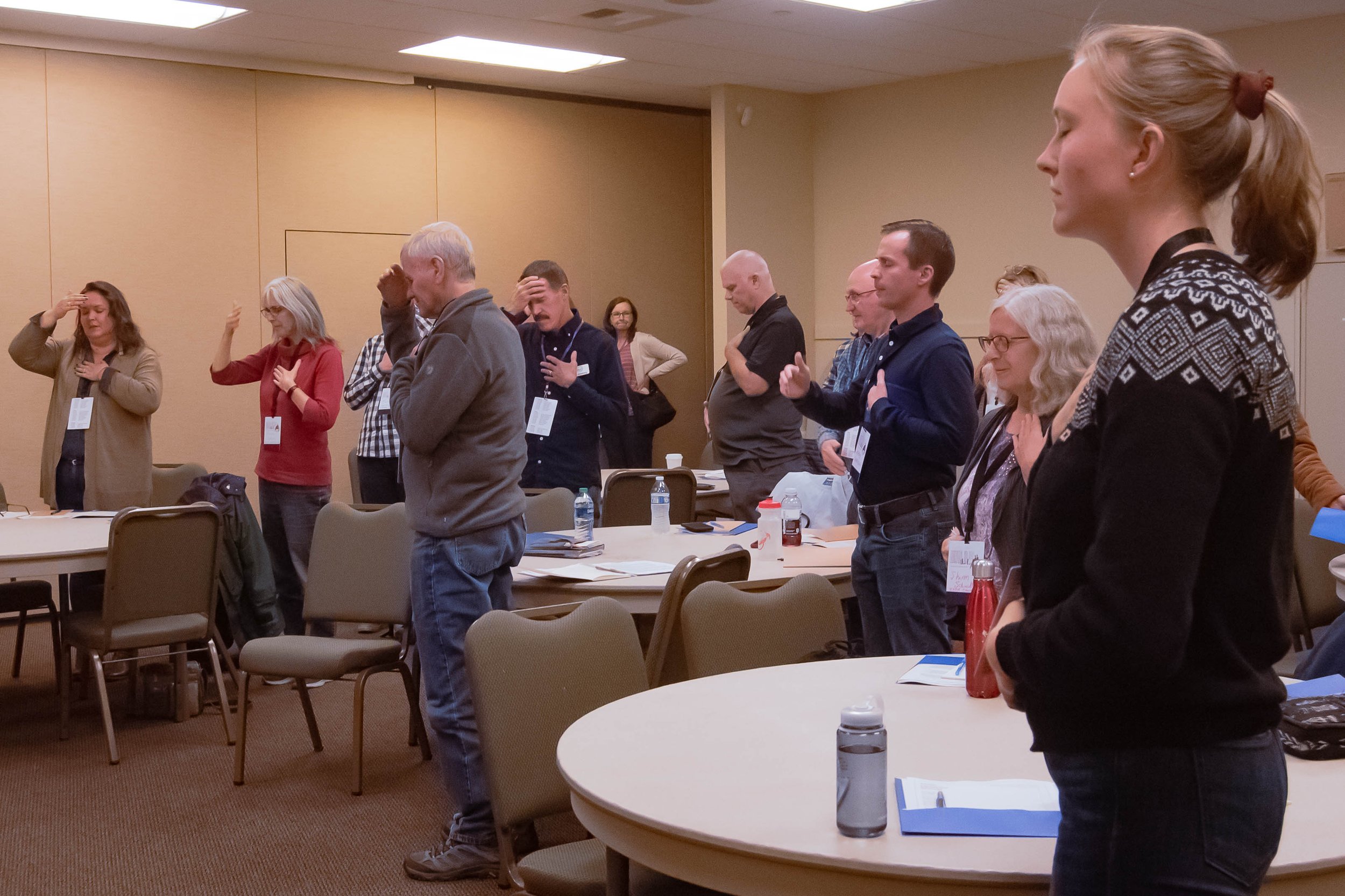
Identity, Acculturation, and Social Issues William Wells
When working with 1.5 and 2nd generation refugees, migrants, or asylum claimants, challenges navigating the world of Third Culture Kids and the 1.5/2nd generation create obstacles to acculturation and identity. These can lead to social issues in the home and community. This discussion will seek to explore discipleship among the 1.5/2nd generation children of migrants and how we as a community can surround, support, and enable the young generations to navigate identity challenges and learn to thrive.
Why Fundraising Chong Bee Vang
Refugee work is so fulfilling, not to mention the biblical mandate for us to welcome the strangers and love our neighbors. However, time and time again we are stuck with the constraint of limited resources. So, let me ask you, what would you do differently or more of today if money was not an issue? We spent so much time developing programs, recruiting and training volunteers to be culturally sensitive so they will be equipped to empower refugees. Yet, we spent little to no time, spend no energy, or effort into investing in those who supports us allowing us to be able to do work. In this Table Talk, you will learn some basic tips, best practices, and current trends on how to gain new donors through donor acquisition and retain your current donors. Will provide you with some practical tools that you can implement right away.
Thursday (session 2)
Church In Action: Loving our Refugee Neighbors Leisa McDonald
The biblical call to love our neighbors, especially those arriving as refugees, can be intimidating to implement well. Believing that love is a verb, the goal of this talk is to help churches and their members to demonstrate love to our refugee neighbors in tangible ways. Leisa will share 5 practical activities for churches at large or individuals within a church to explore.
Onboarding, Maintaining and Supporting Volunteers Laura Armstrong, Jennifer Tompkins & Mary Kaech
Glocal Community Partners, Phoenix Refugee Connections, Tuscon Refugee Ministry all seek to engage volunteers from the church to walk alongside newcomers as they begin their new lives here in the U.S. In this Table Talk, participants will get to hear about best practices with volunteers from how to inspire, onboard, support and encourage the volunteers that come your way.
Heritage Language Storybook Project: Collecting, Honoring, and Creating Lasting Impact Through Refugees’ Stories Betty Reyes-Medina & Samuel Uwimana
The Storybook Project started as a mentorship between one of our volunteers and Naw Peh, a Karen woman. Through this relationship, trust bloomed into stories shared between two friends. Now, after publishing the first Karen storybook and with more books in the works, Betty understands how leveraging trust with refugees is instrumental in collecting their stories. Betty will discuss how to produce storybooks in a way that honors and empowers refugees and how they can be used as mentorship and literacy tools. She will also explain the collaboration process and describe some of the unforeseen challenges of working with heritage languages. Finally, Betty will discuss the impact the storybooks have had so far and how these storybooks are connected to Refugee Language Project’s core mission of removing language barriers, honoring refugee cultures, and building leaders.
Helping the asylum seekers at our border Jennifer Long
People coming to the US border seeking safety are also refugees and need our help. Asylum seekers are not provided housing, food, legal services, or work permits when they arrive in the country. Busloads of asylum seekers arrive daily in San Antonio, Texas, Washington DC, and other locations. Many don't know anyone in the US and there are no shelters to receive them. They must report to ICE for check ins and find their way to their court hearings or risk deportation. Jennifer Long of Casa Marianella will describe the work of receiving these migrants and explain the need for a national network of support services. She will discuss the variety of organizations who are helping with this effort, including organizations she has met through the Refugee Highway. She will invite attendees to brainstorm solutions and help locate more resources for this work.
How to Investigate Your City's Refugee Network Ryan Pennington & Crystal Pennington
We know intuitively that our cities have numerous clusters of refugee communities: Burmese people in that suburb, Somalis next door, Afghans uptown... However, we struggle to understand the full complexity of the network of refugee communities. How can we visualize these groups and understand how they relate to the larger whole? Ryan will show how he has studied the refugee network of Amarillo, a city of 200,000 people with a large meatpacking industry. In this case study, Ryan will discuss how he built friendships with individuals before leveraging these relationships into community meetings where needs assessments were conducted. Now Ryan understands the affinities and leadership structures of various subcommunities, and how they fit together into a diverse and beautiful picture. Ryan will show a powerful diagram of the refugee communities of Amarillo, and provide the steps you can follow to build a similar understanding for your own region.
Learning to be a safe harbor through trauma-informed instruction Anne York Herjeczki
This table talk describes Blaustein & Kinniburgh’s (2010) Attachment, Regulation, and Competency (ARC) Framework as a trauma-informed instructional tool. This session will describe certain trauma-based behaviors that students present and how to utilize ARC methods to help the student heal. Some students may exhibit behaviors in the classroom or in community gatherings that can be overcome by ARC methods infused into the curriculum. While acknowledging the challenges inherent in trauma-informed teaching practice, the session will encourage a move away from a deficit perspective on children from refugee backgrounds, toward one of hope, based on the resiliency of many migrant children. Participants will see some of the ARC framework methods and practice the lessons. They will then be asked to consider how to apply resilience-informed trauma education within their setting.
LOST and FOUND: Demonstrating God's Love to Refugee Communities During COVID-19 Mark Simon
The COVID-19 pandemic has turned the world upside-down for everyone, but for the most vulnerable populations among us, such as refugees, asylum-seekers, and undocumented migrants, the impact of the pandemic has been truly devastating. This table talk will focus on understanding that impact and drawing practical lessons from both Scripture and displacement research for easing the pain of this pandemic and helping the LOST to be FOUND.
Generational issues of refugees Sunny Hong
First-generation refugees tend to keep the culture of their homeland and their mother tongue. The 1.5 generations are at least bilingual, or multilingual, and can go between cultures; at the same time do not really belong to any one culture. The second generation chooses the language in the country of resettlement as their mother tongue, and feels at home in that country. A resettled refugee family has multiple migration generations in the family, which makes family dynamics very unique. This session handles the issues different generations are dealing with, and offers ideas about how to minister to them.
Understanding the Global RHP Gordon Showell-Rogers & Chris McQueen
This conversation is intended to help expand our horizons beyond the needs of the forcibly displaced in North America. It will be an open discussion of the needs of (and opportunities among) the forcibly displaced in other world regions and will hopefully include some discussion of ways in which members of the North American RHP might be able to help strengthen the RHP in Africa, various parts of Asia, Latin America and the Middle East.
Table Talks, Sessions 1-2 Photos
Photo credits: James Metelak (Instagram @privetfotog)
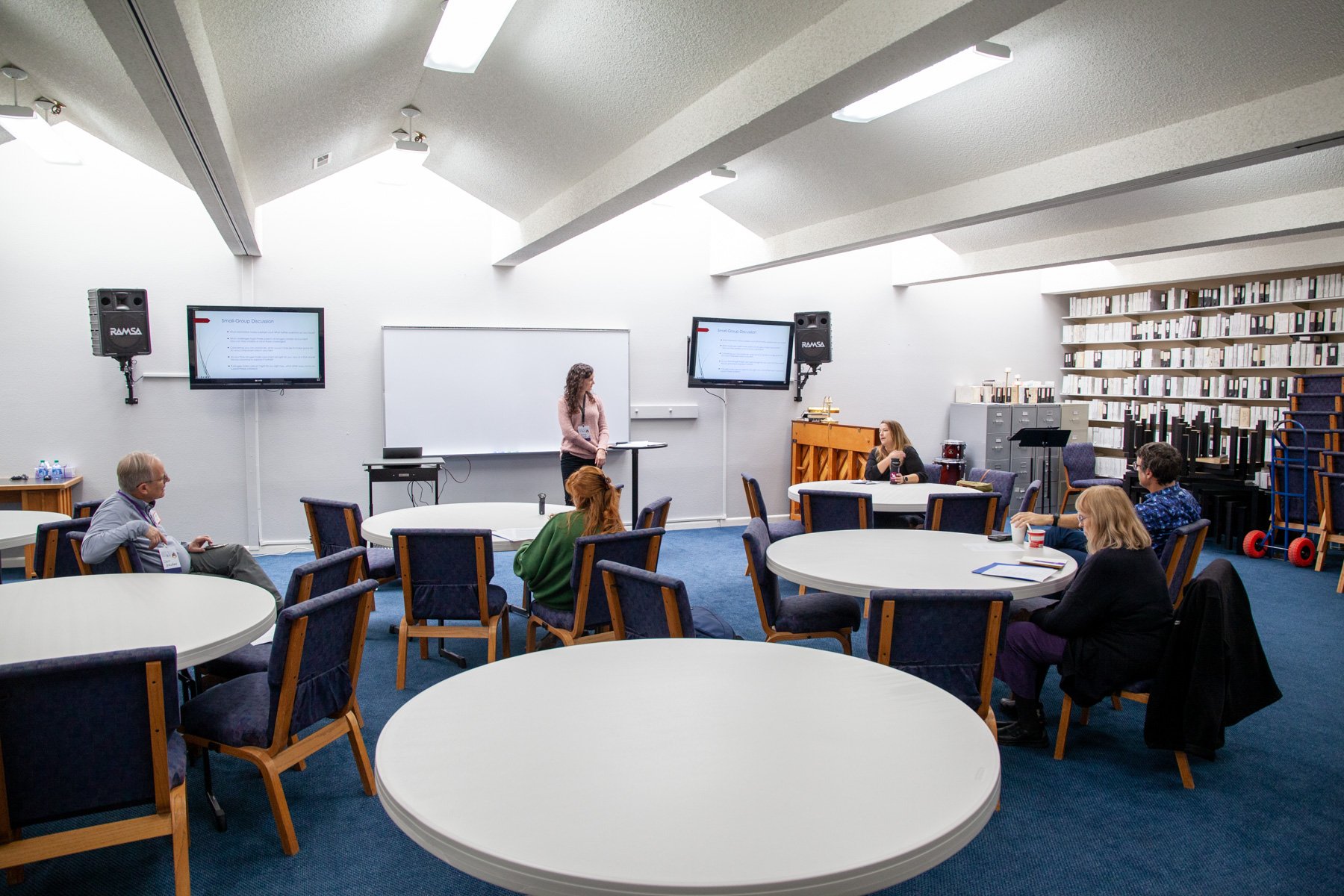
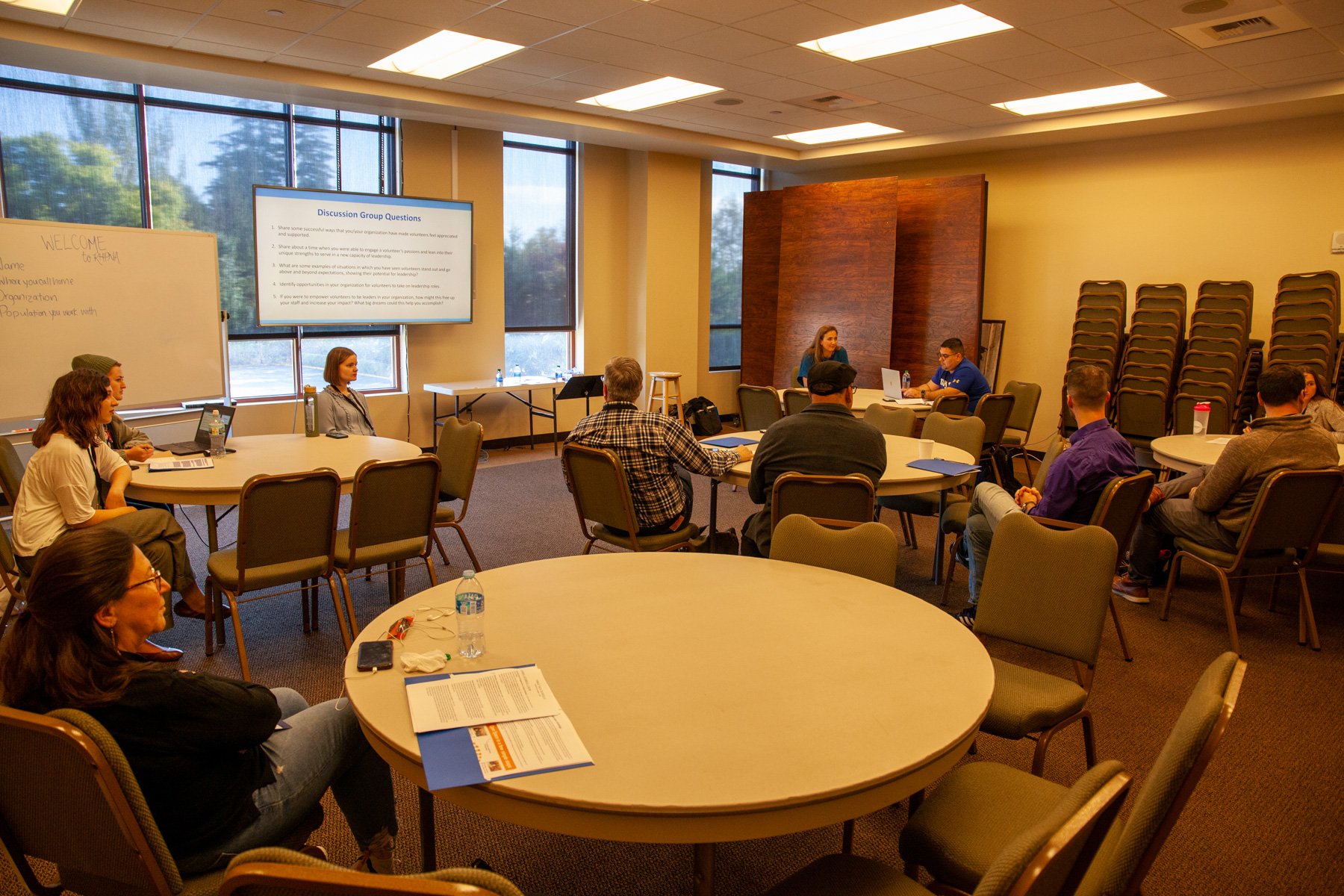
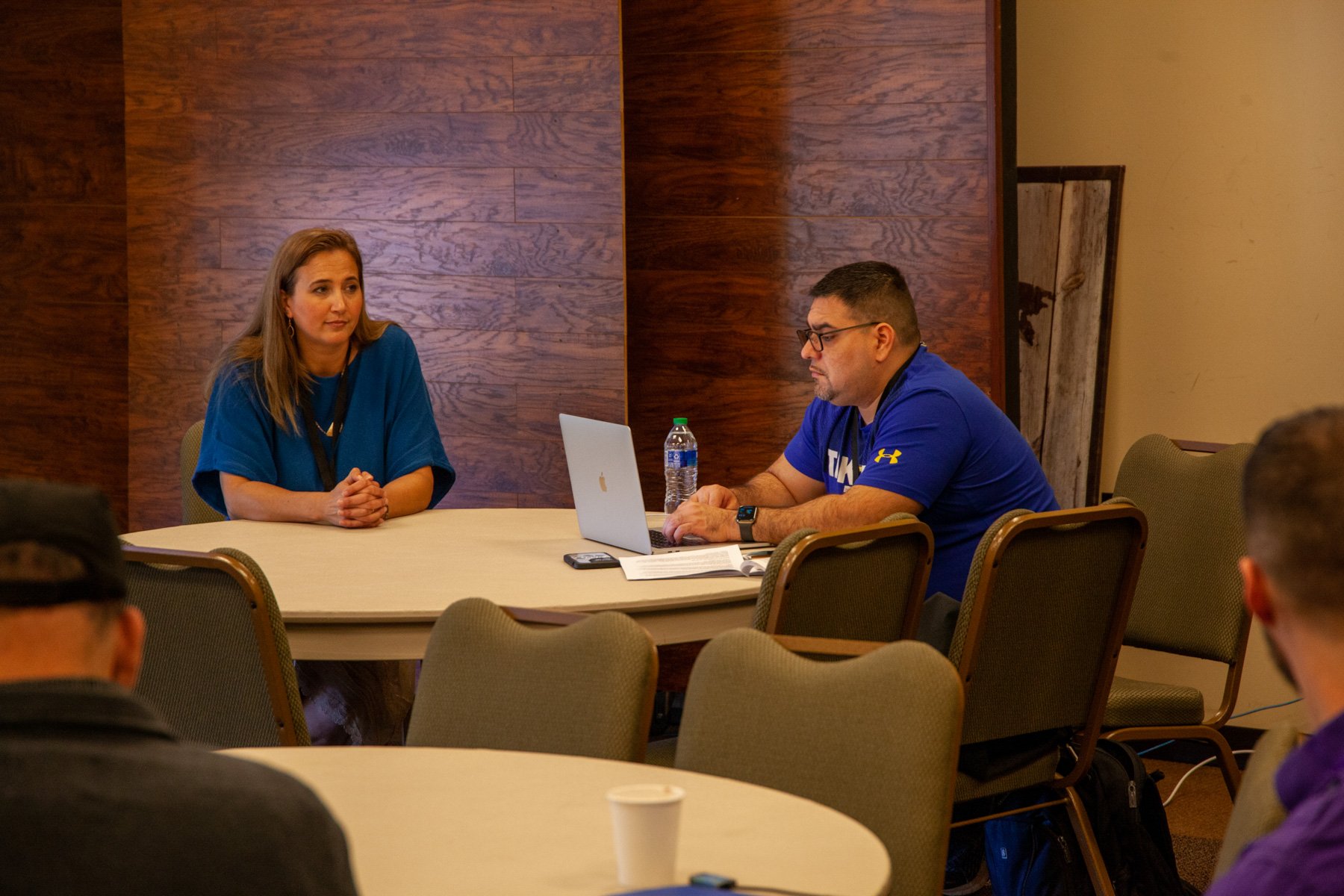
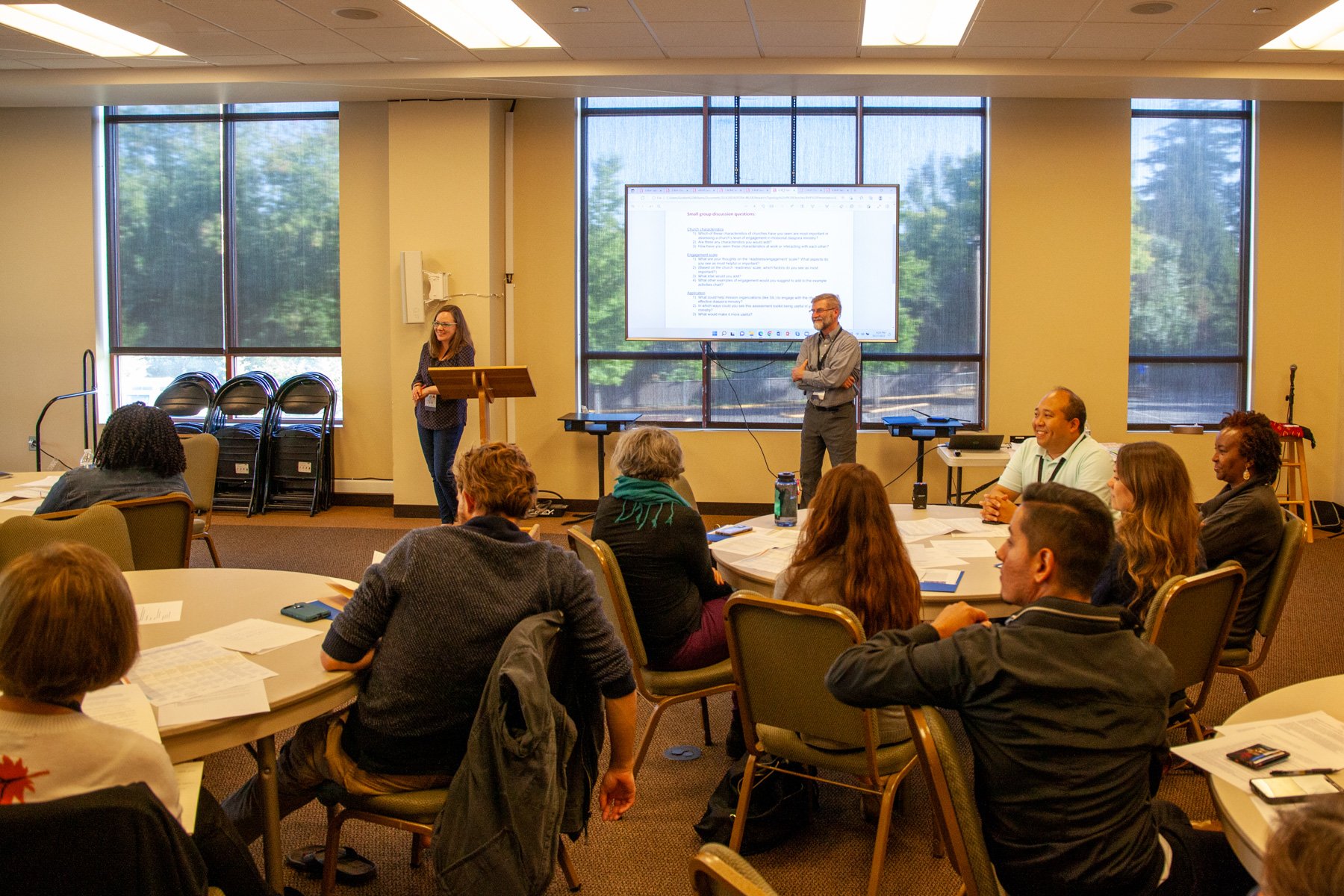
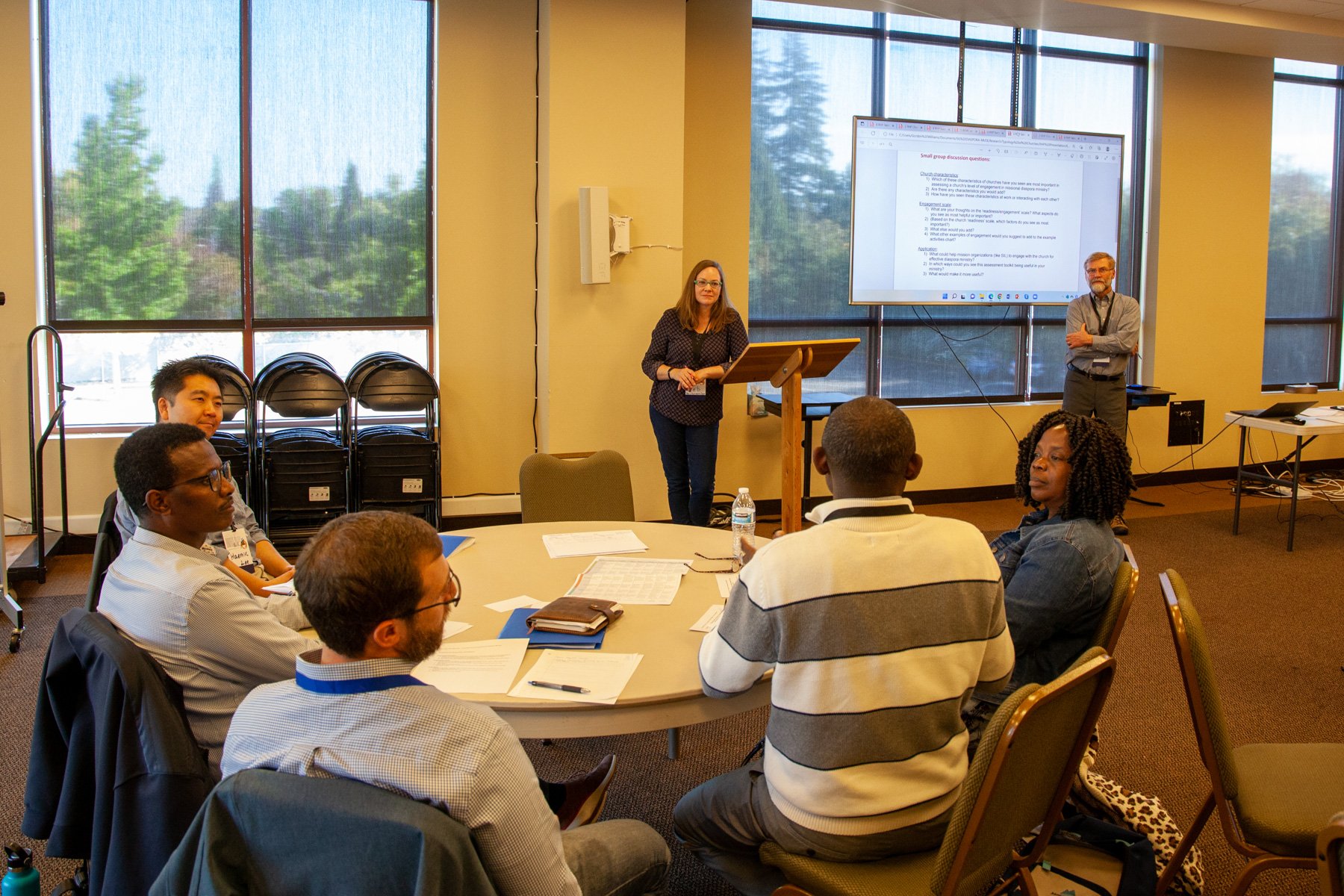
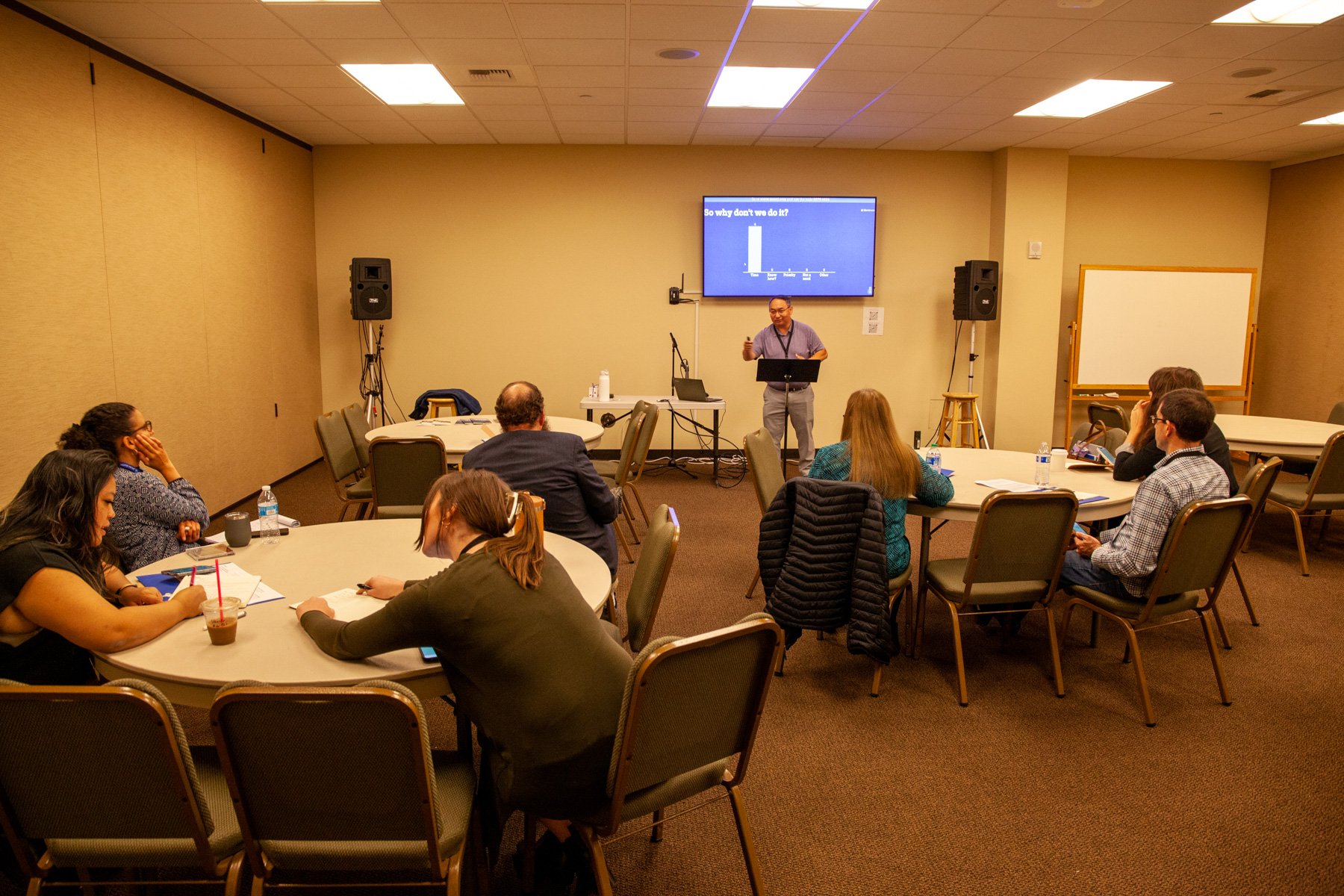
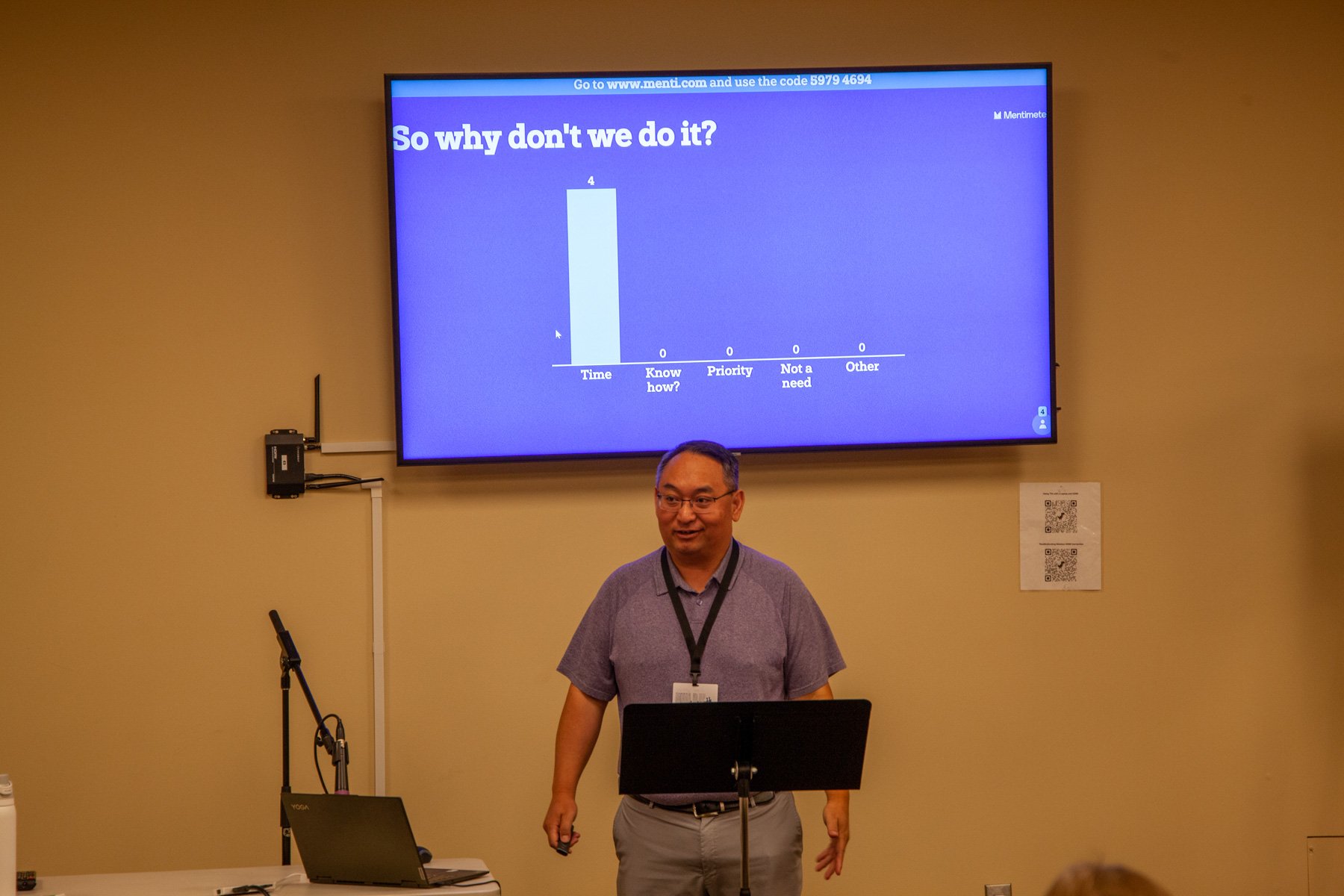
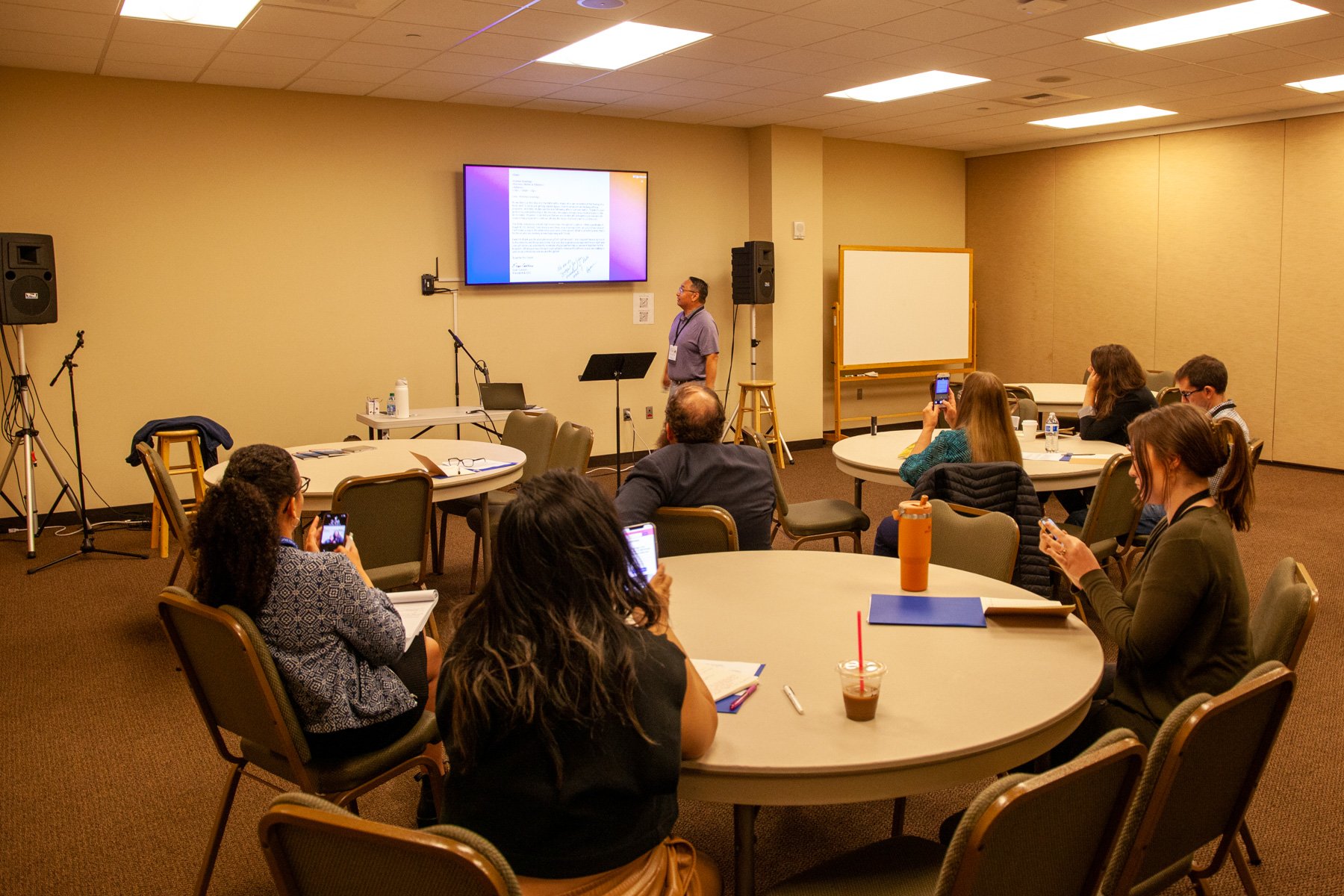
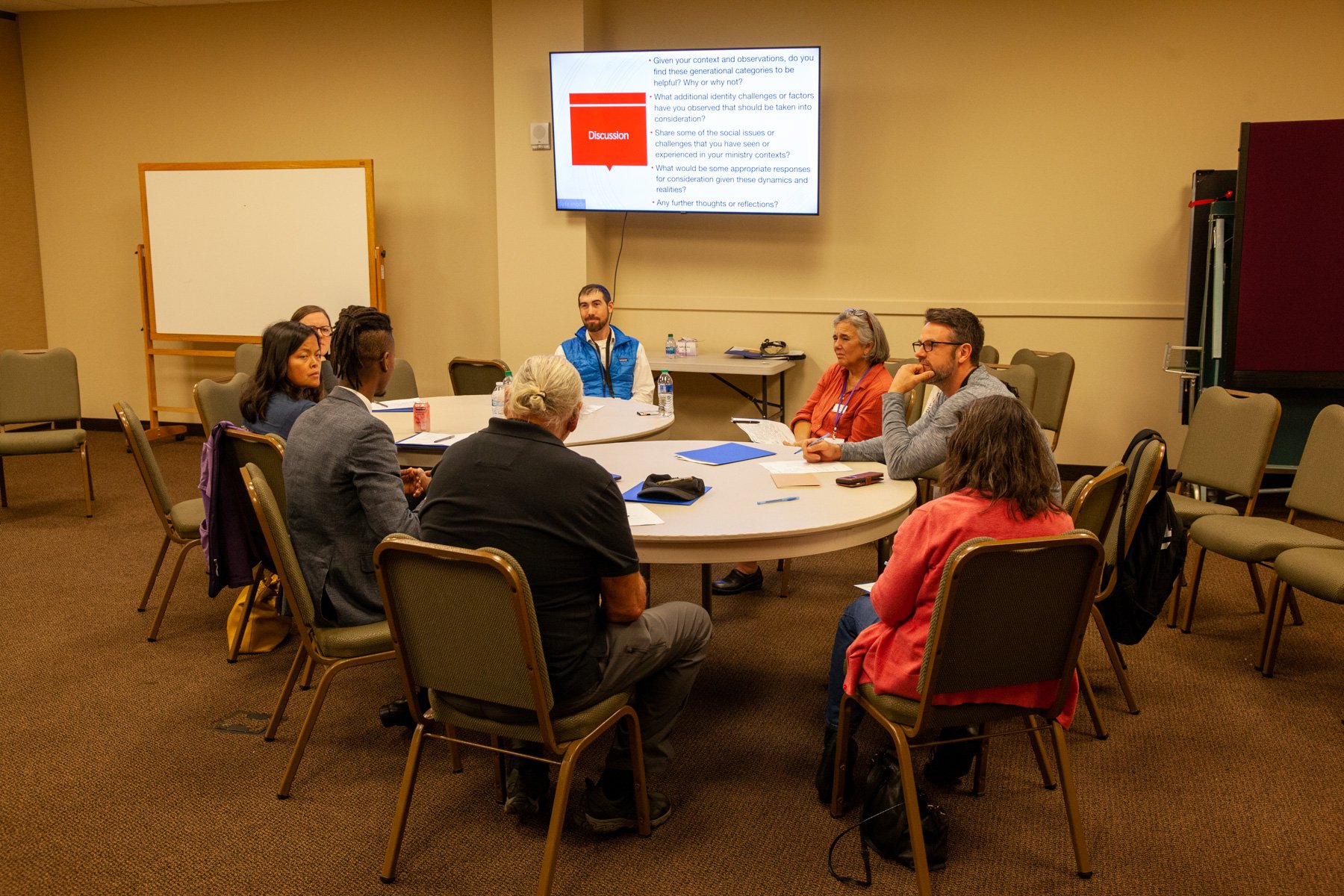
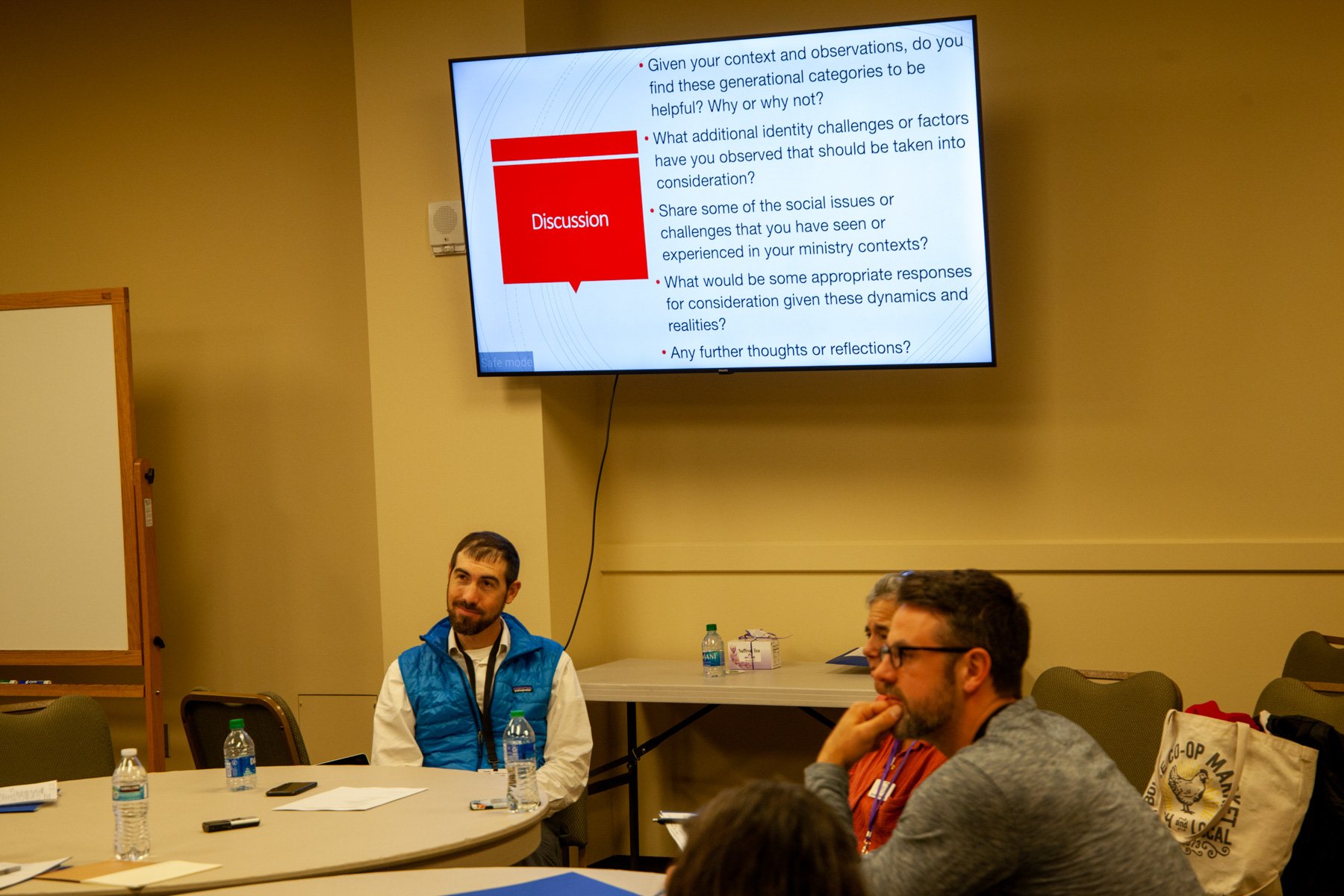
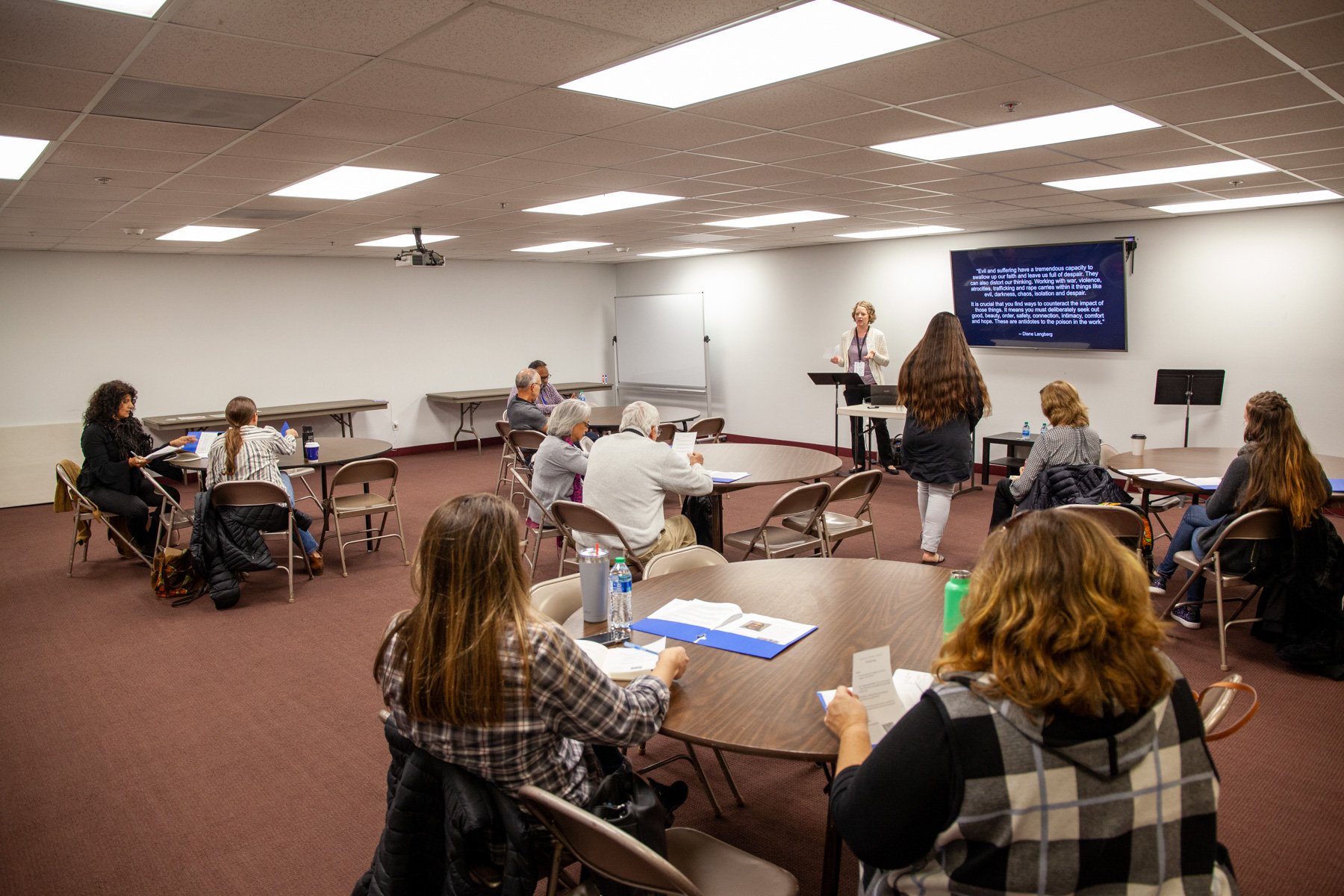
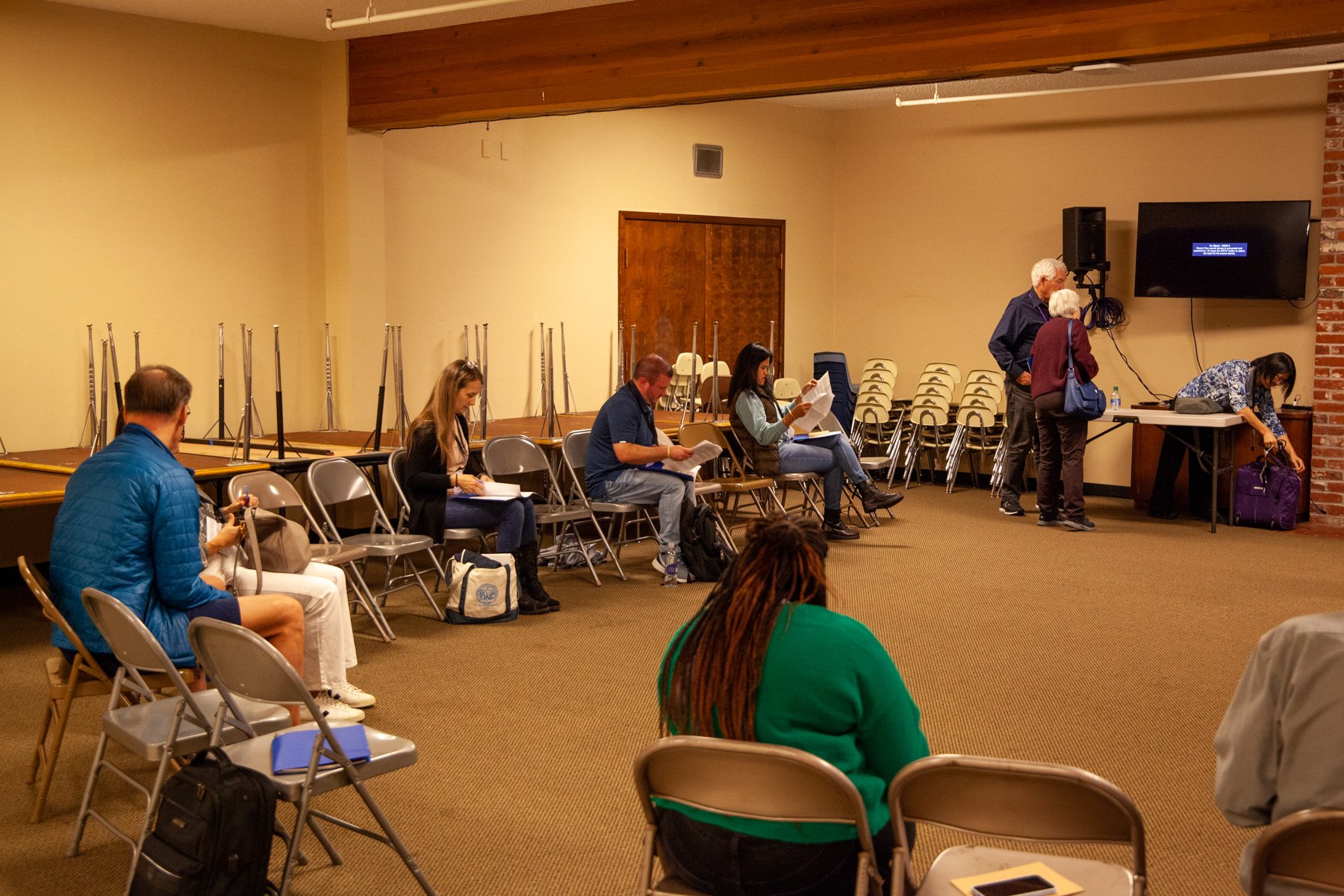
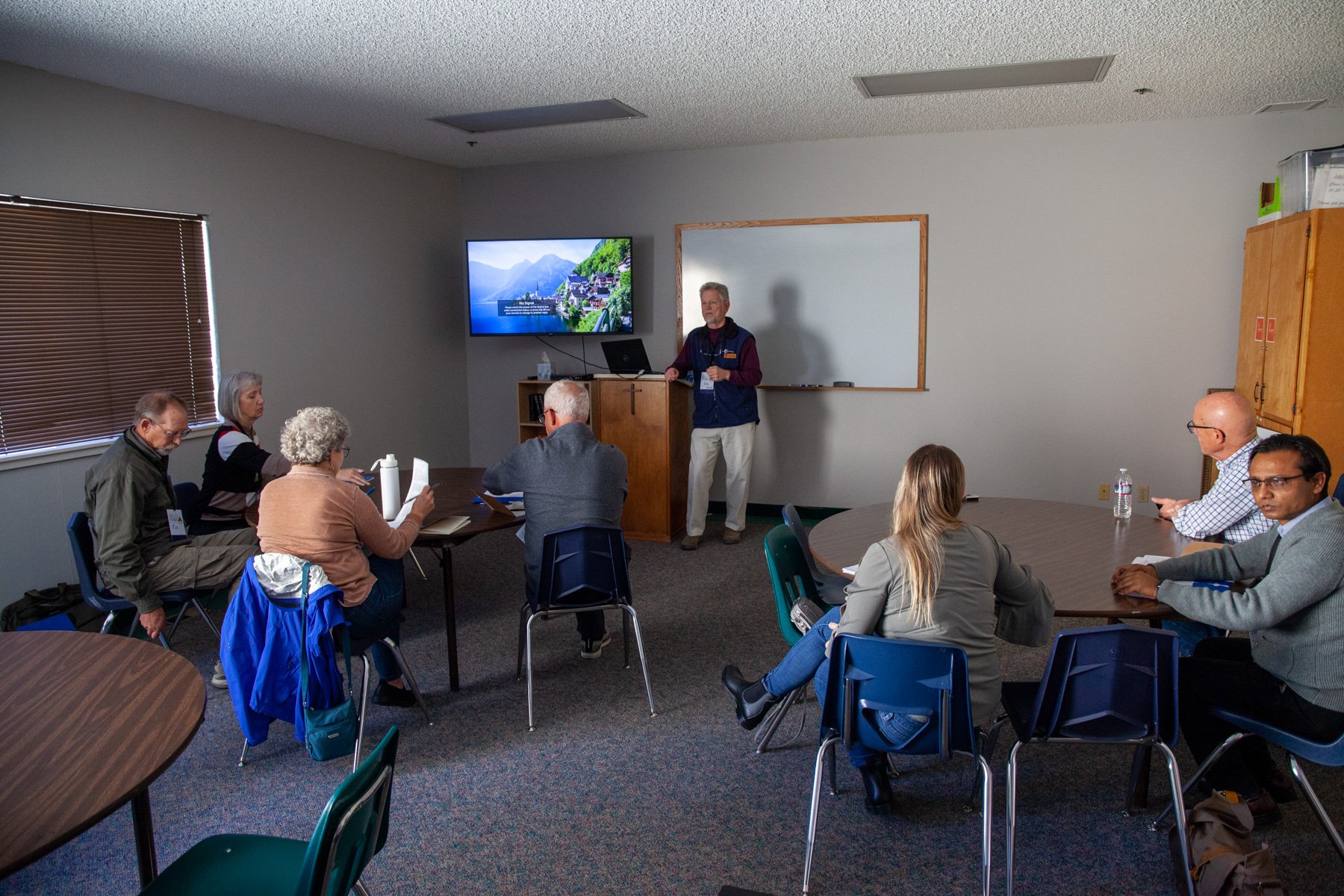
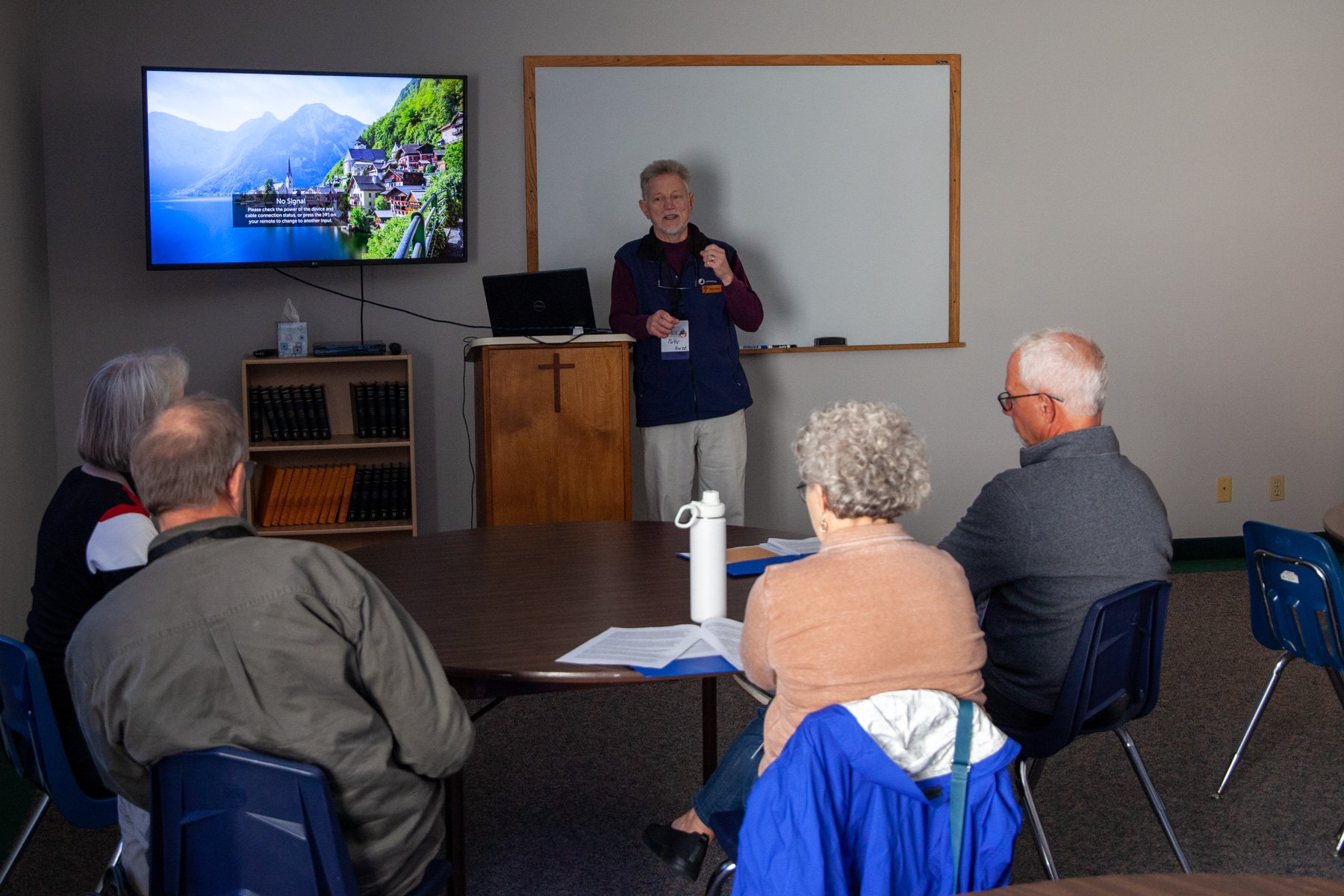
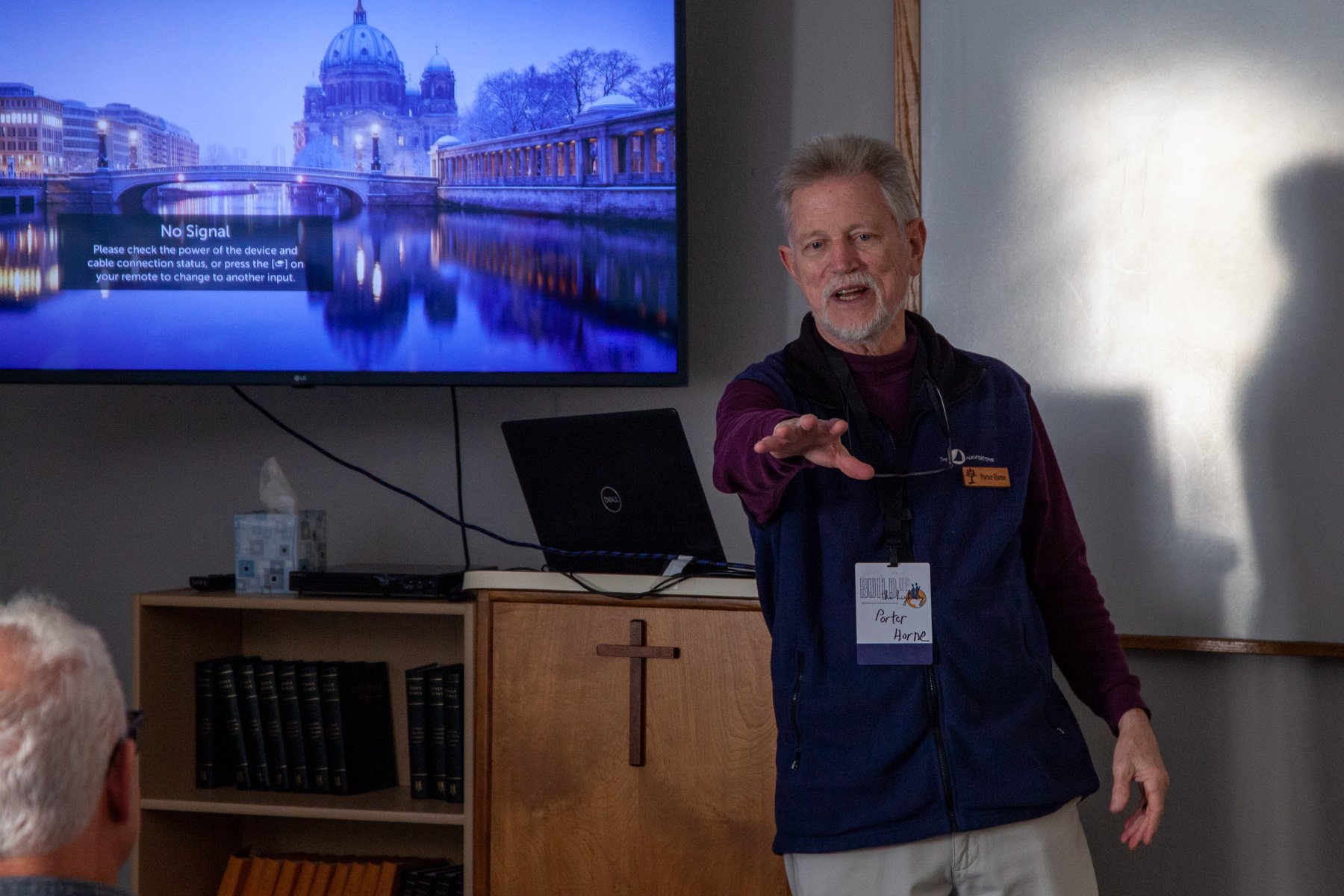
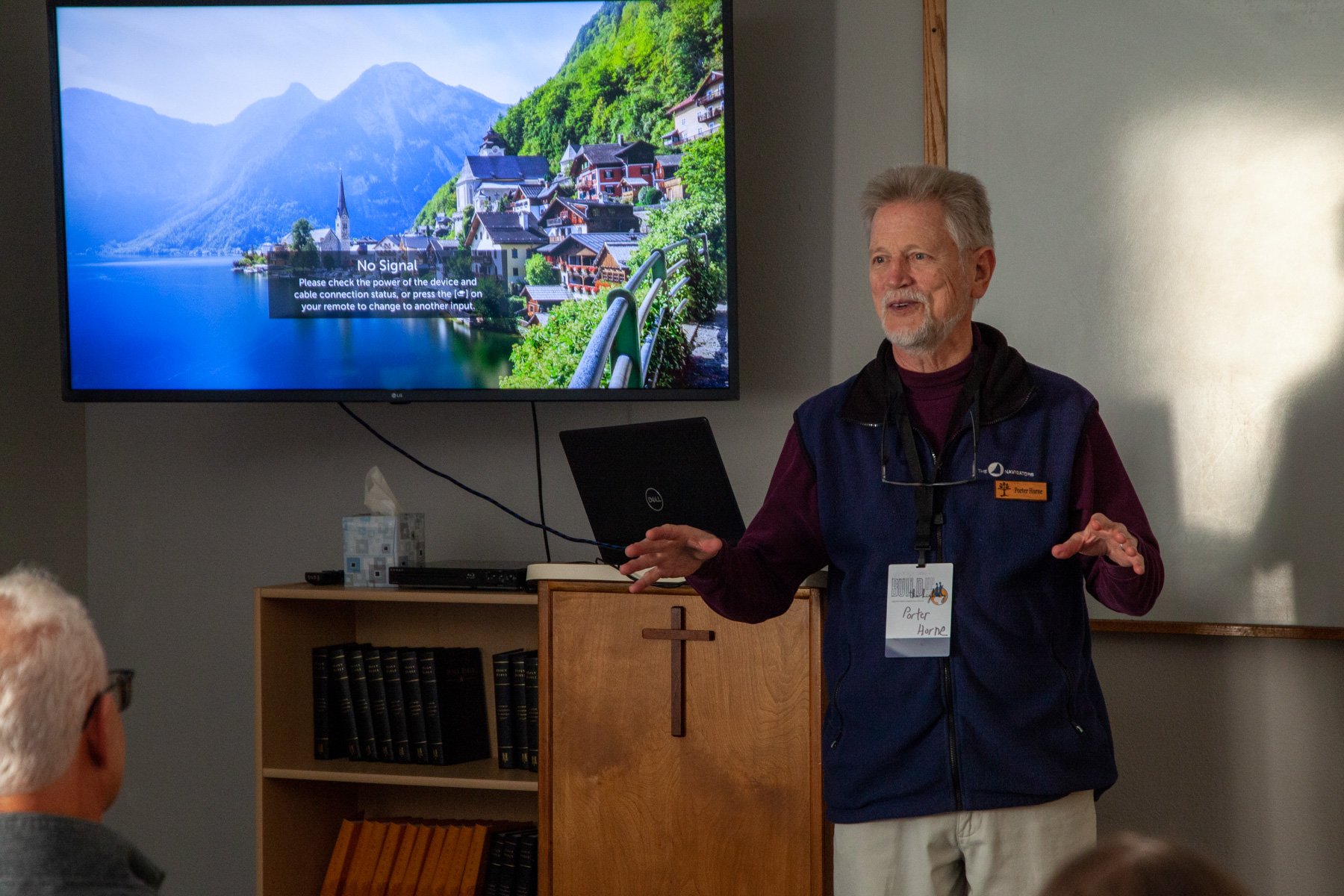
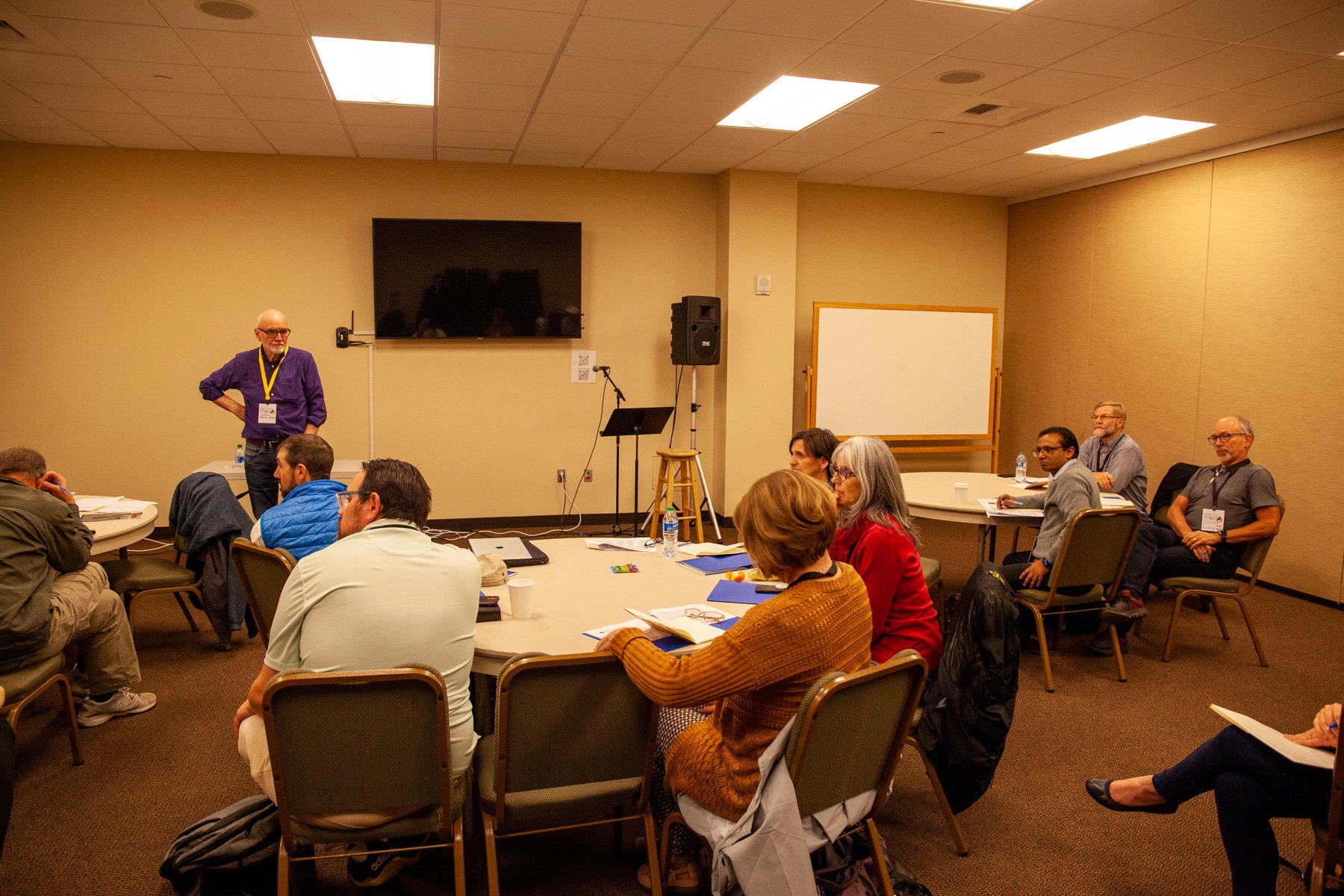
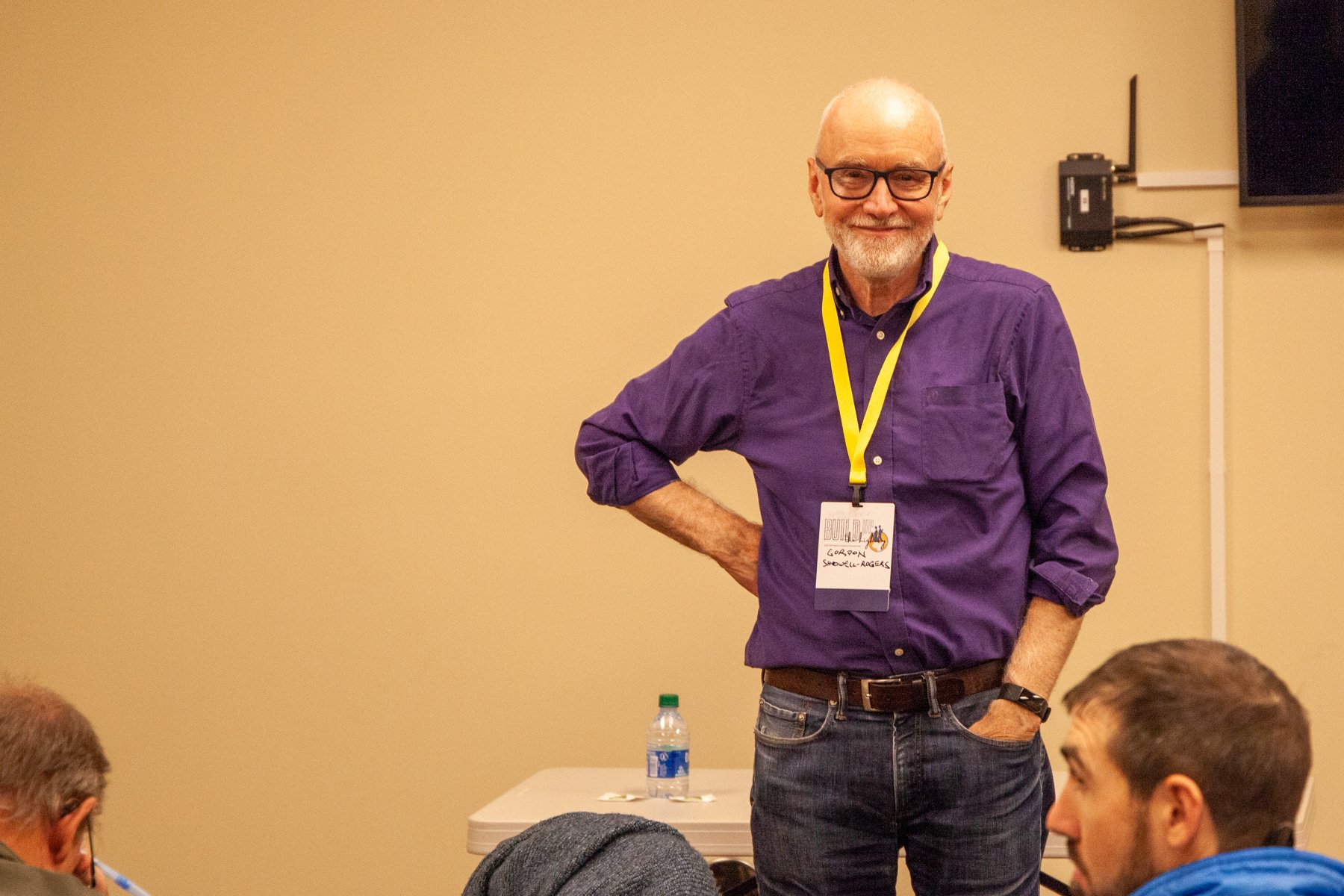
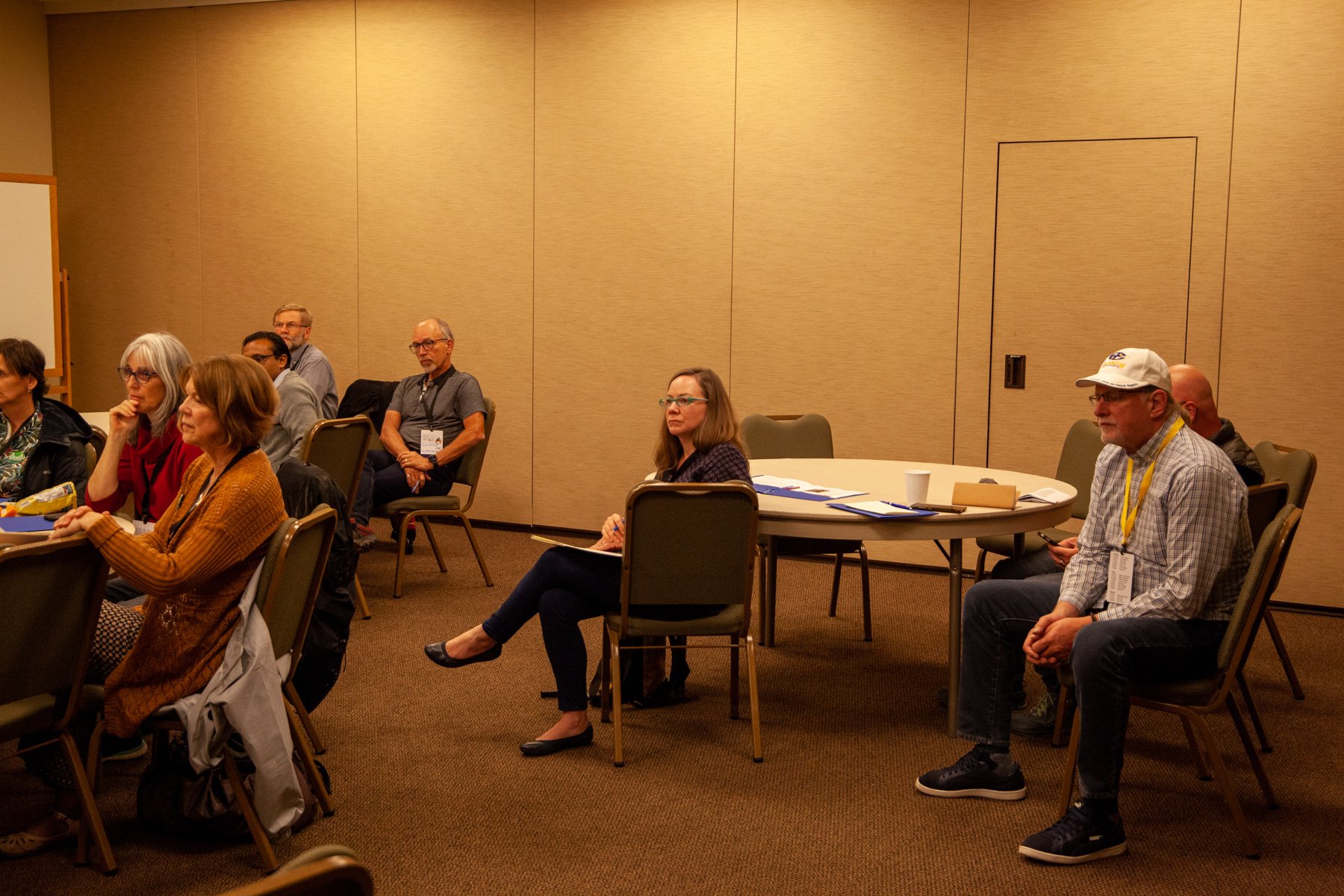
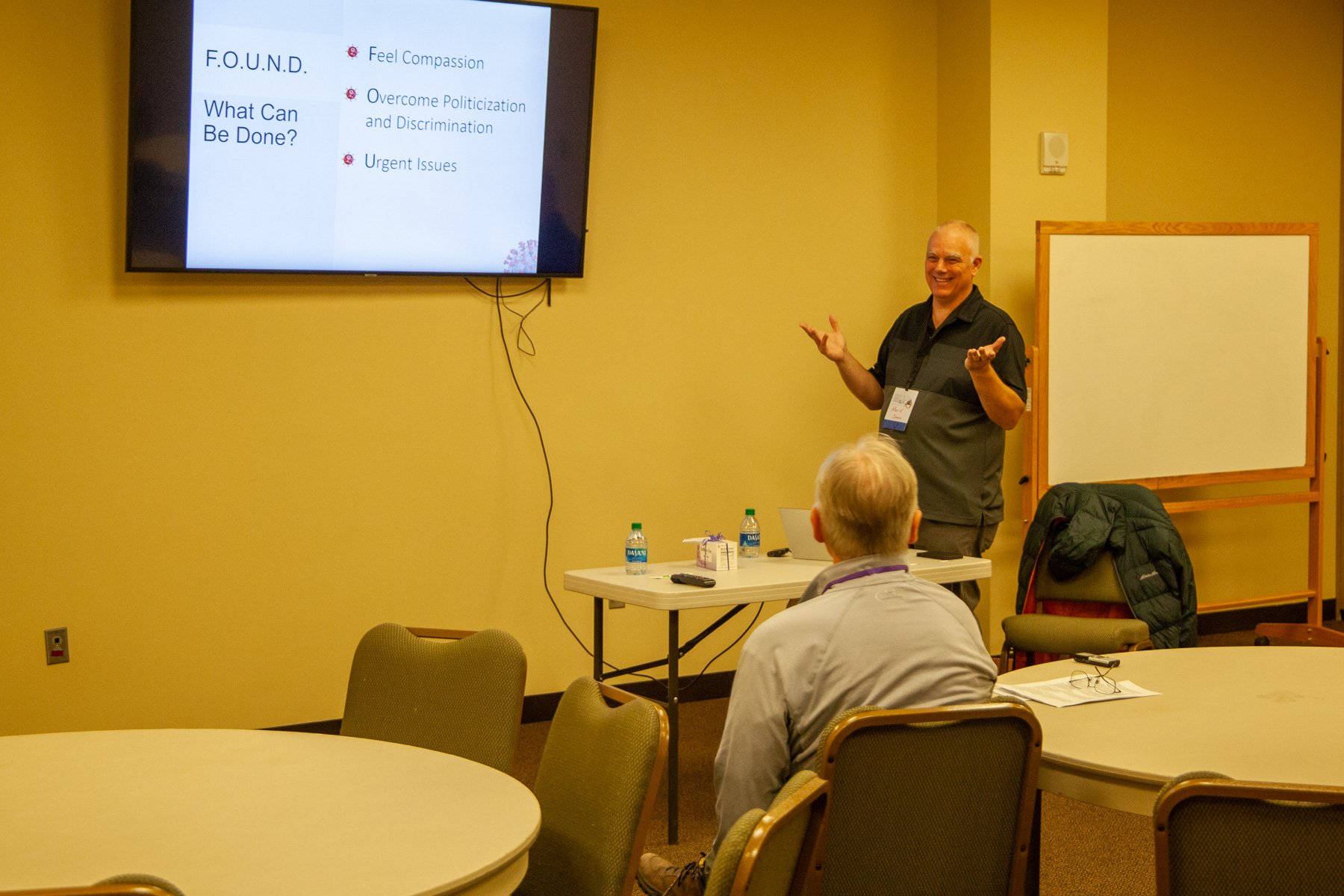
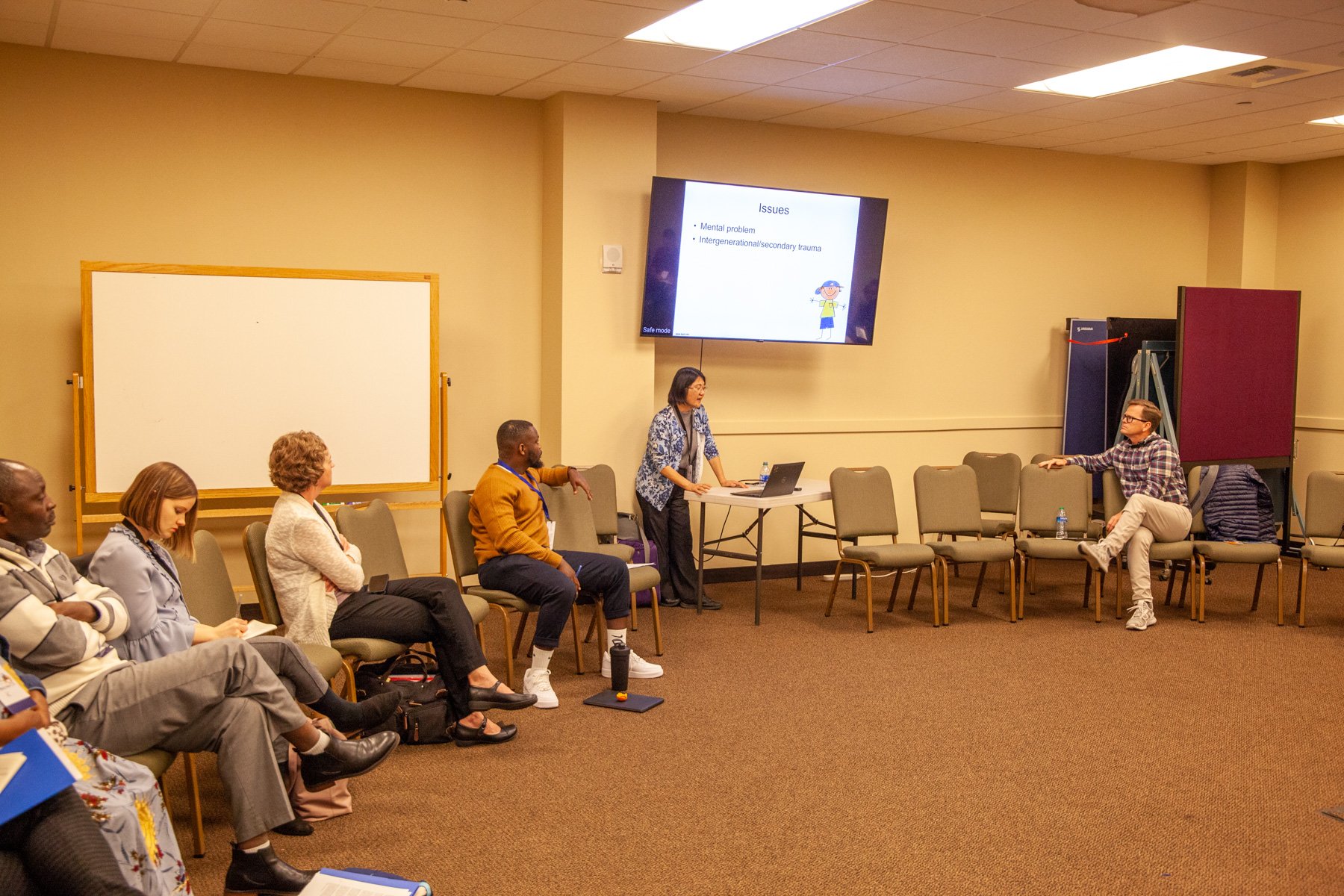
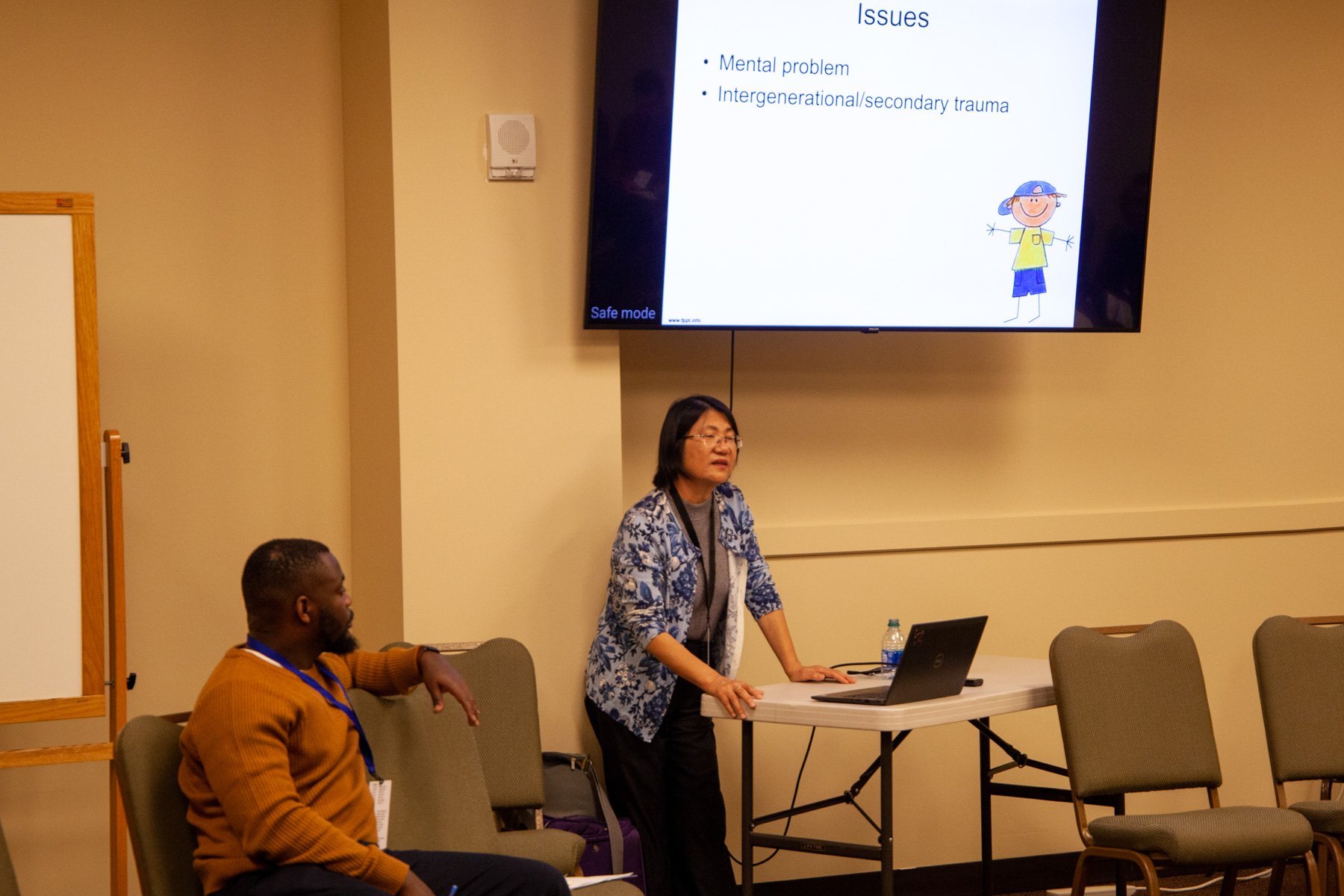
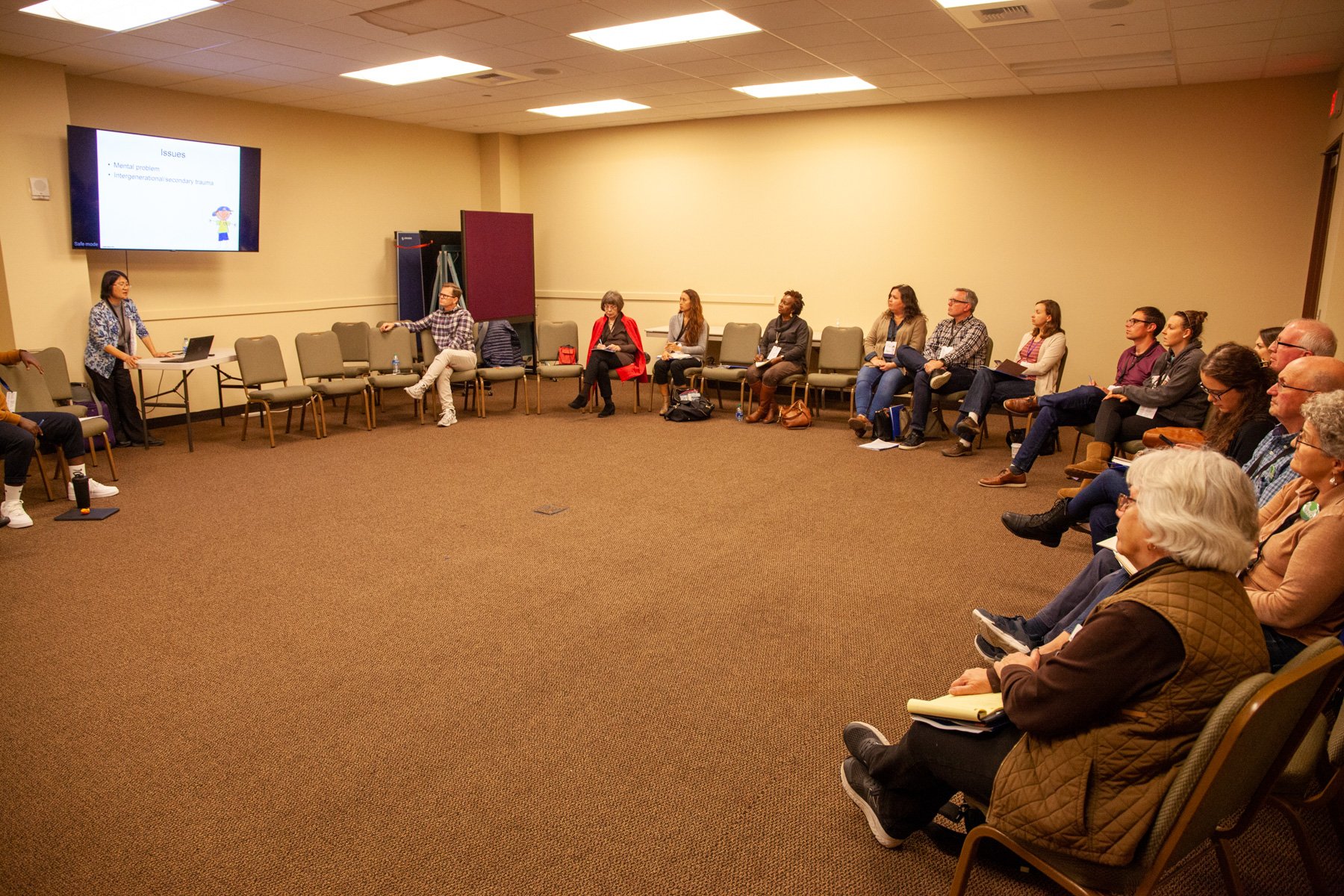
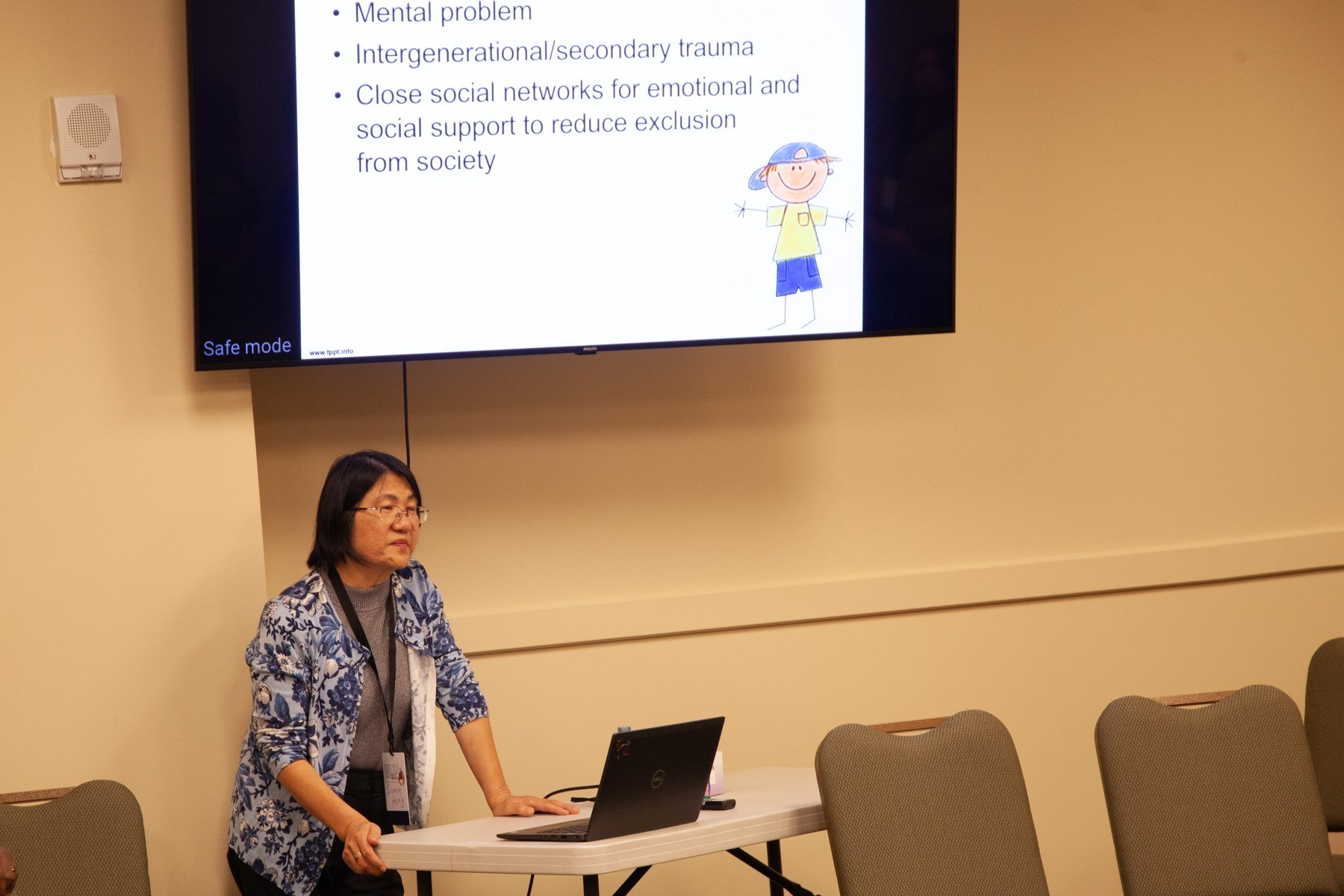

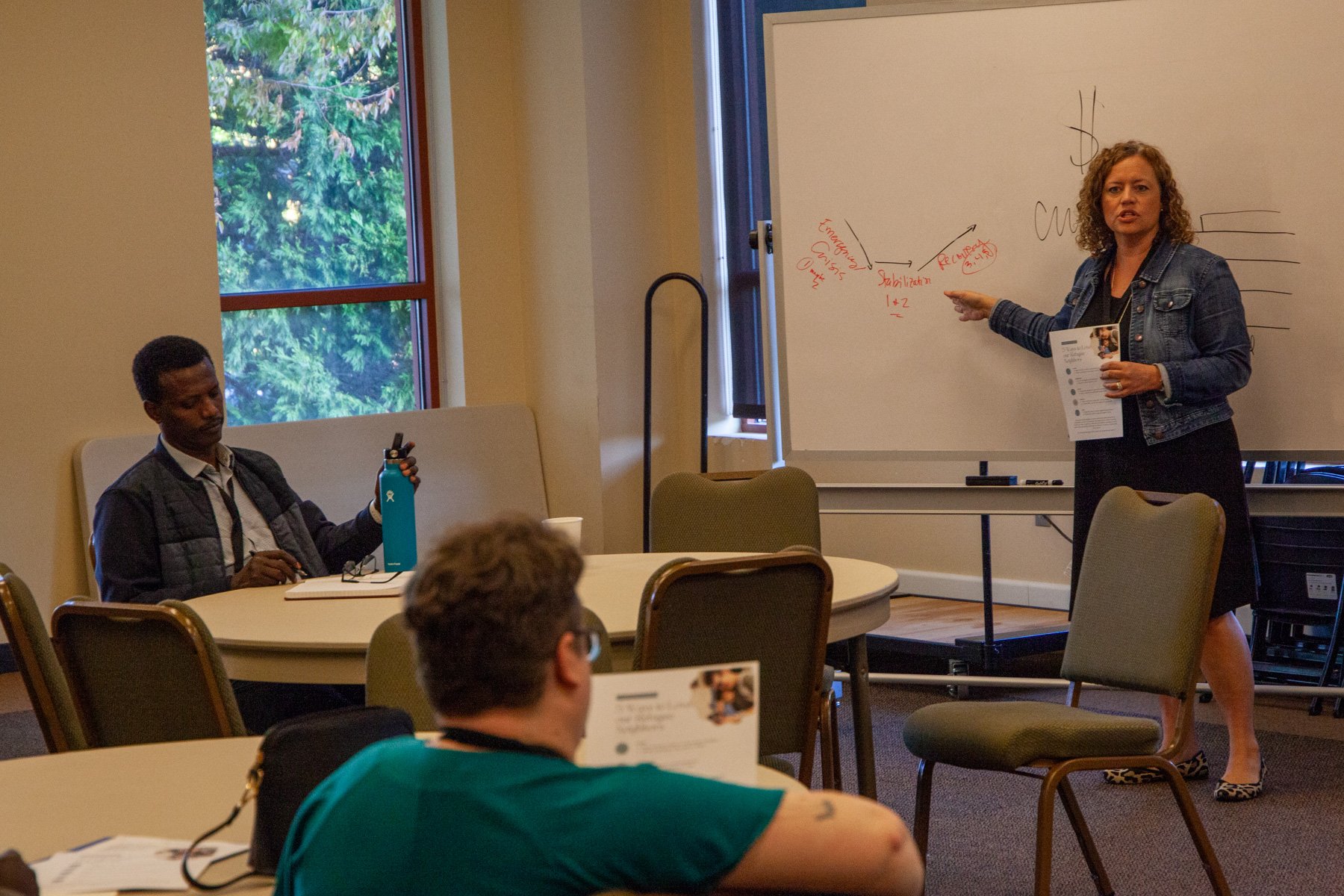

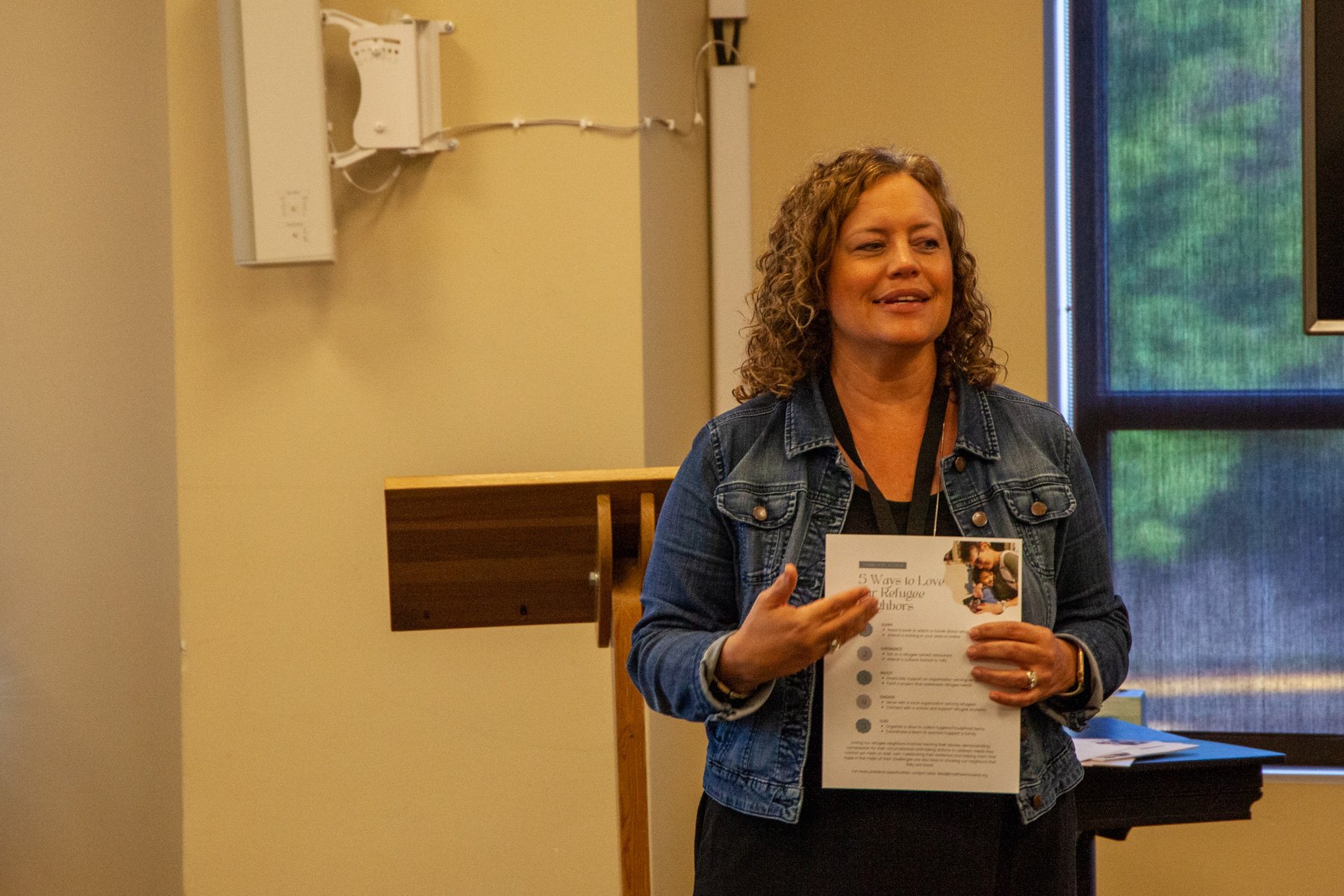
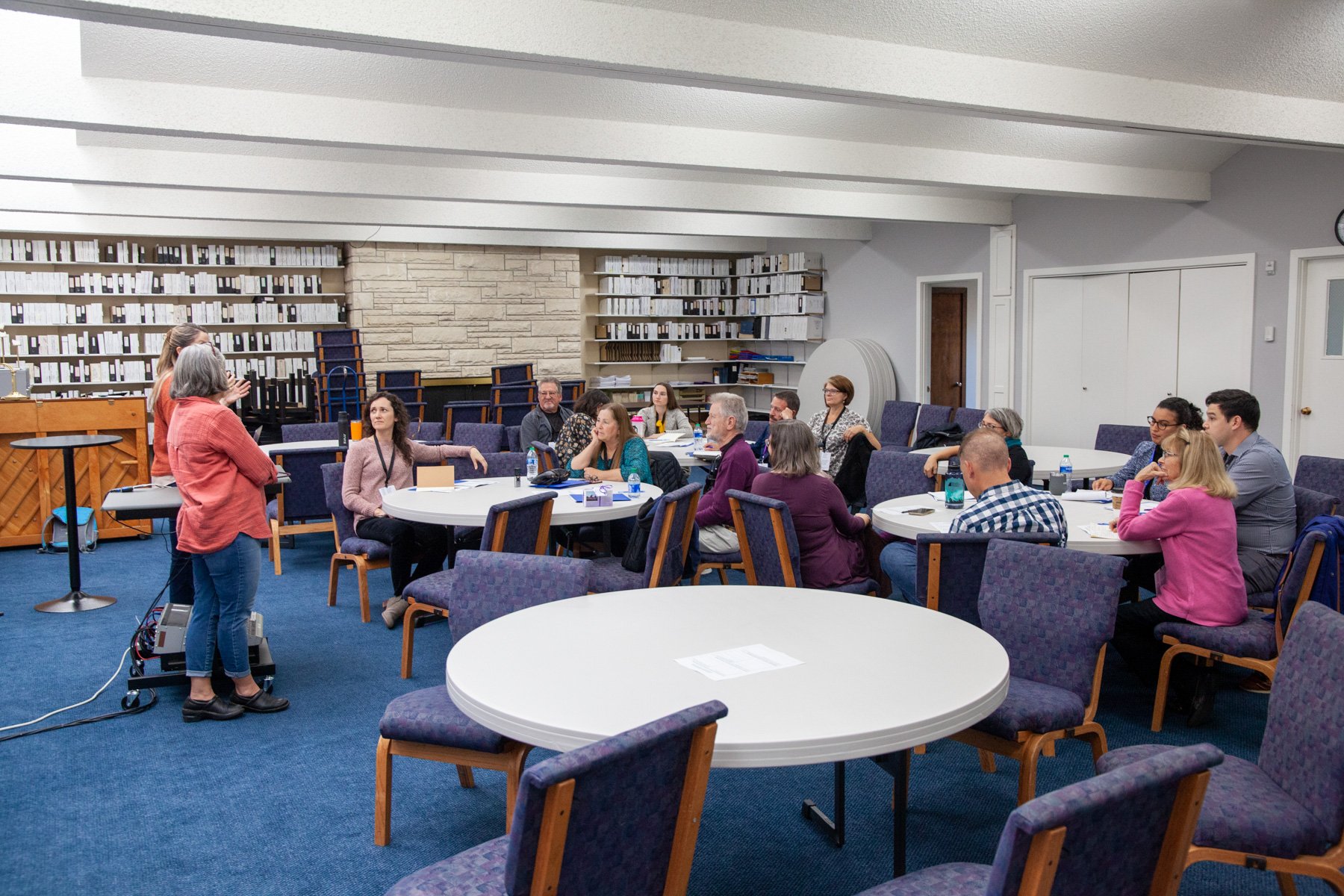
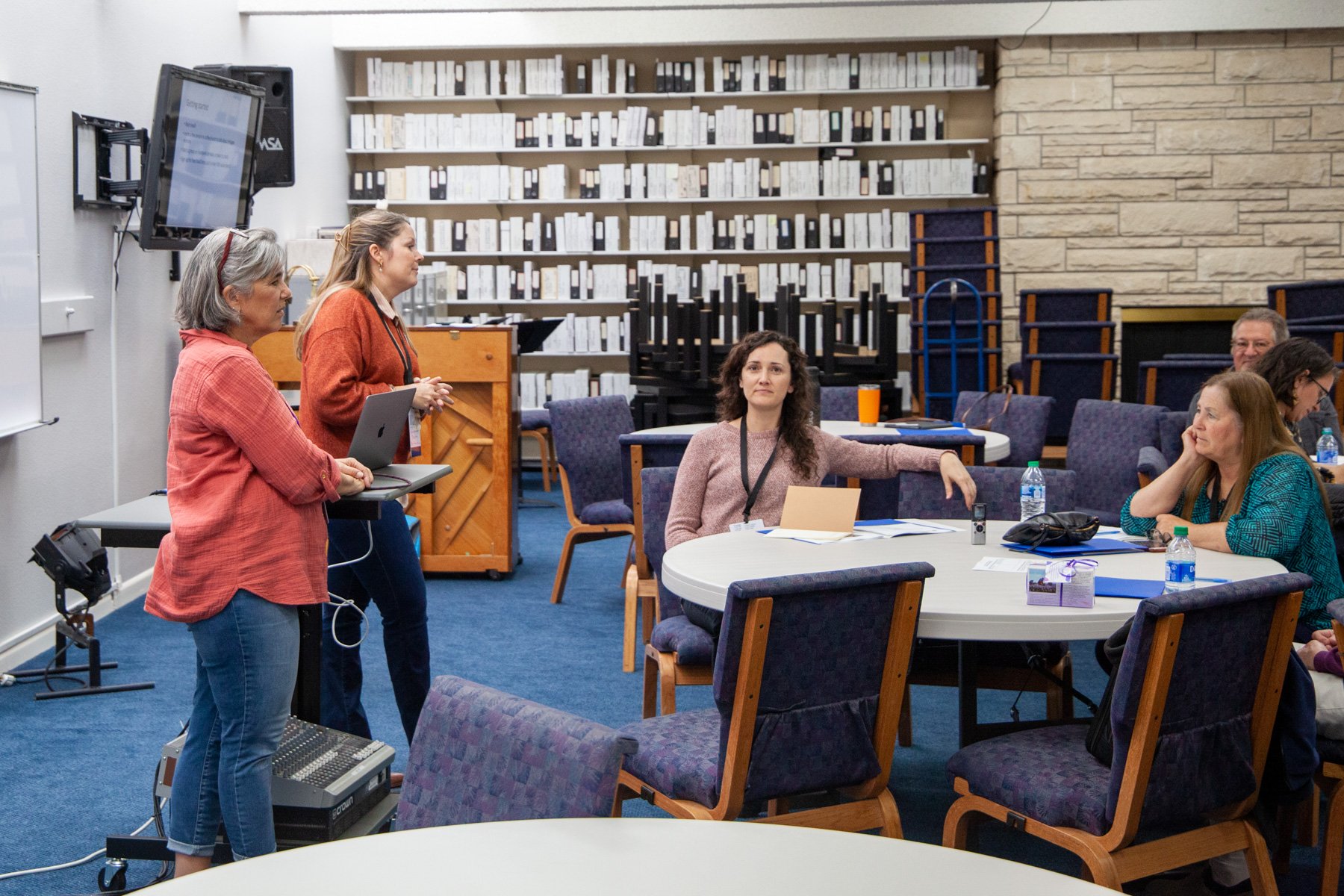

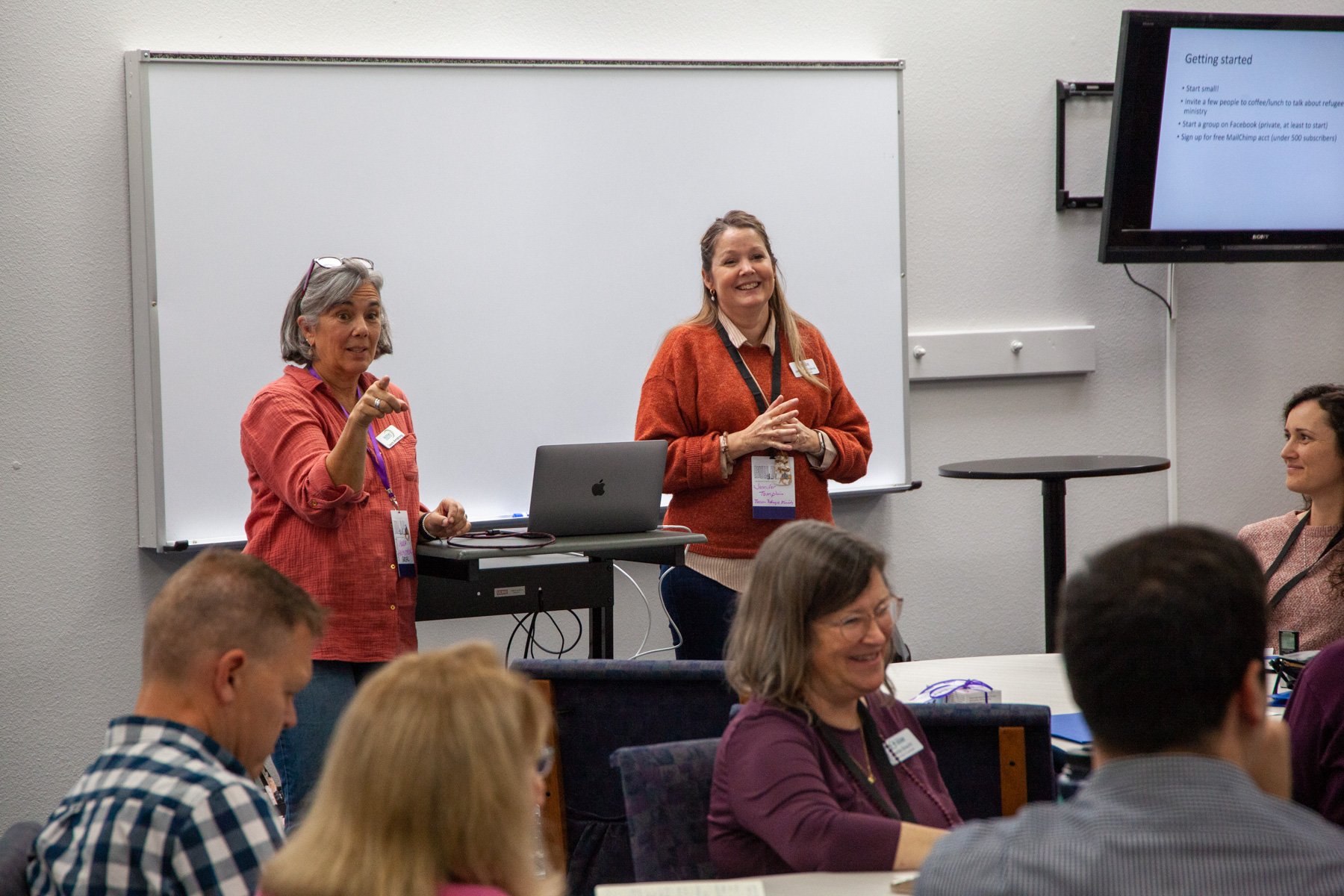
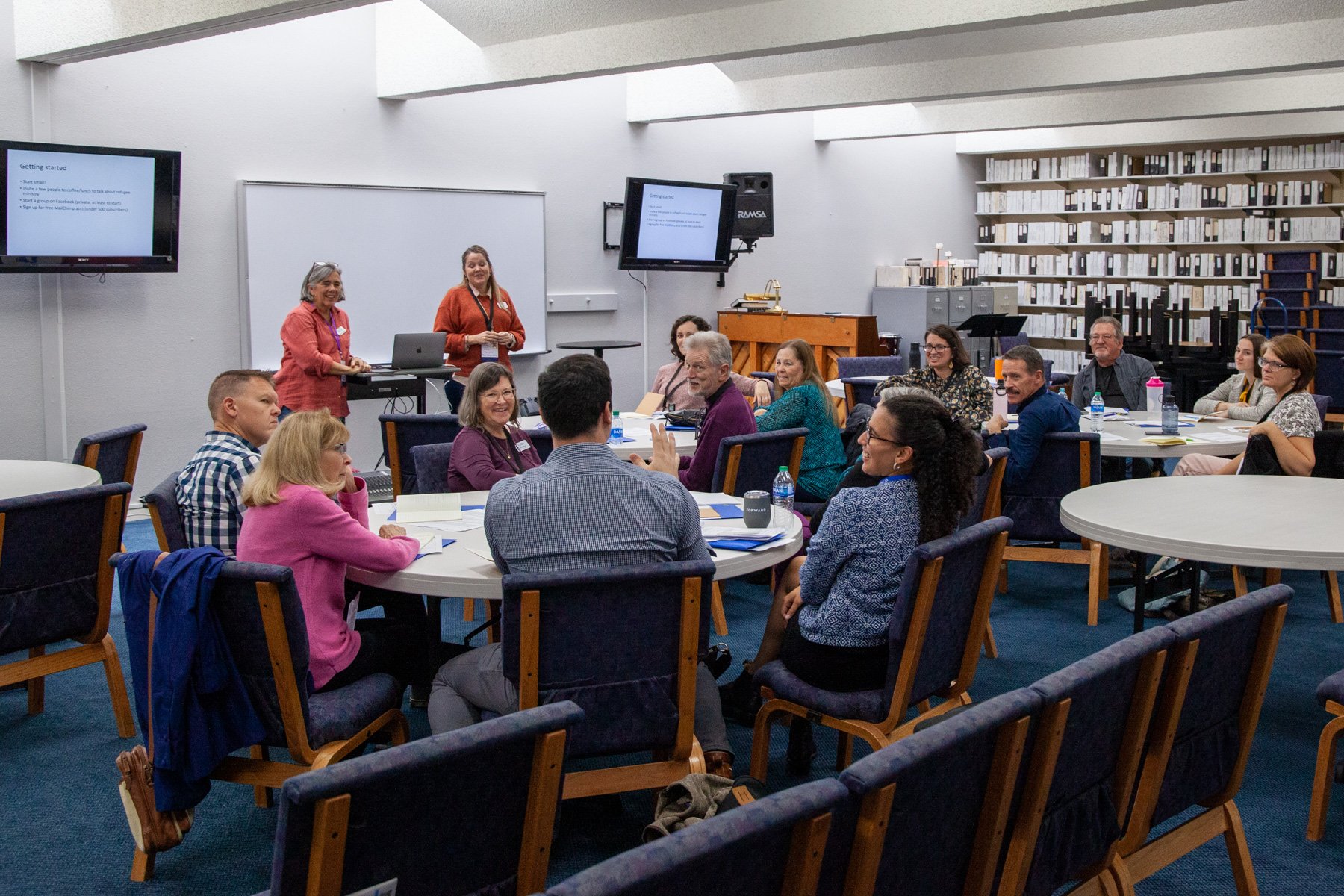
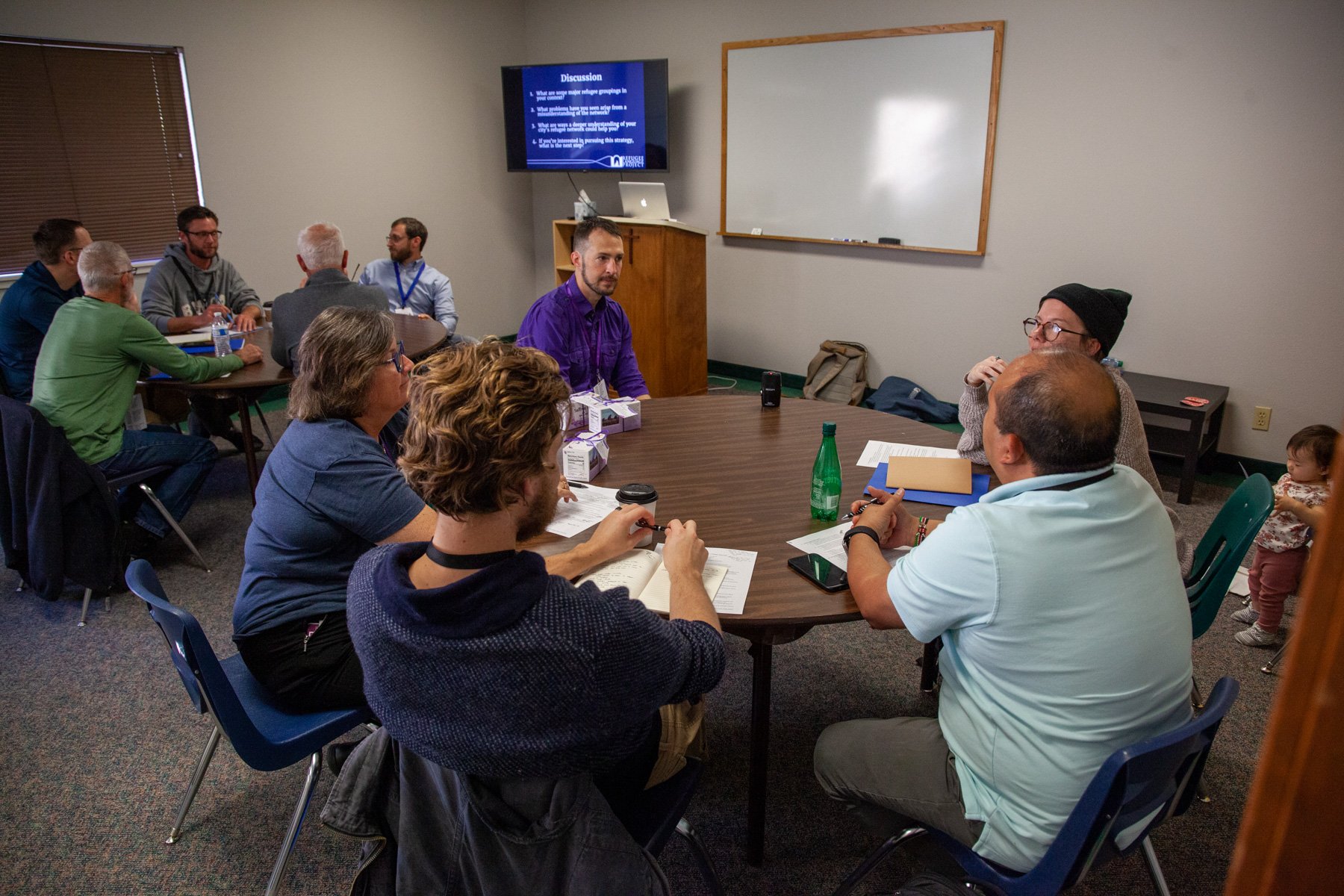
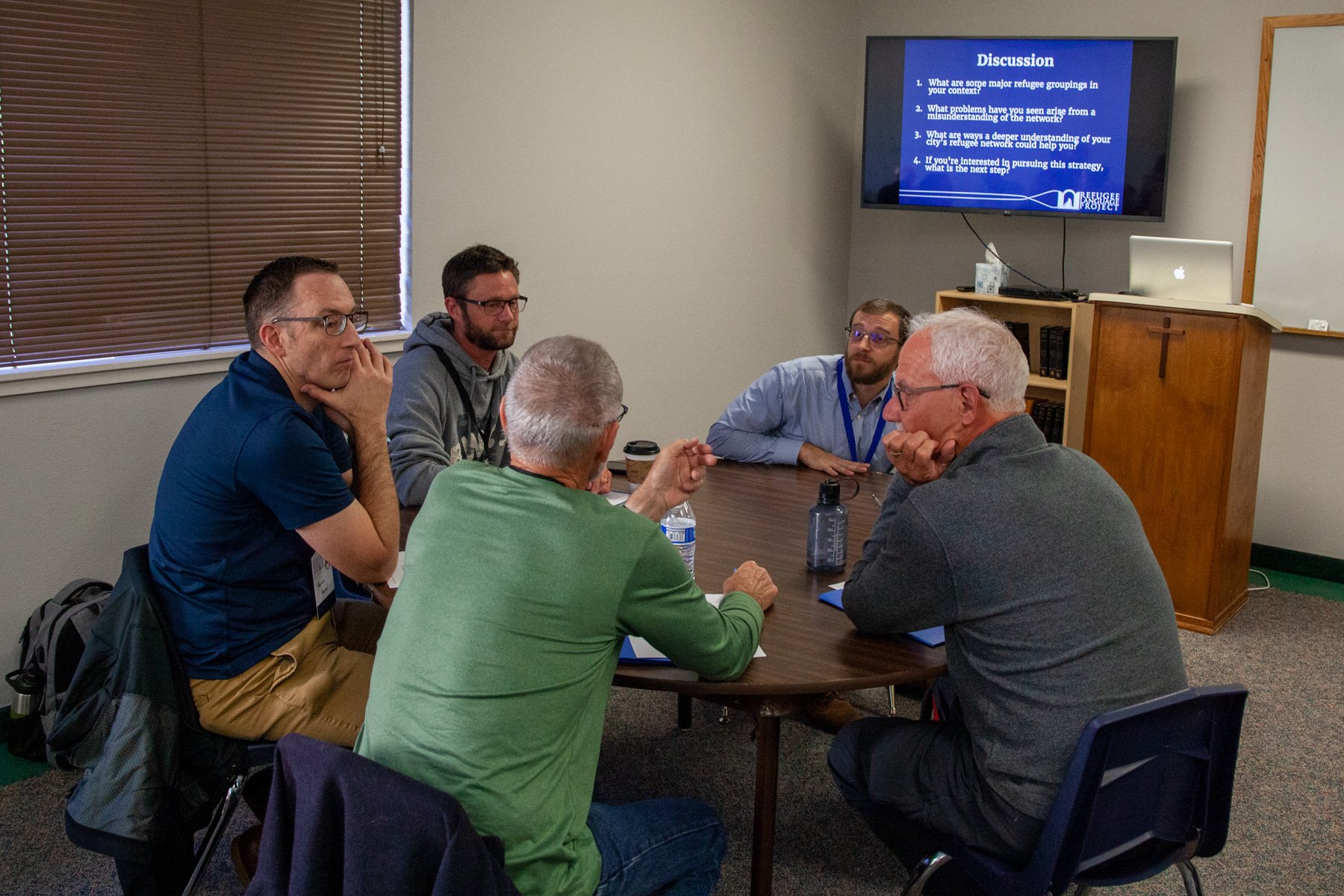


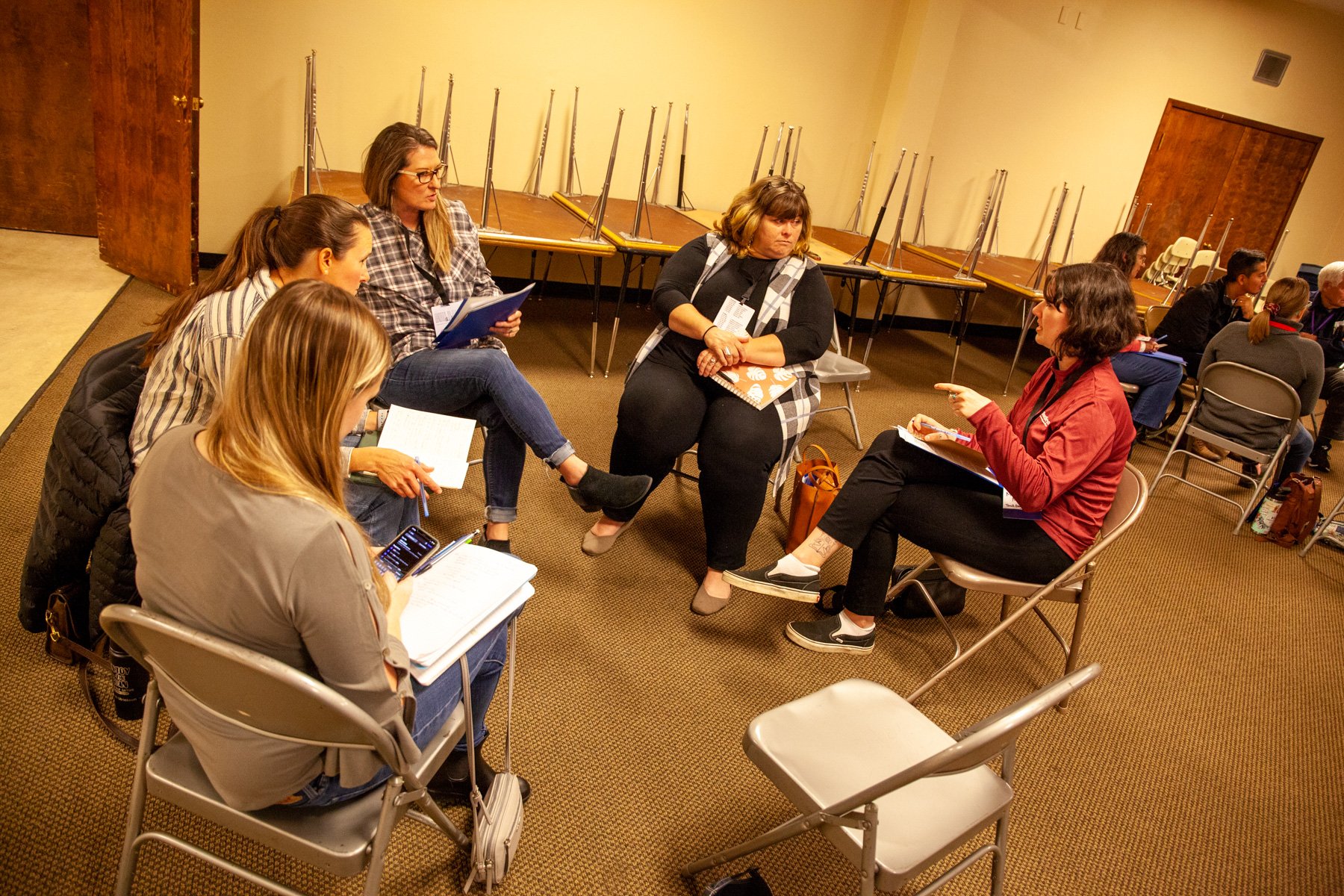
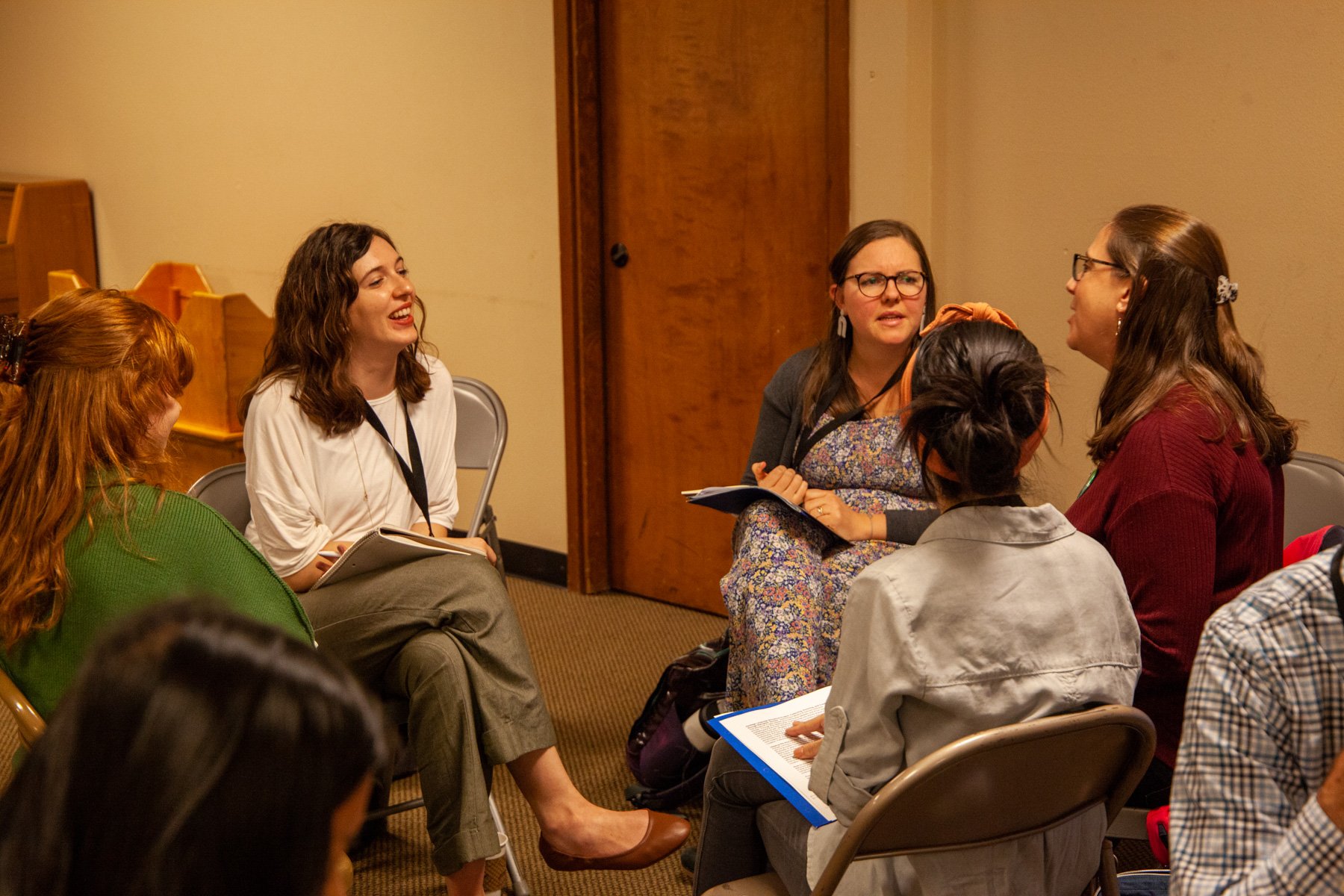

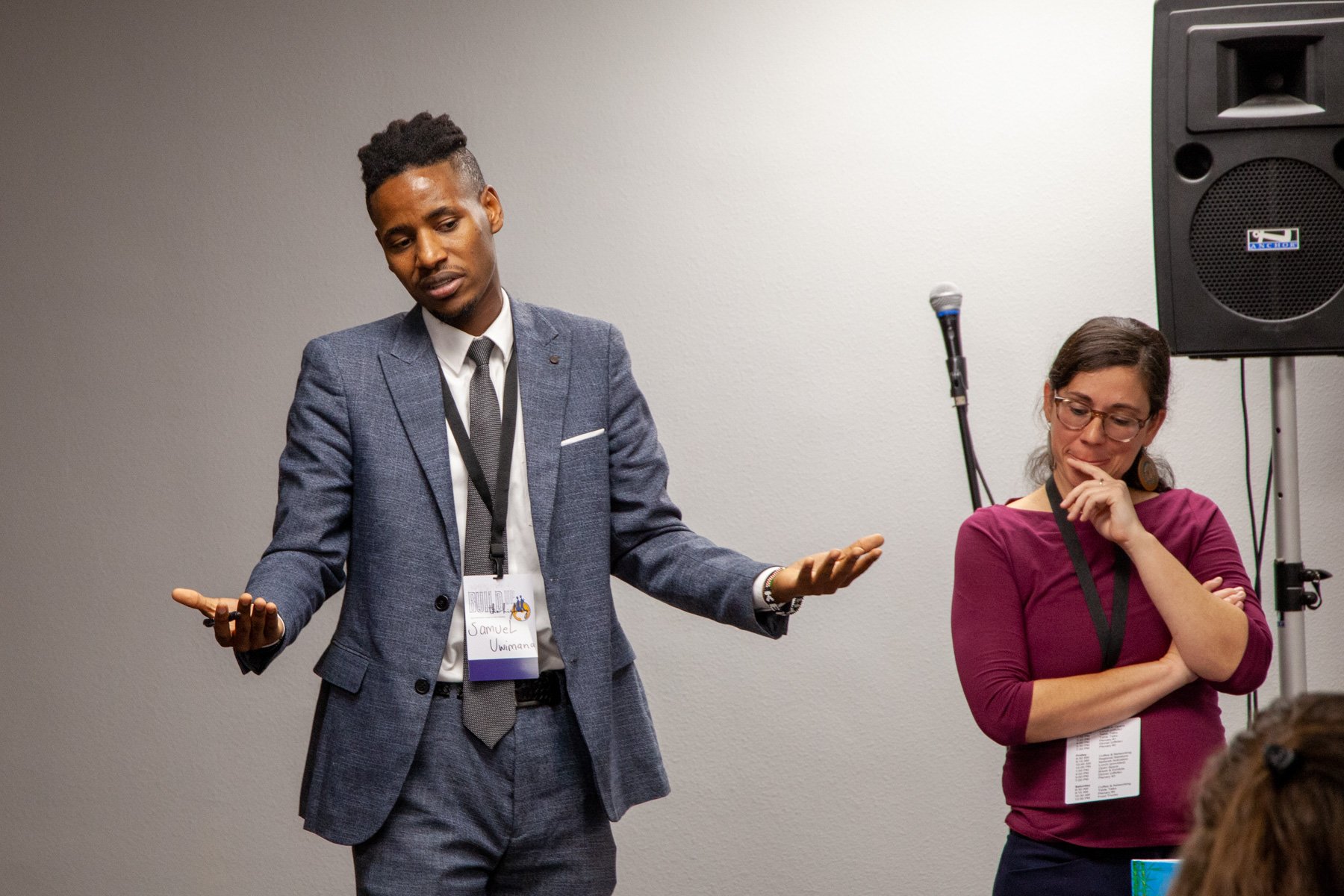
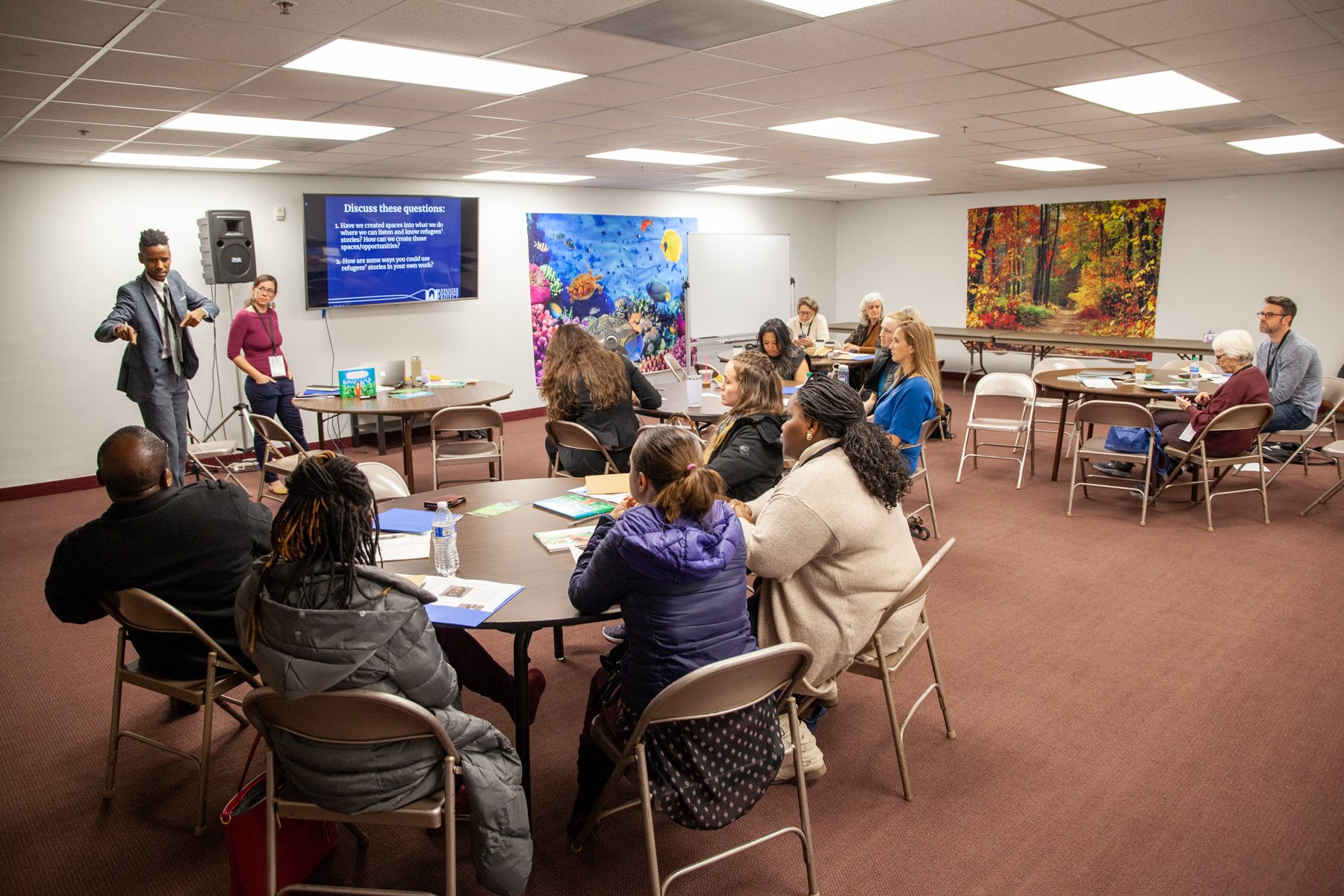
Table Talks, Sessions 1-2 Photos
Photo credits: Tim Cowley (Instagram @timcowleypdx)
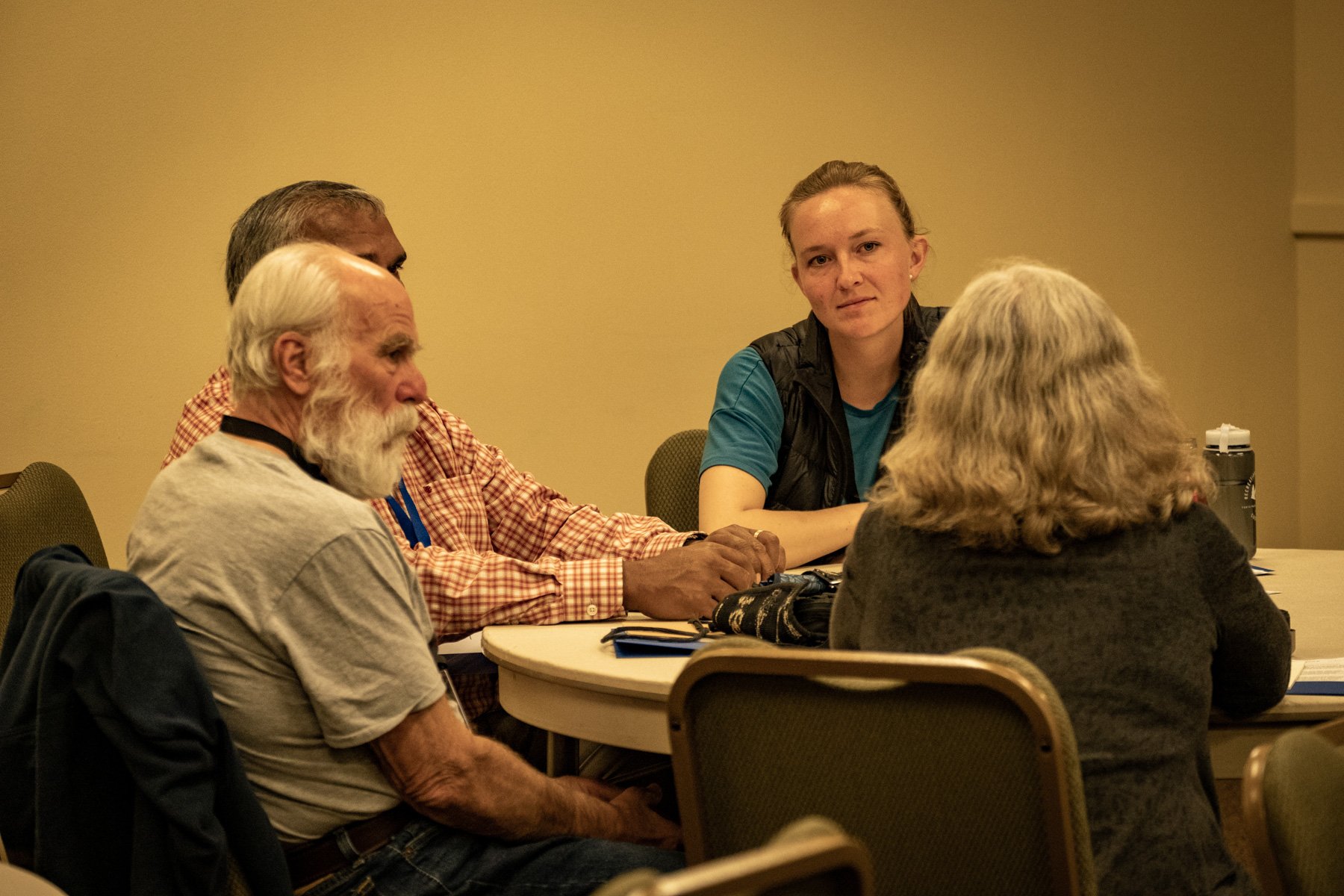
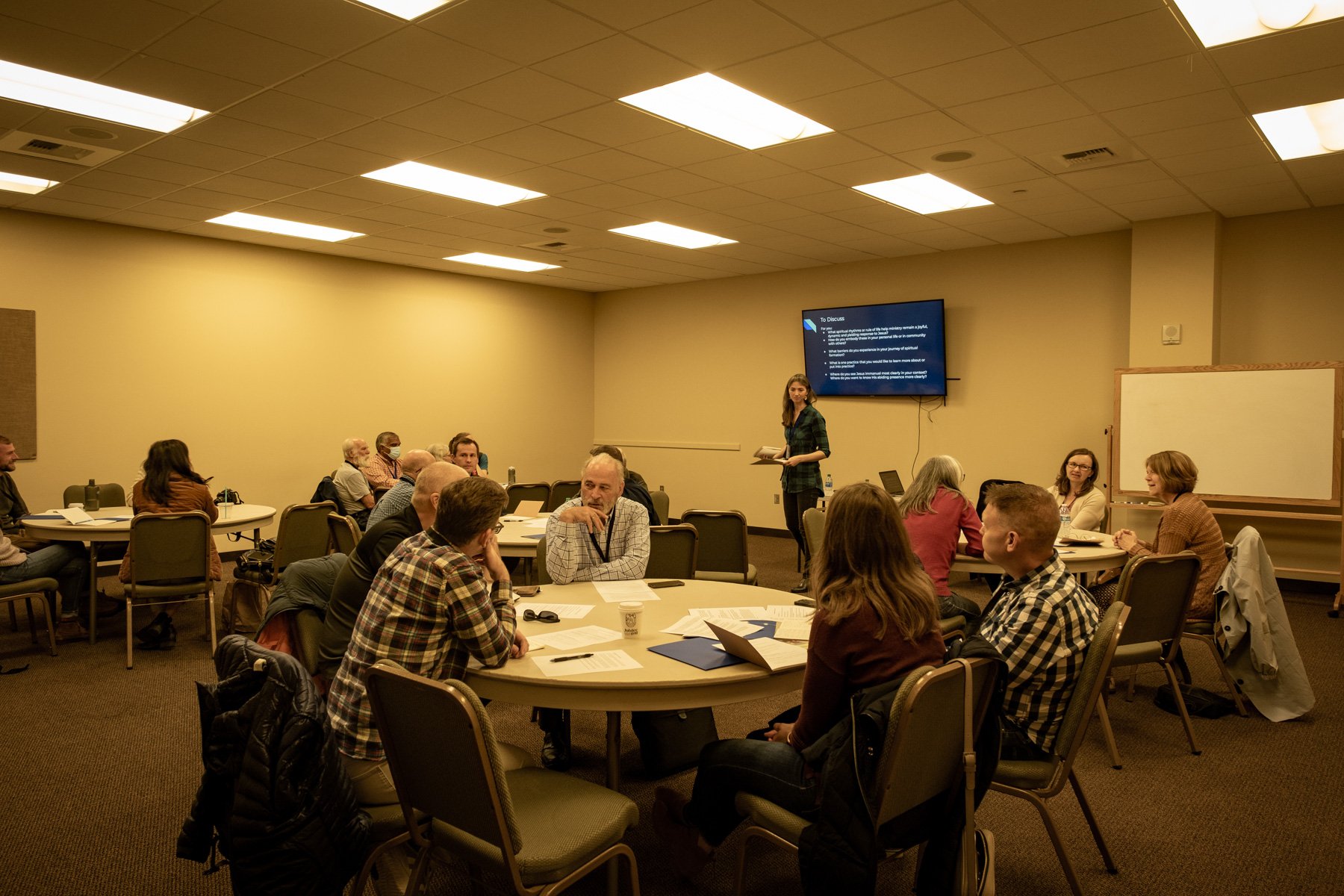
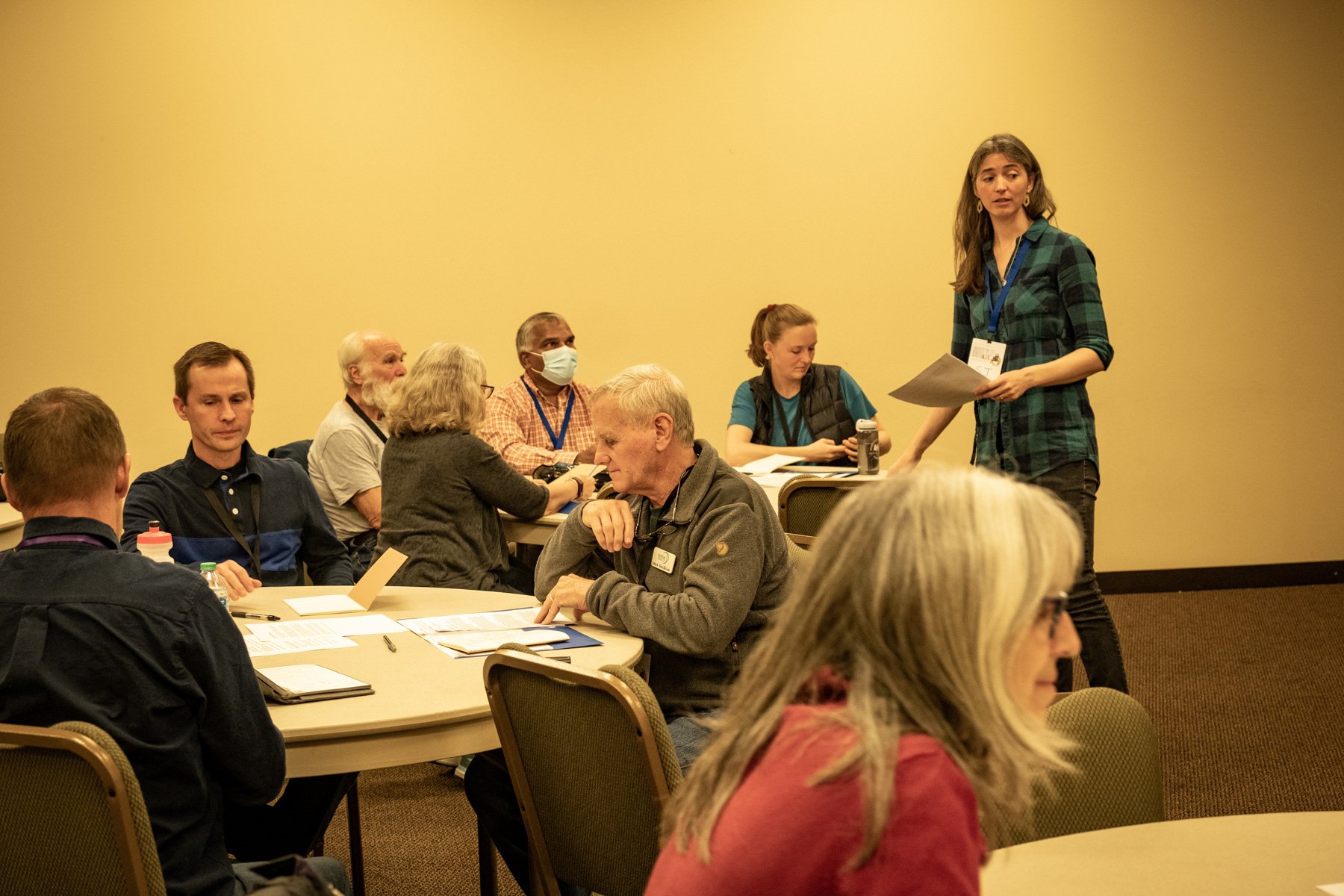
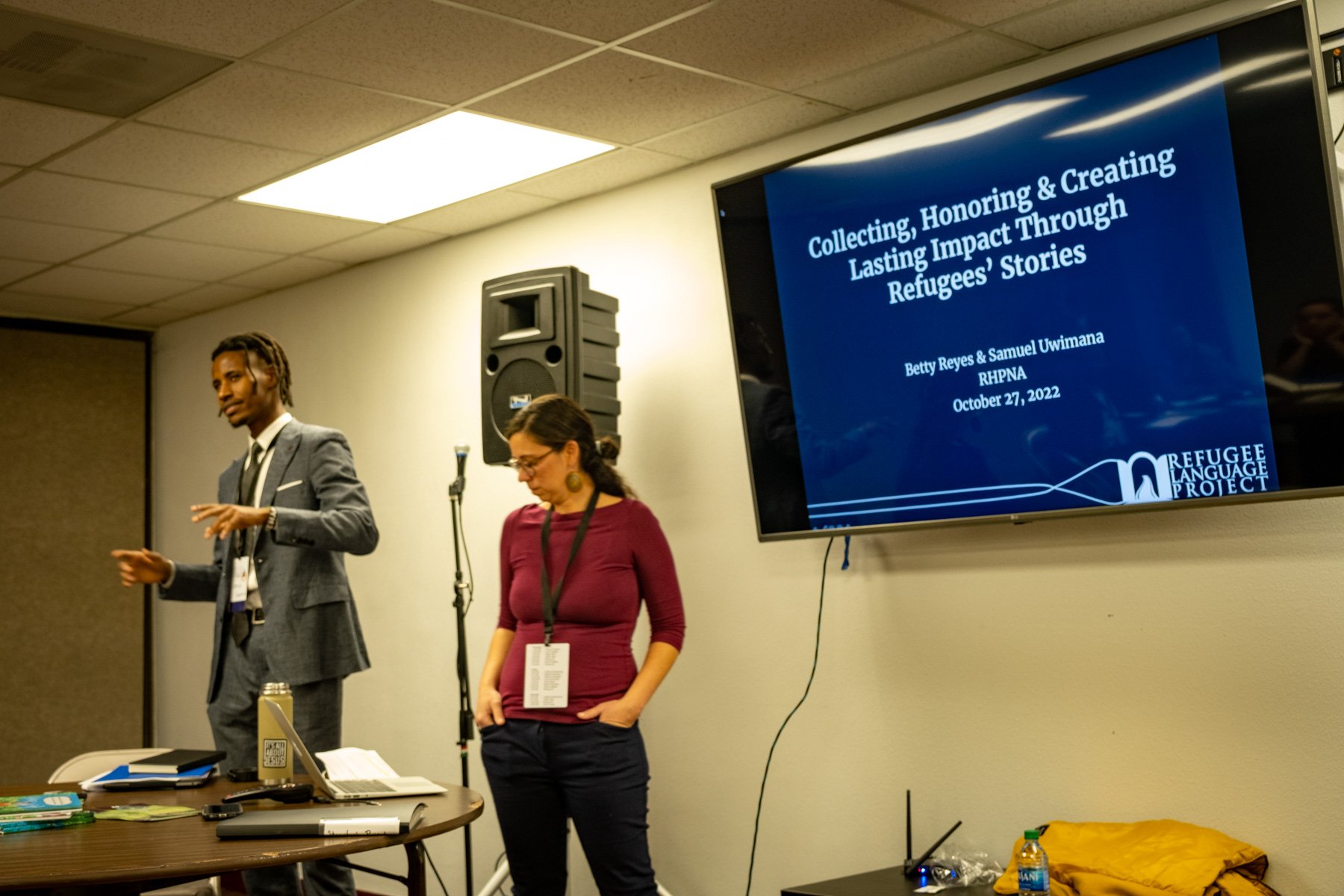
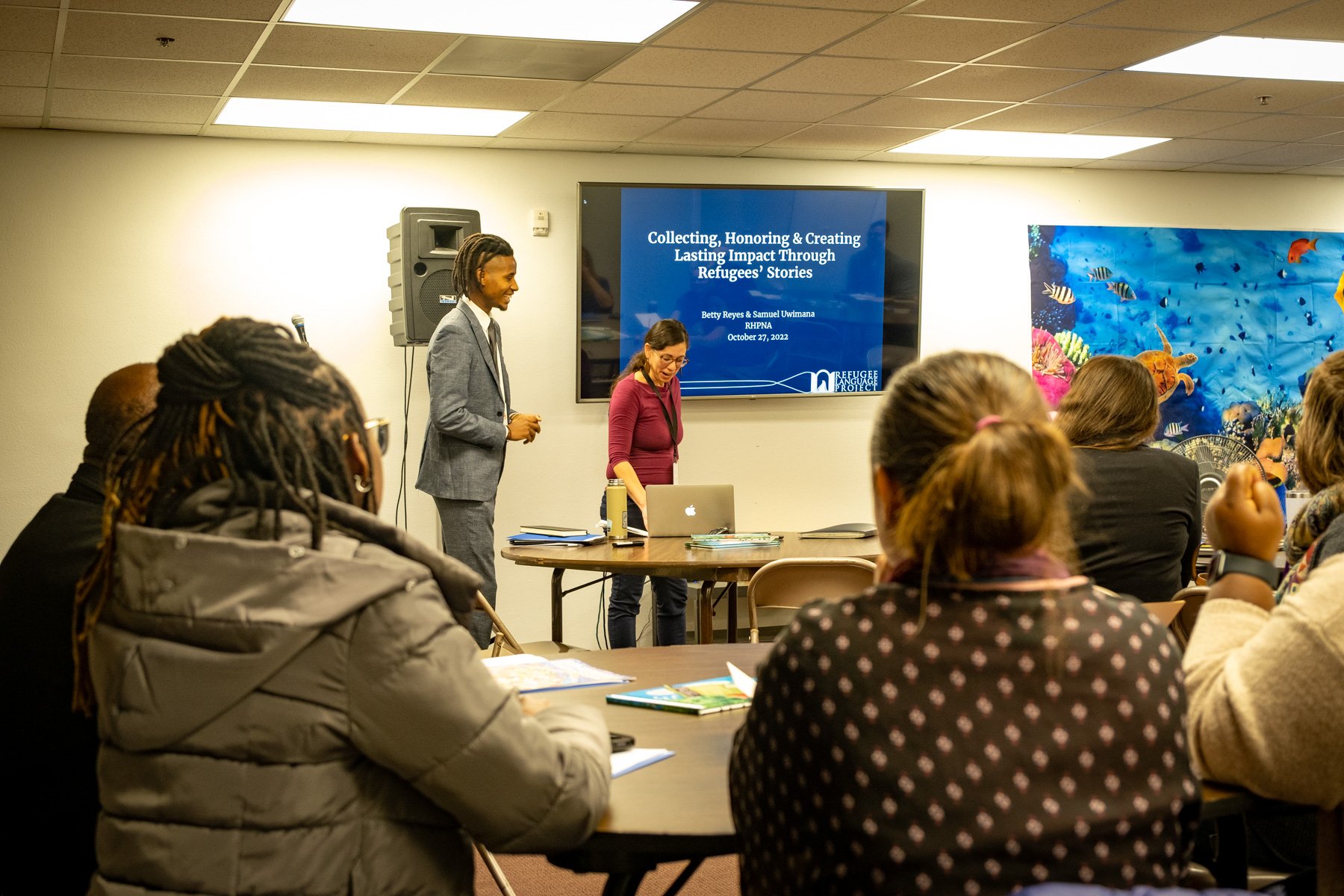

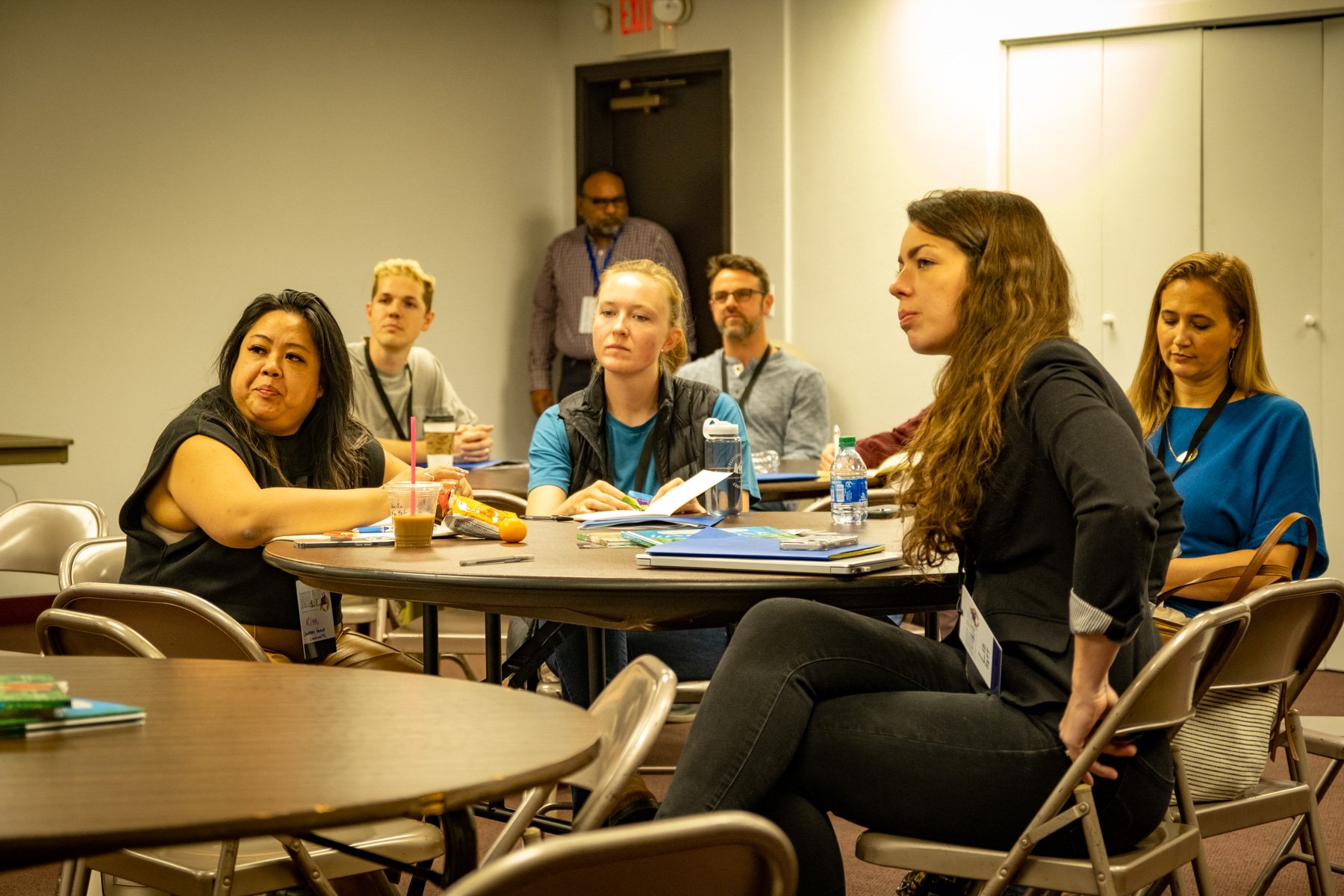
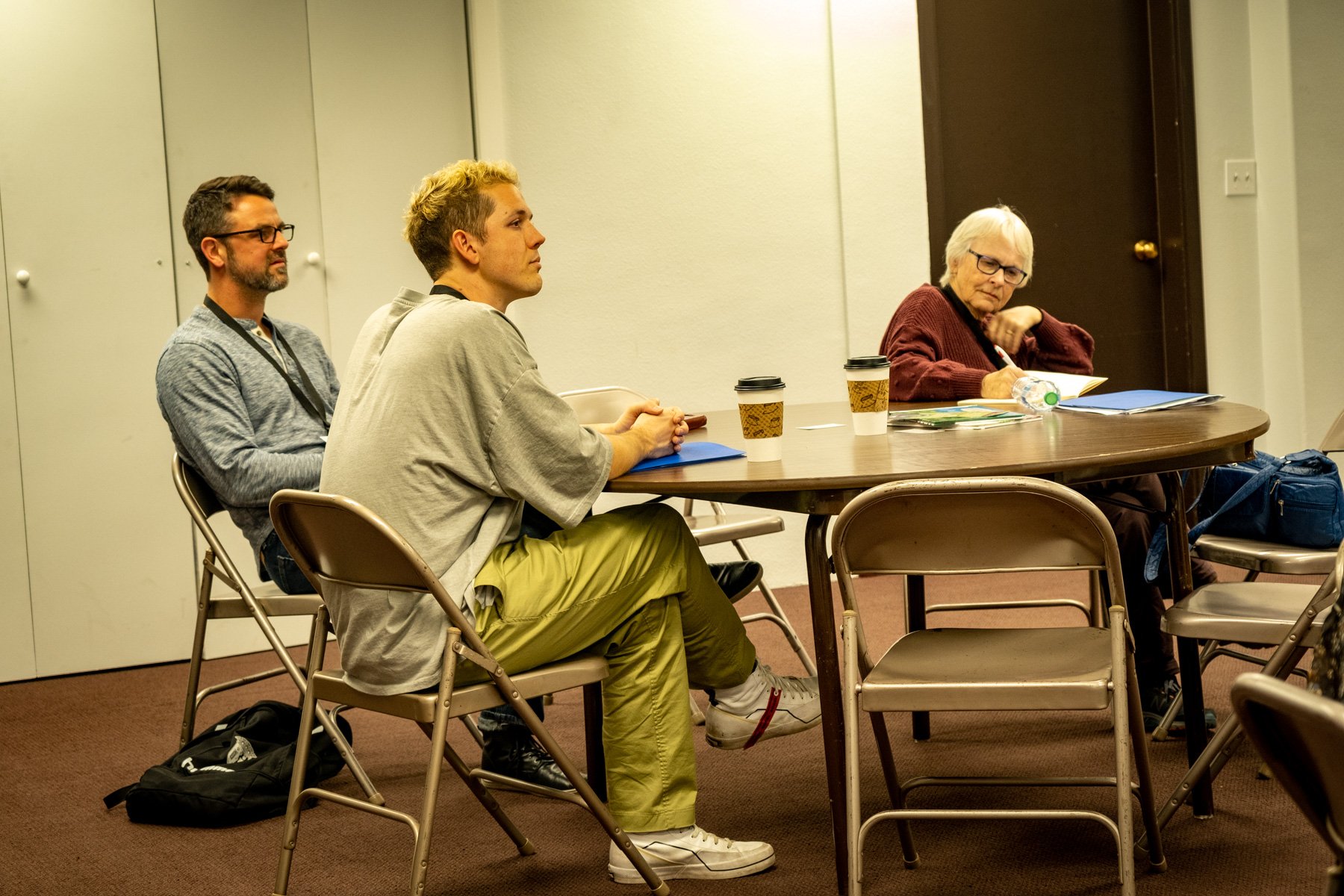
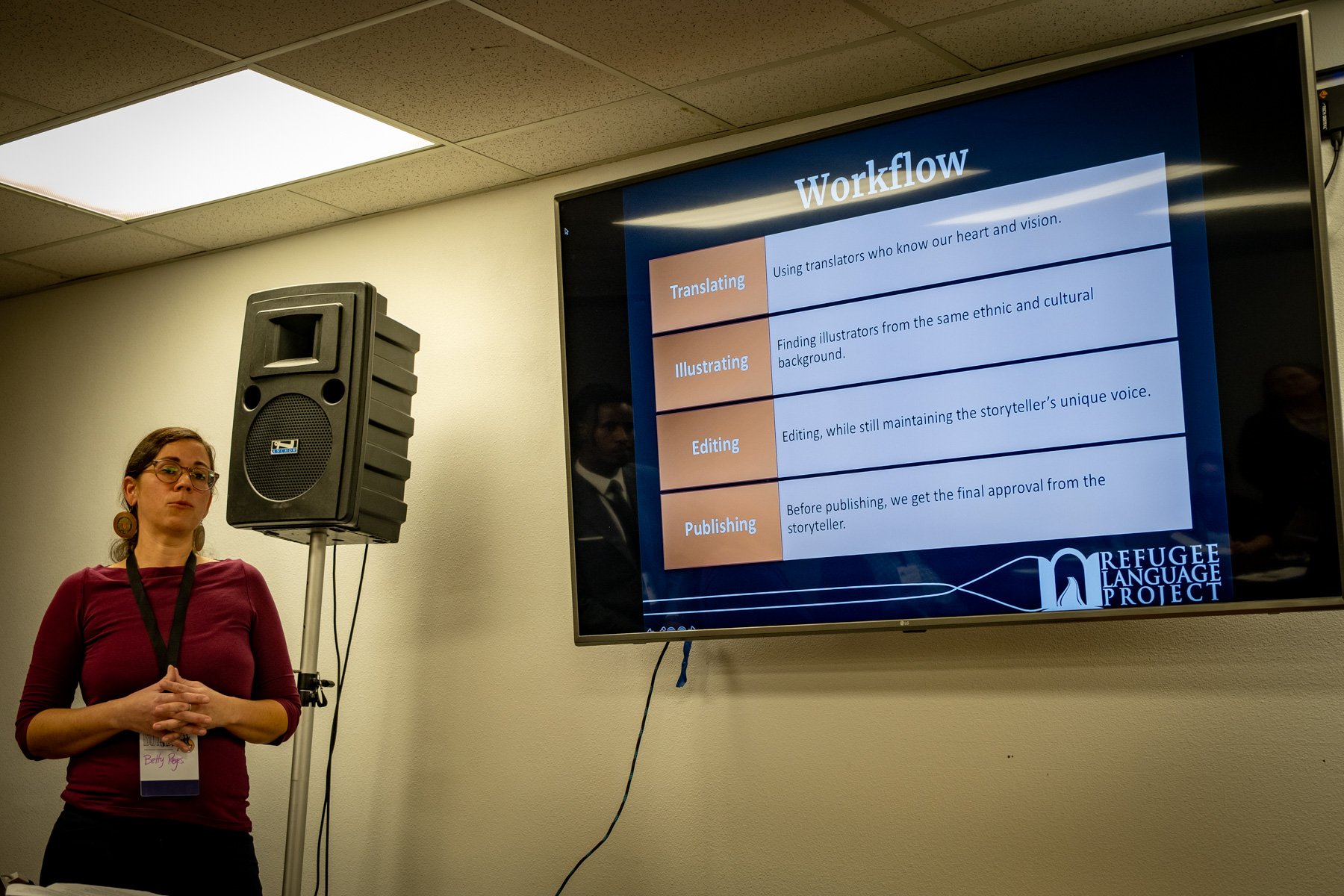
Saturday
Answering the “But What About…?” Mark Glanville & Anika Bauman
This table talk will provide opportunity to discuss the many "But what about..." questions that inevitably arise as we speak with our friends and church family about refugee welcome: "But what if they take our jobs?" "But what about the Canaanites? The Bible isn't always welcoming, it is?" At the start of the session participants will be invited to write down common questions they encounter. The group will spend some time reflecting on the various questions and categorizing them according to themes. Participants will then work together on helpful answers to the questions, learning from the wisdom around the table.
Photo credits: Brenda Webb (Instagram @BrendaMooreWebb)
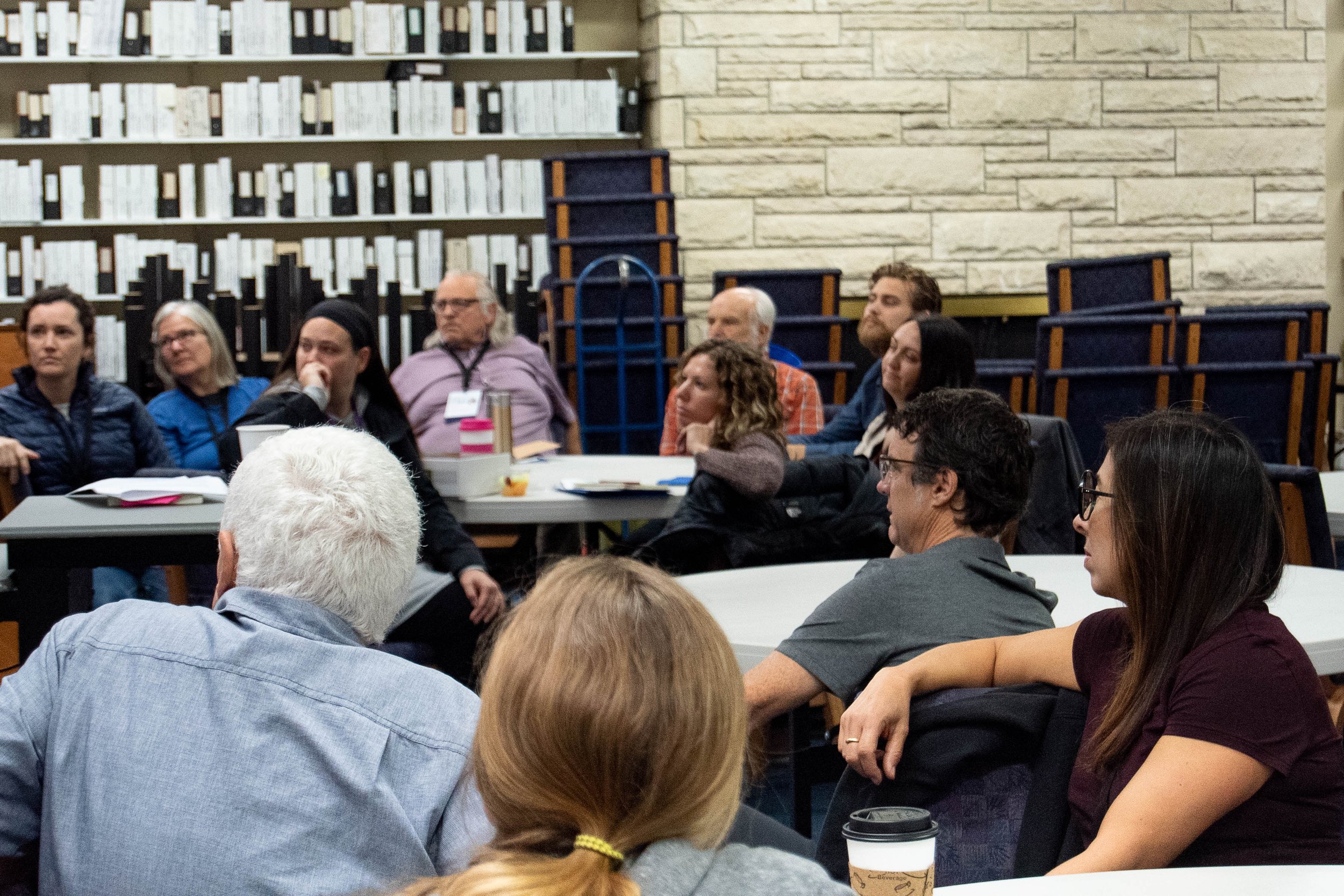
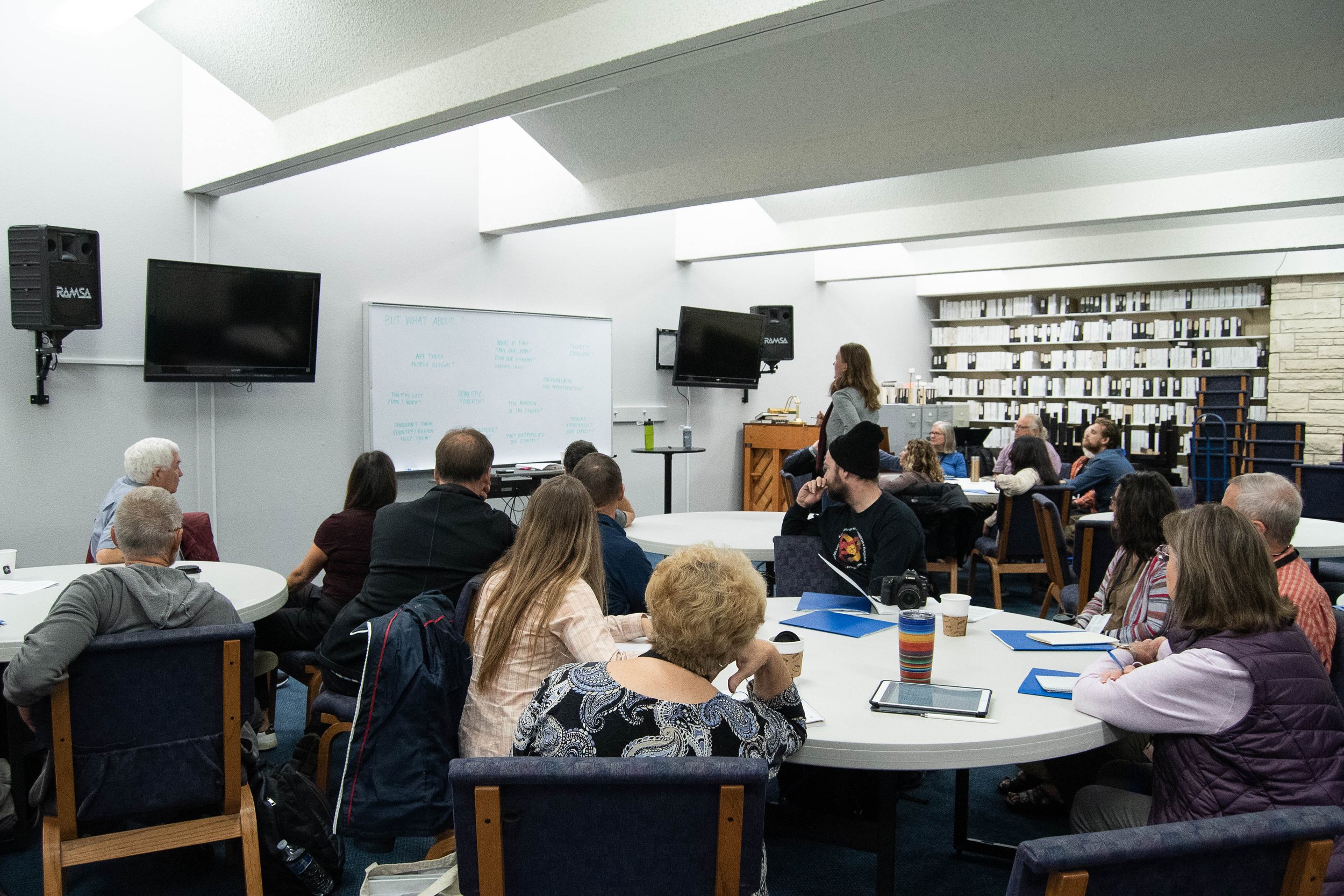
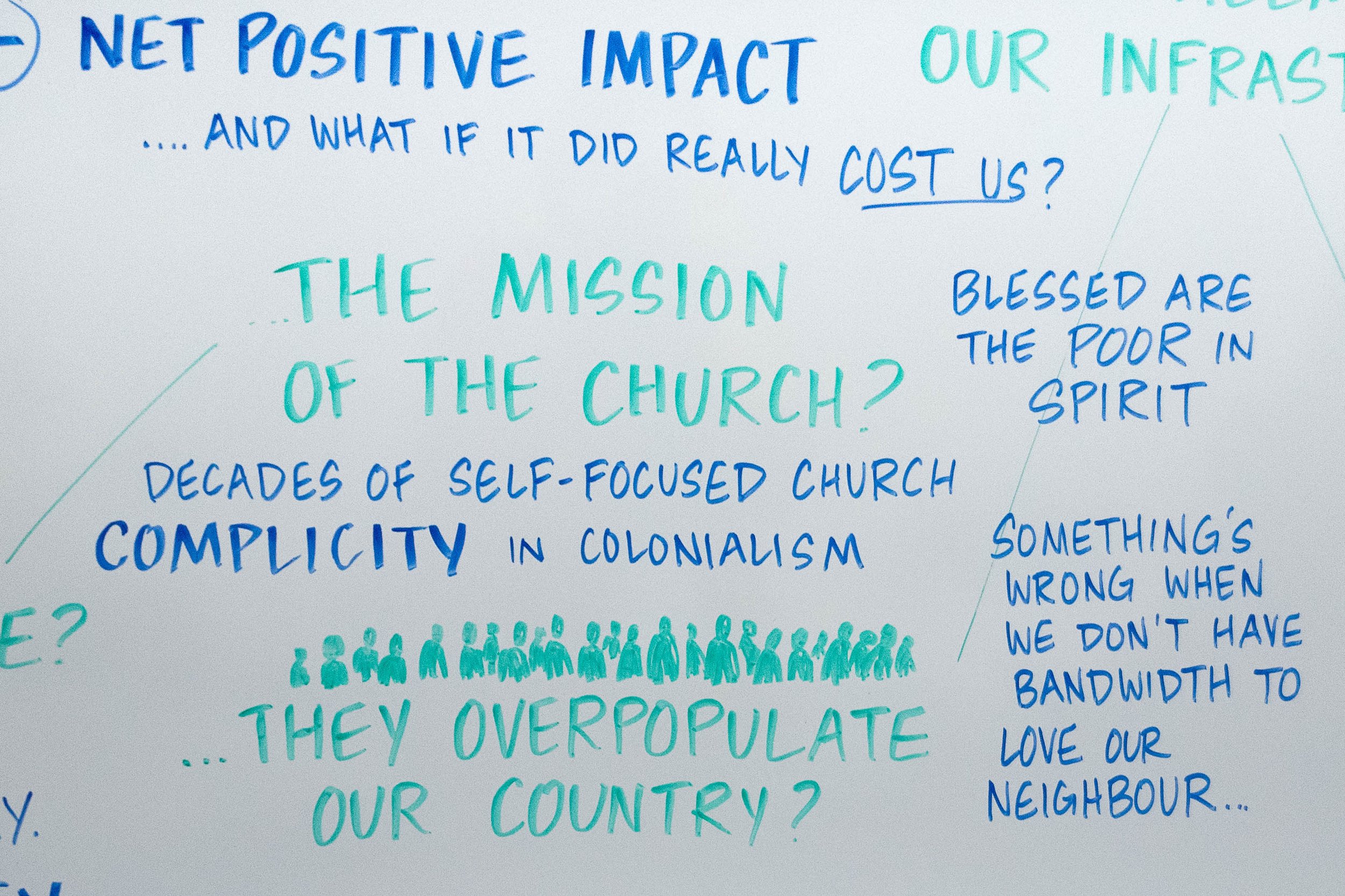
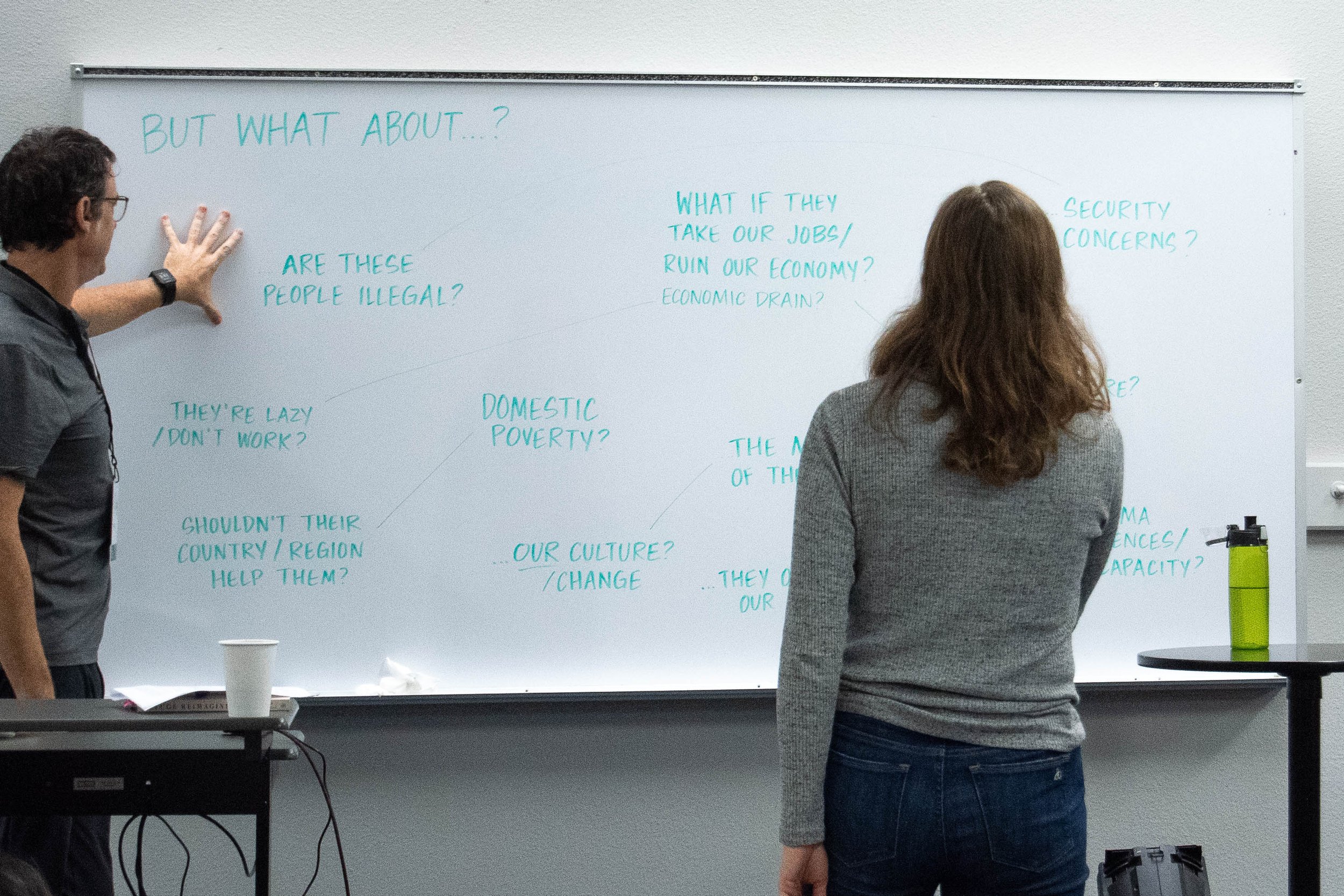
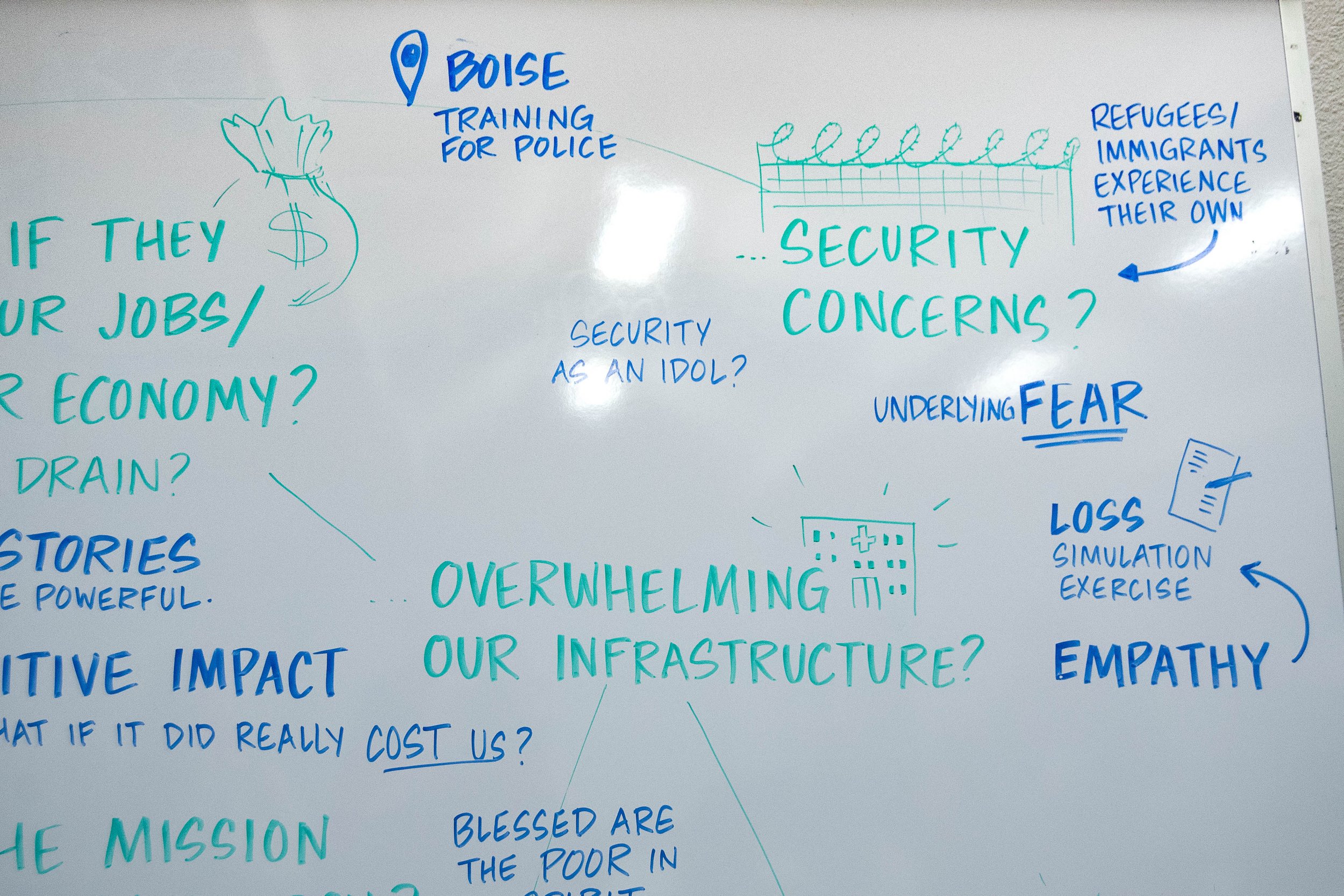
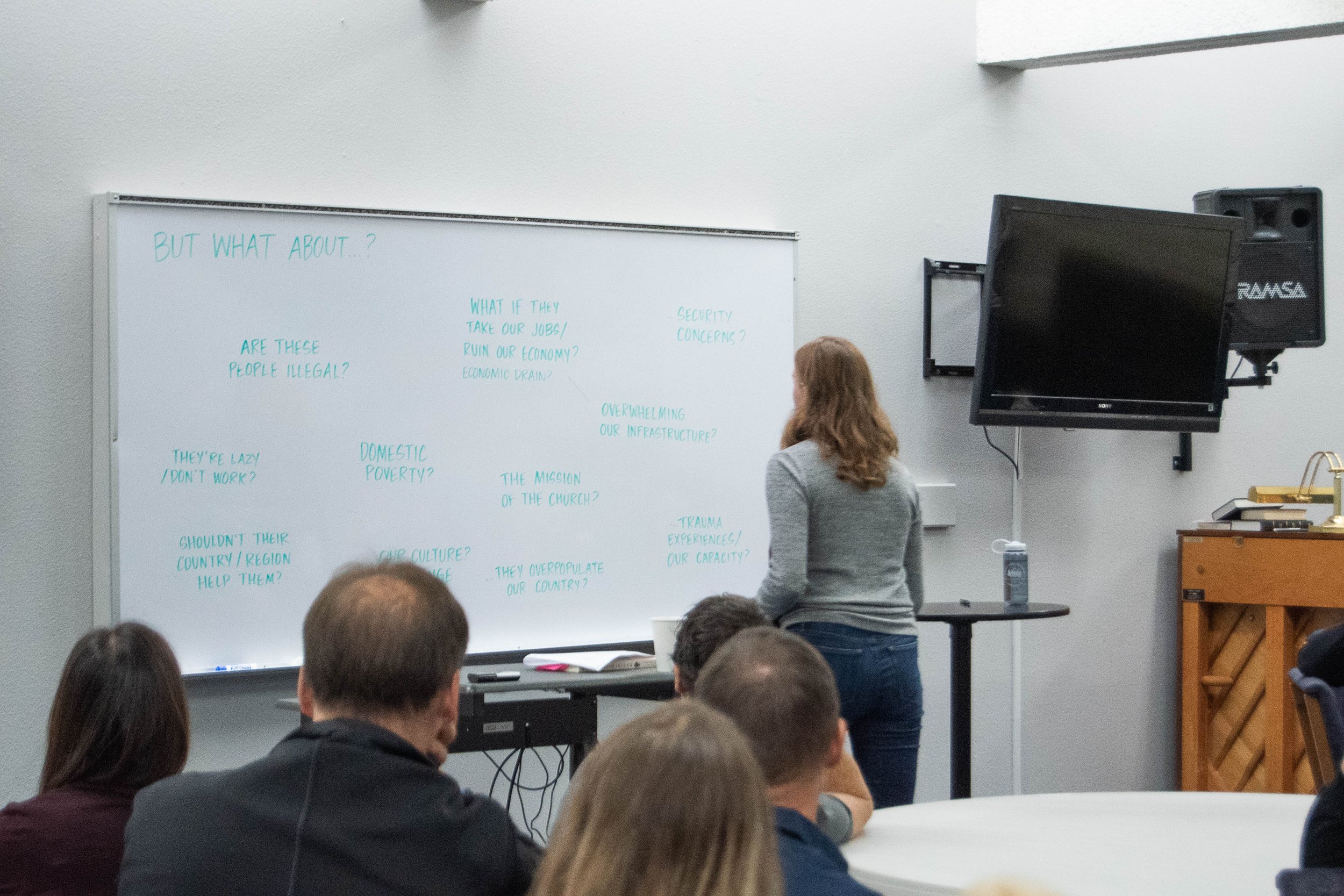
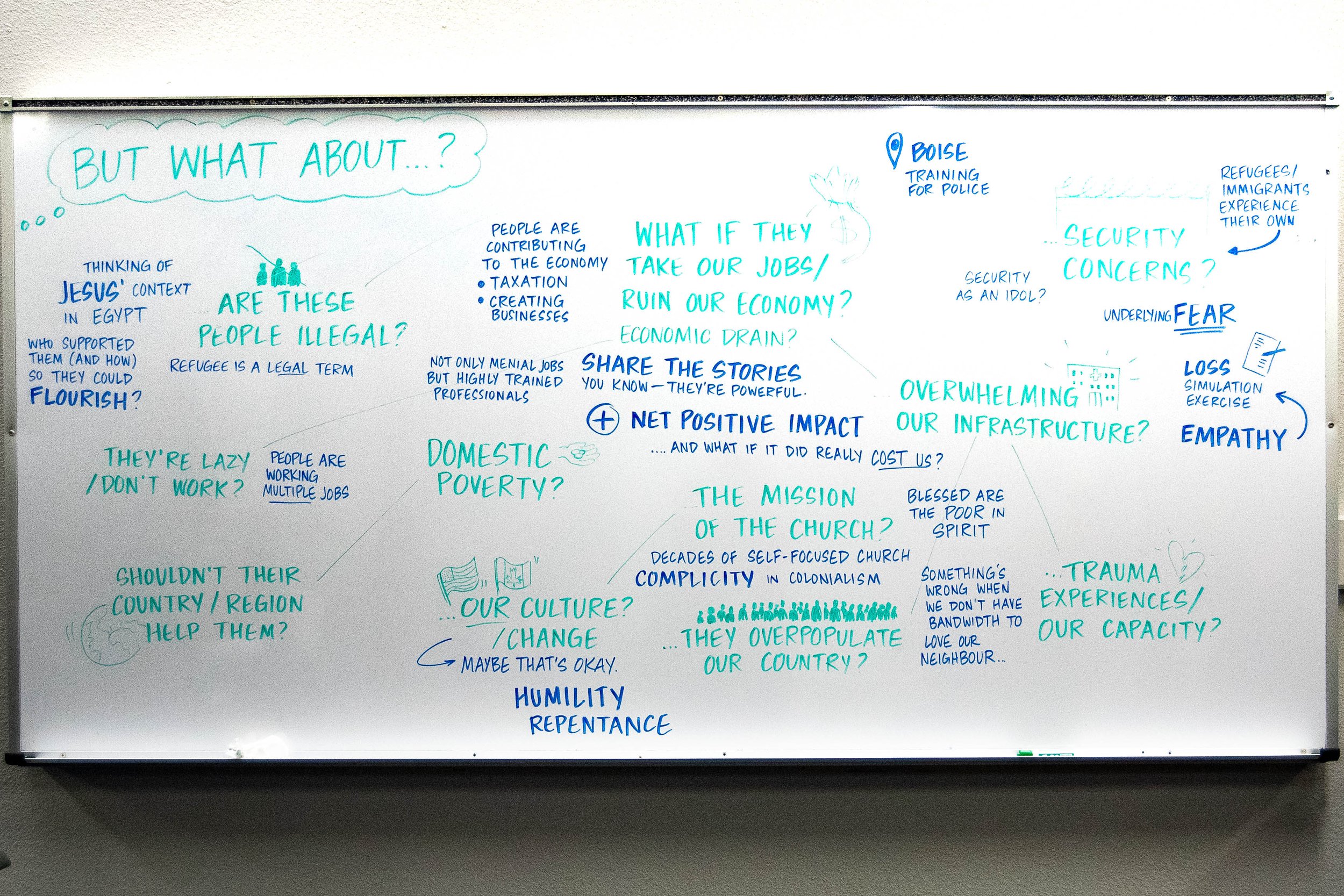


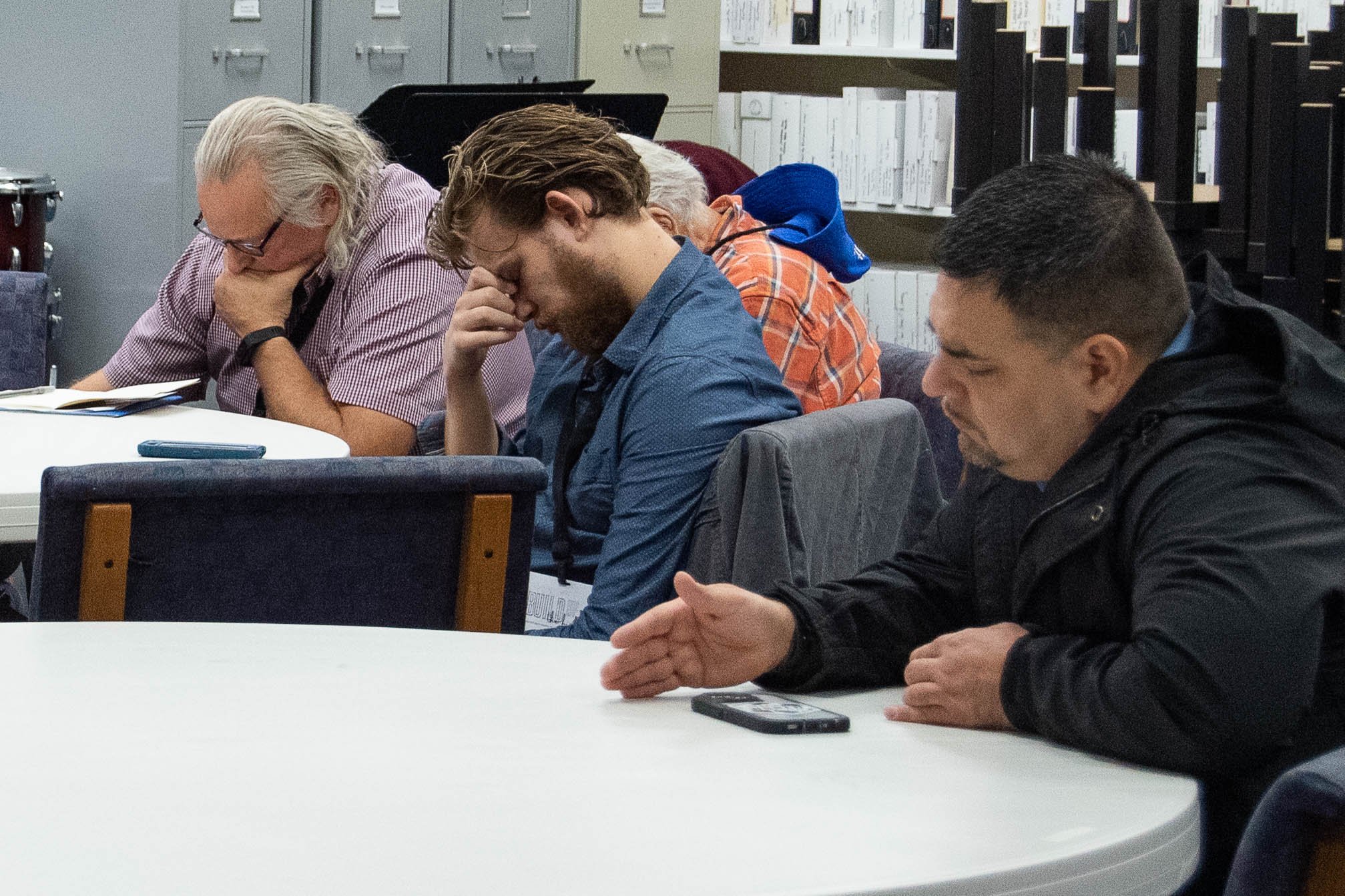
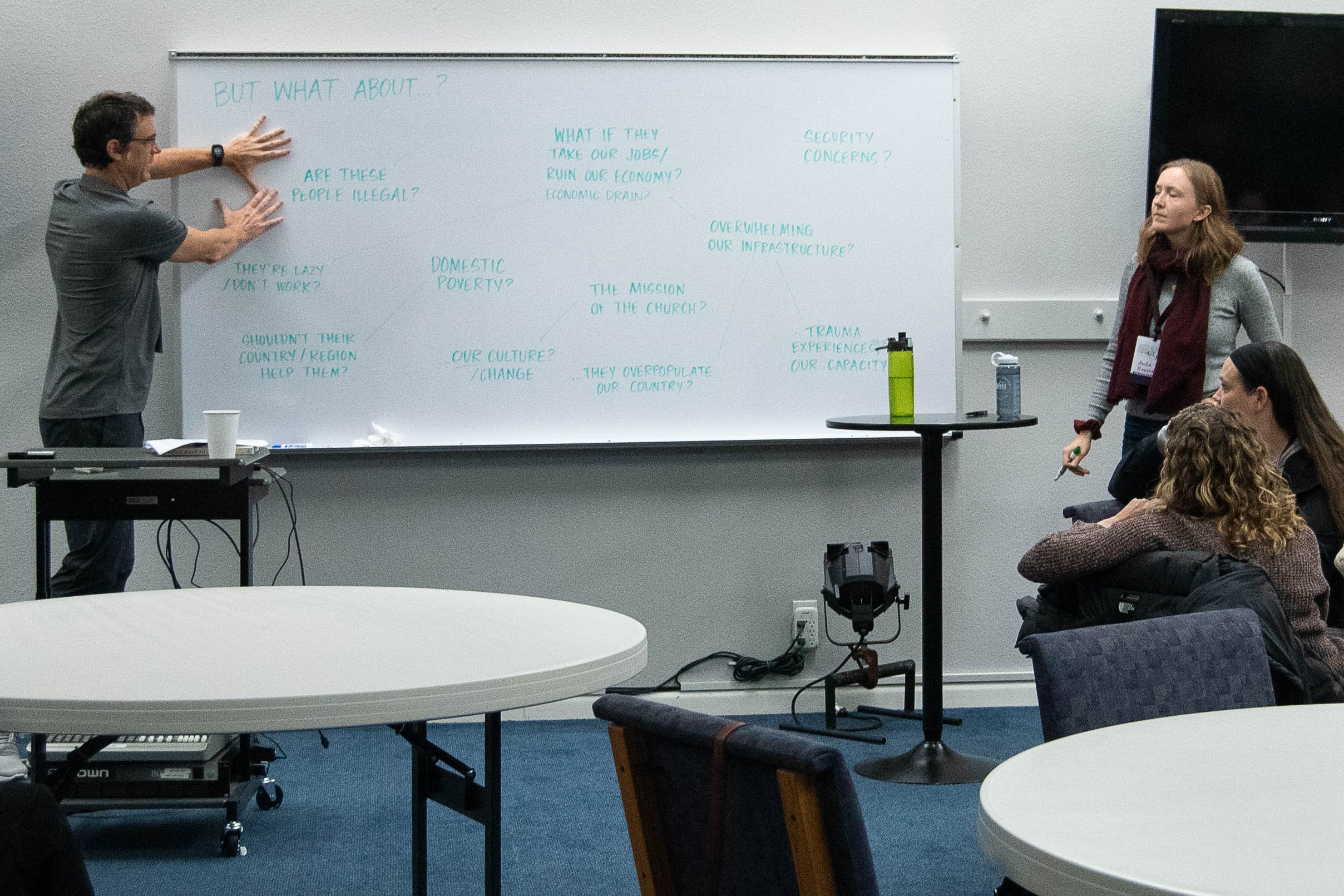
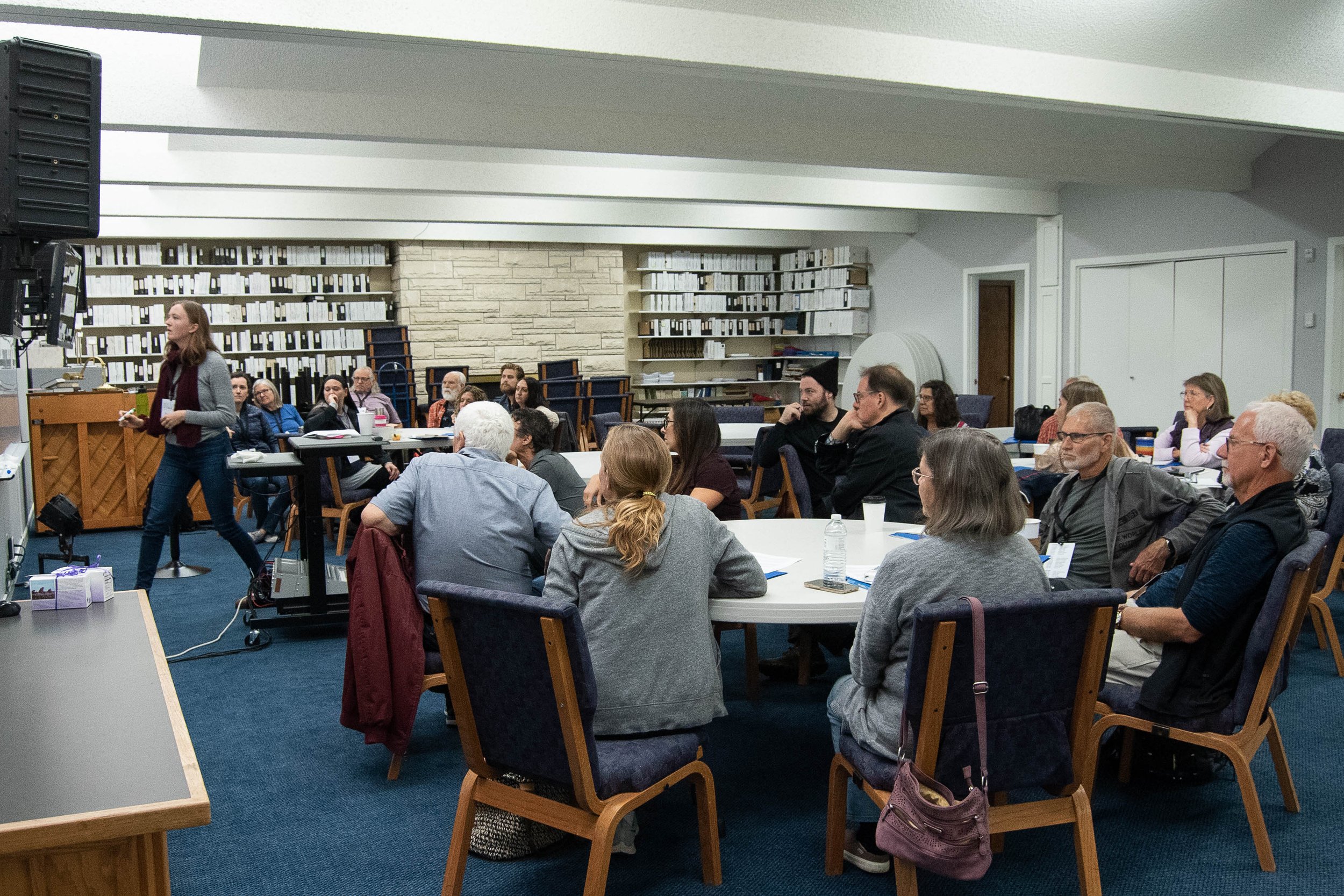
Forming Welcome Homes: Integration Services for Asylum-Seeking Families Tony Burrell & Jeni Burrell
In late 2019, 6 churches in South Chicagoland came together to partner with The Welcome Network to purchase a 3-unit converted home for asylum-seeking families. In partnership with these churches, the network began the trial-and-error work of coming alongside asylum-seeking families to help them take their next steps toward integration and independence. The Welcome Network believes that the 2 million asylum seekers in the United States represent our country's most vulnerable immigrant demographic. Some of these 2 million arrived with existing connections. Many did not. Coming alongside asylum-seeking families is a "one family at a time" concept. Though this may seem daunting, it also provides a scalable model for small, local communities who want to help come alongside and make a difference. Come and hear about a "Welcoming Home" model, and discuss ways you might be able to make a difference in your own community.
Turning Crazy Ideas Into Reality Ahshuwah Hawthorne
You are burdened by an issue in your community that other people seem to just ignore. You have an idea that you just can't get out of your head. You are involved in making a difference in your neighborhood but you can't seem to get others to join you. How do you go from a passion to make a difference to actually starting a ministry or organization that will make a lasting impact? How do you build a team? What is the best legal structure for your idea? How do you find funding? This is a table talk for people with crazy ideas who want to explore the best ways to make them a reality.
Relationship Model: Serving with Dignity and Mutuality Jody May, Katja Jablonski, Katie Fuhs
This Table Talk will explore ways to equip volunteers to build bridges of understanding as they engage in cross cultural learning and friendship. We will discuss a relationship model that can challenge volunteers to evaluate their perspective on their role and identity as they enter into a mutual relationship with refugees. Facilitators will focus on the ministry of presence and fostering empathy to serve with dignity and mutuality. Participants will have the opportunity to share and learn from each other about practical ways they are walking alongside refugees and fostering mutual friendships.
Creating a Bridge of Welcome to Afghans Maria Peterson
The Afghan crisis of 2021 produced the largest migration group to be quickly relocated and processed in the USA. Over 100,000 Afghans have arrived on US soil and another 100,000+ will arrive in the next few years. This crisis and relocation effort has stretched and overwhelmed the existing system which has created unique needs and opportunities. Please join us to: learn about Bridges USA (a national platform to equip and network those who are involved in Welcoming ministries to Afghans), share knowledge and resources, and discuss ways we can collaborate to bless and support Afghans.
The Impact of Trauma-Informed Self-Defense on Refugees Aimee Selby
This talk will explore the process, benefits, and challenges of teaching trauma informed self-defense skills to refugees, through the lenses of trauma research and the facilitator’s personal experience. Gender based violence is a persistent threat in camps, resulting in many female refugees being traumatized by assault or the fear of future attacks. Trauma from physical or sexual violence can be stored in the muscle memory of women and children, greatly impacting their wellbeing, especially if they felt trapped or unable to defend themselves during the attack. Practicing trauma informed self-defense skills can help survivors replace the neural memories associated with being trapped or victimized with new neural experiences of successful defense, dramatically supporting positive coping and healing. With proper care exercised to prevent re-traumatizing participants, trauma informed training can be an effective strategy for preventing future attacks as well as healing from past trauma.
Posture Matters: Guests at God’s Table Rachel Uthmann
Why are you here? What motivates you in this important but challenging ministry? Being clear about the why underneath your ministry is crucial. In work with seemingly endless need and pain, establishing a clear and healthy motivation is a significant step in preventing (or healing) burnout. Maybe even more importantly, pausing to examine the why behind the work can keep good intentioned helpers from turning their neighbors into objects or projects. This table talk will address common motivational pitfalls in establishing life-giving and sustainable ministry with and among forcibly displaced people.
Church Mobilization & Volunteer Engagement Jean-Pierre Gatera
When we discuss refugees, we need to have a big-picture understanding of those who are trapped in refugee camps in different countries around the world, as well as those in our own neighborhoods still looking for a place to belong. The church should be the first institution eager and willing to engage. While many nonprofit organizations are doing their best to respond, the church has a unique role to play. The UNHCR High Commissioner indicated in his 2022 Refugee Day Address: ”Whoever you are. No matter where you come from. Every one of us can make a difference. Every action truly counts.” -Filippo Grandi. I believe the church can answer this call the same way Paul answered the call from Macedonia to “cross over to Macedonia and help us!” (Acts 16:9). Collectivity is urgently needed.
Where is ‘Here’? Paying Attention to Histories of Displacement and Resilience in the Places Where We Live SJ Holsteen
"It could have happened anywhere, but it happened here." SJ Holsteen heard a commentator say this in the wake of George Floyd's death in May 2020. Experiencing the Minneapolis-St Paul uprising up-close while living with women seeking asylum, Holsteen was compelled to recognize her own ignorance to the histories of her St. Paul neighborhood. She began to ask, “Where is ‘here’?” with a more critical curiosity. In this Table Talk, we’ll begin to ask these questions of our own places of ministry and residence. How do we recognize and reckon with the various layers of displacement and oppression that have shaped North American communities and churches? What steps do we take to honor and learn from the stories of survival, resilience, and brilliance that reside in the particular peoples and lands where we have settled? What does solidarity with the forcibly-displaced in North America truly mean?
Saturday Table Talks, Plenary & Food Carts
Photo credits: Tim Cowley (Instagram @timcowleypdx)

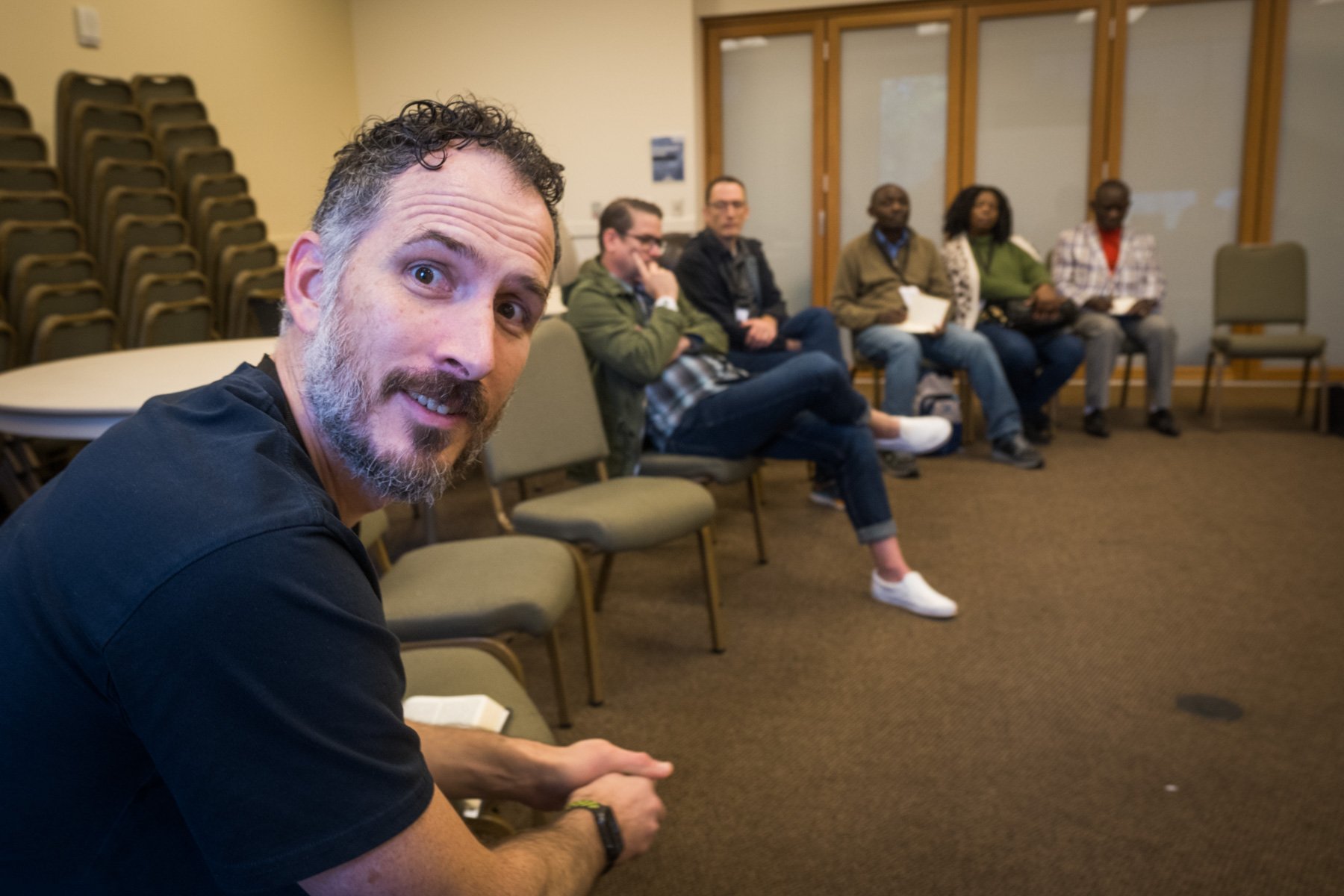
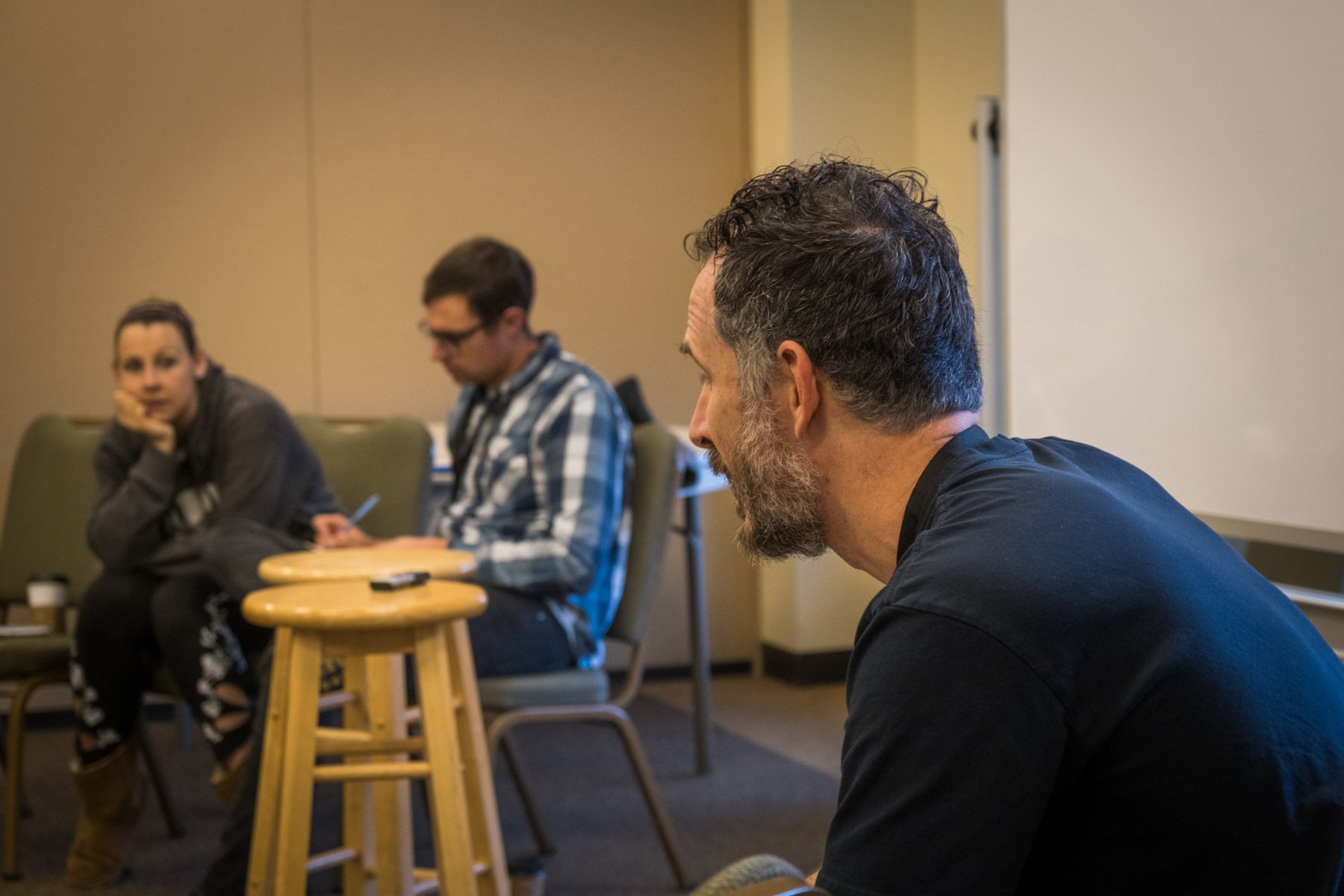

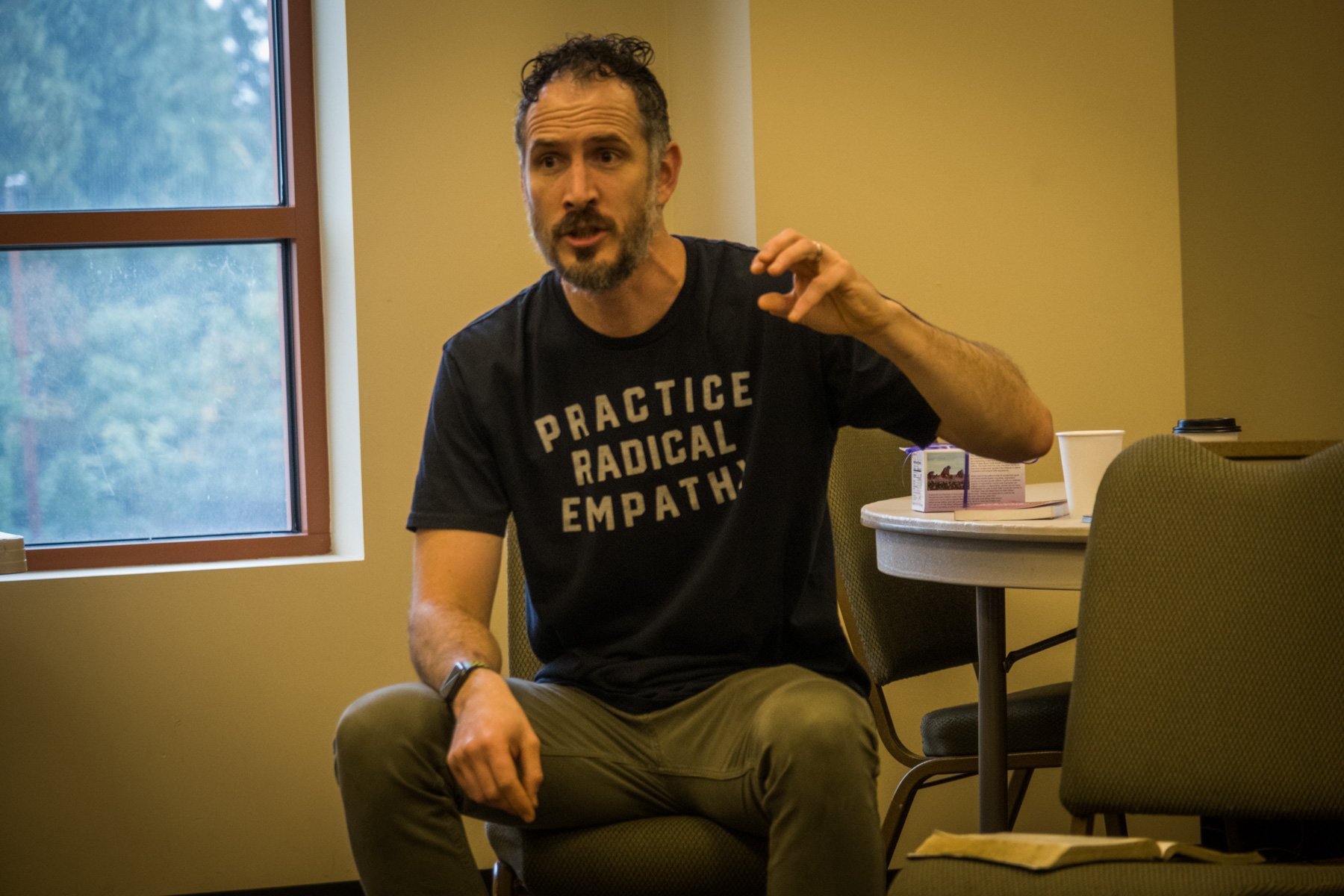
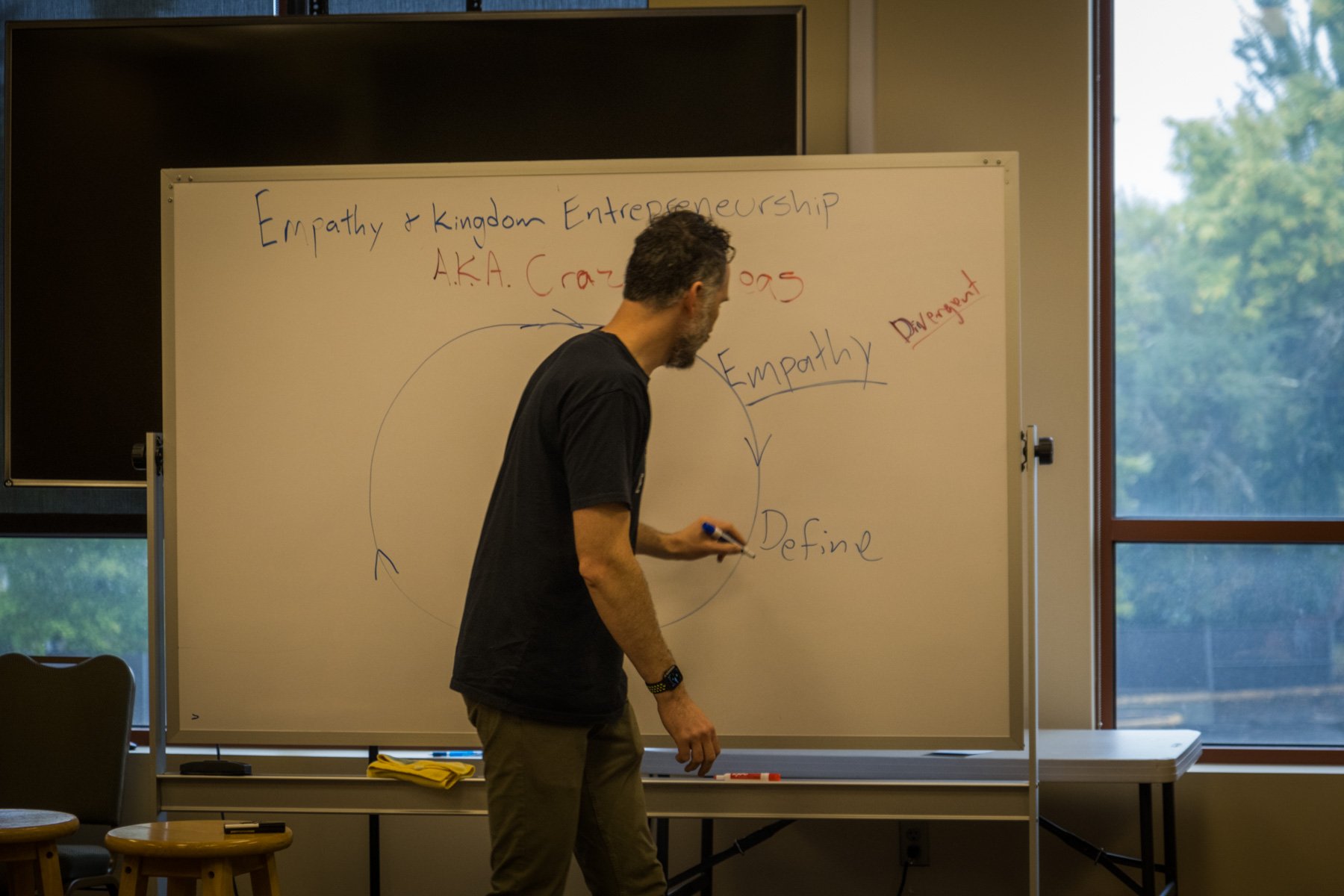
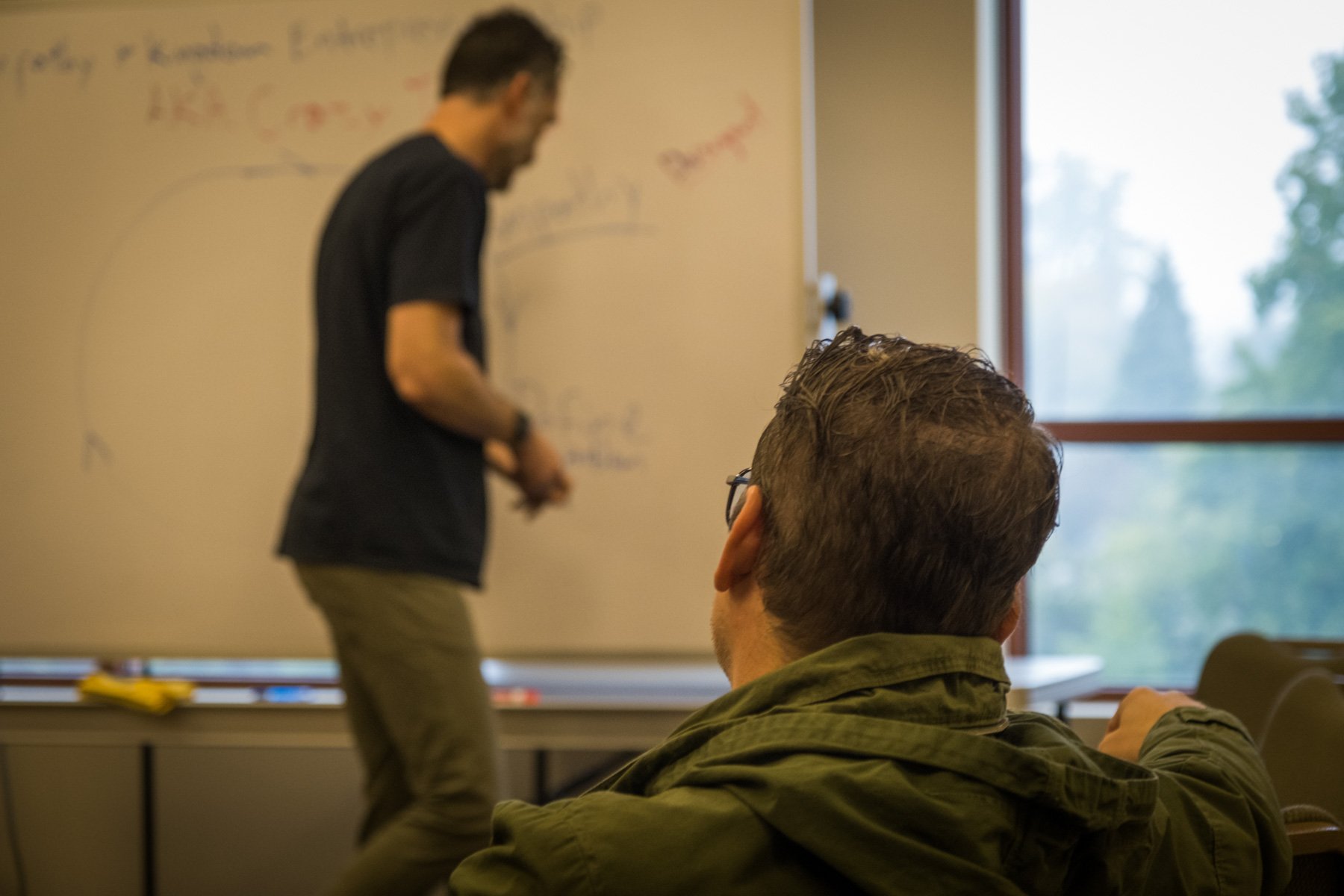
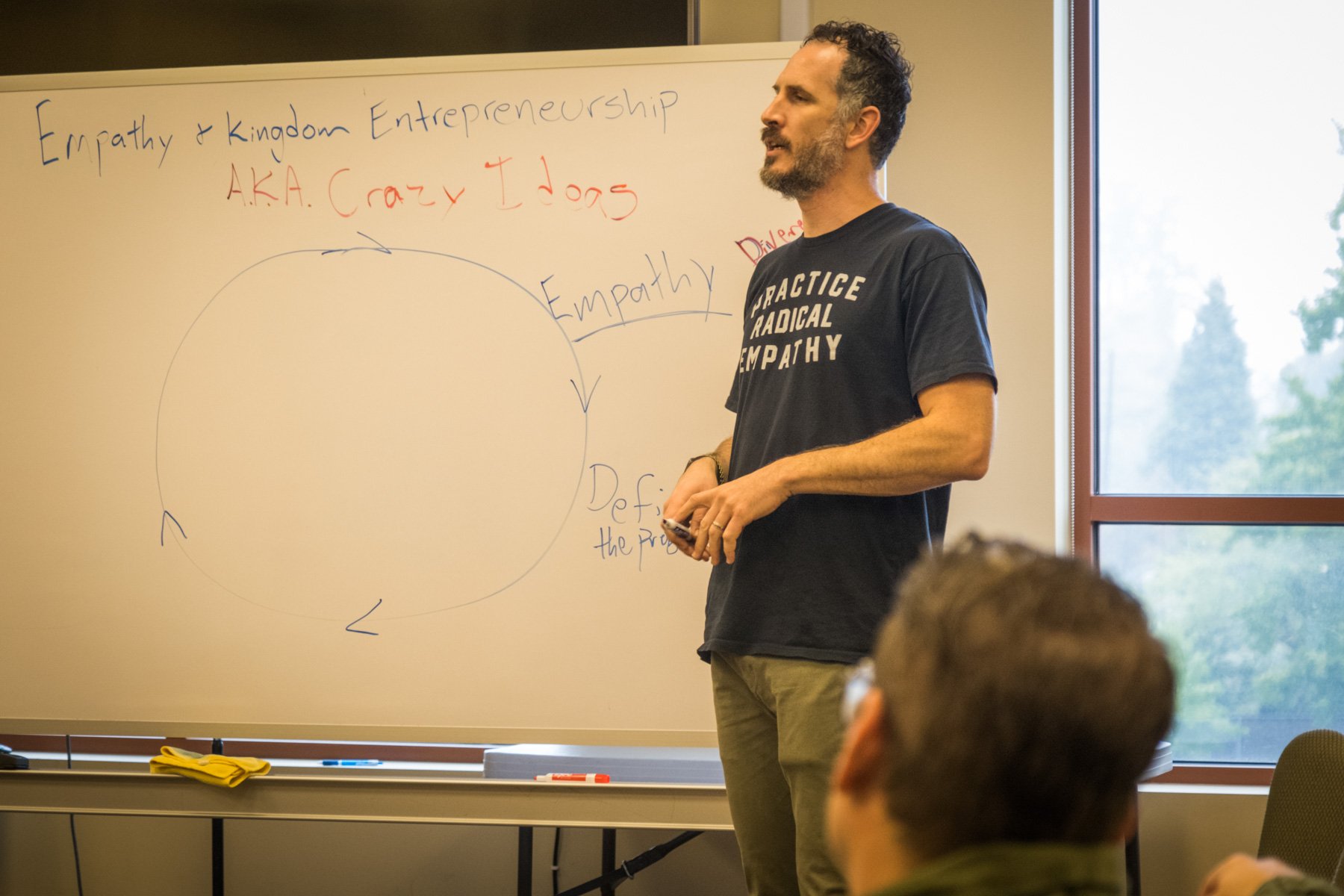
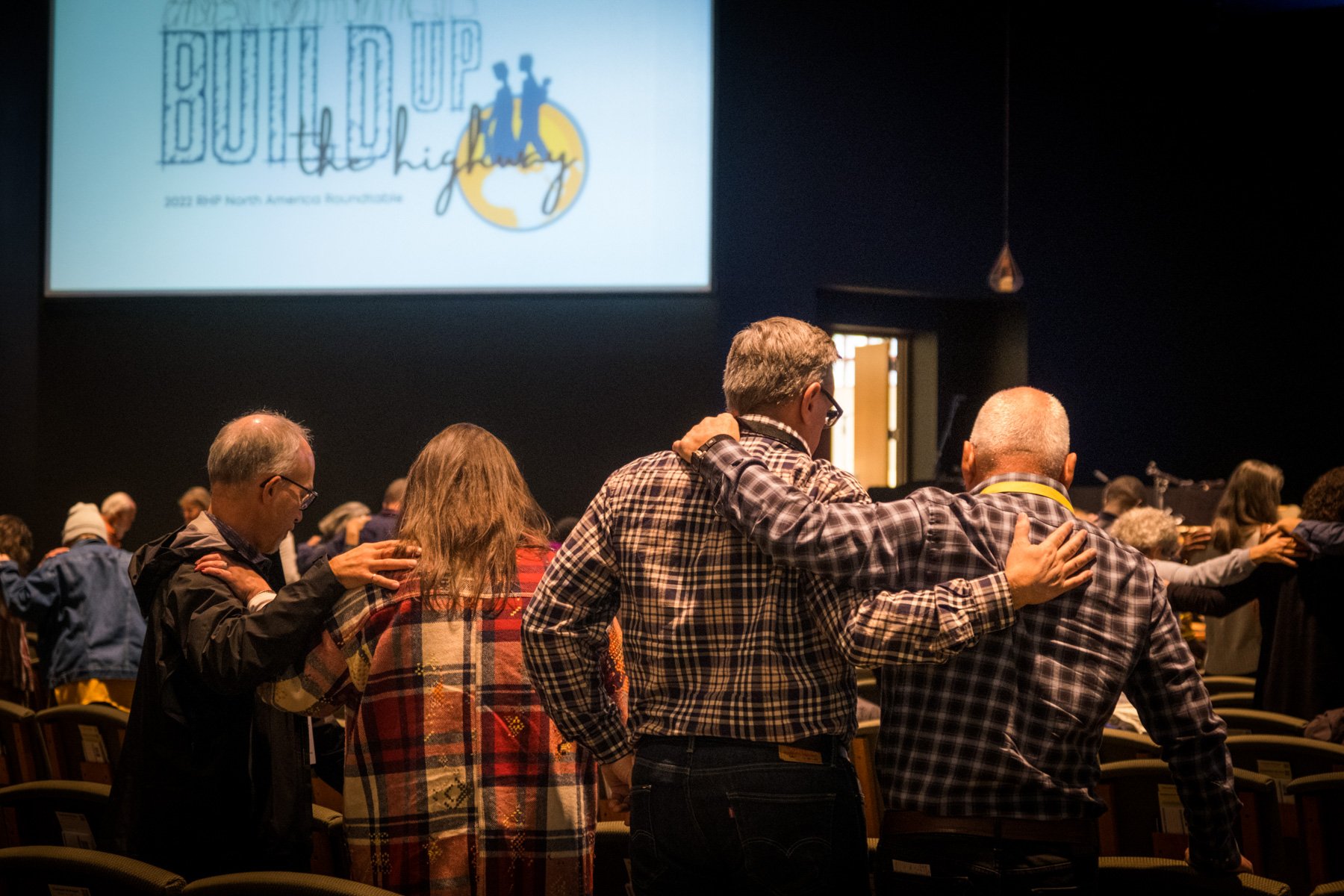
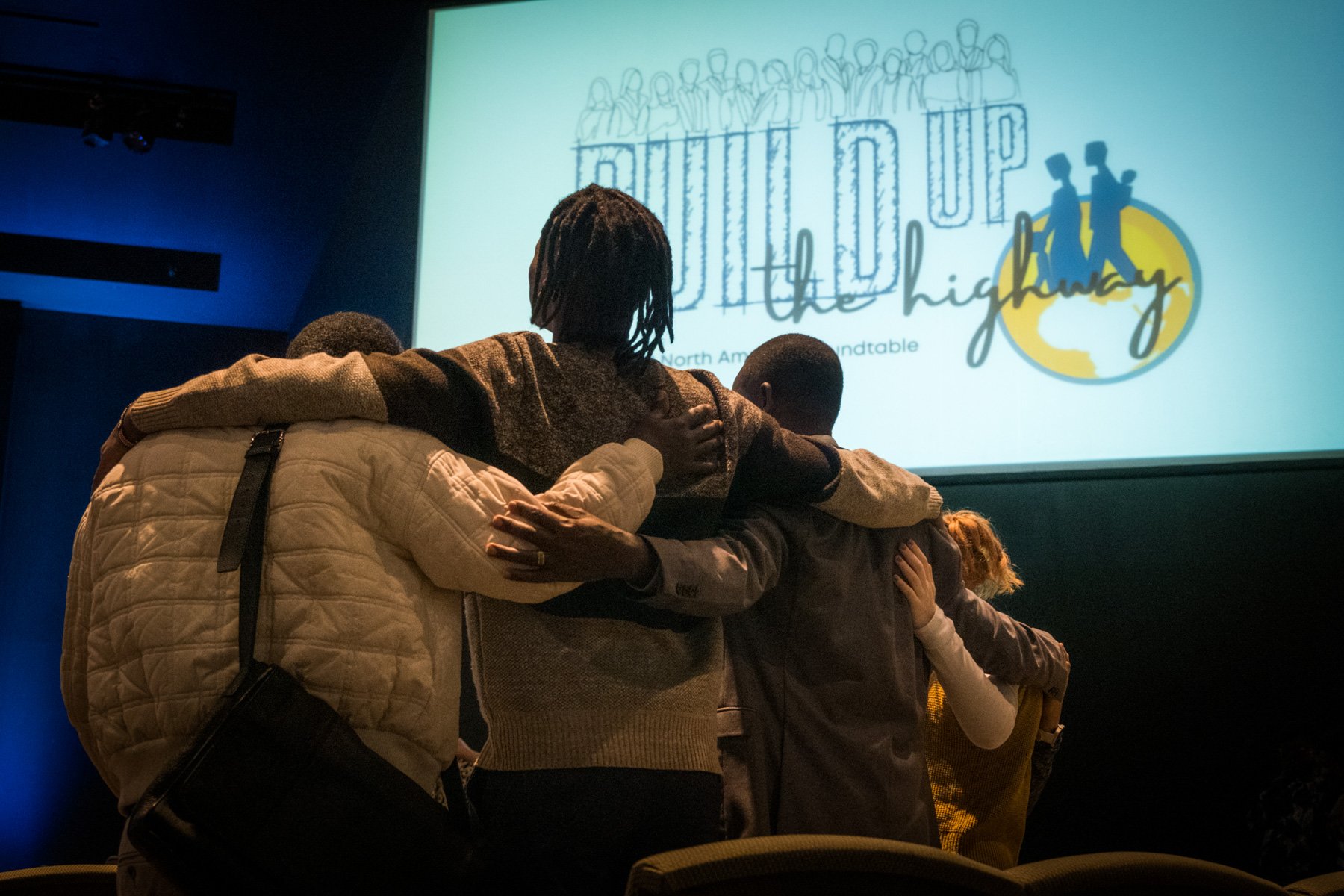
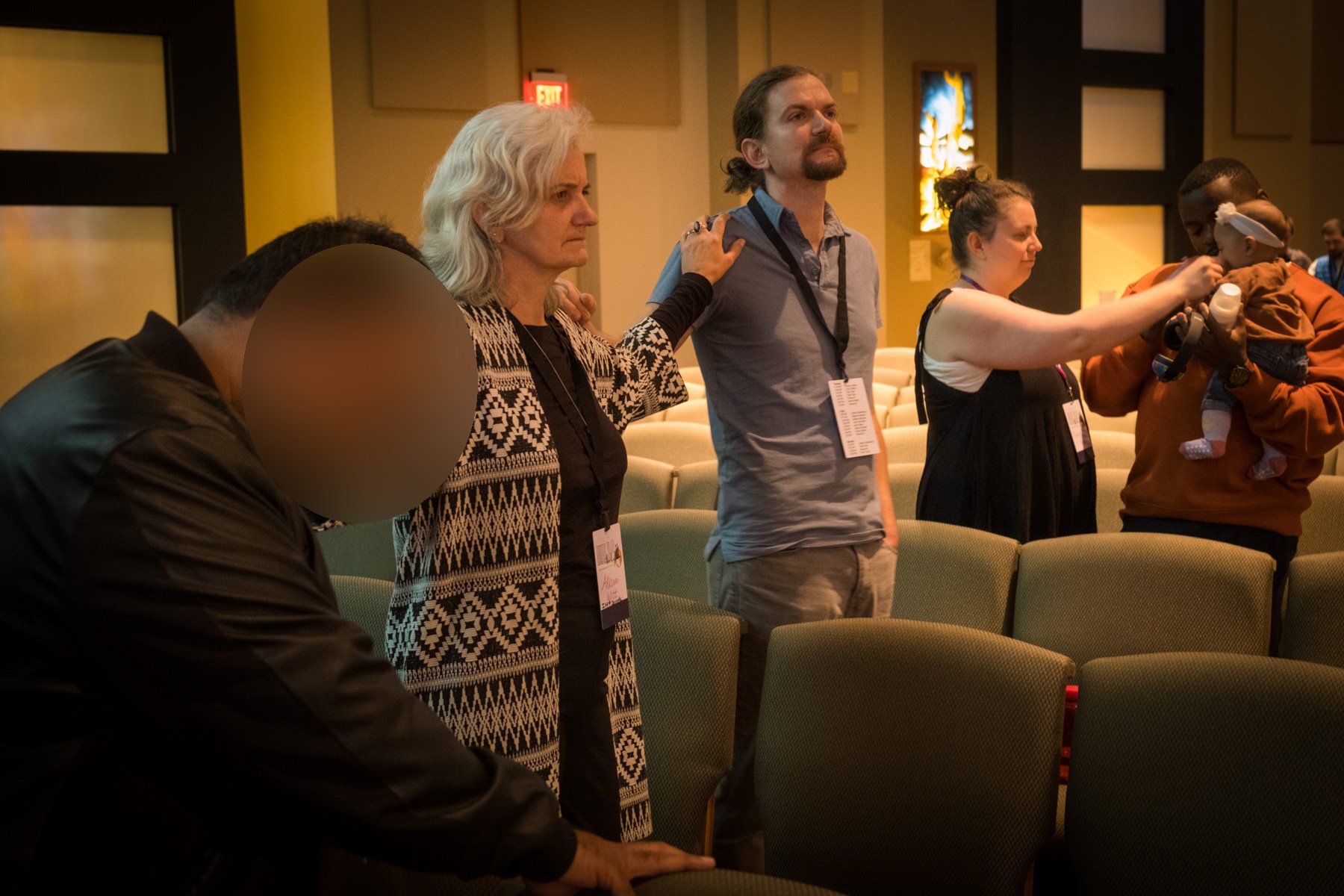



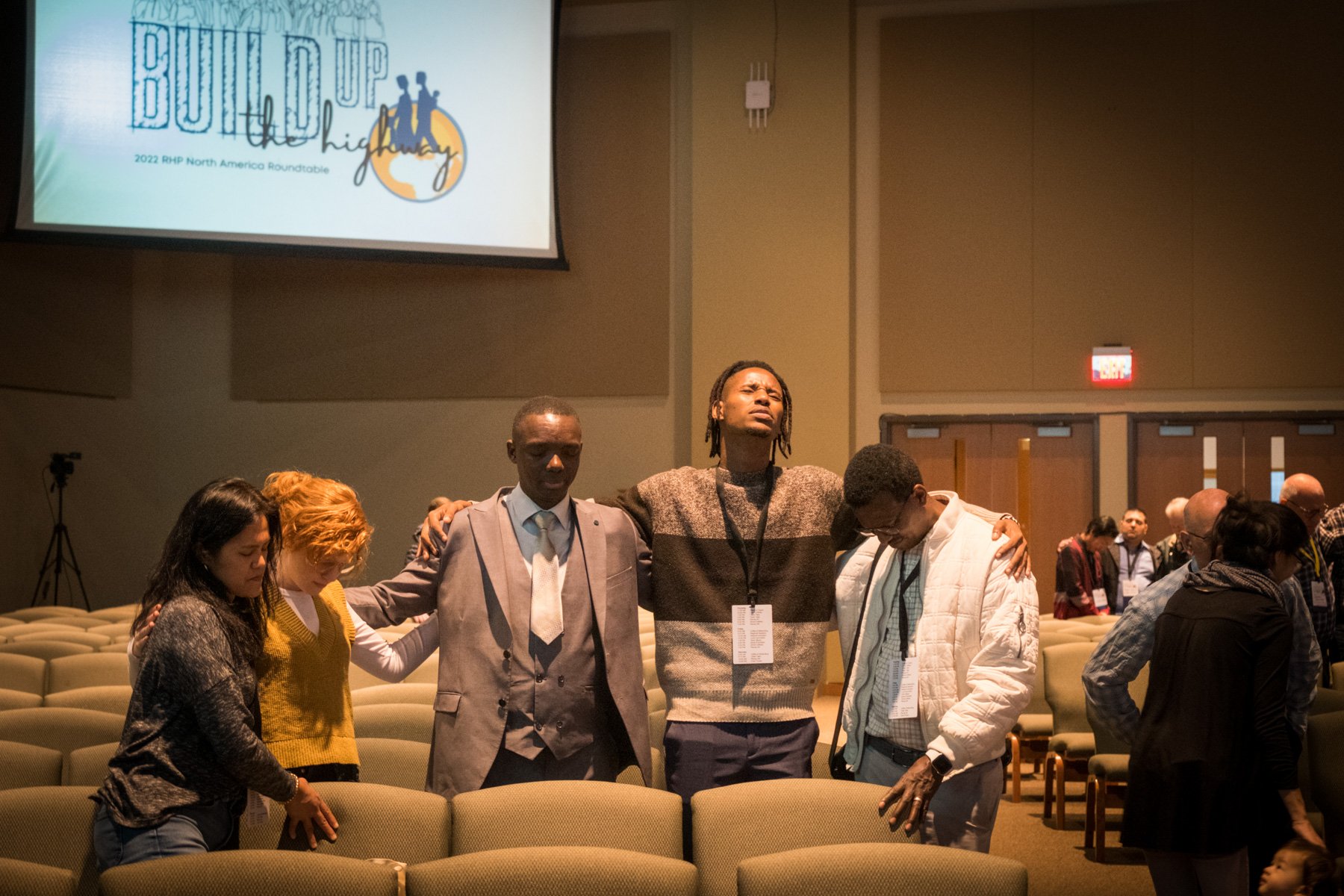
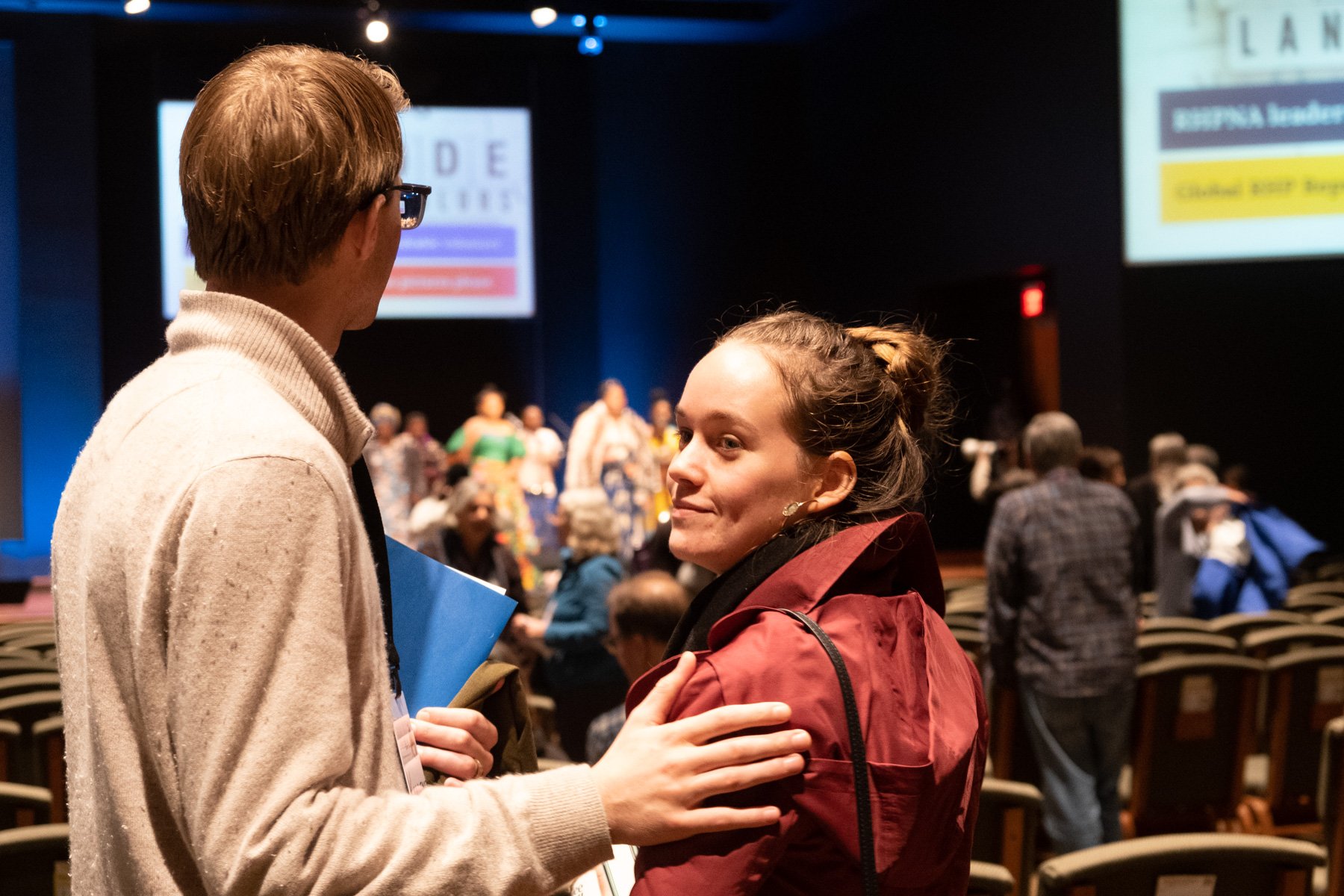


Plenary Slideshow/Announcements
Open Space Technology Introduction
Please familiarize yourself with this style of fostering discussion as we will be using this technique during the roundtable.
Why do we call it a Roundtable?
Please note that ROUNDTABLES are LARGER gatherings intended for practitioners from all over North America. WE OCCASIONALLY OFFER SMALLER ONE-DAY REGIONAL EVENTS based on geographic proximity.
The Refugee Highway is the journey that displaced people make, forced to leave home and hoping to find a new home. The Refugee Highway Partnership is a network of Christians, churches and organizations who have found common cause in the call of Jesus to “welcome the stranger” and extend hospitality to those in need.
The Roundtable is where we gather -- the table is Round because we’re in this together and need one another’s voices. It’s a place of inspiration, learning, sharing, and equipping. It is a space where diverse ministries, services, and individuals find one another in order to bring about action that would please the heart of Jesus, as He sees us welcoming the stranger in our midst and showing the mercy that He first offered us.
It is important to us that the roundtable is accessible for everyone who is interested and committed to full participation.
Past roundtables have been held at: 2019 Toronto, ON | 2018 Chicago, IL | 2017 Dallas/Fort Worth, TX | 2016 Toronto, ON | 2015 Atlanta, Georgia | 2014 Phoenix, AZ (promo video) | 2013 Vancouver, B.C. | 2012 Minneapolis, MN | 2011 San Francisco, CA | 2010 Toronto, ON | 2009 Chicago, IL













